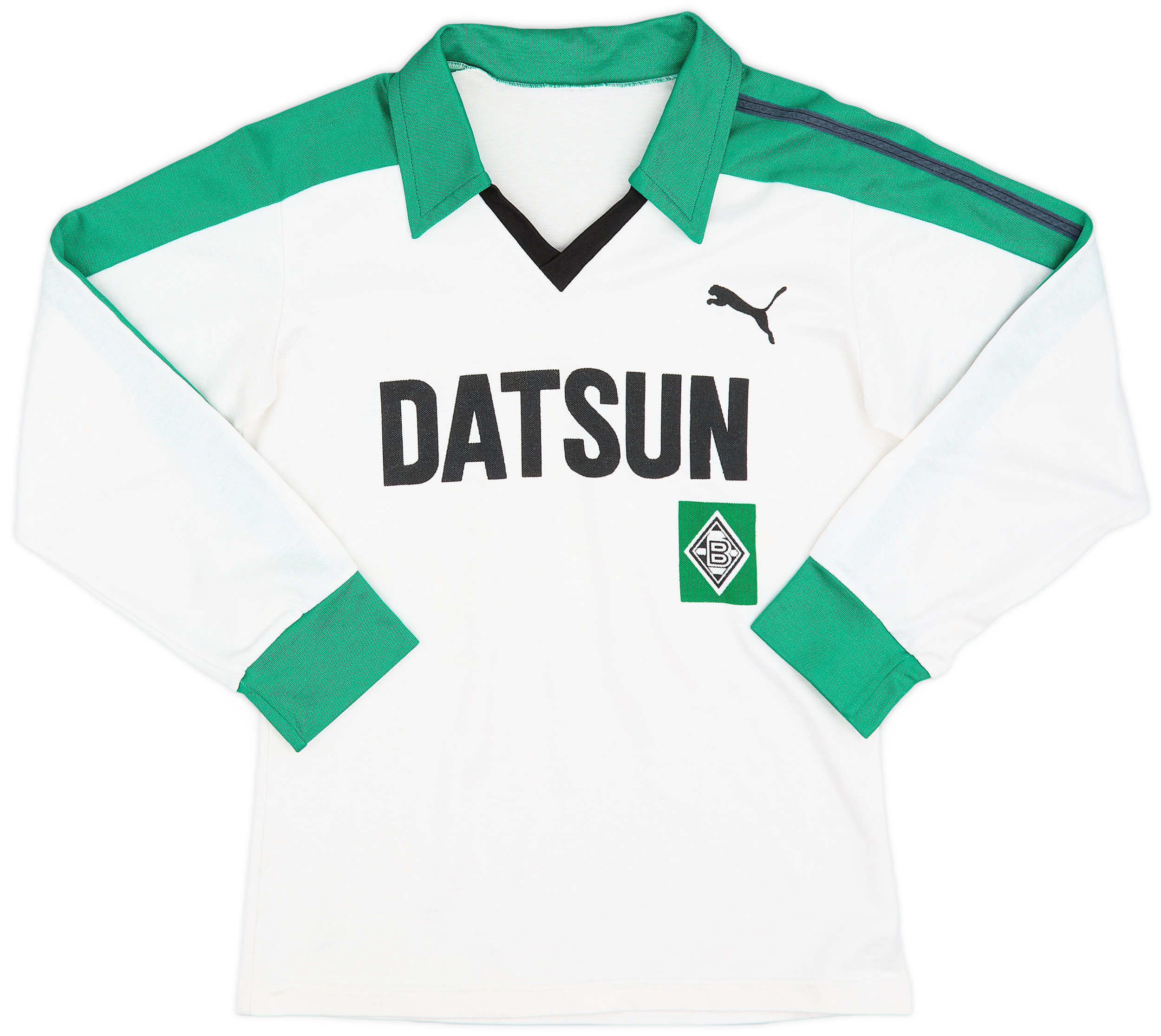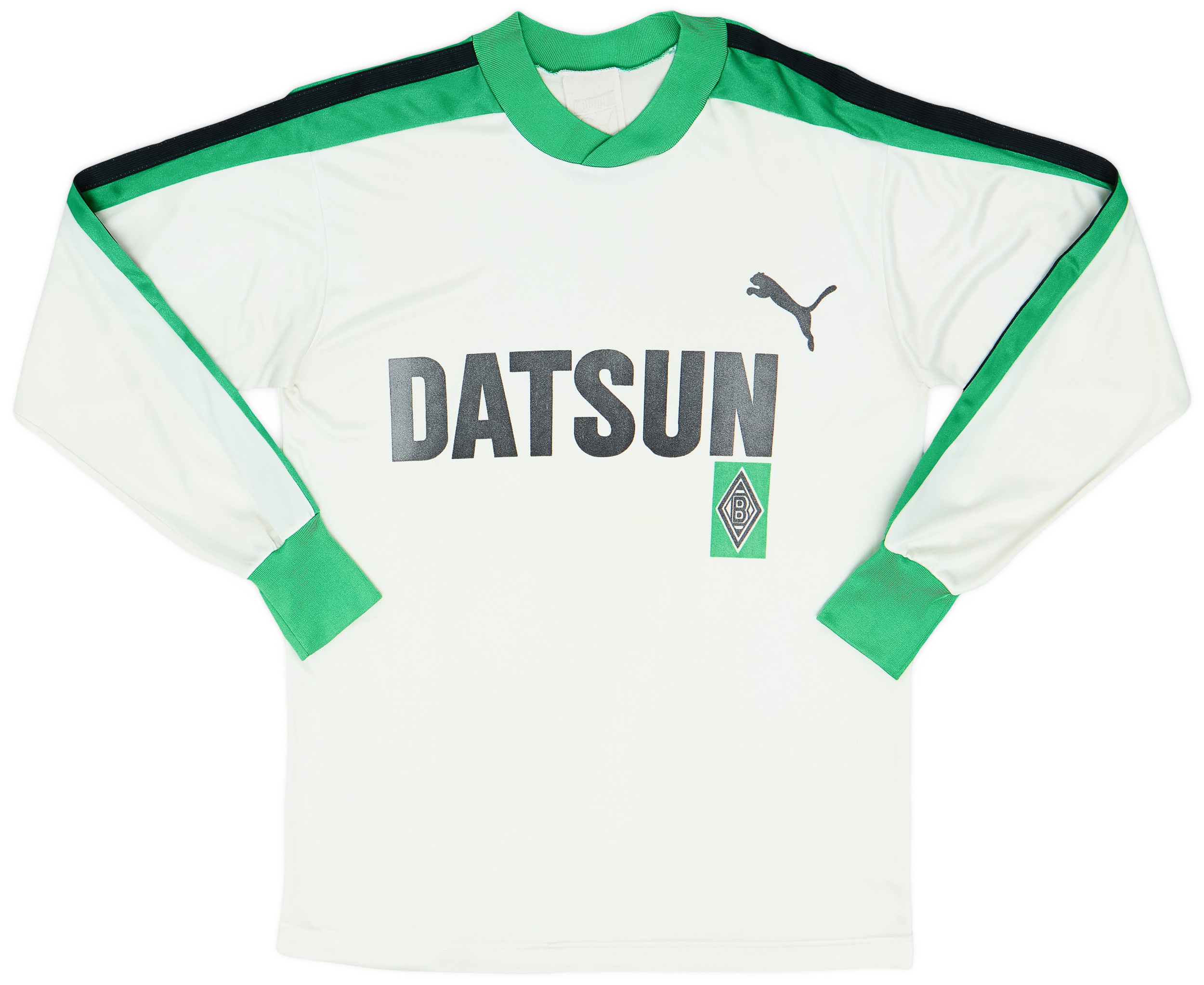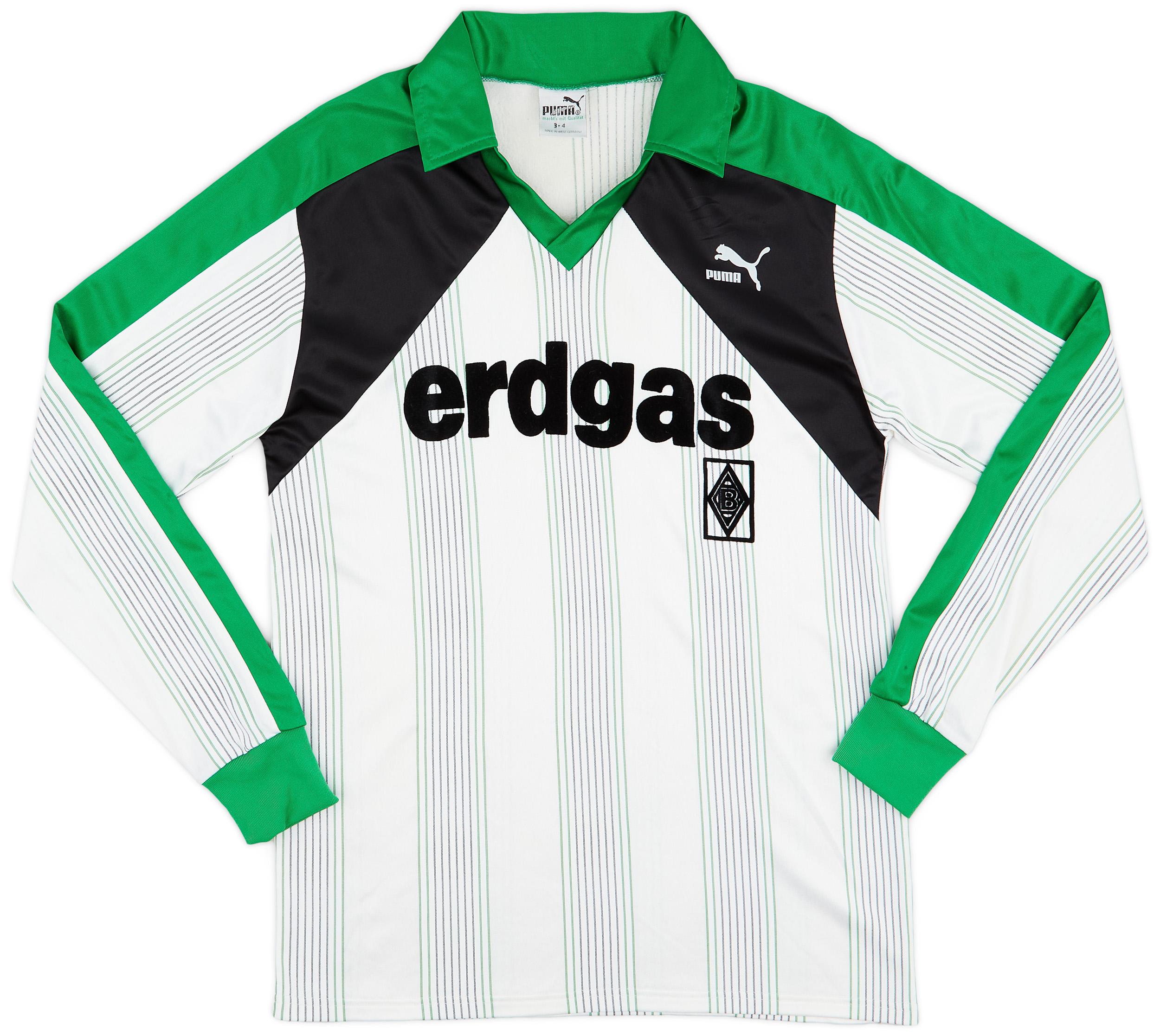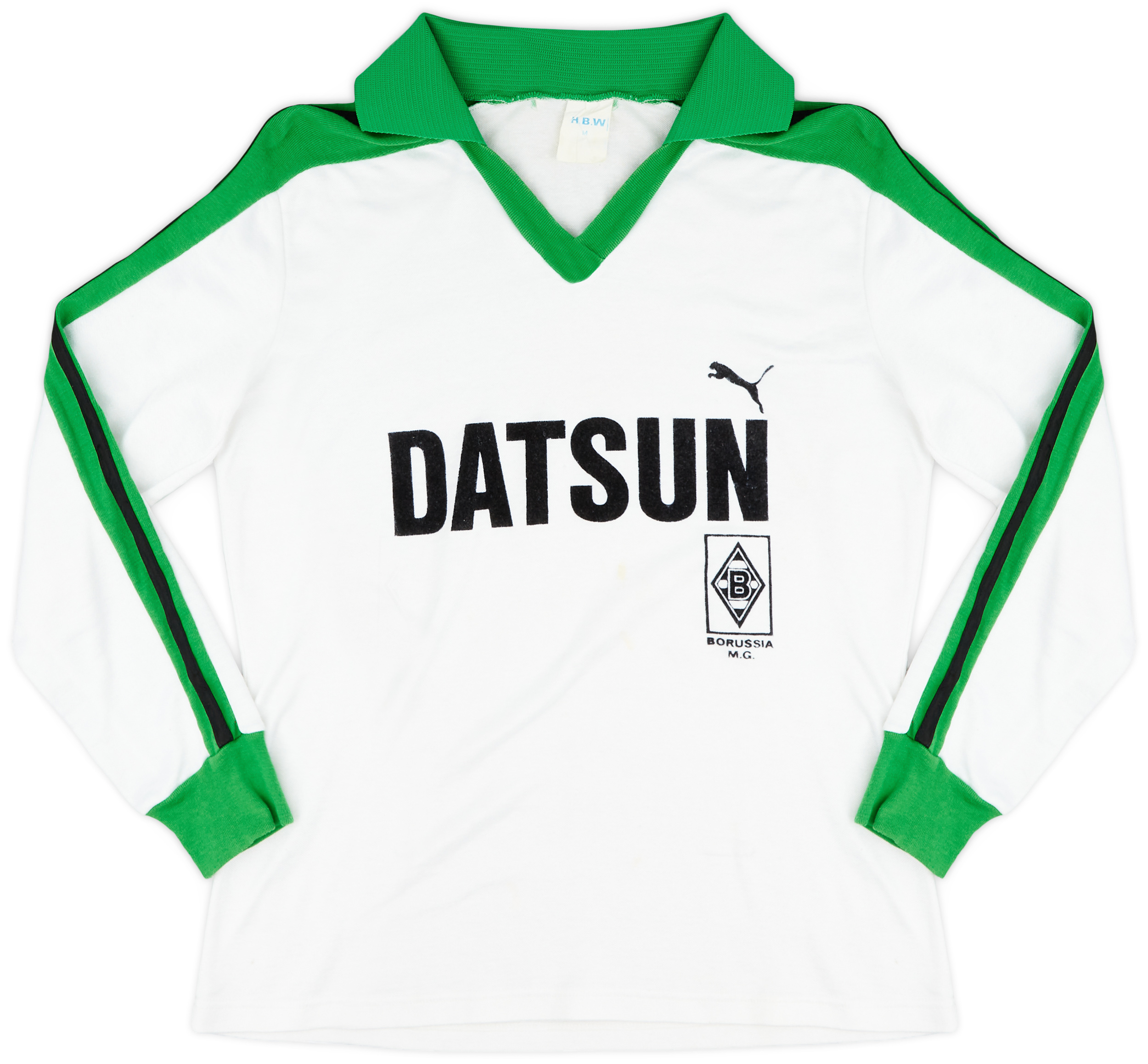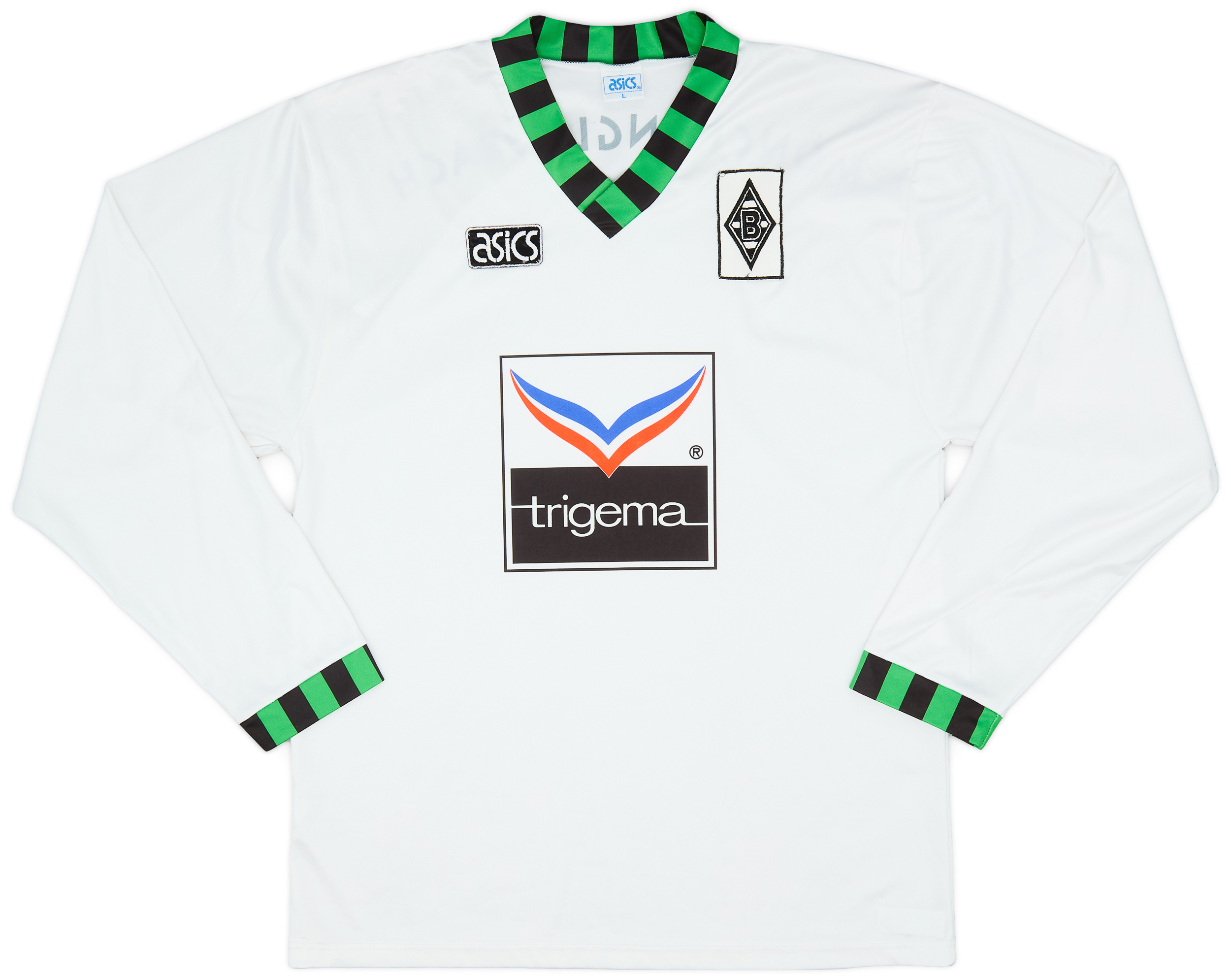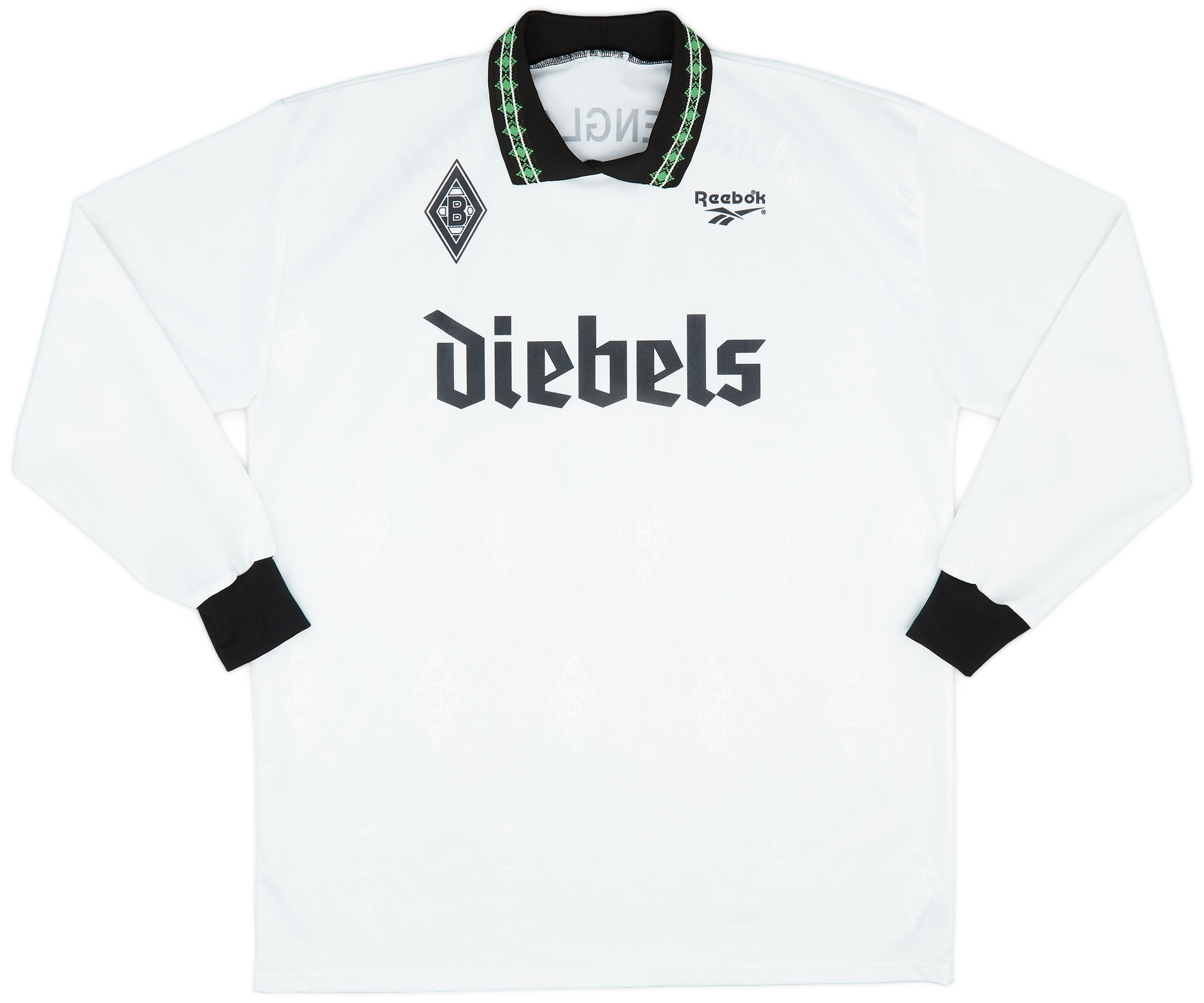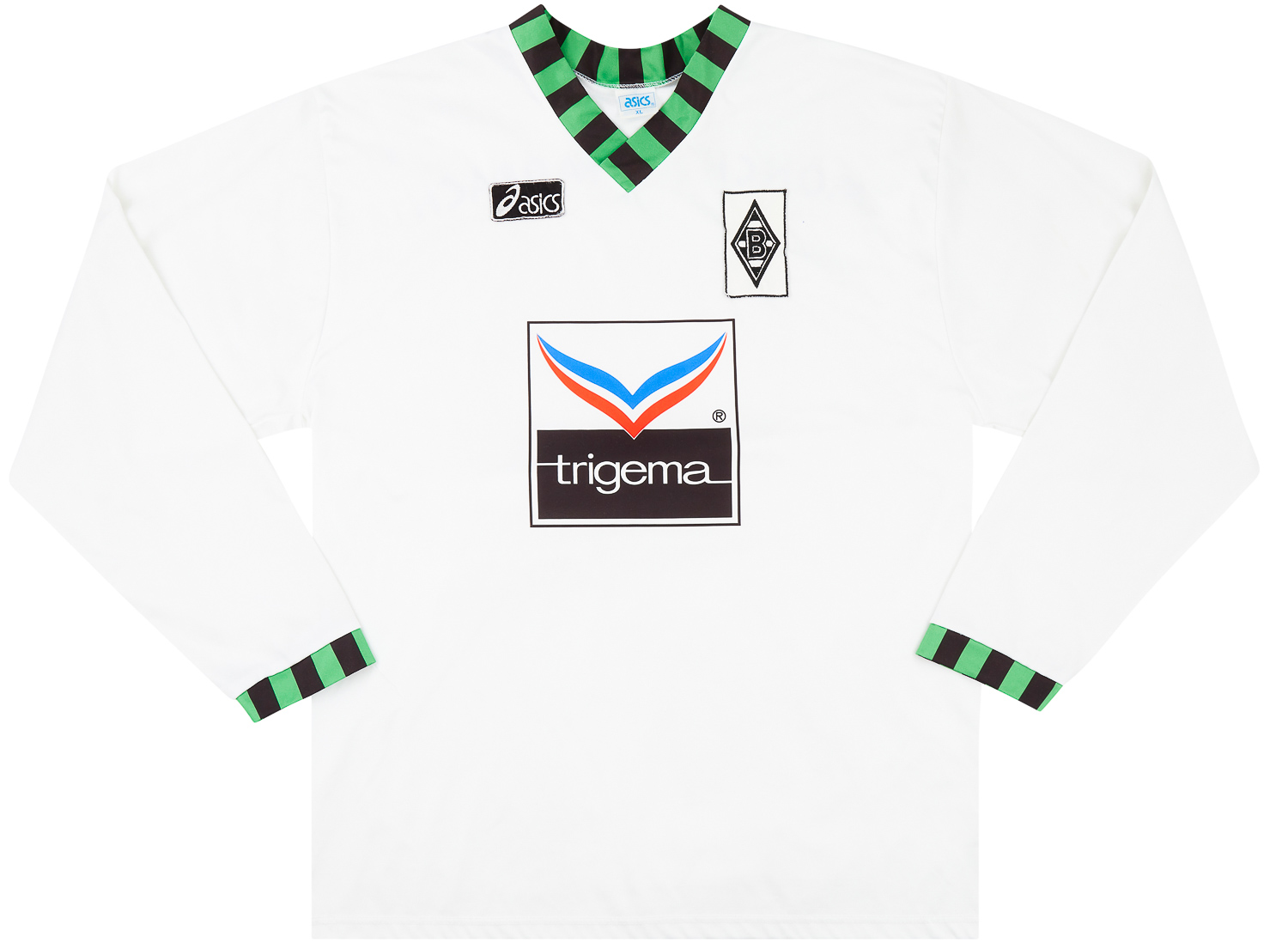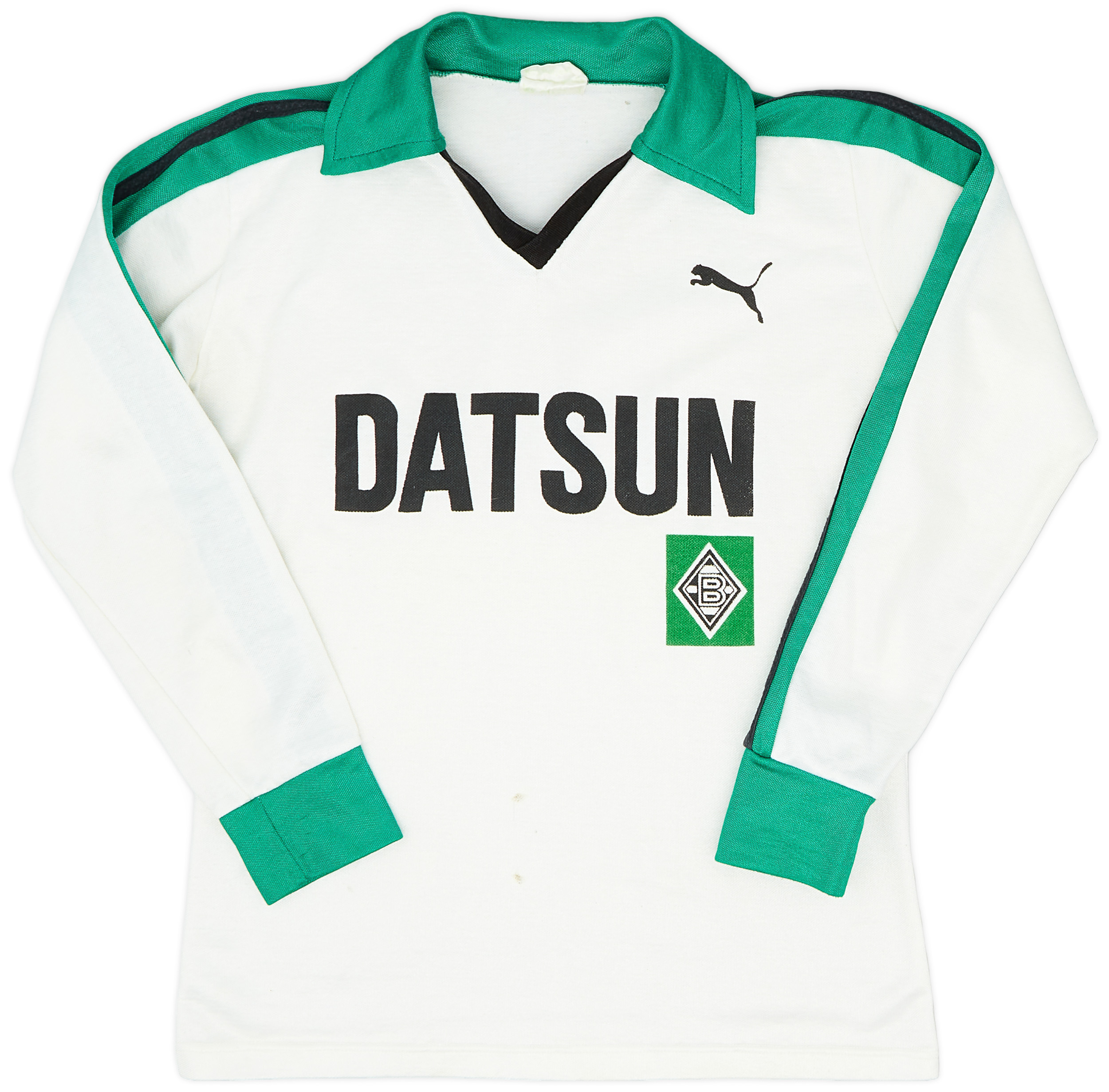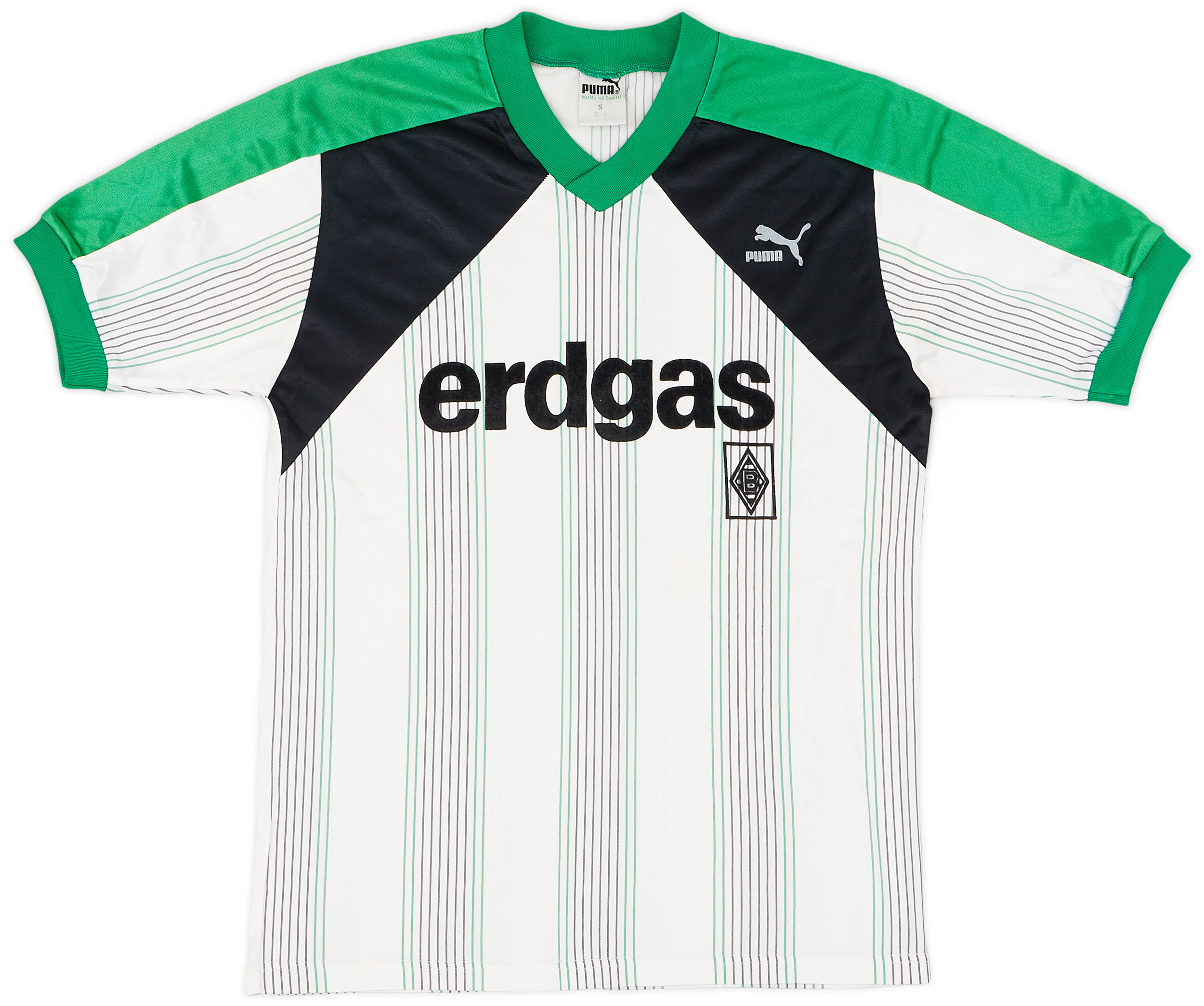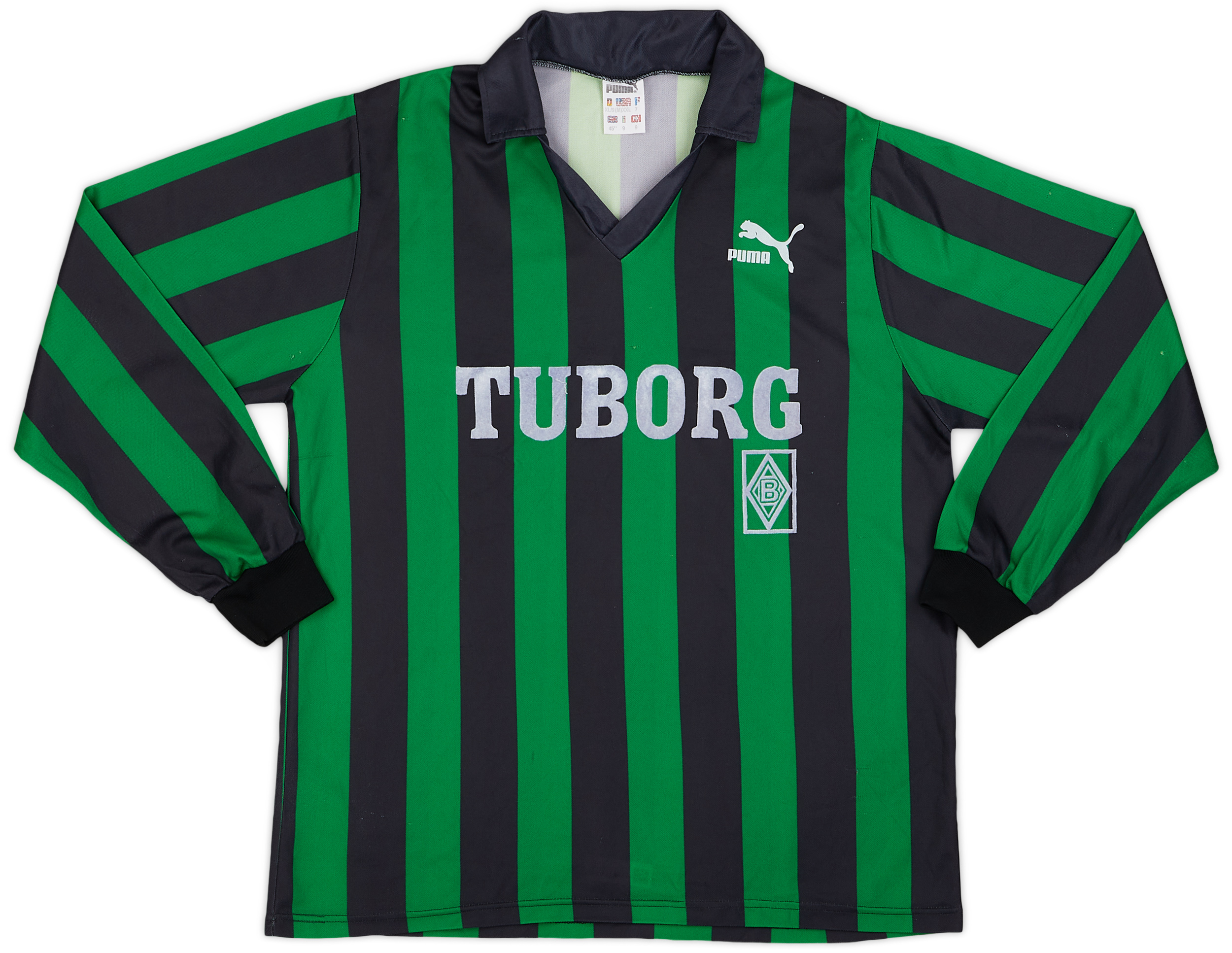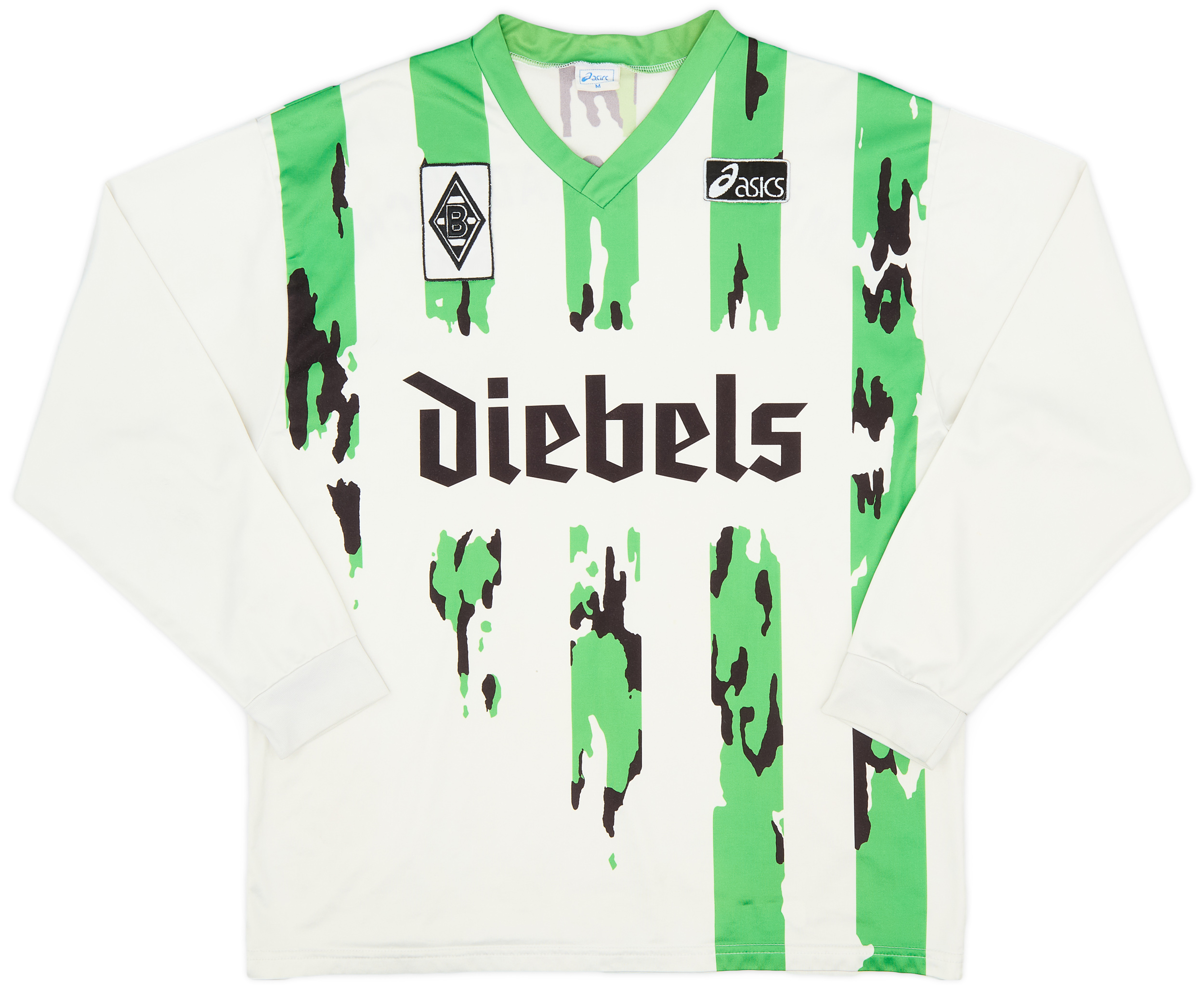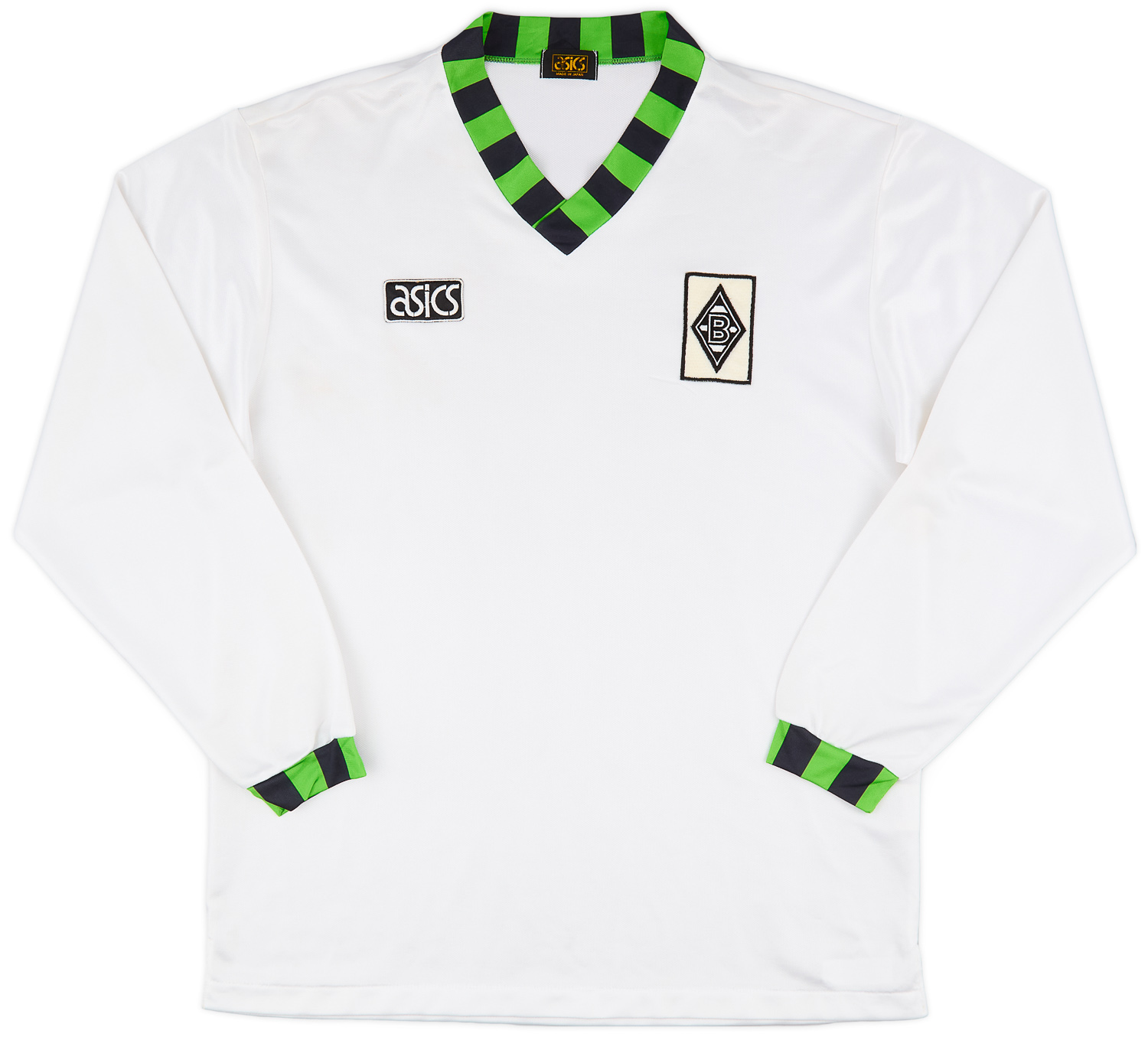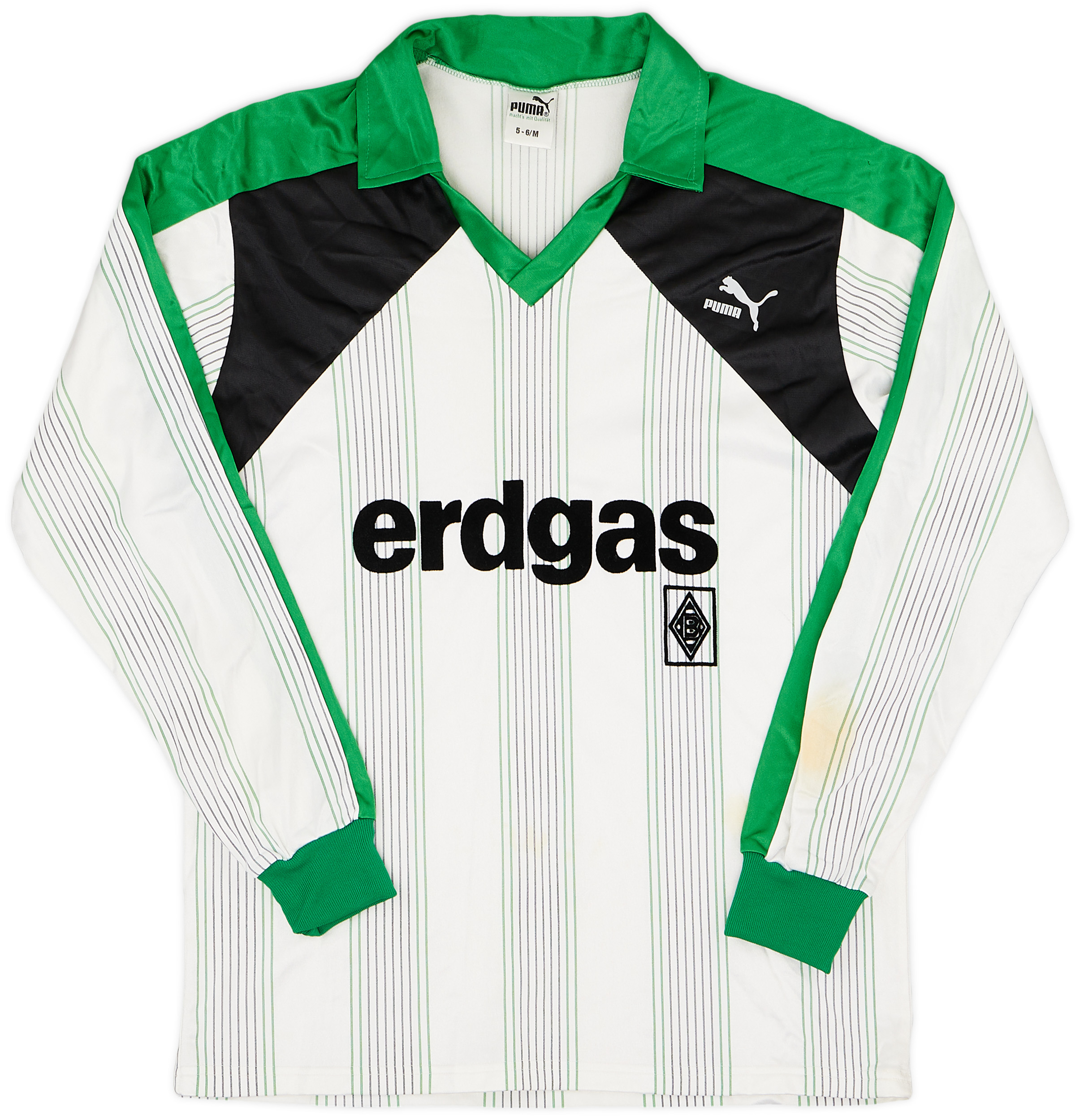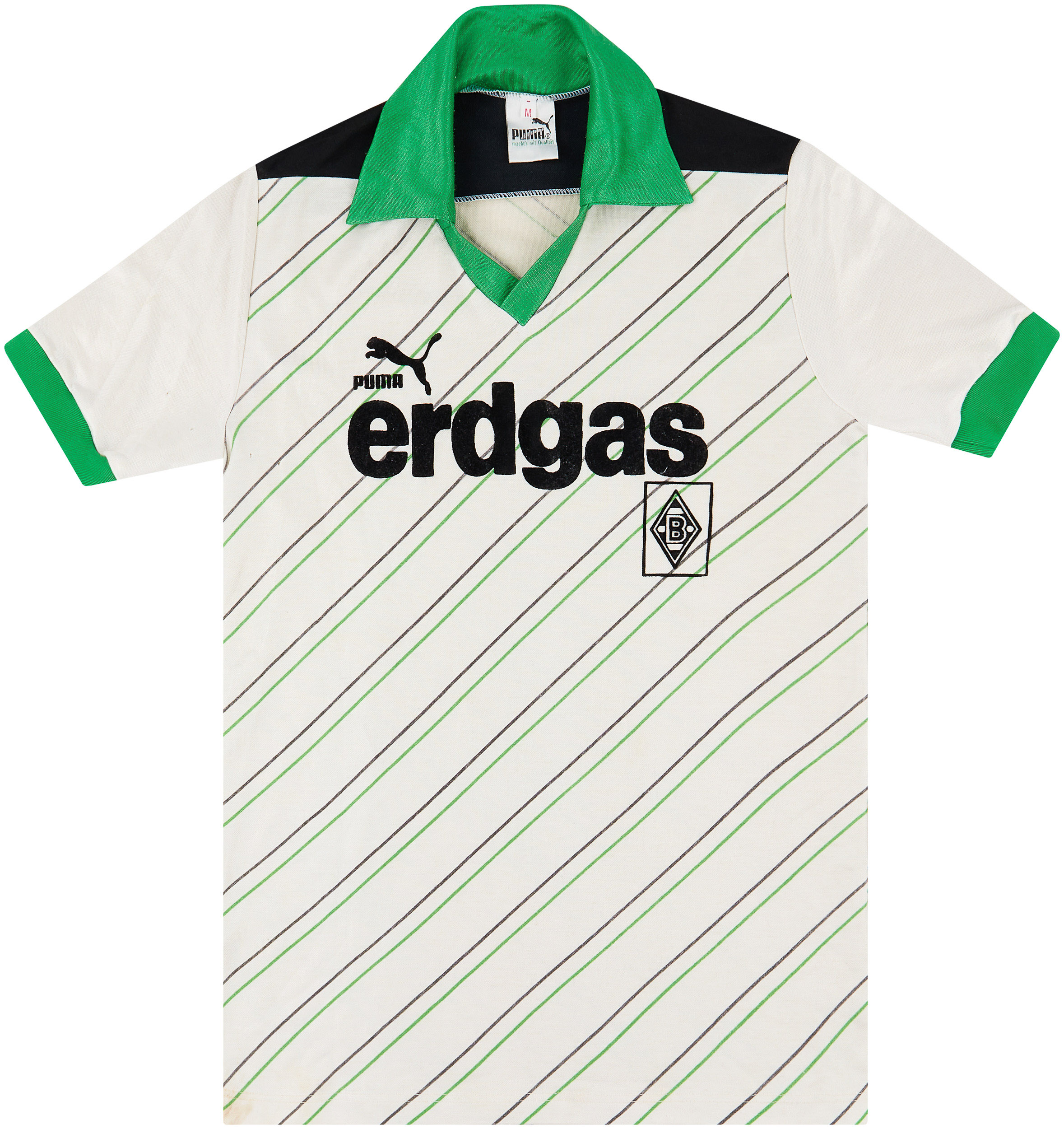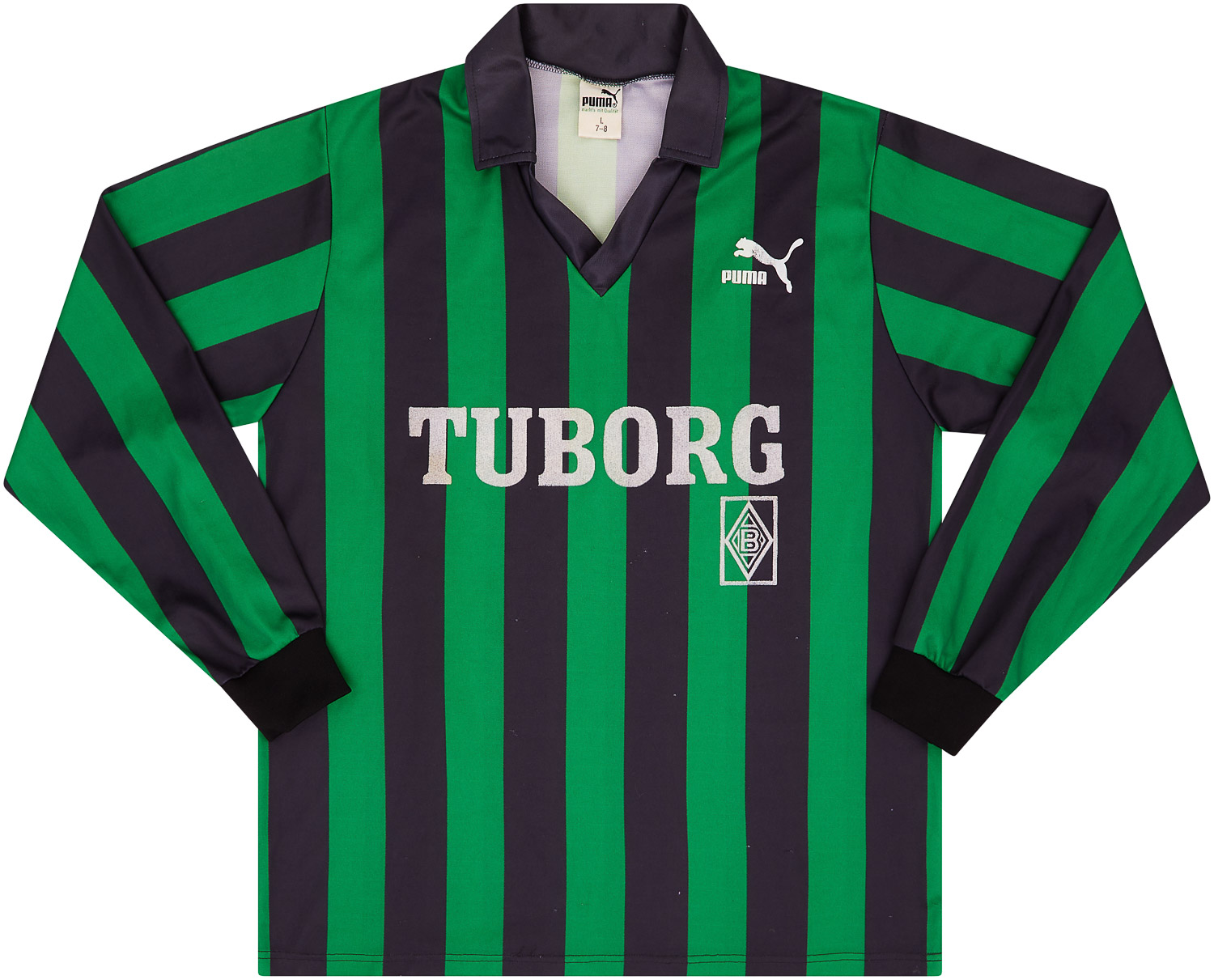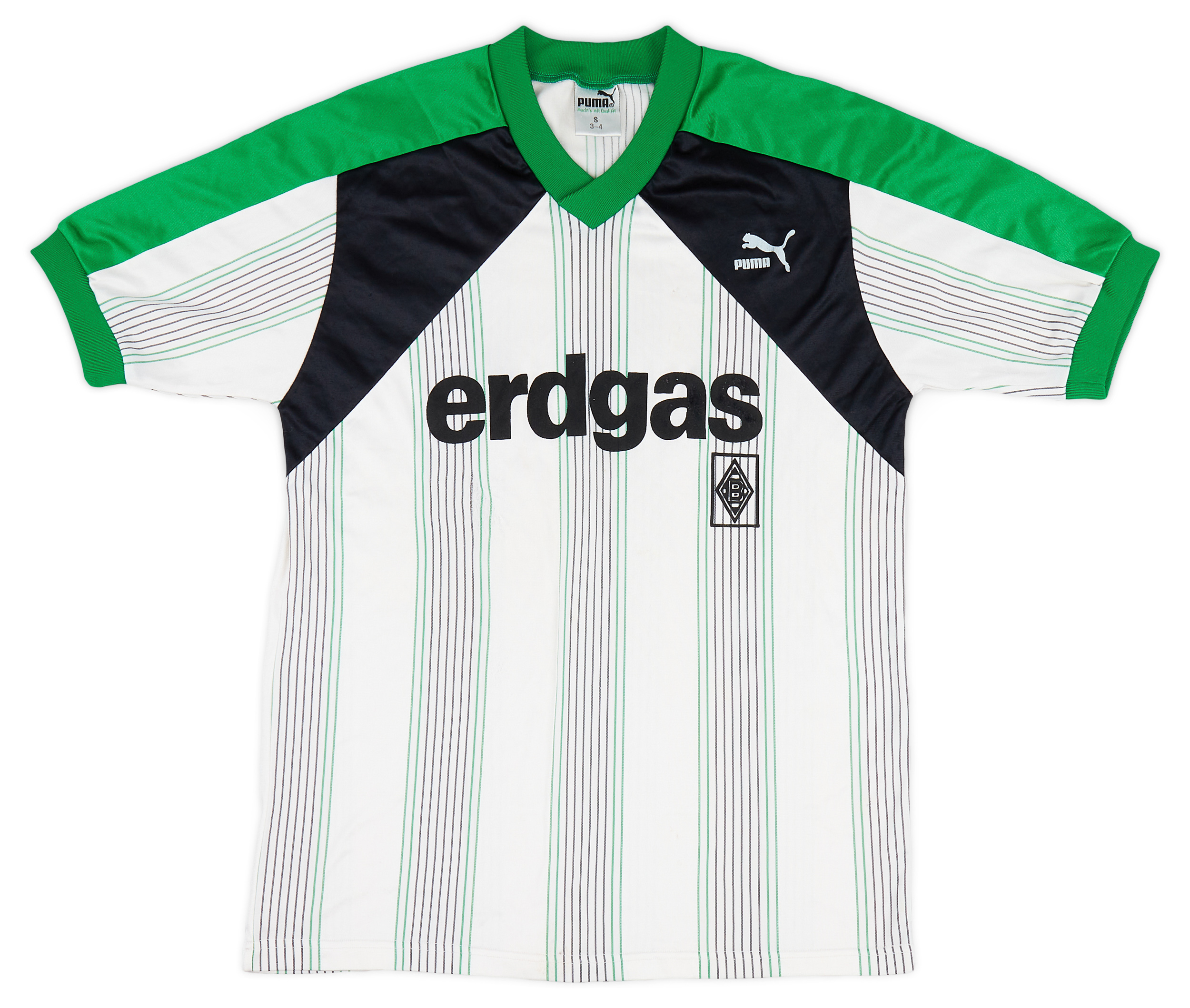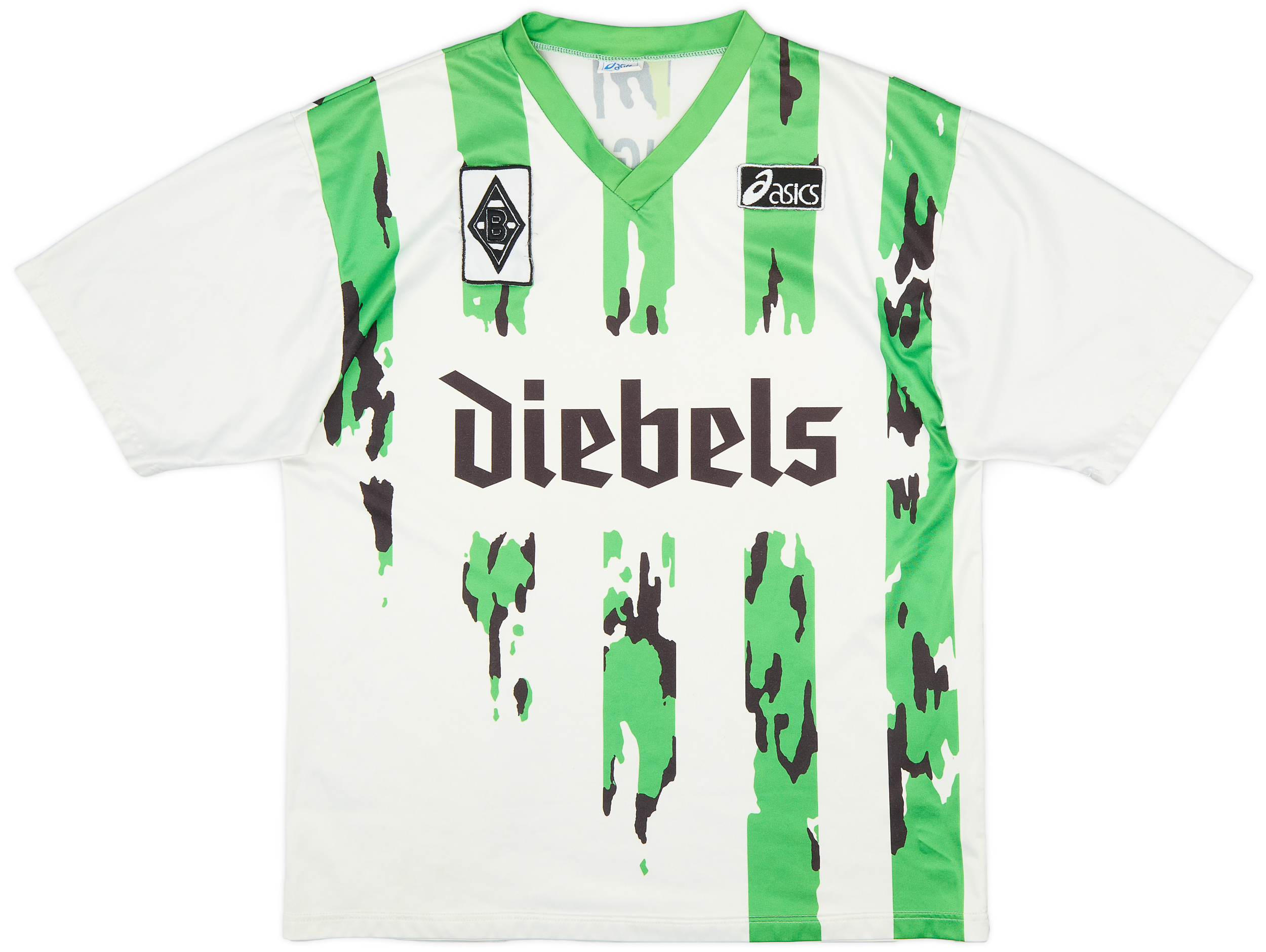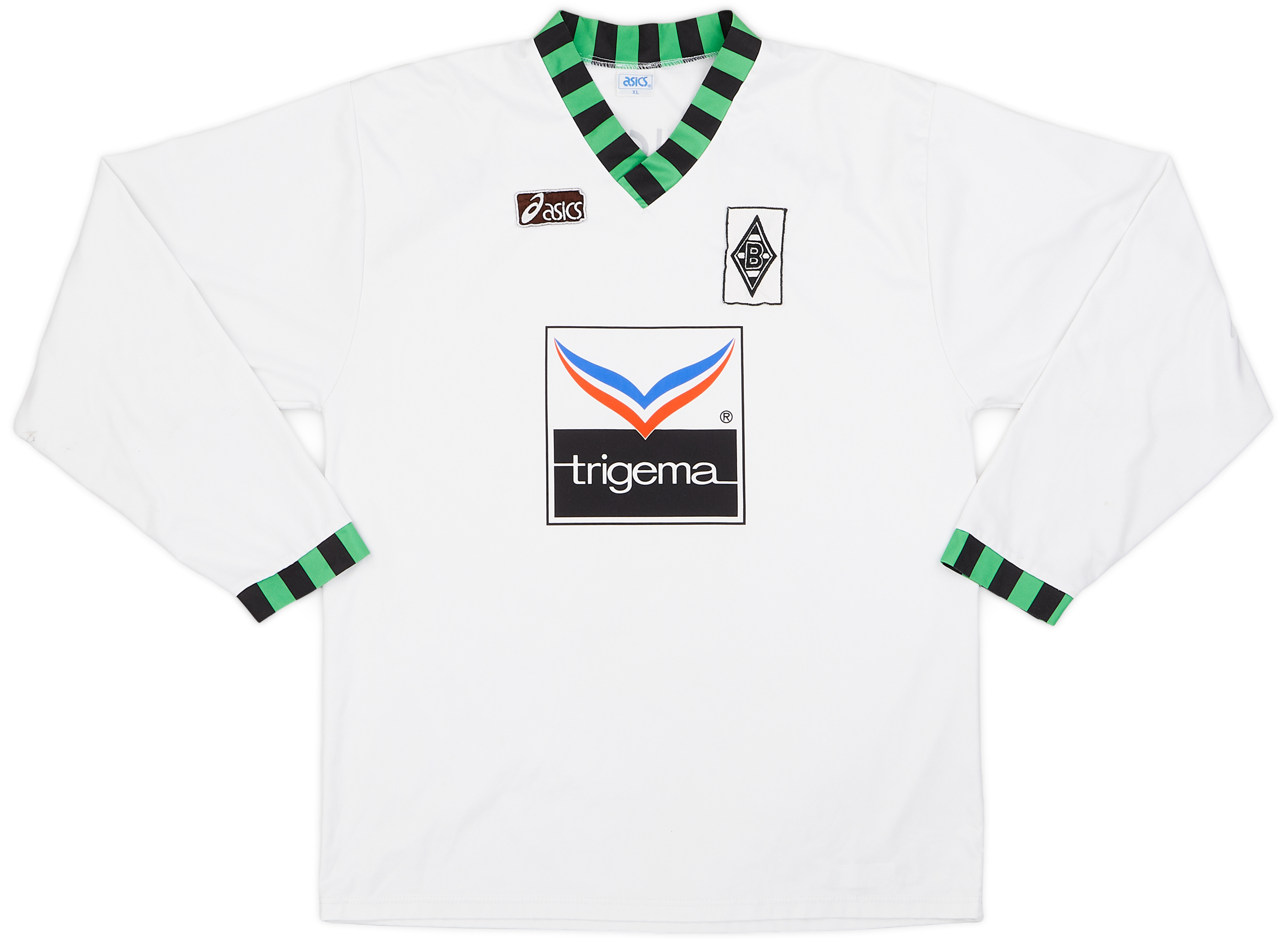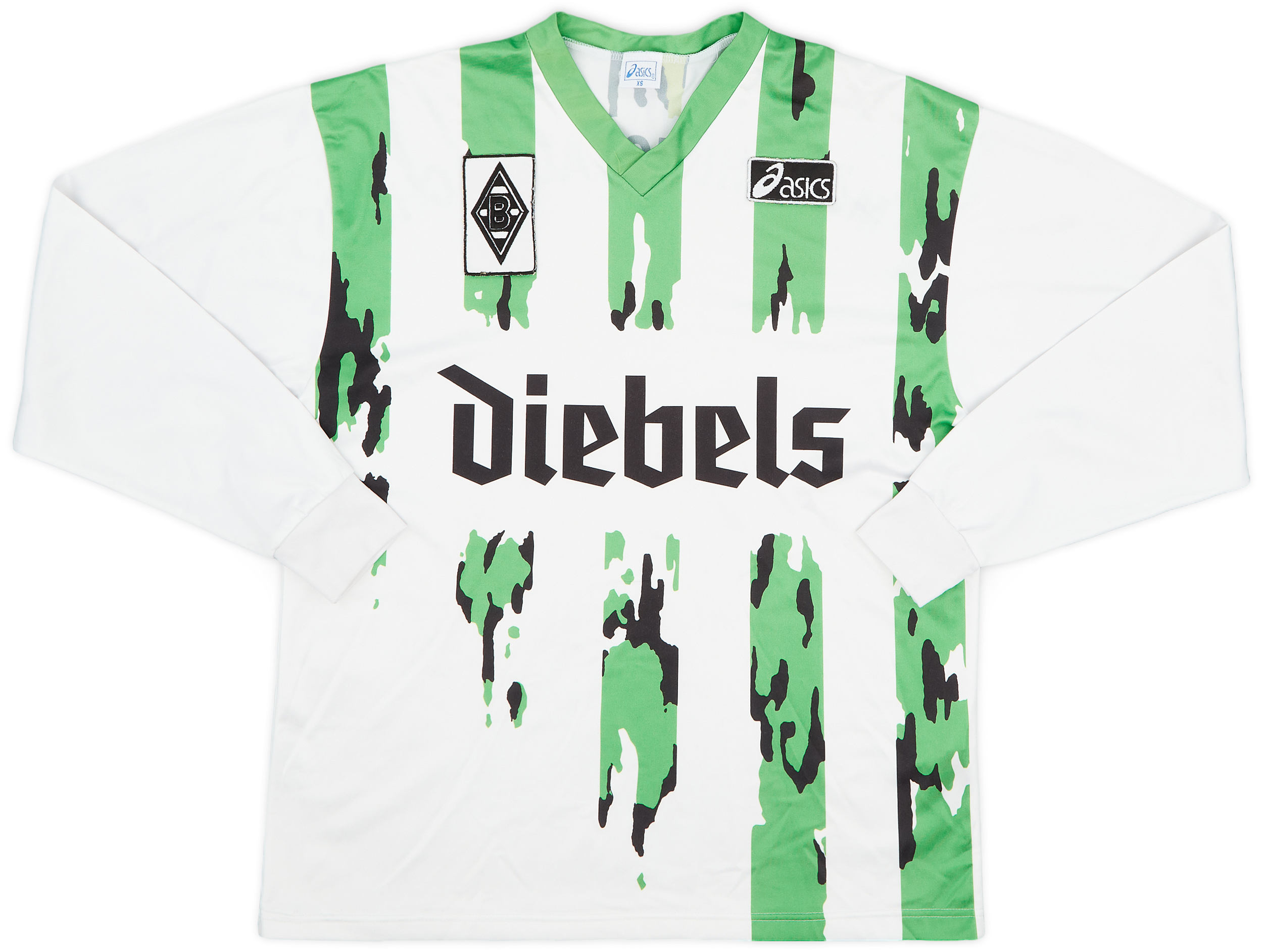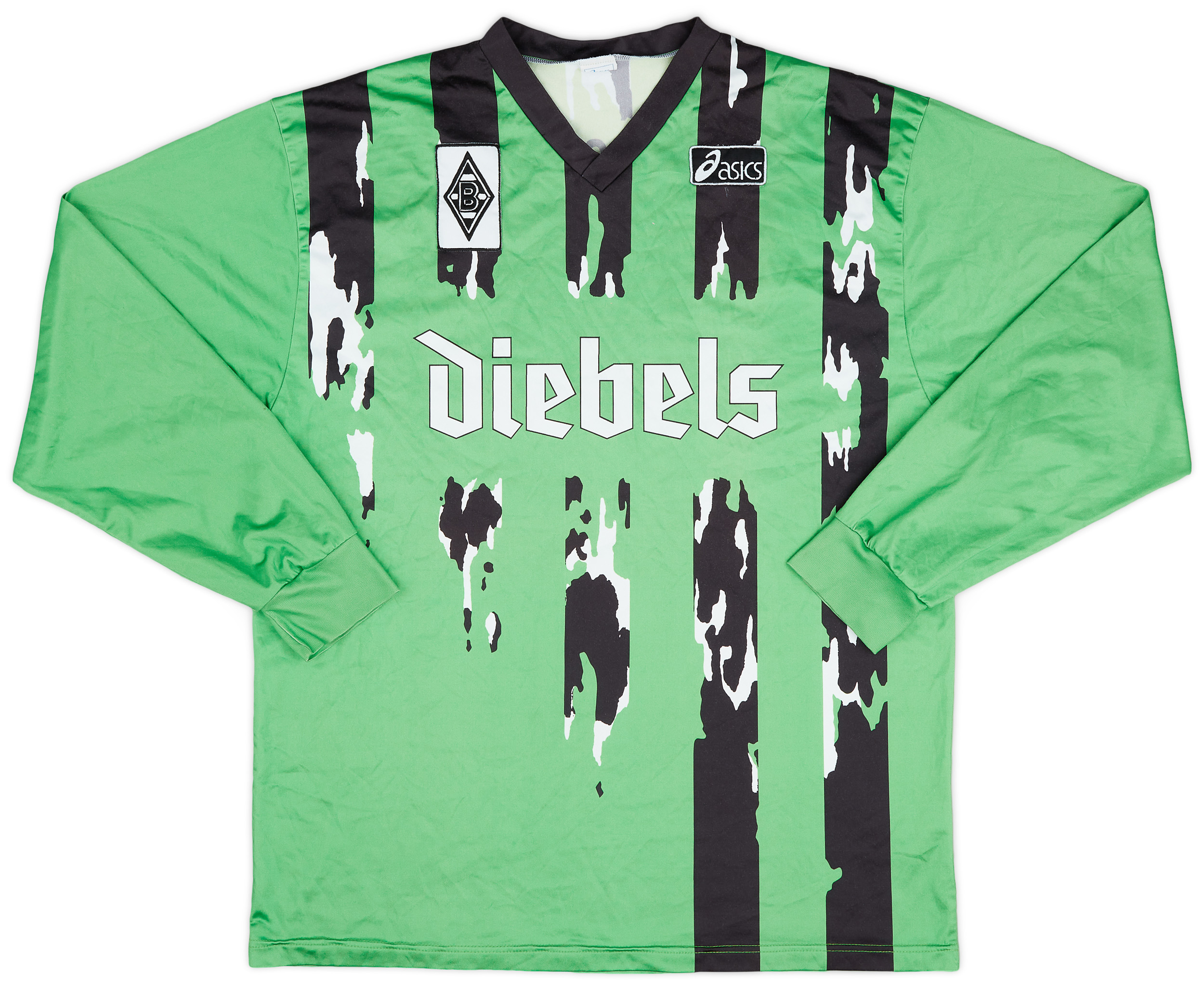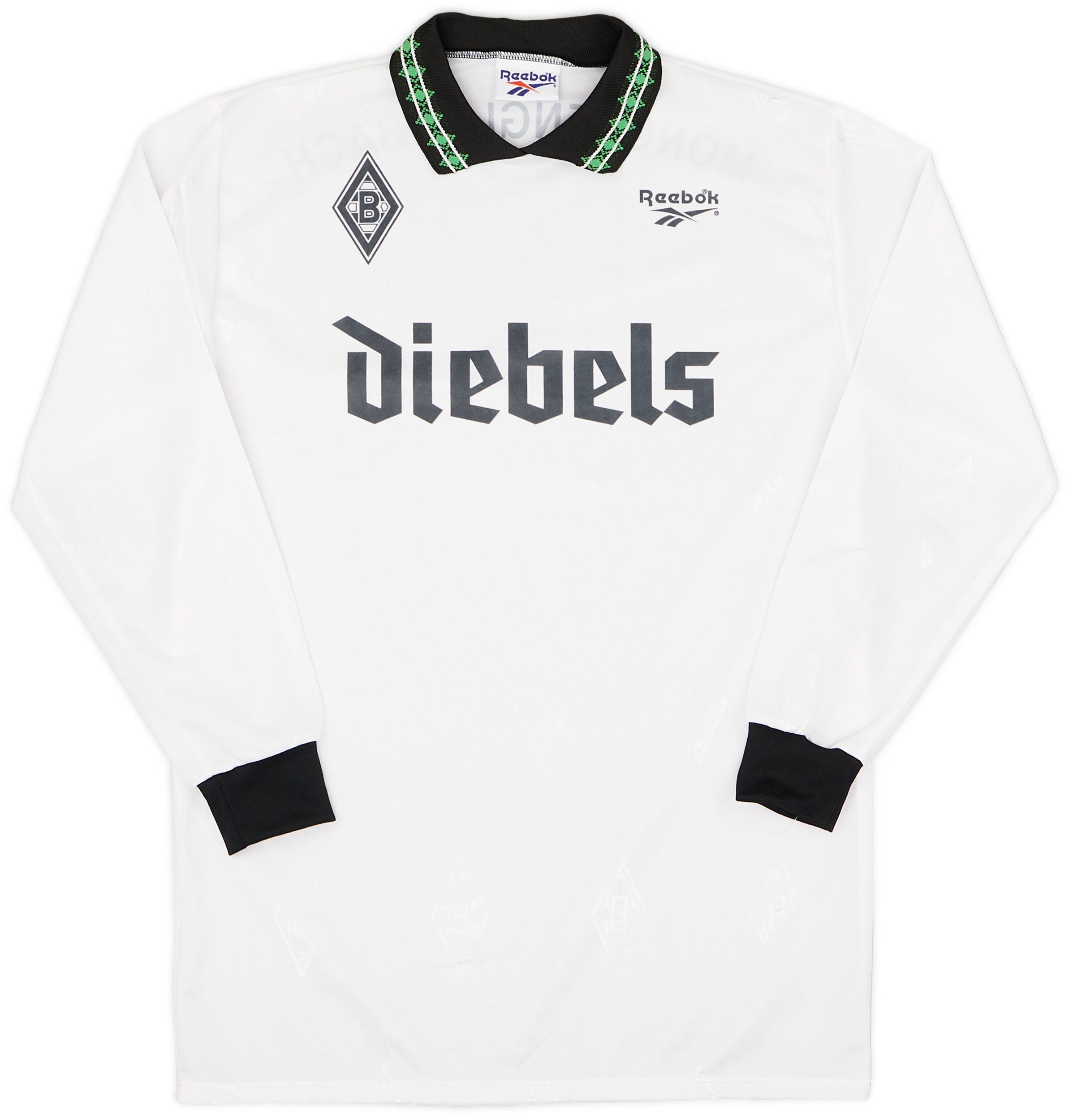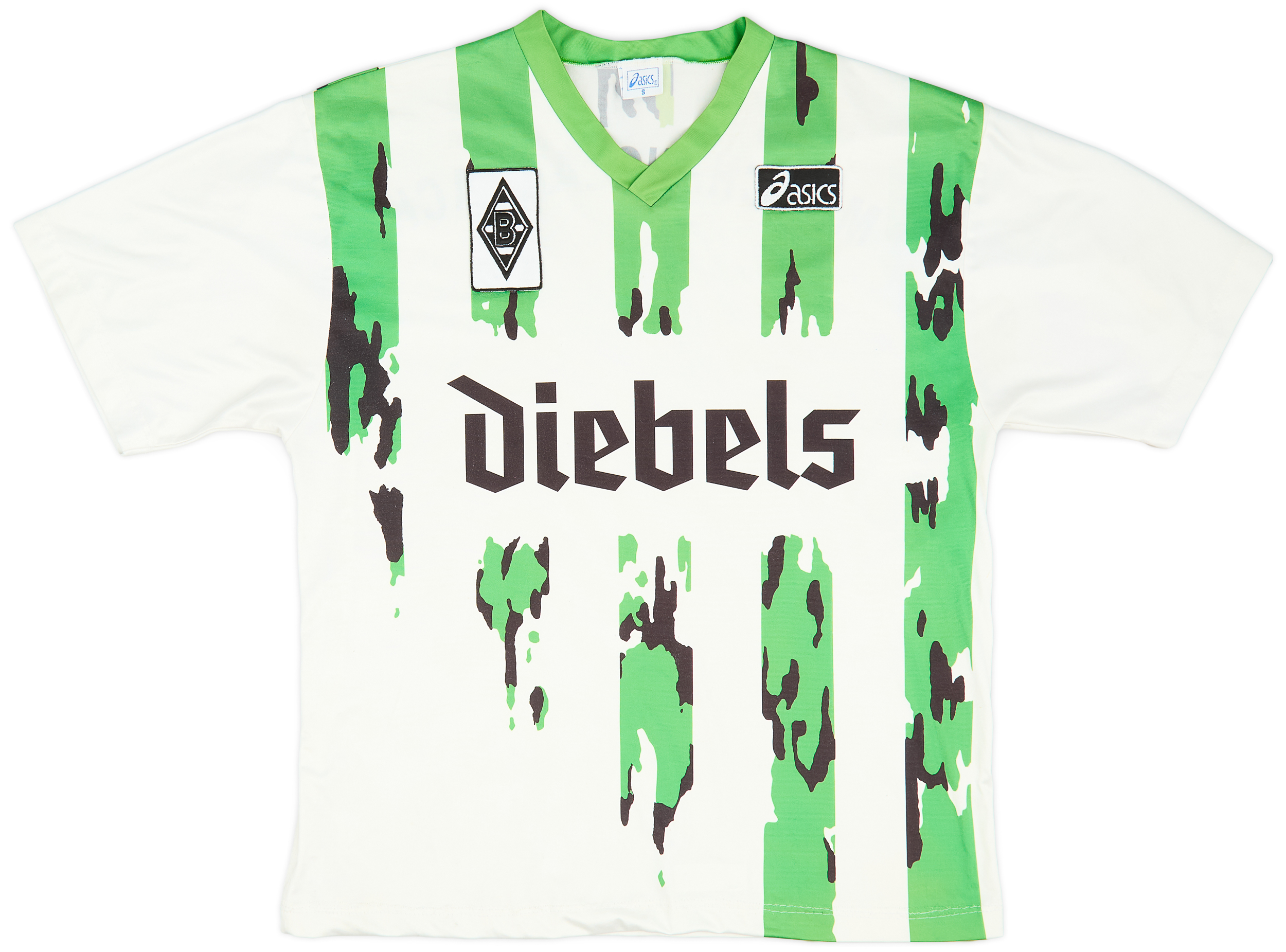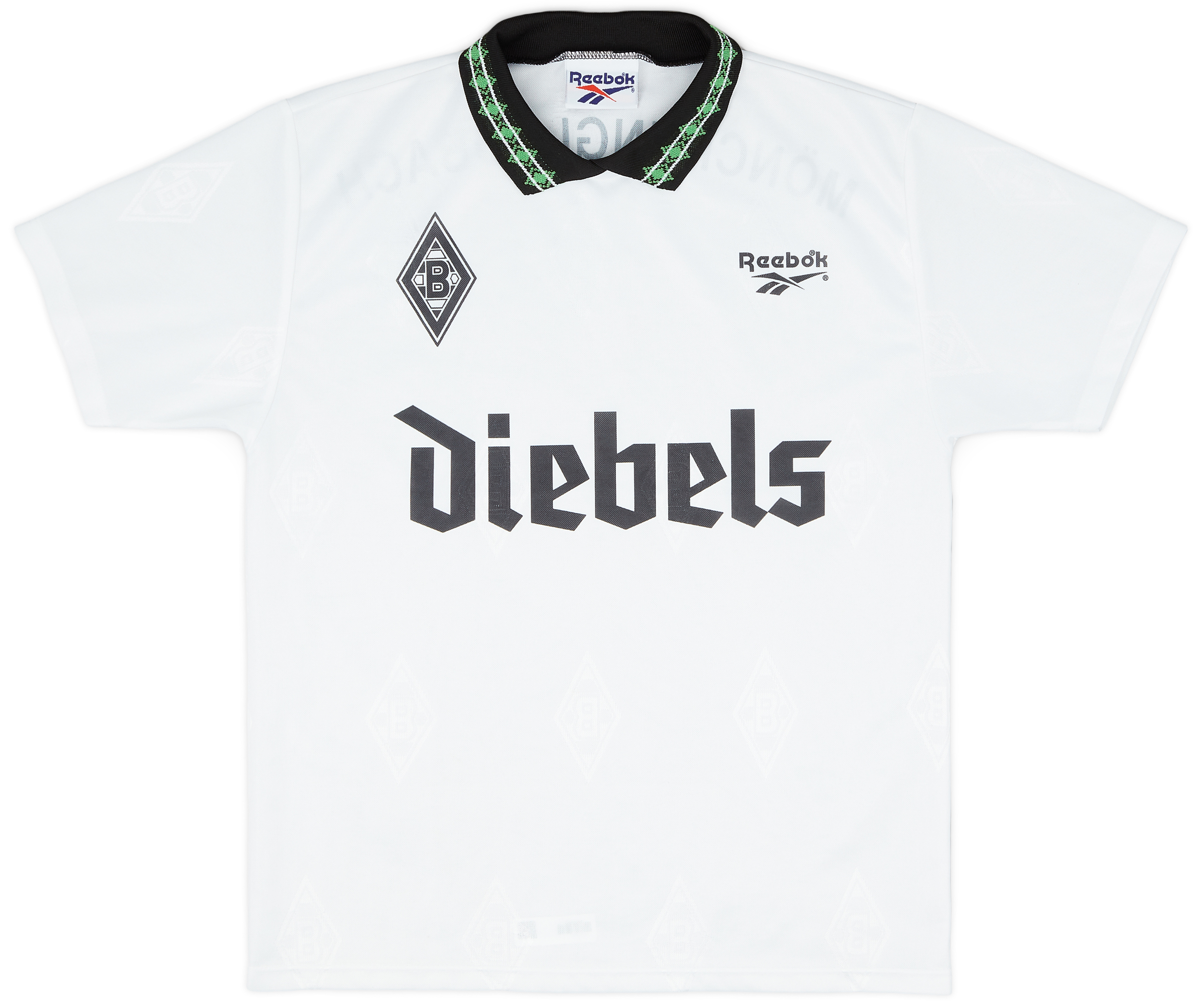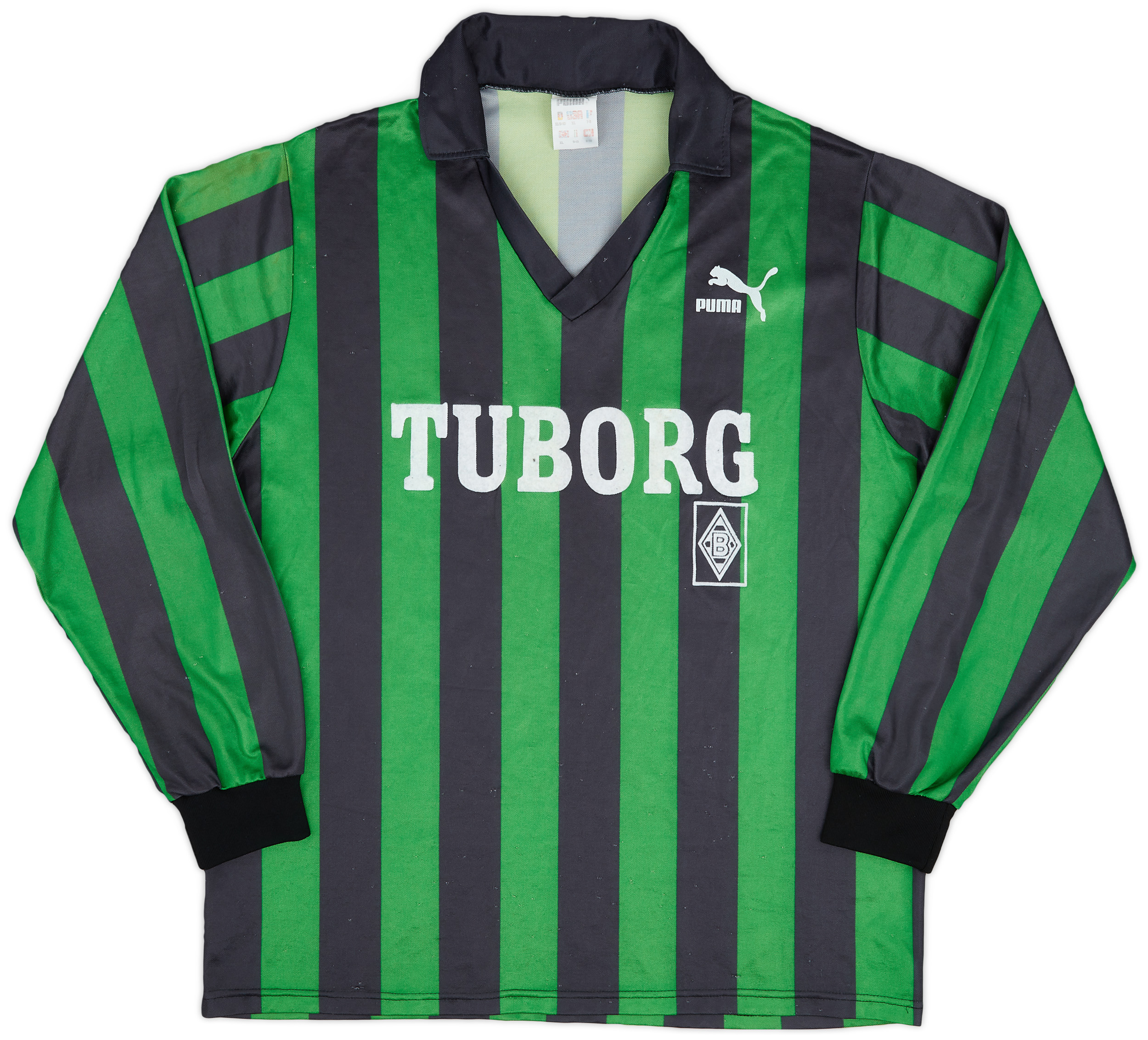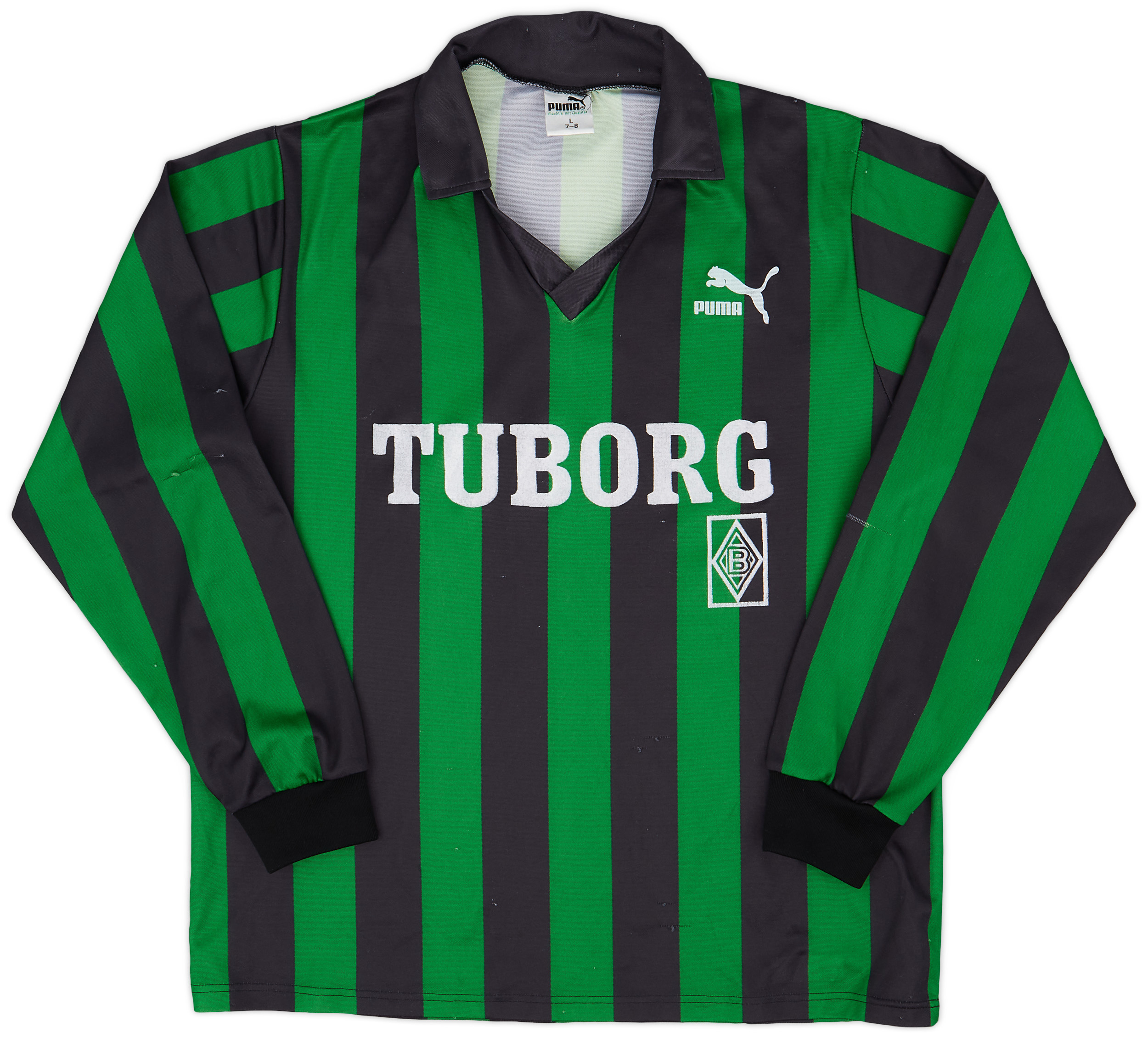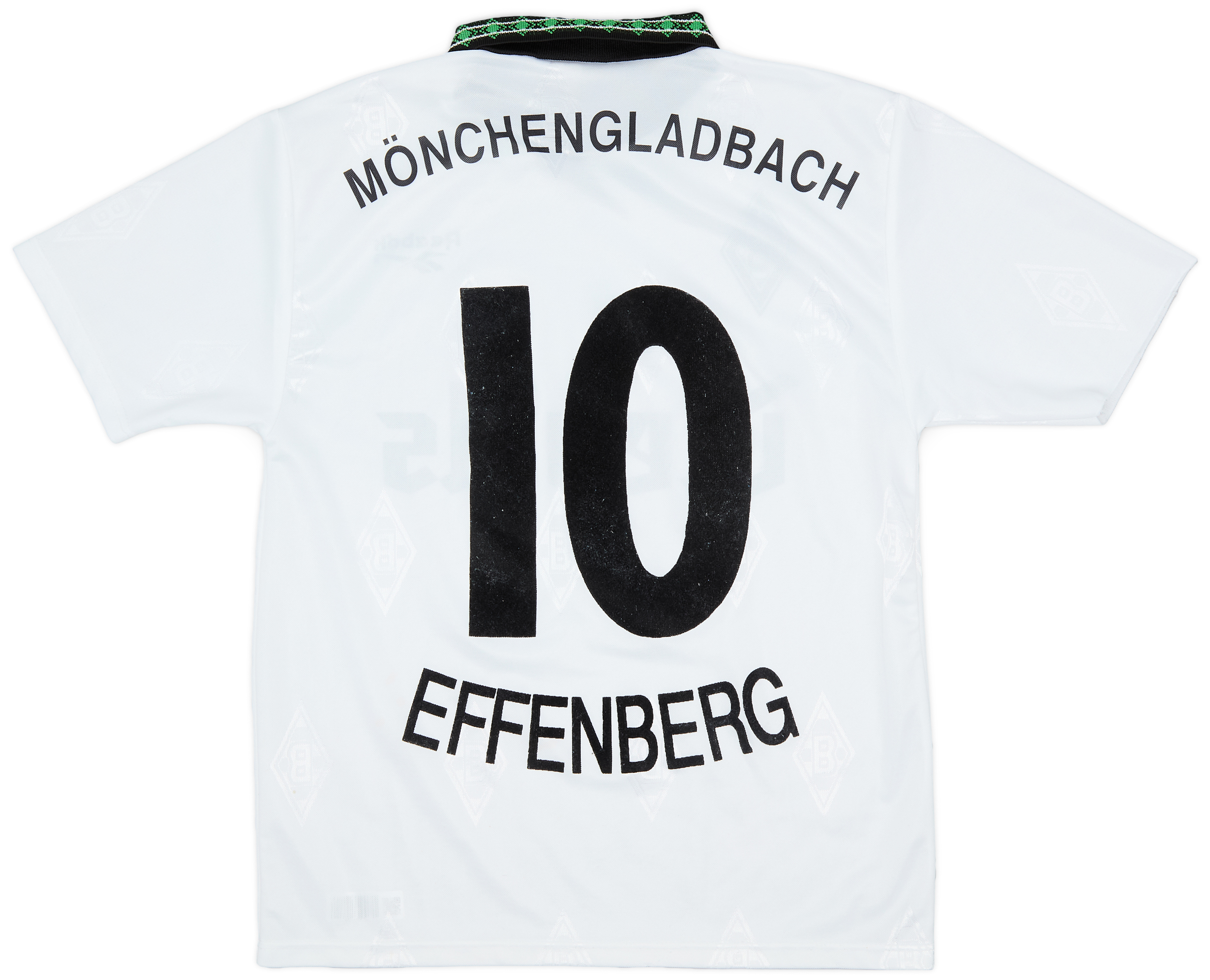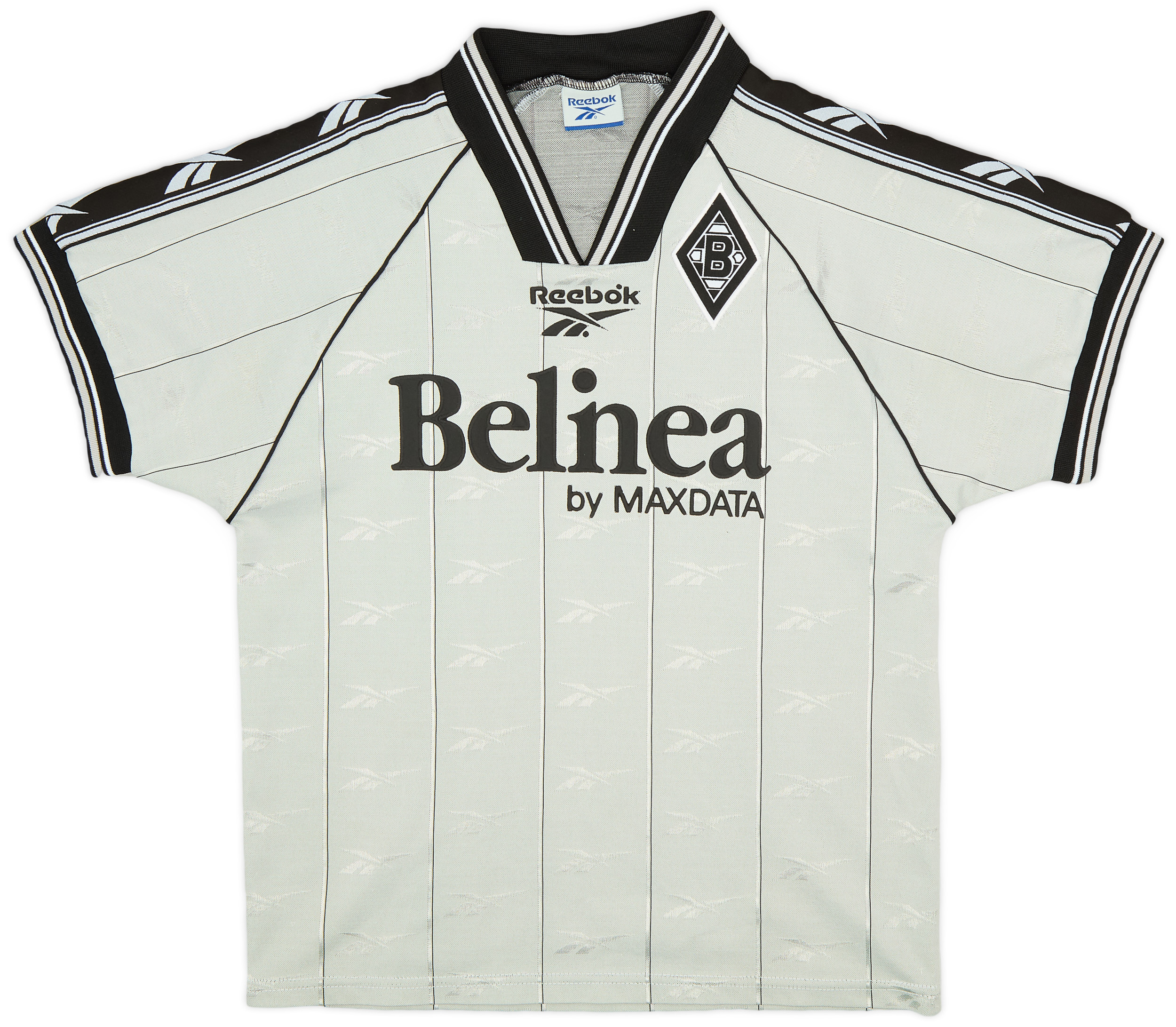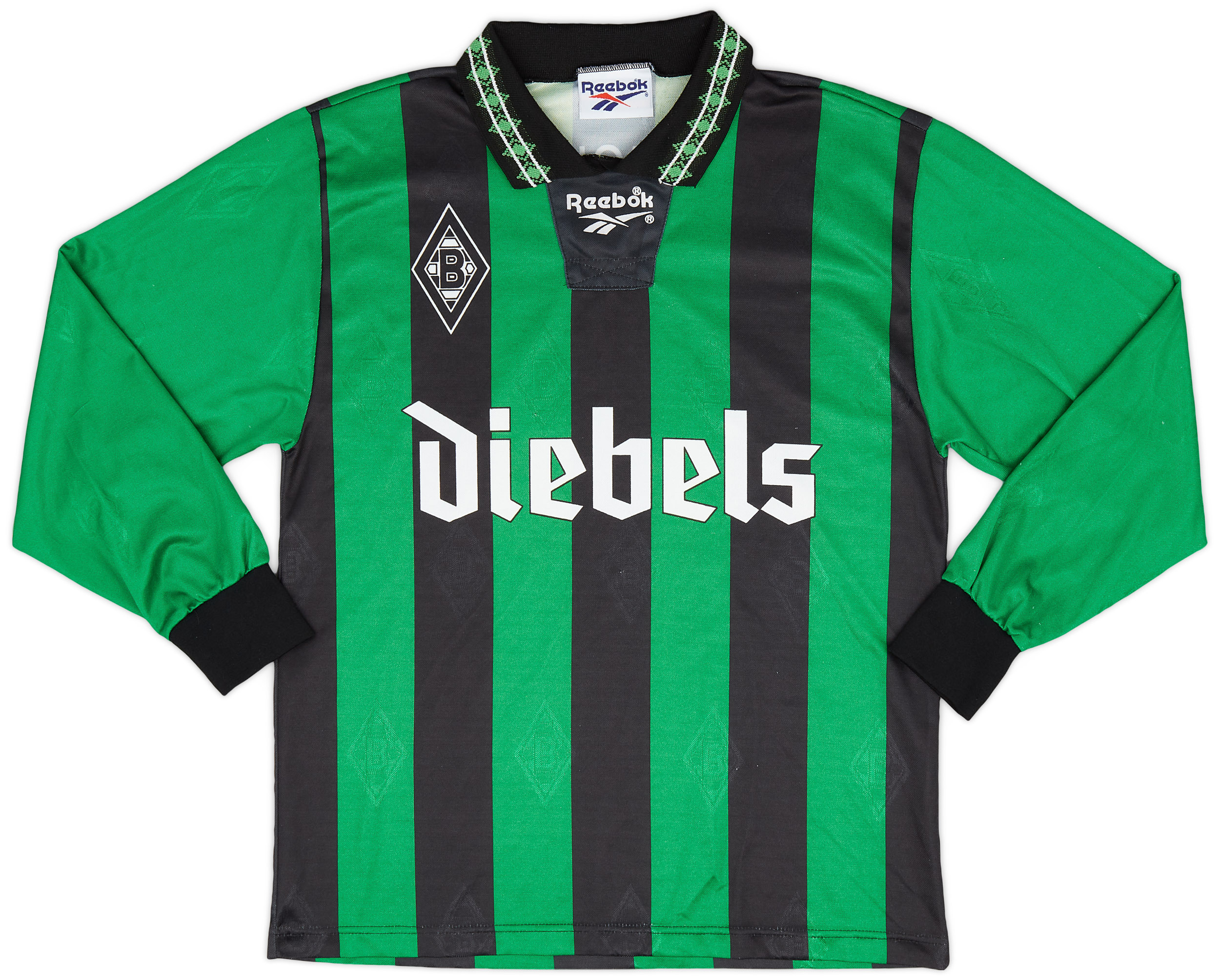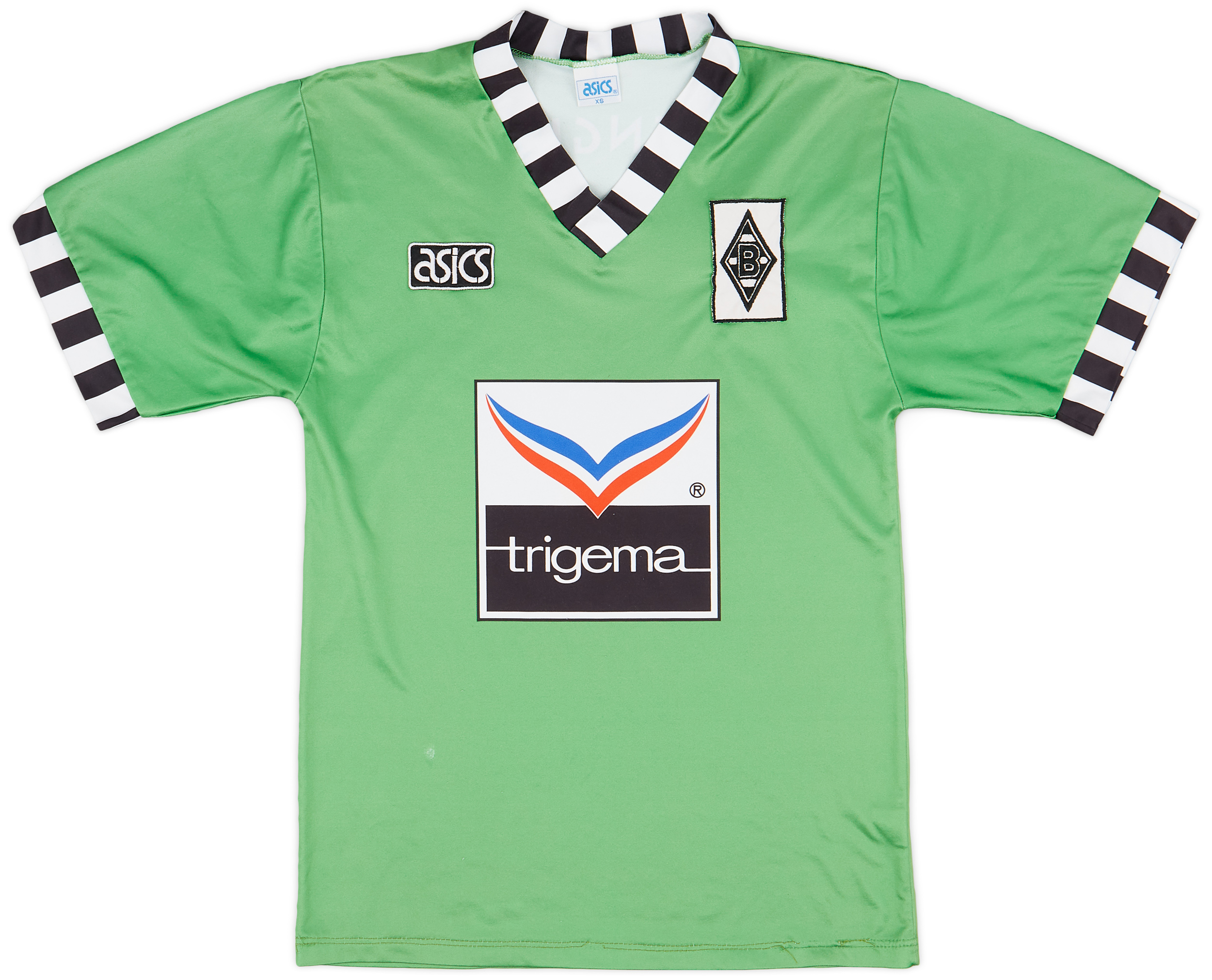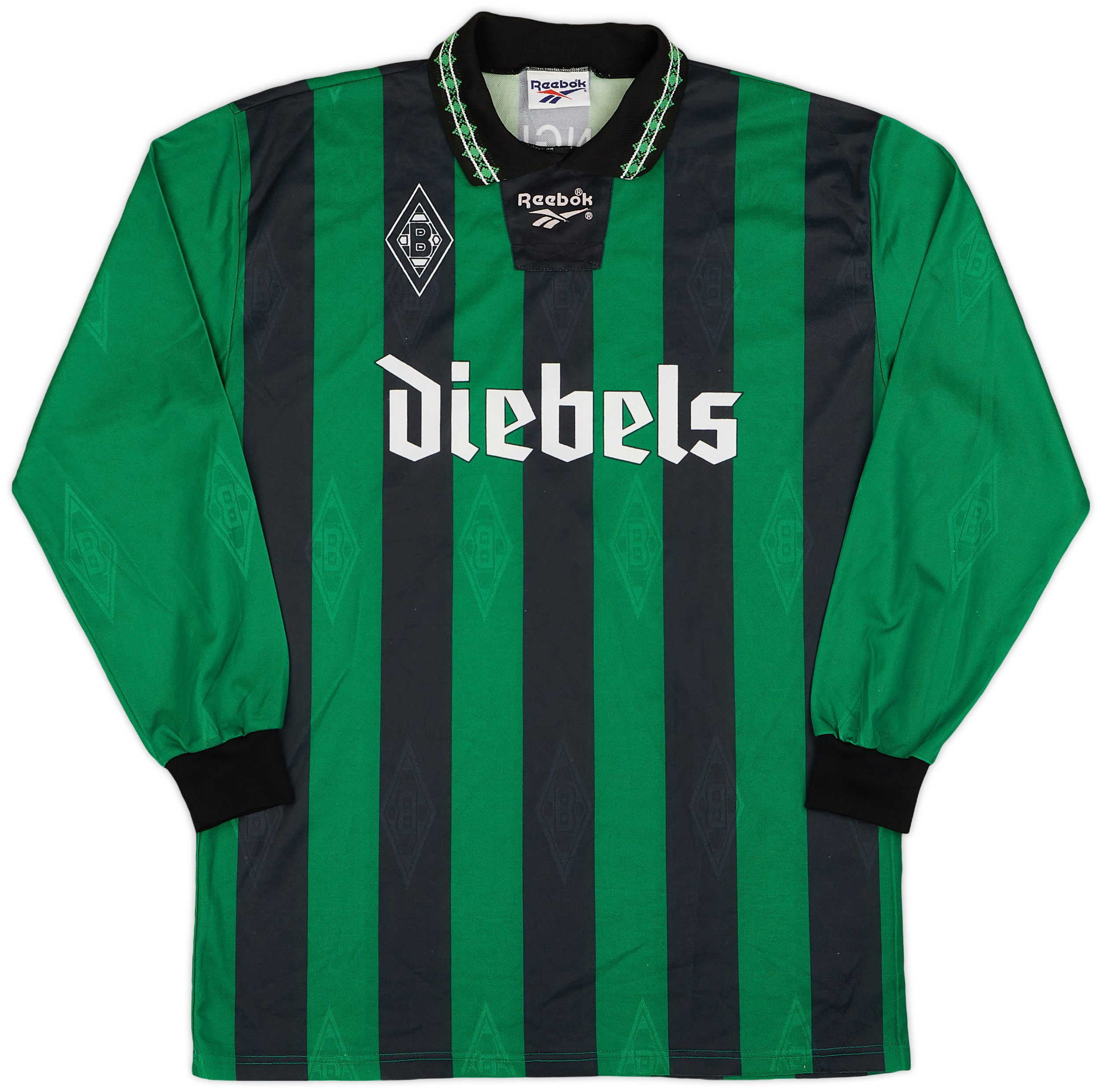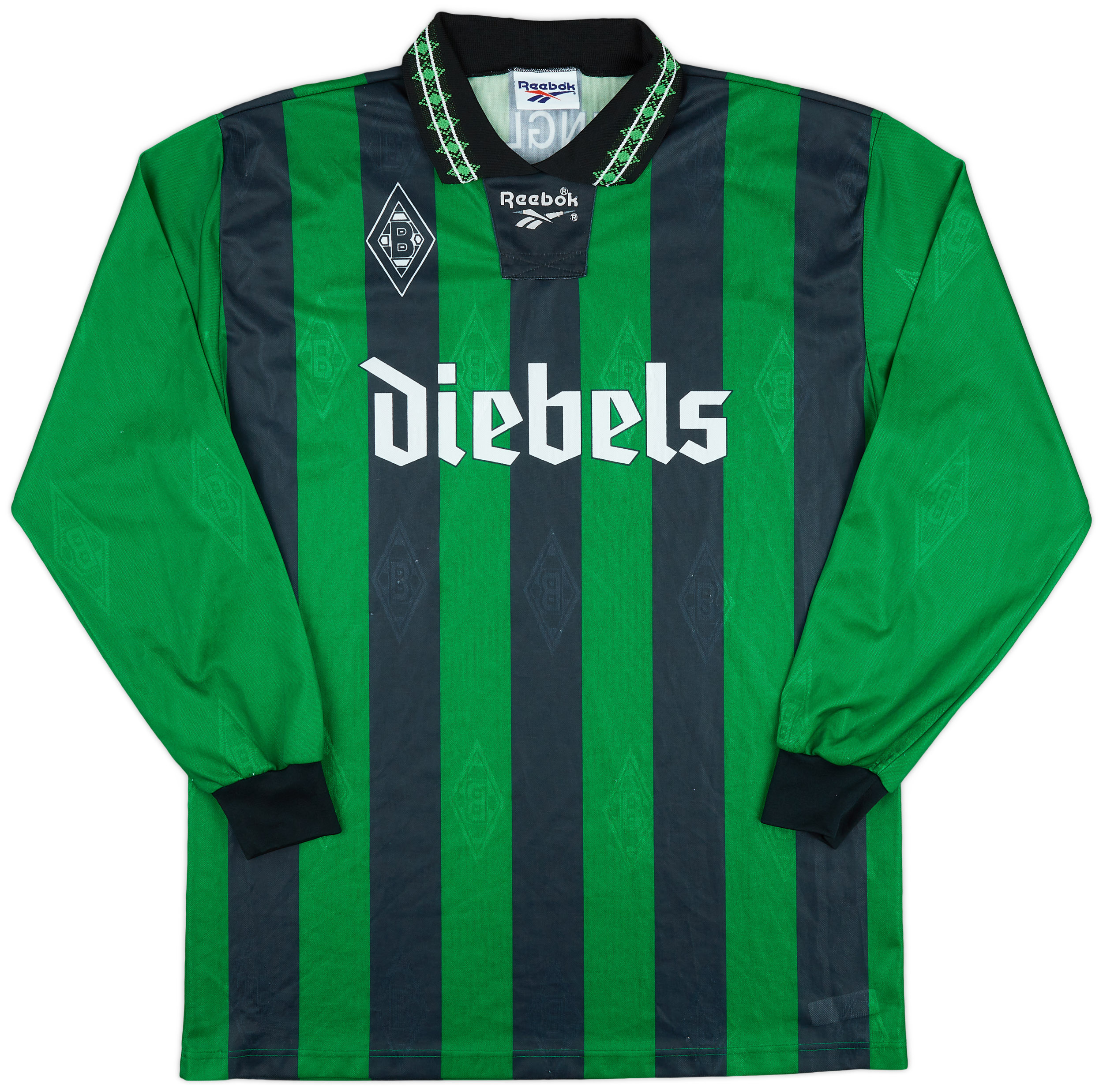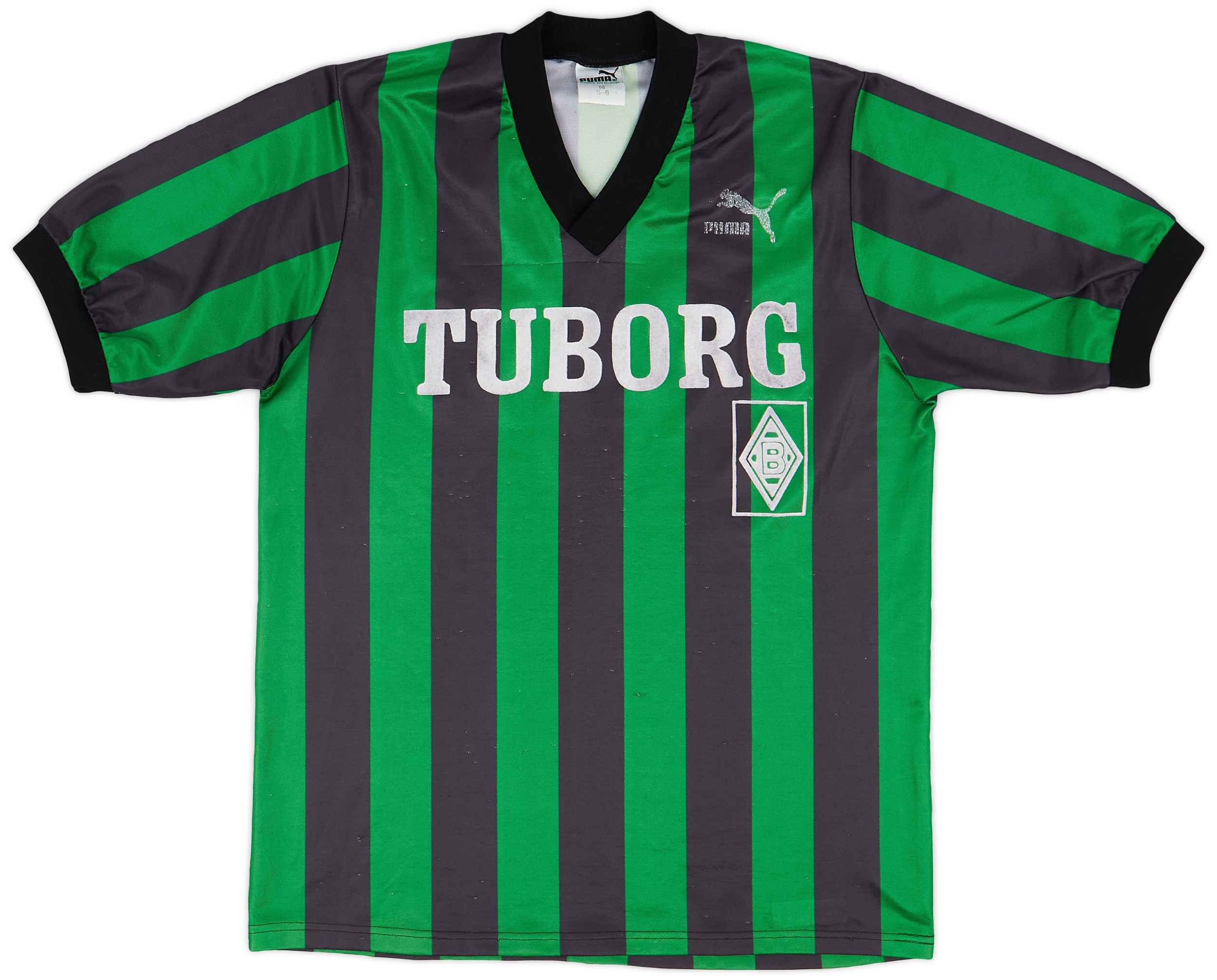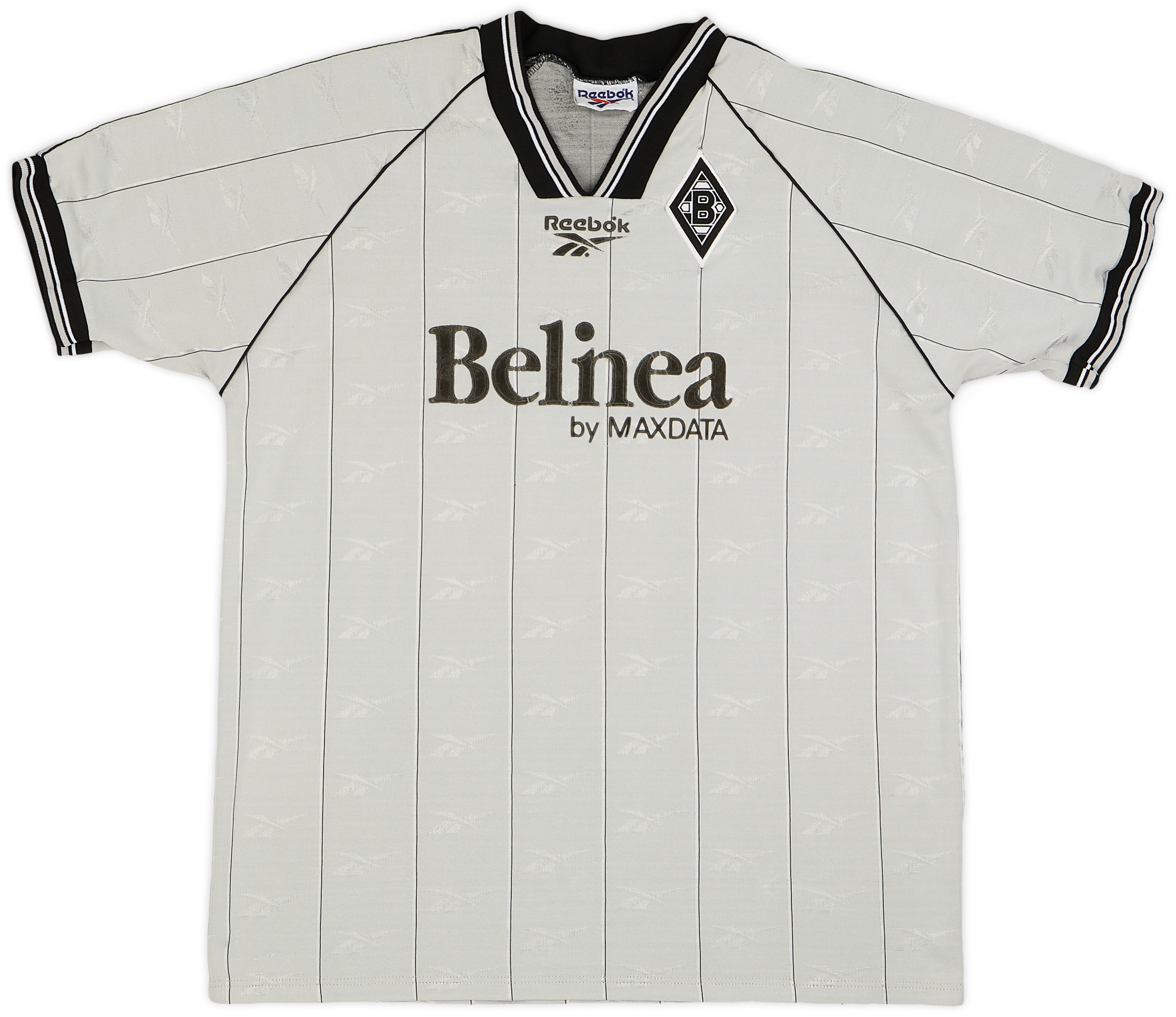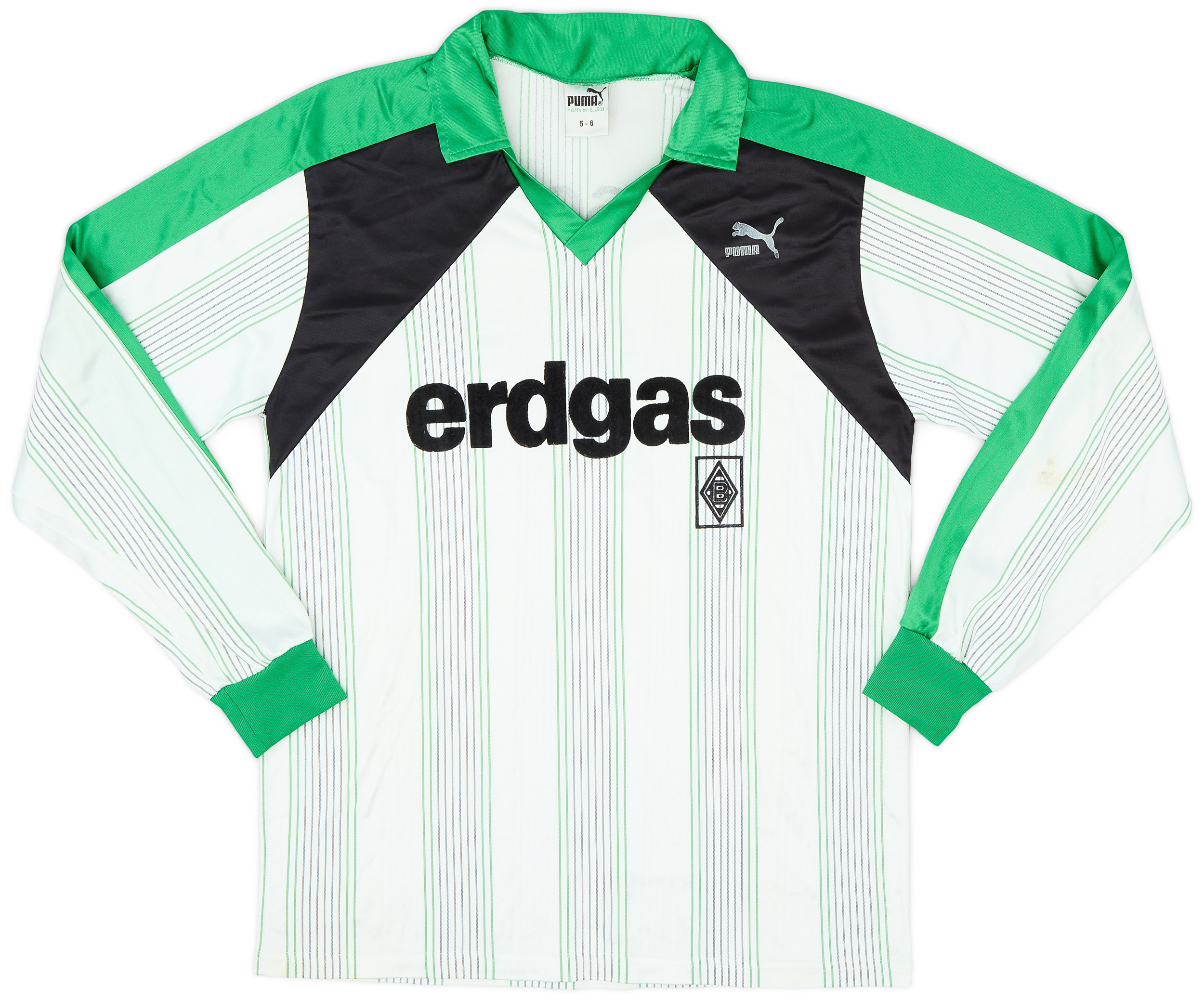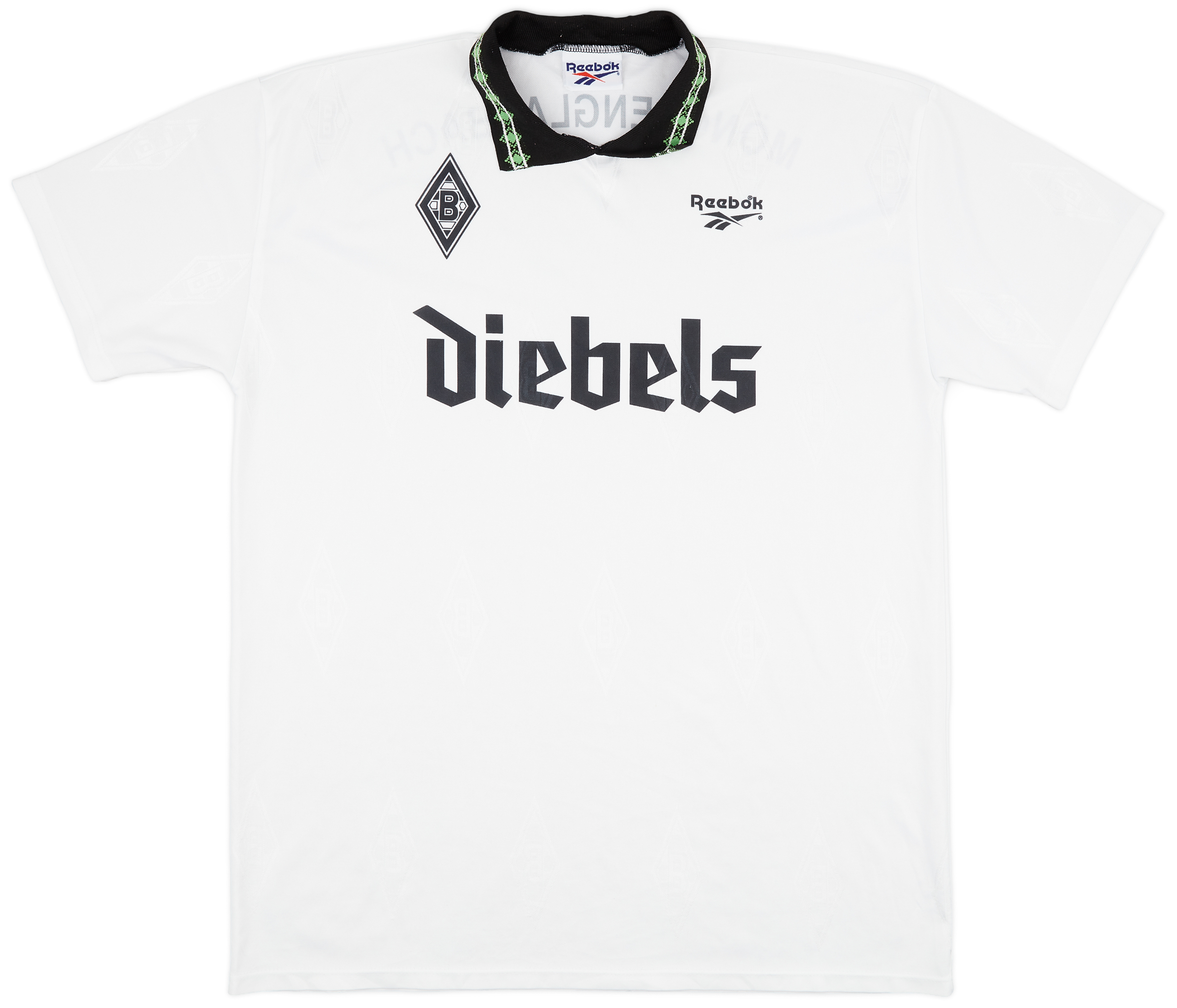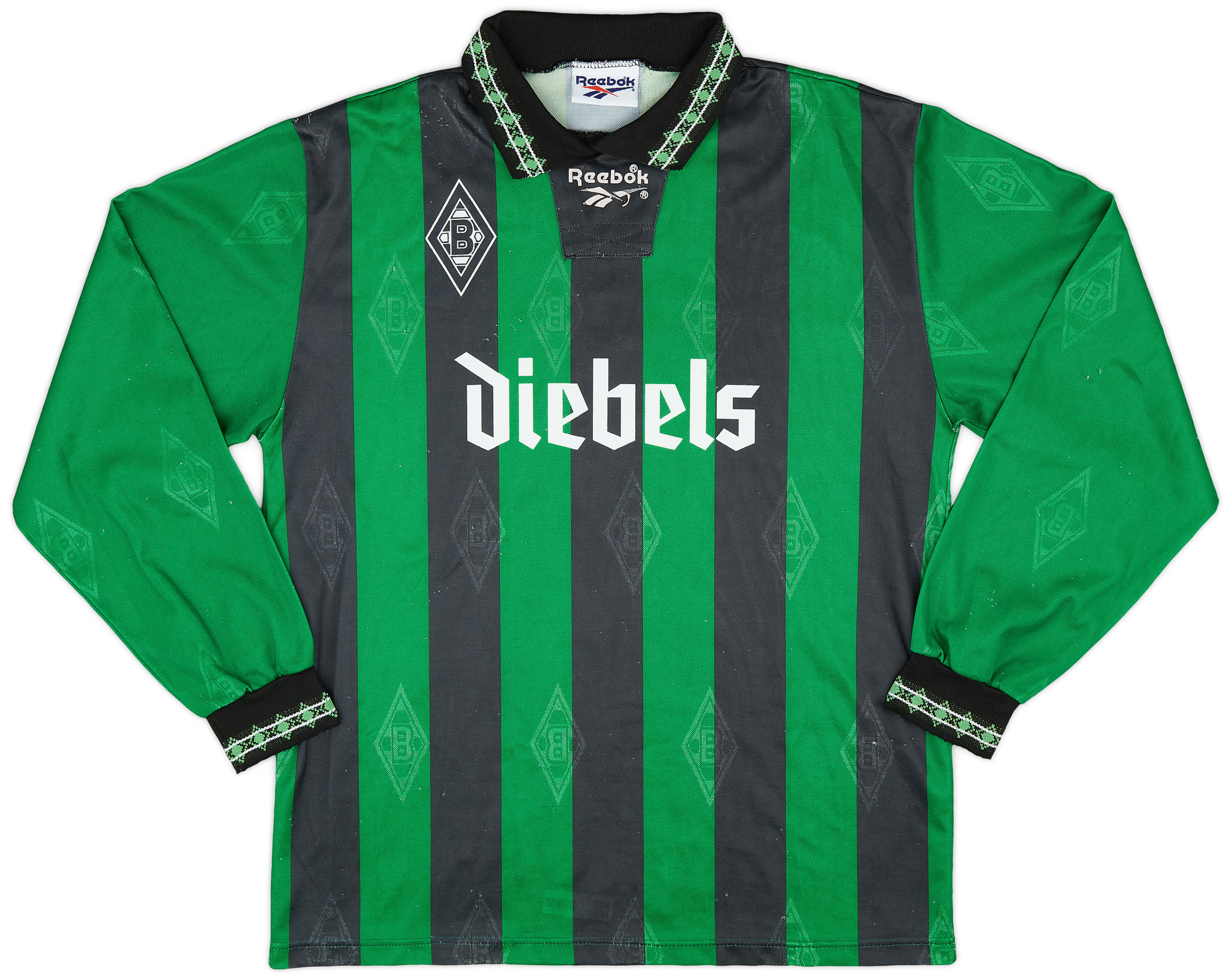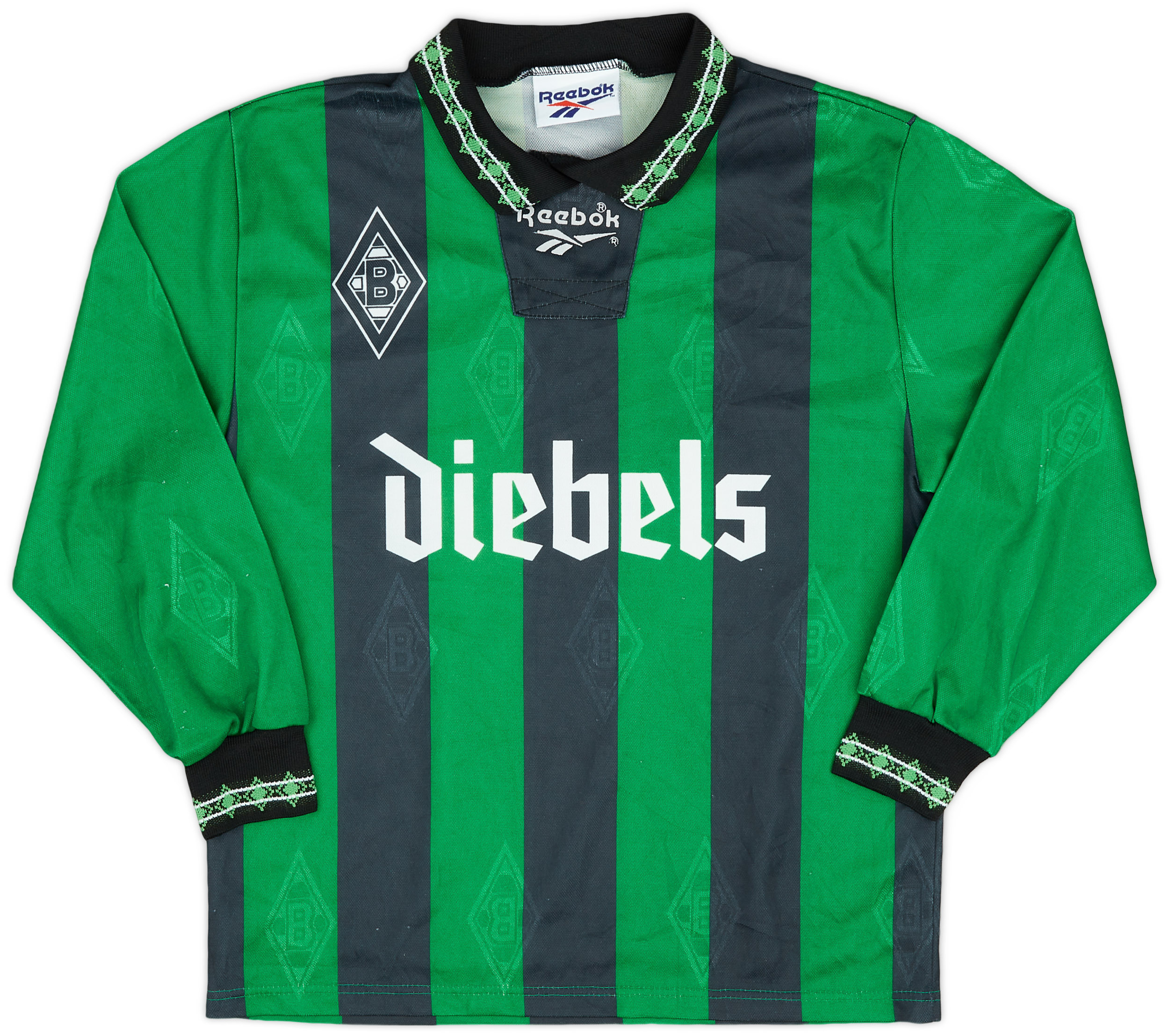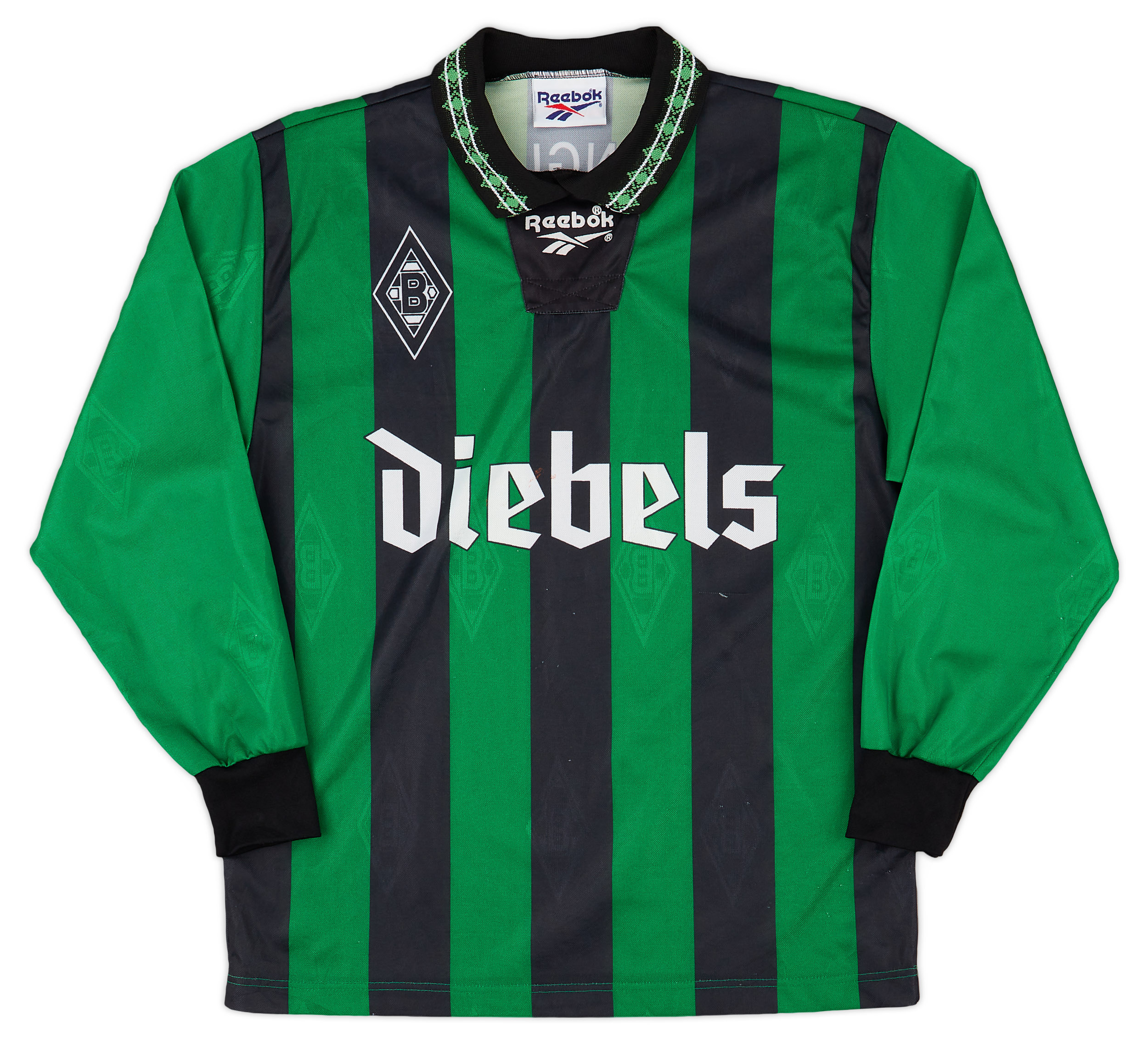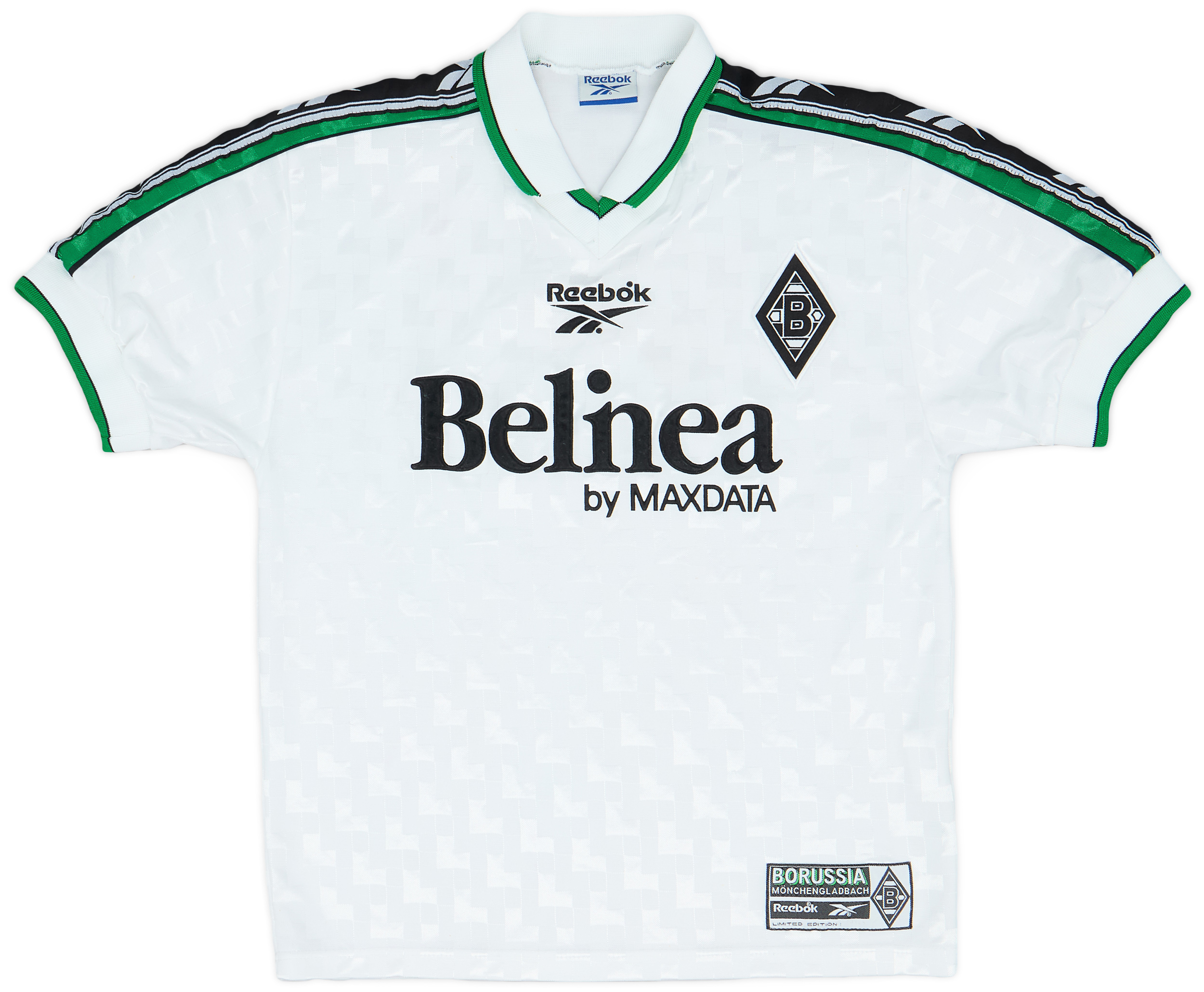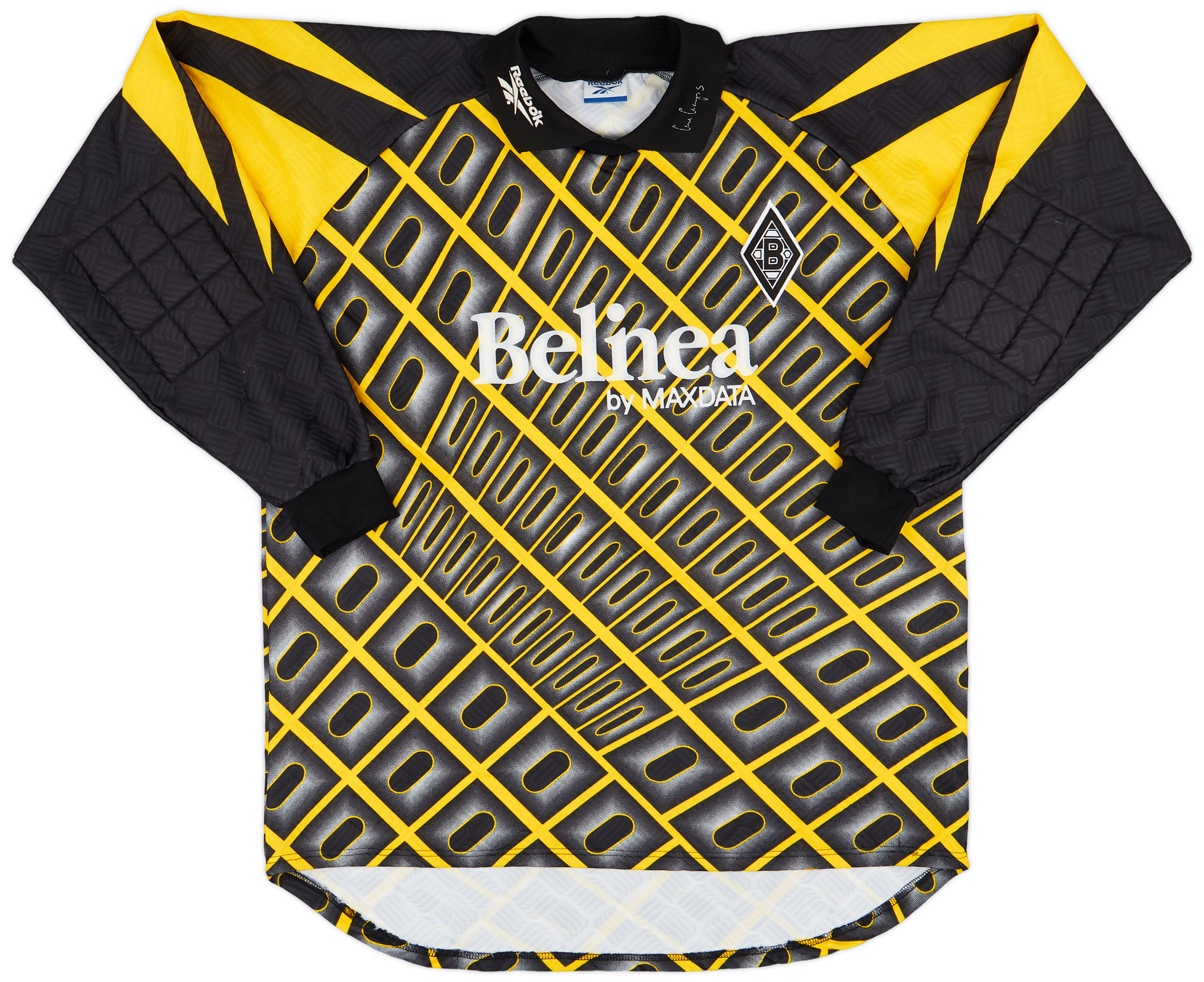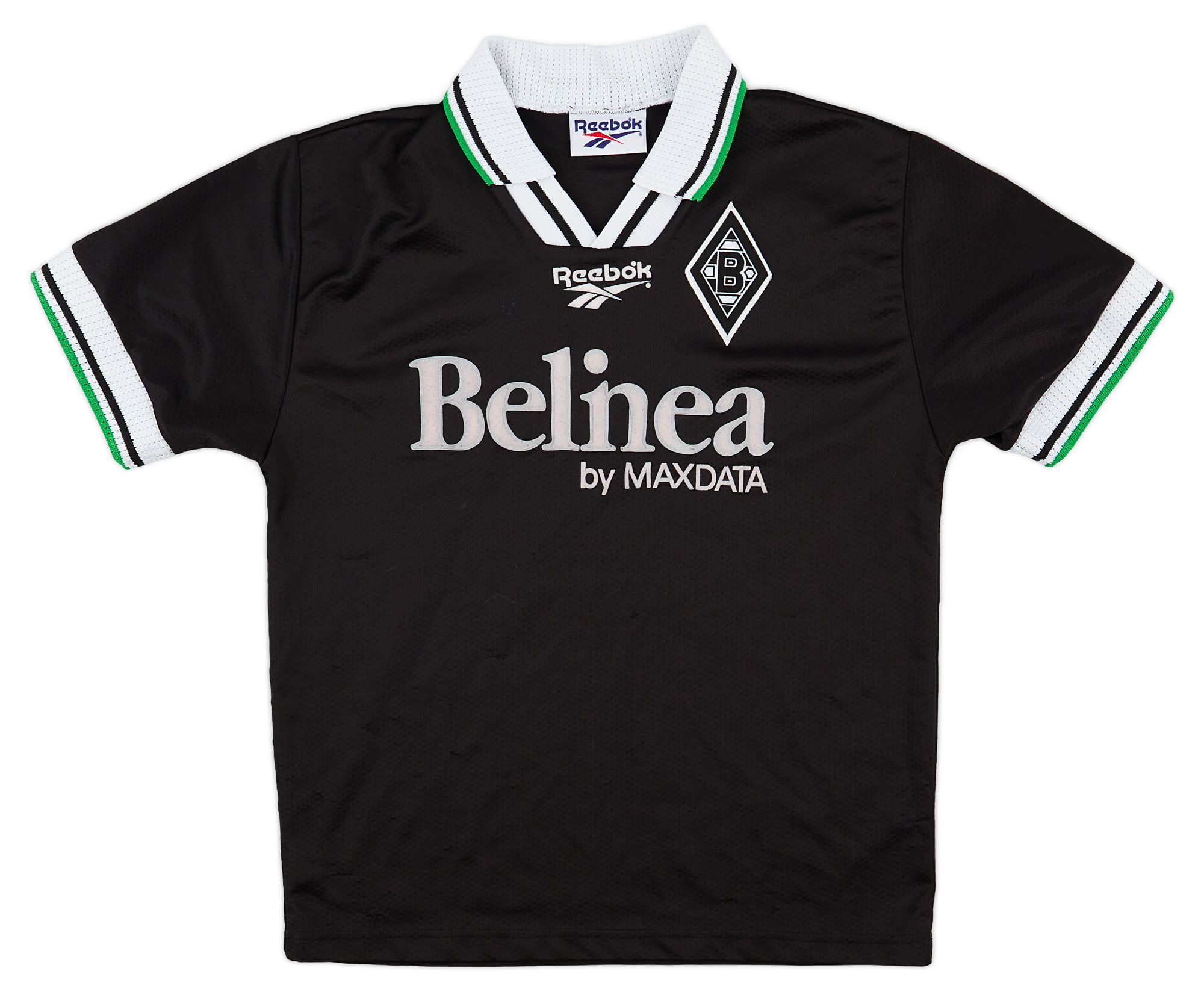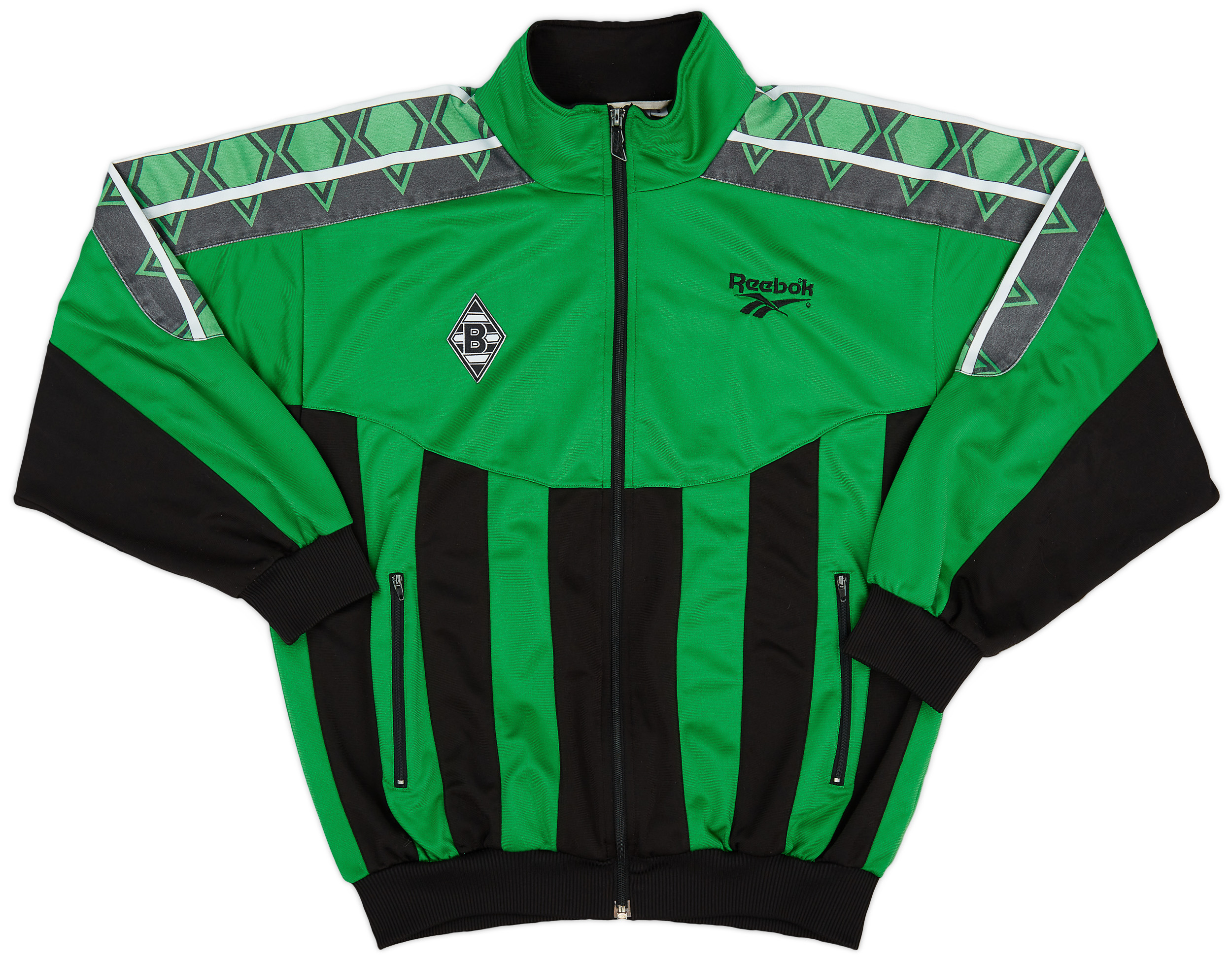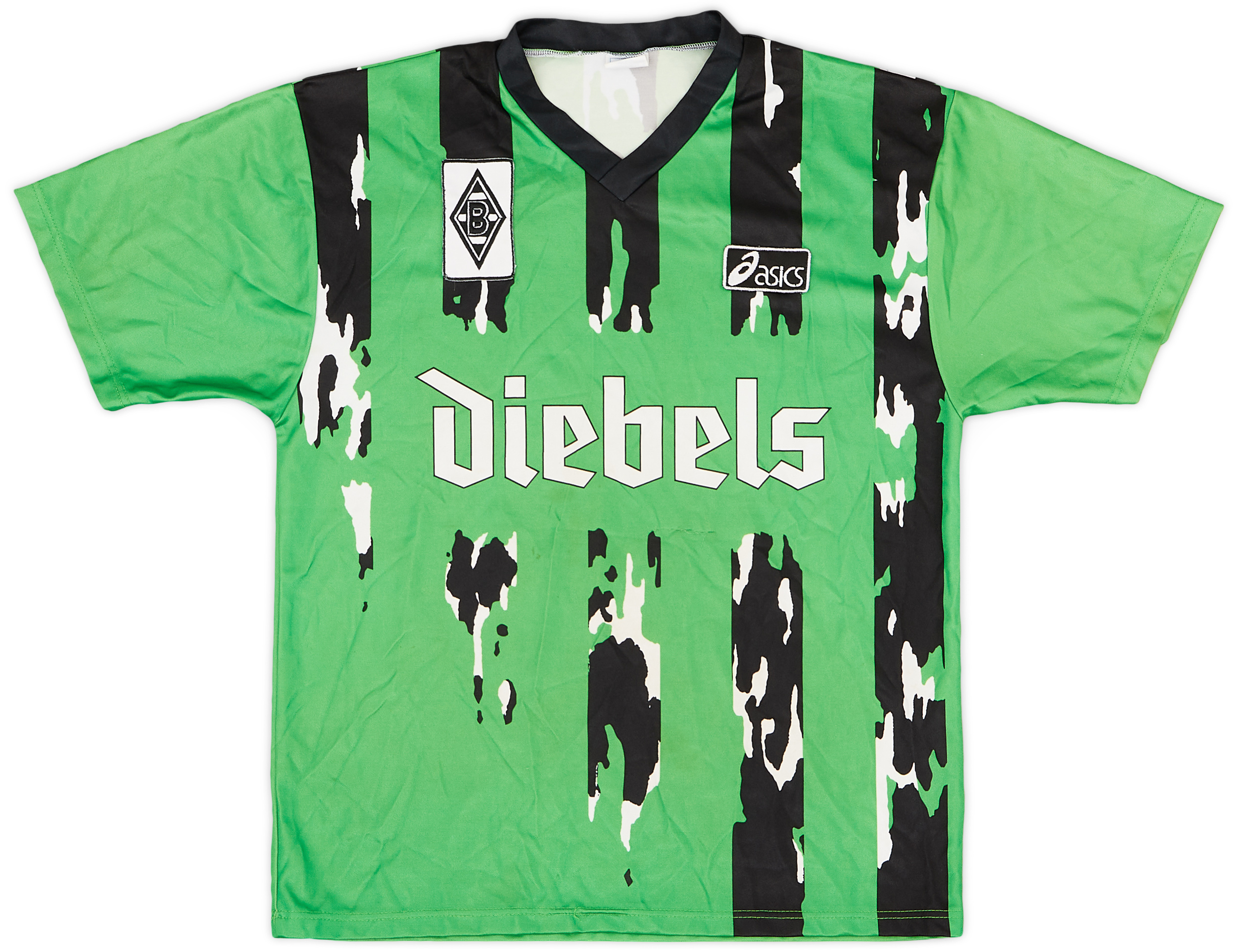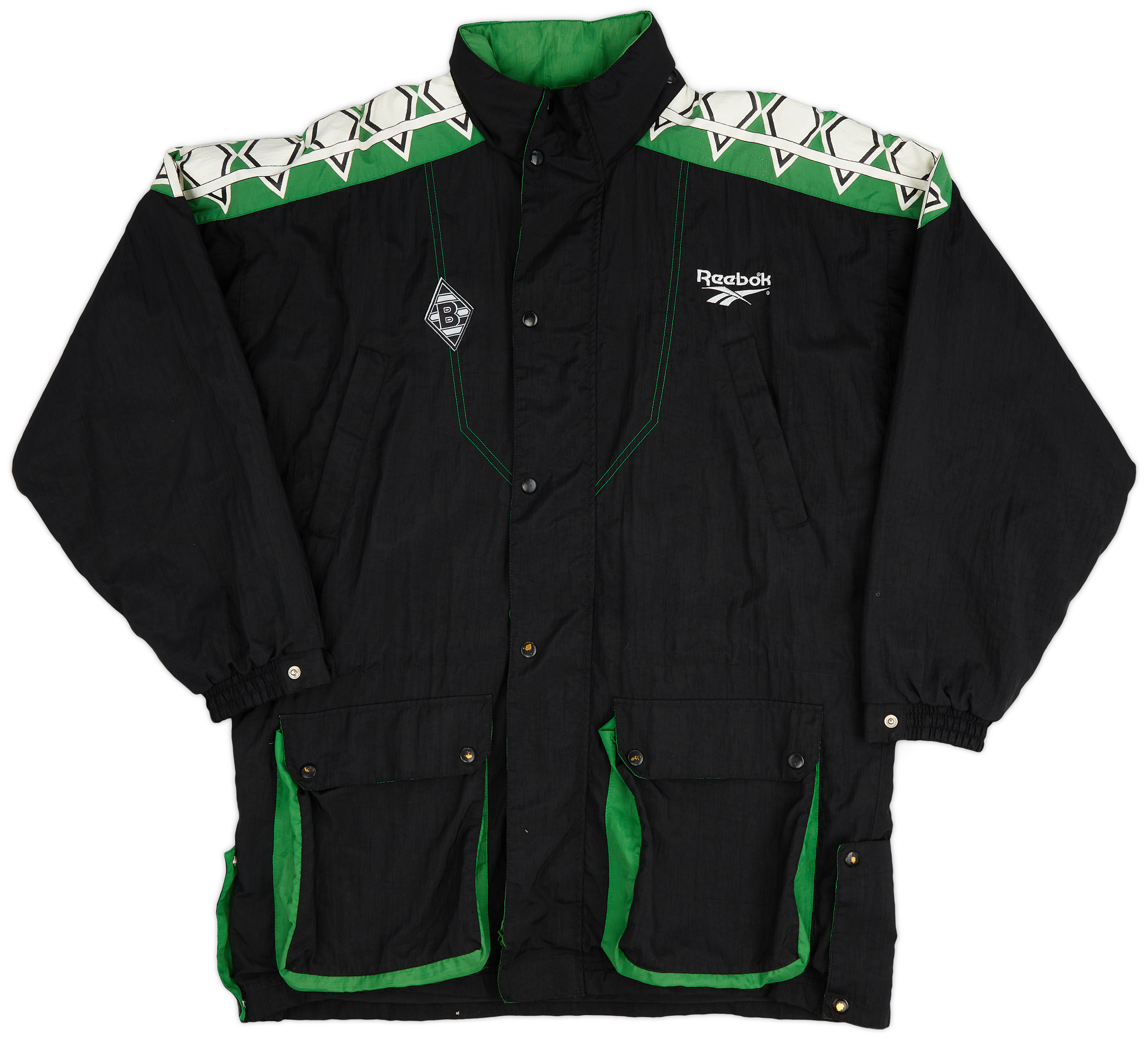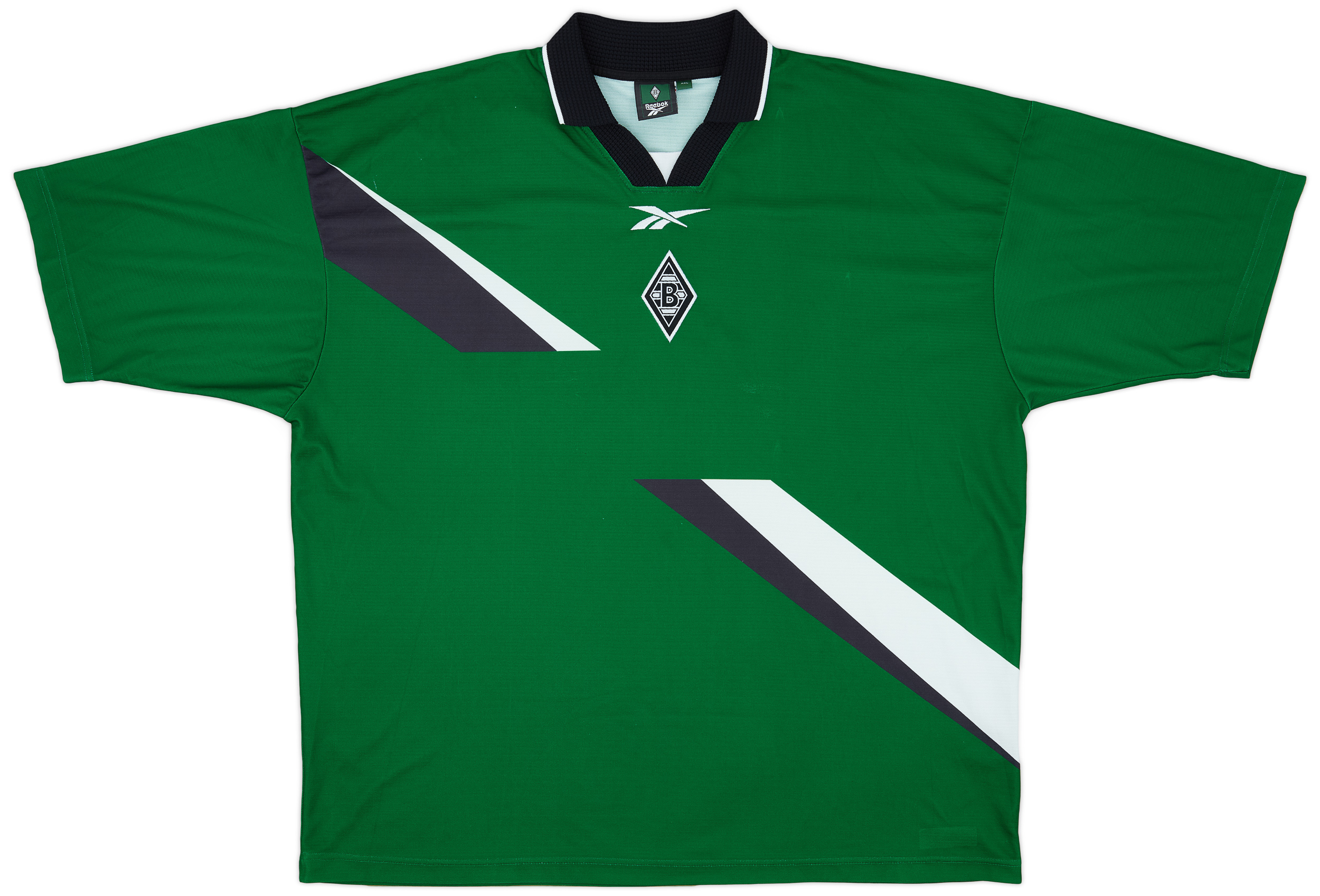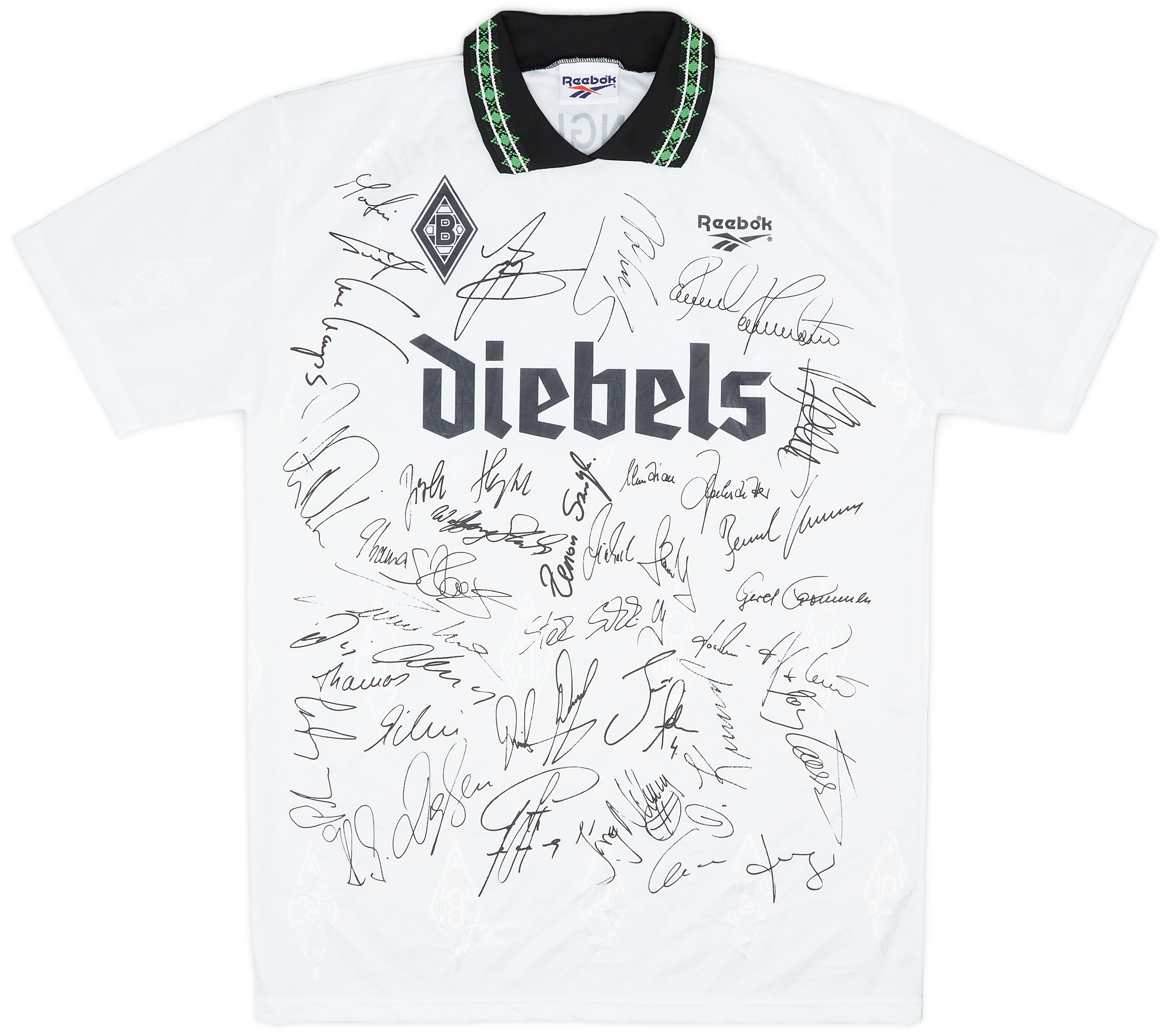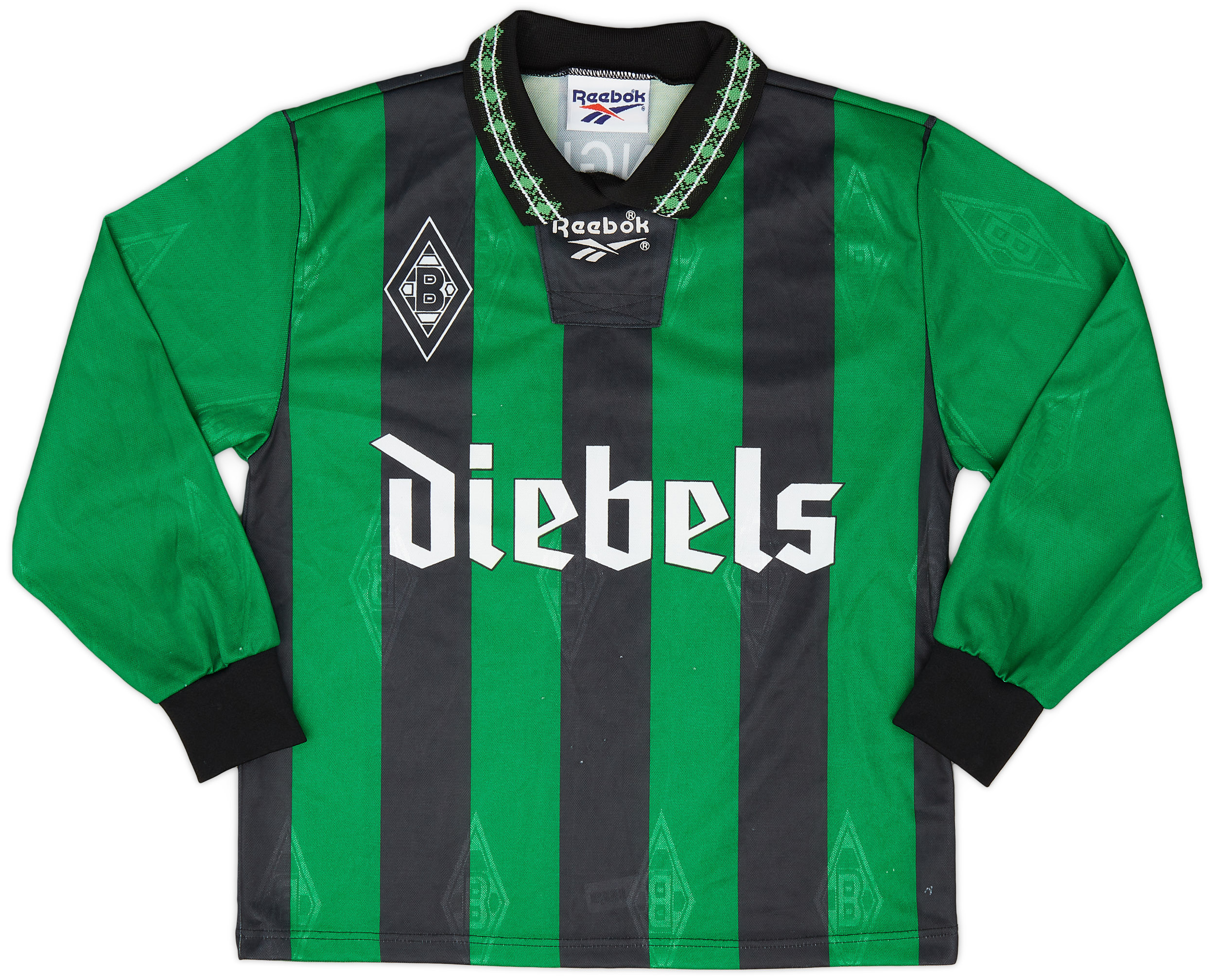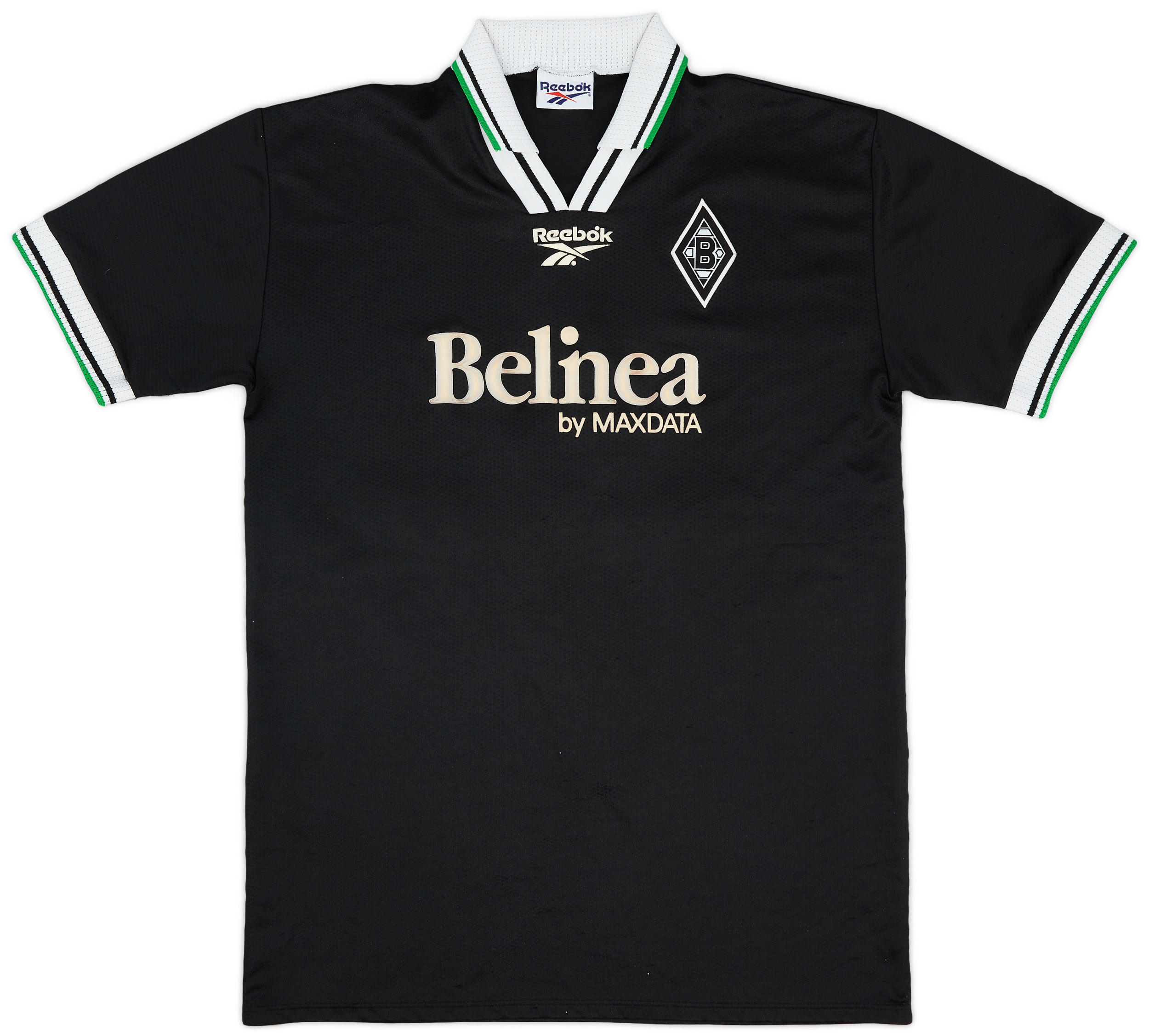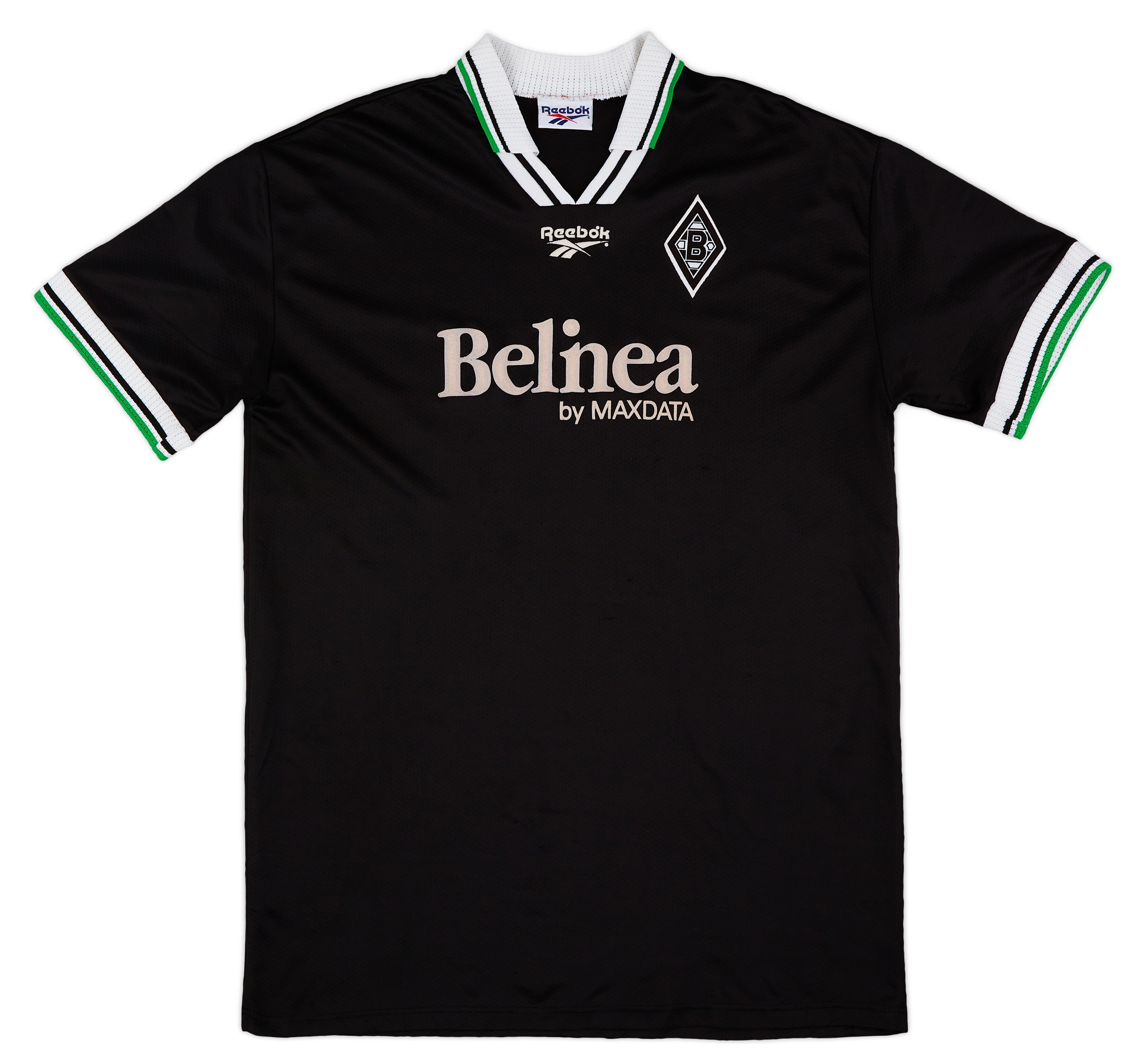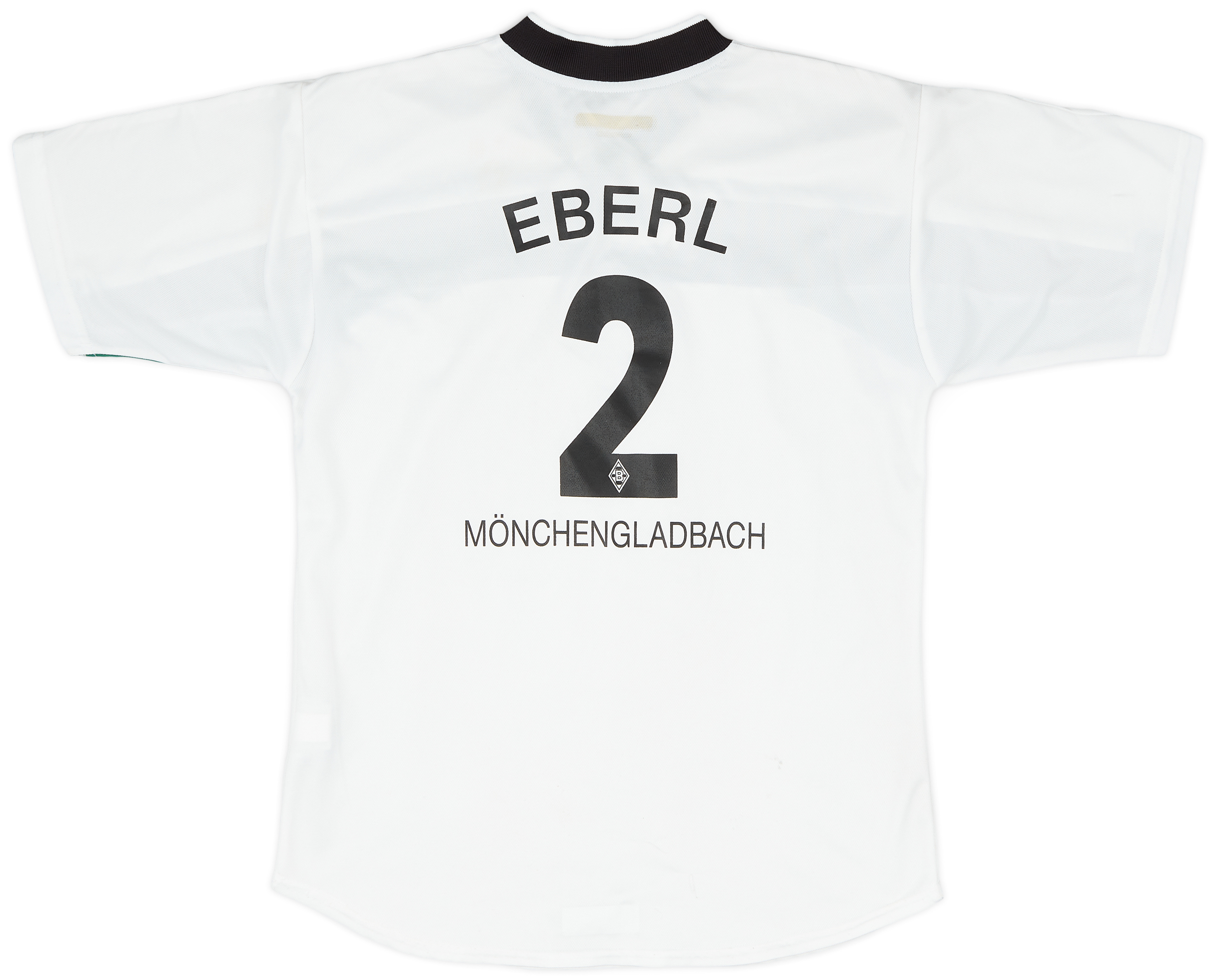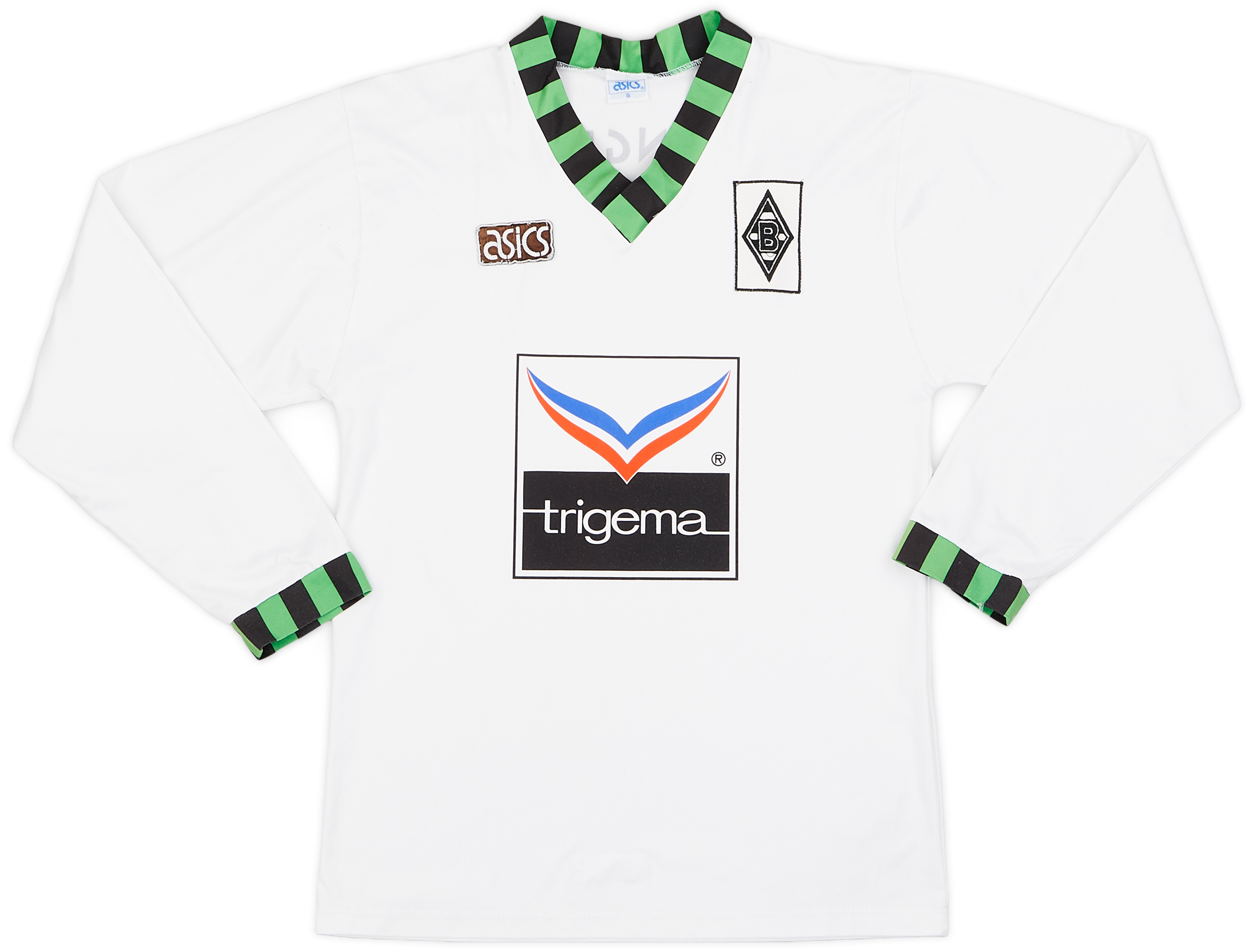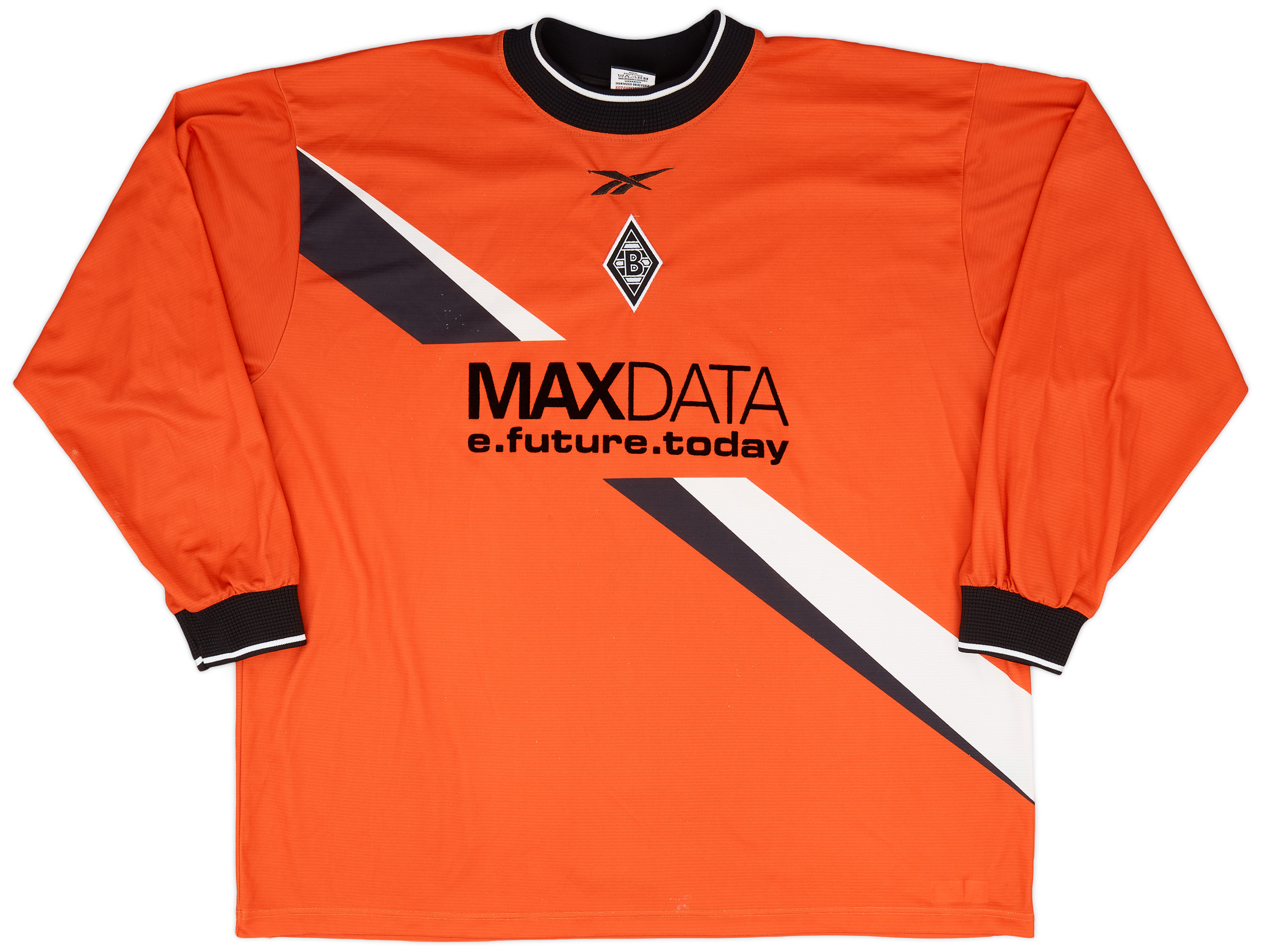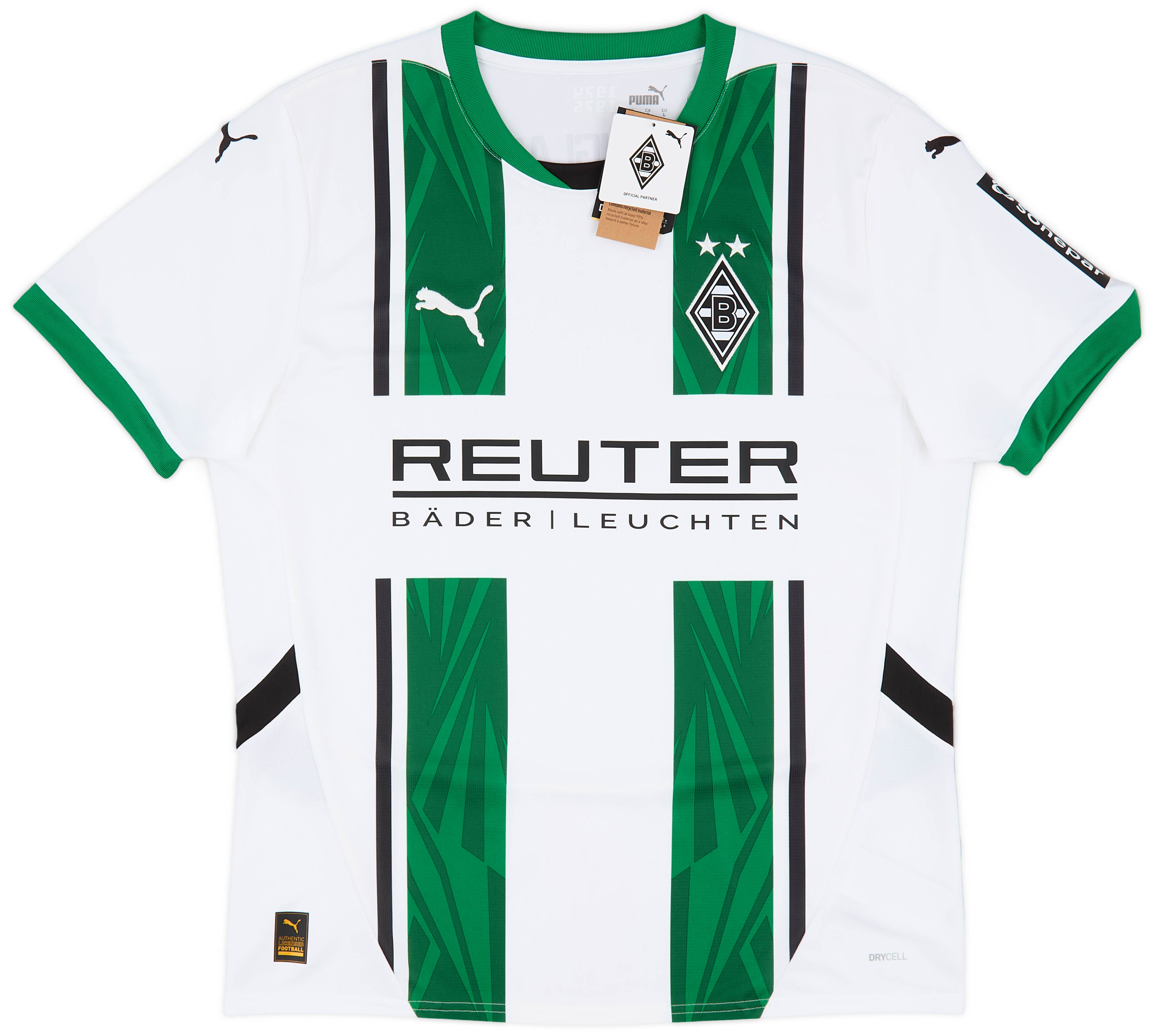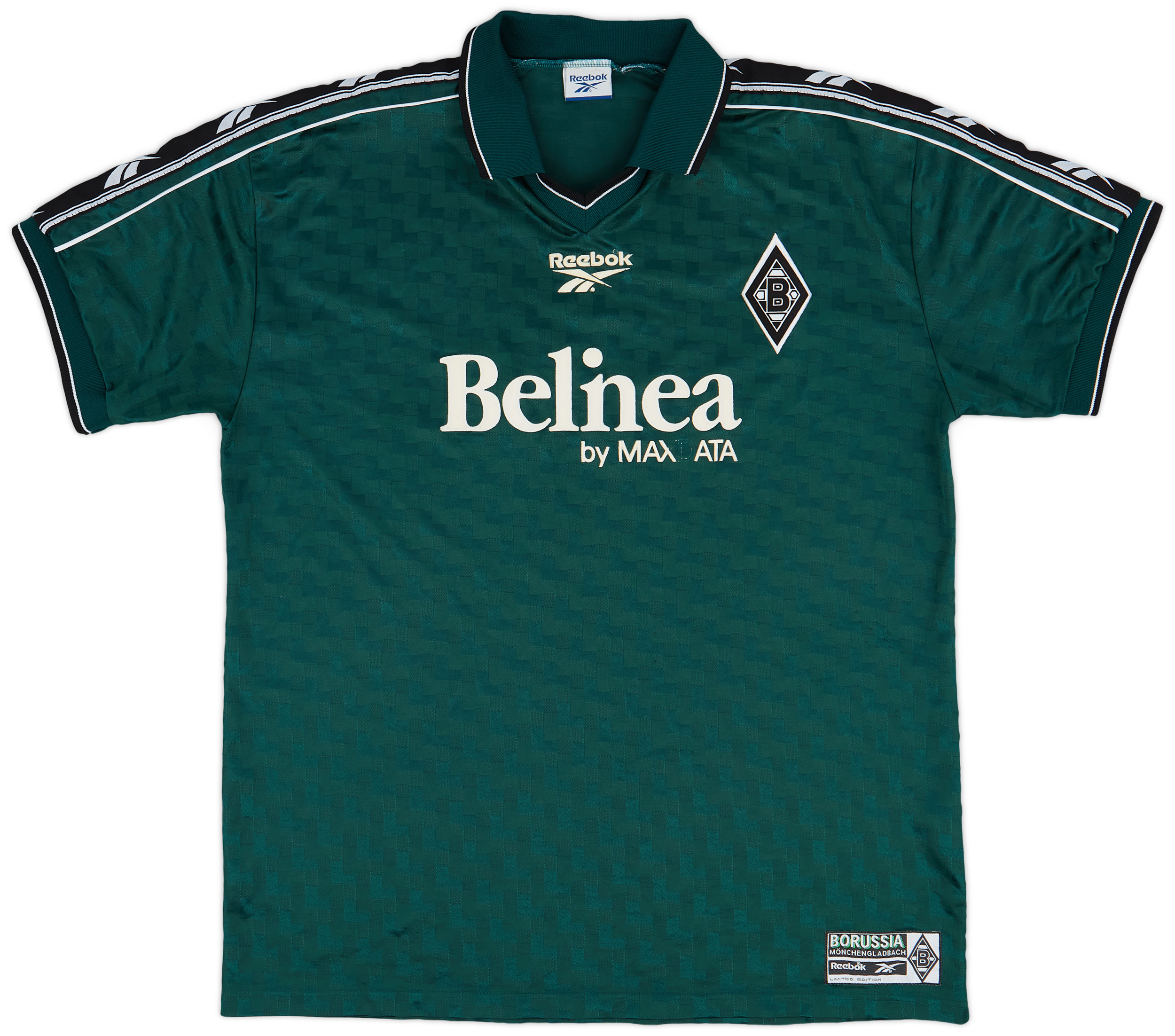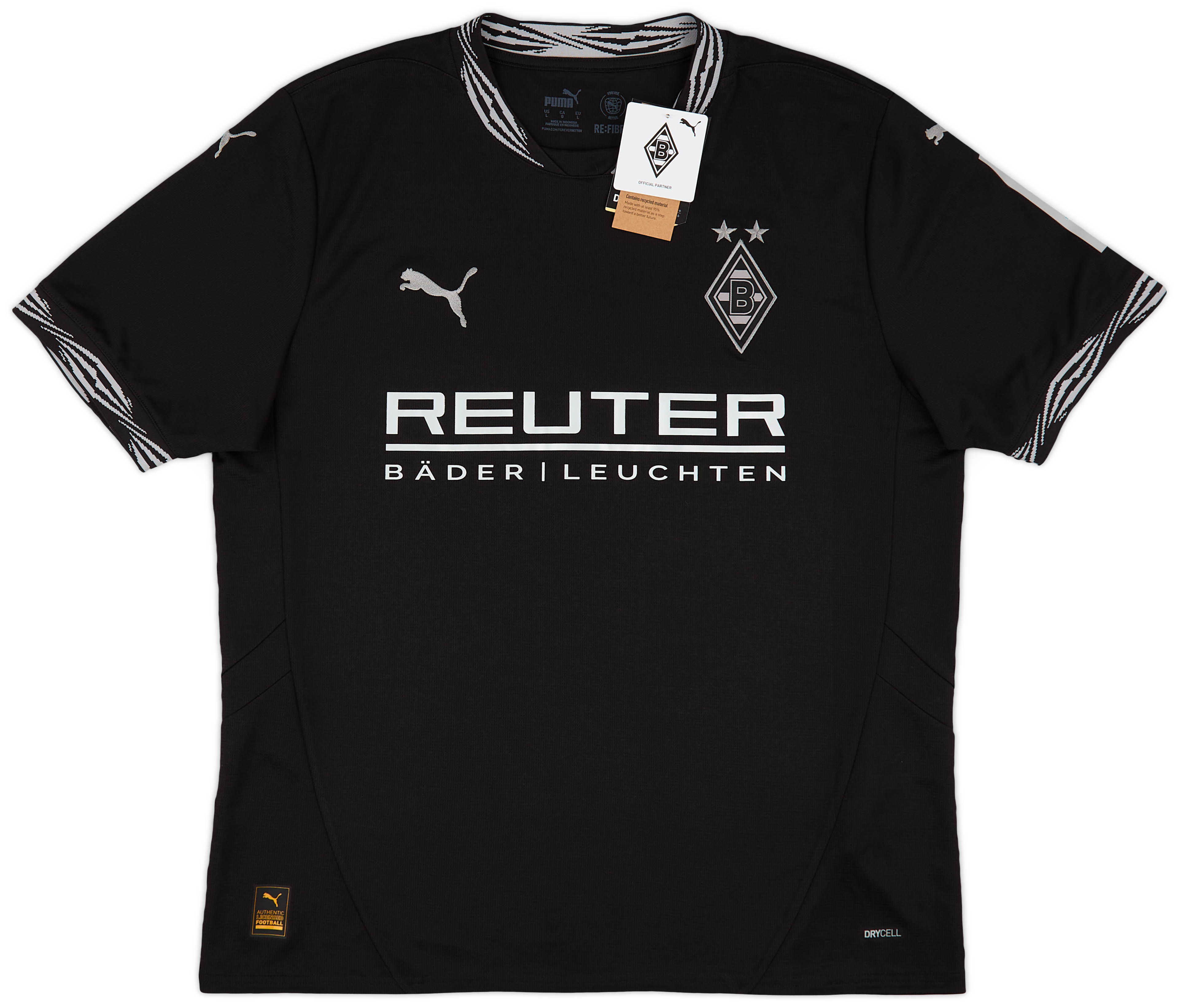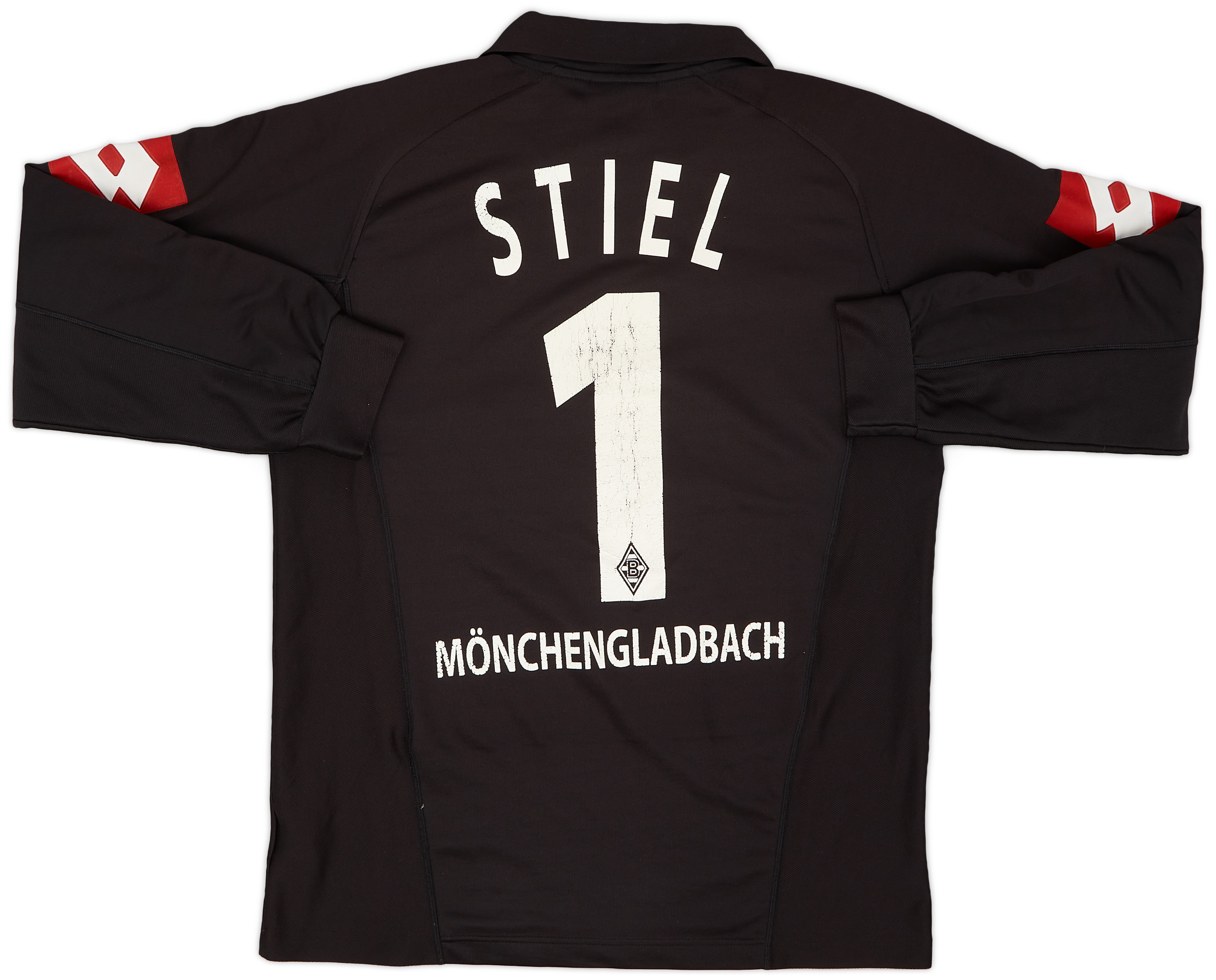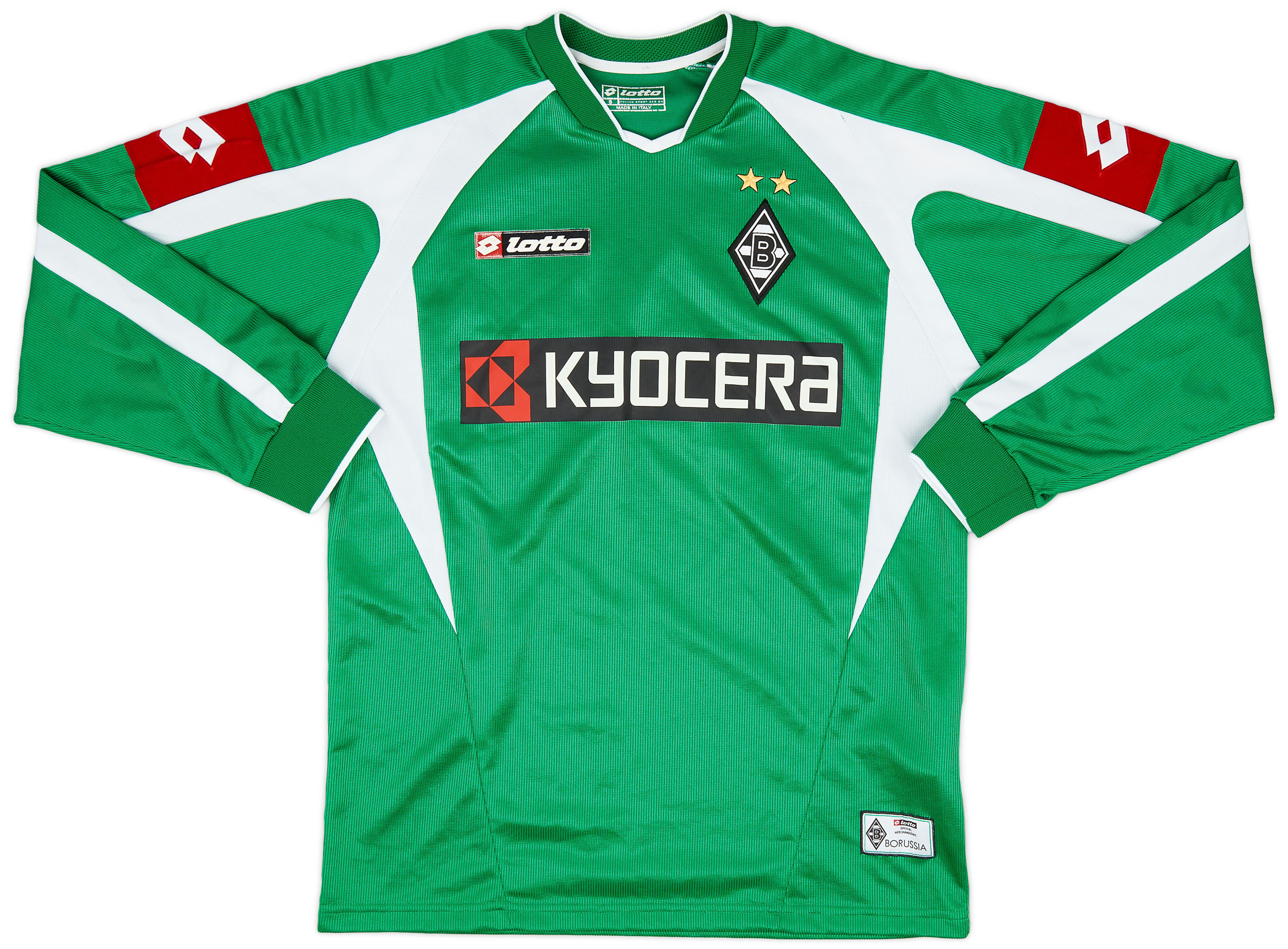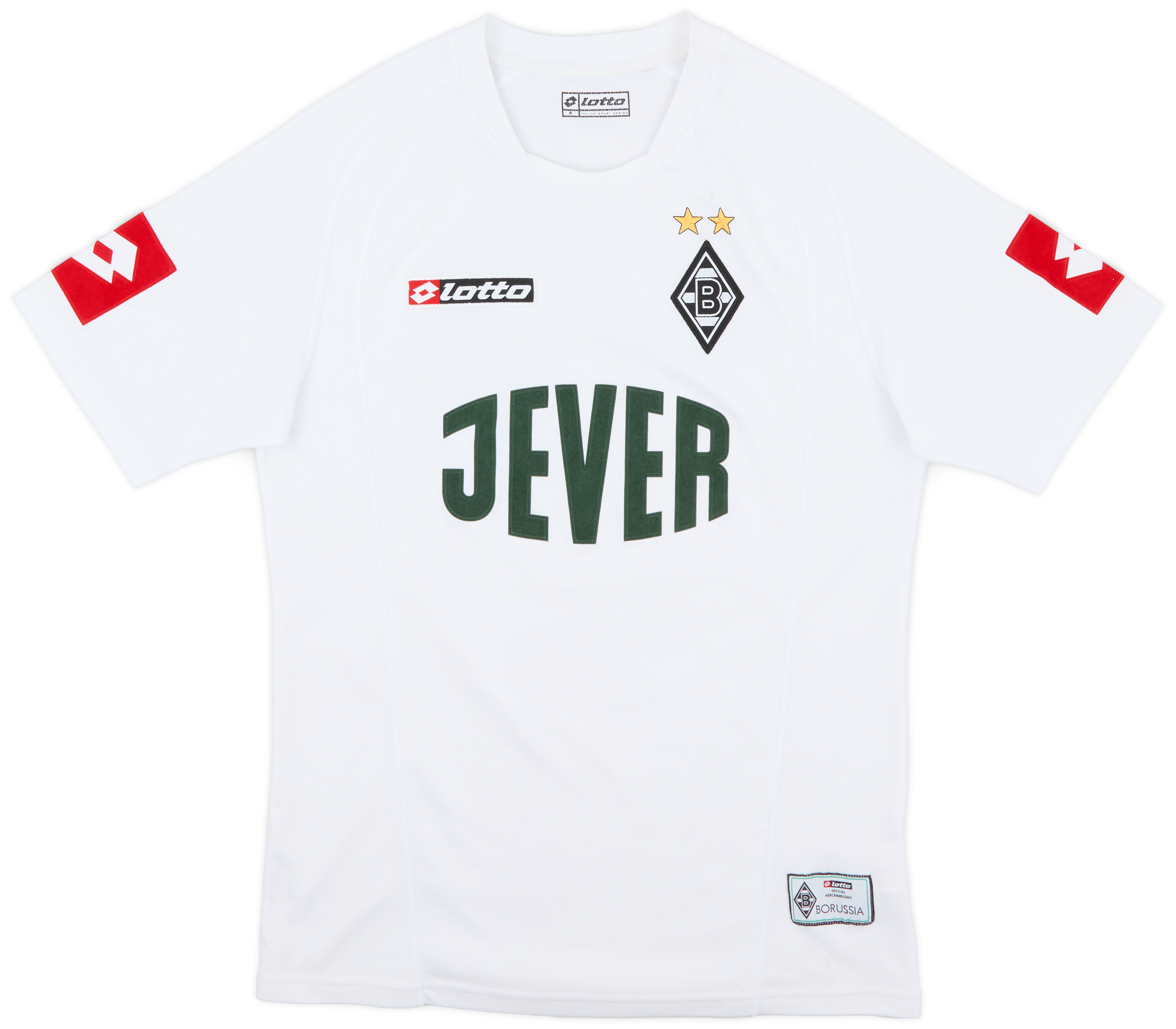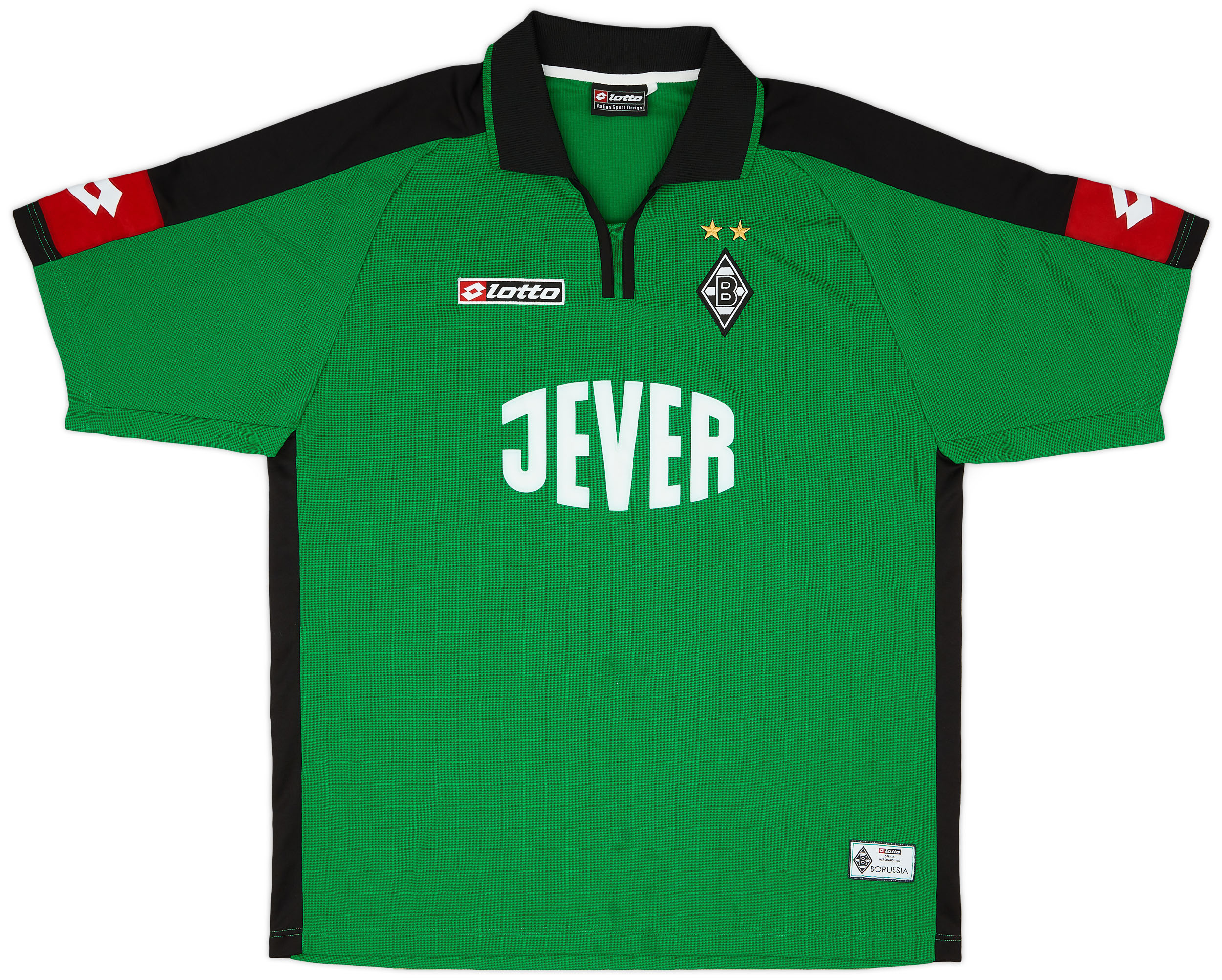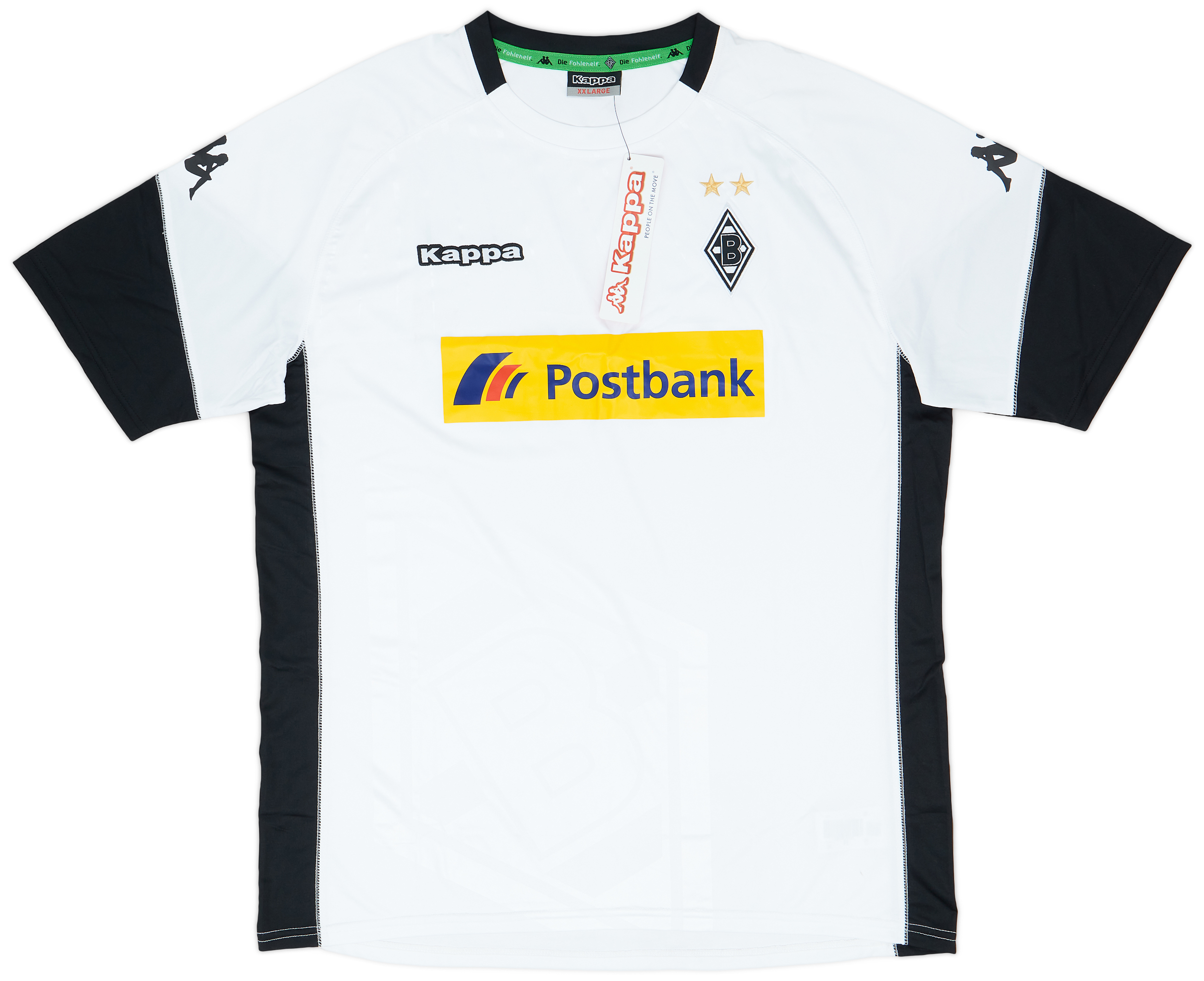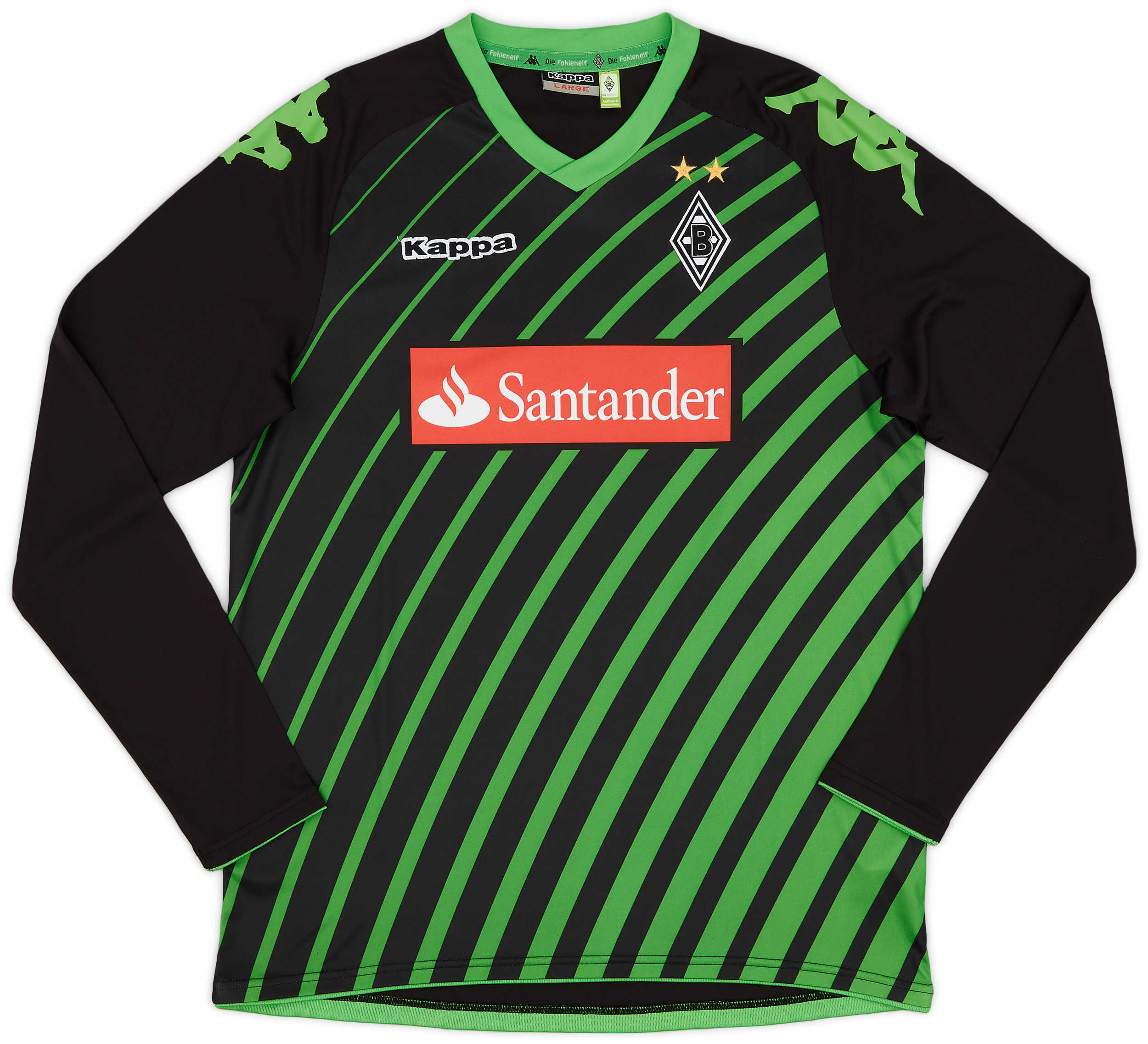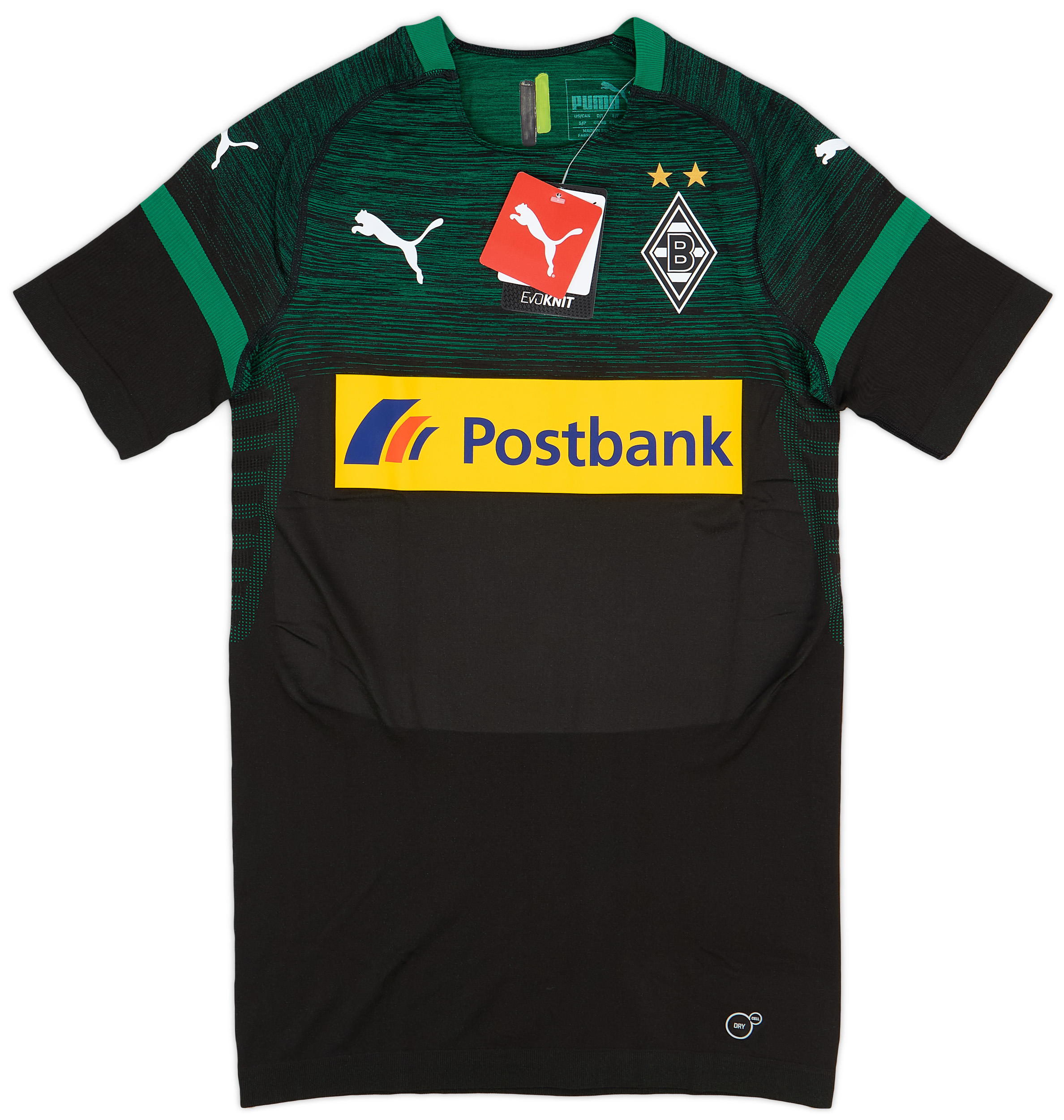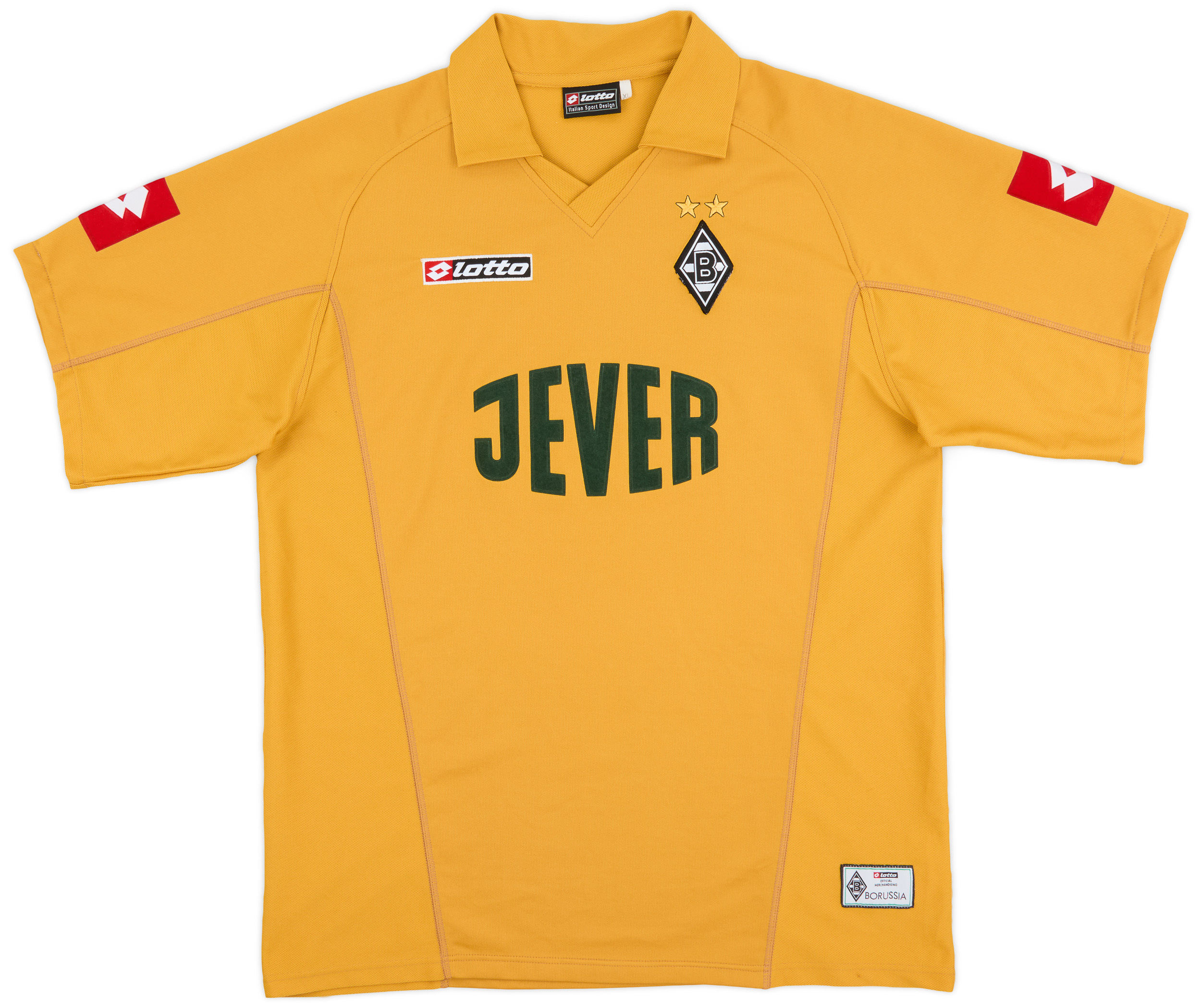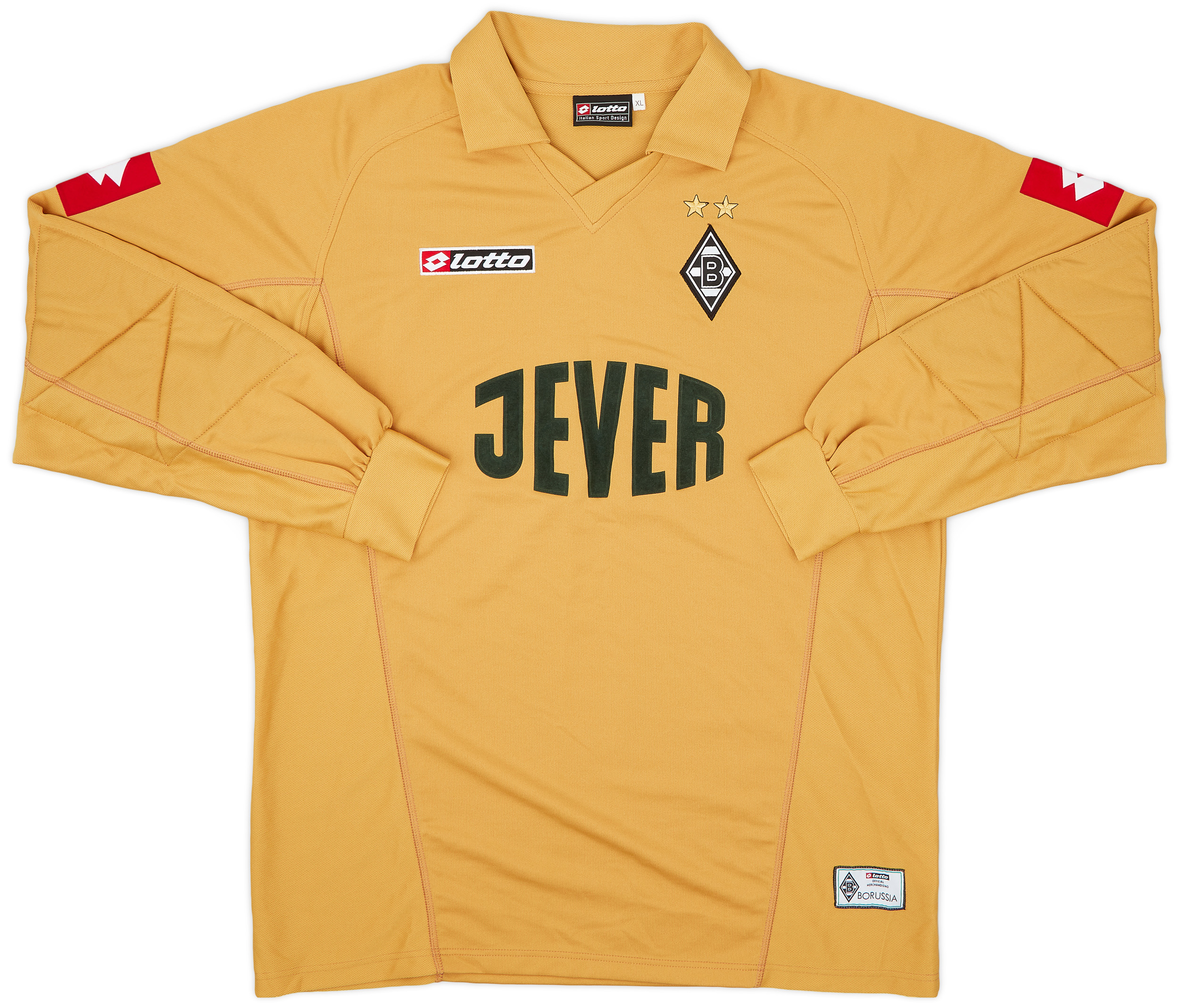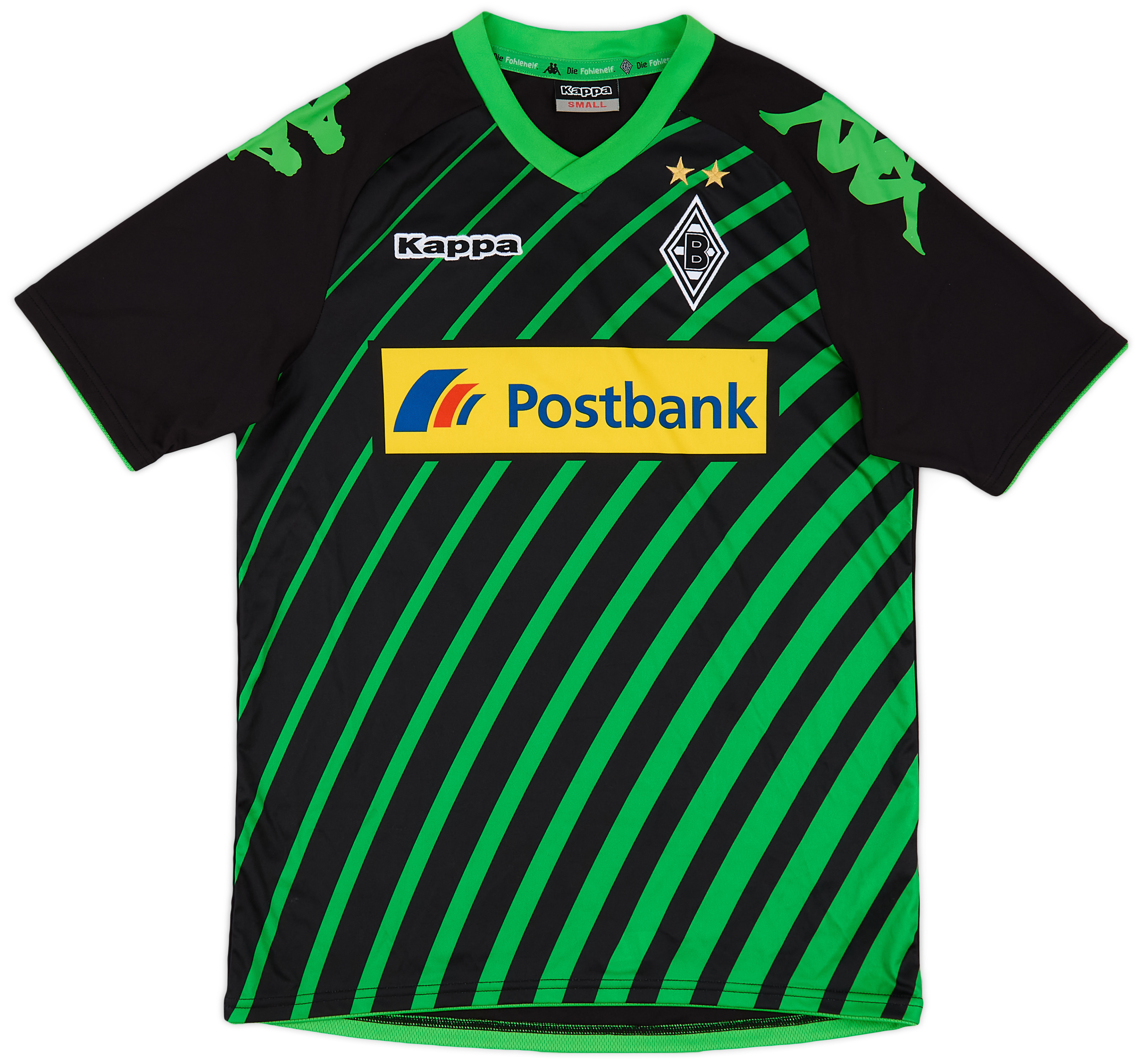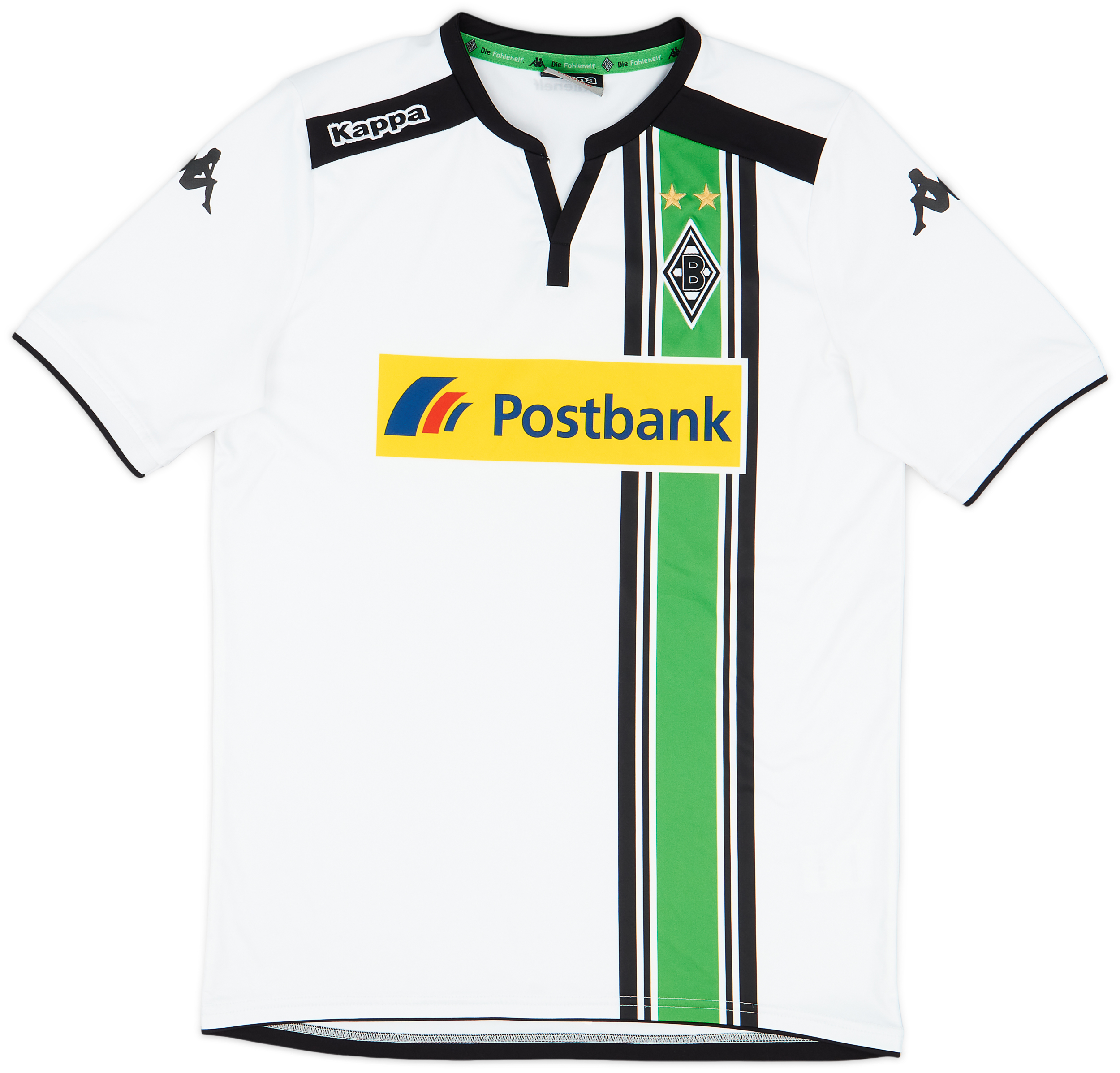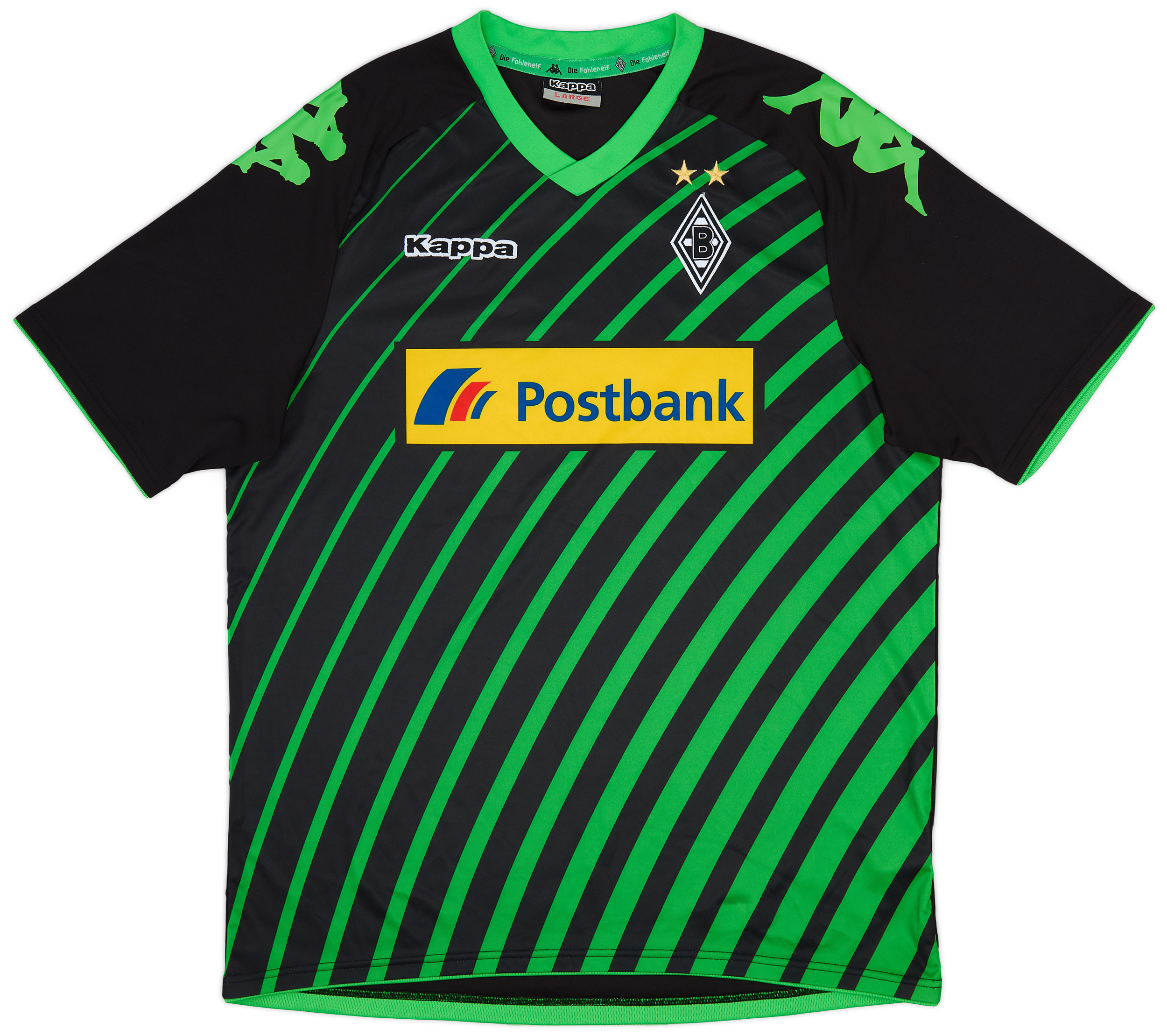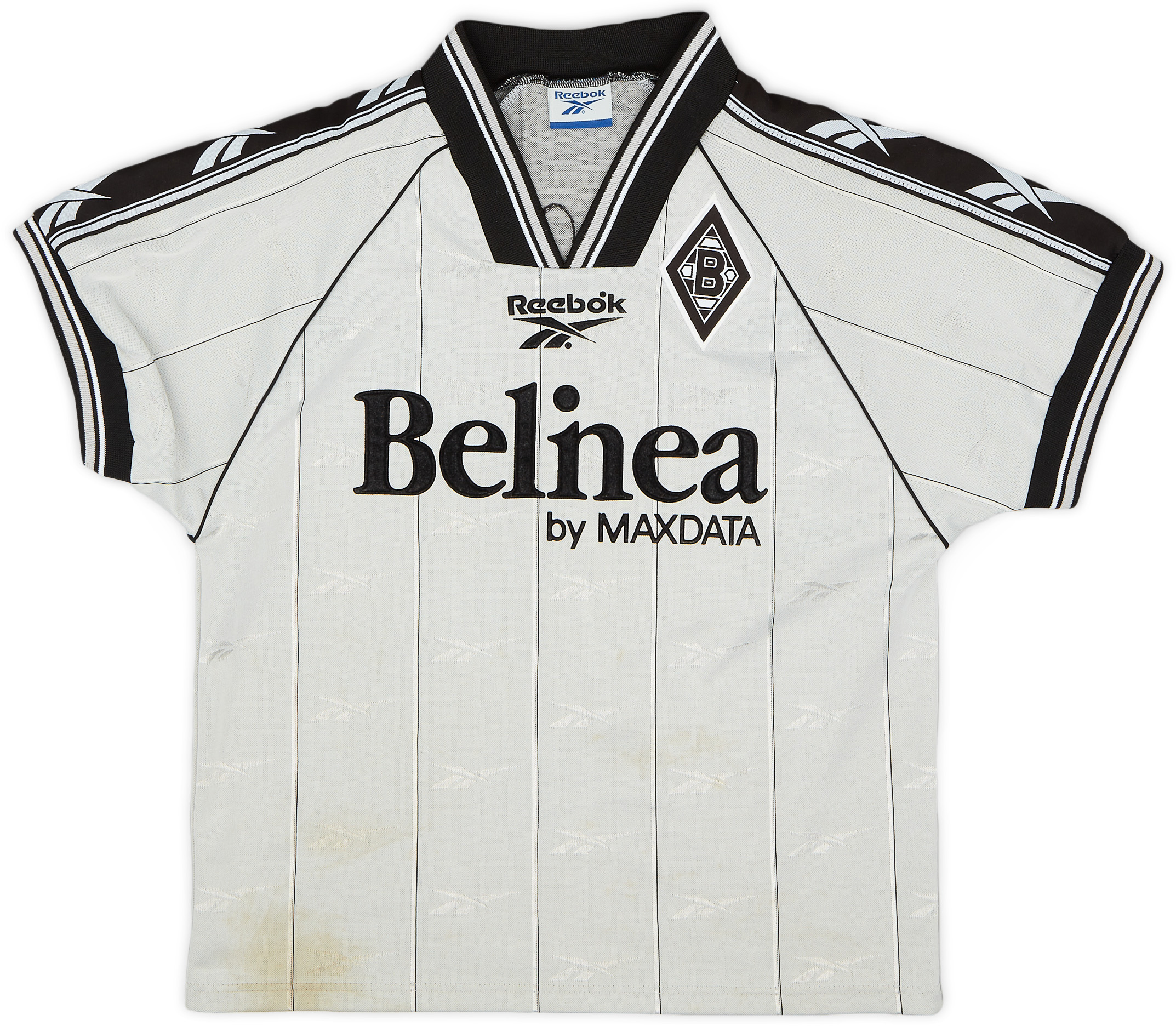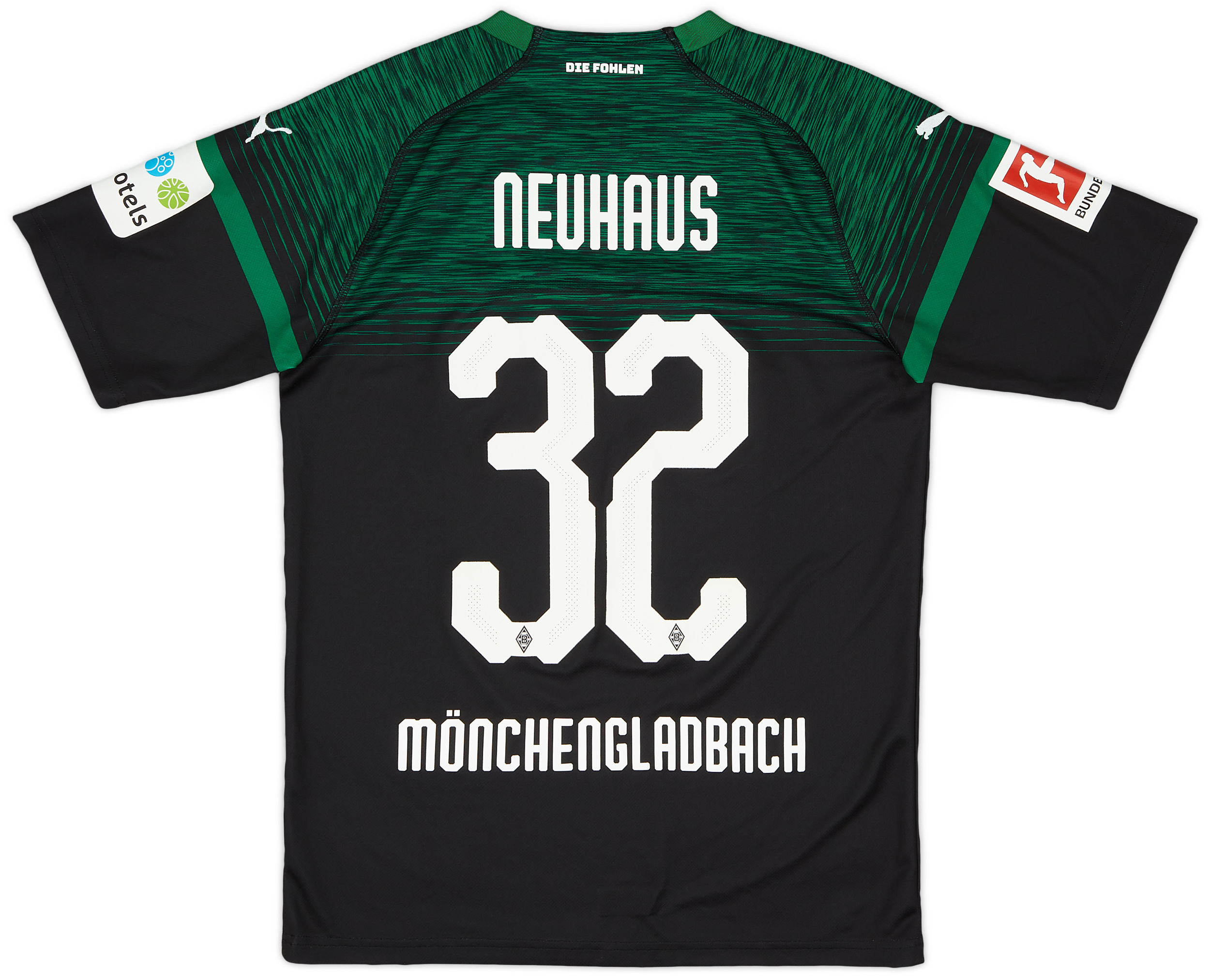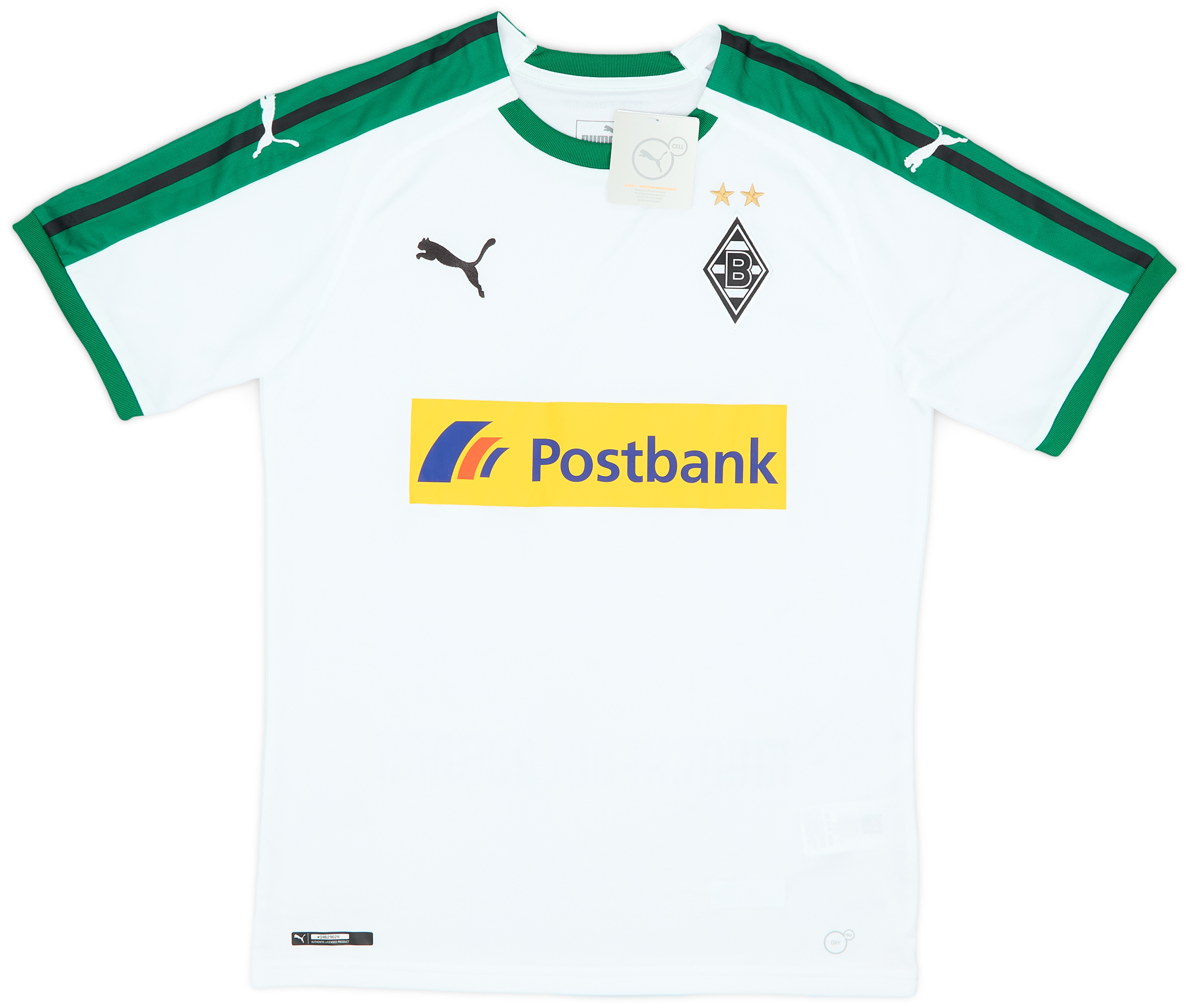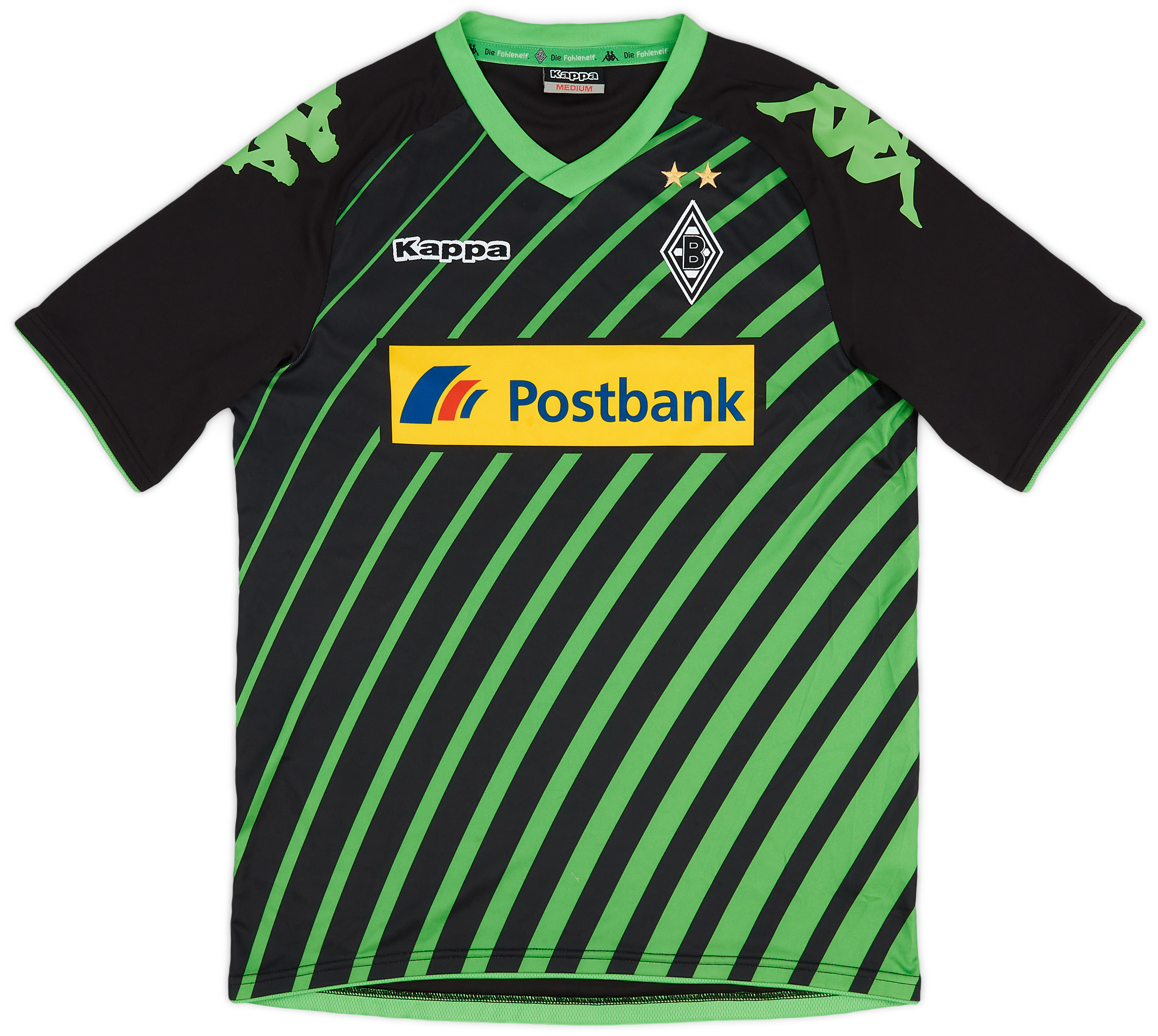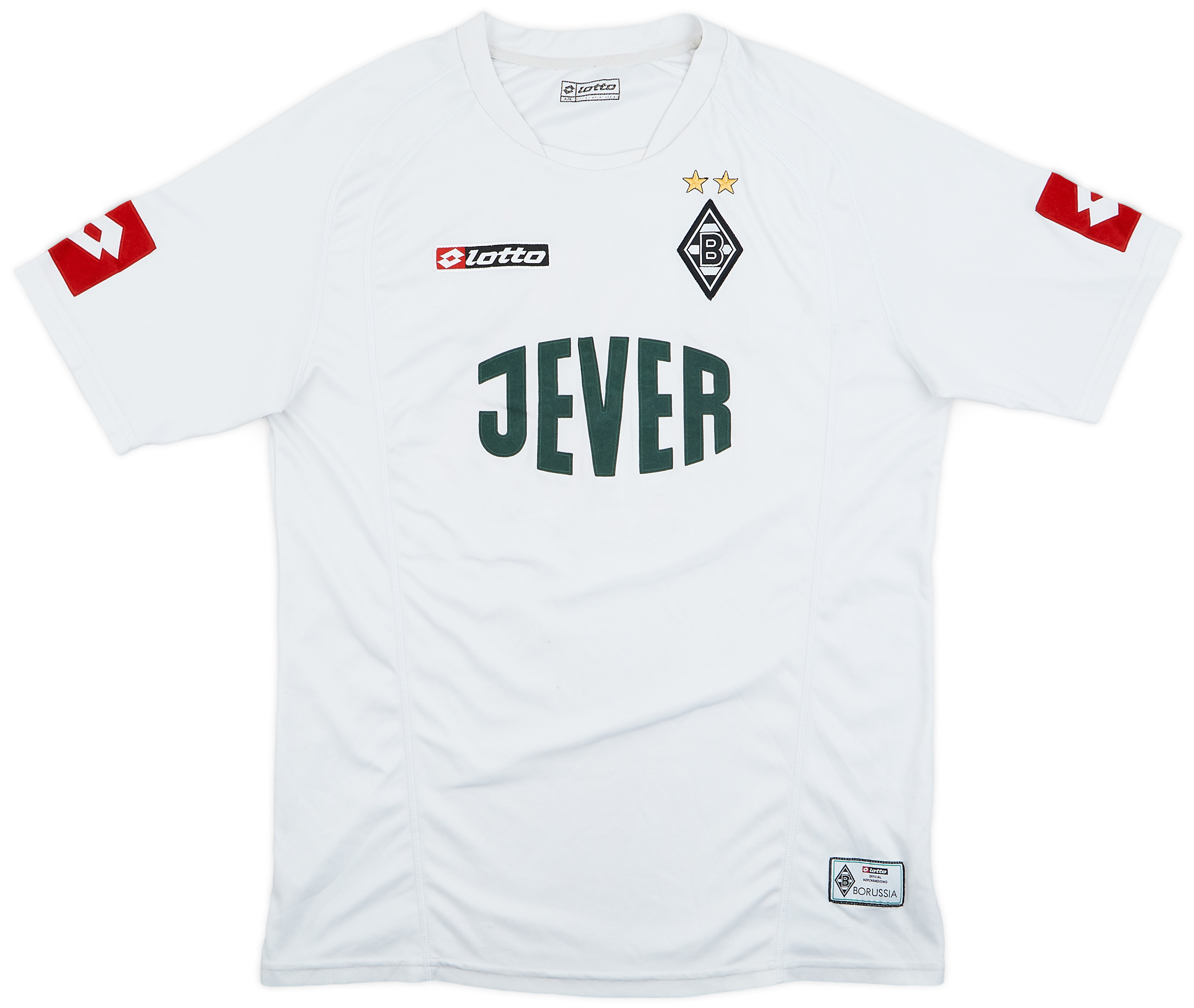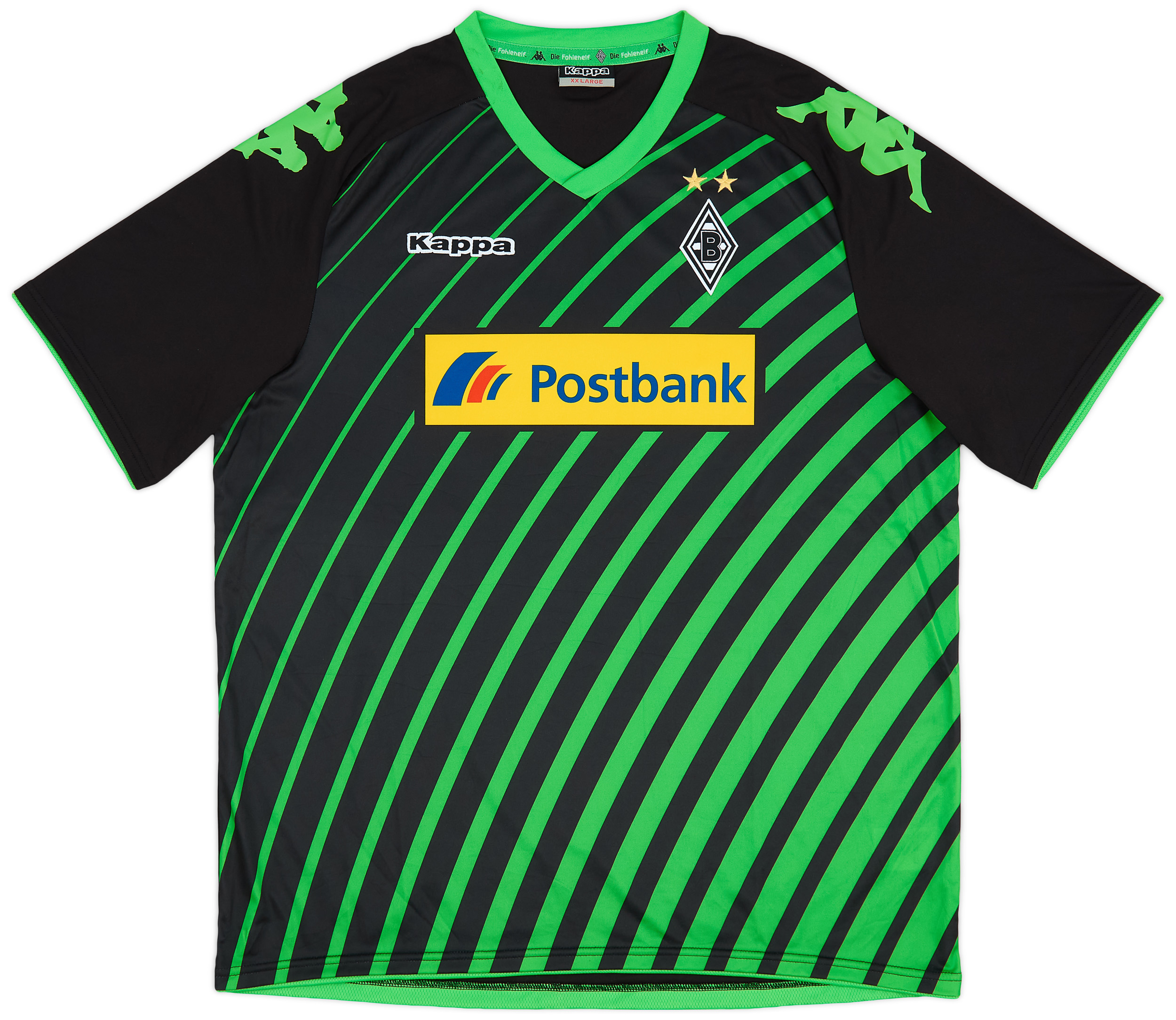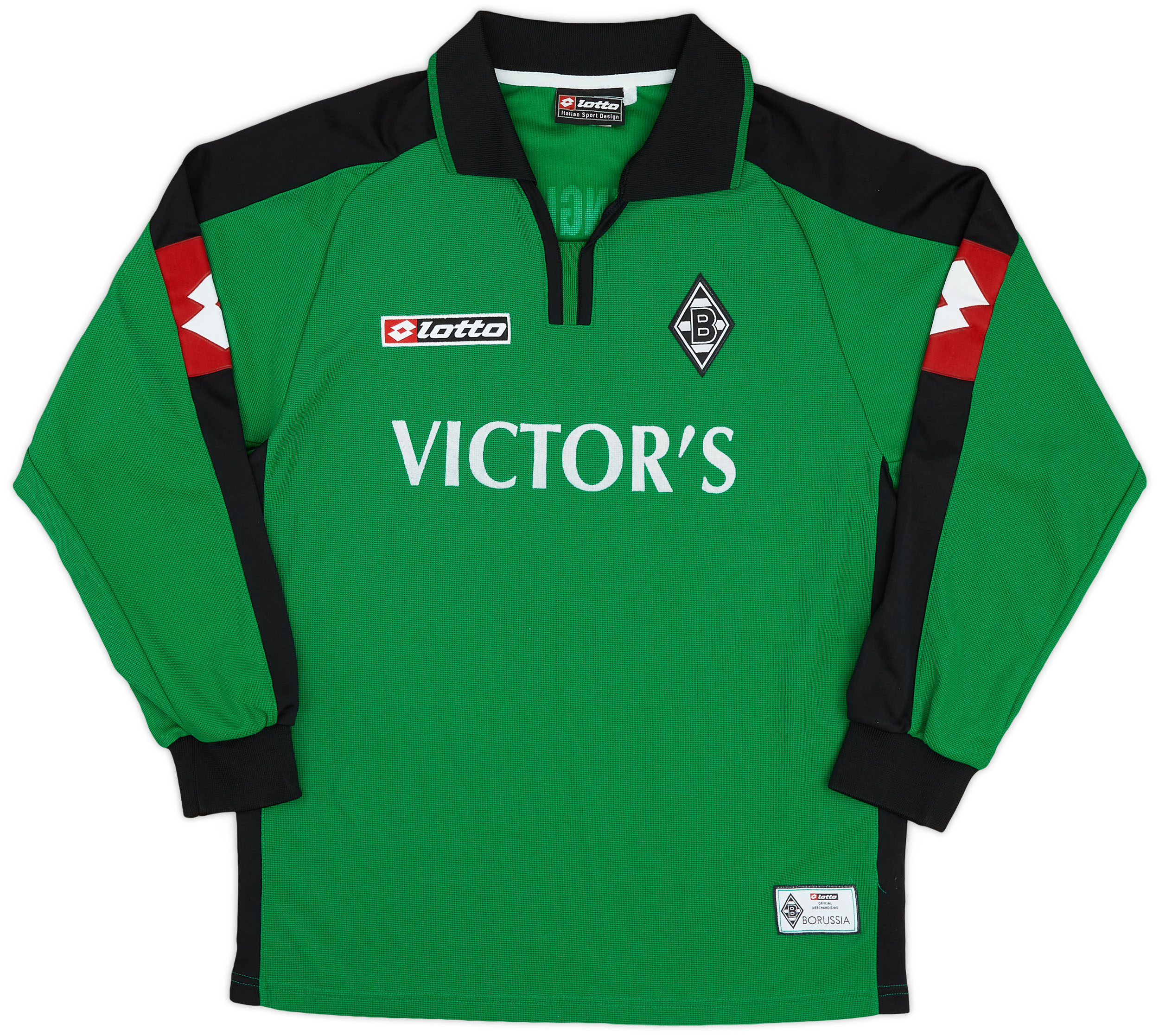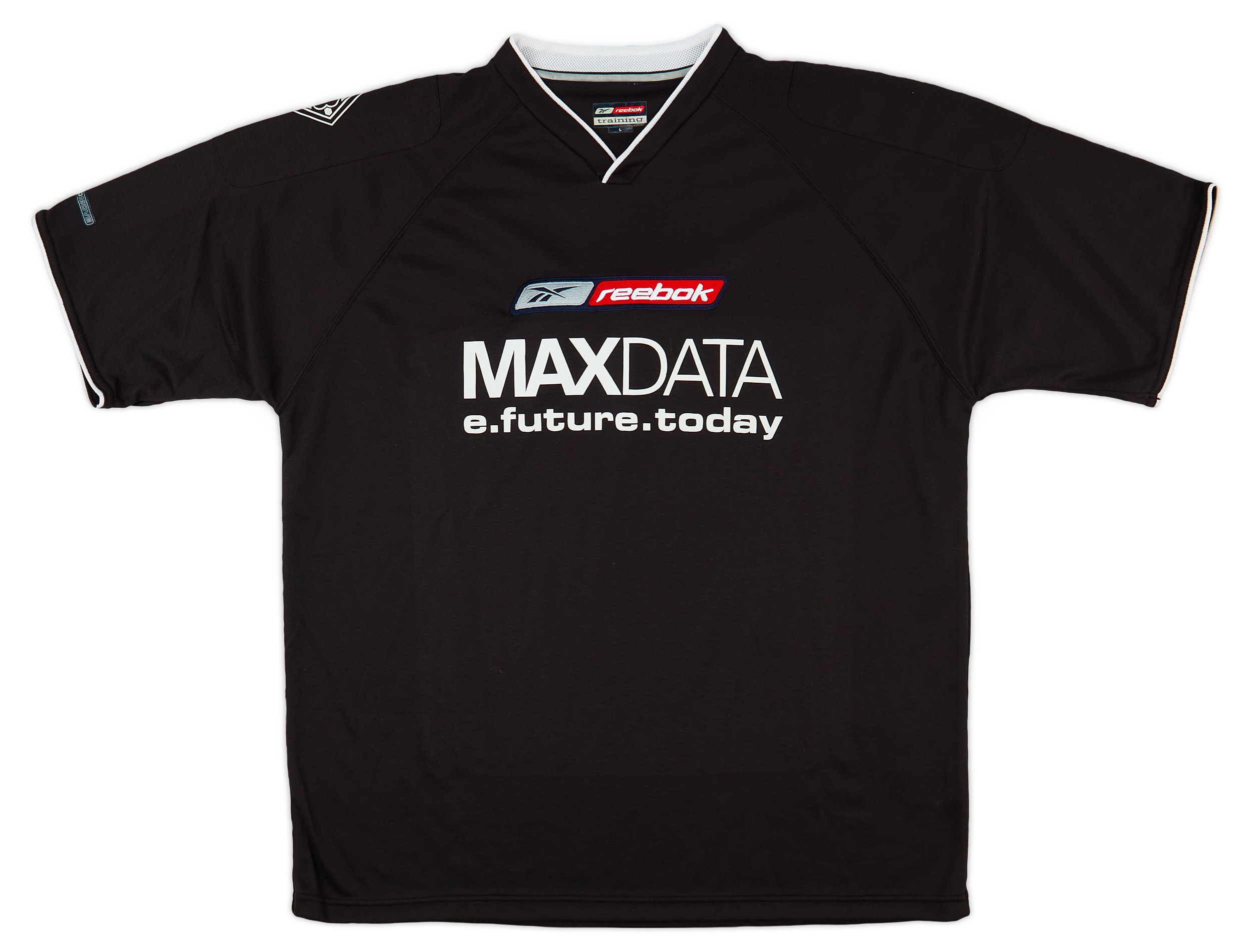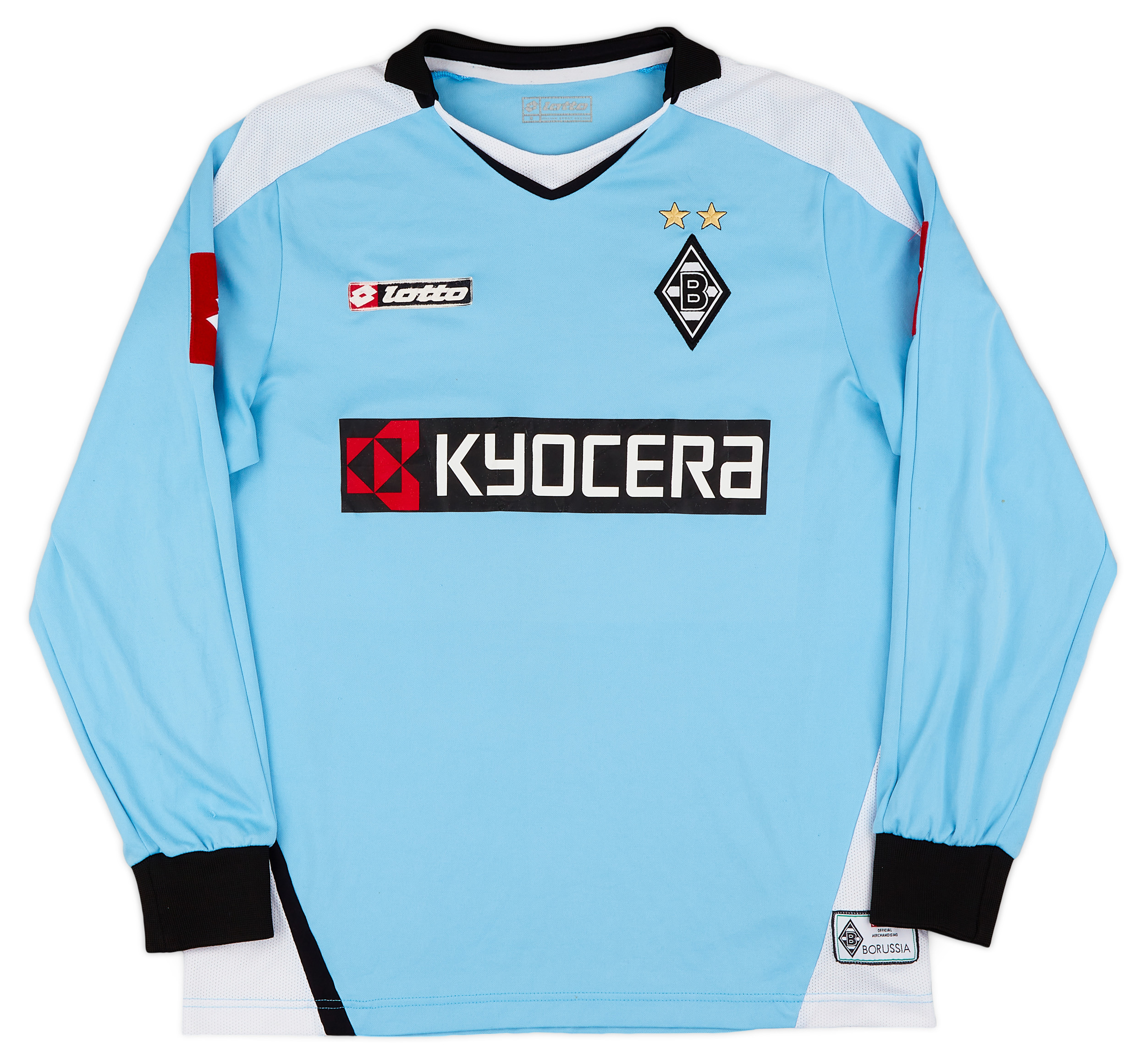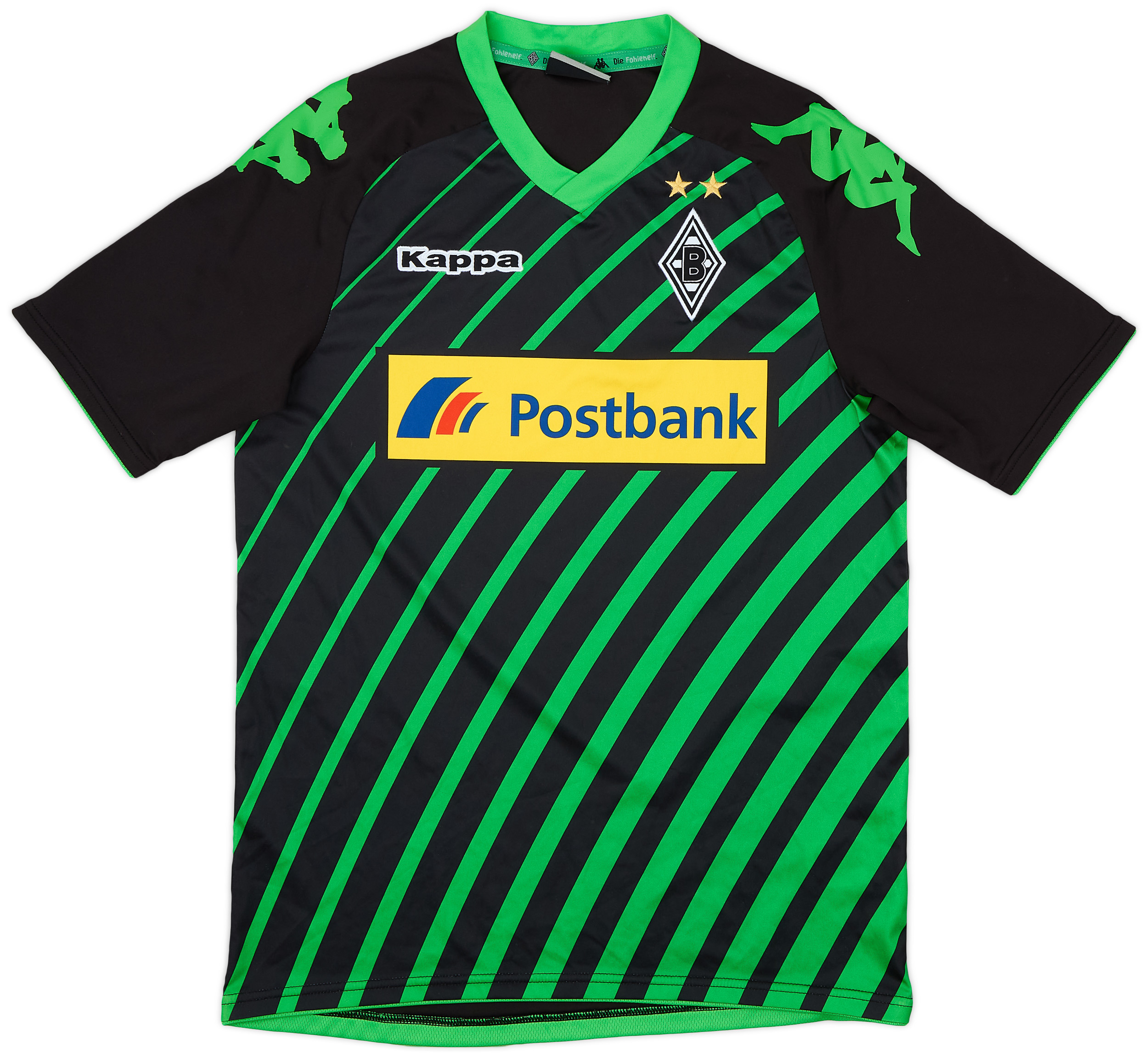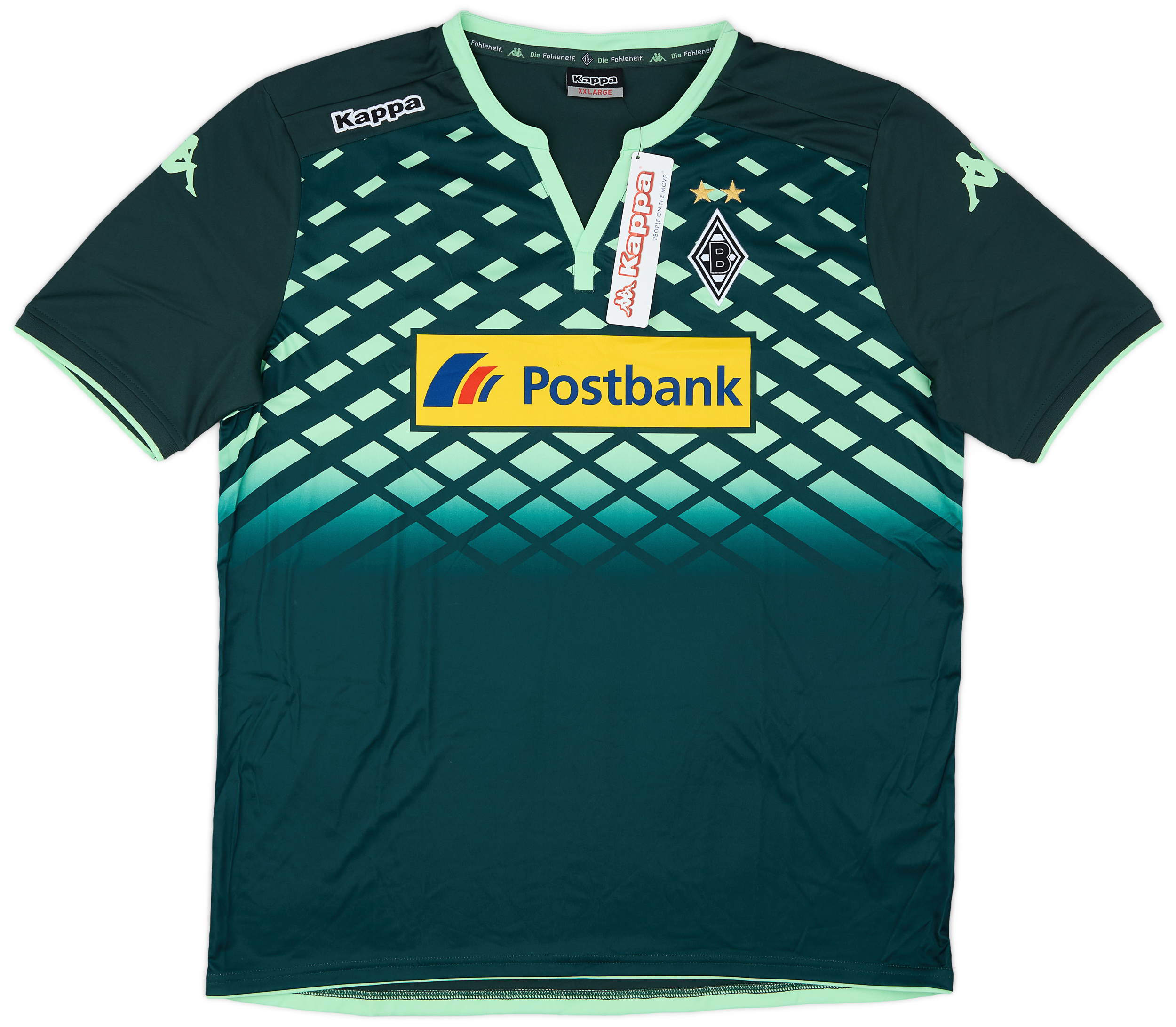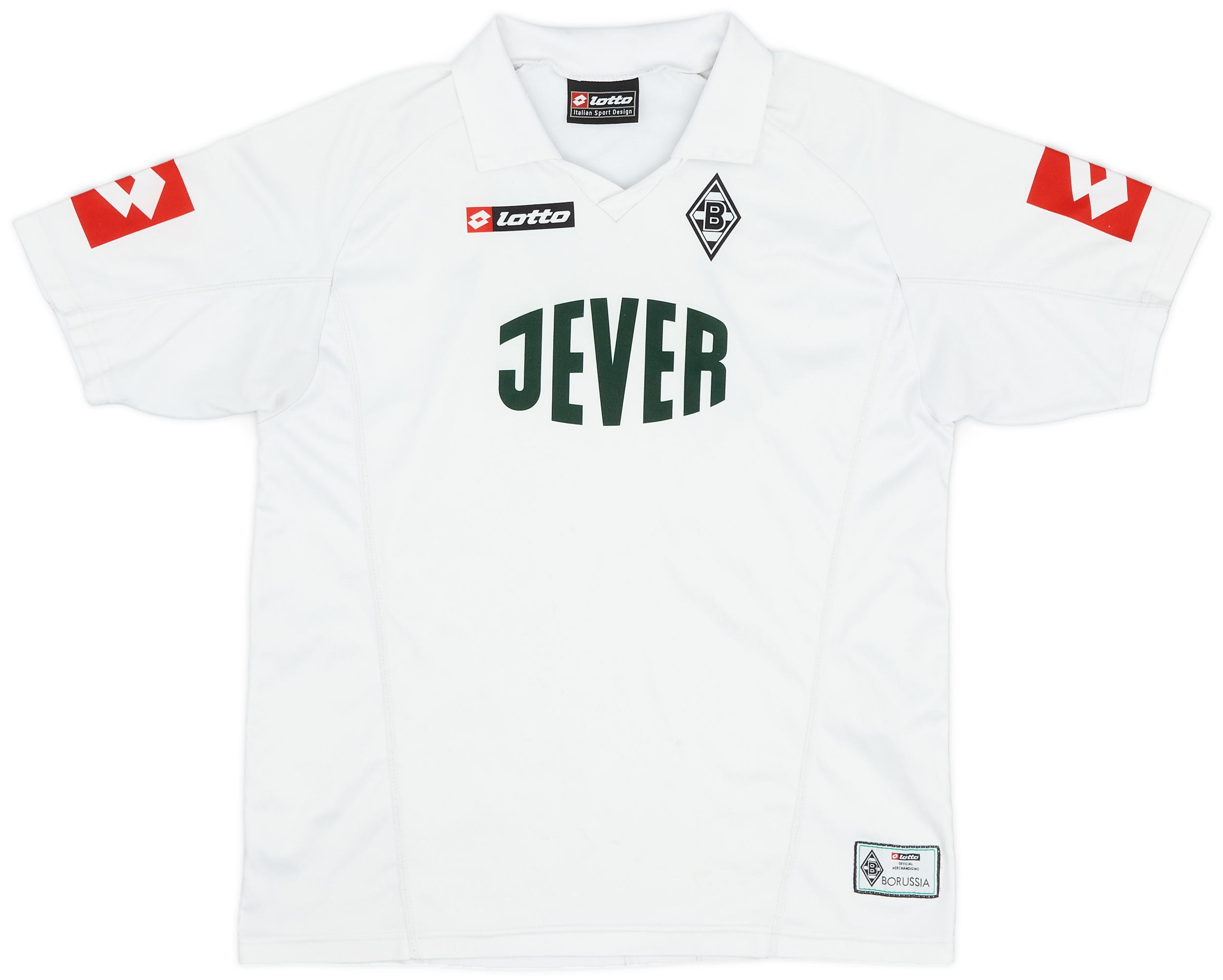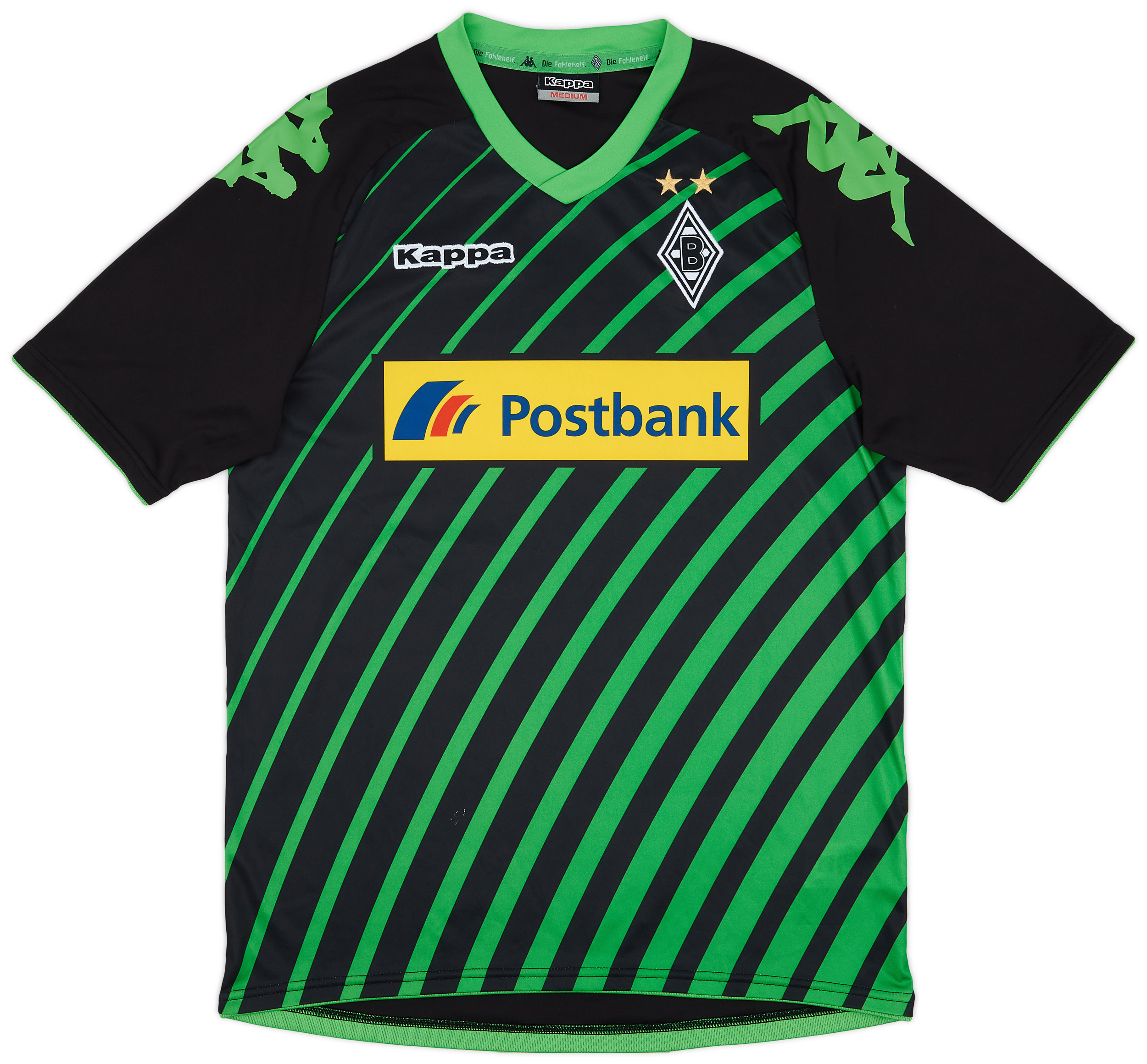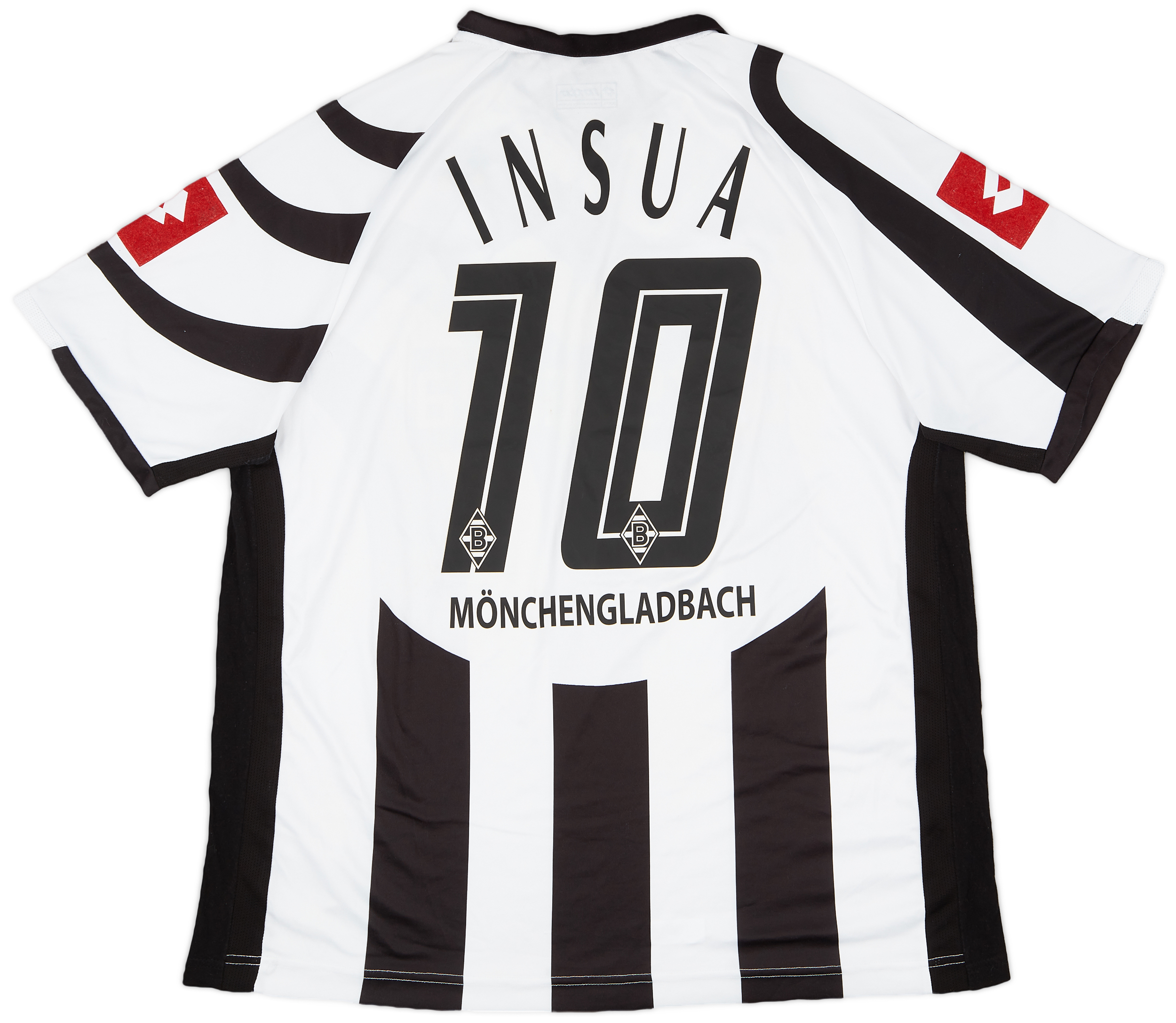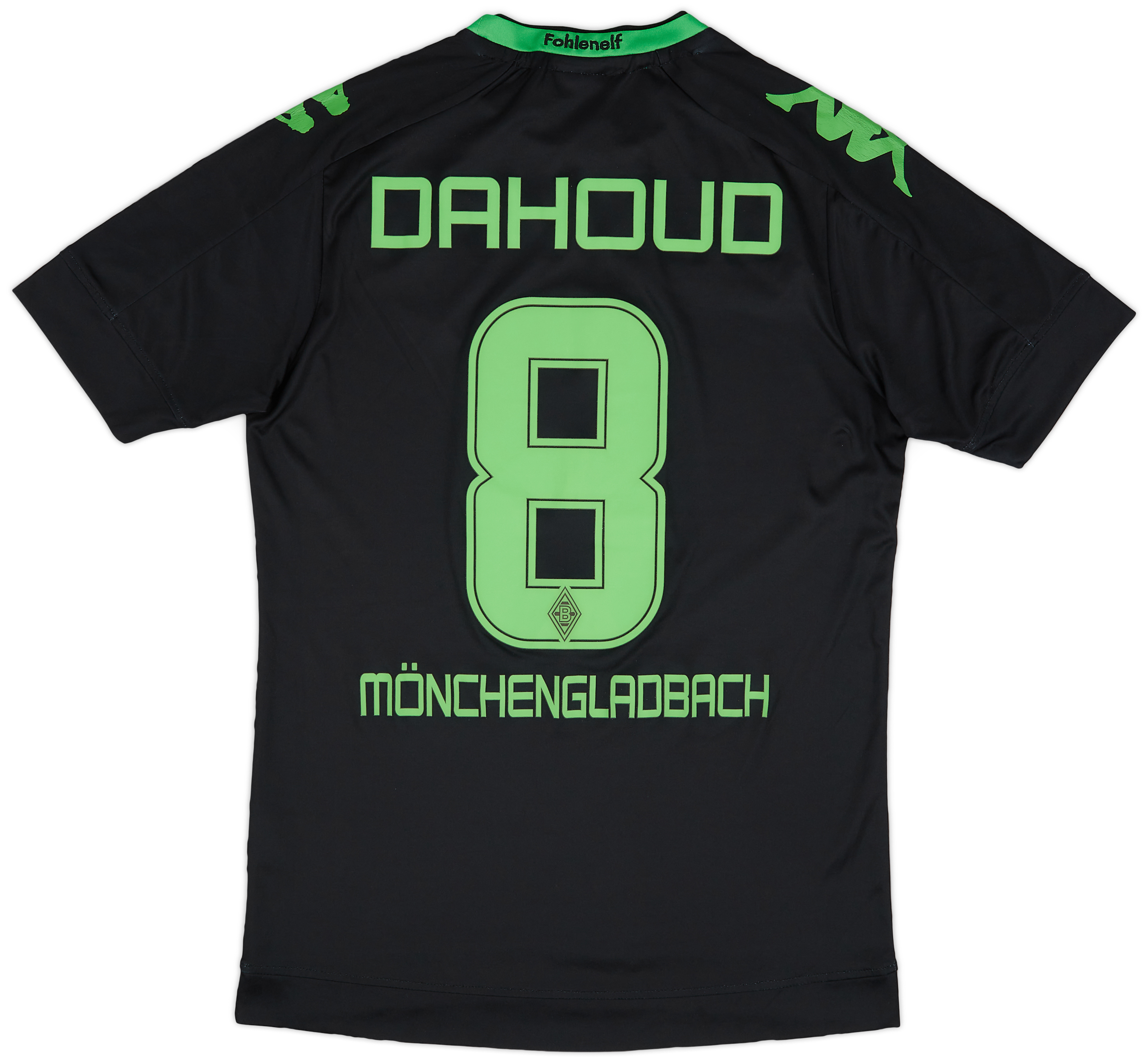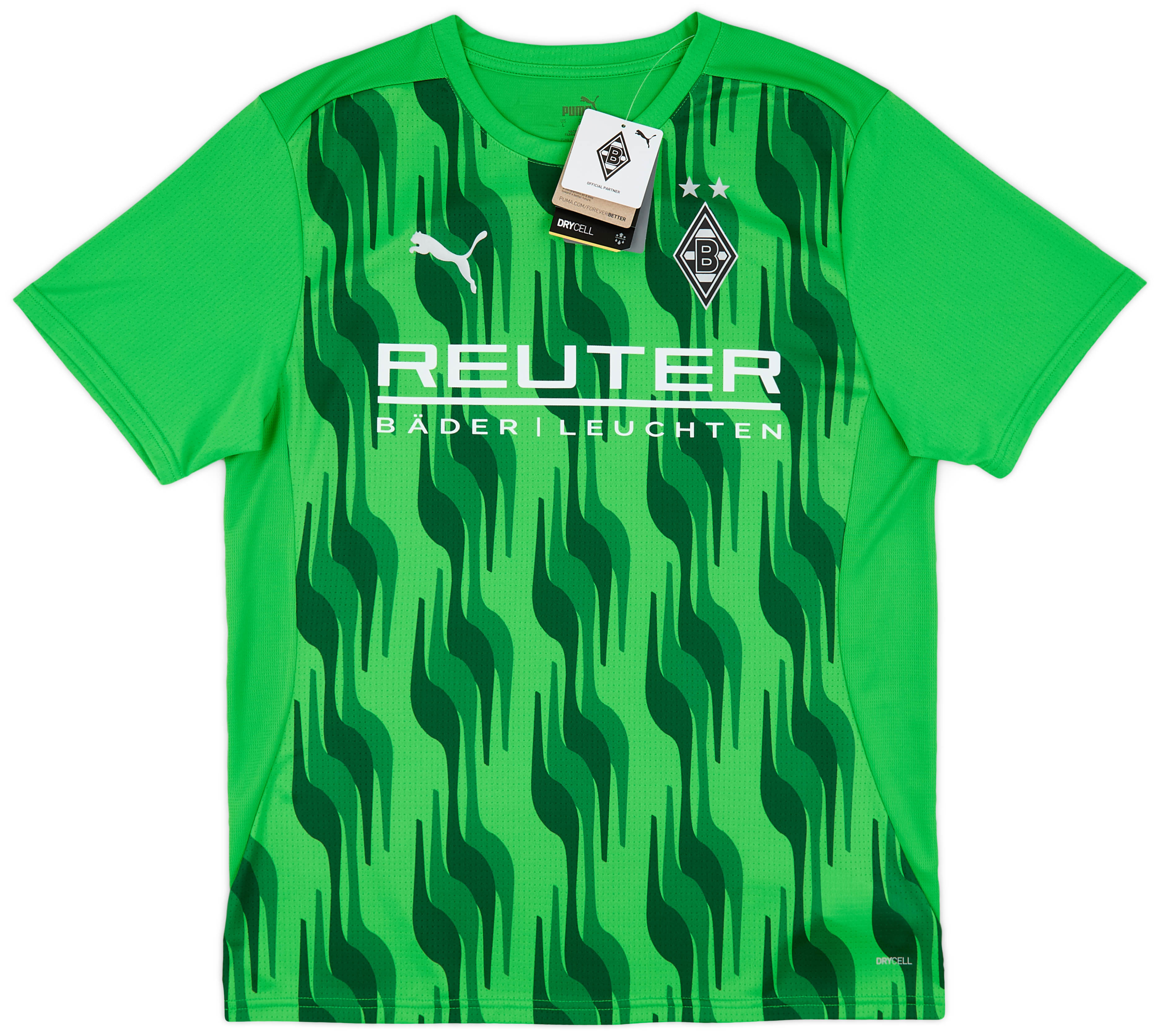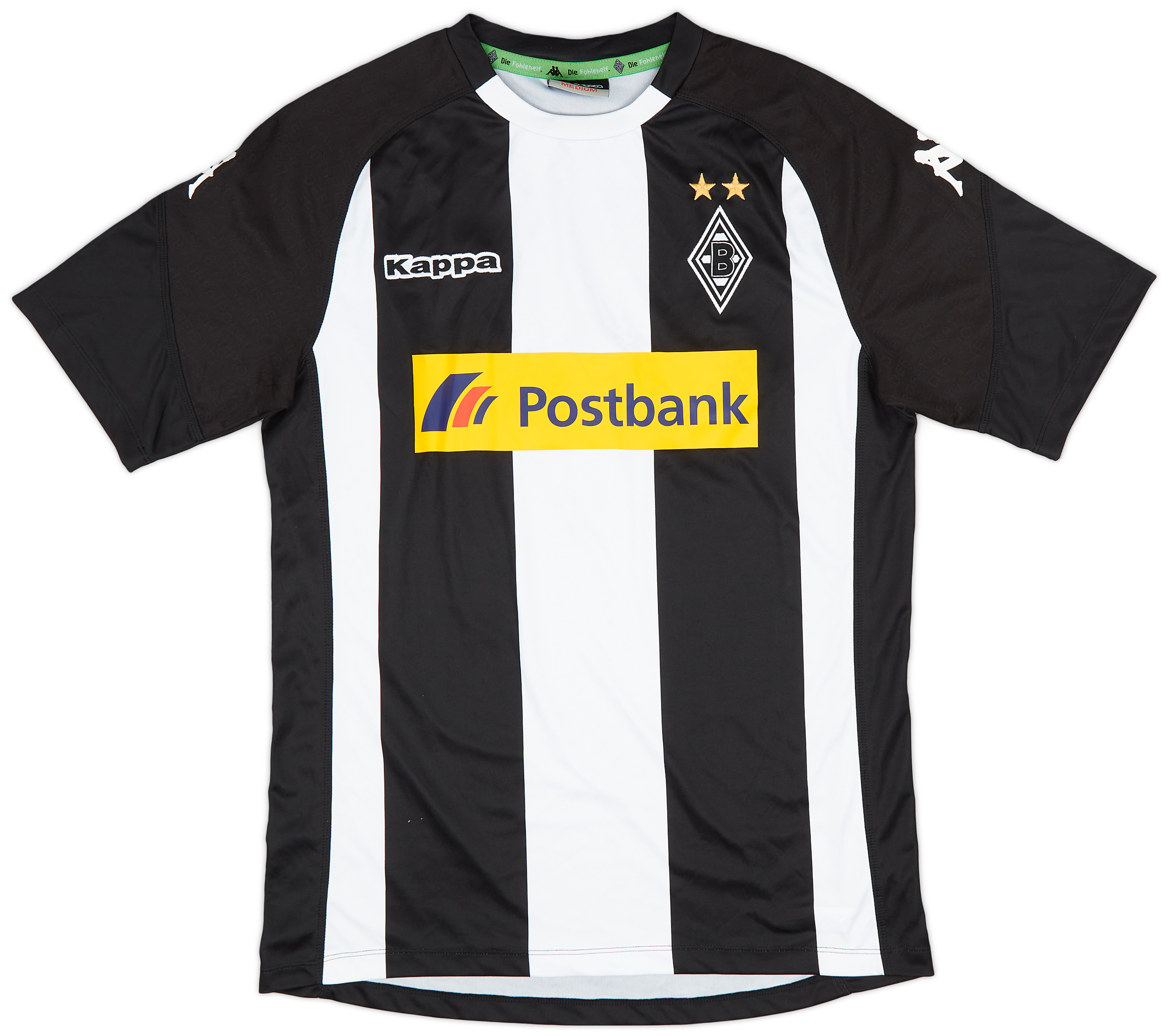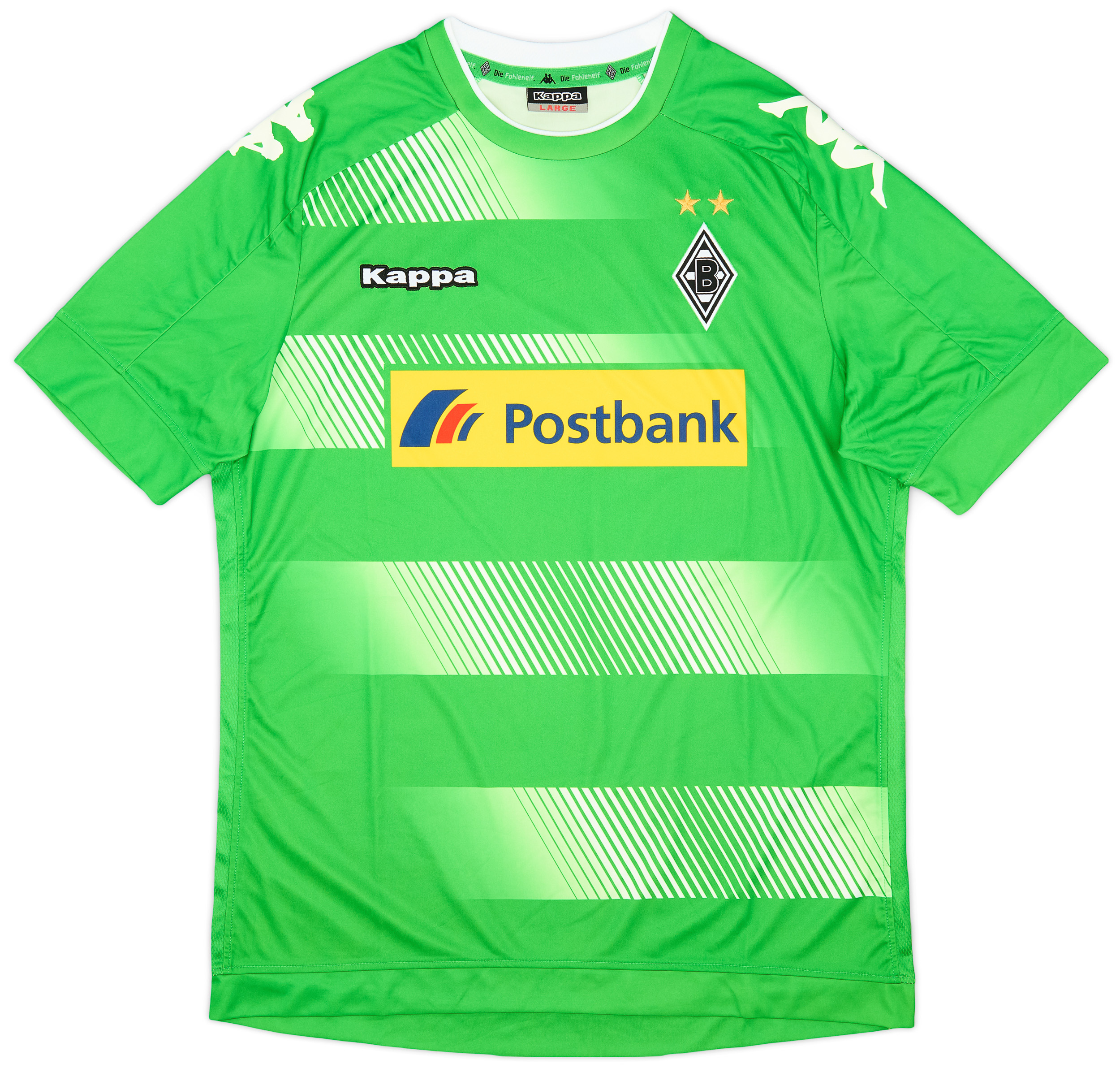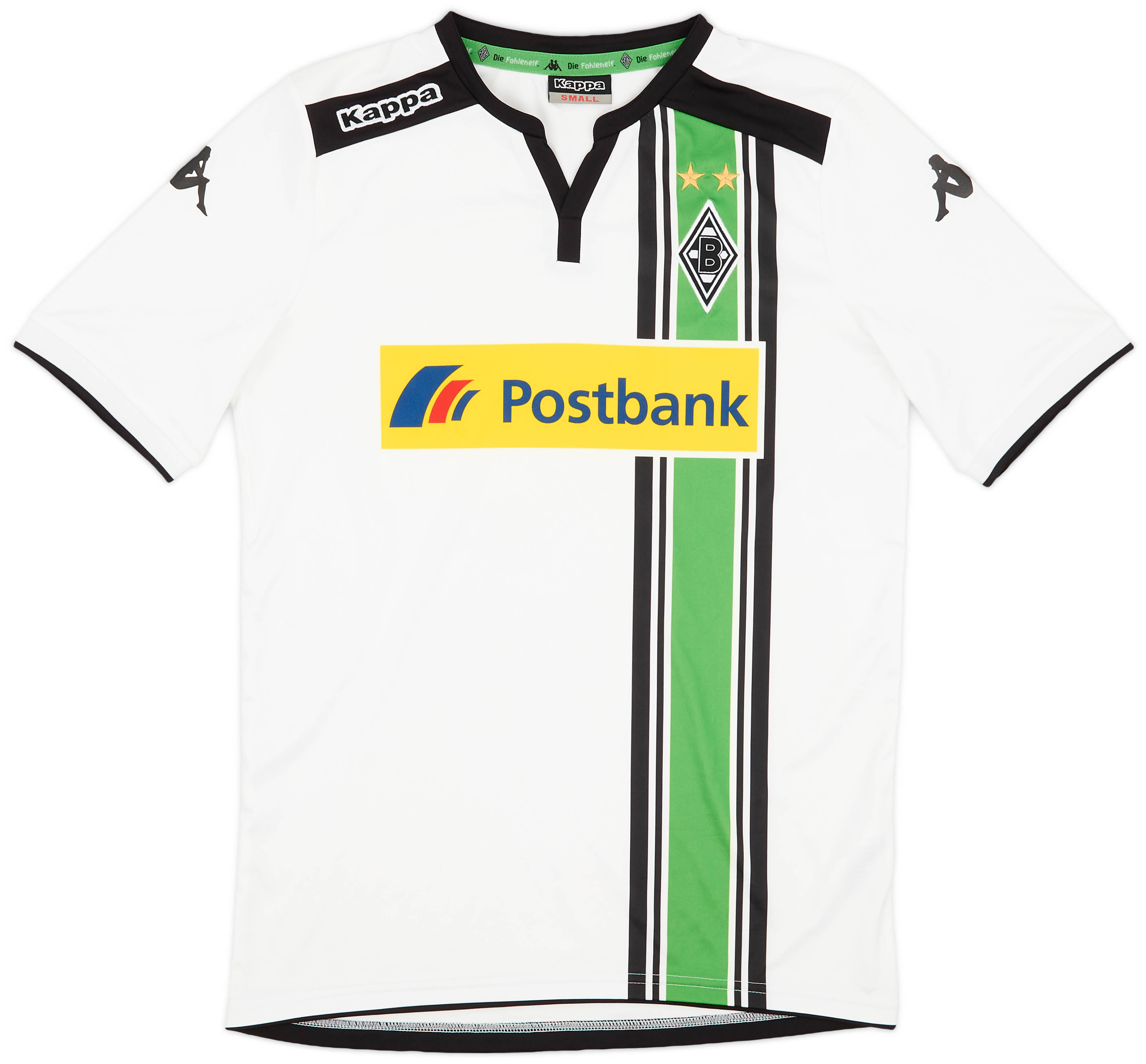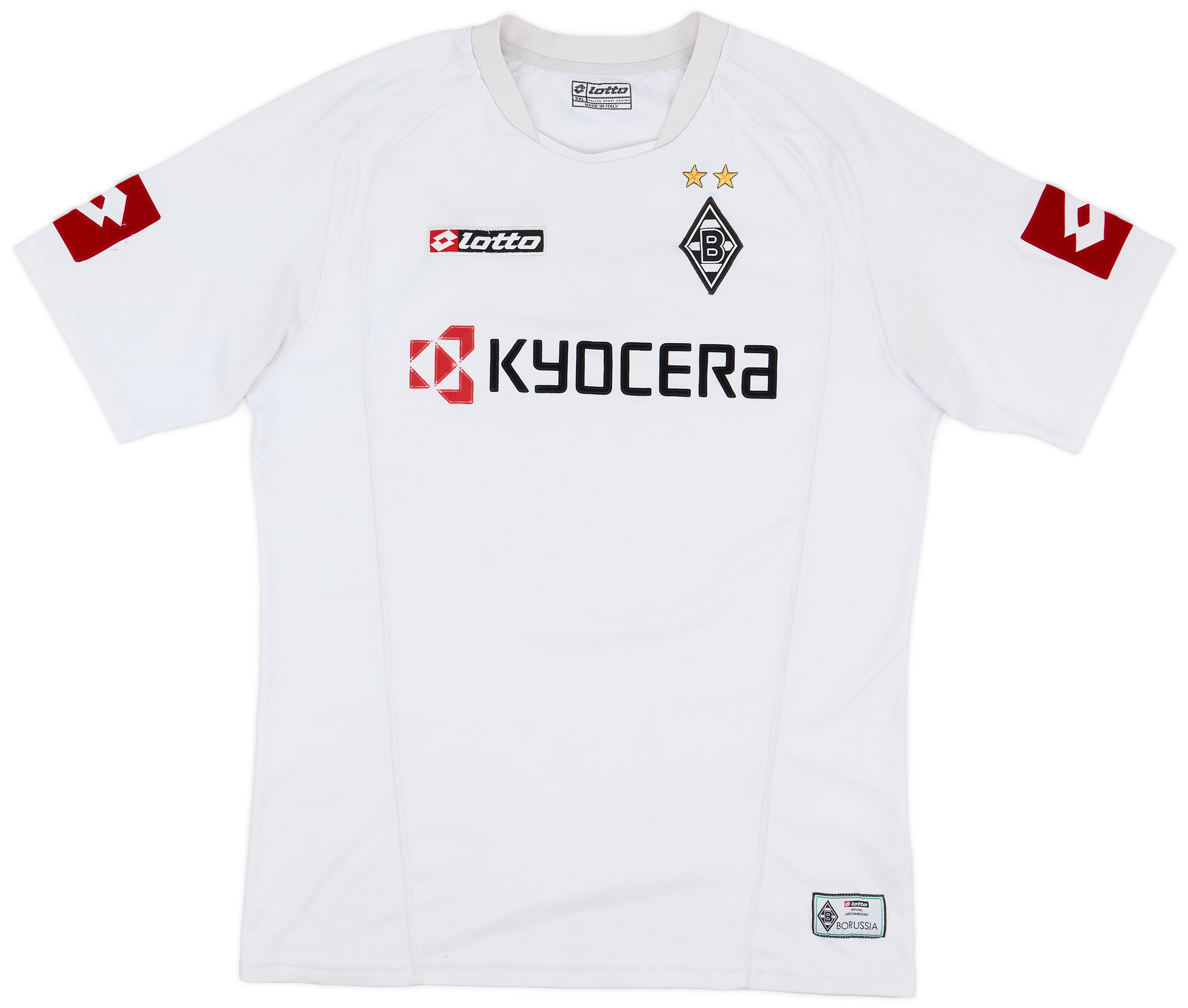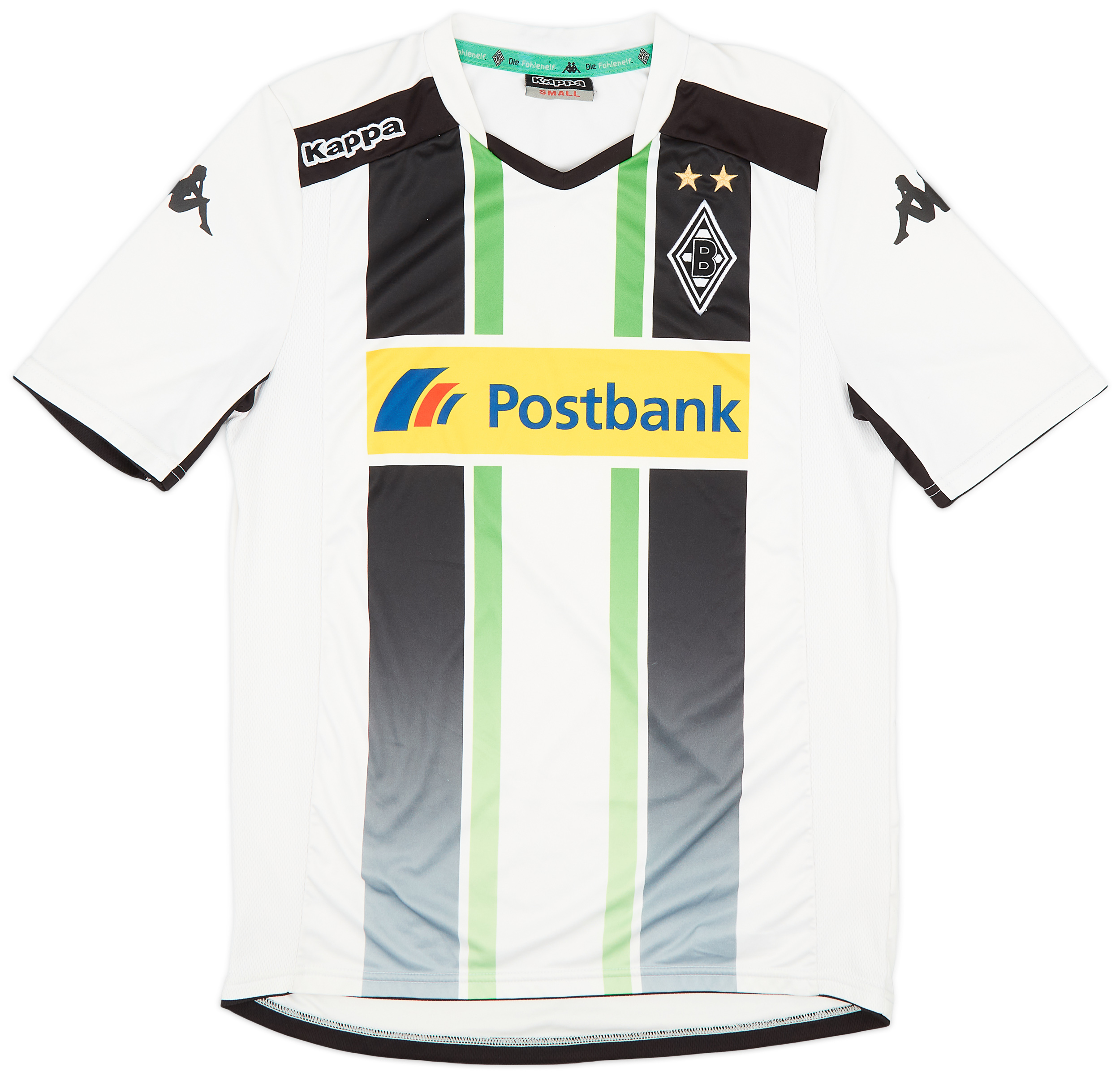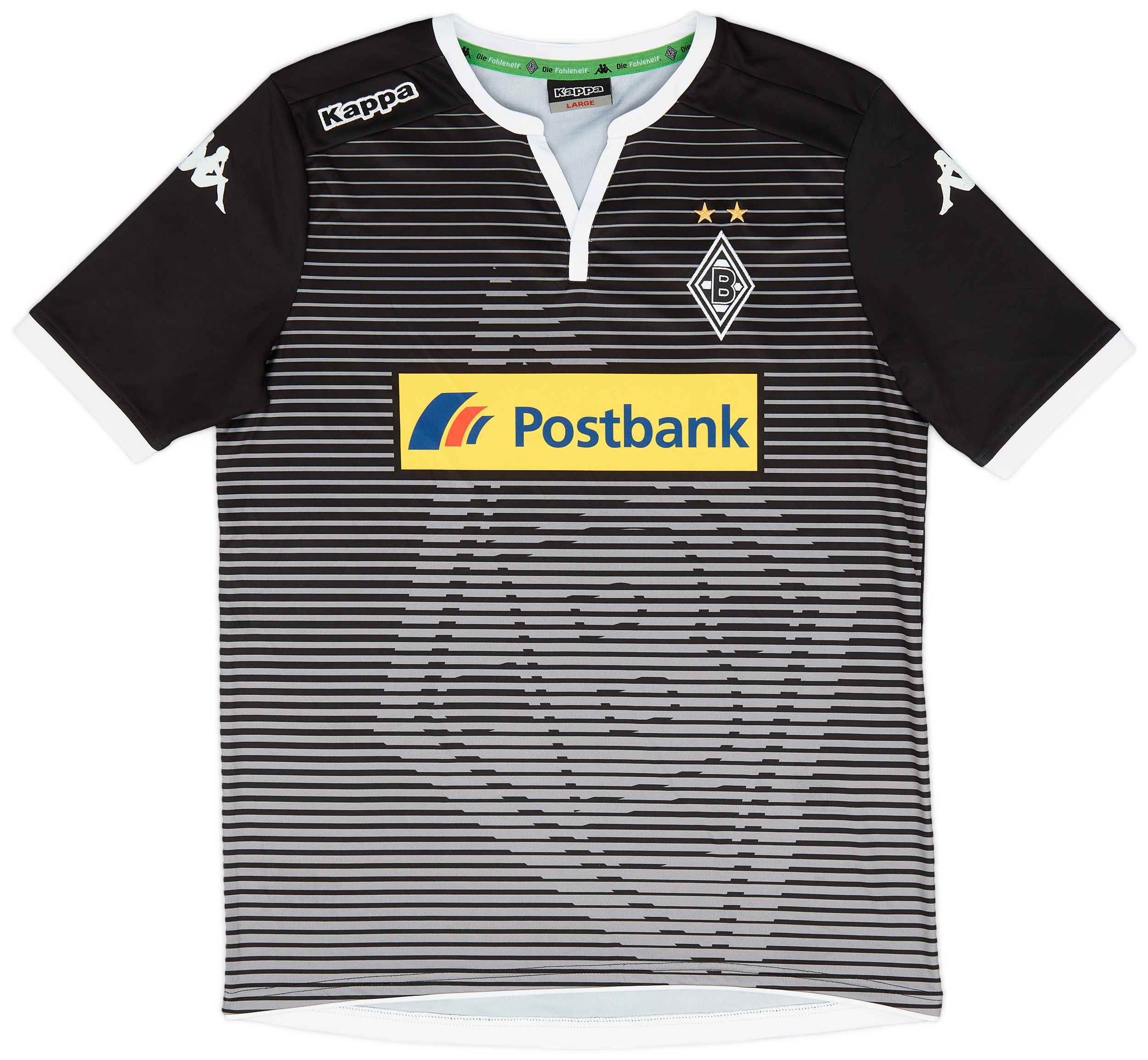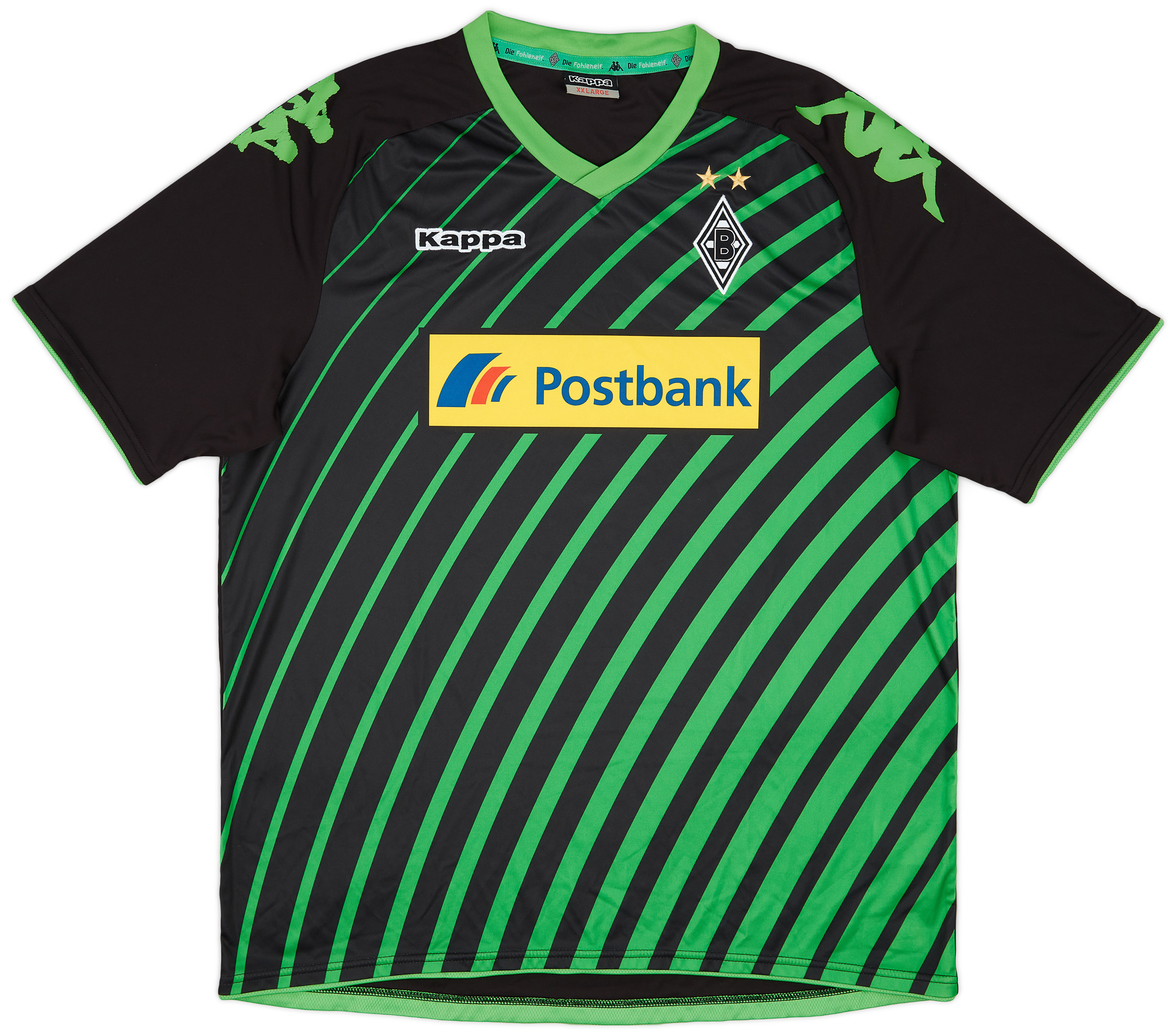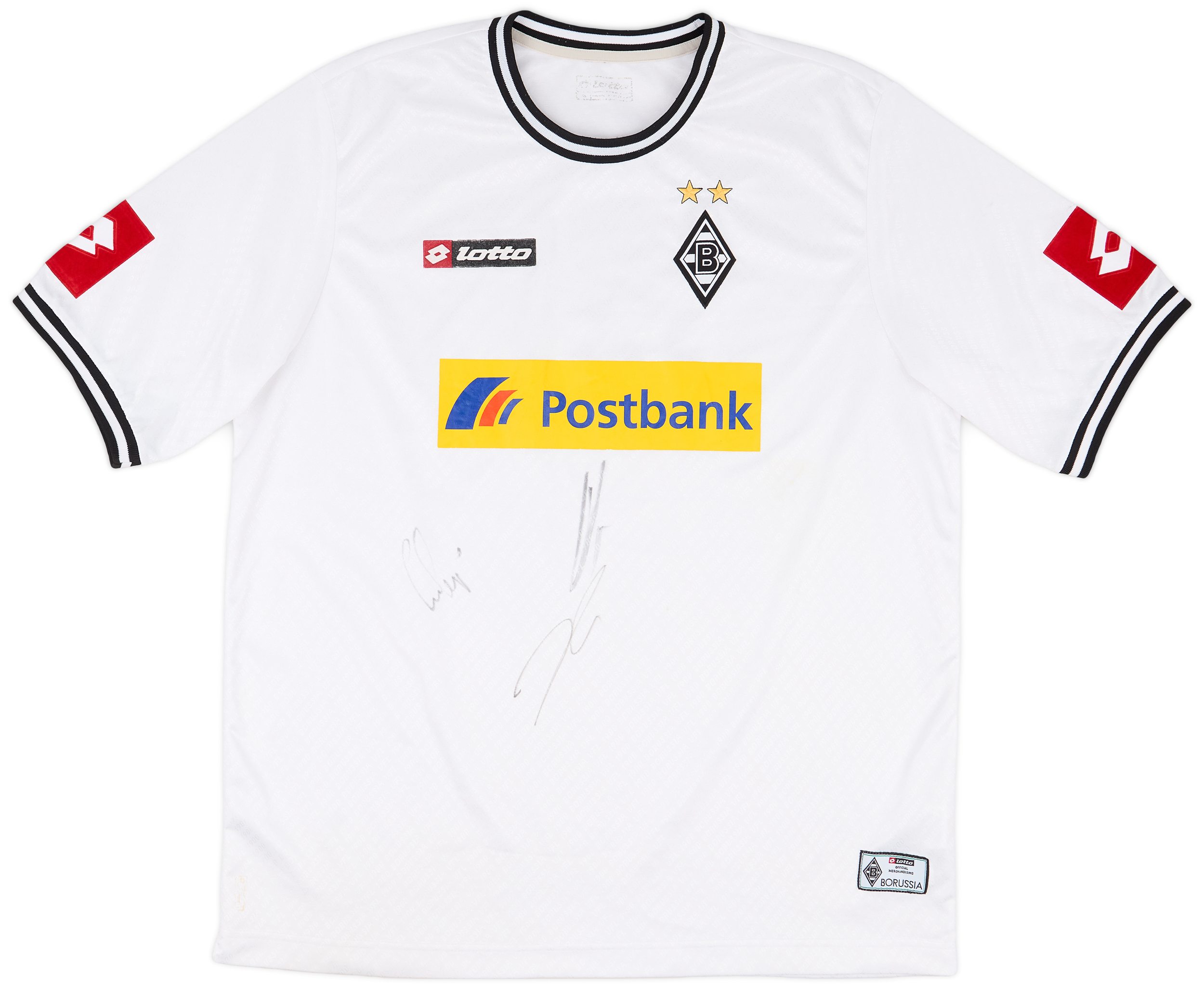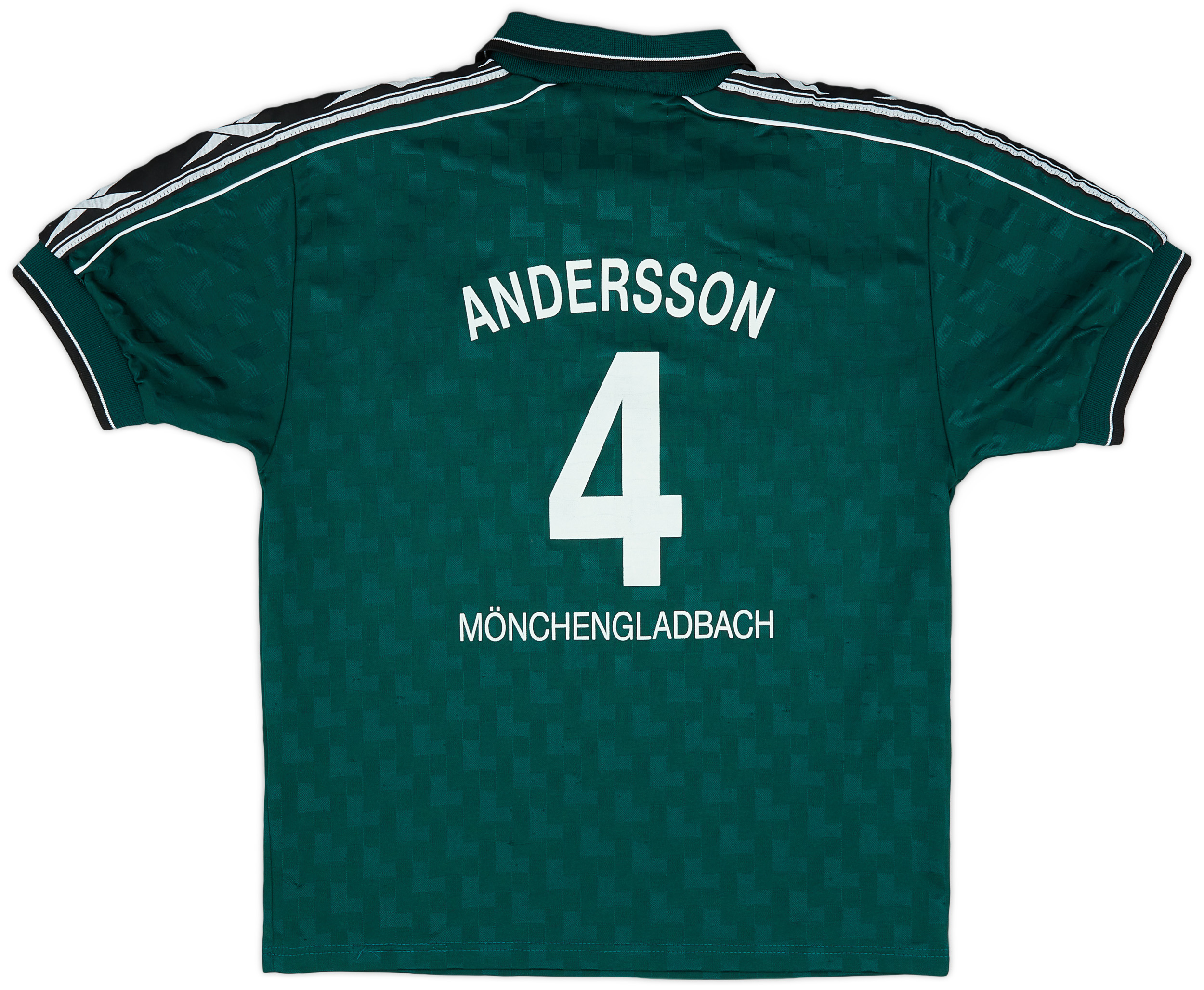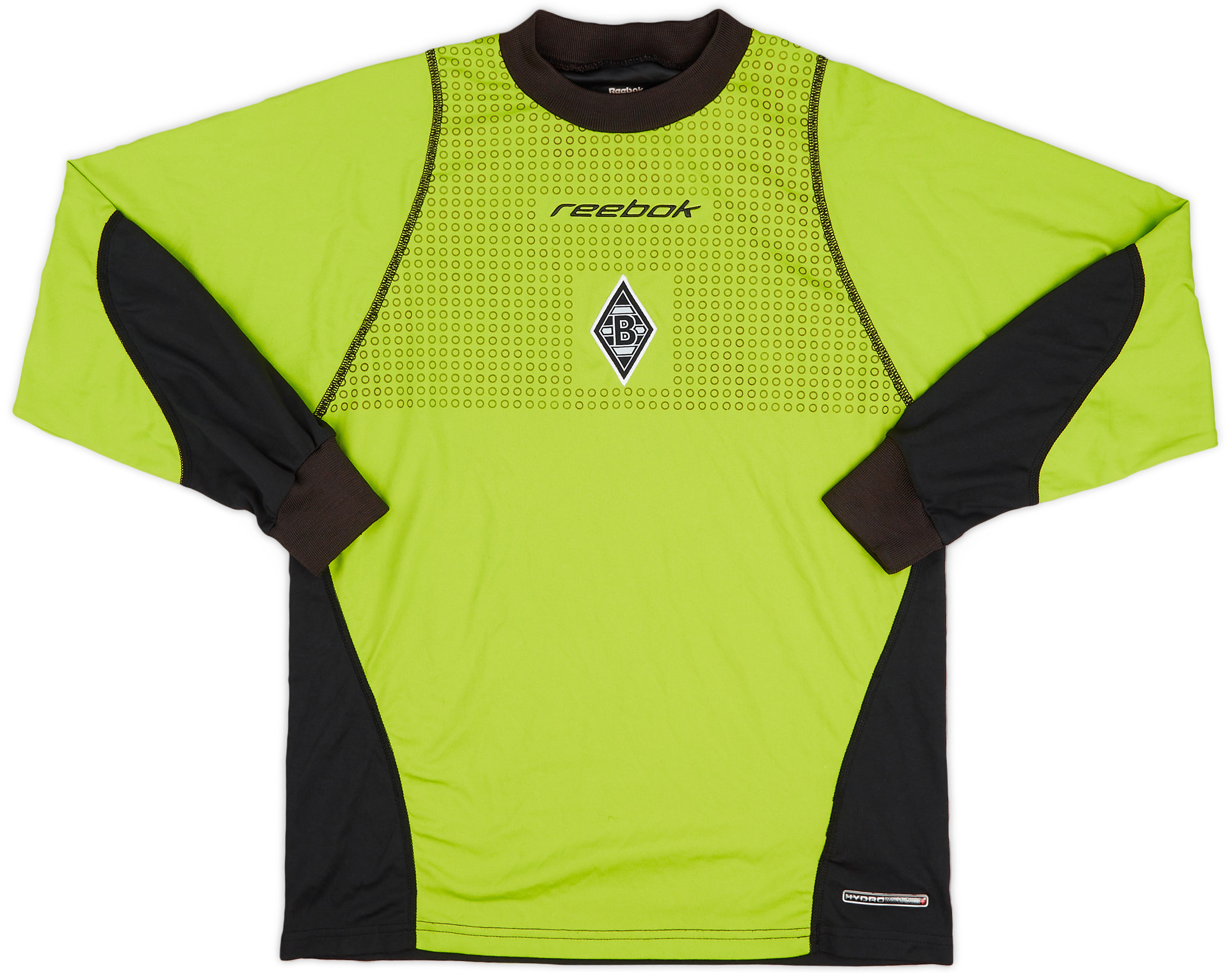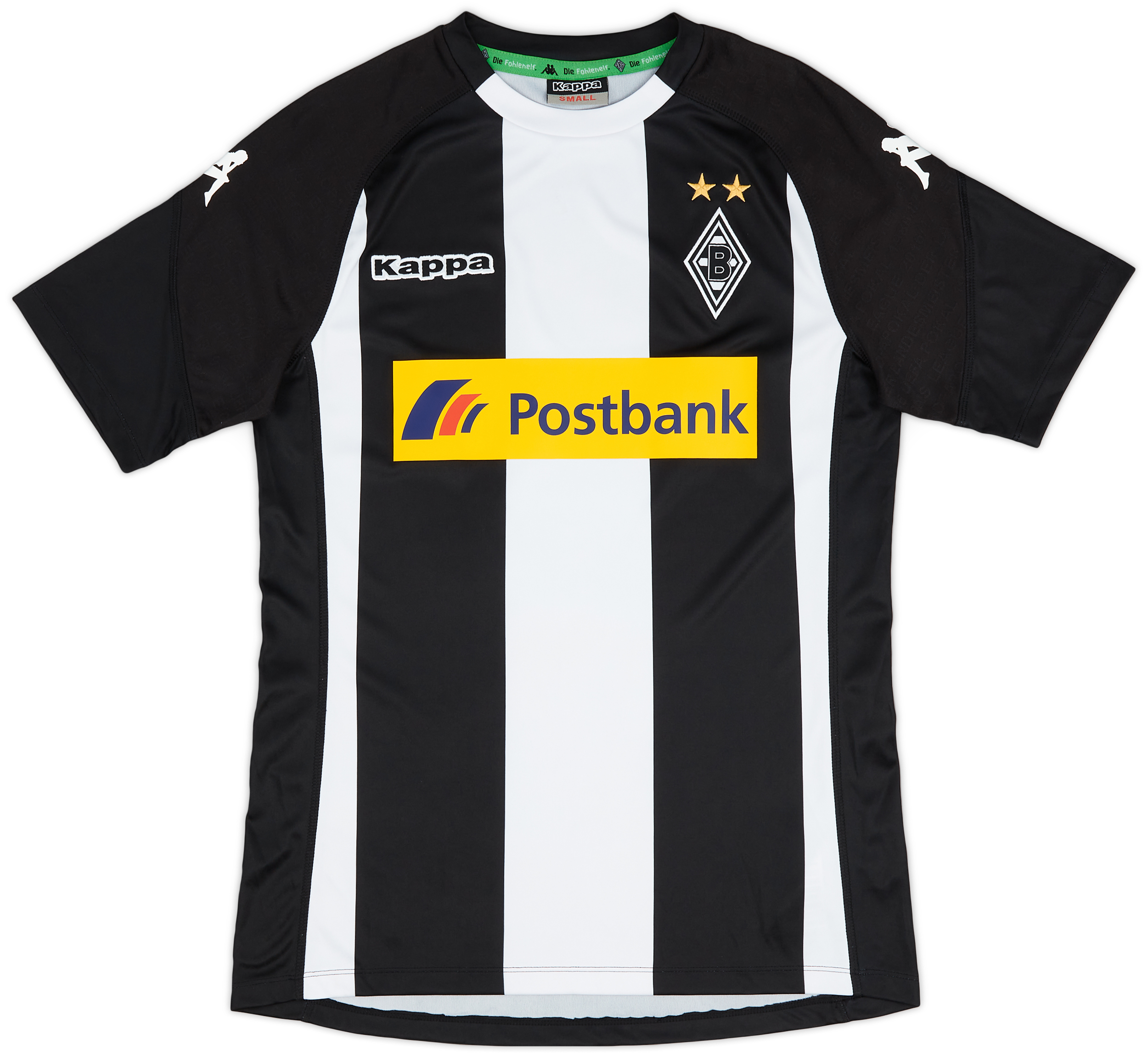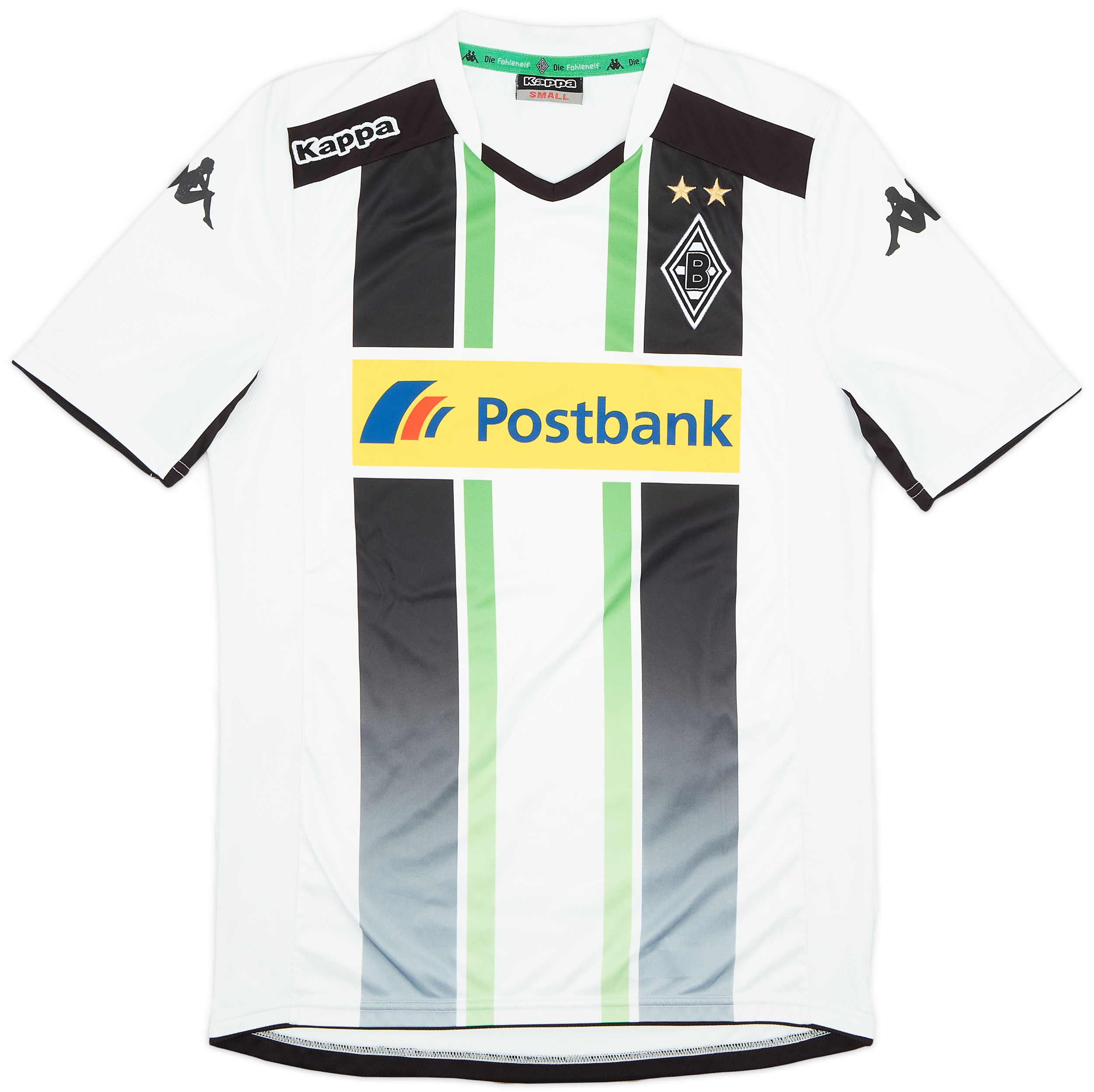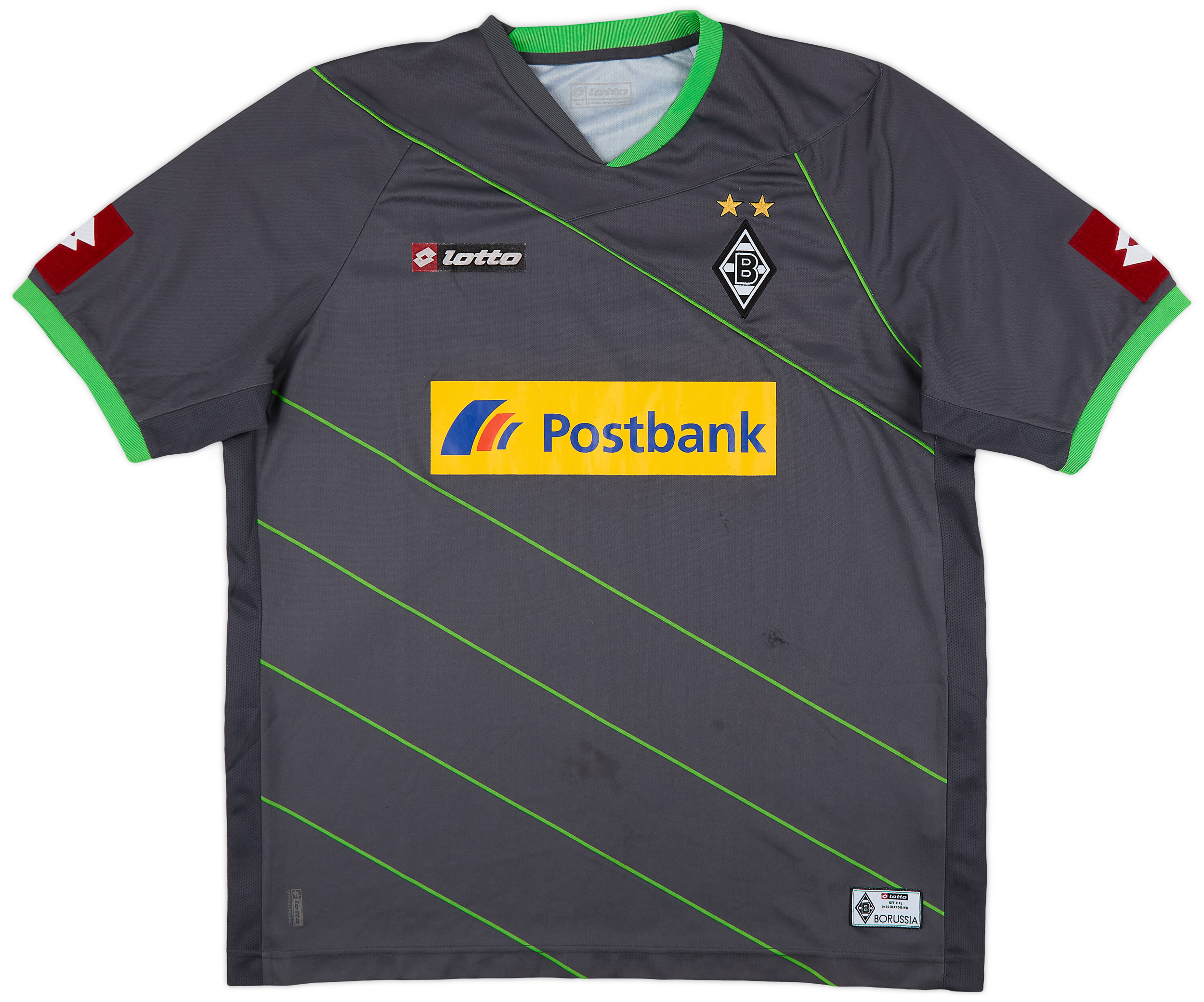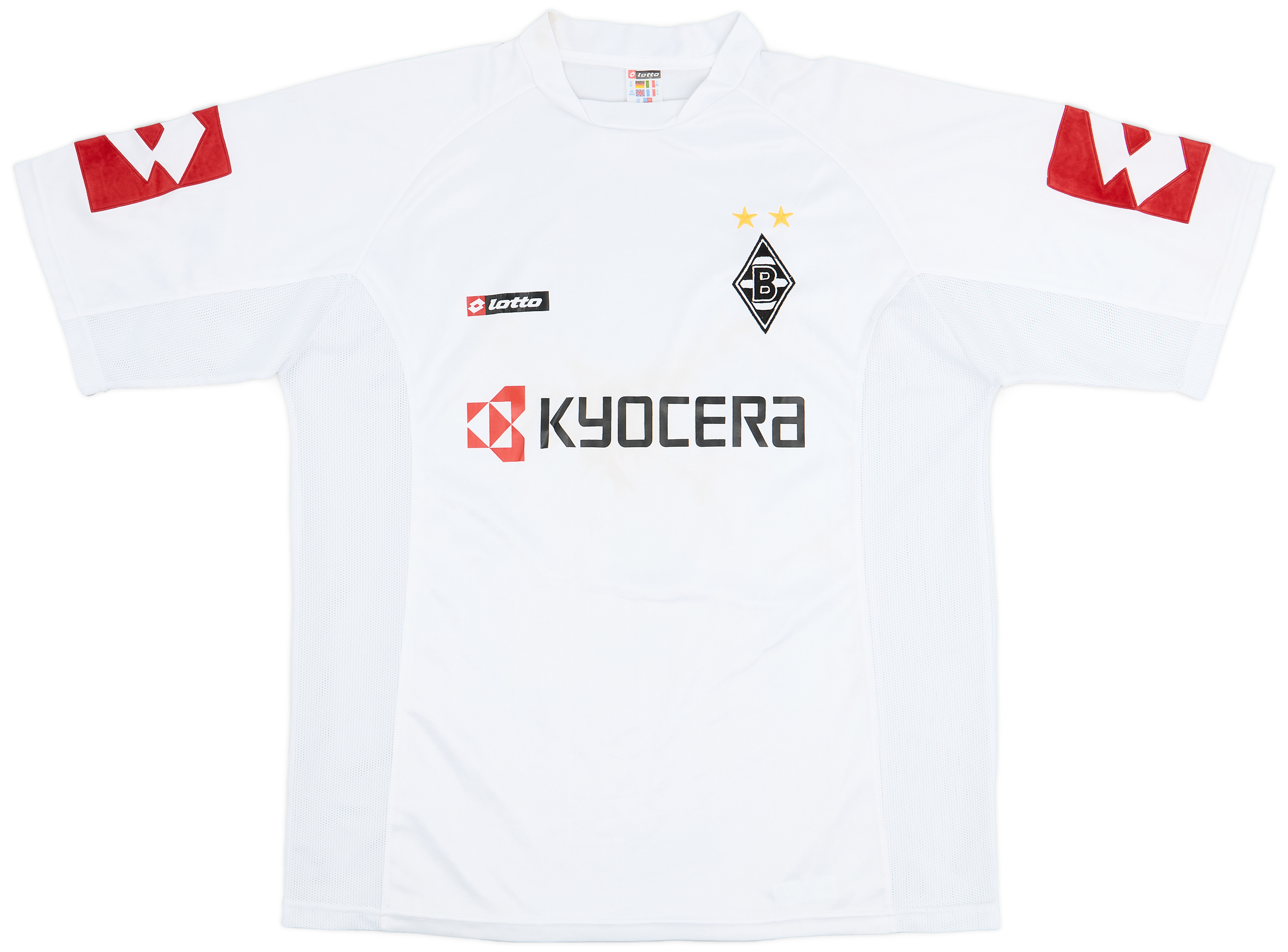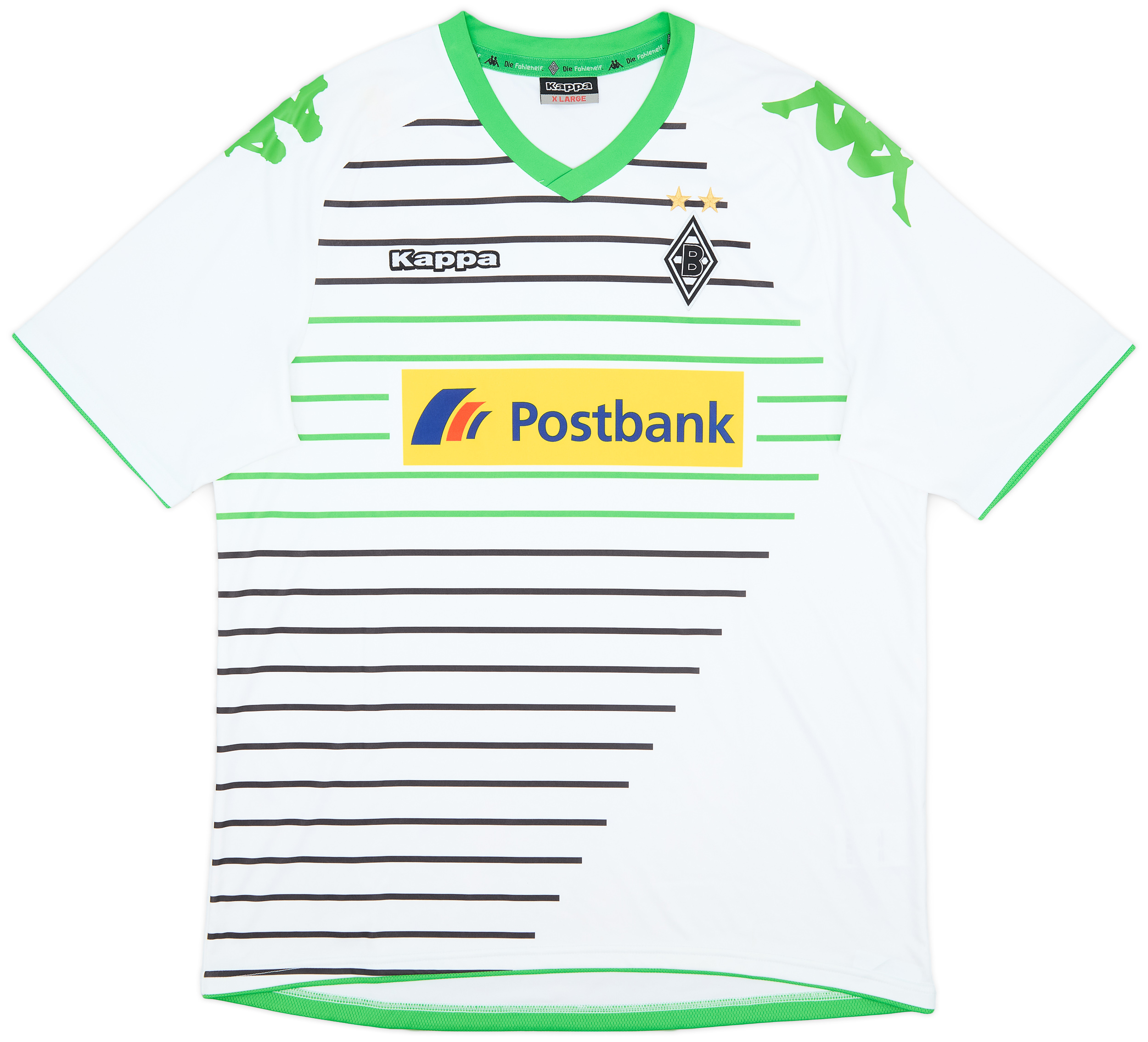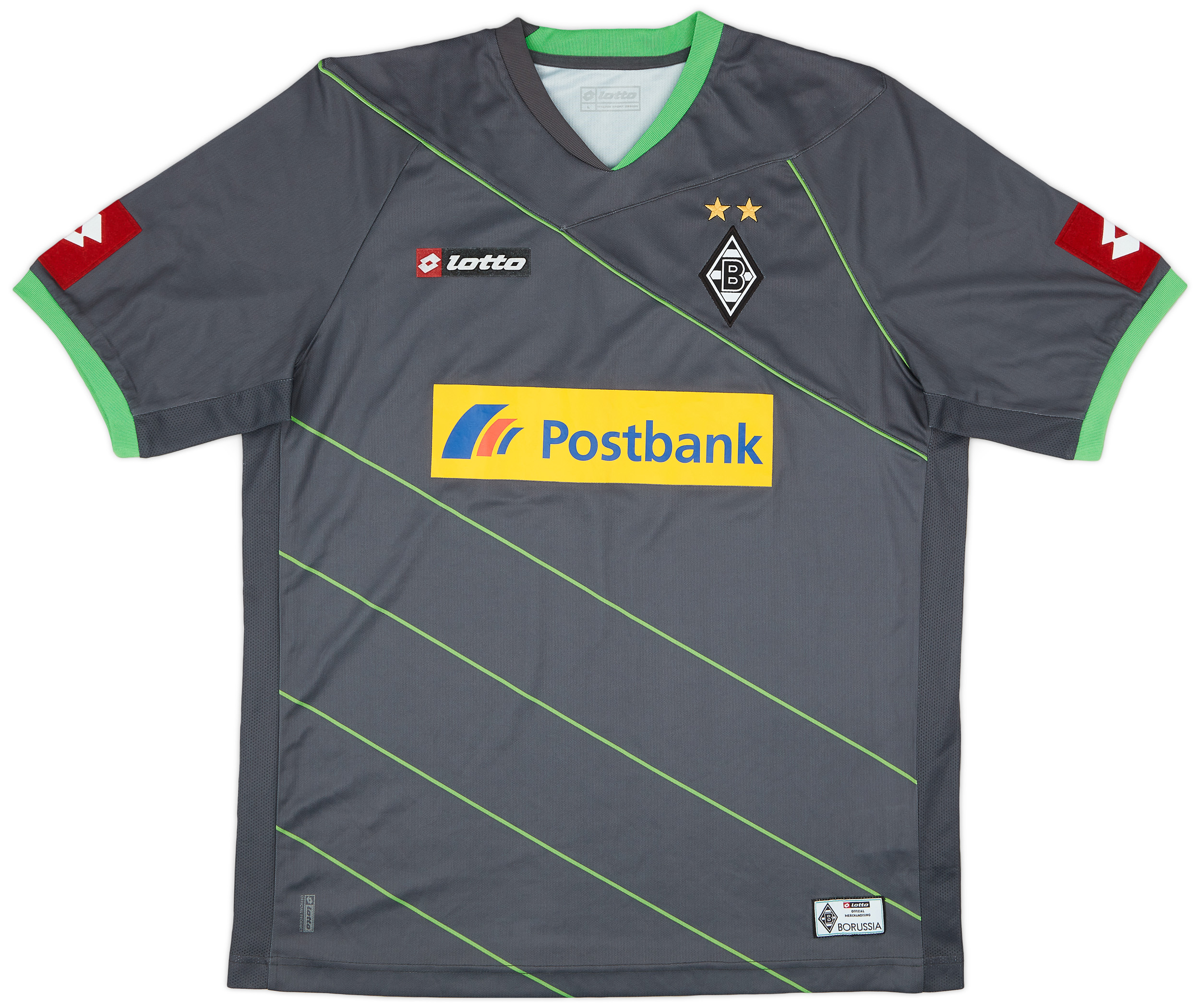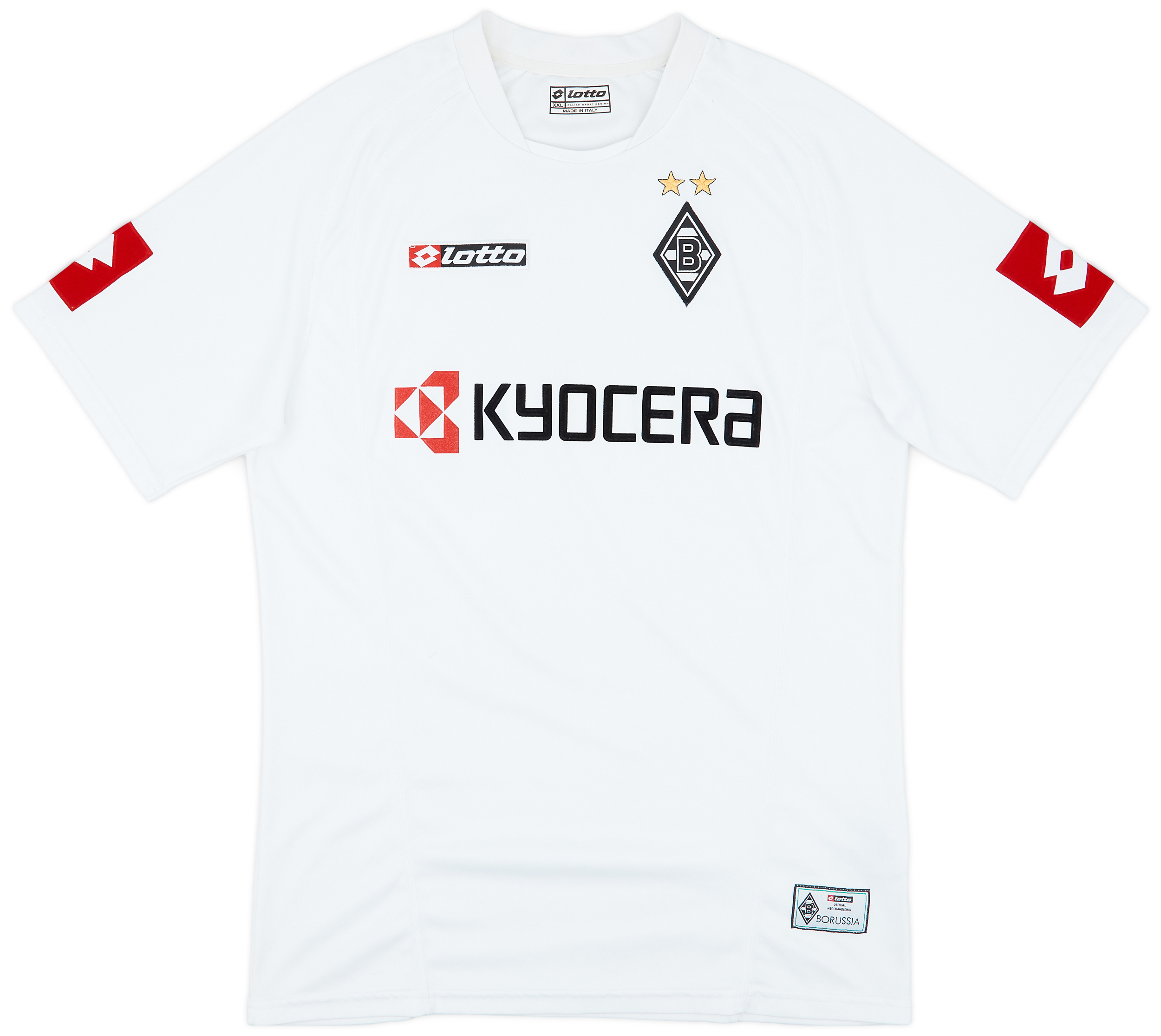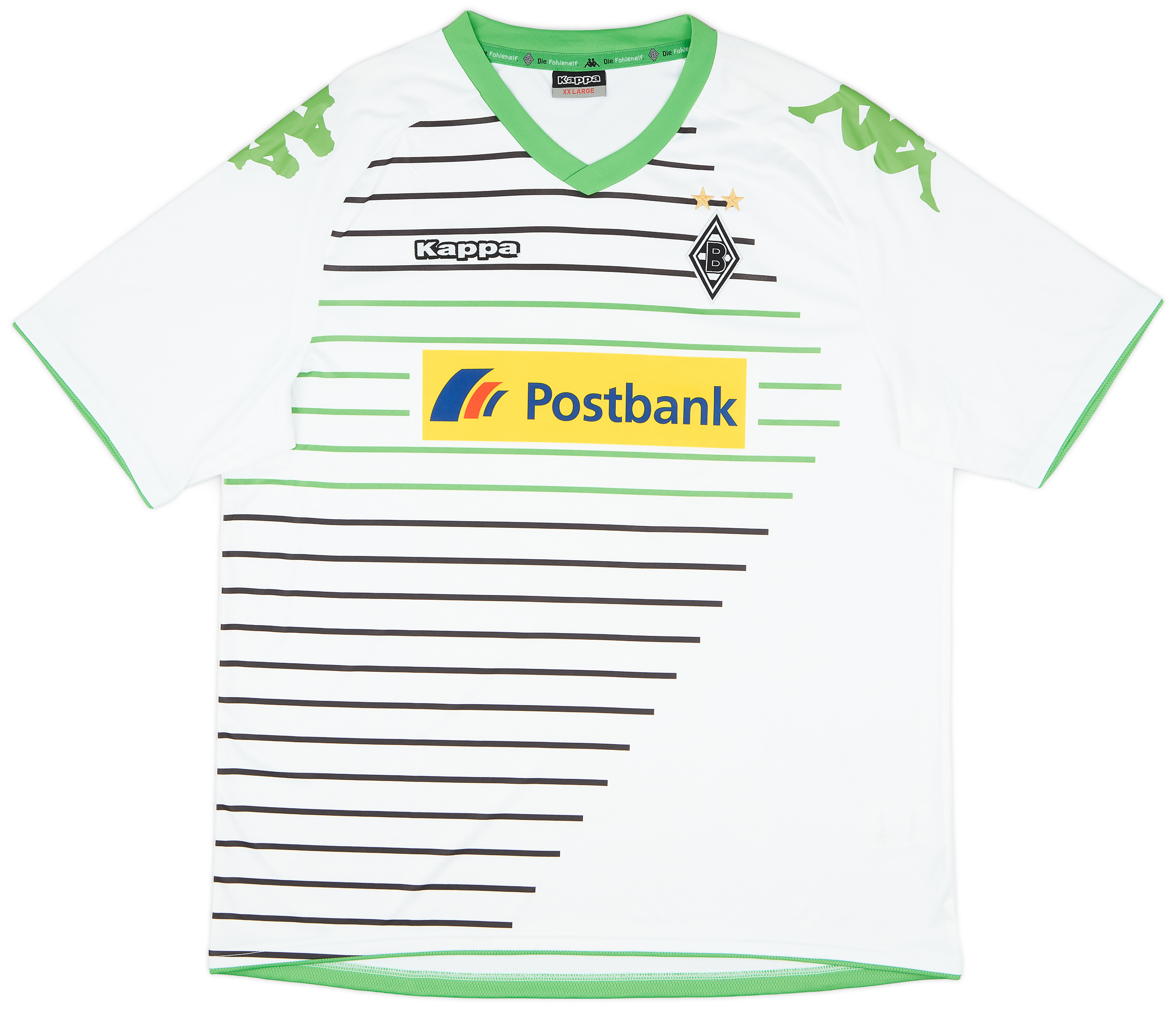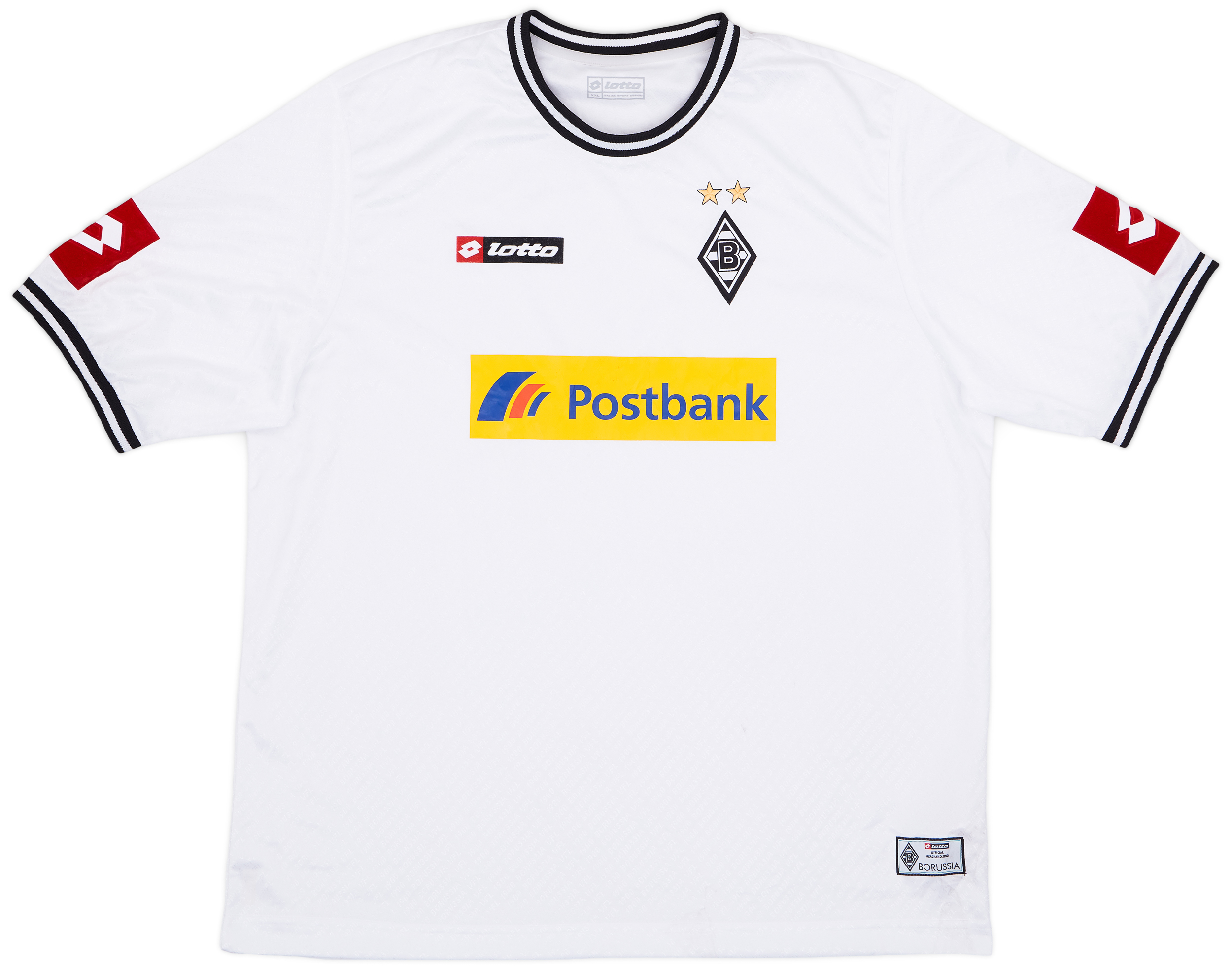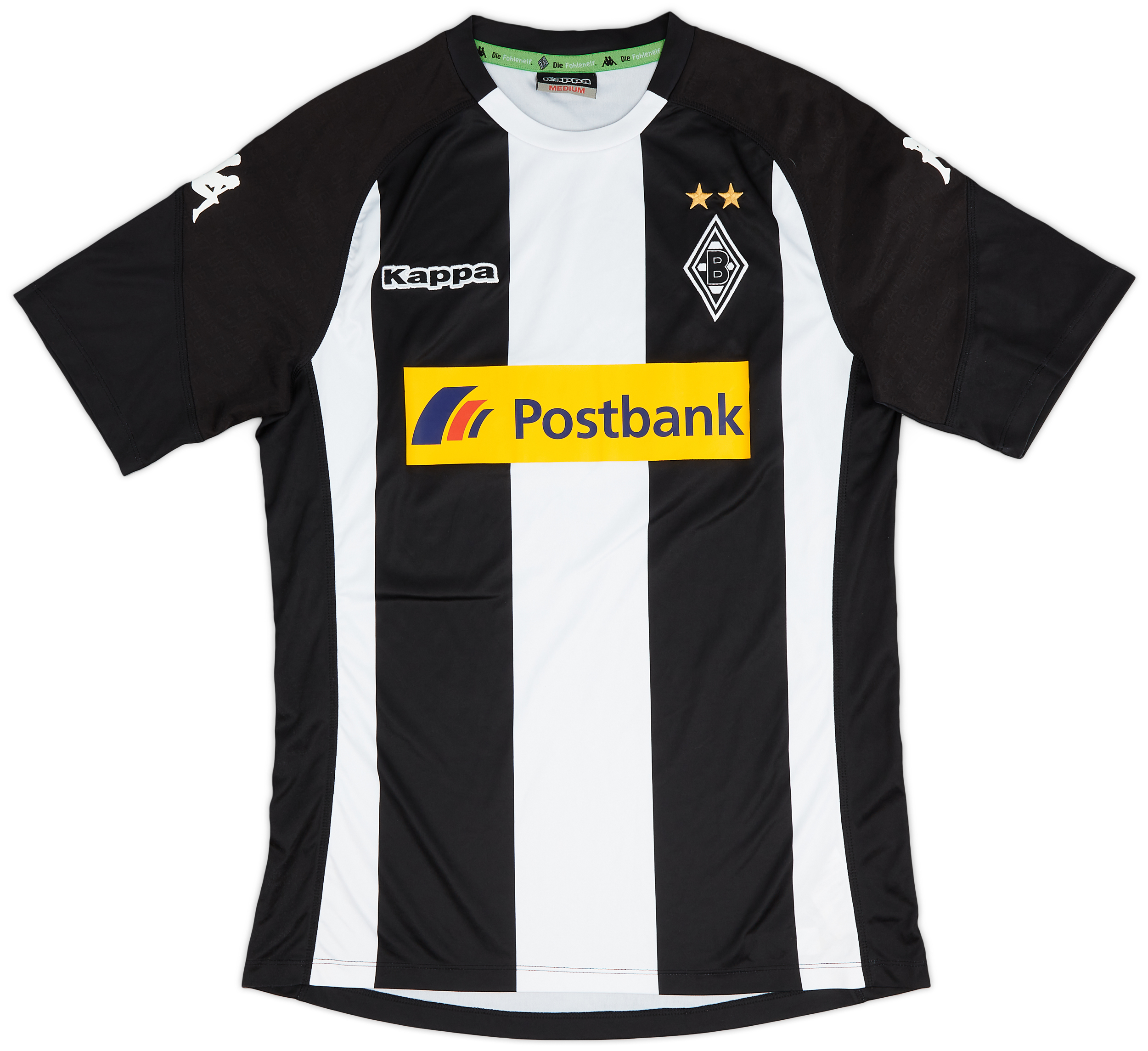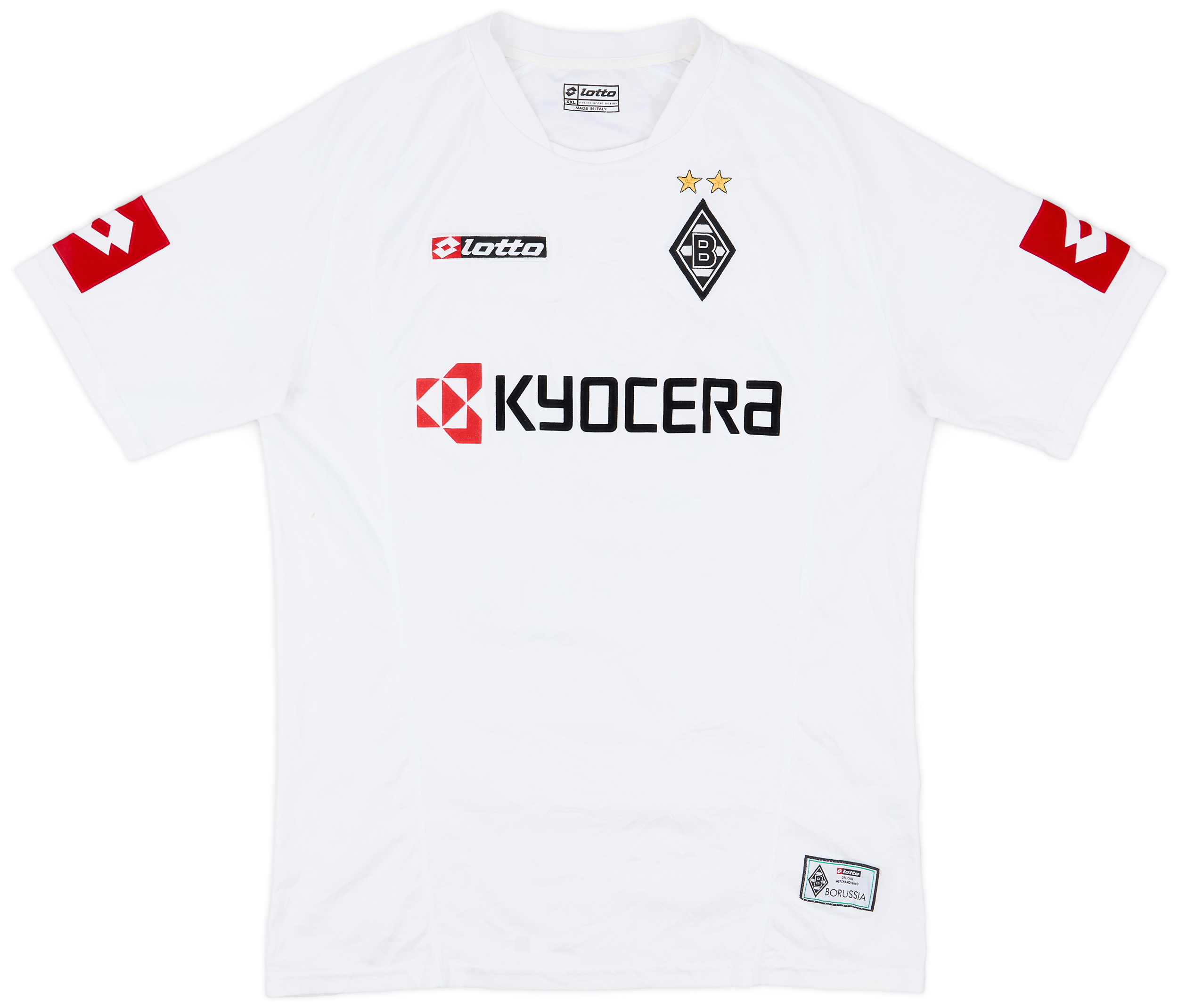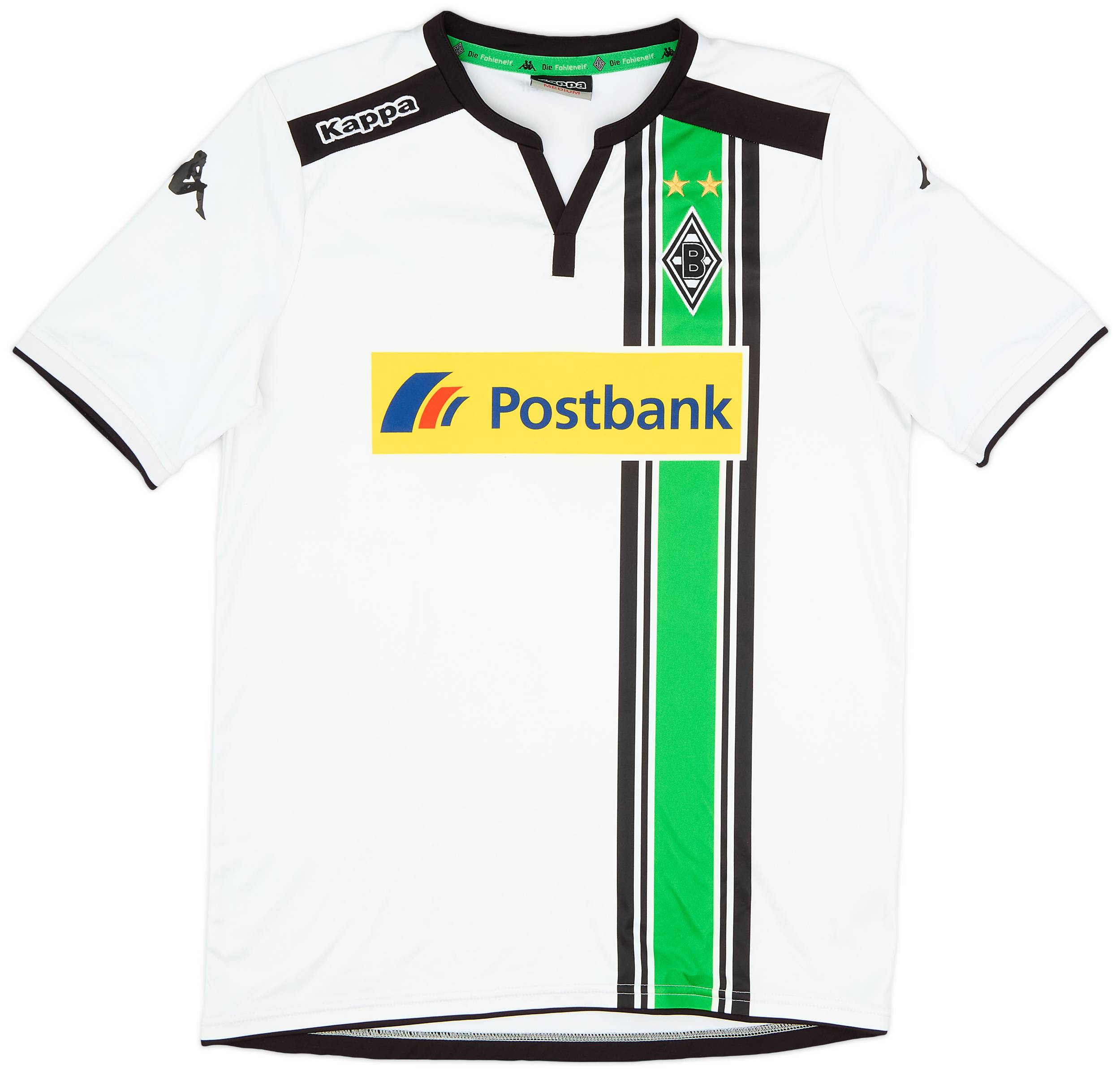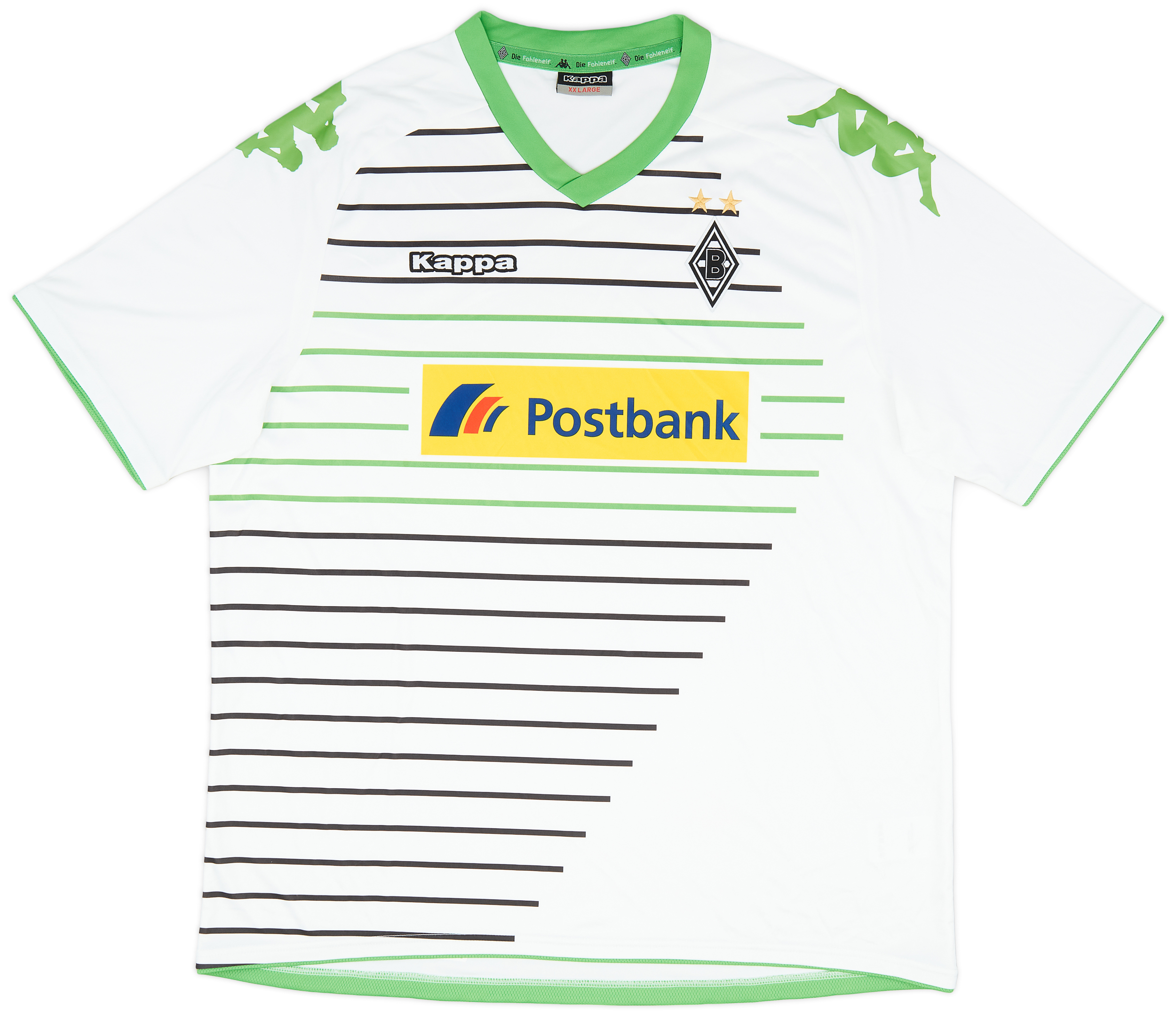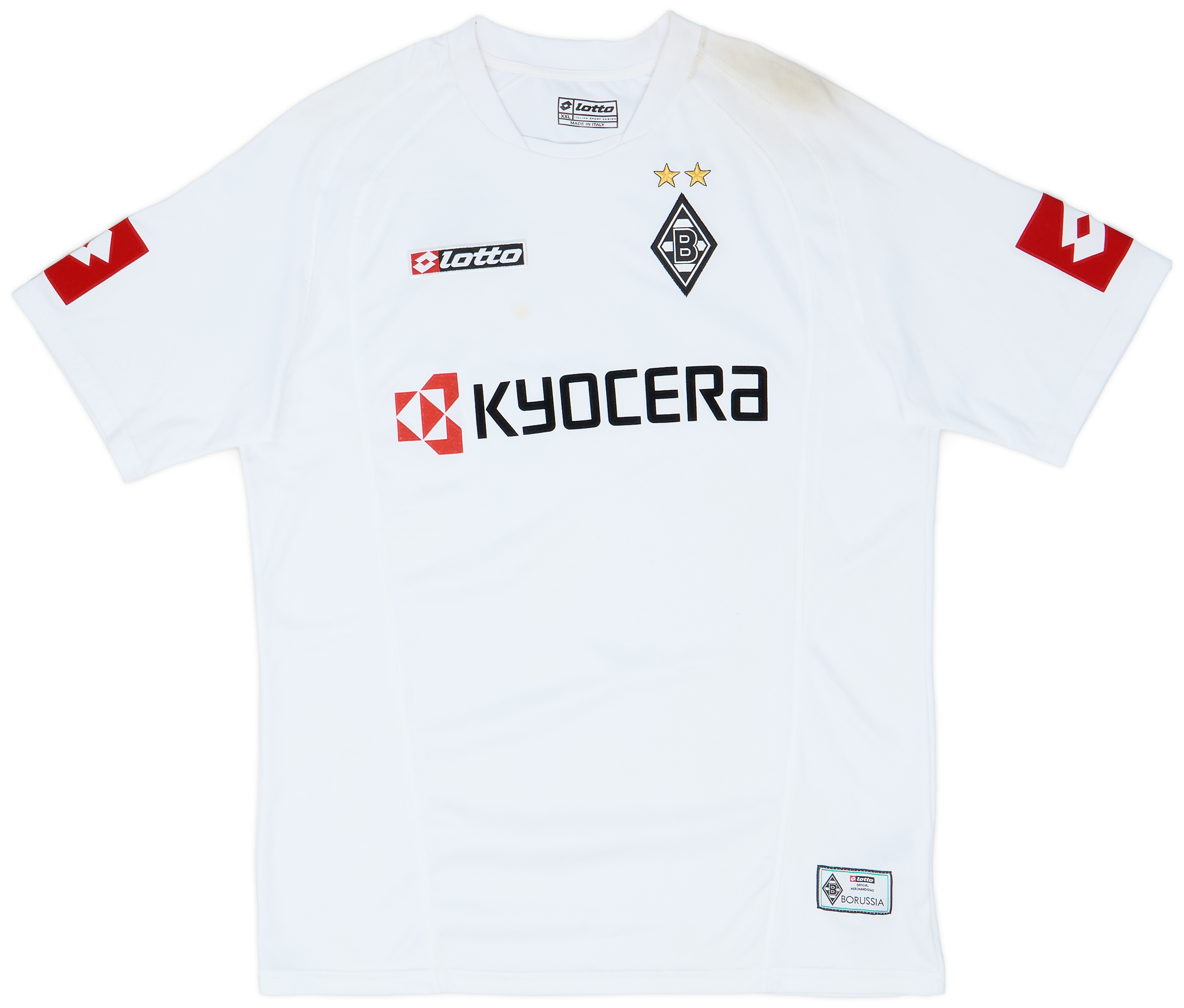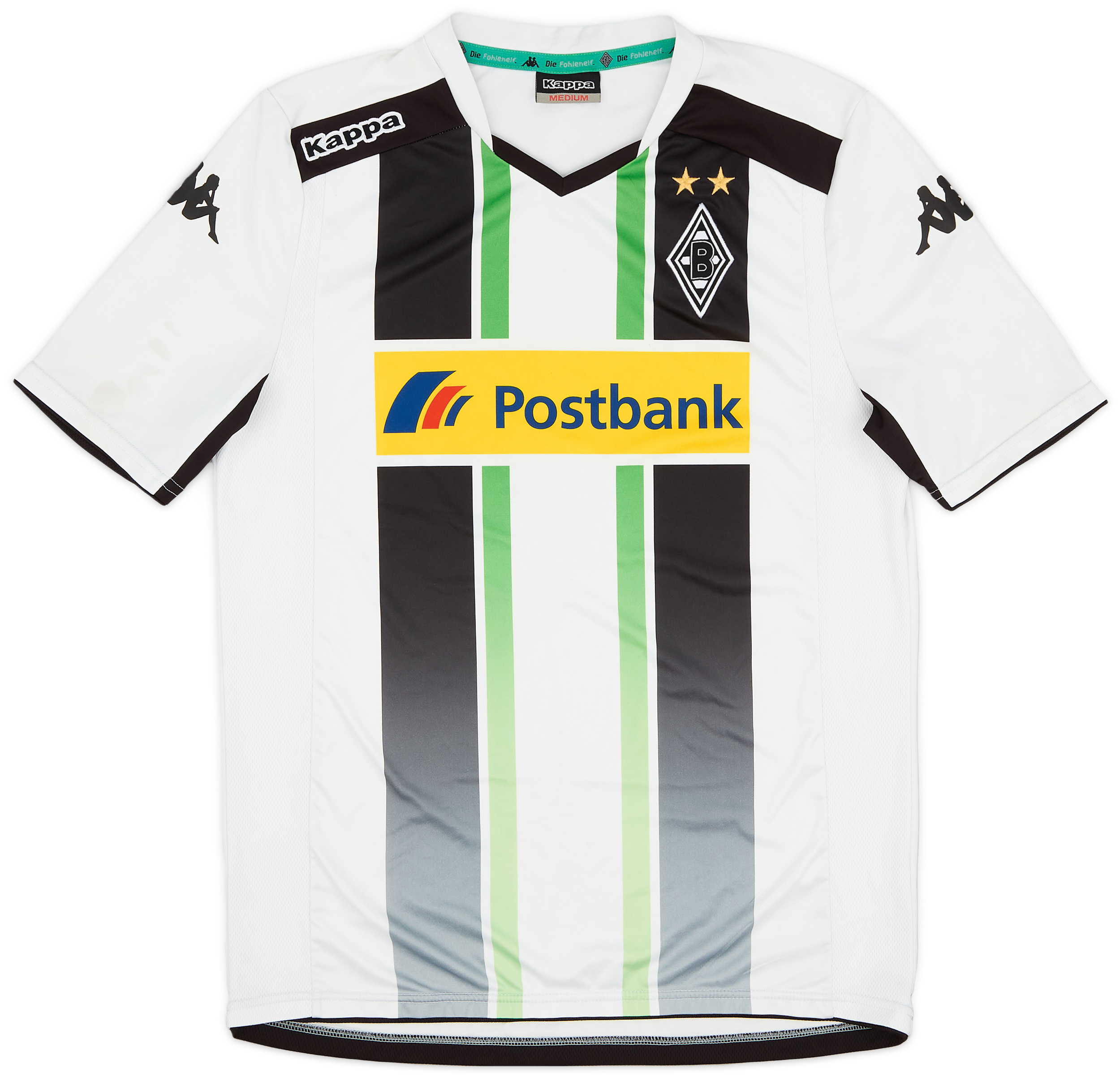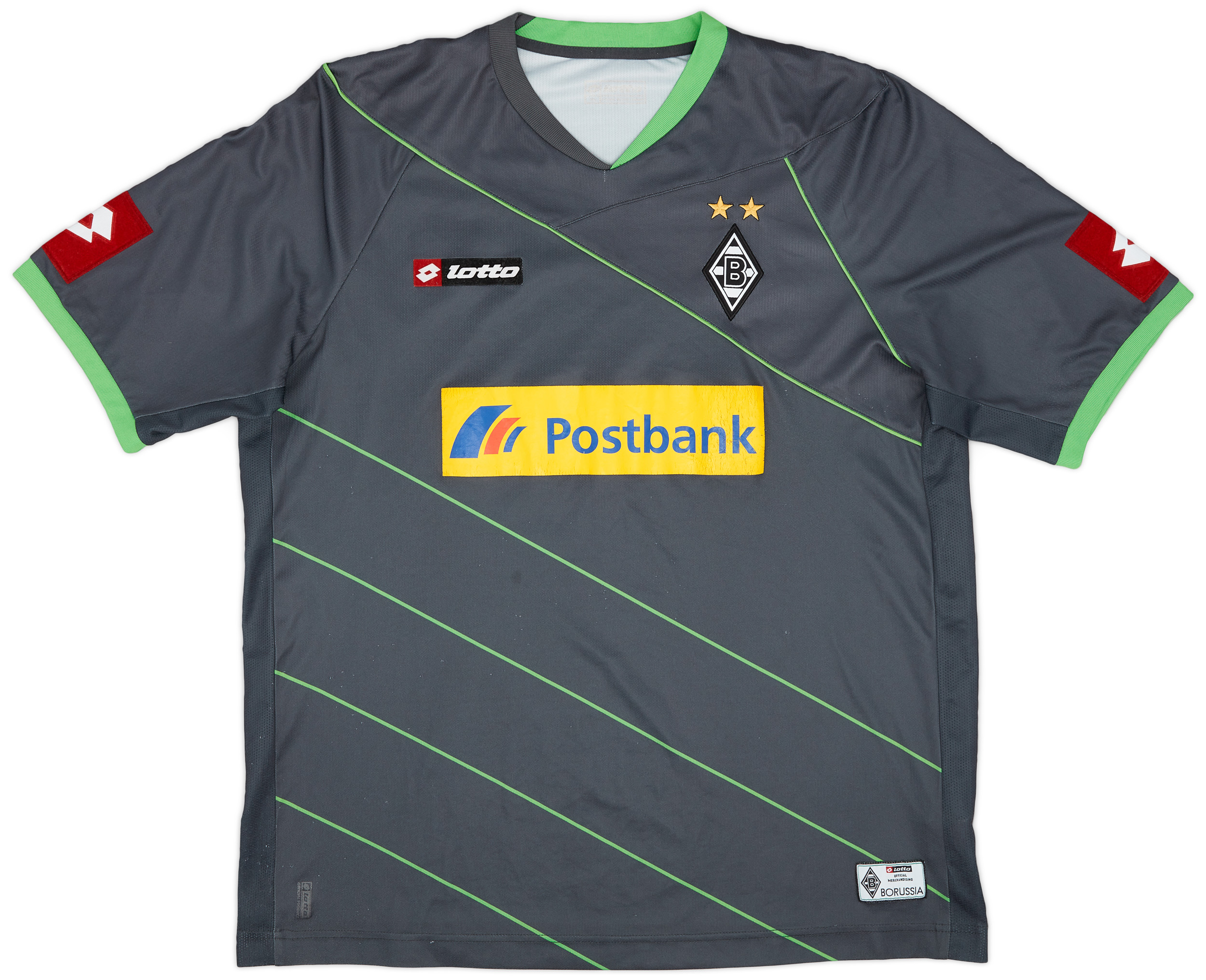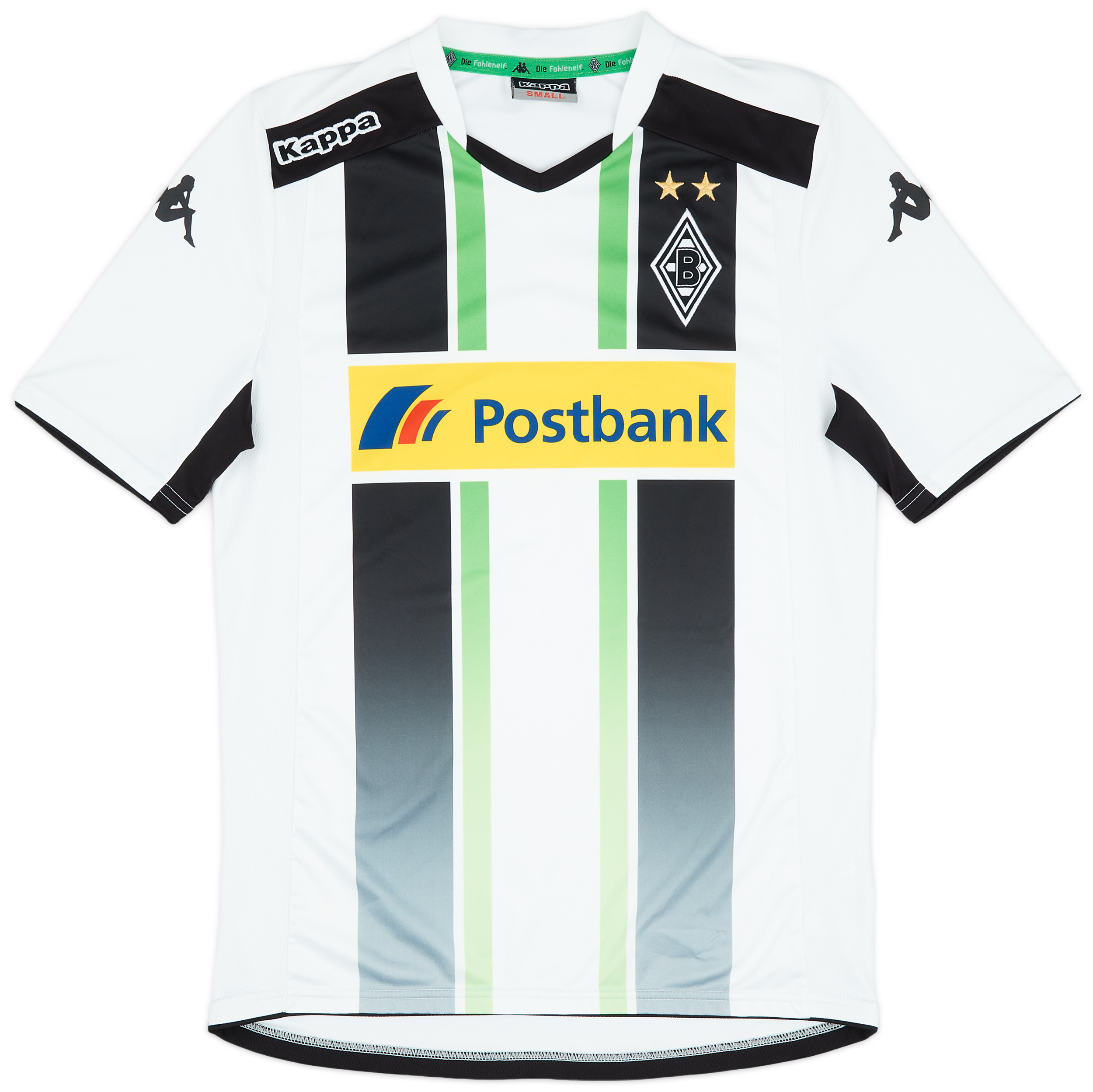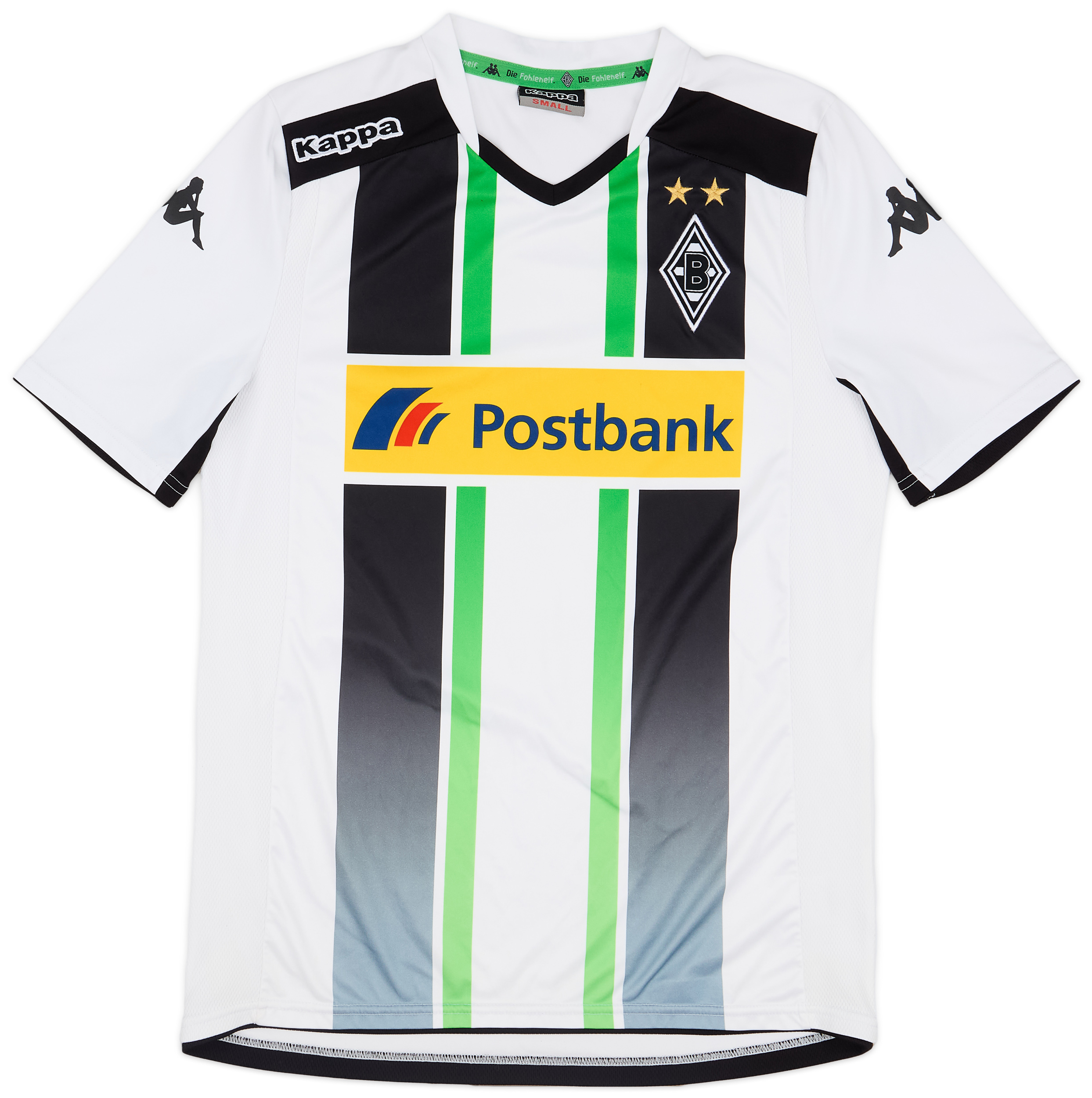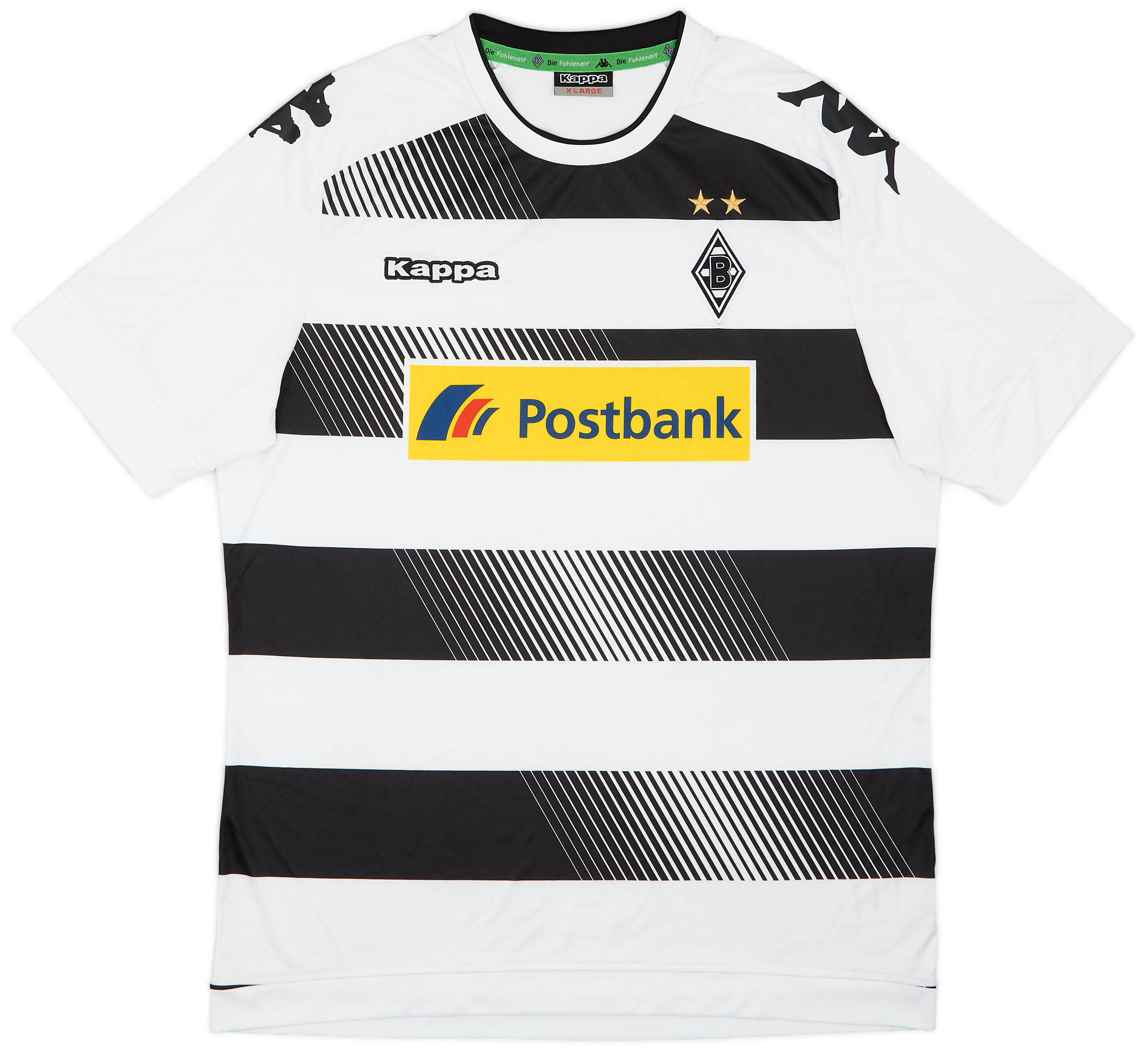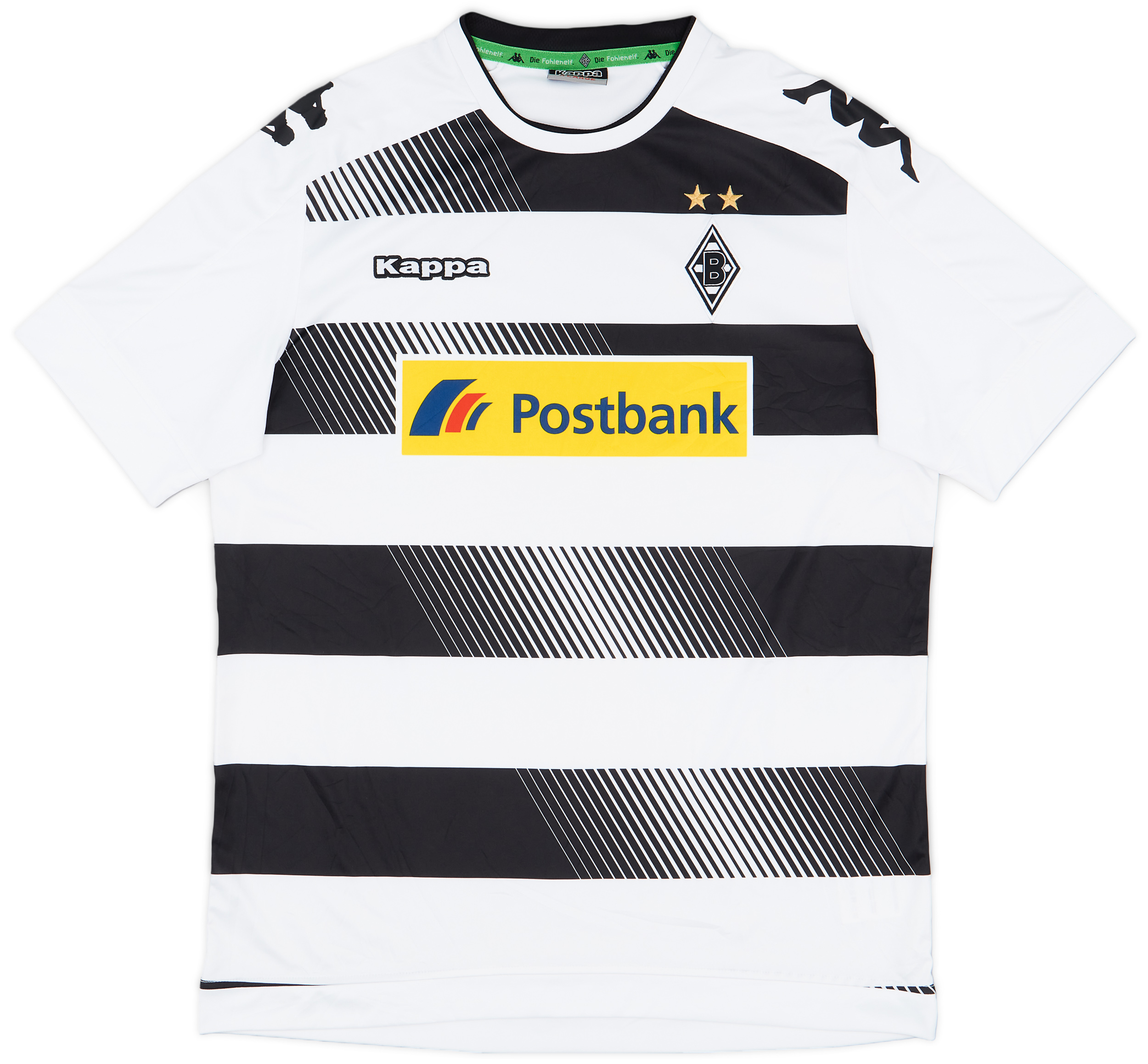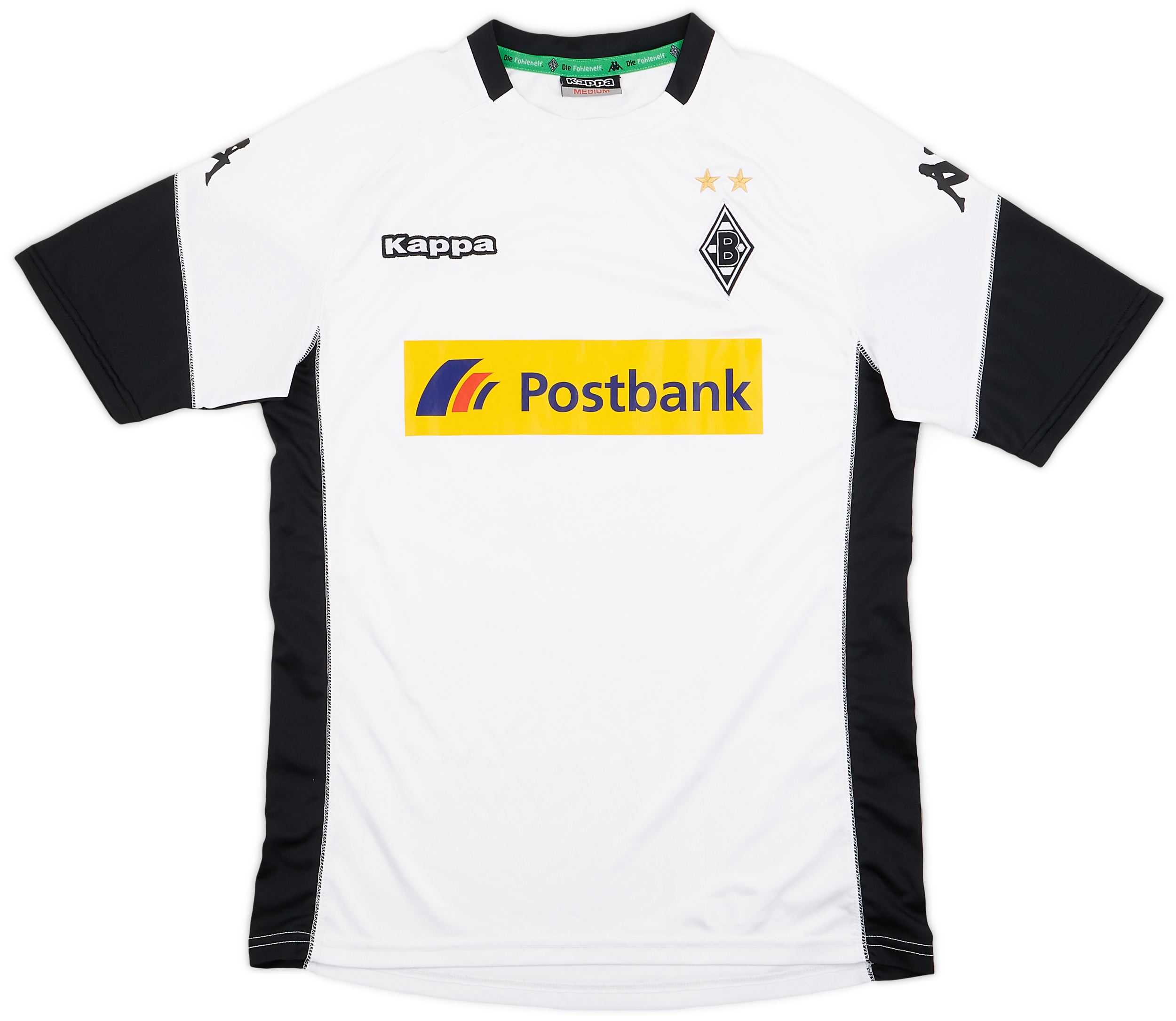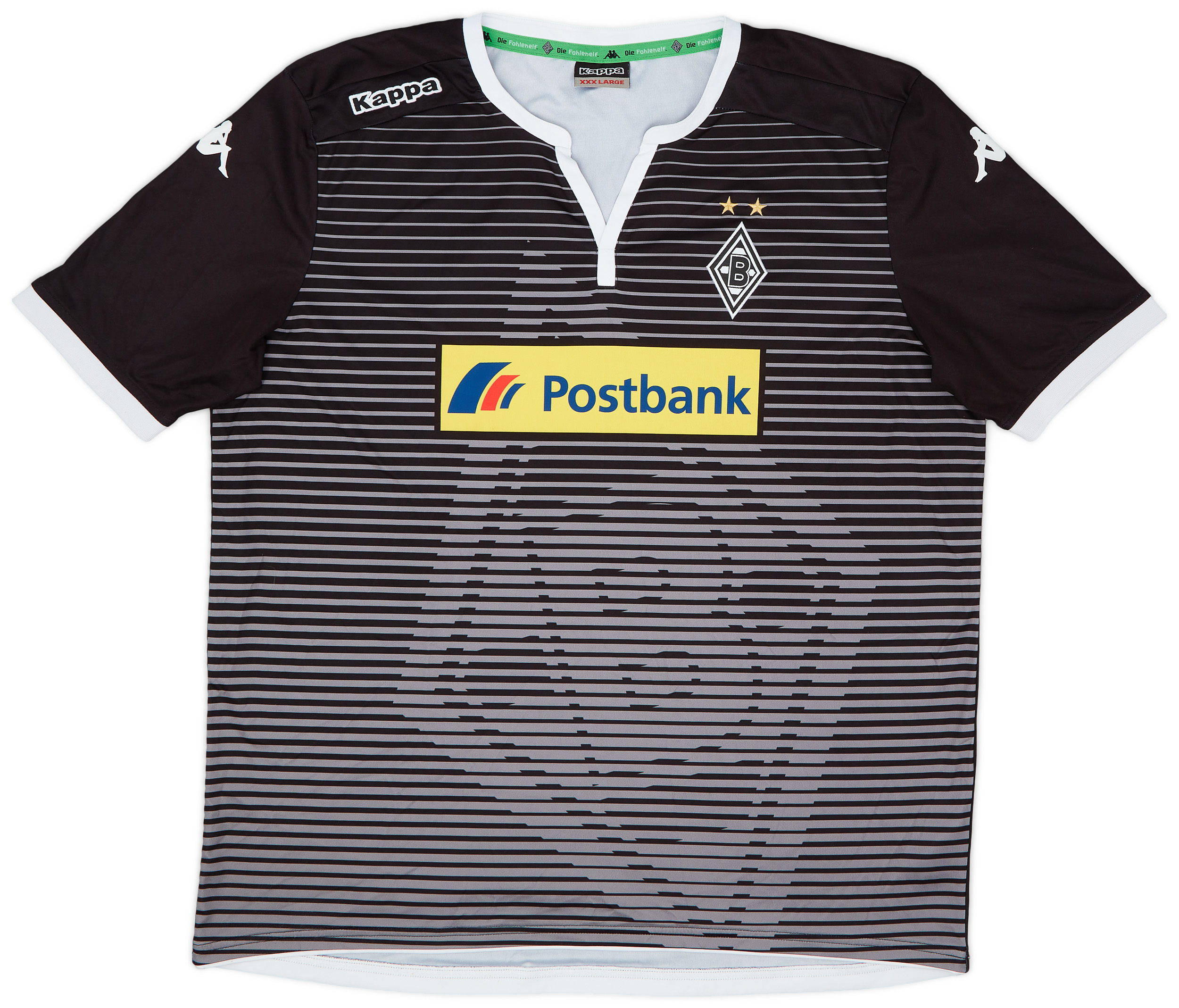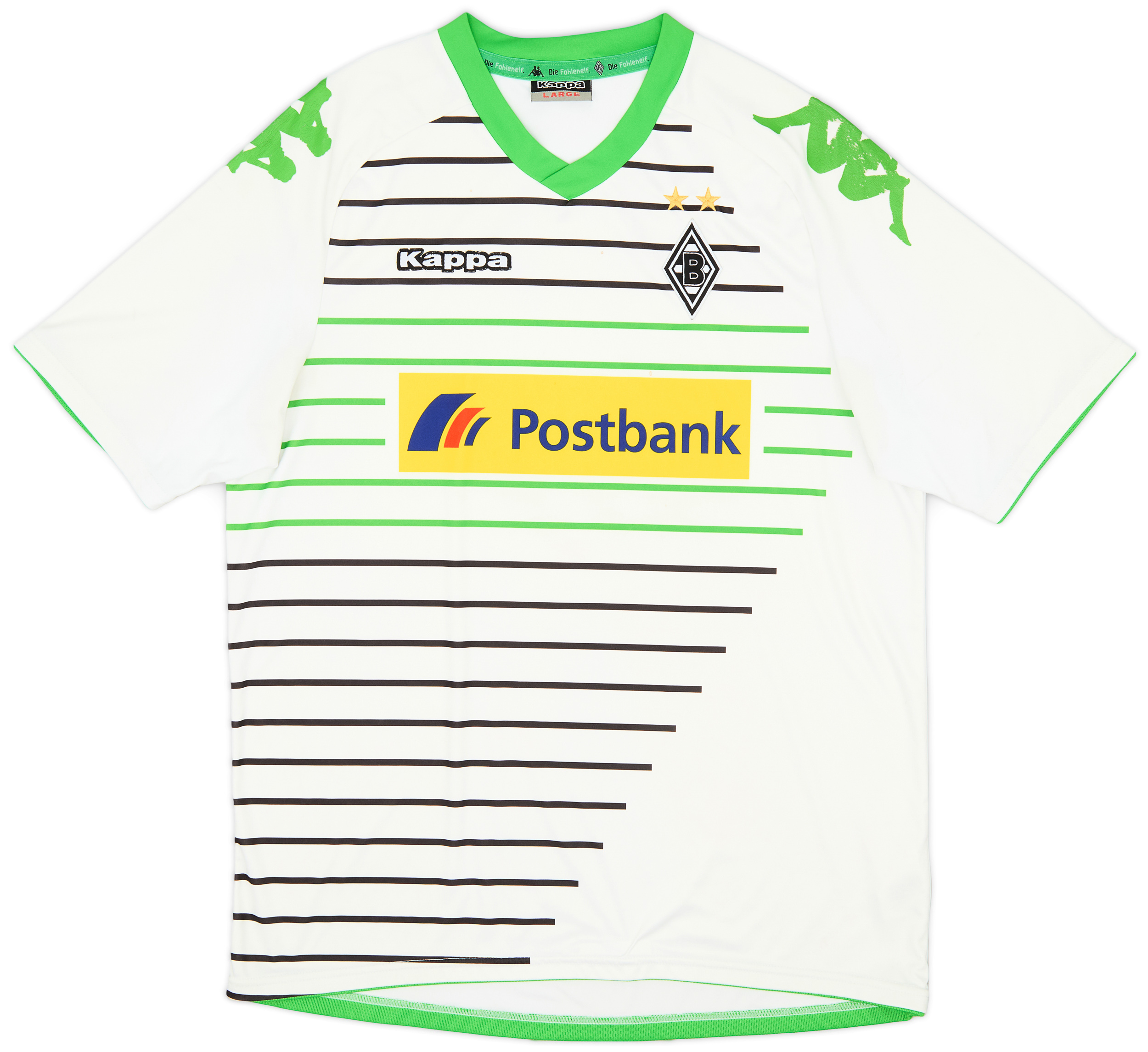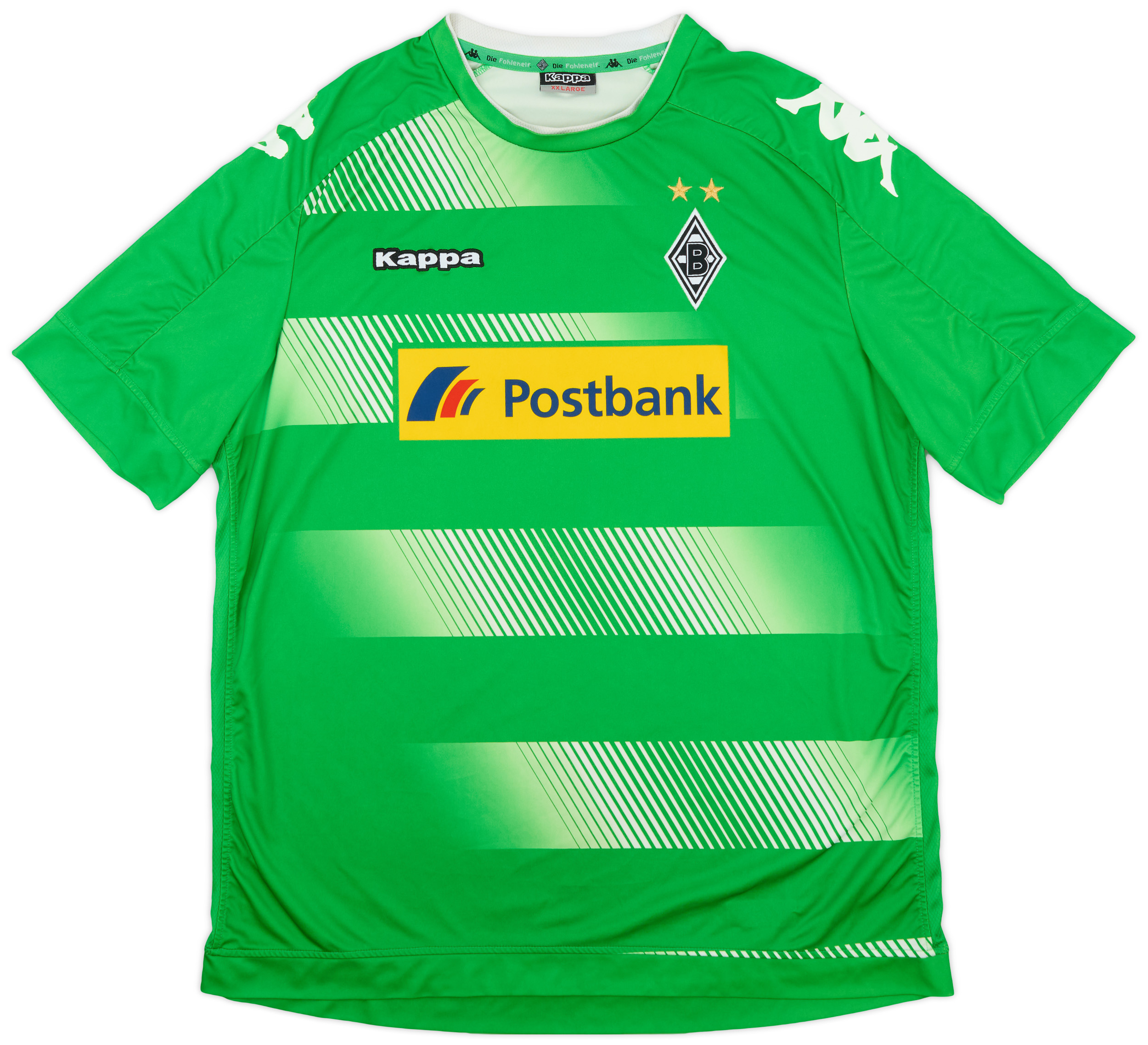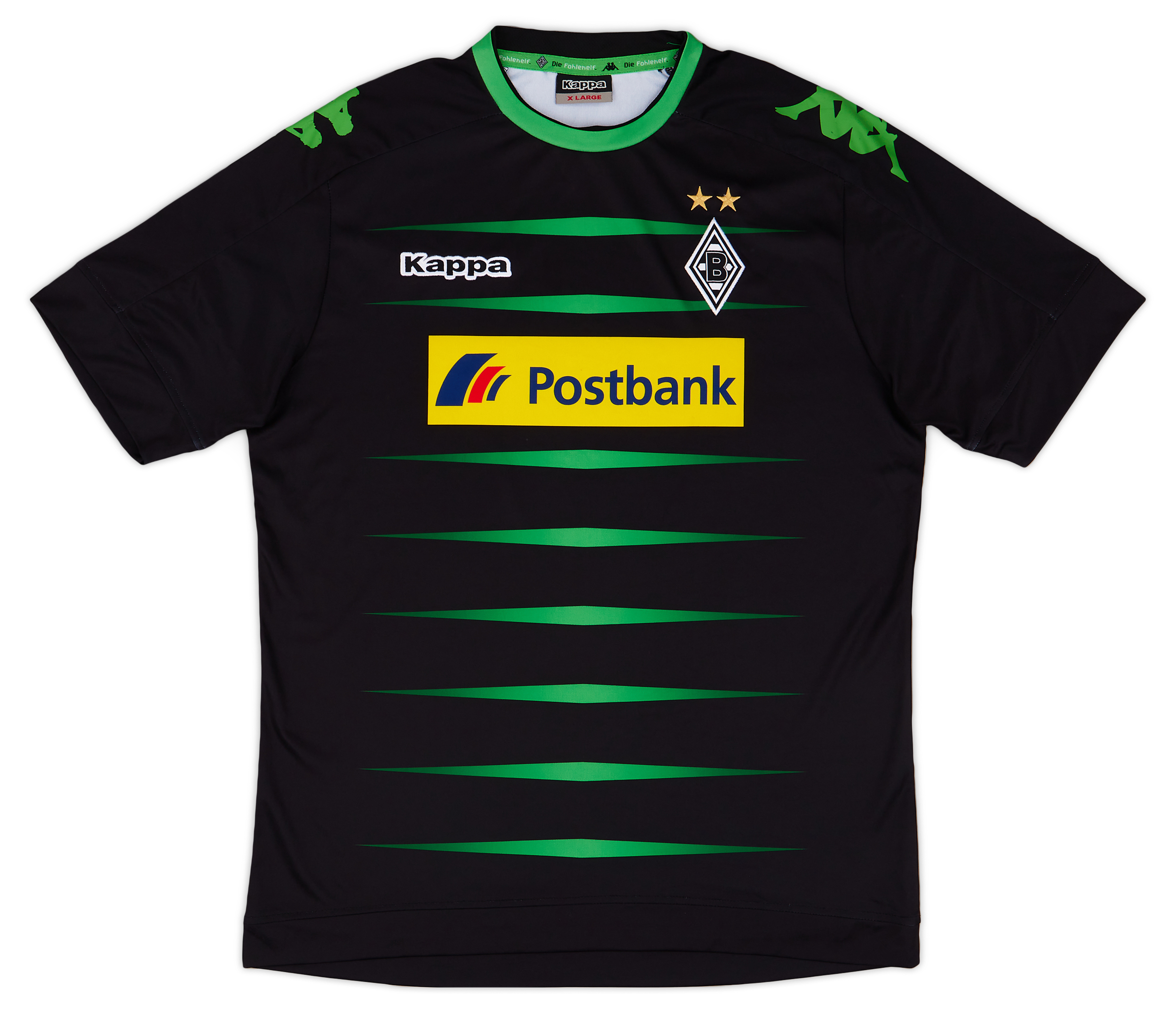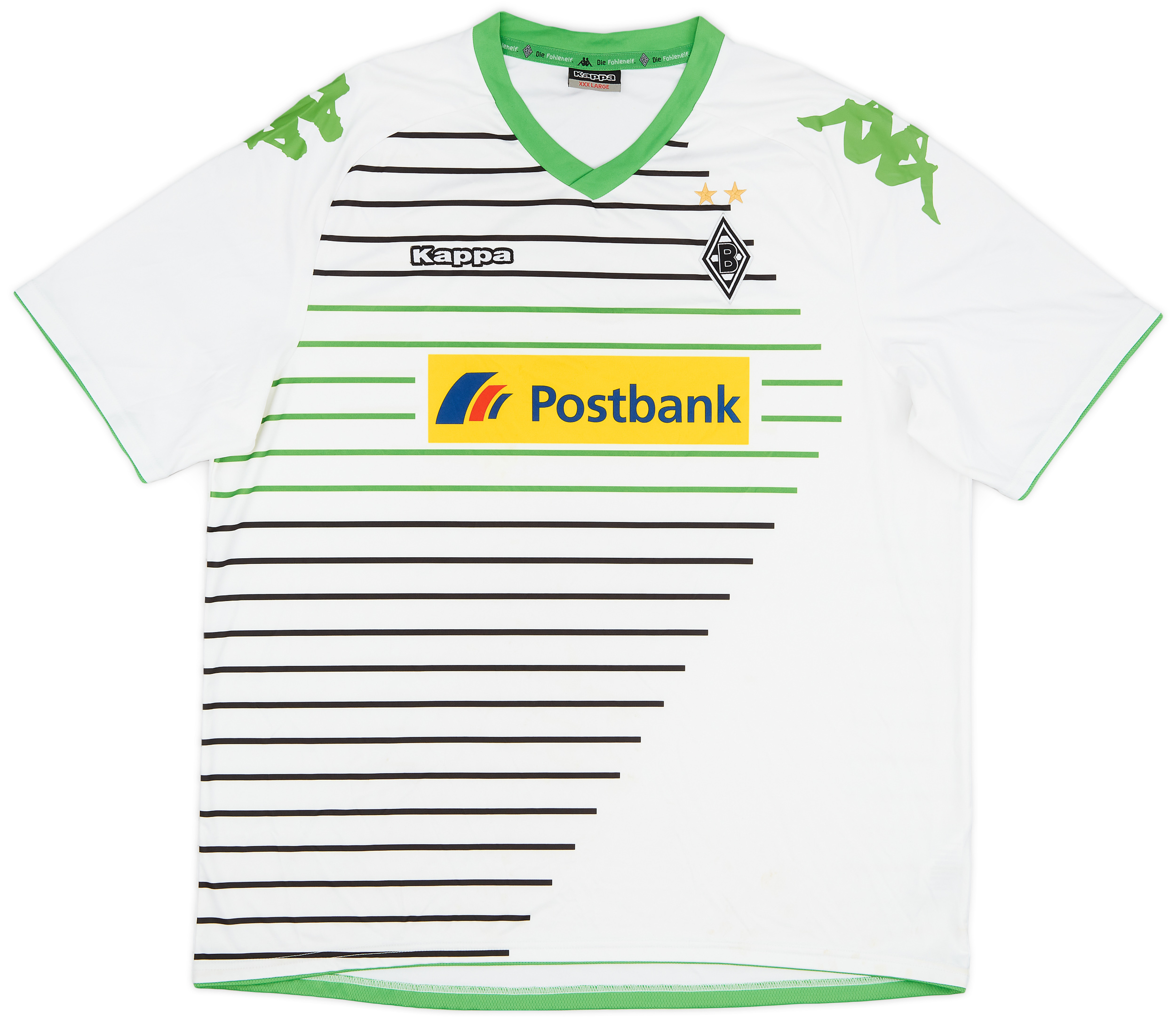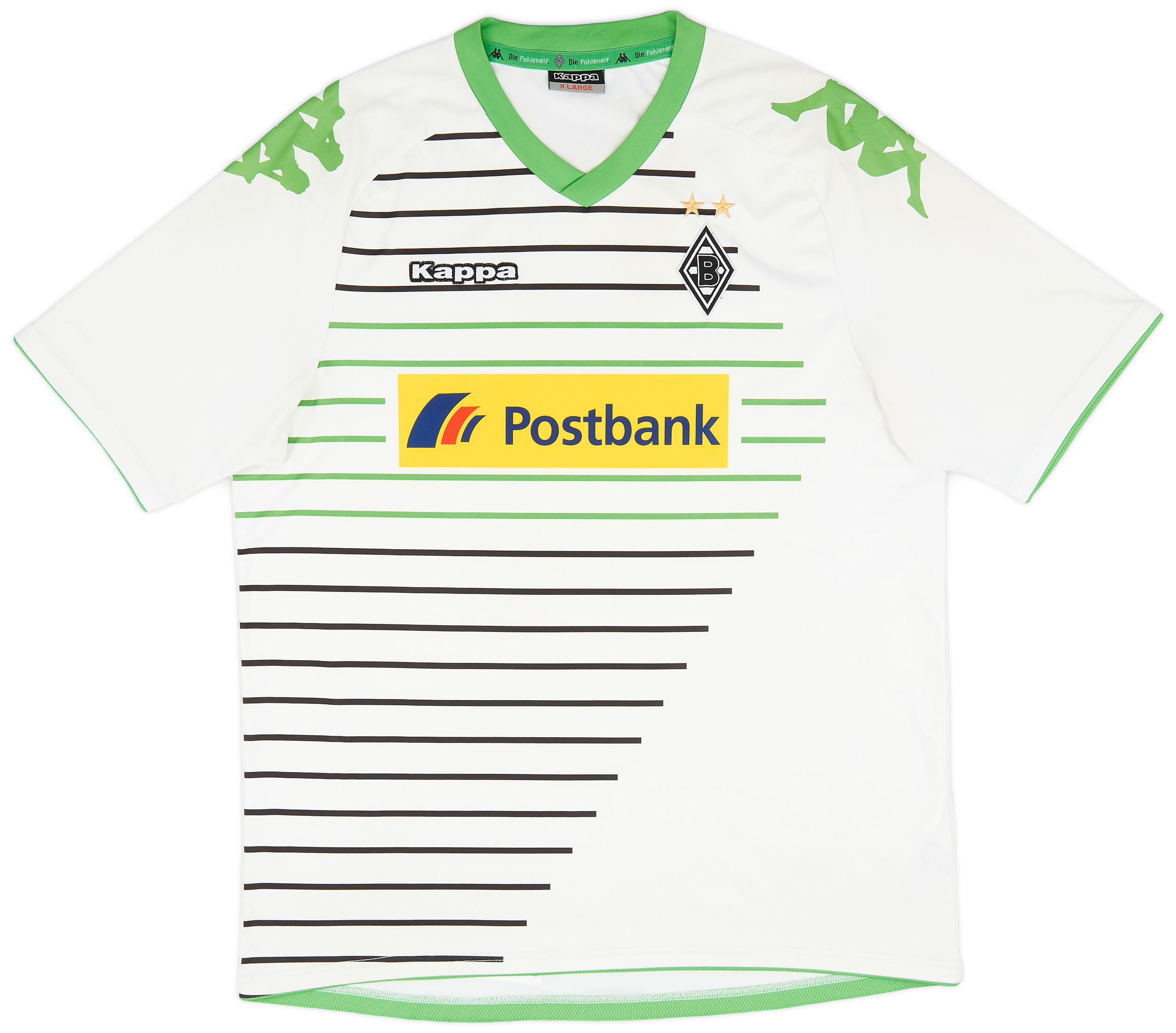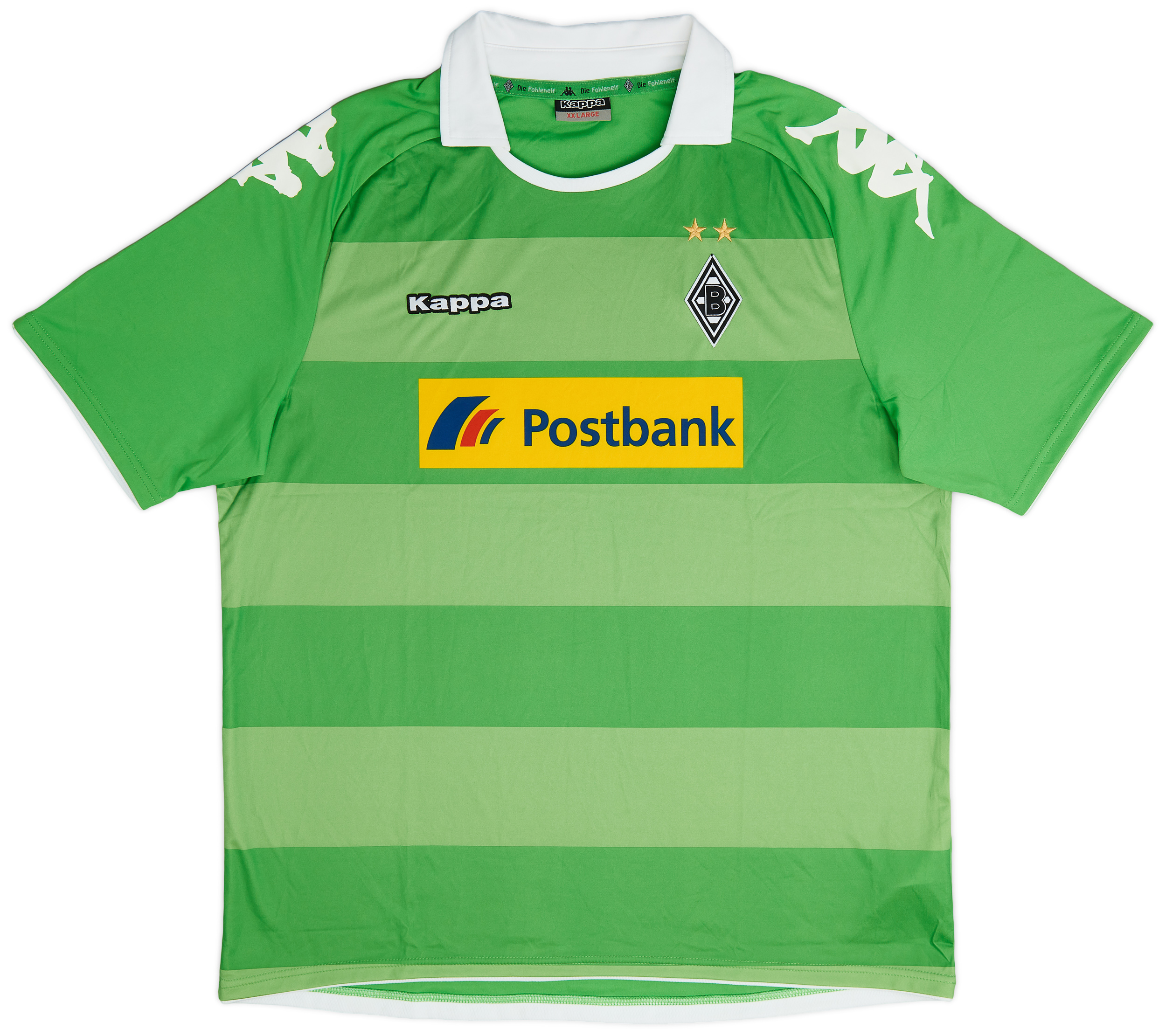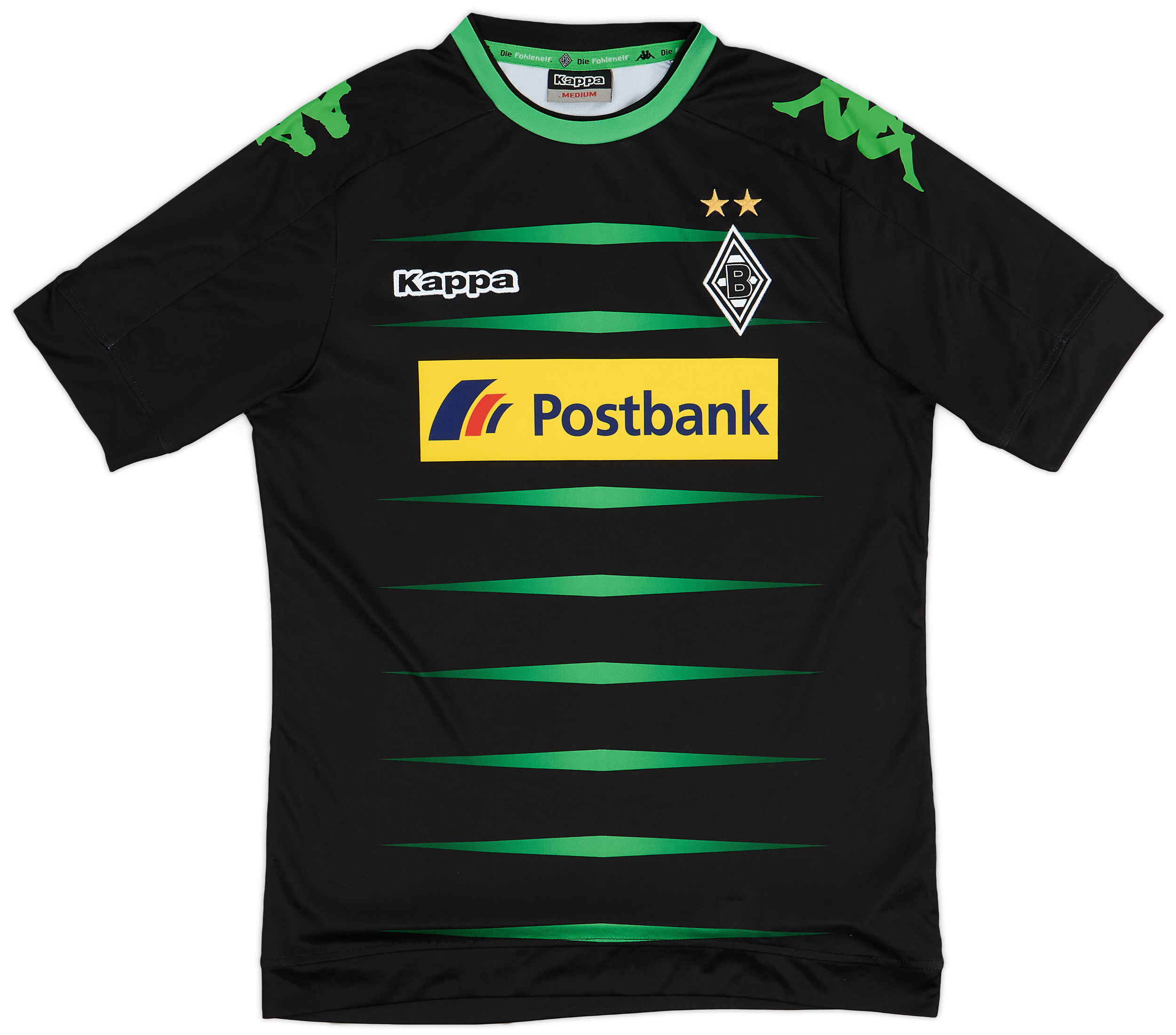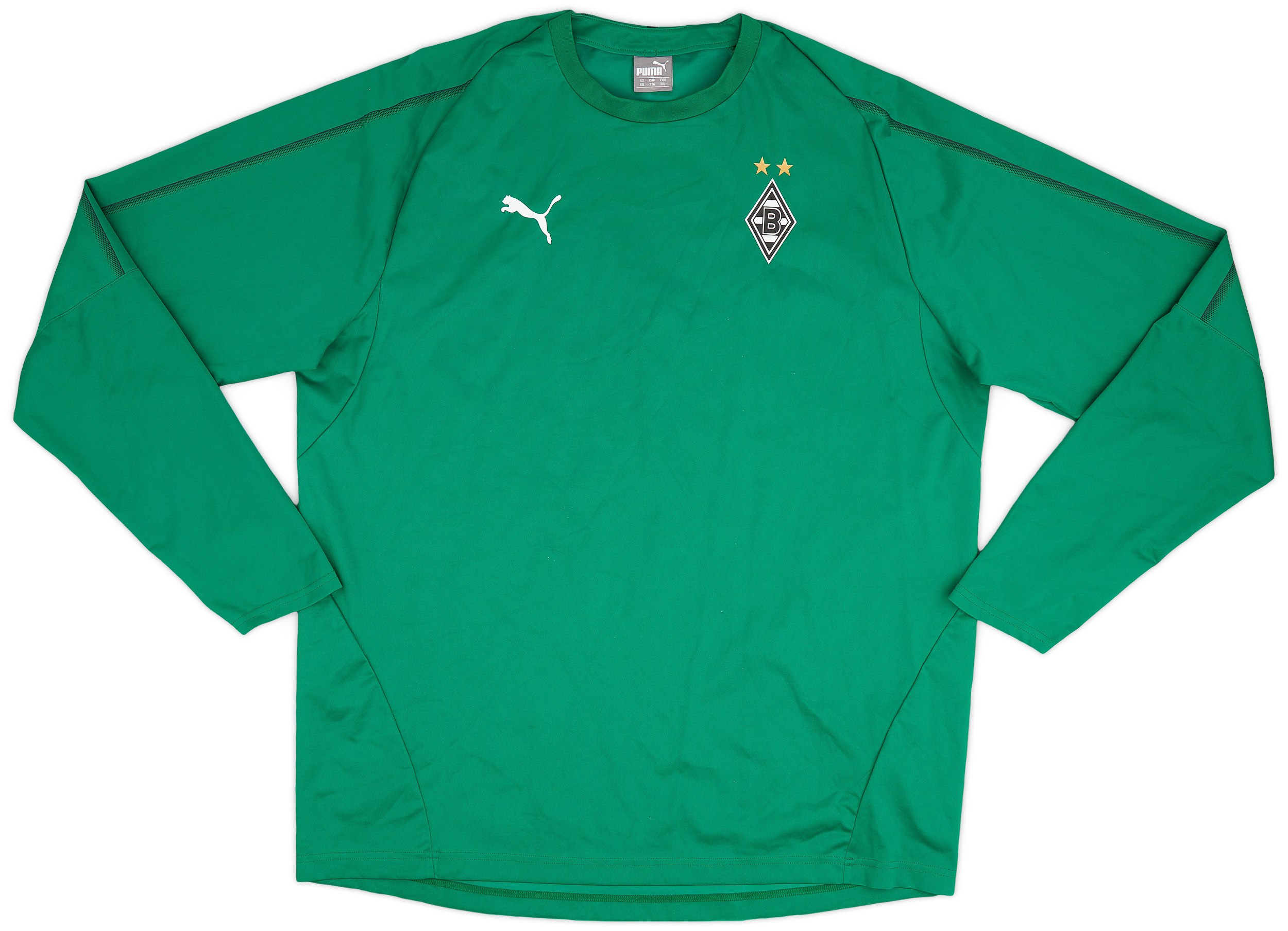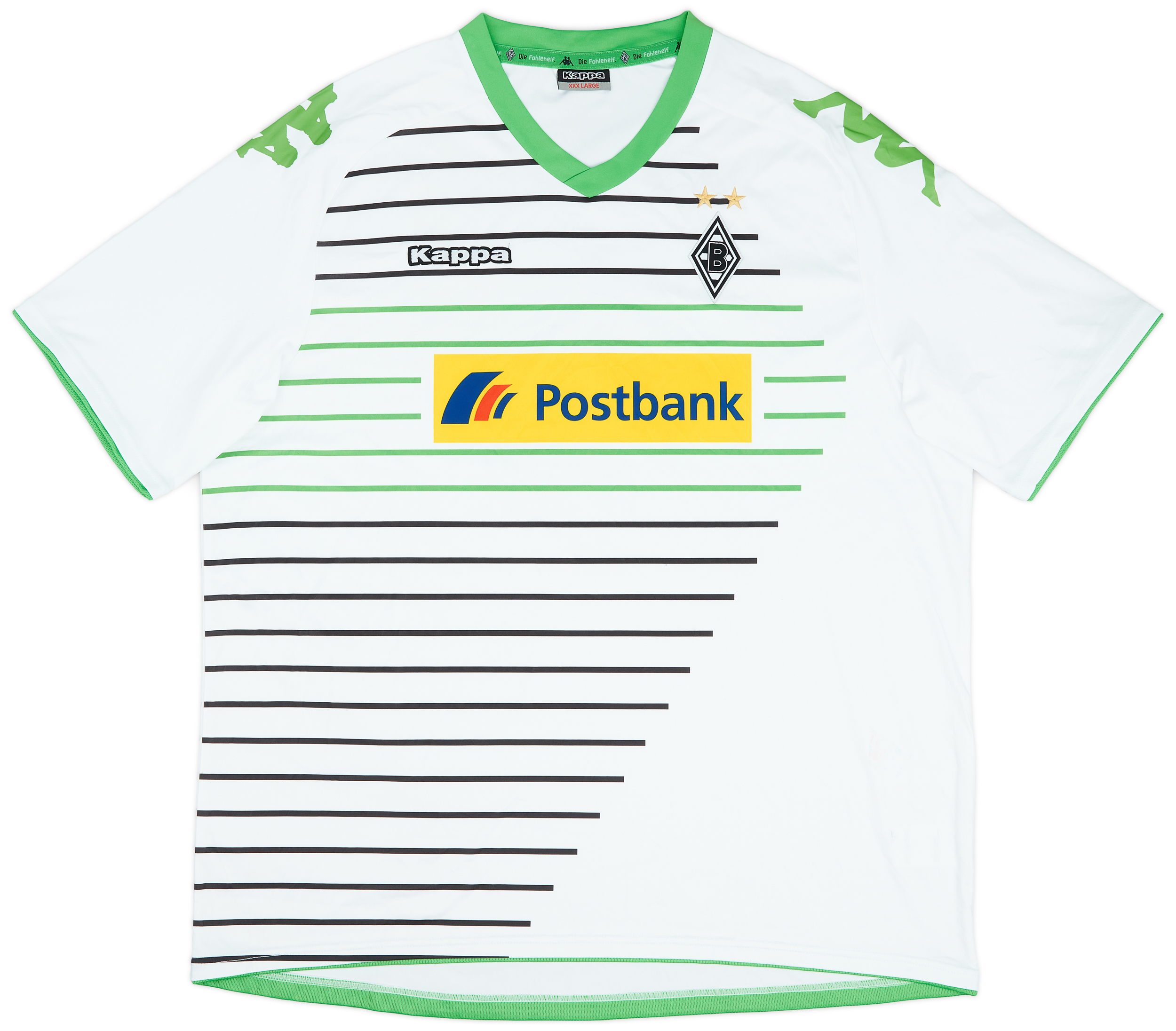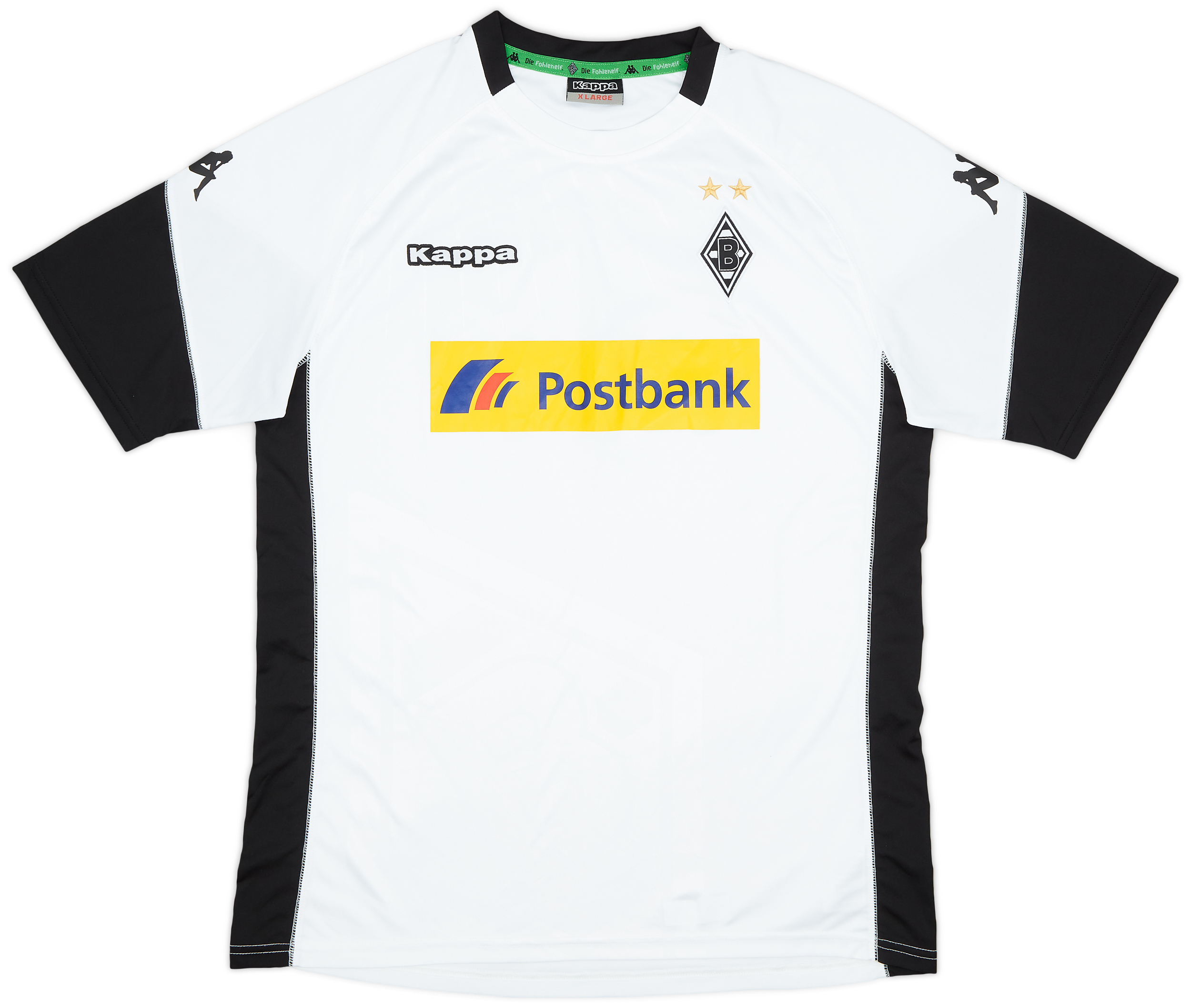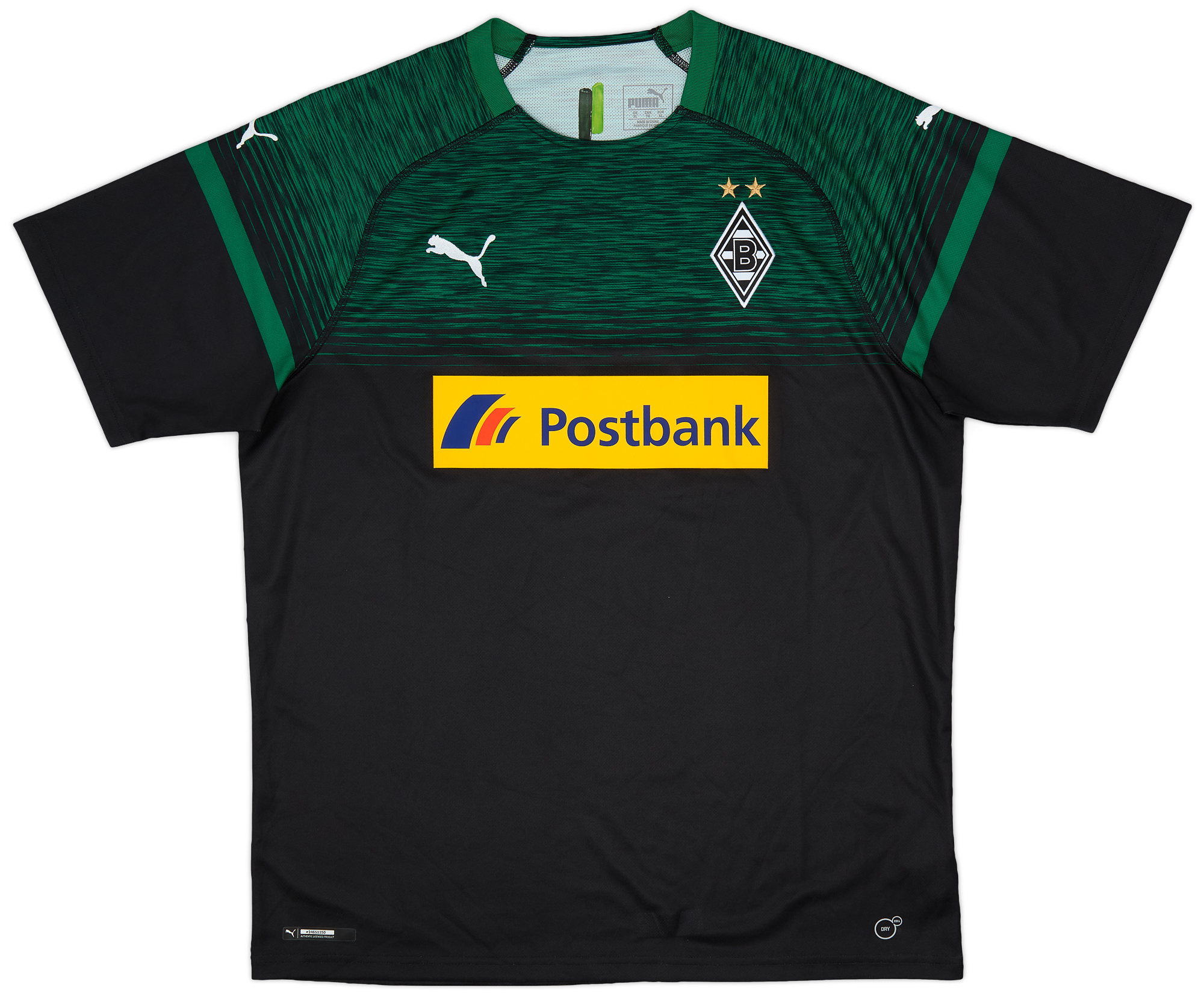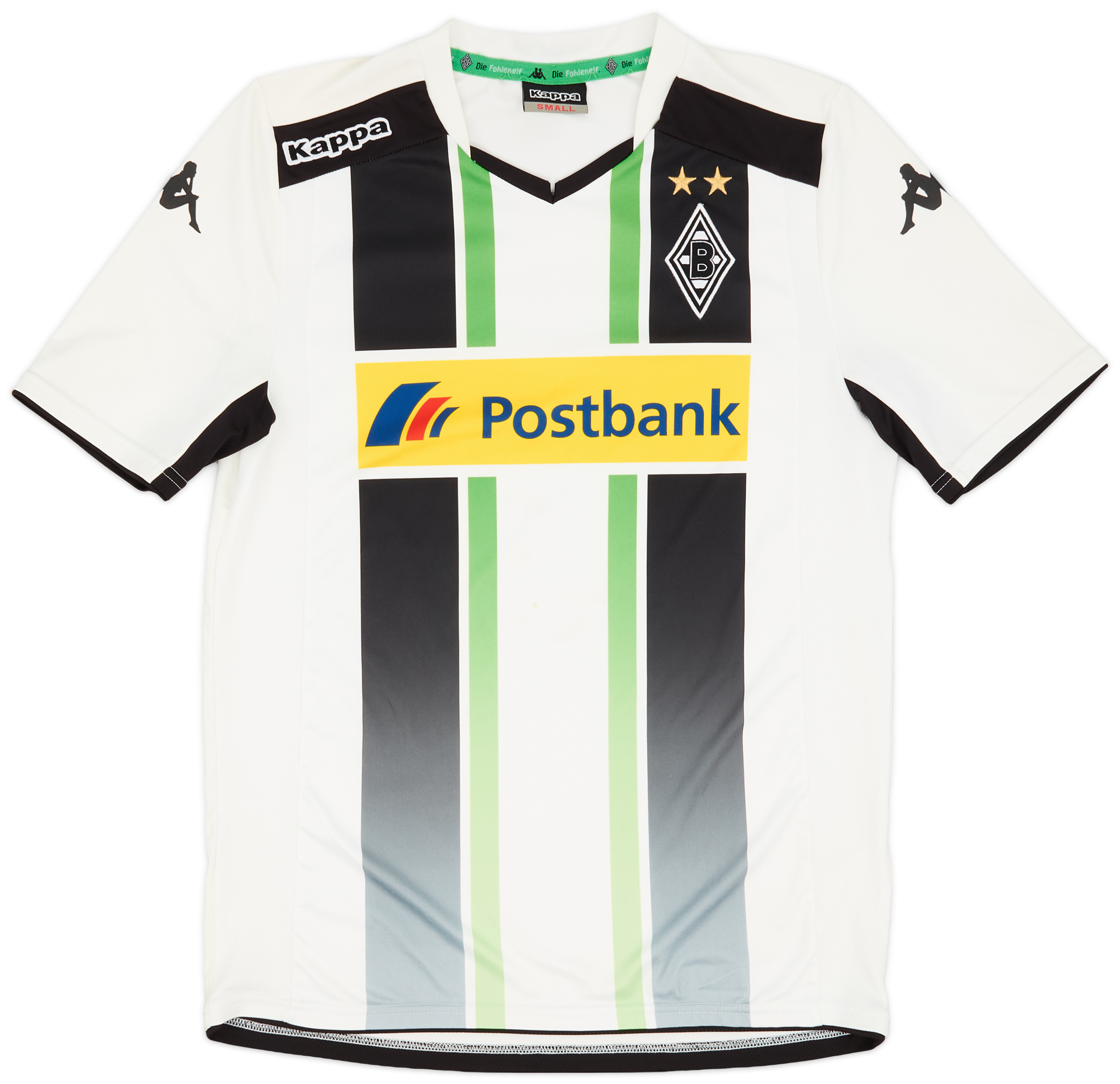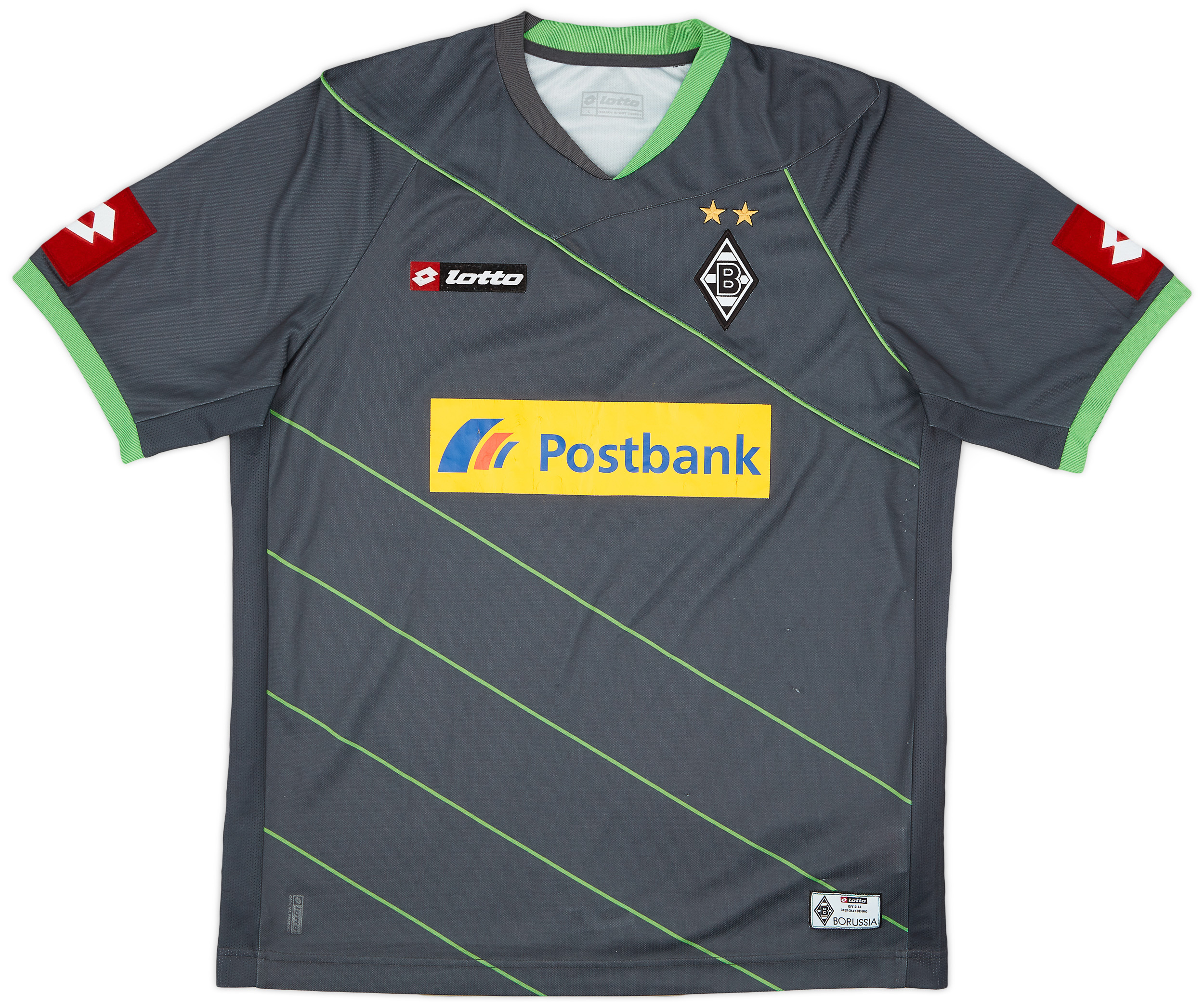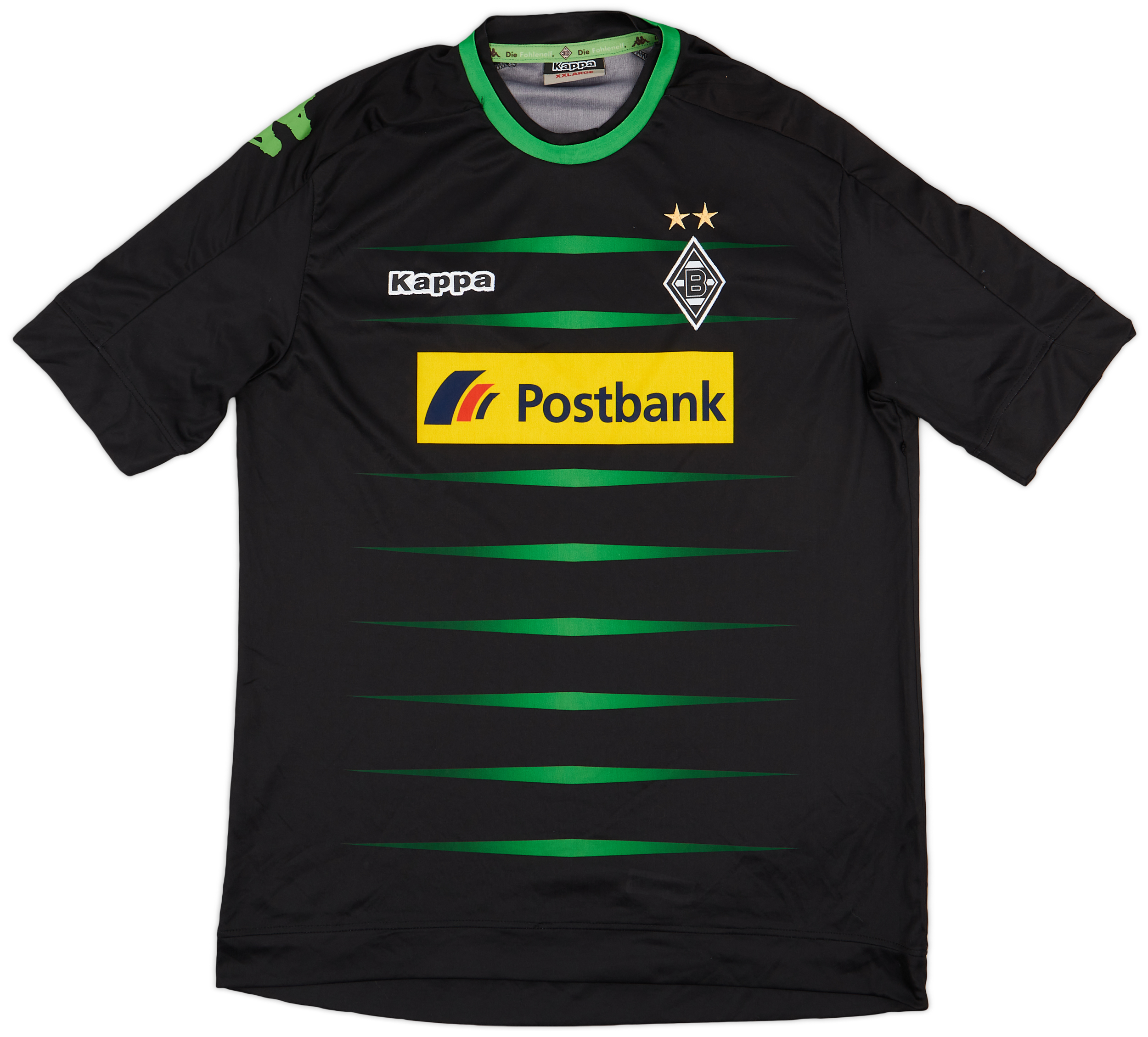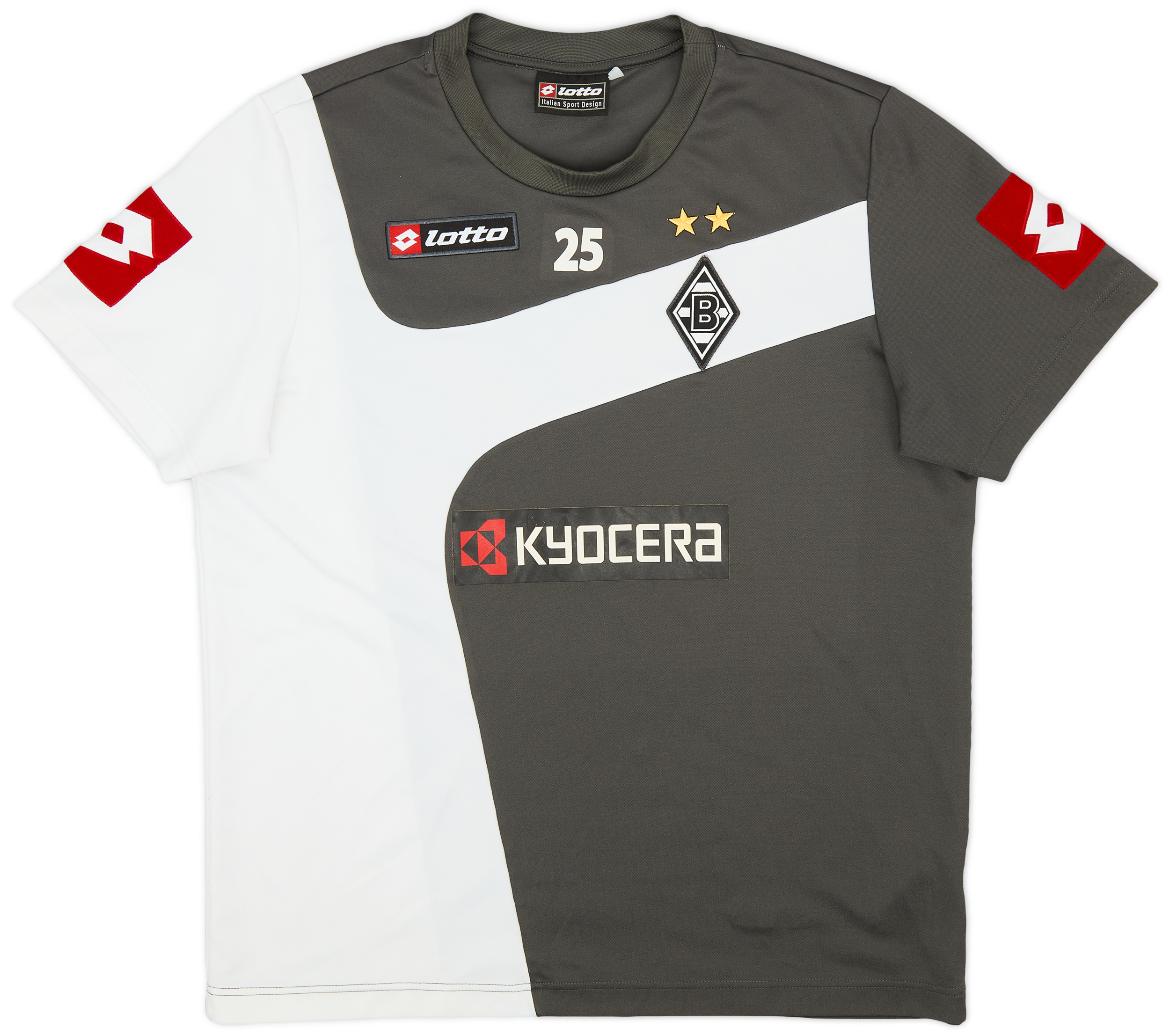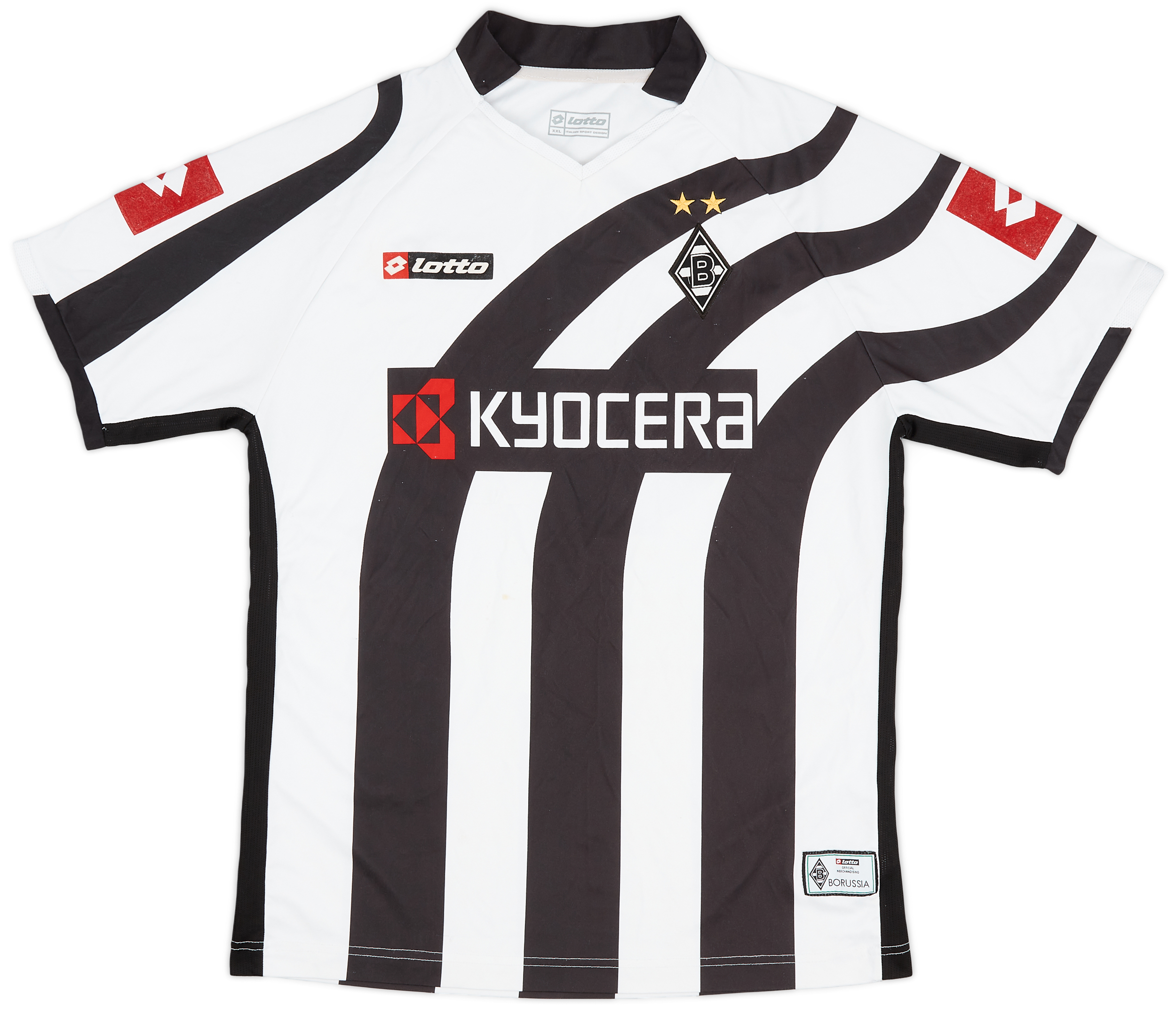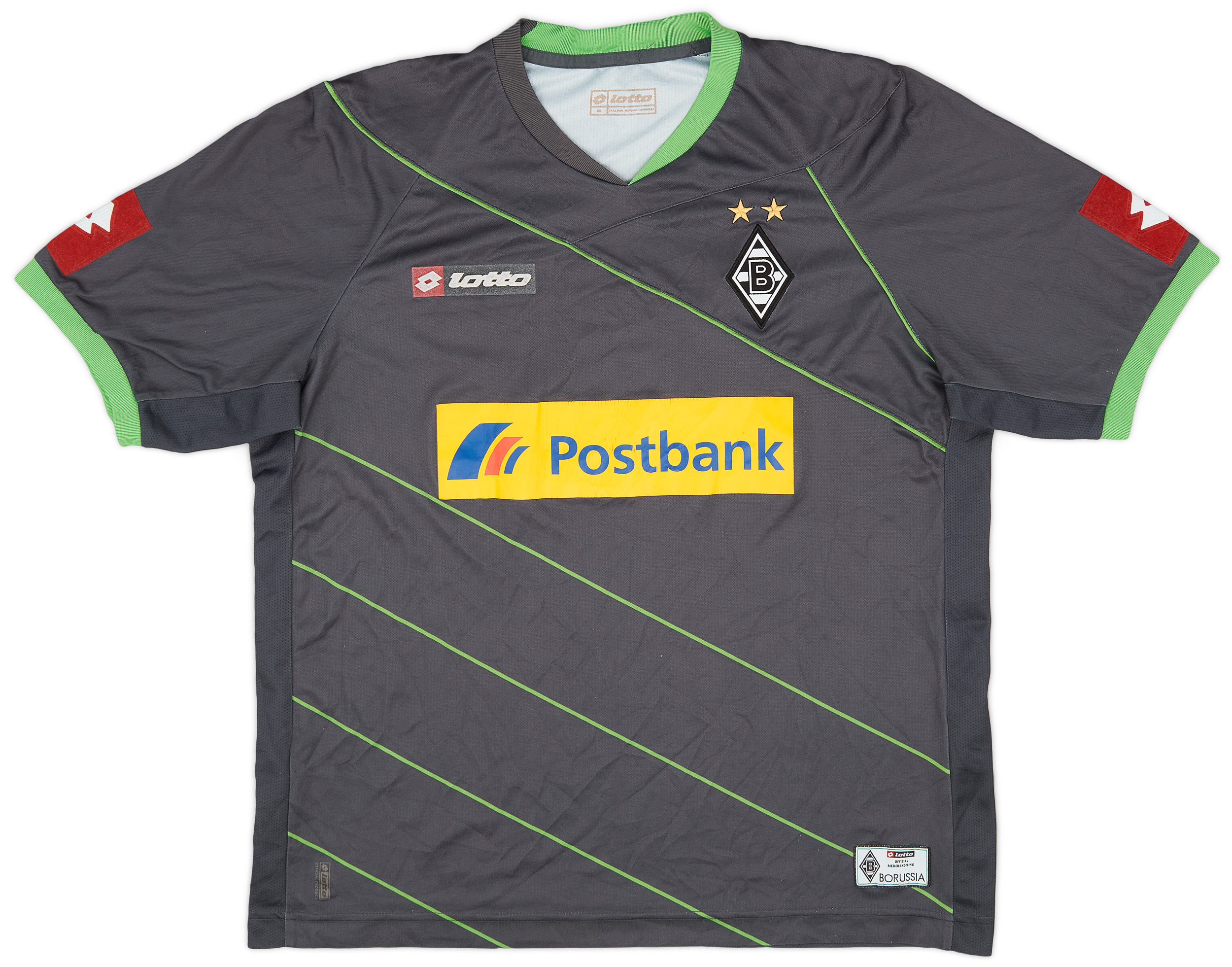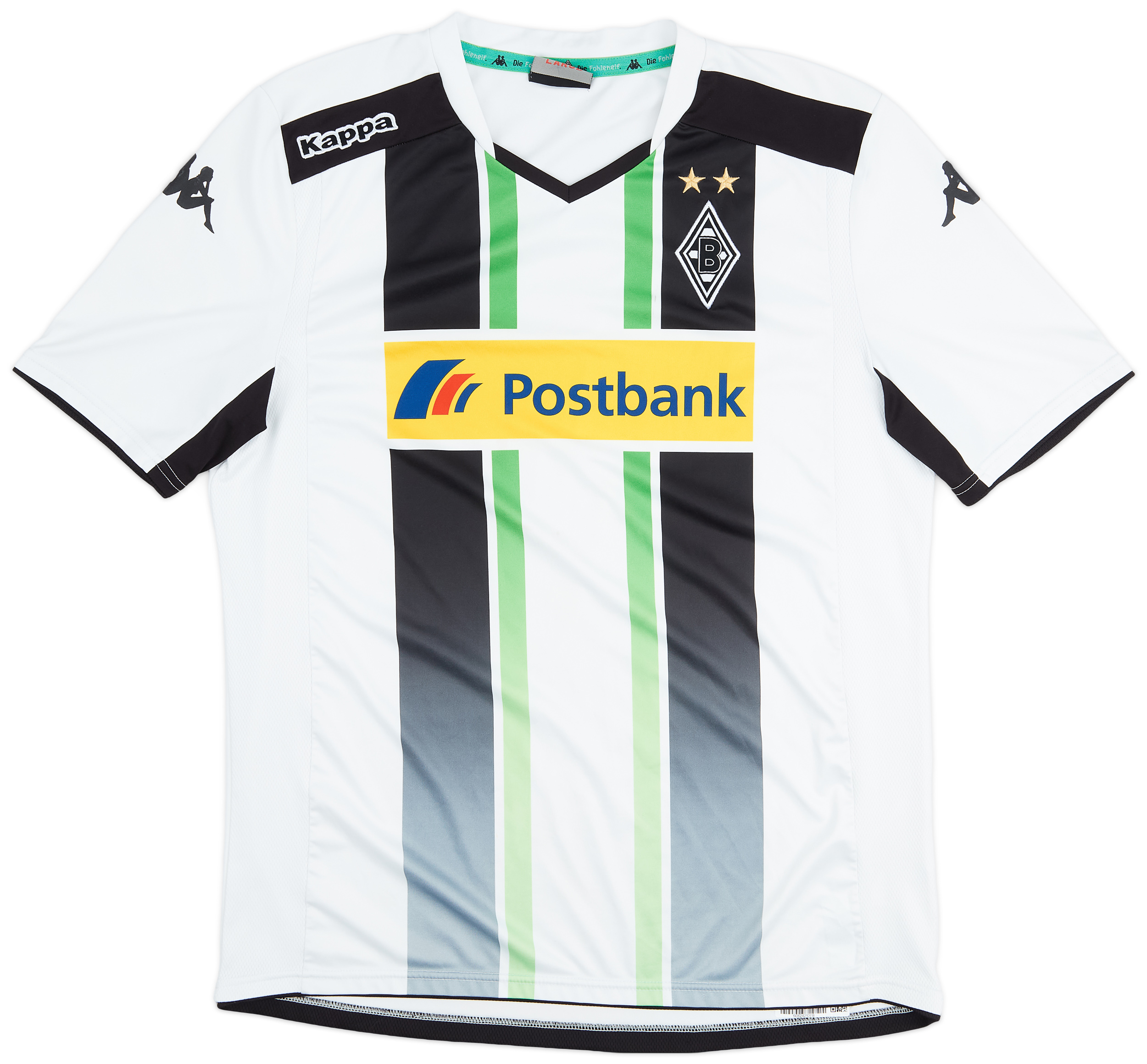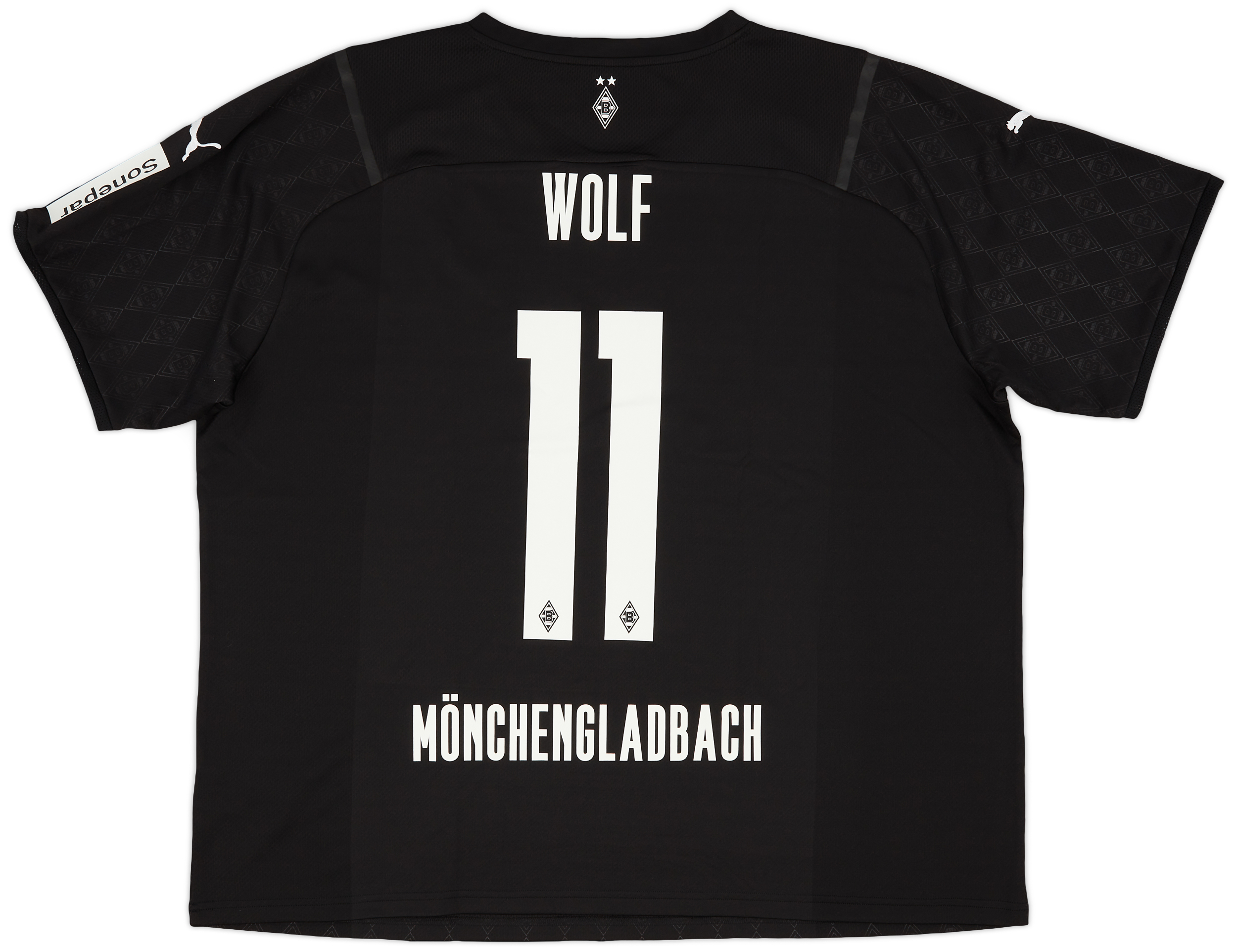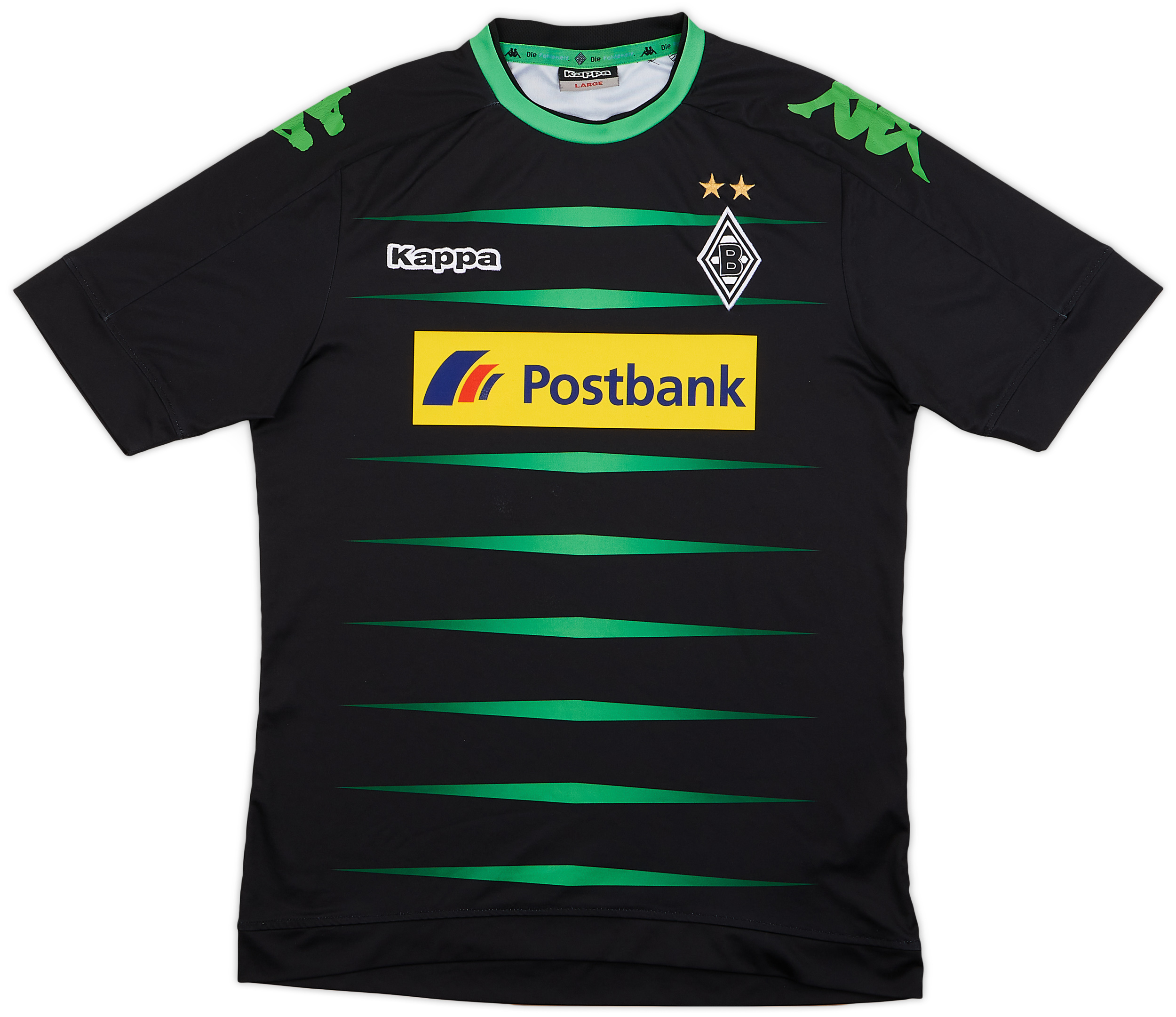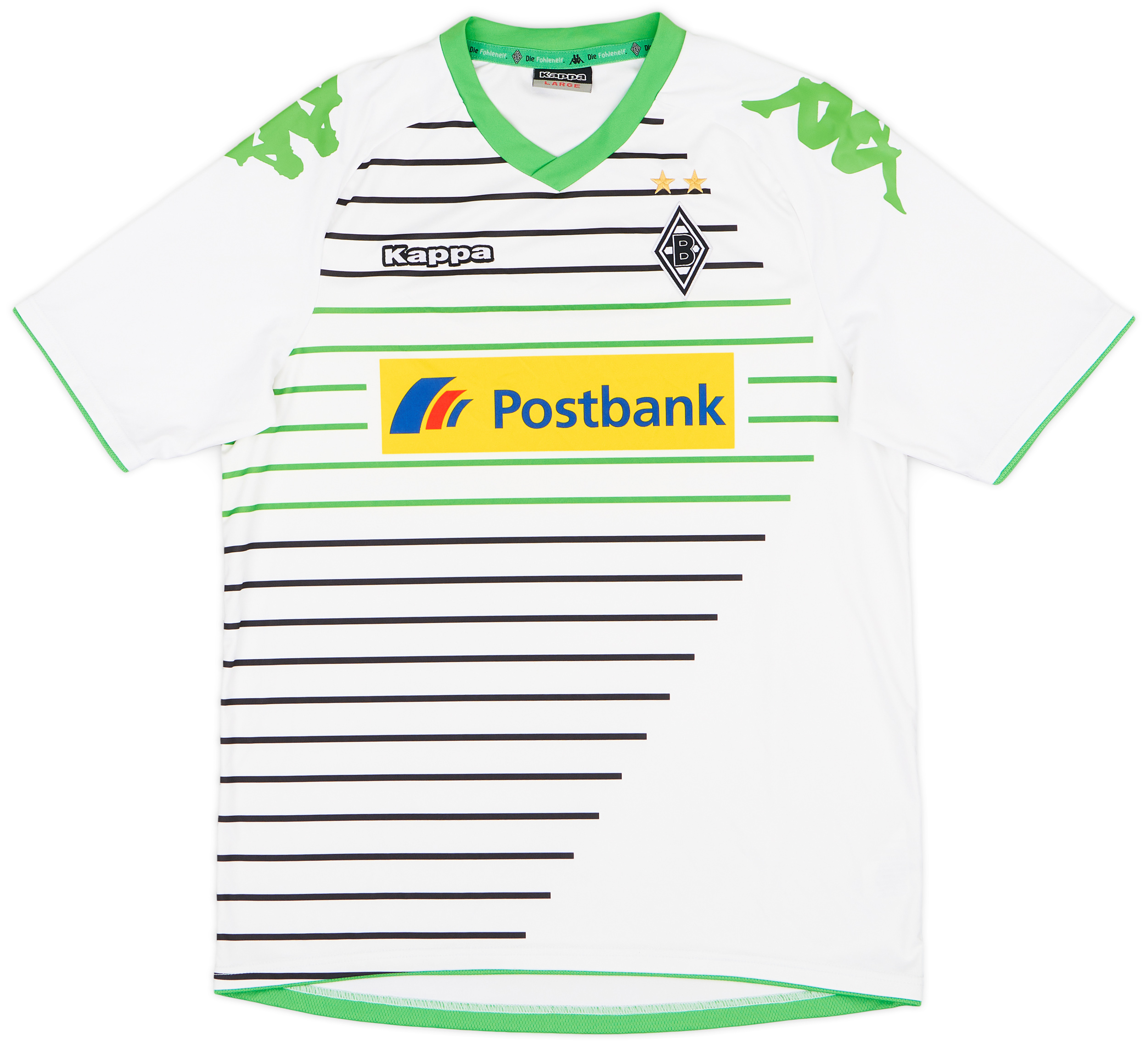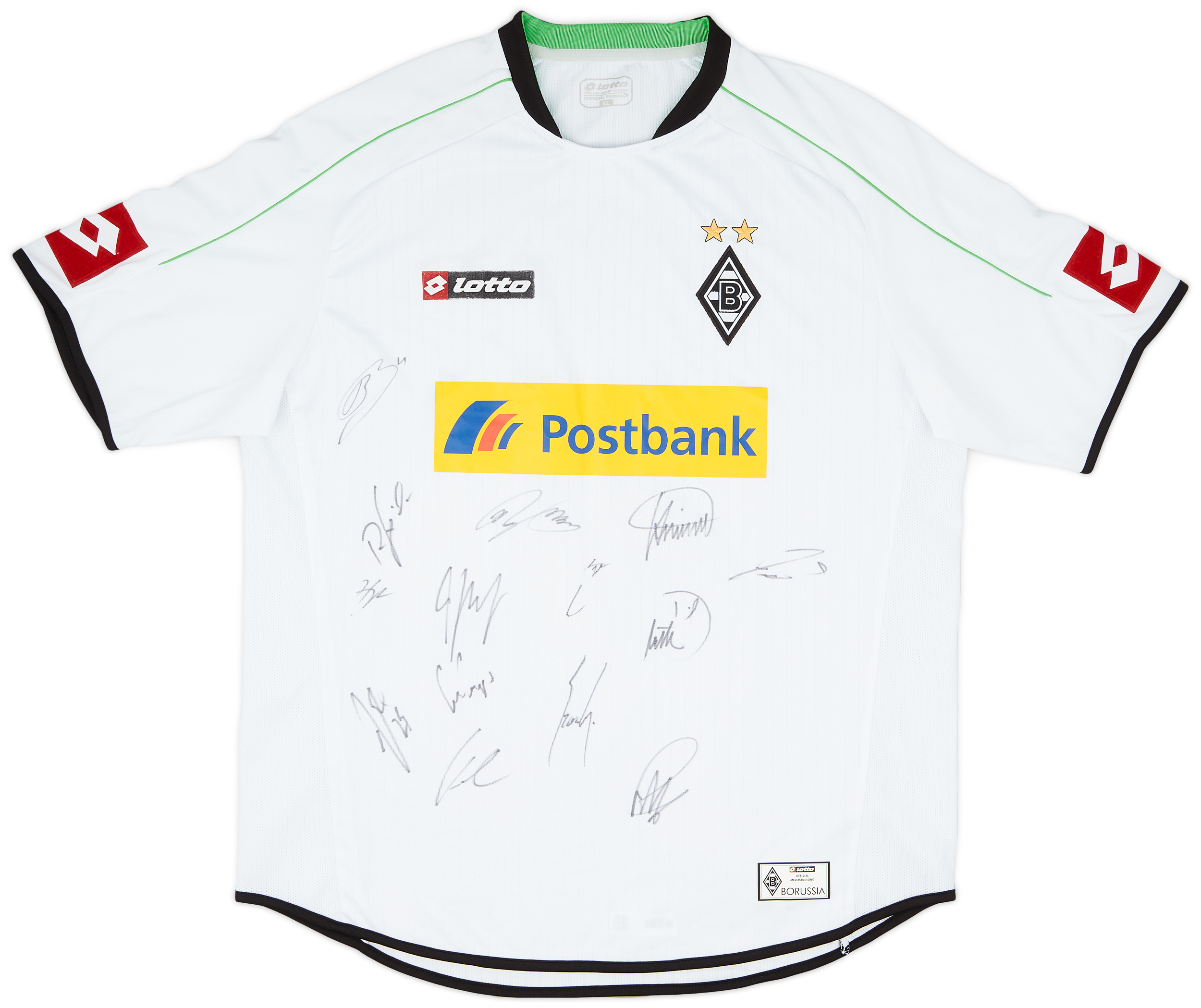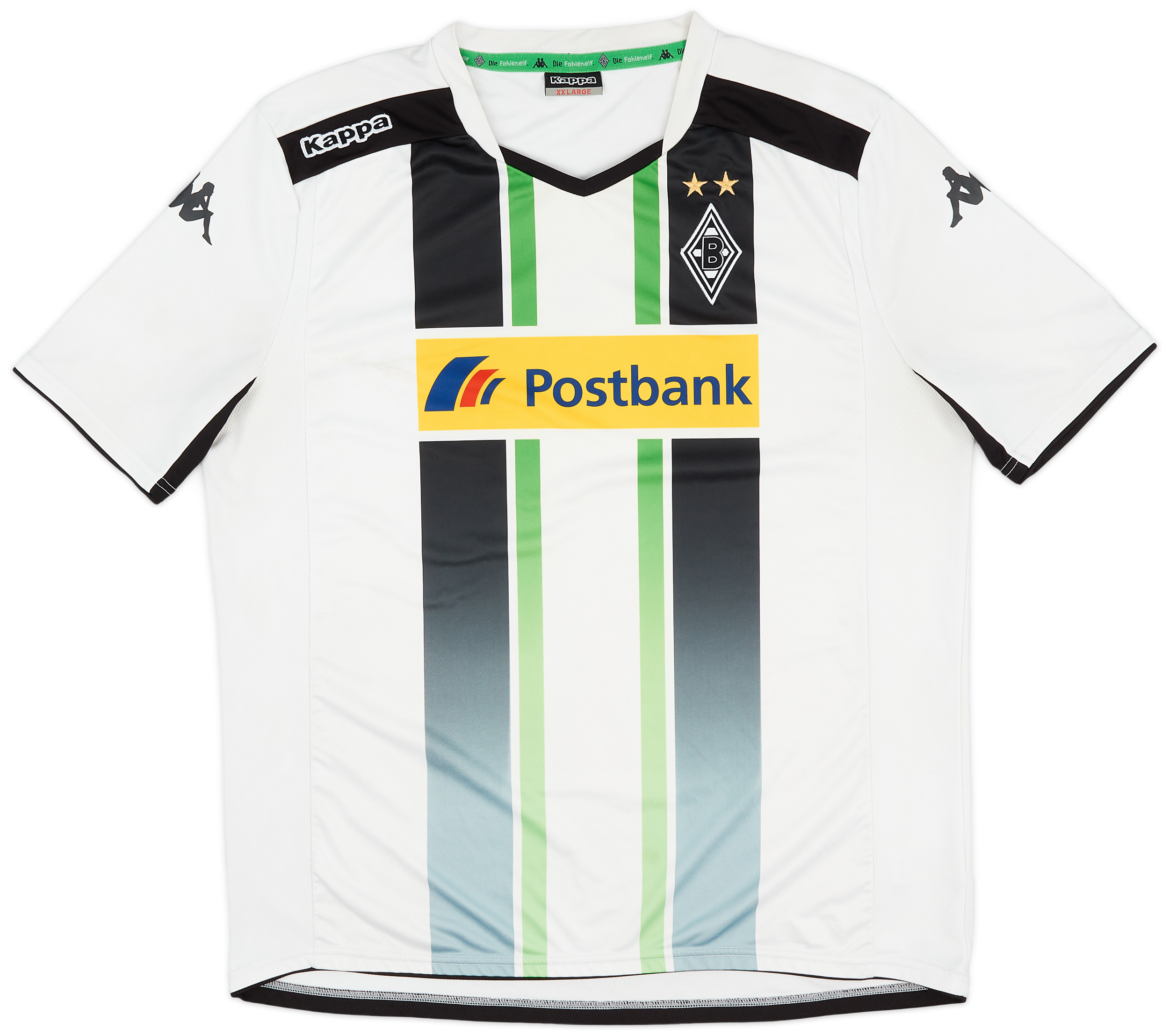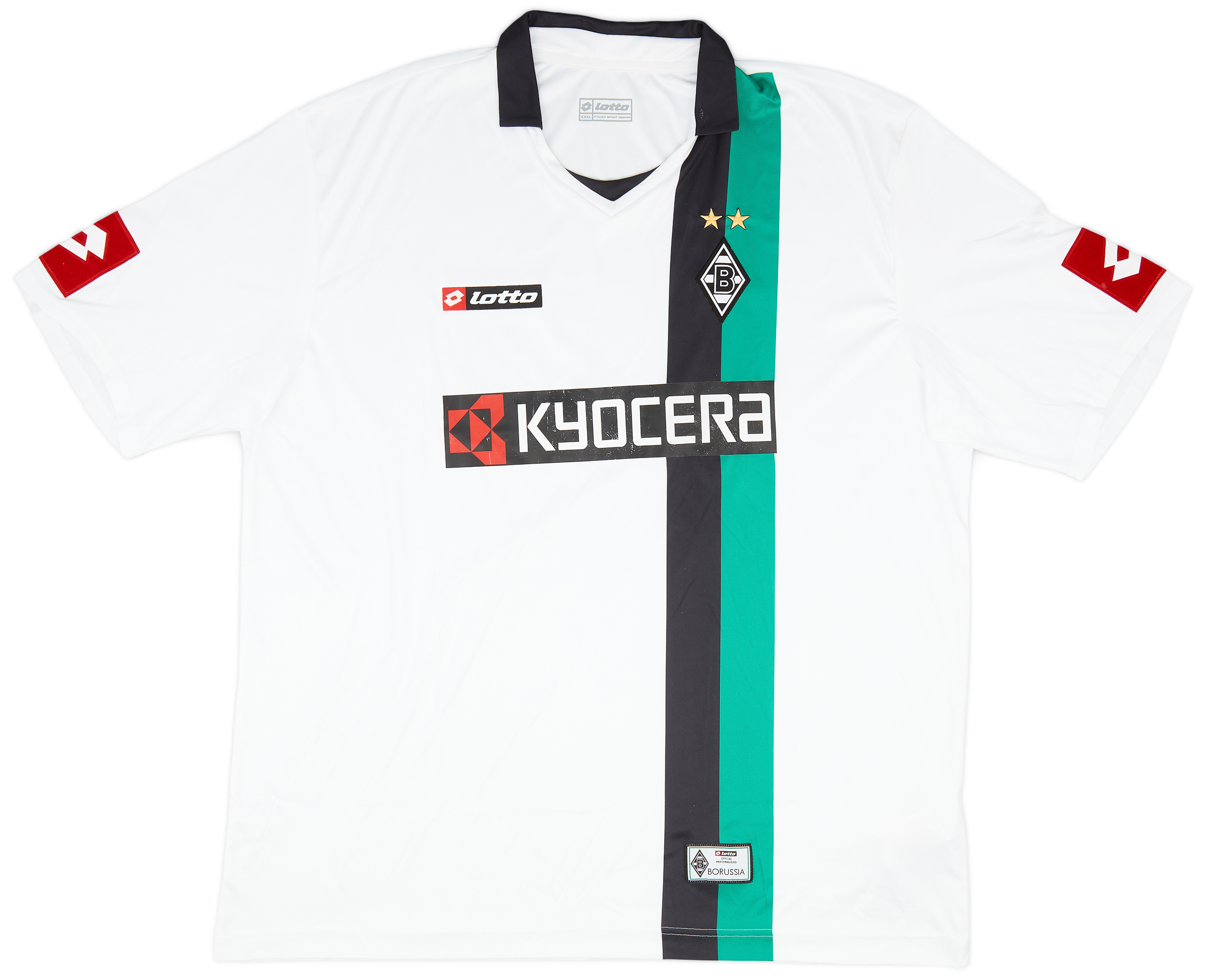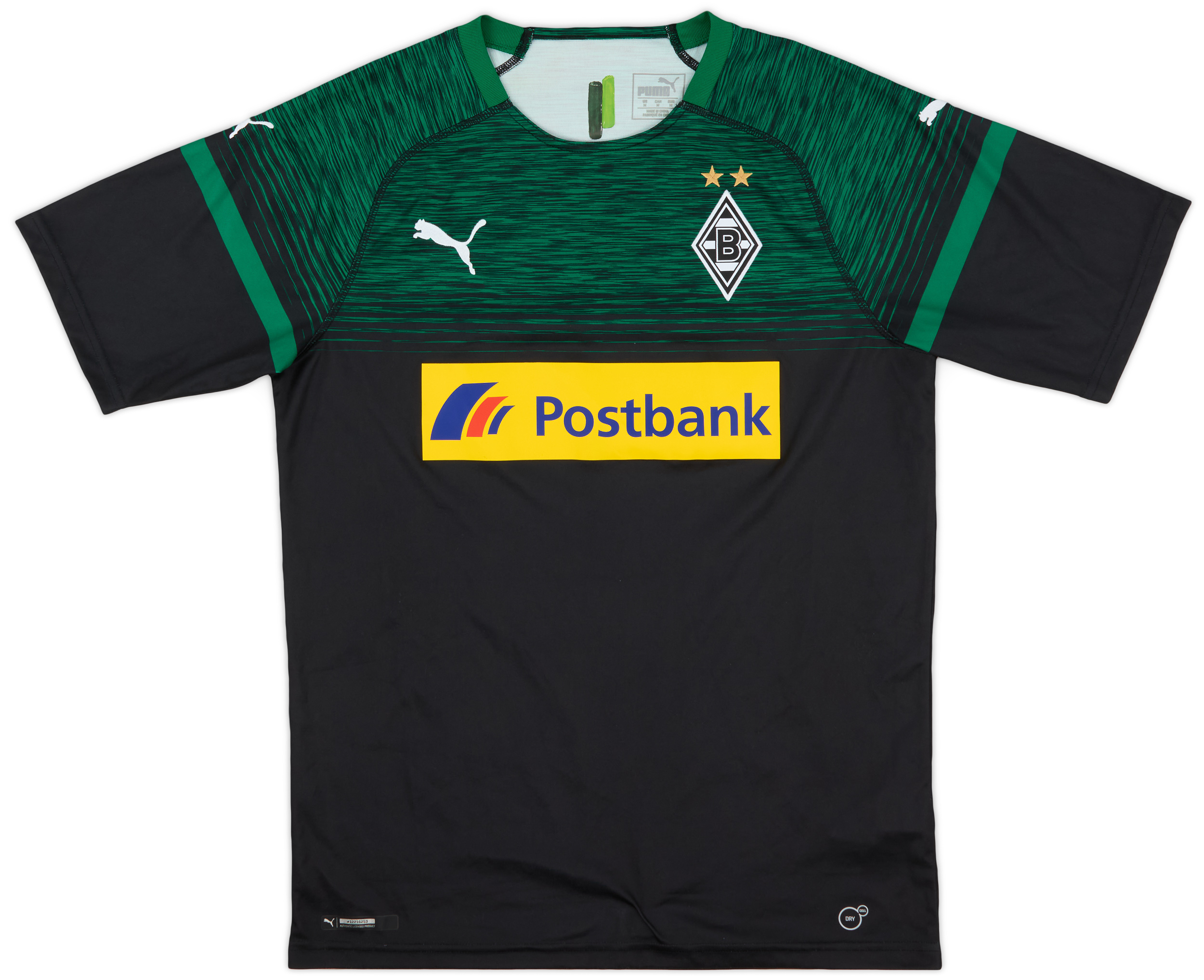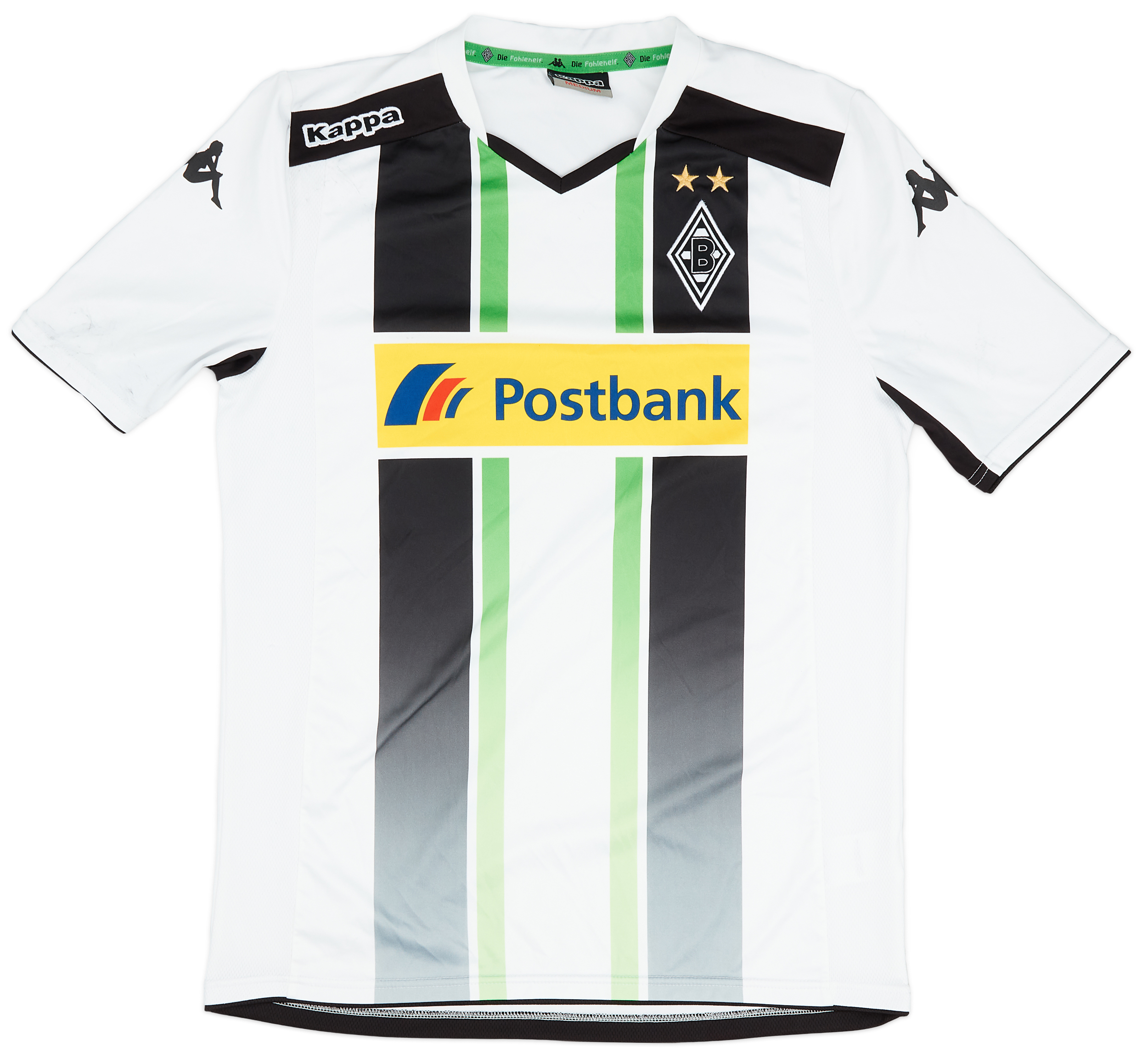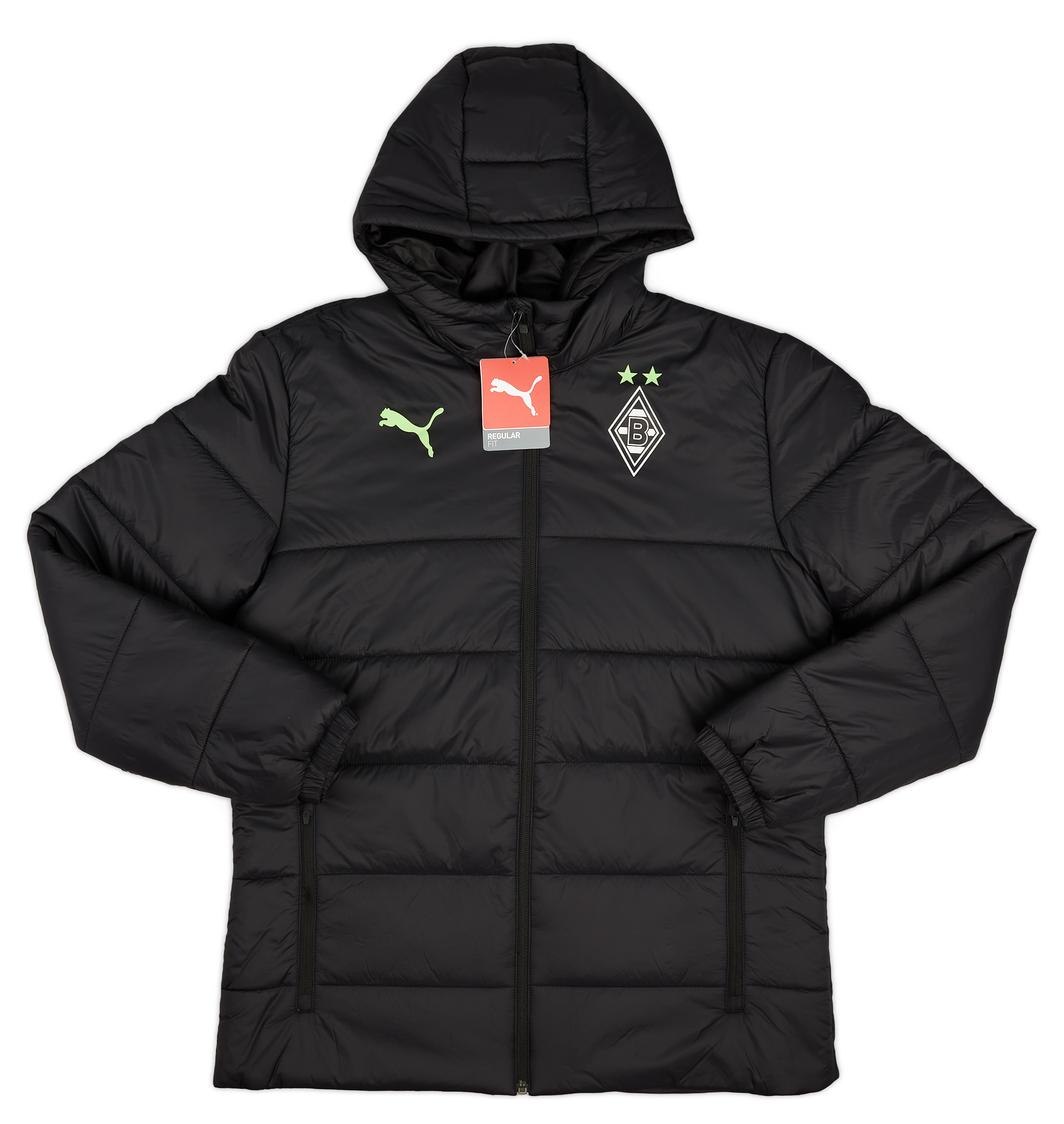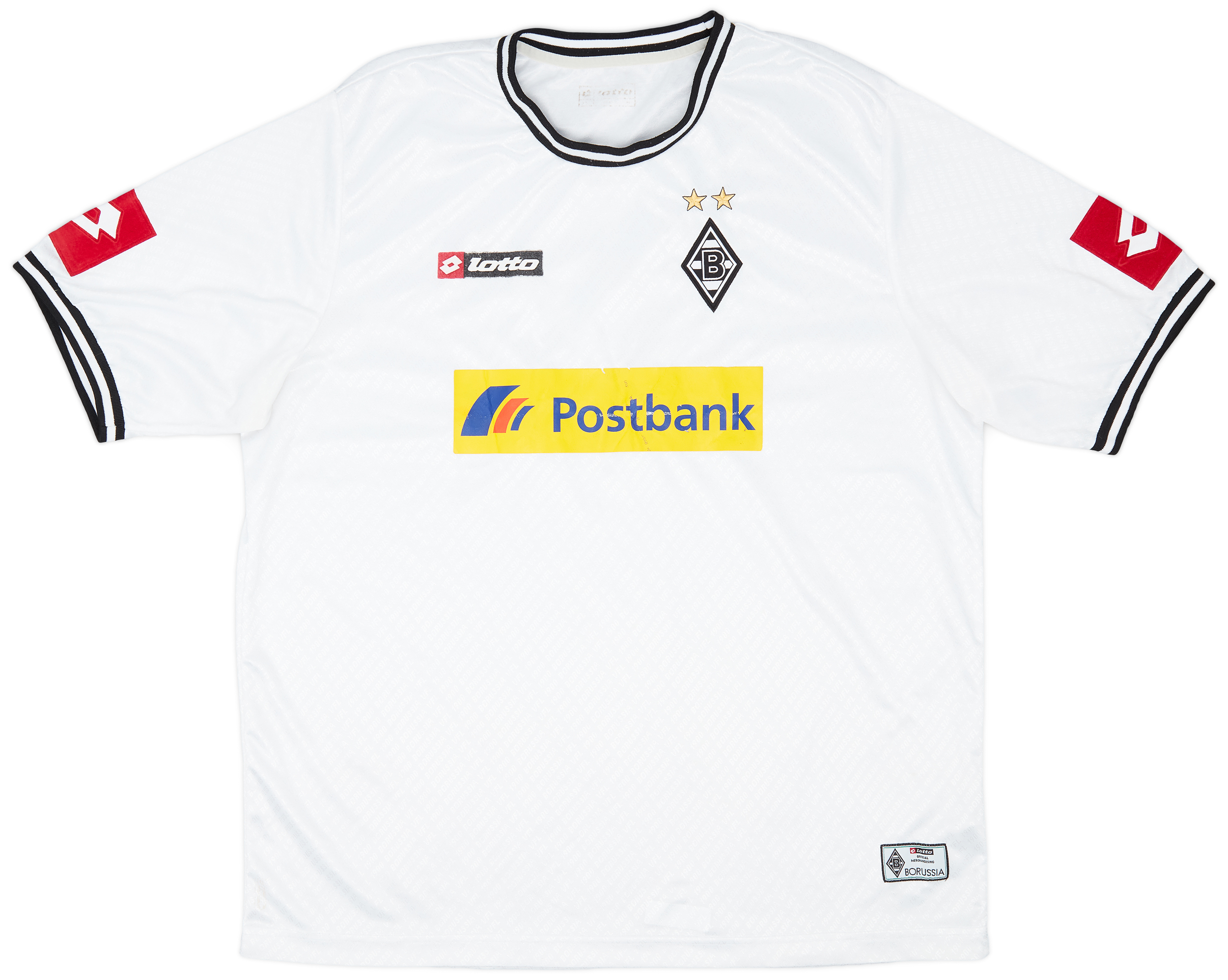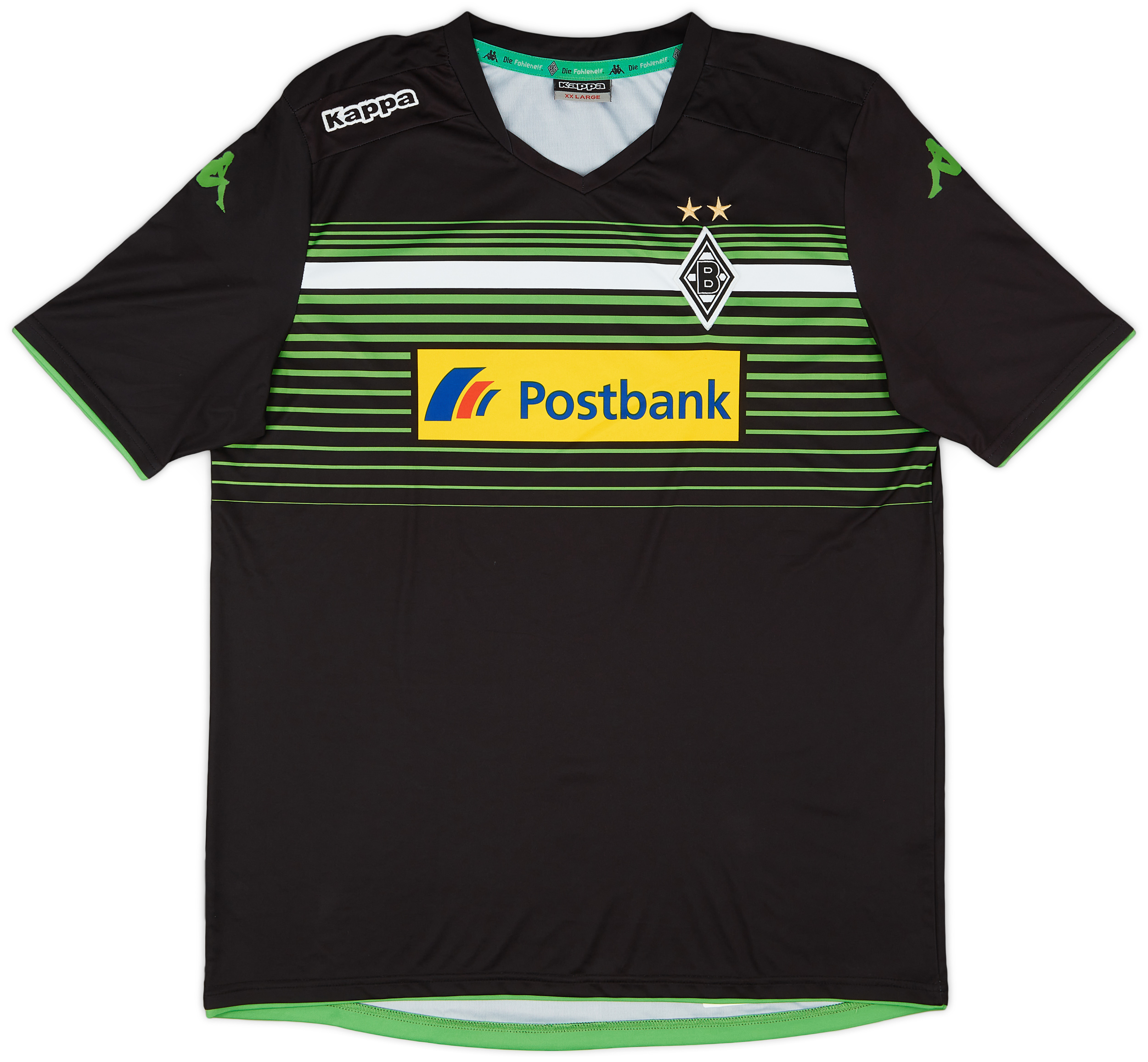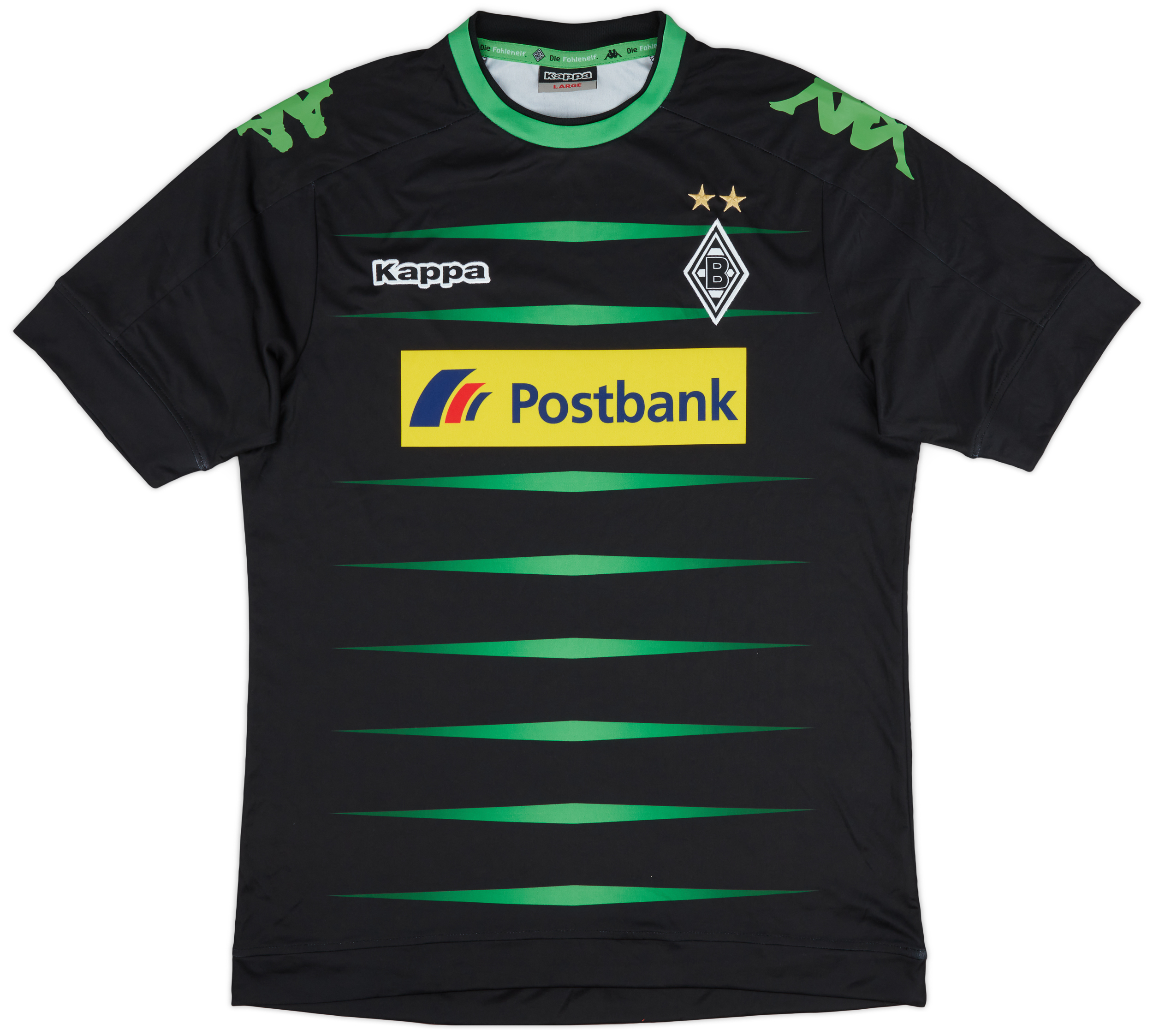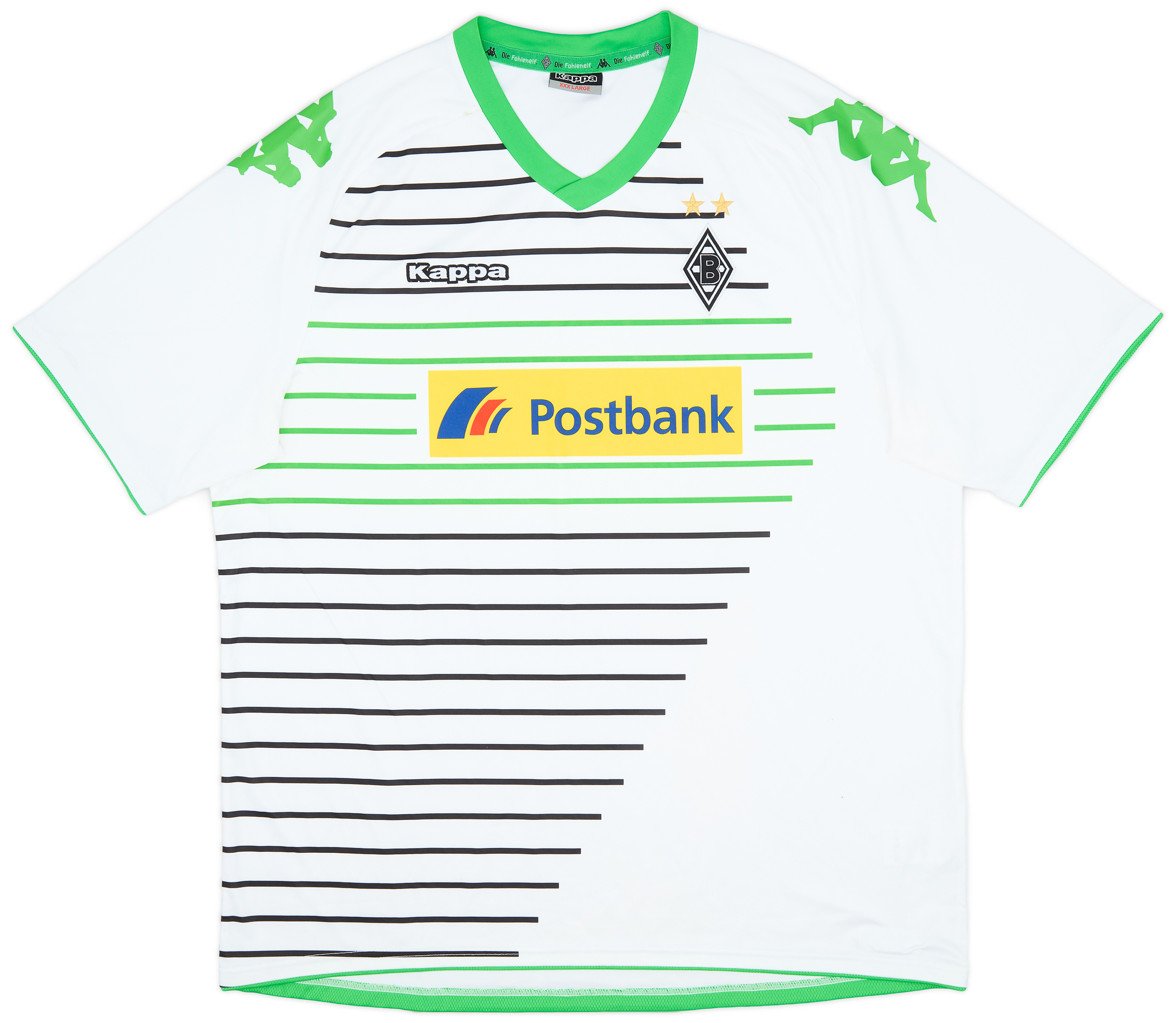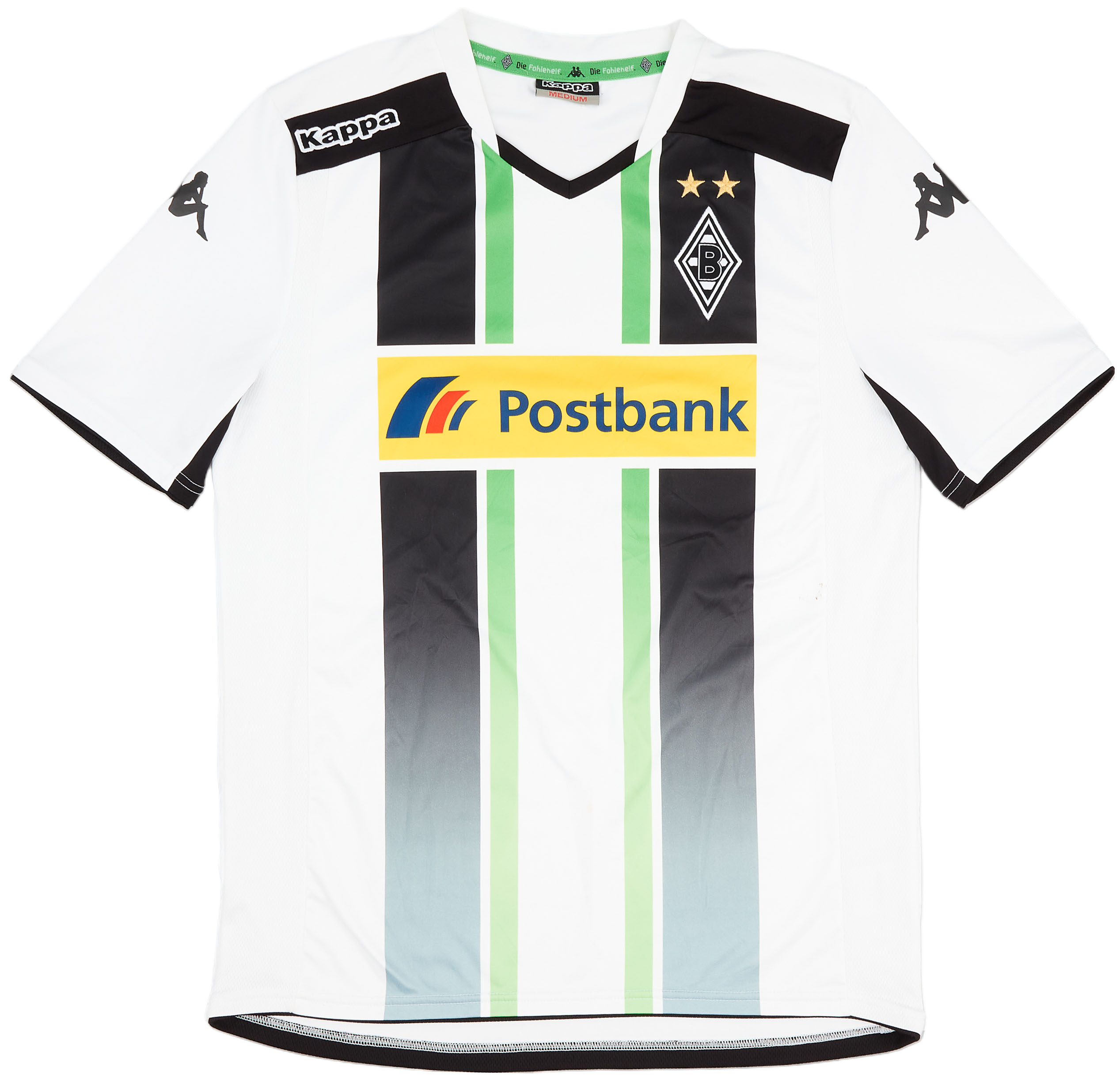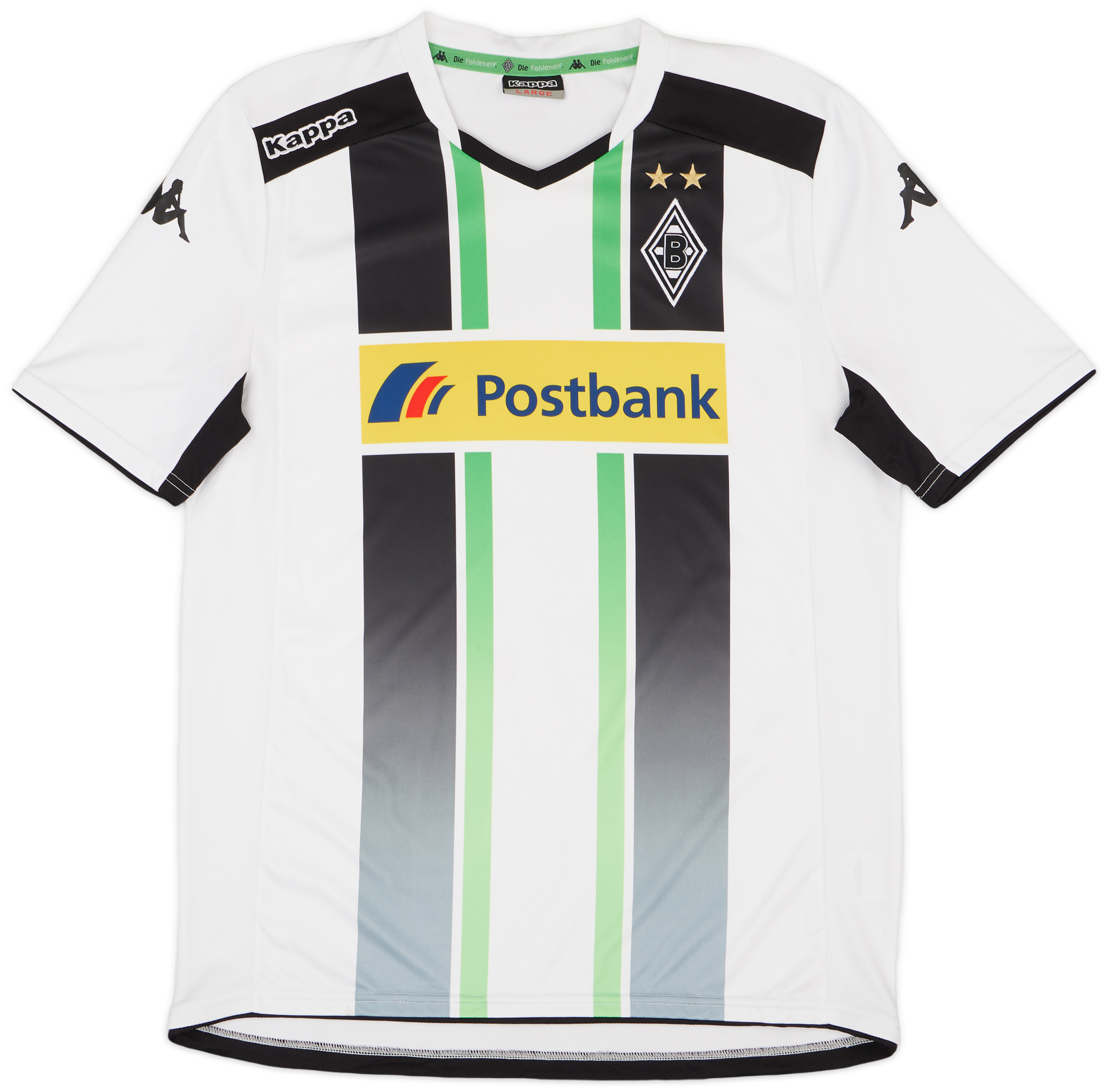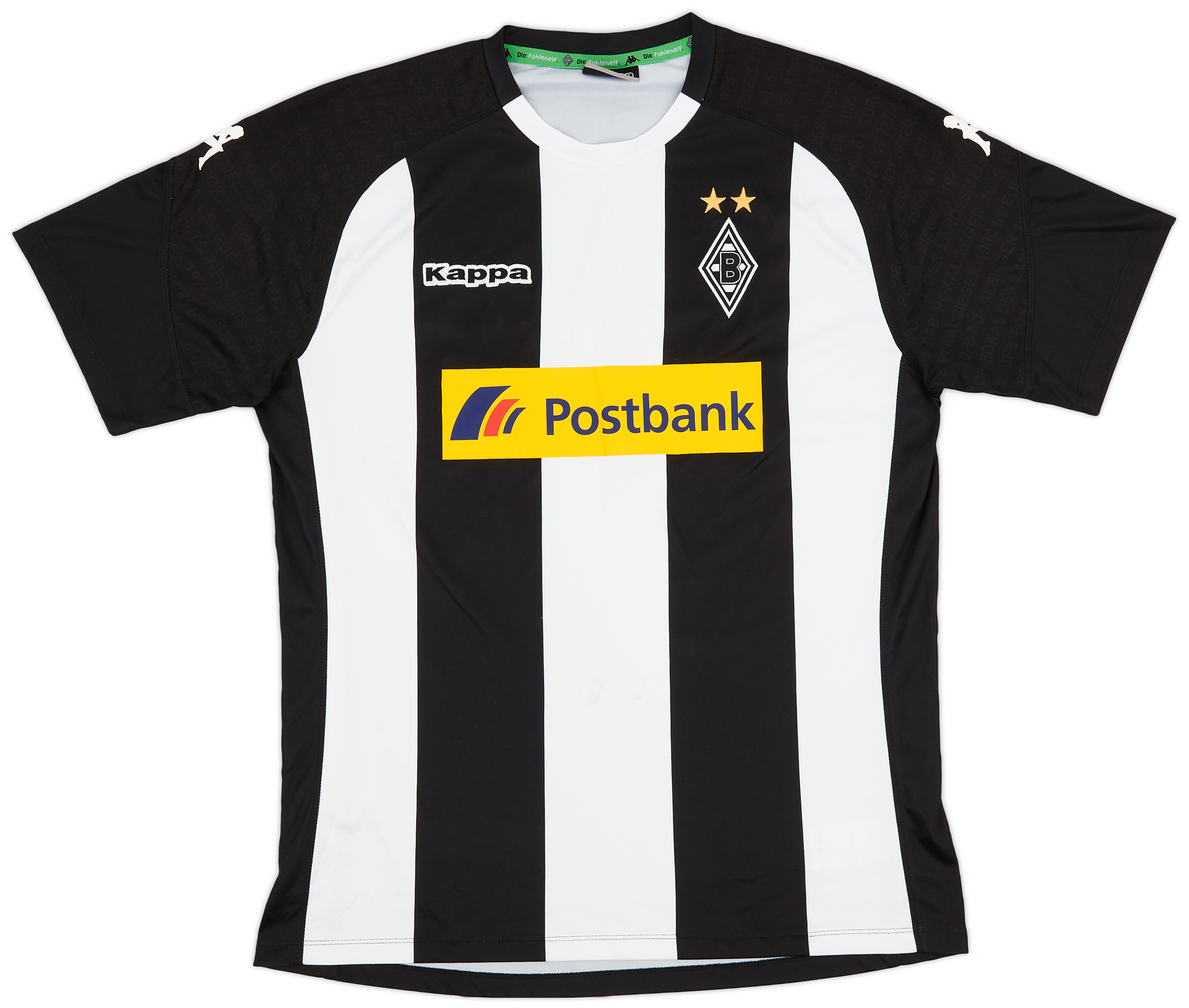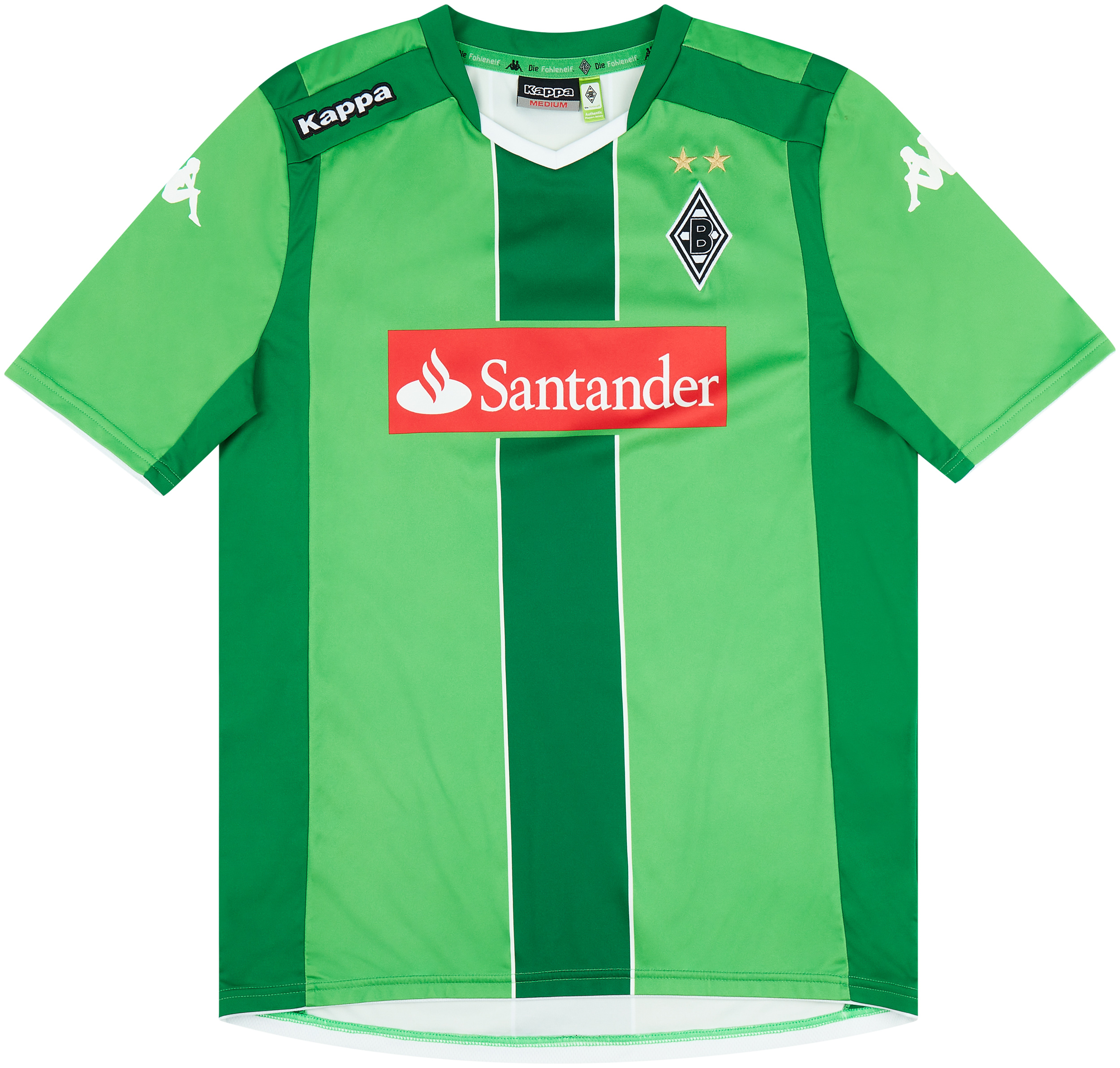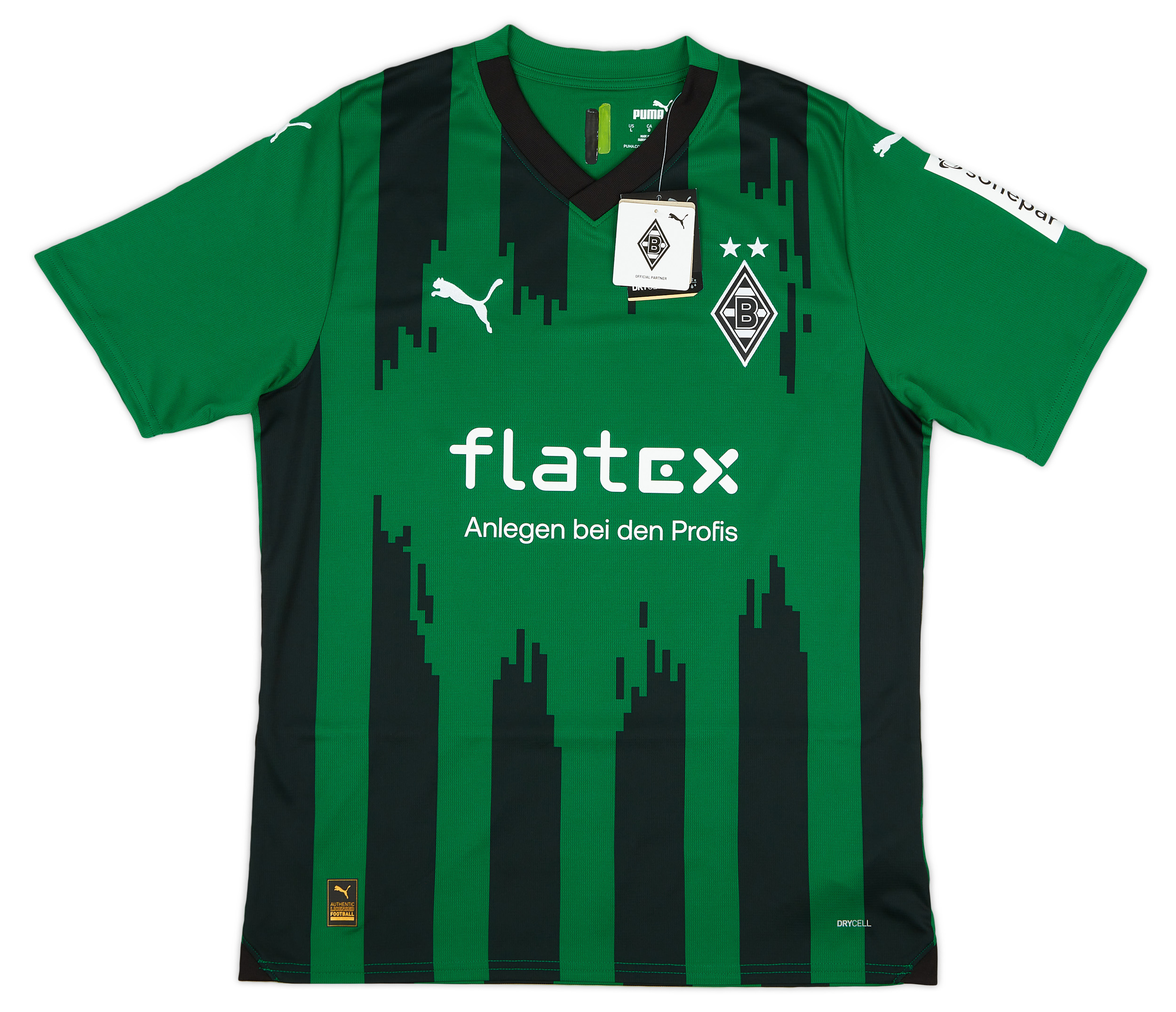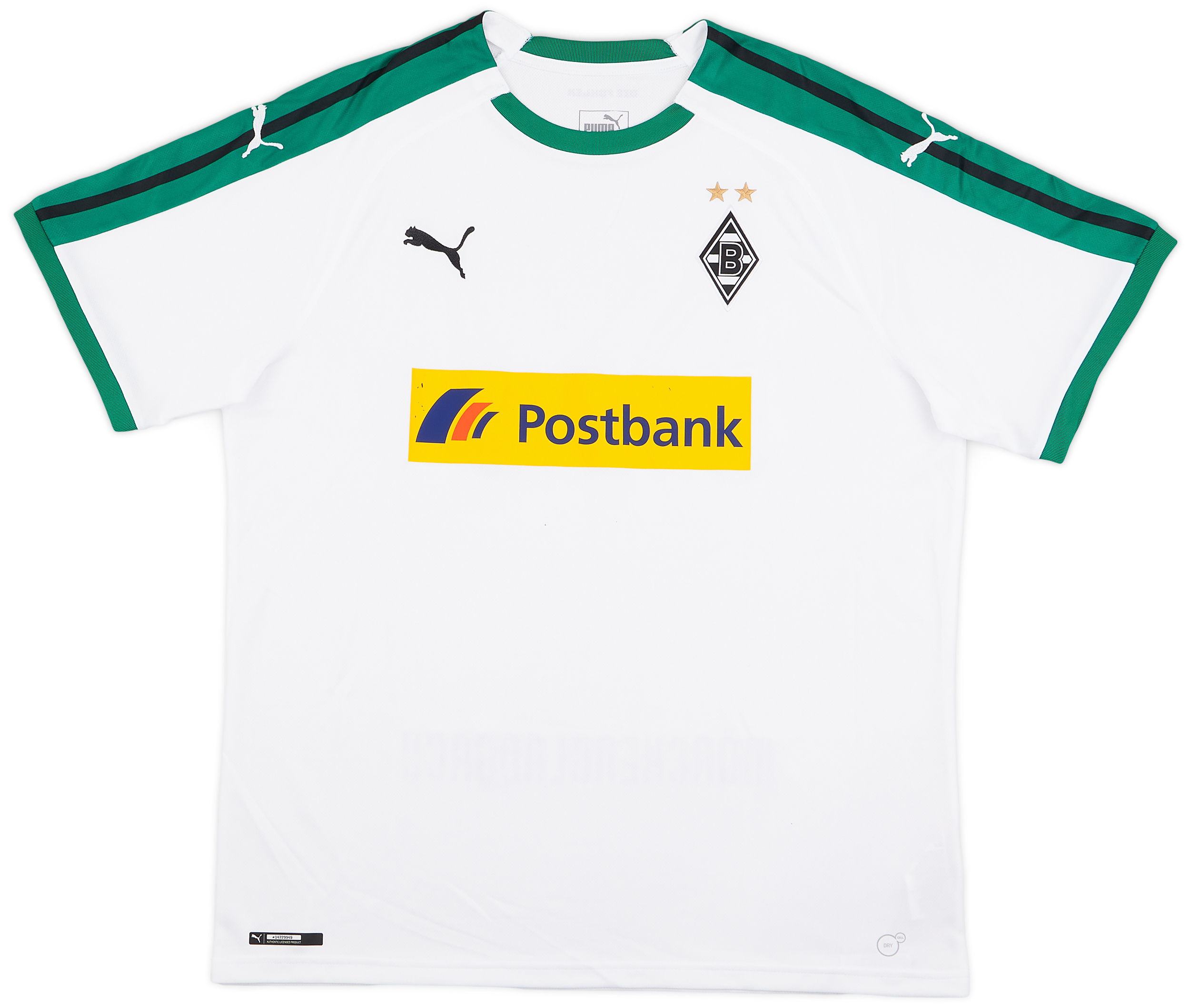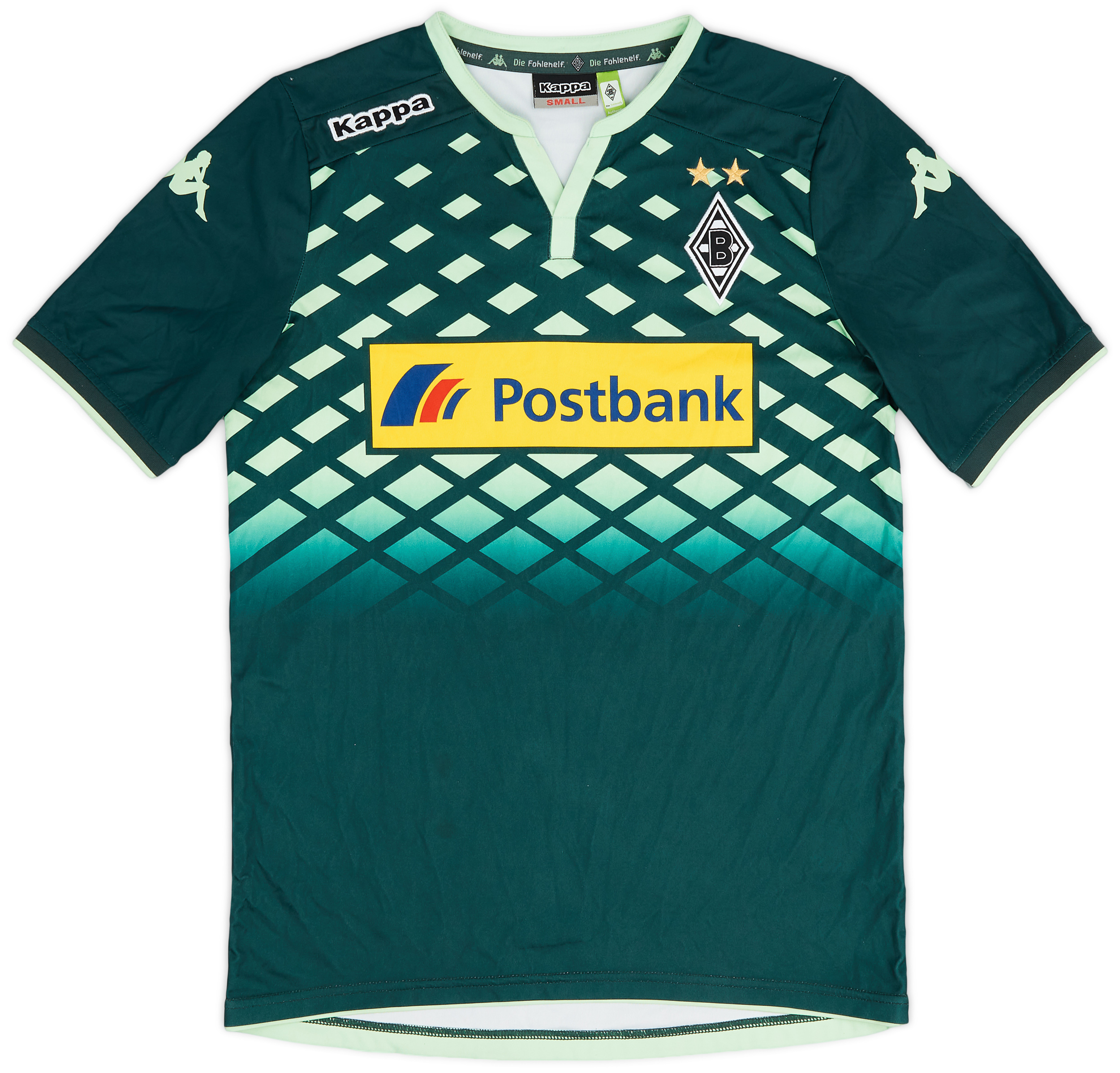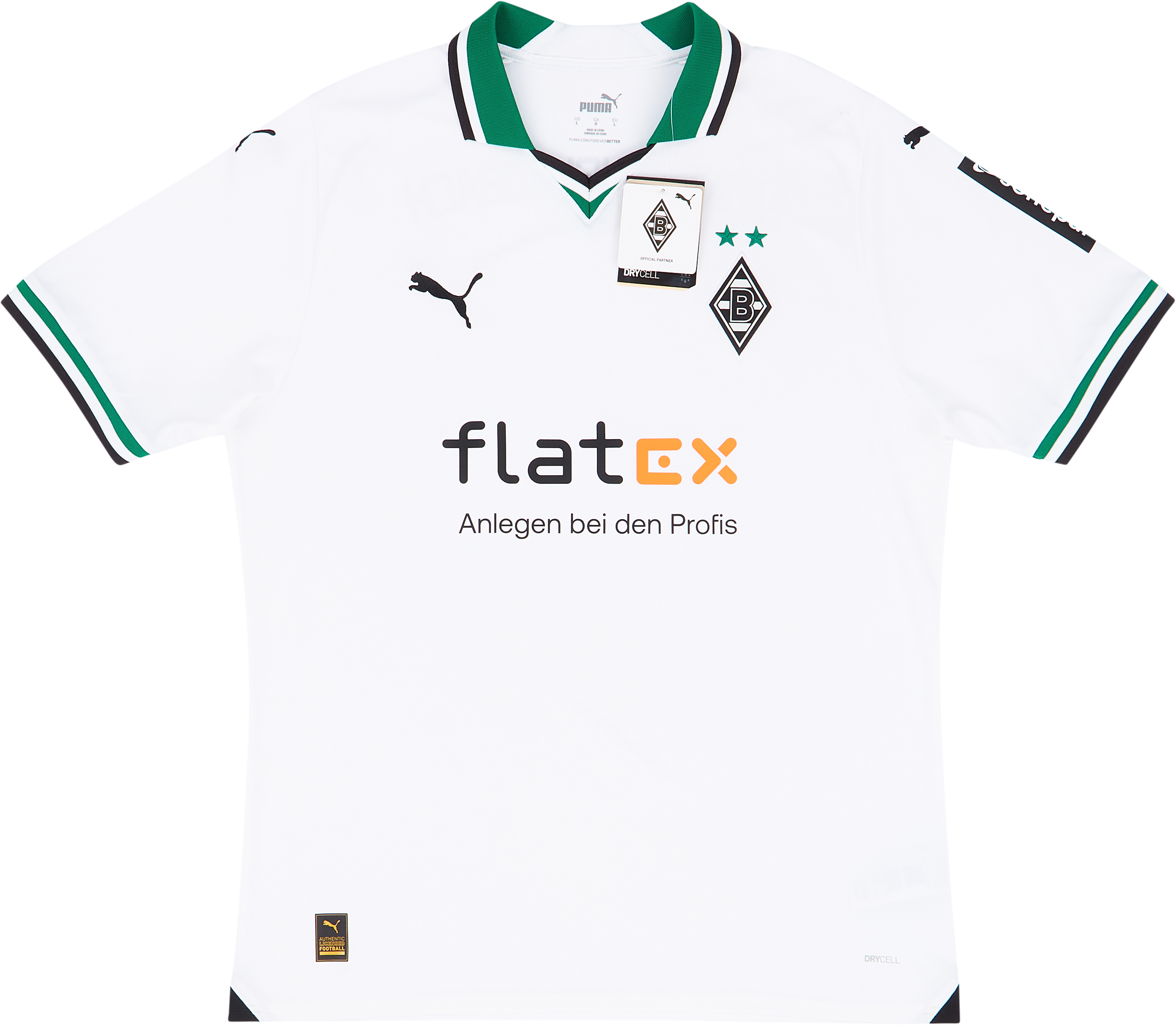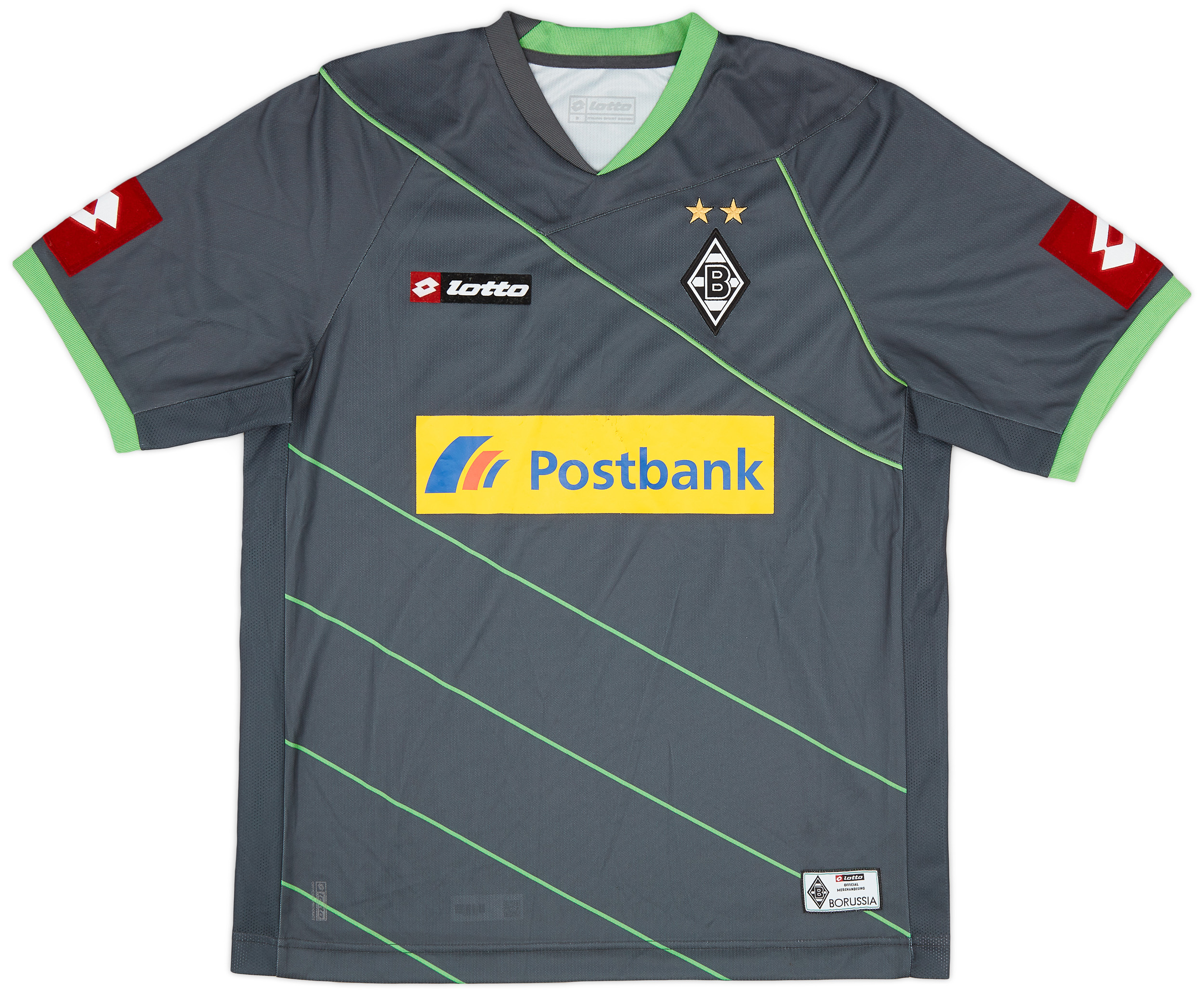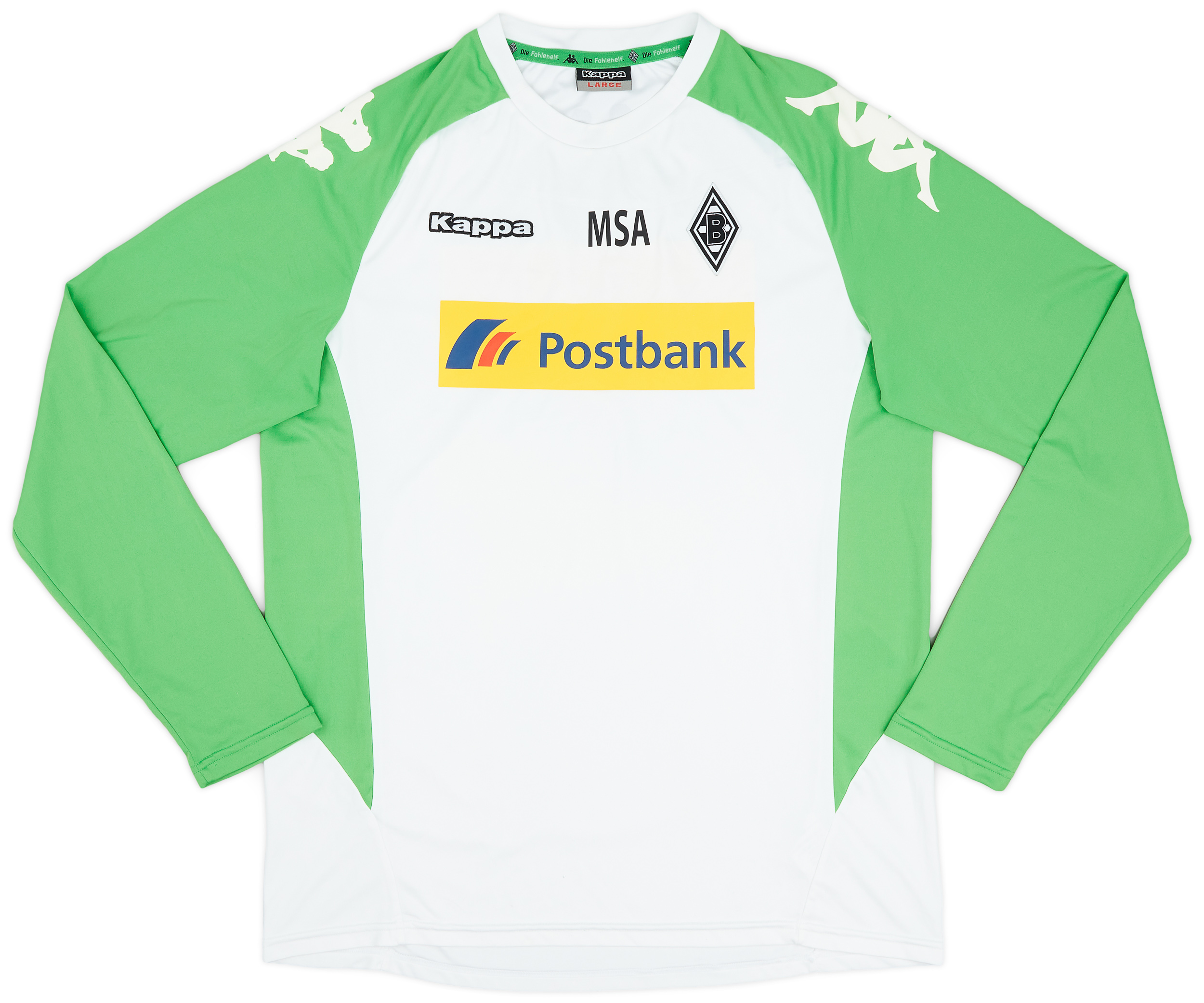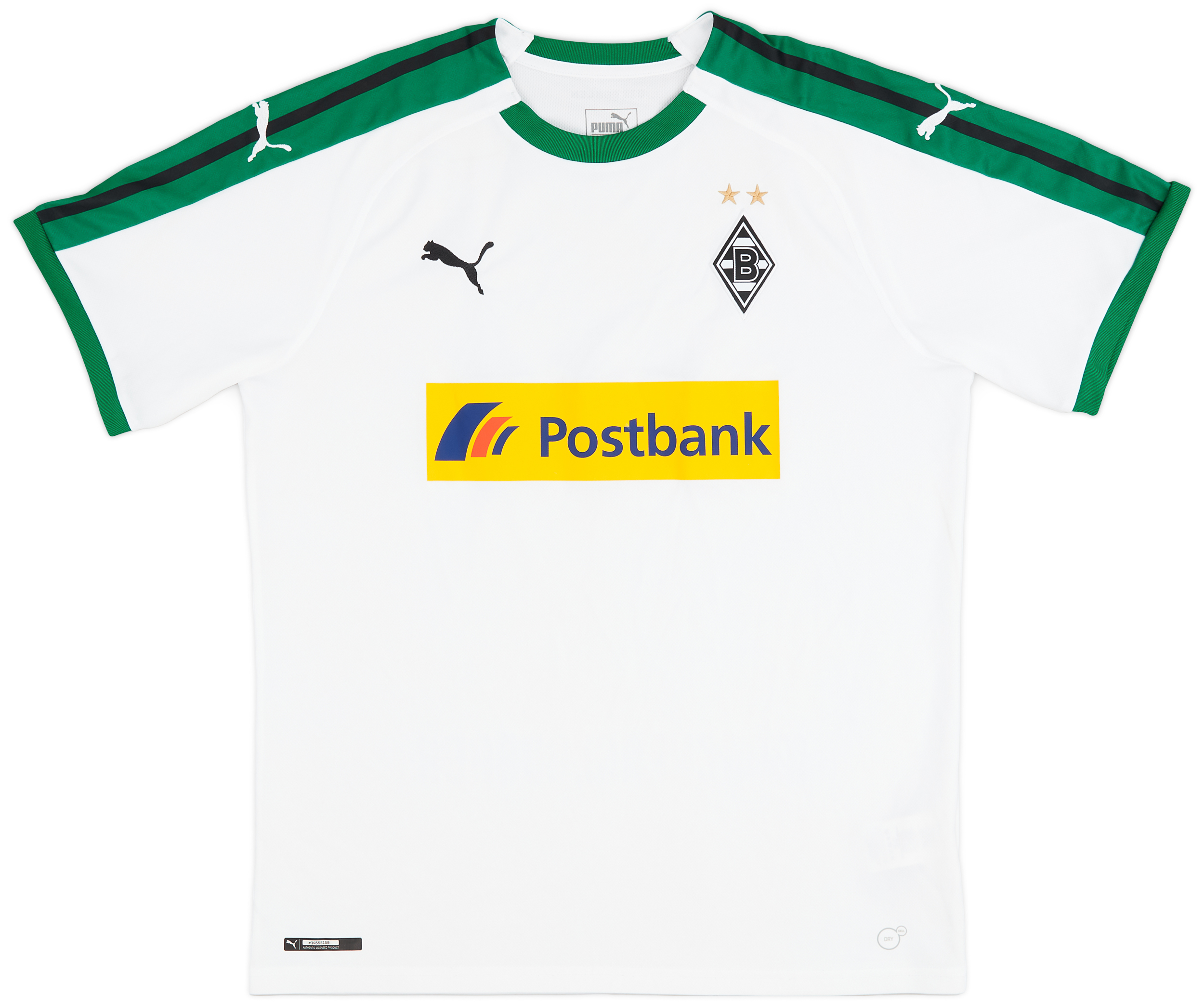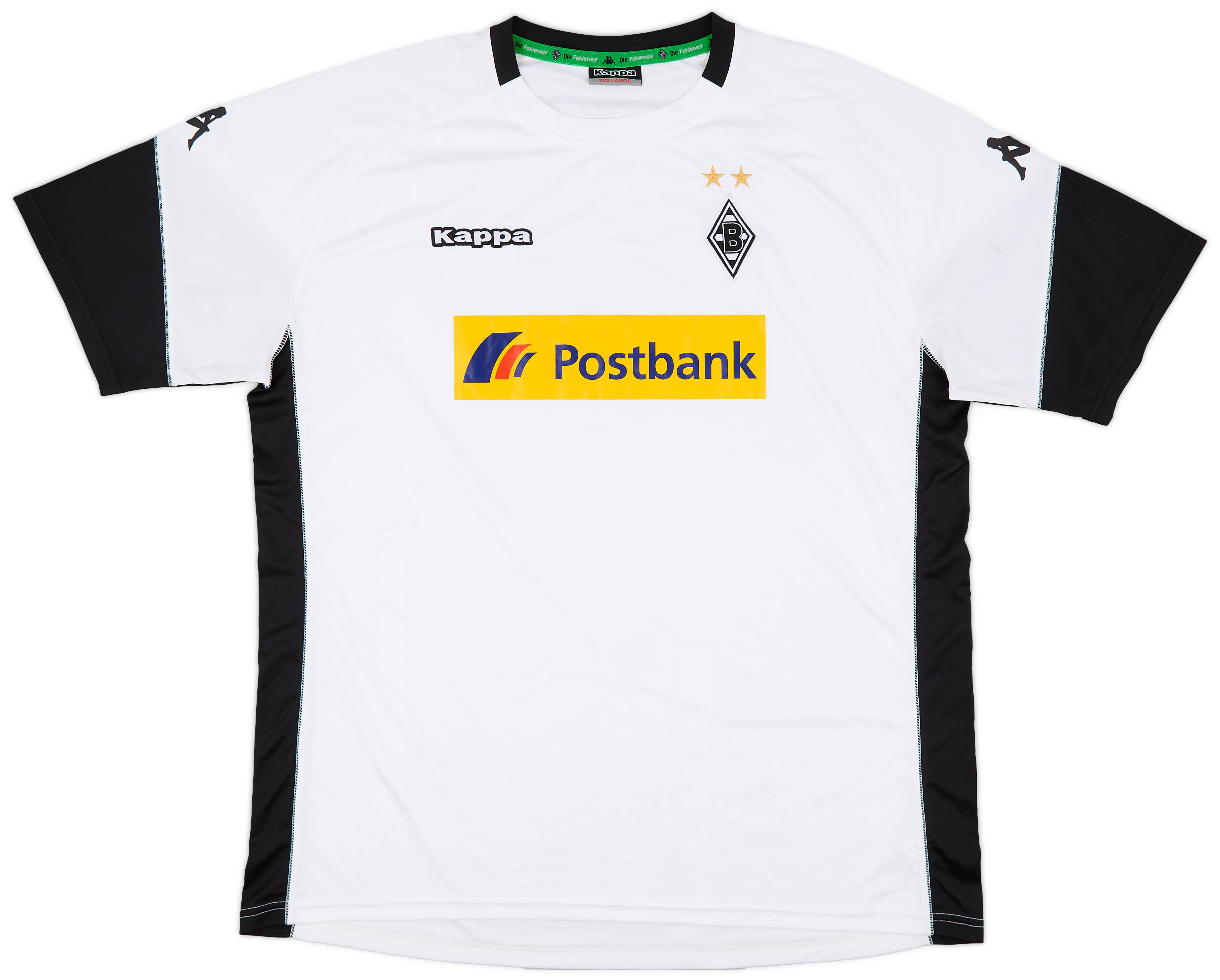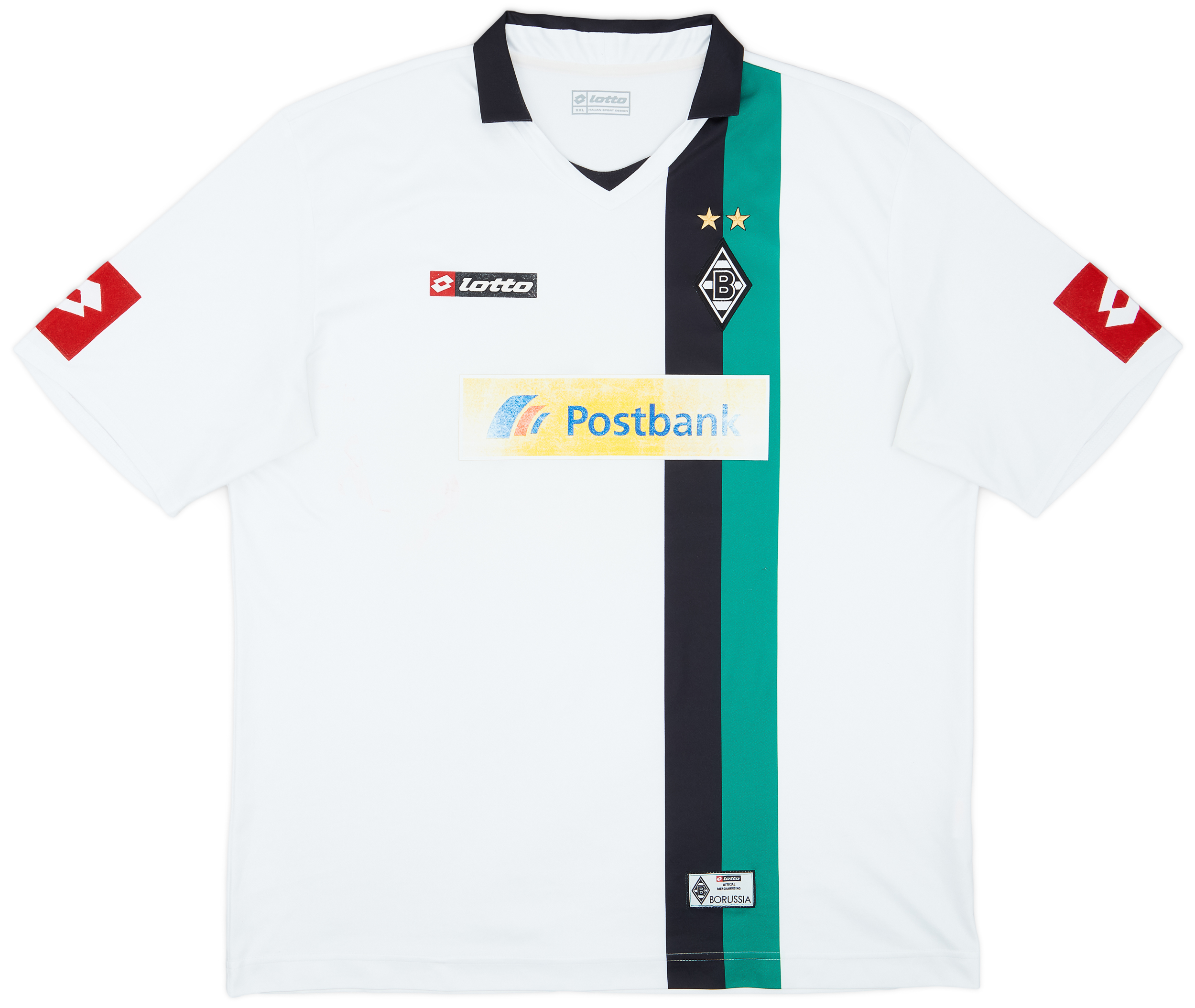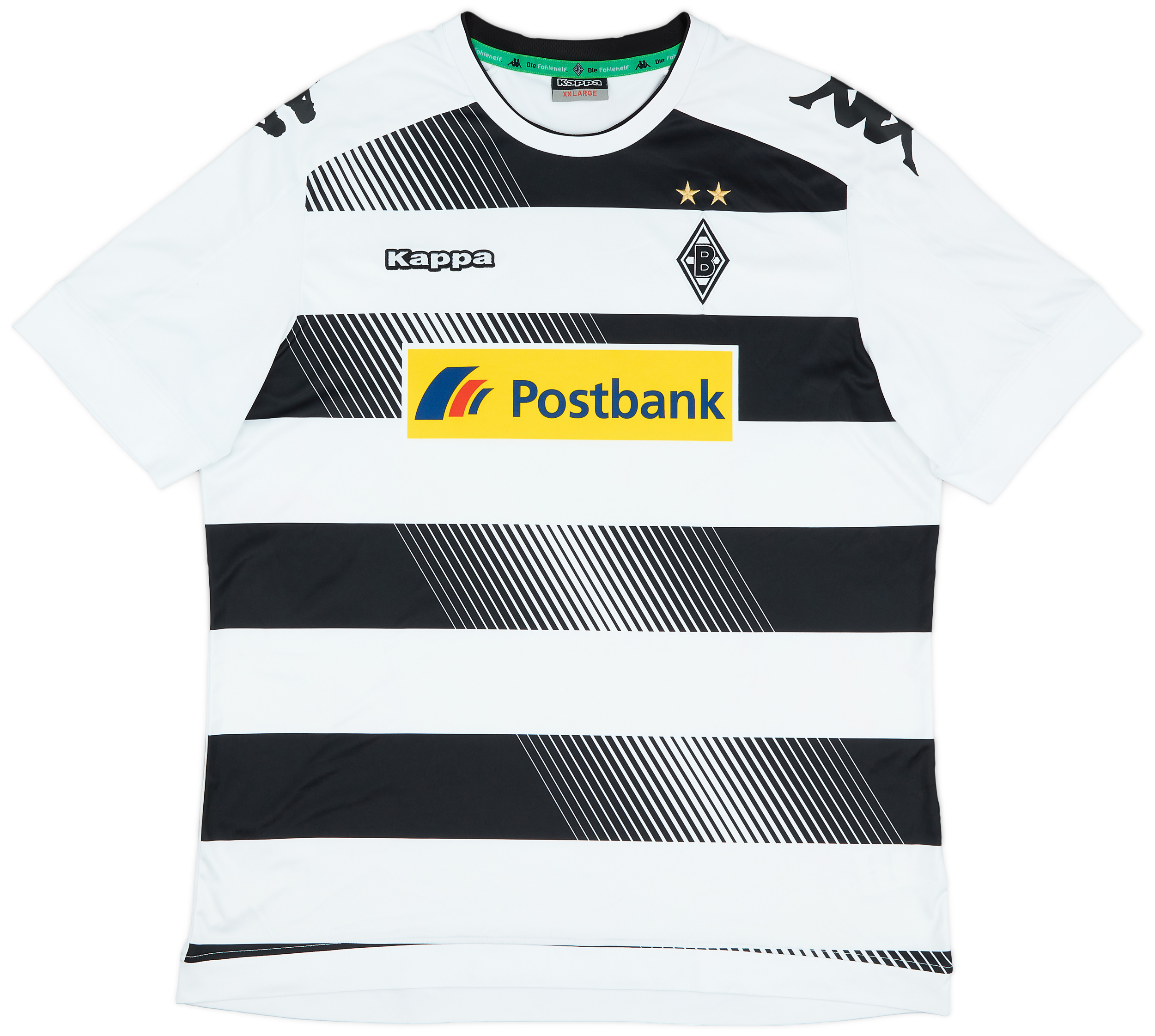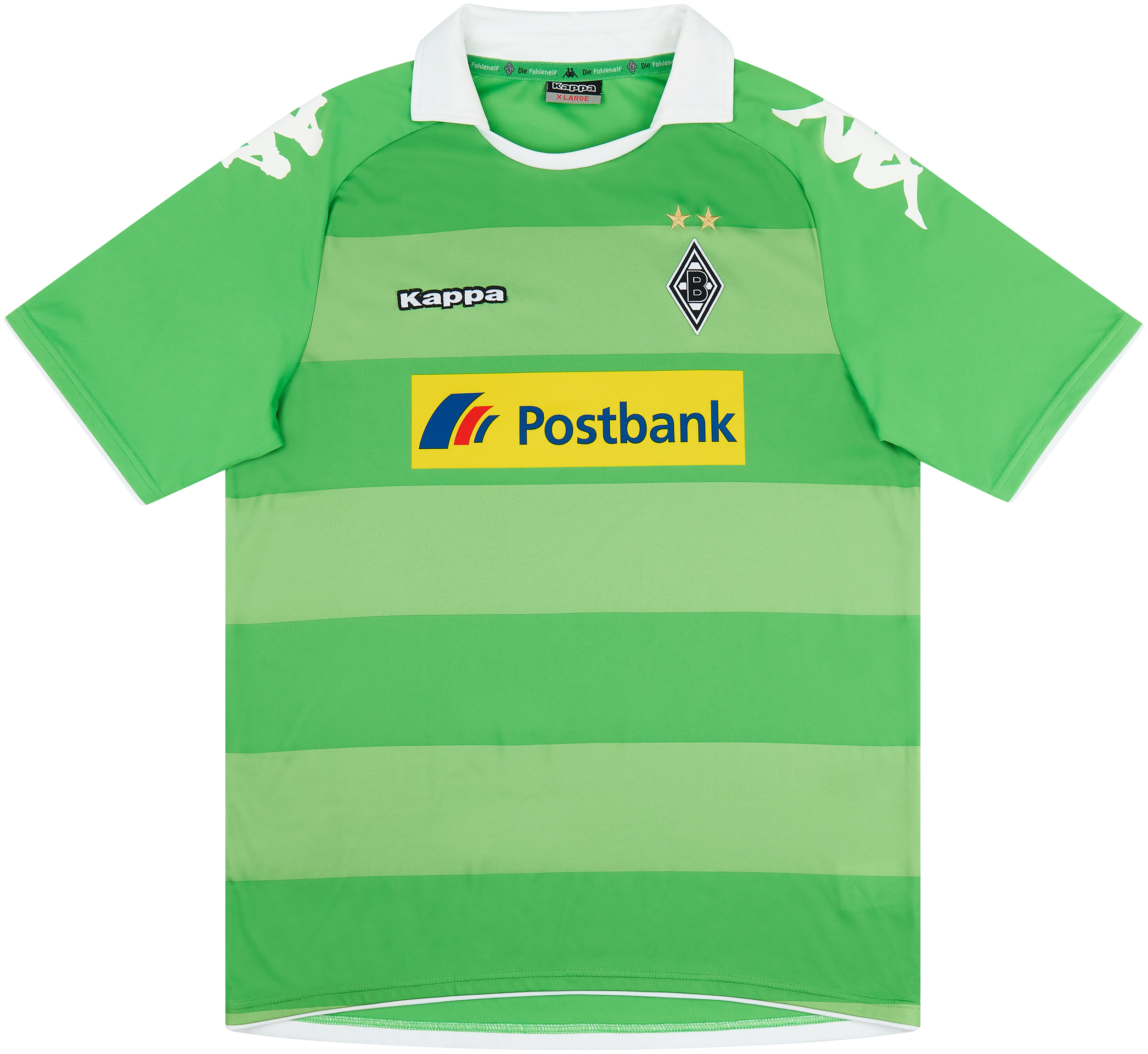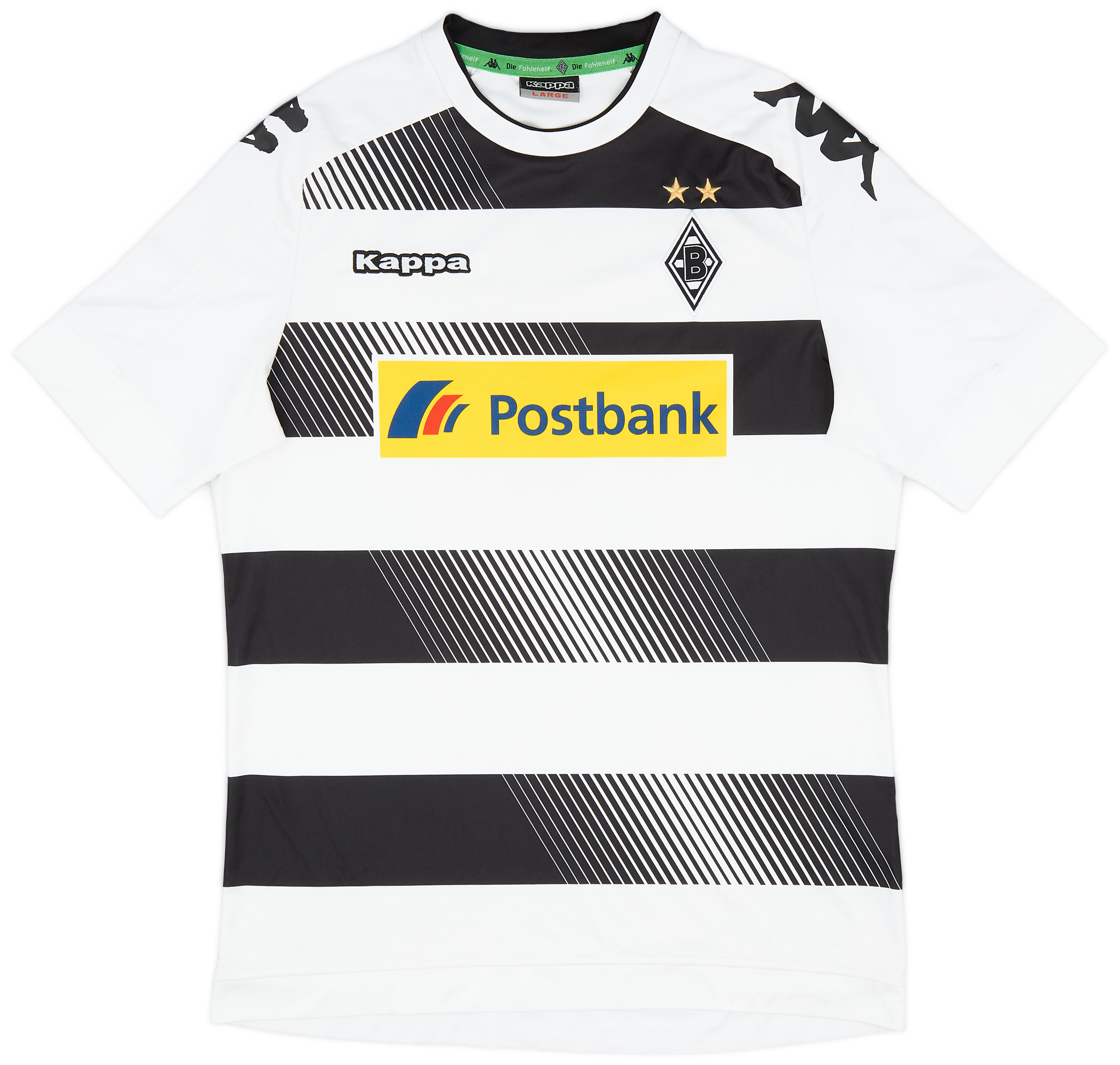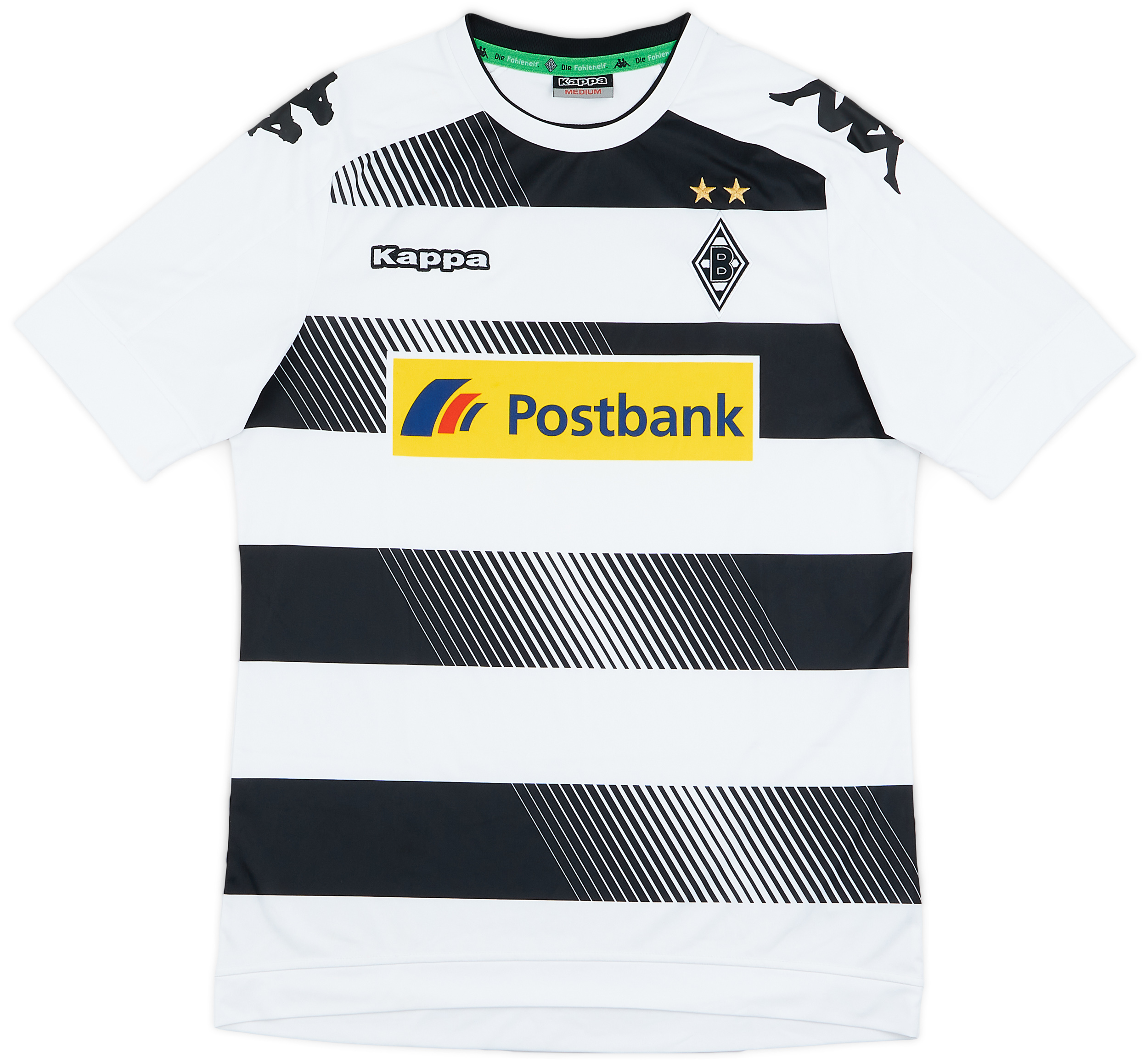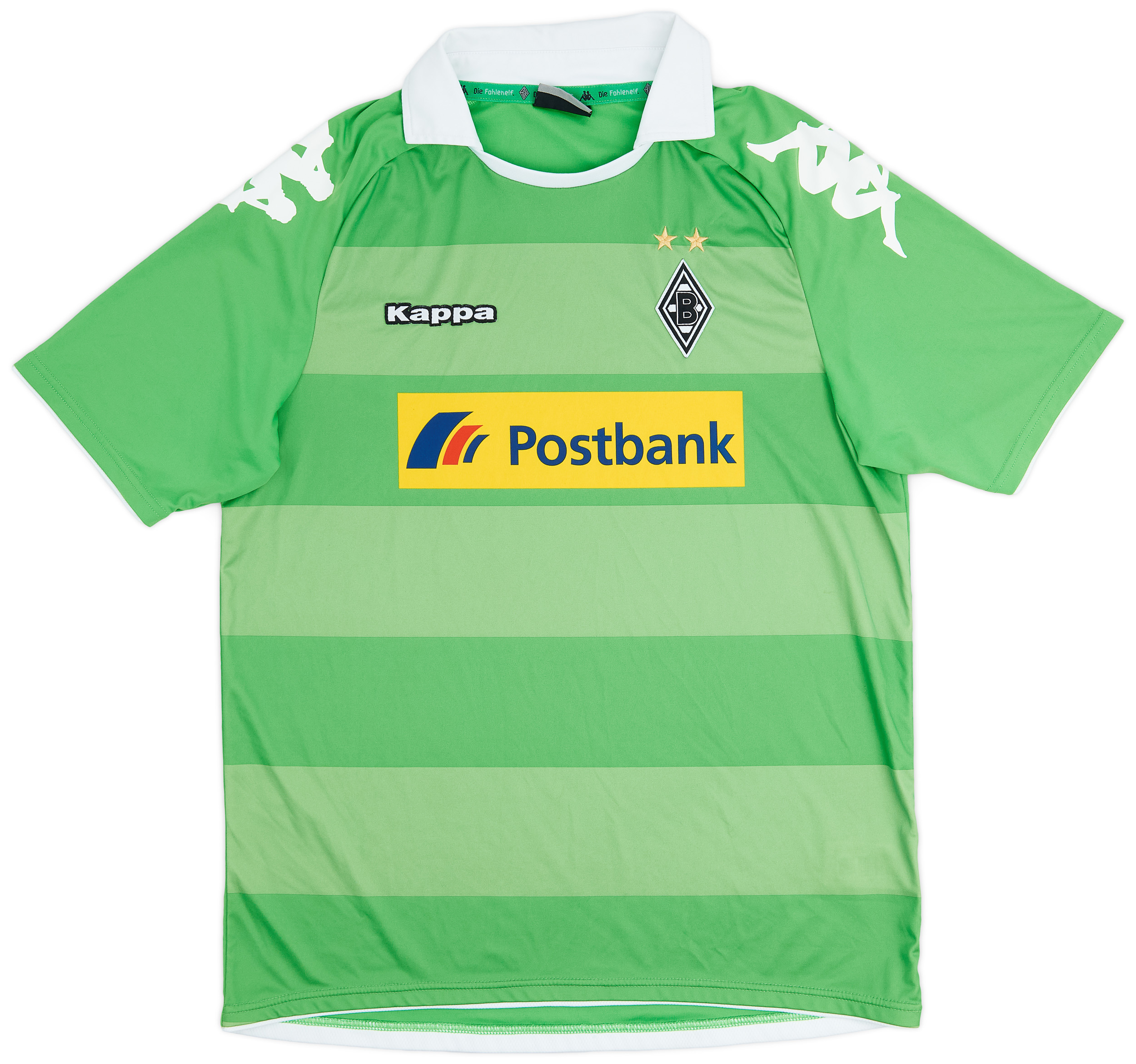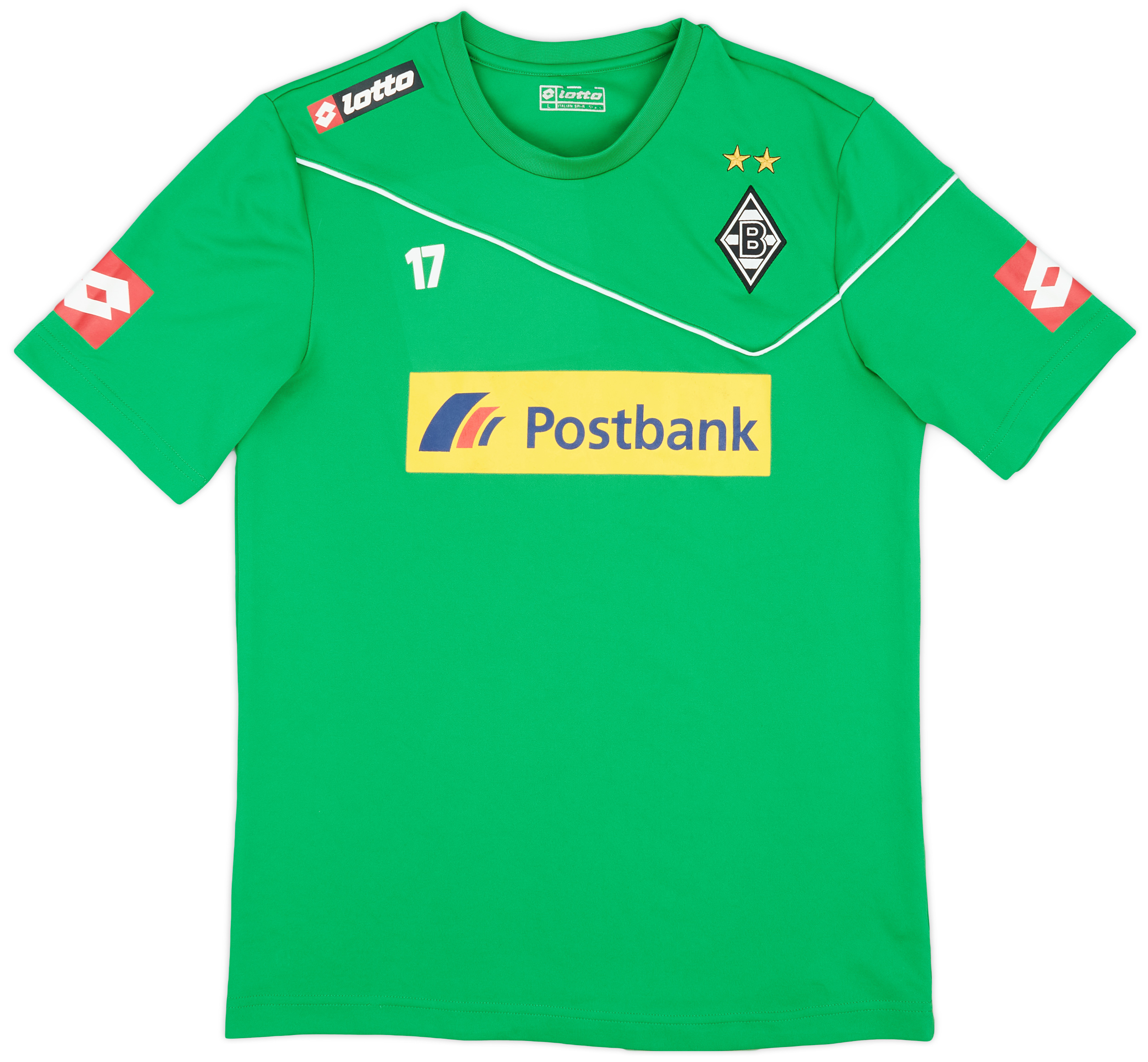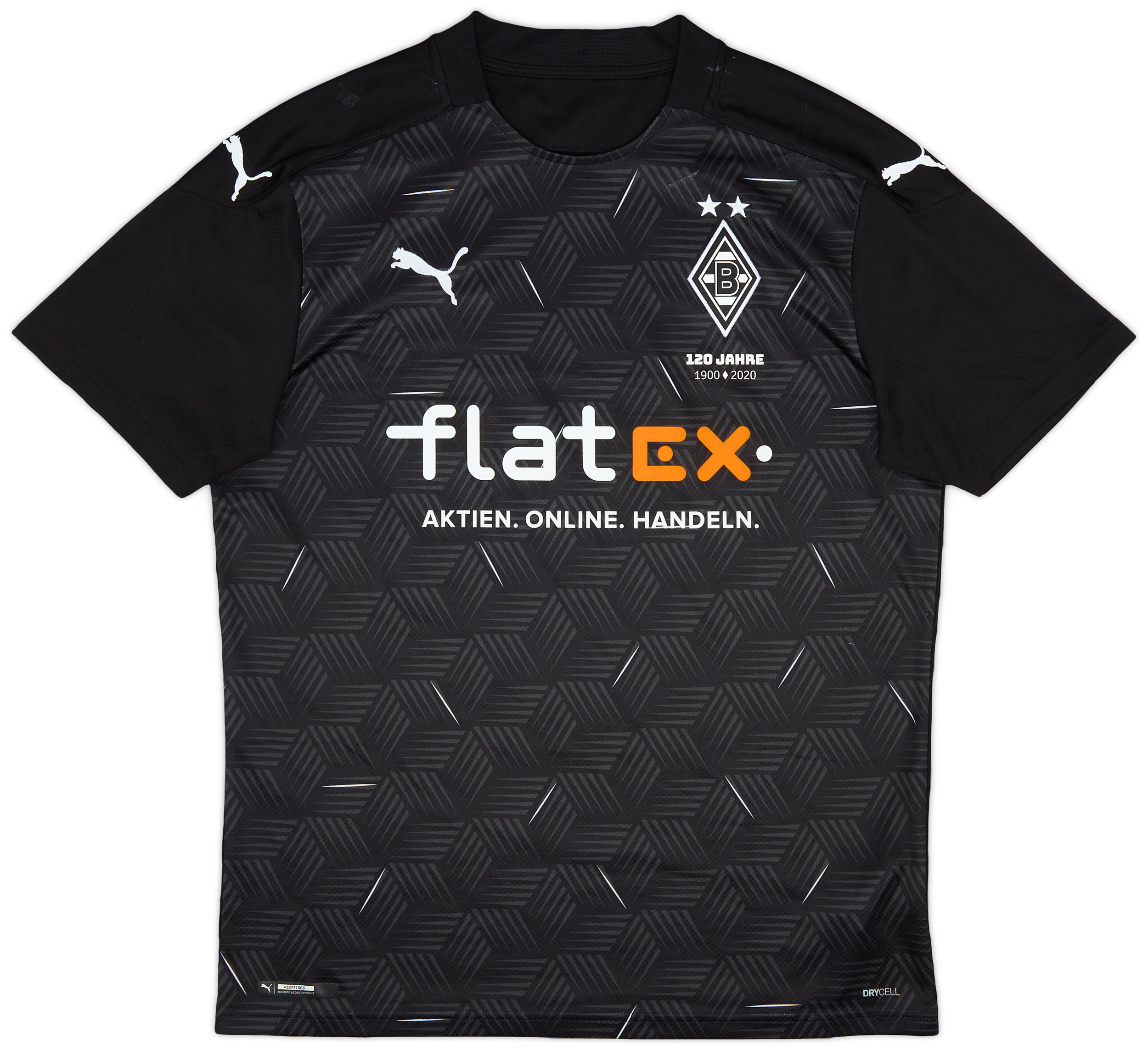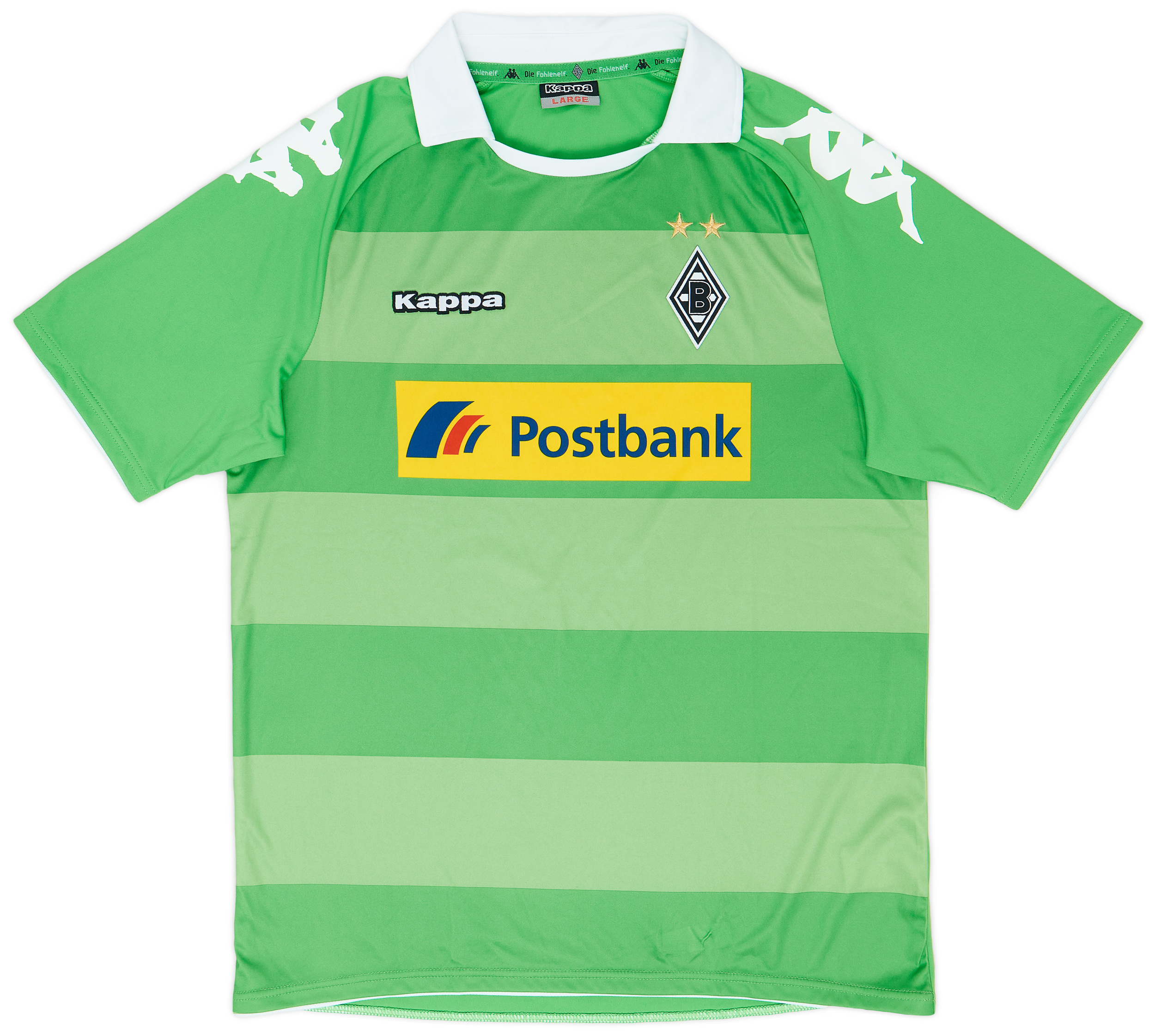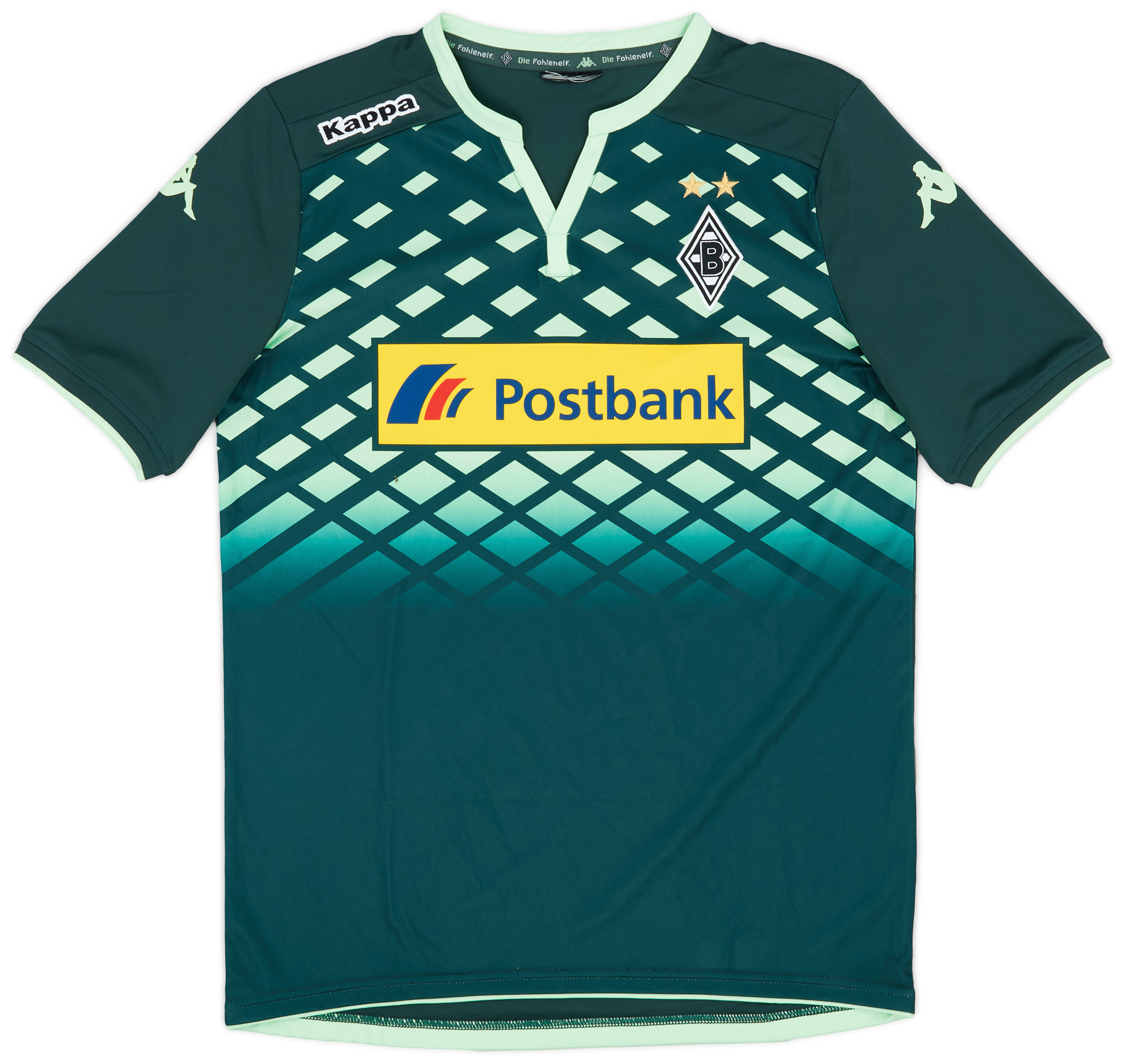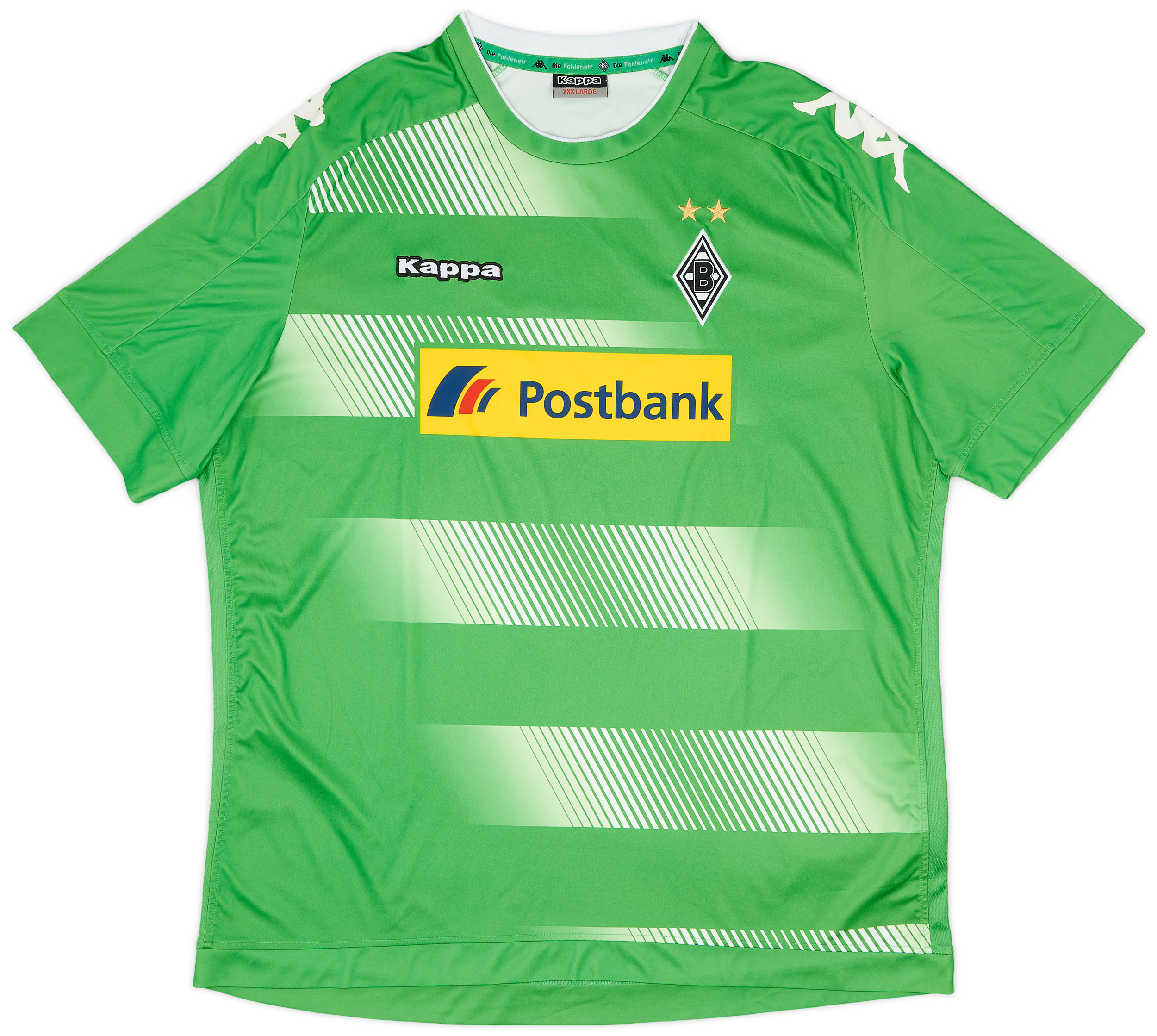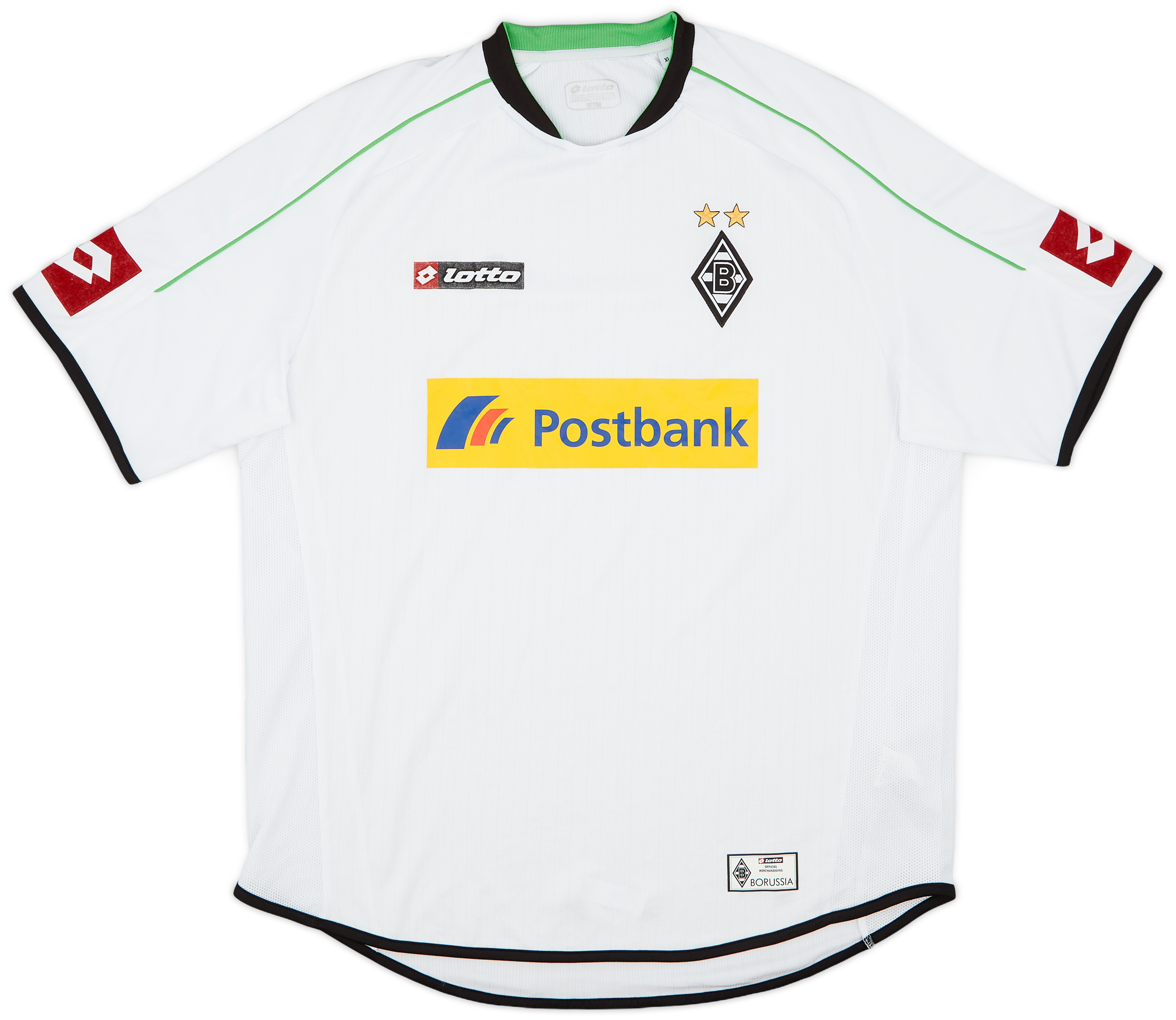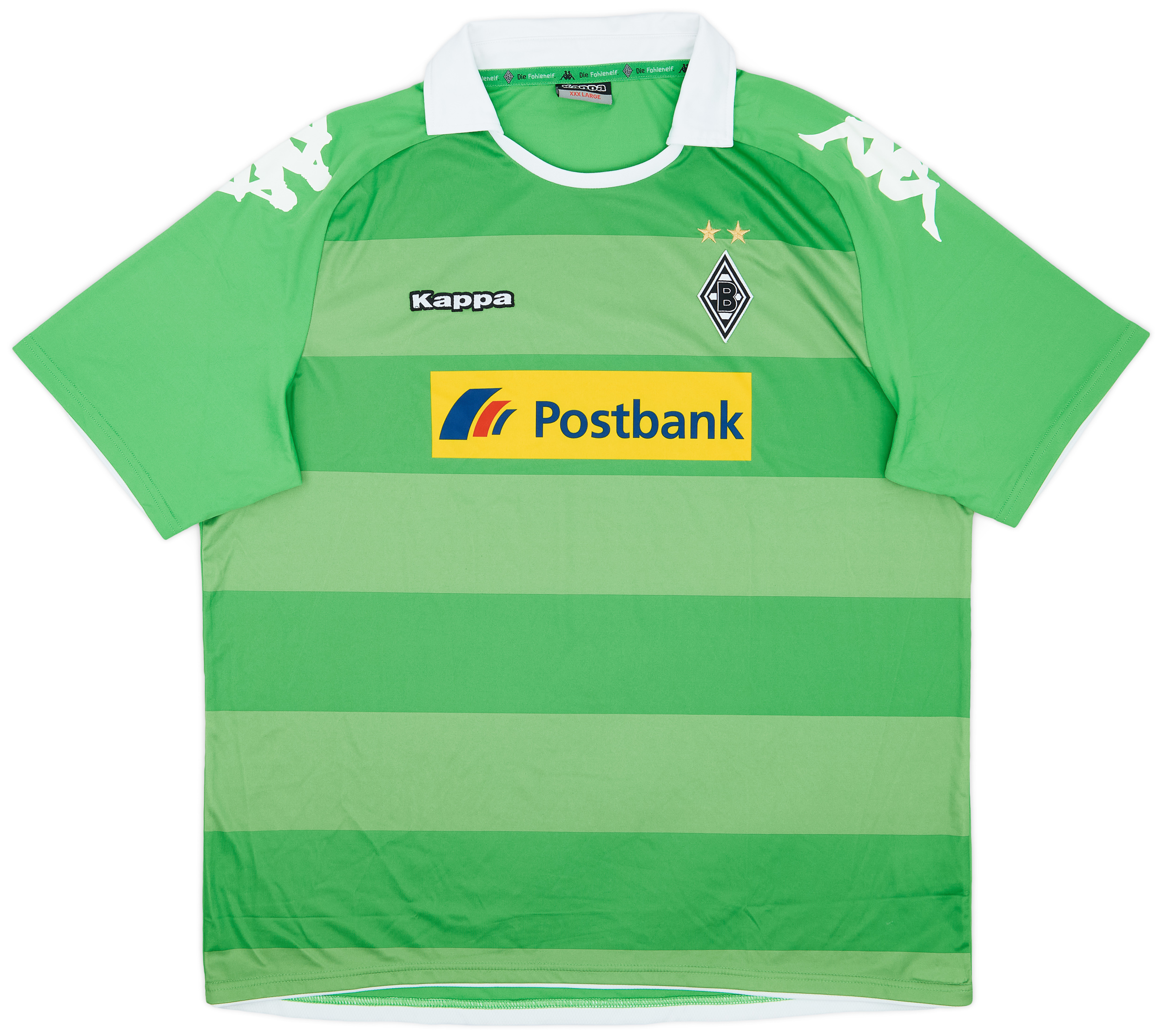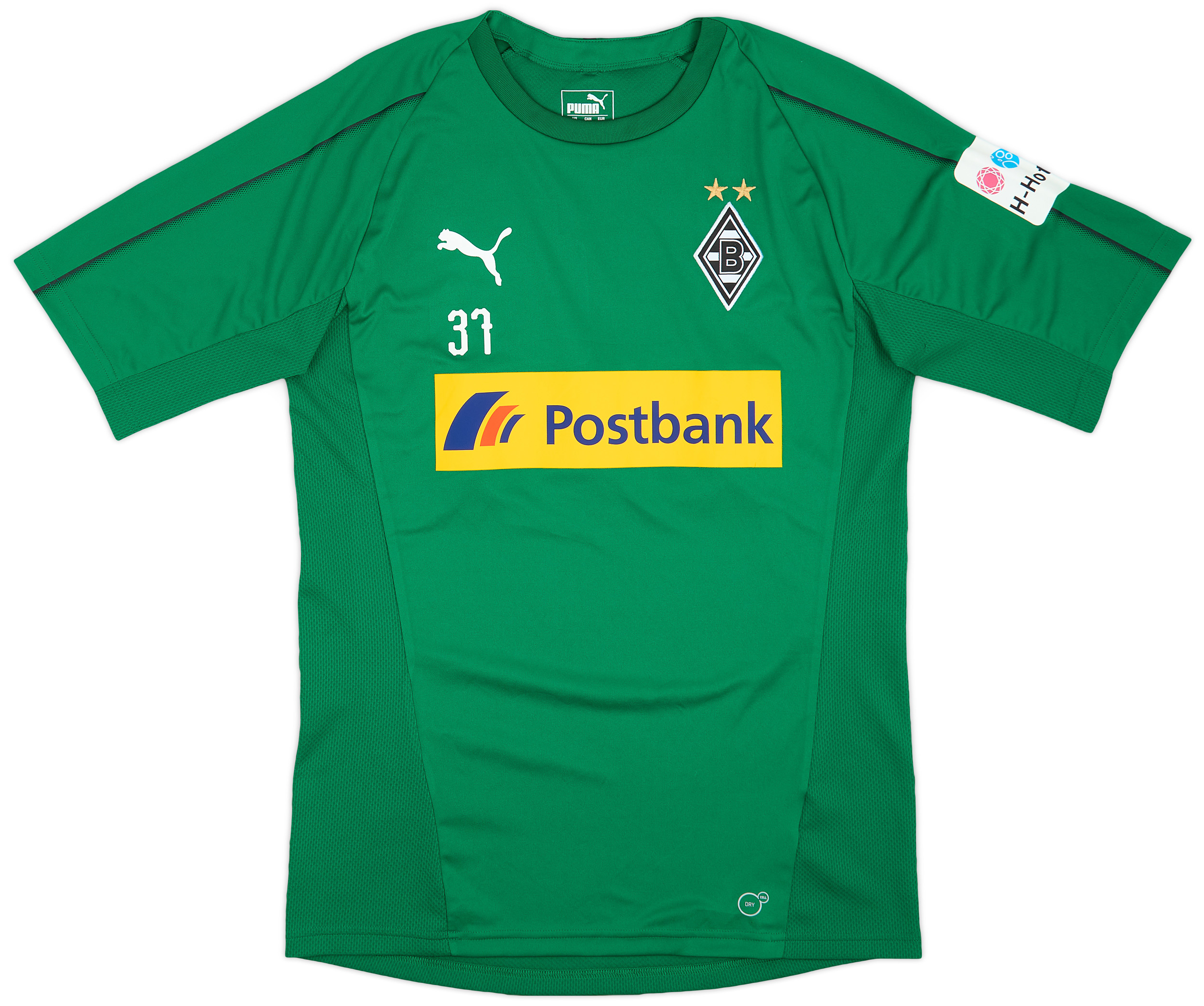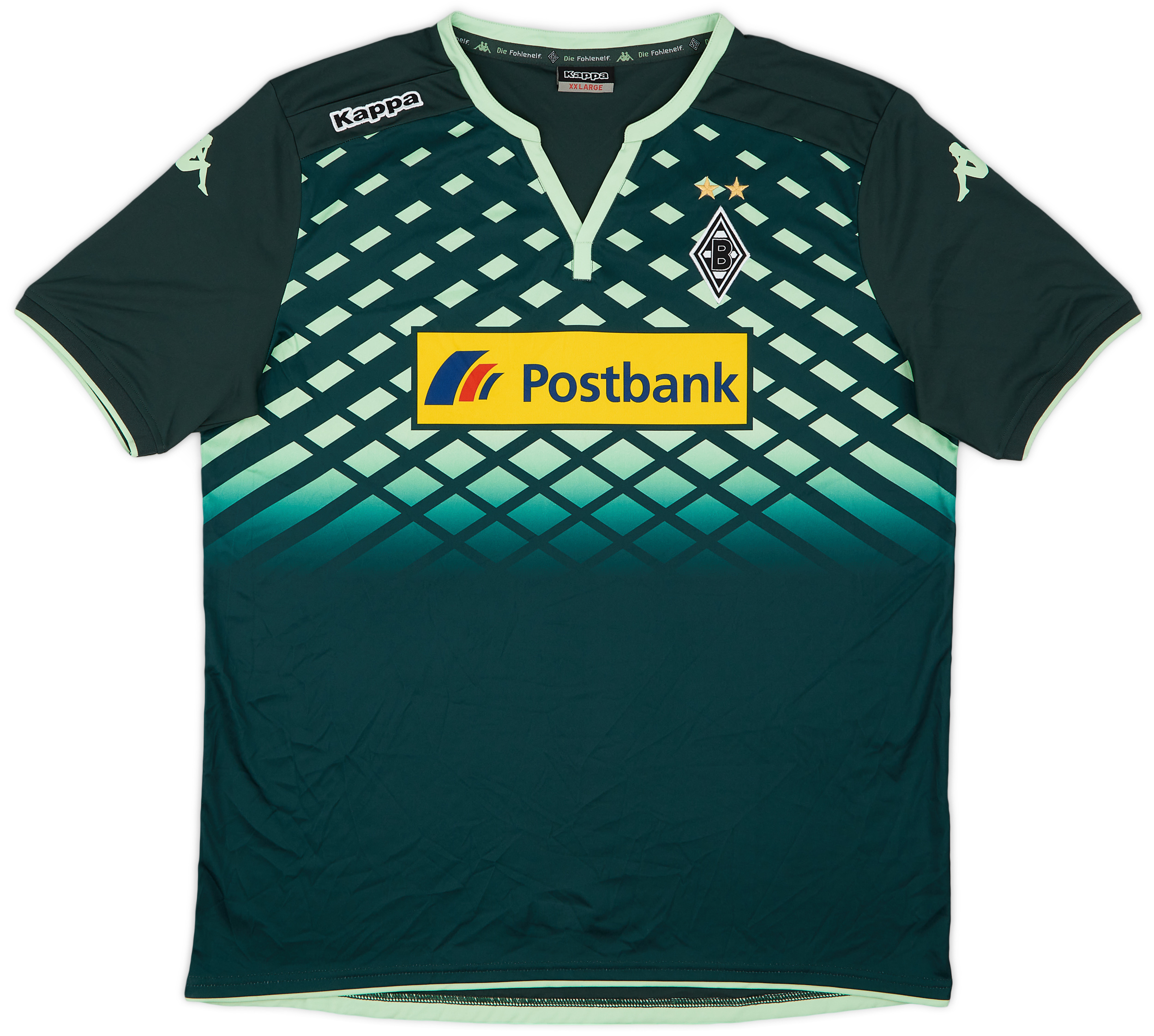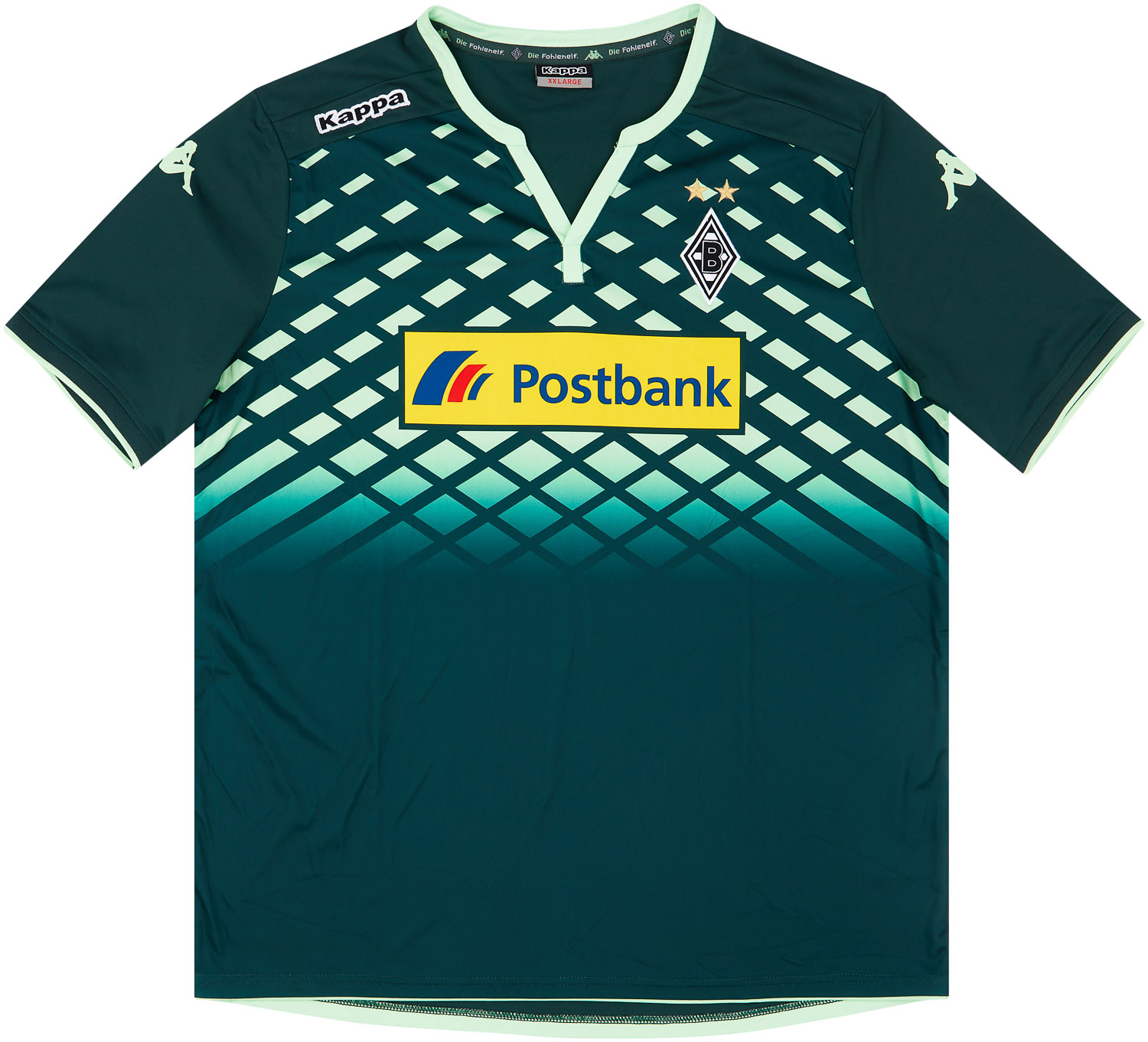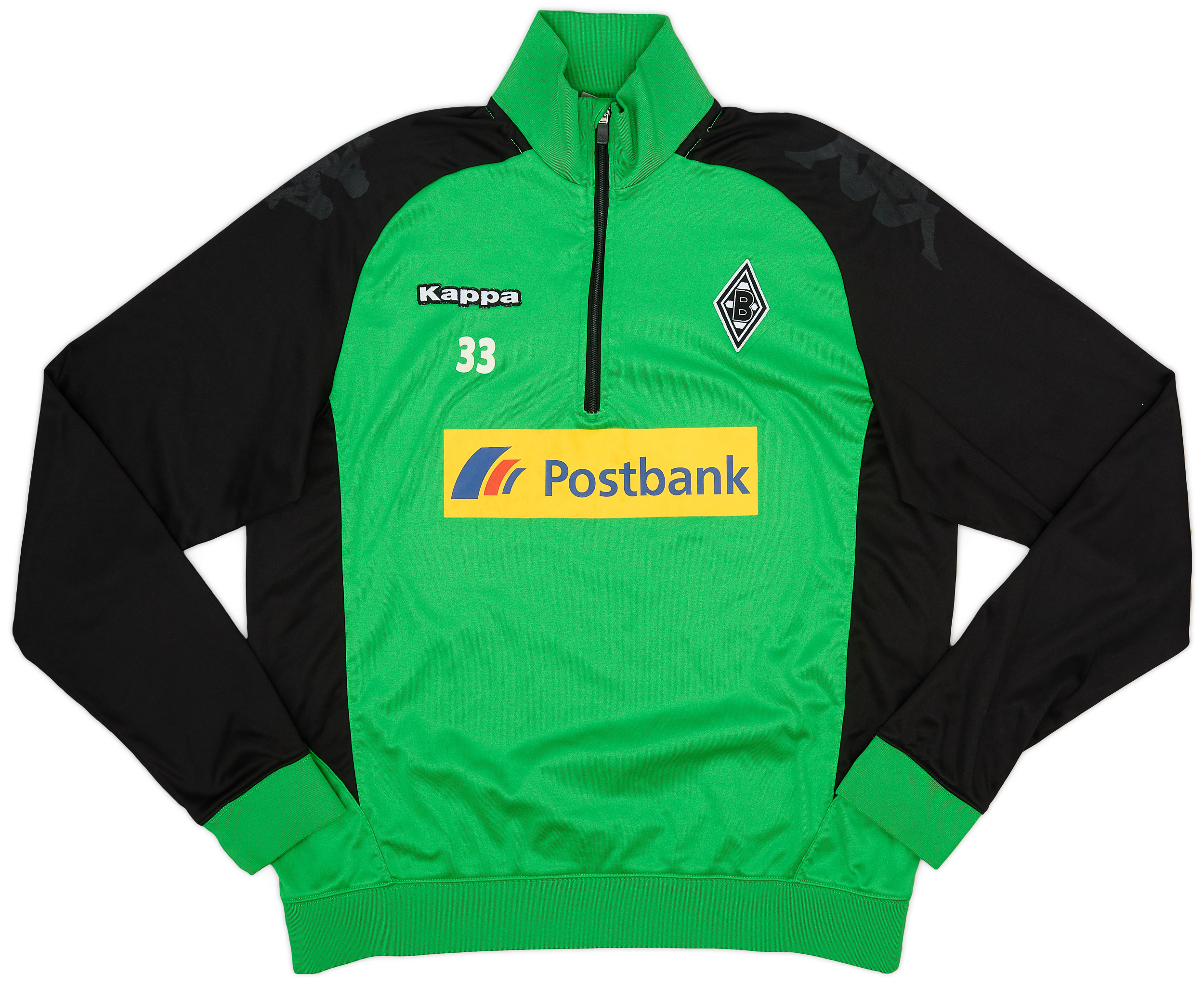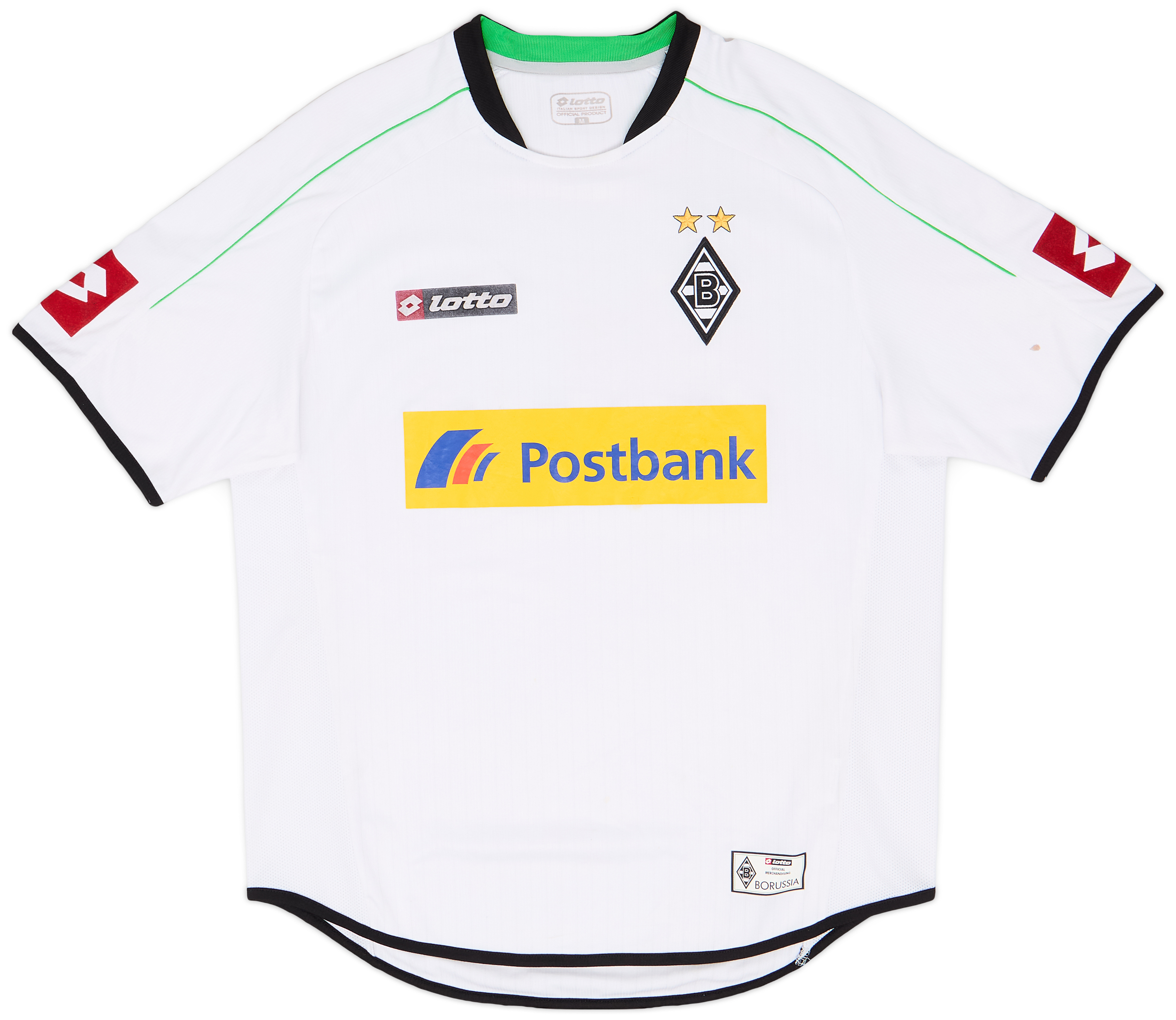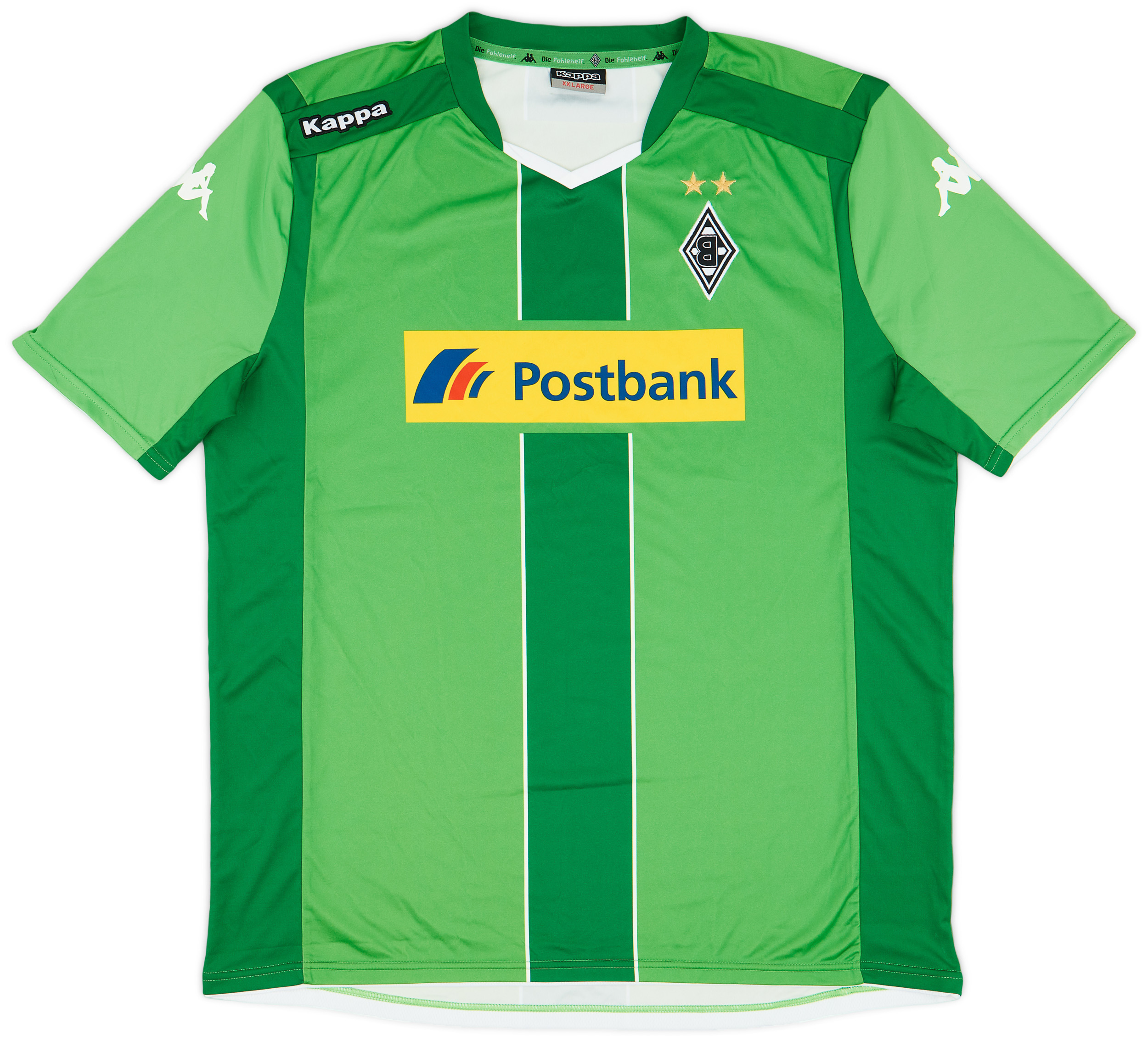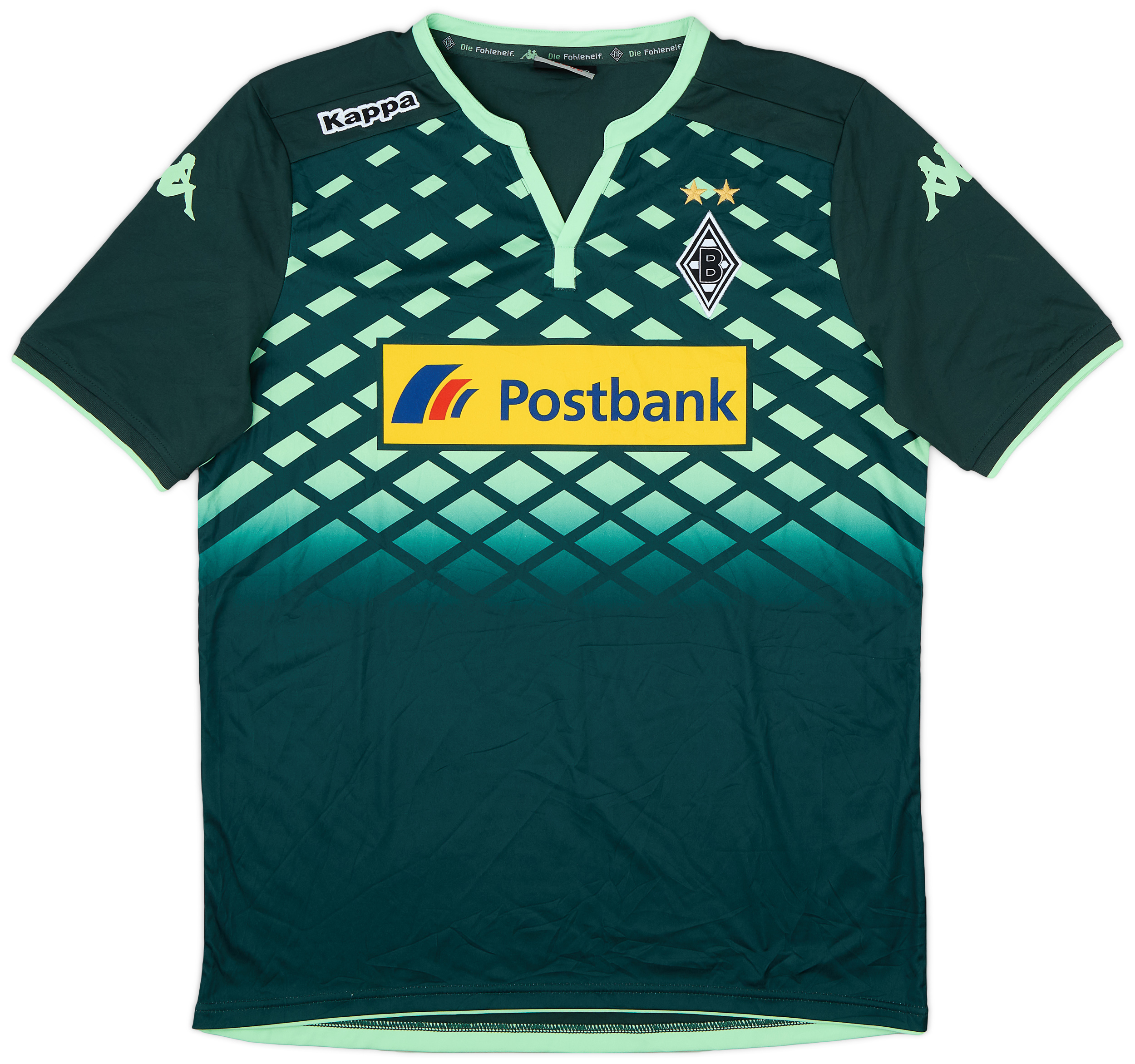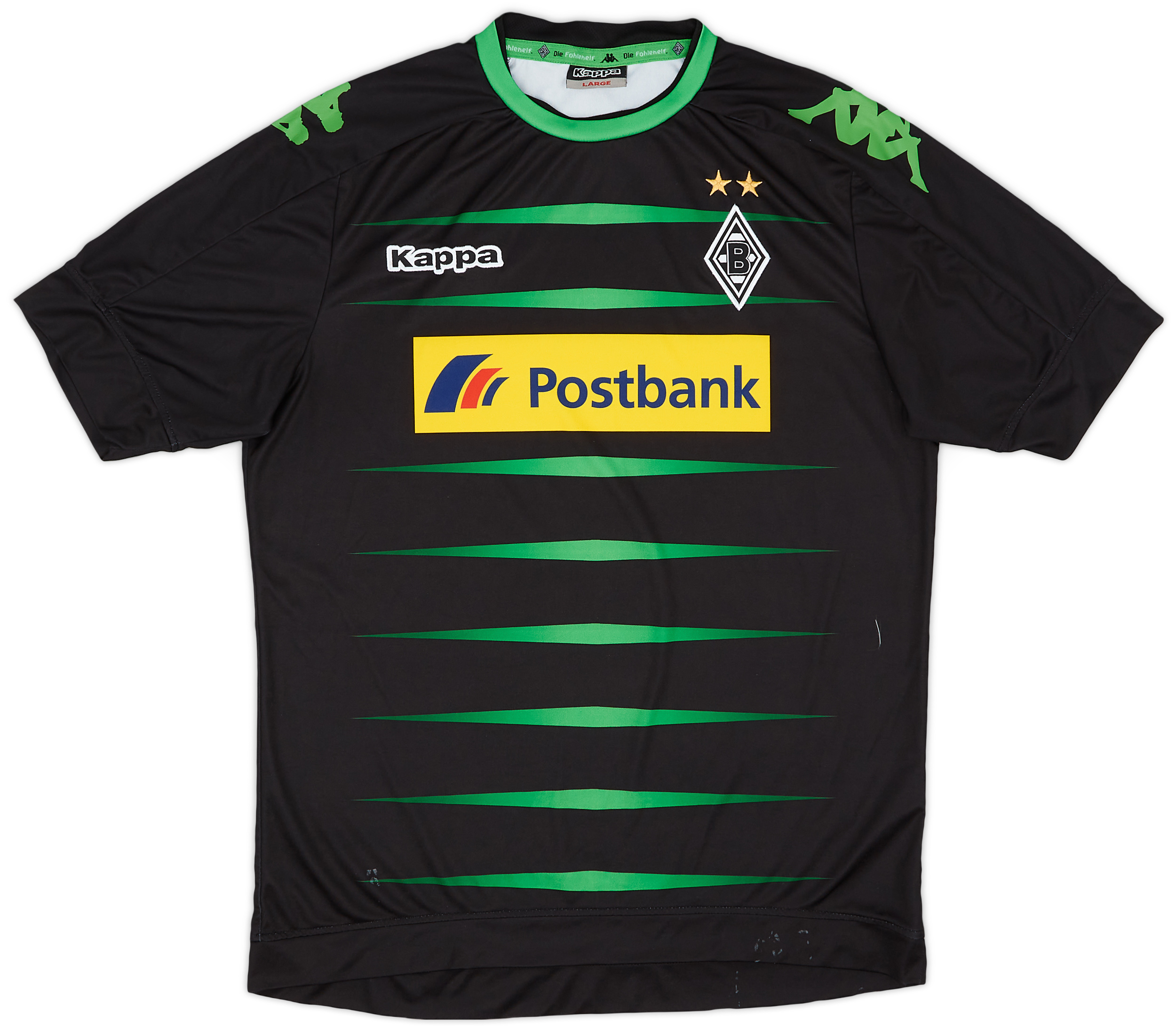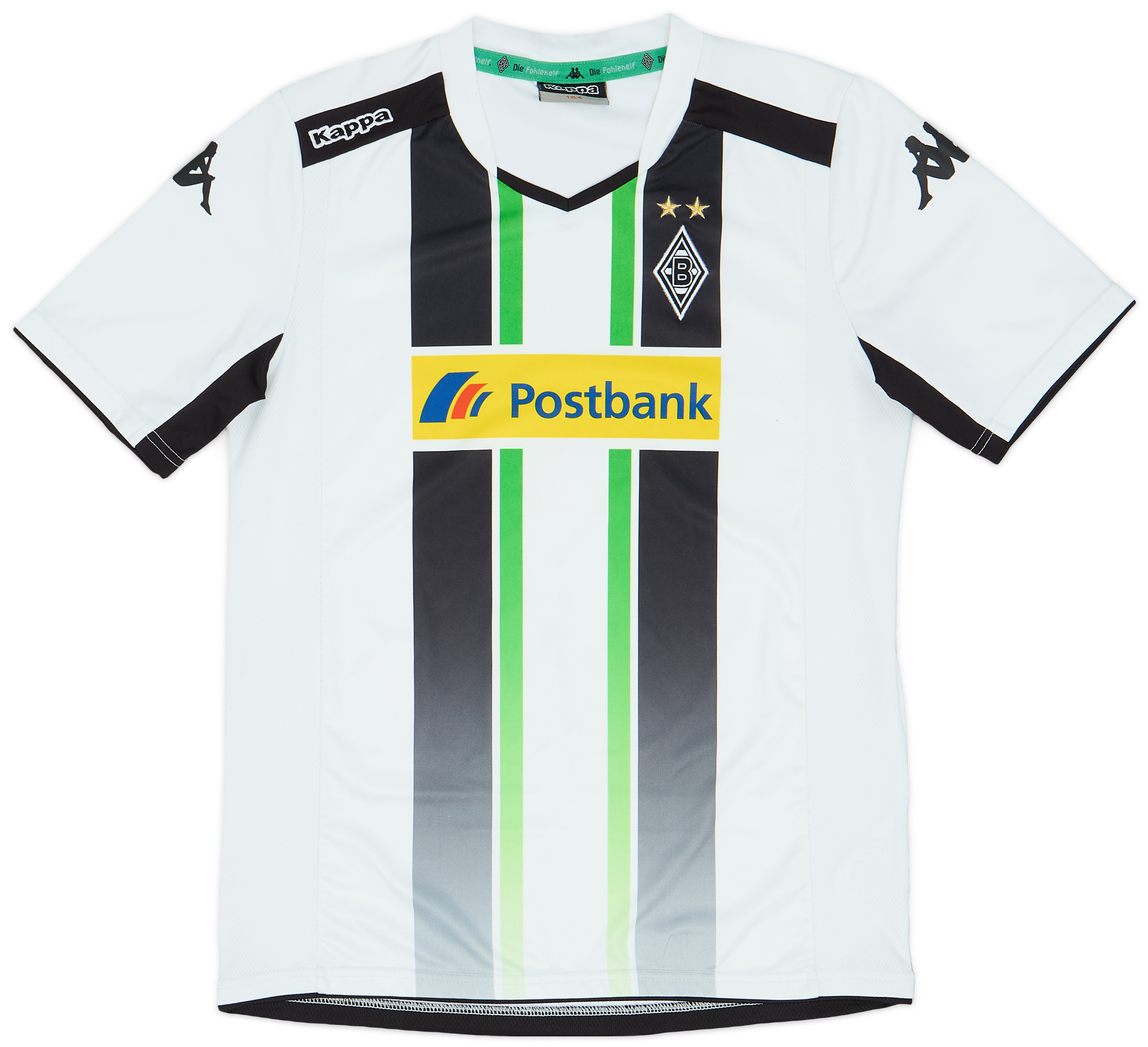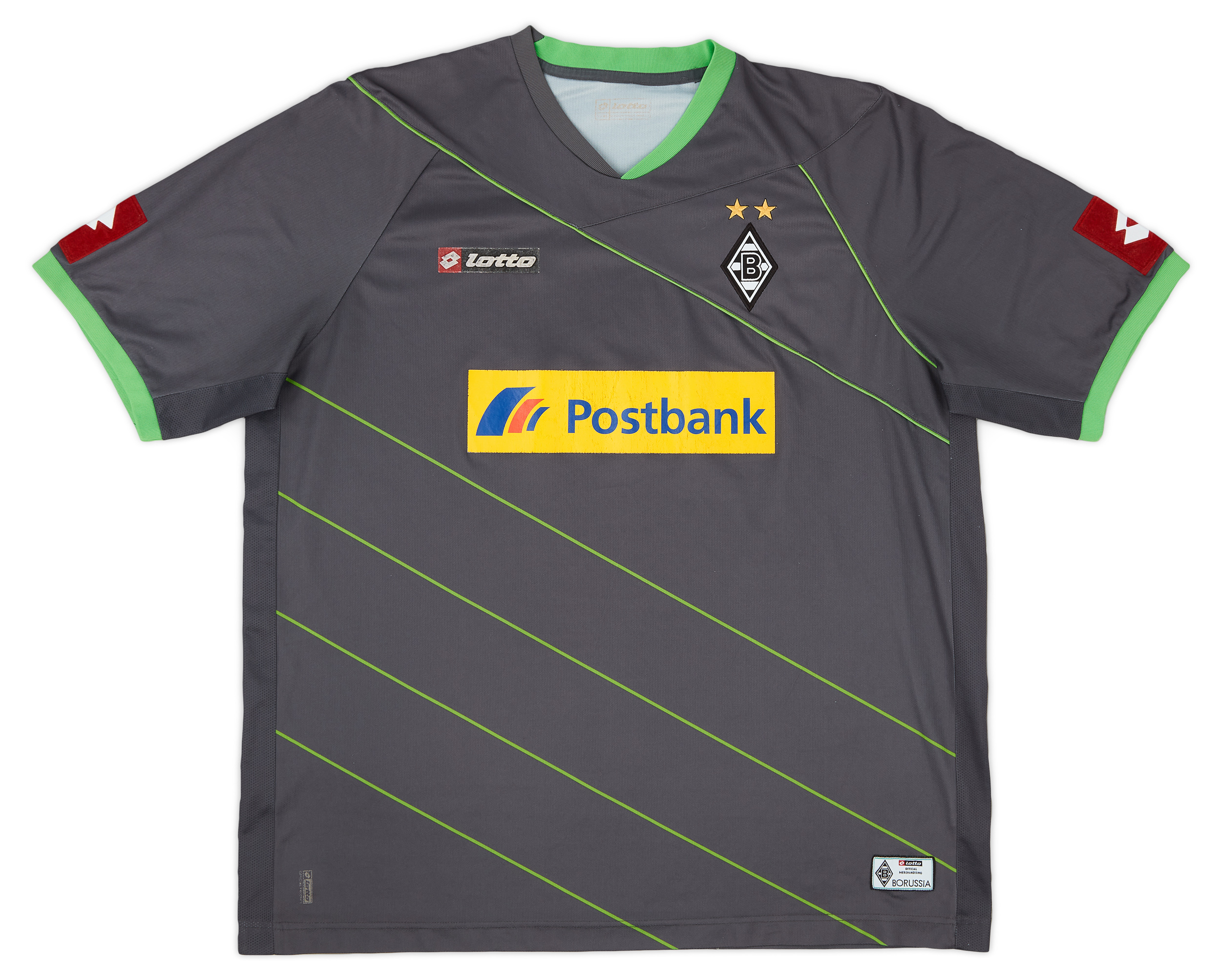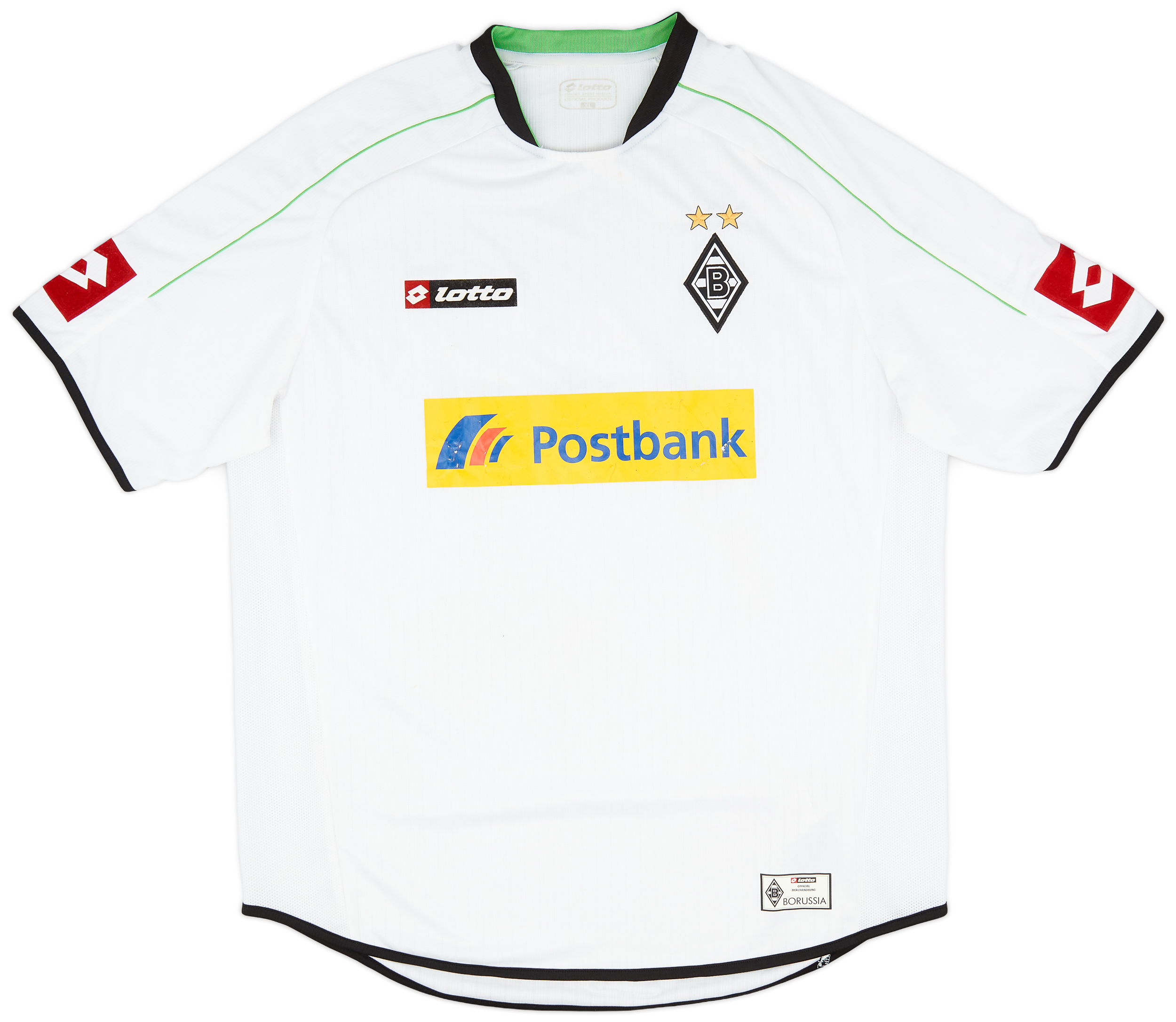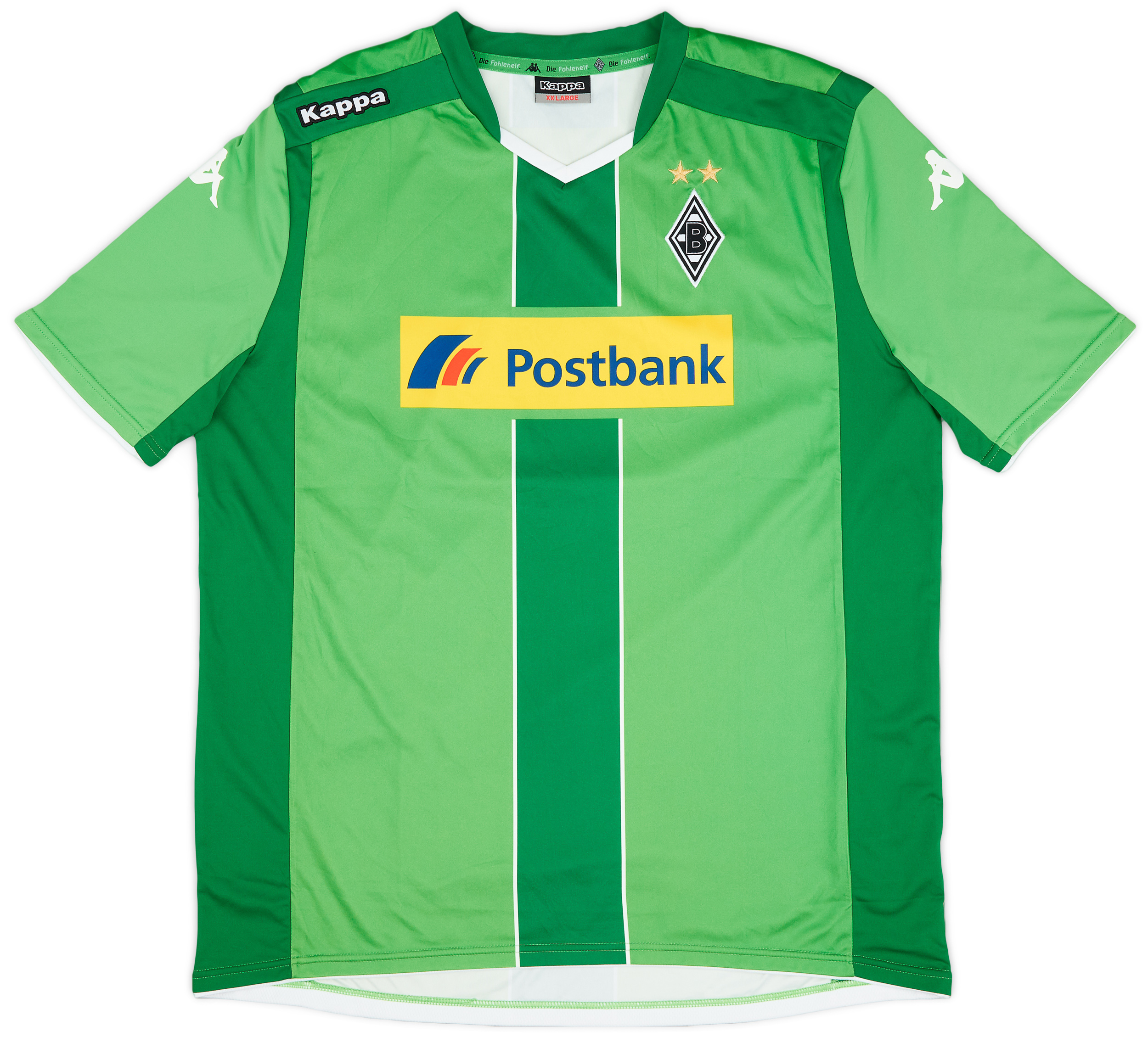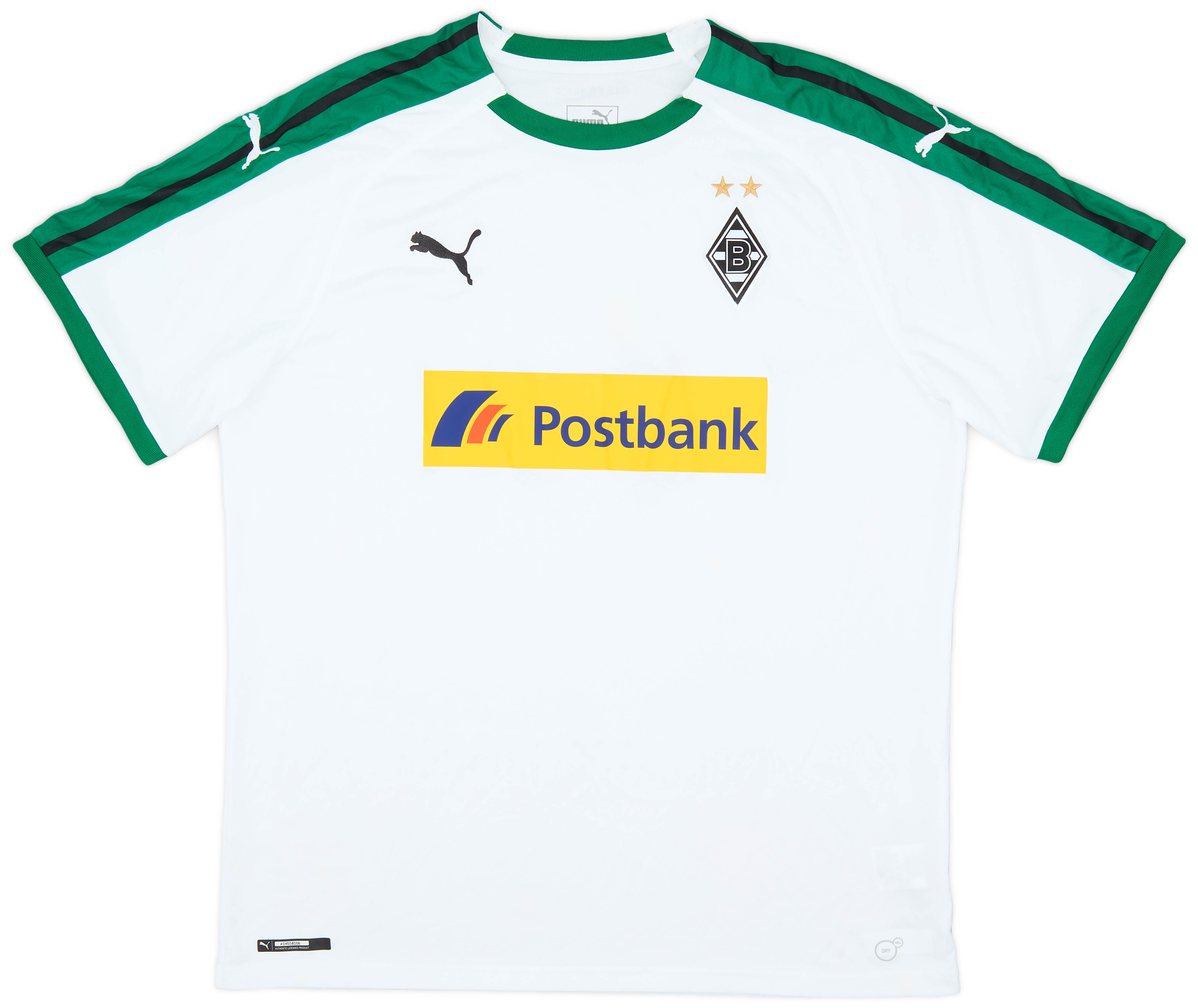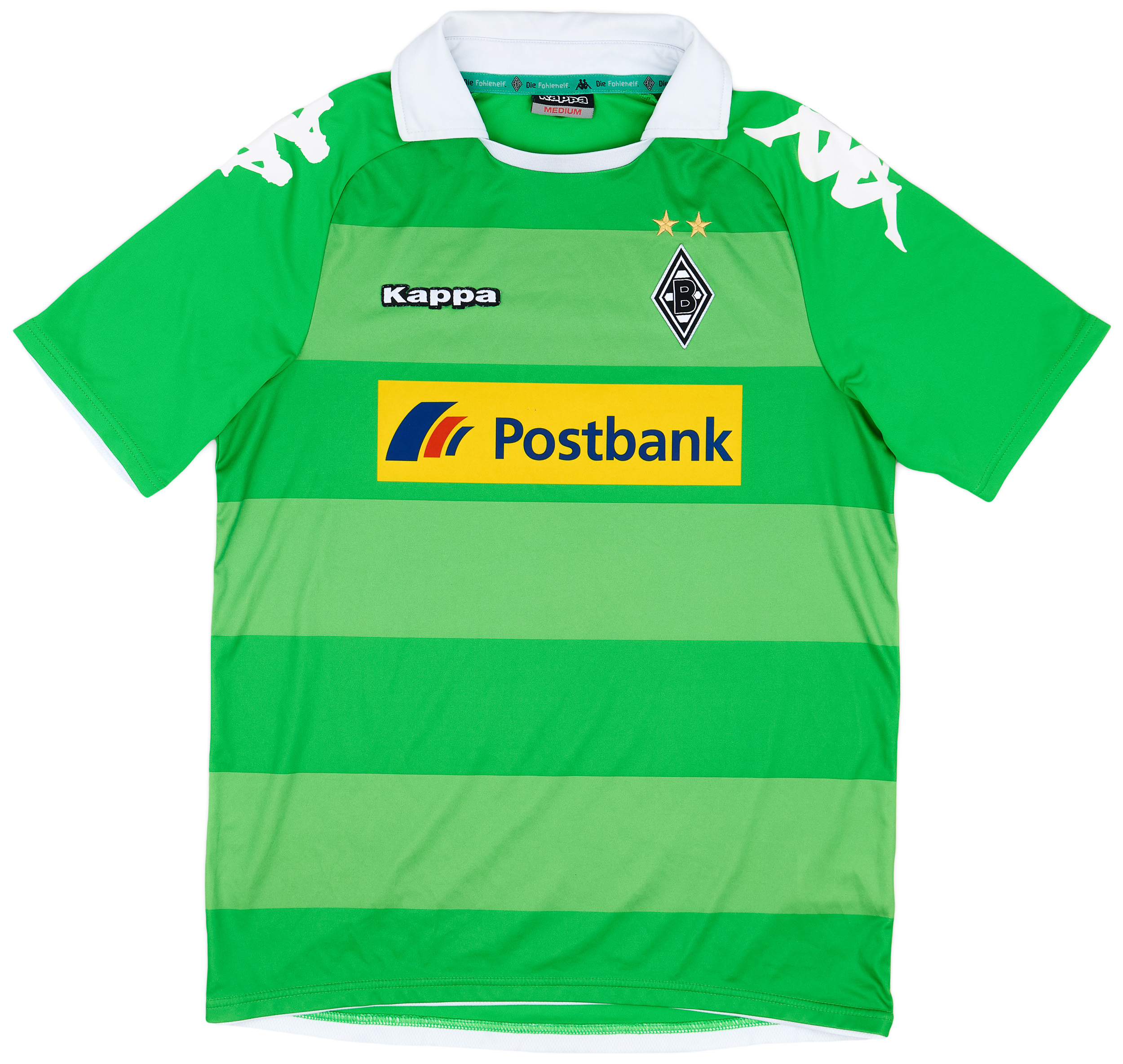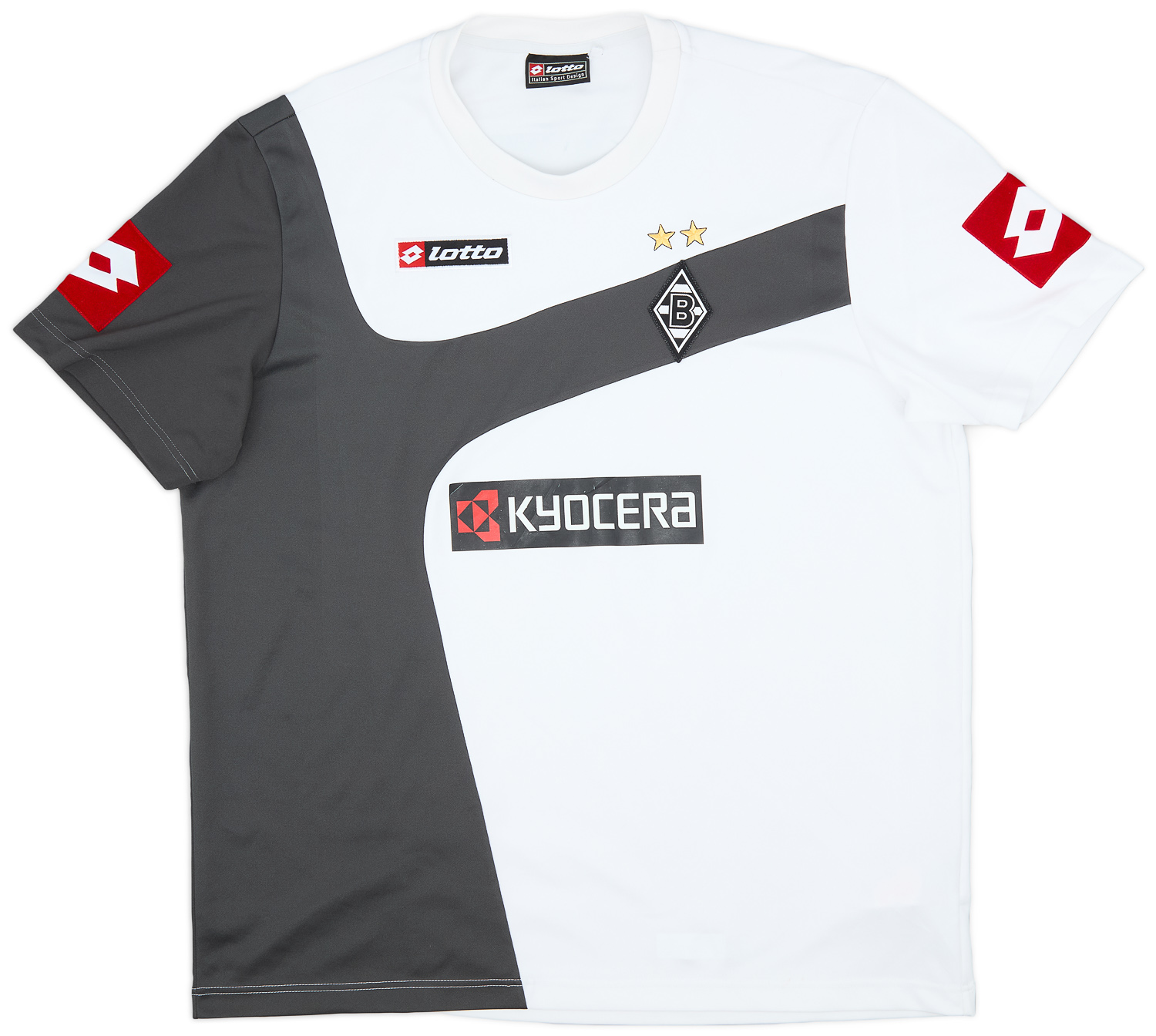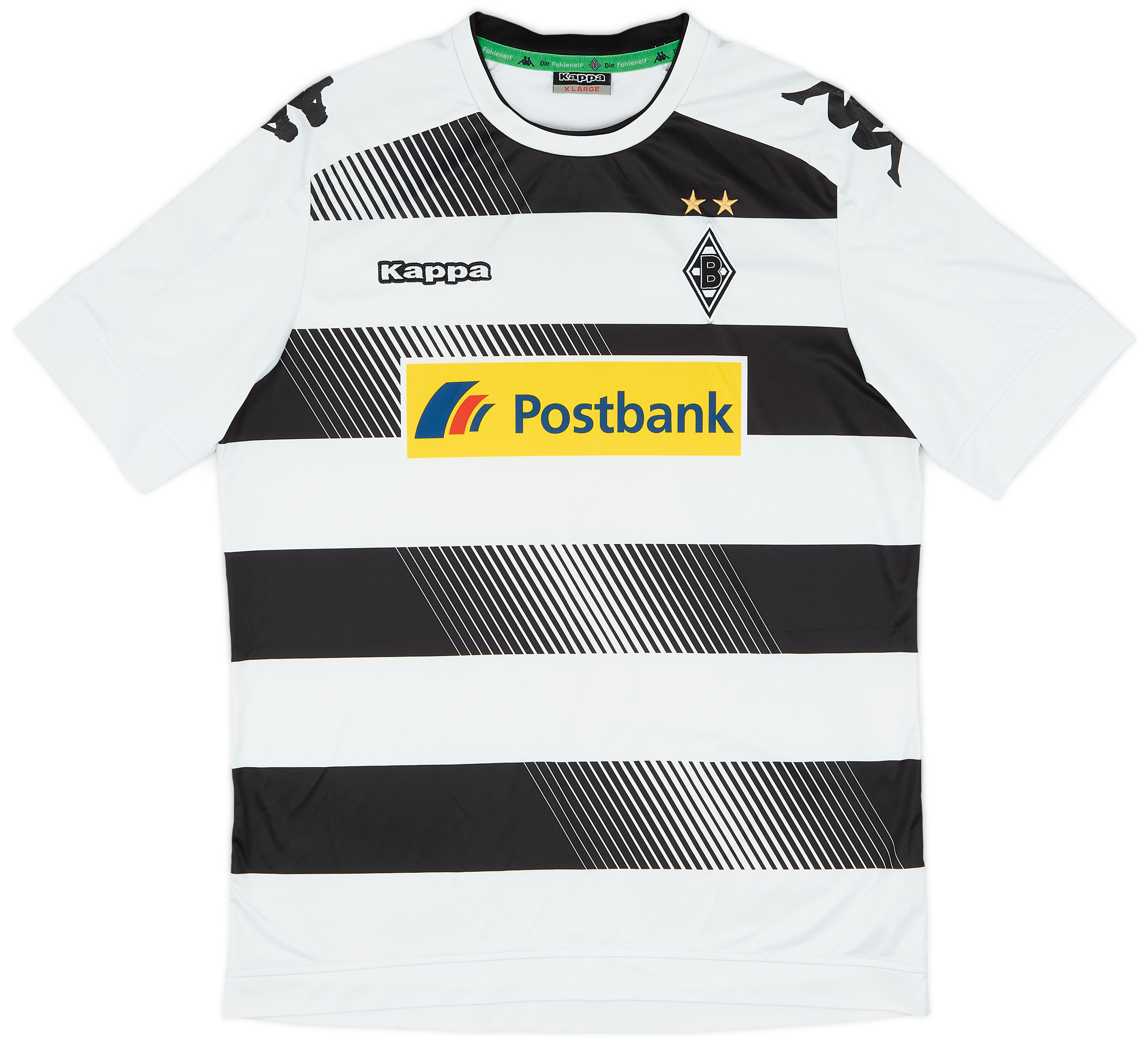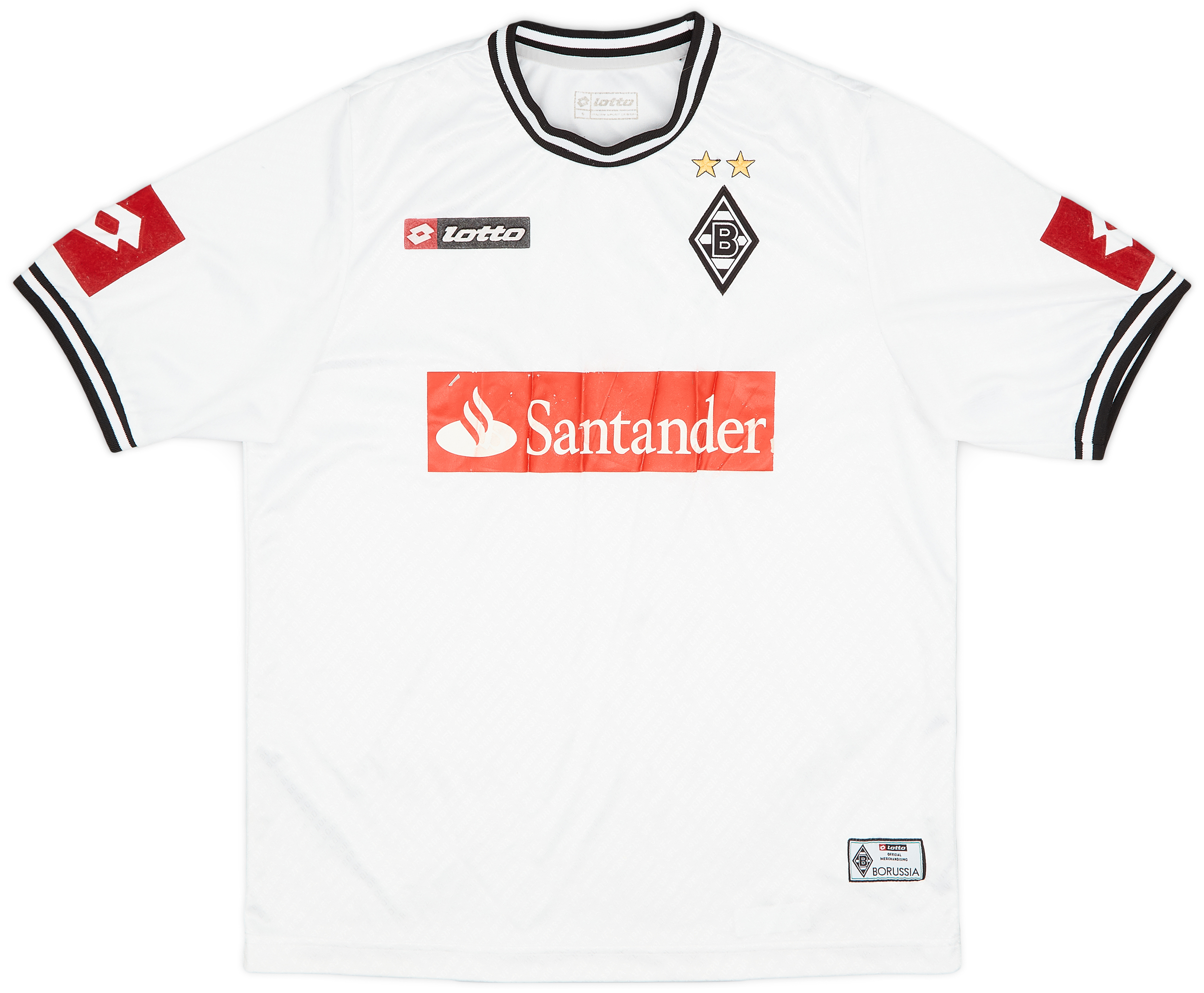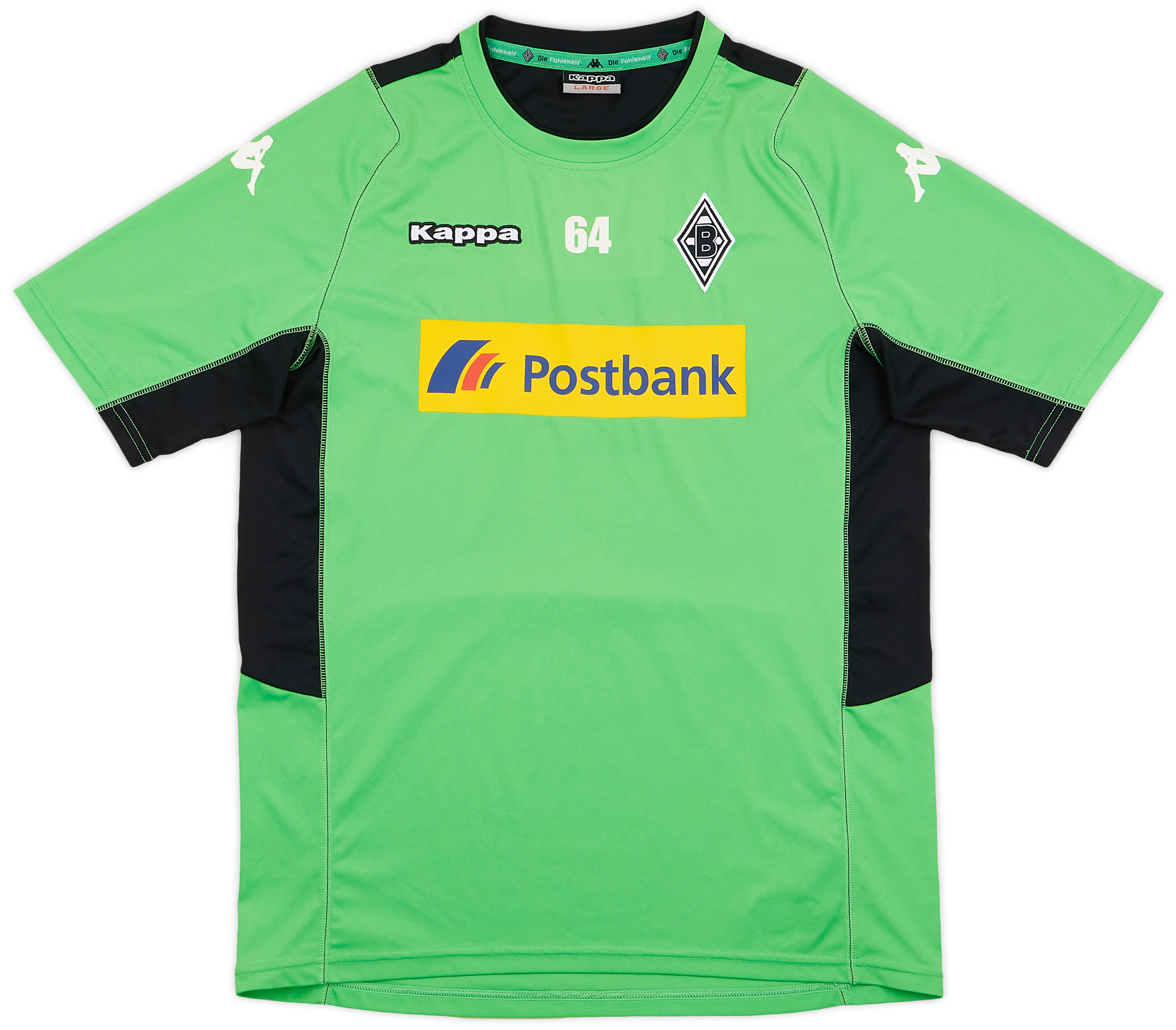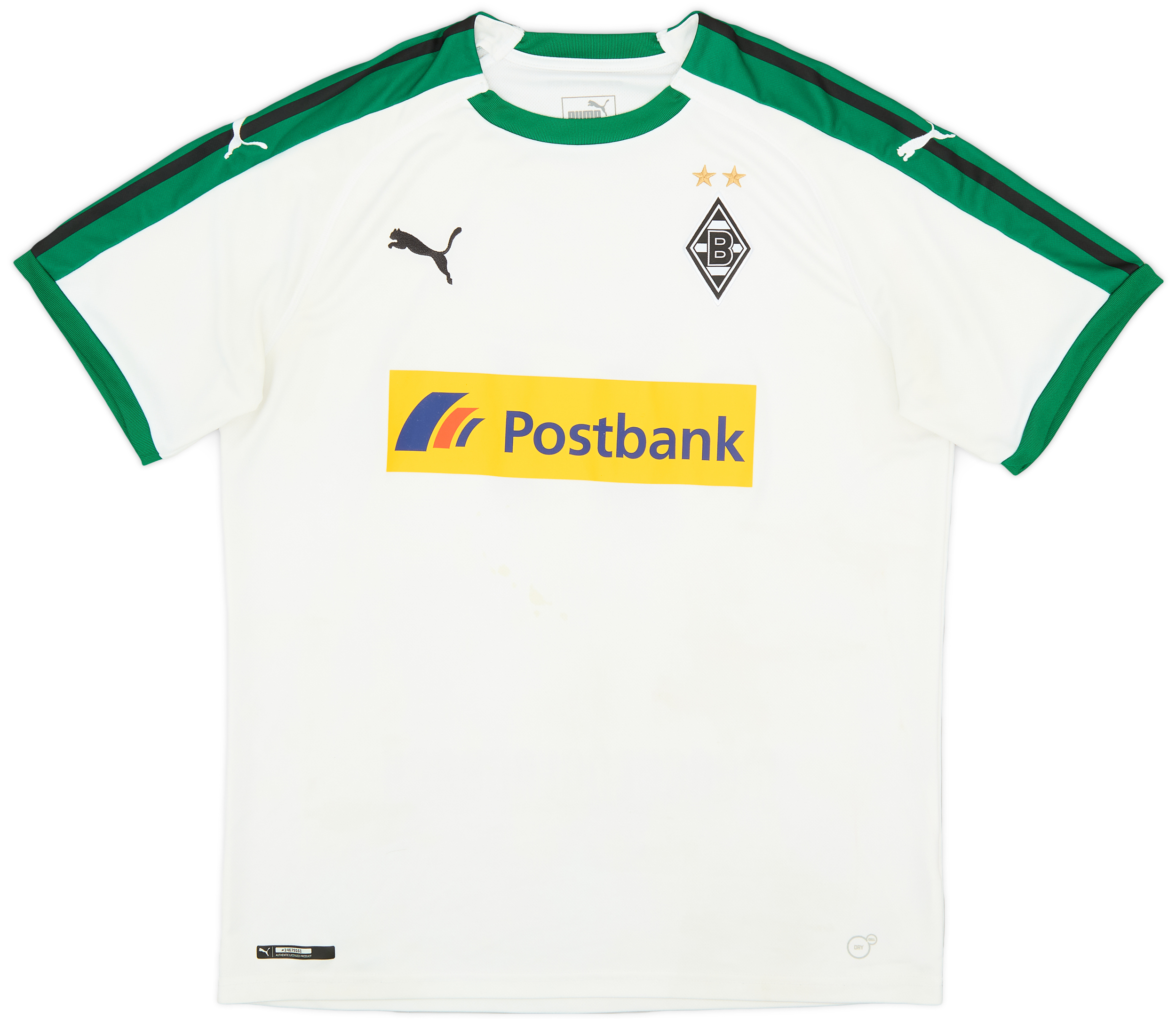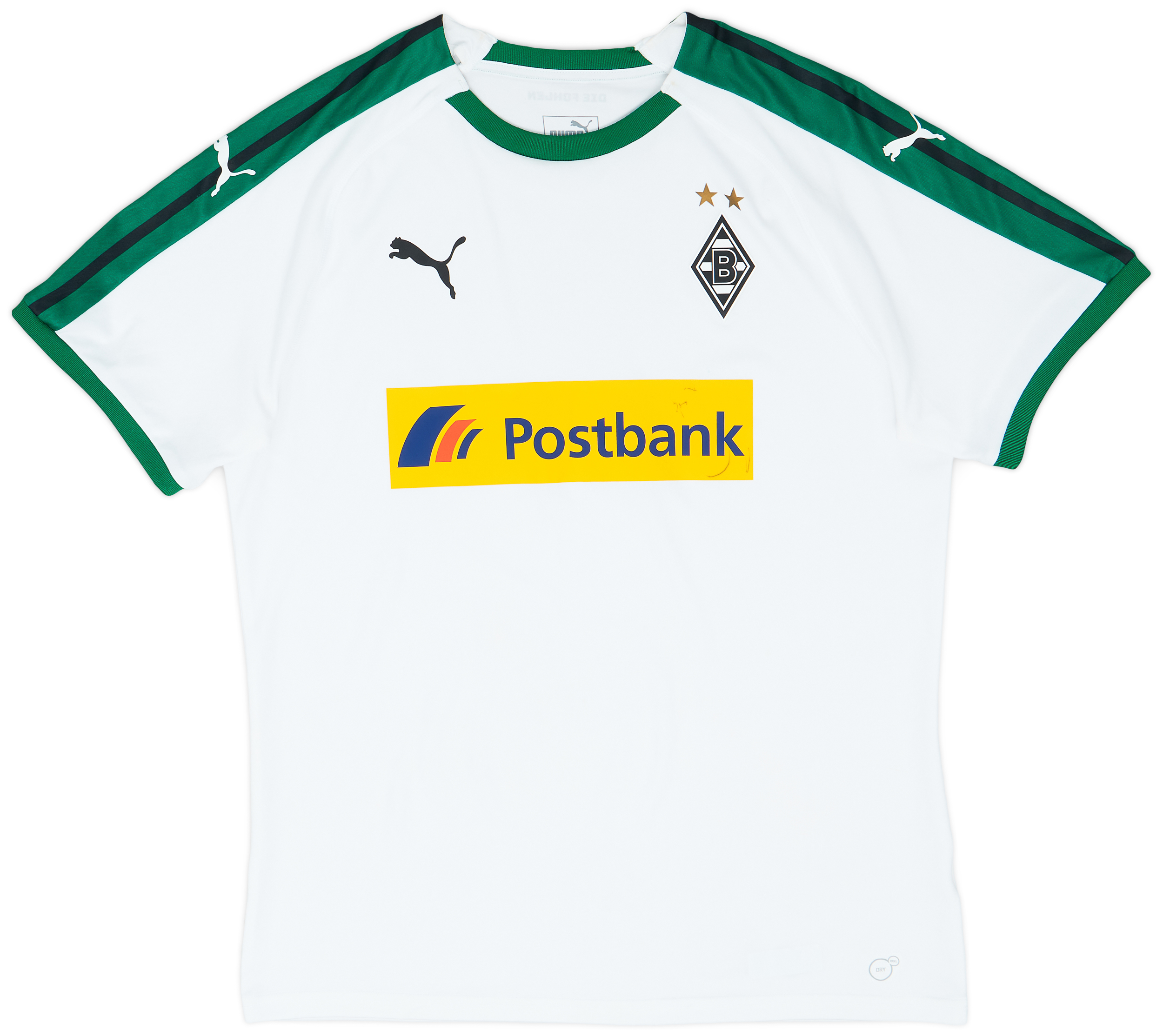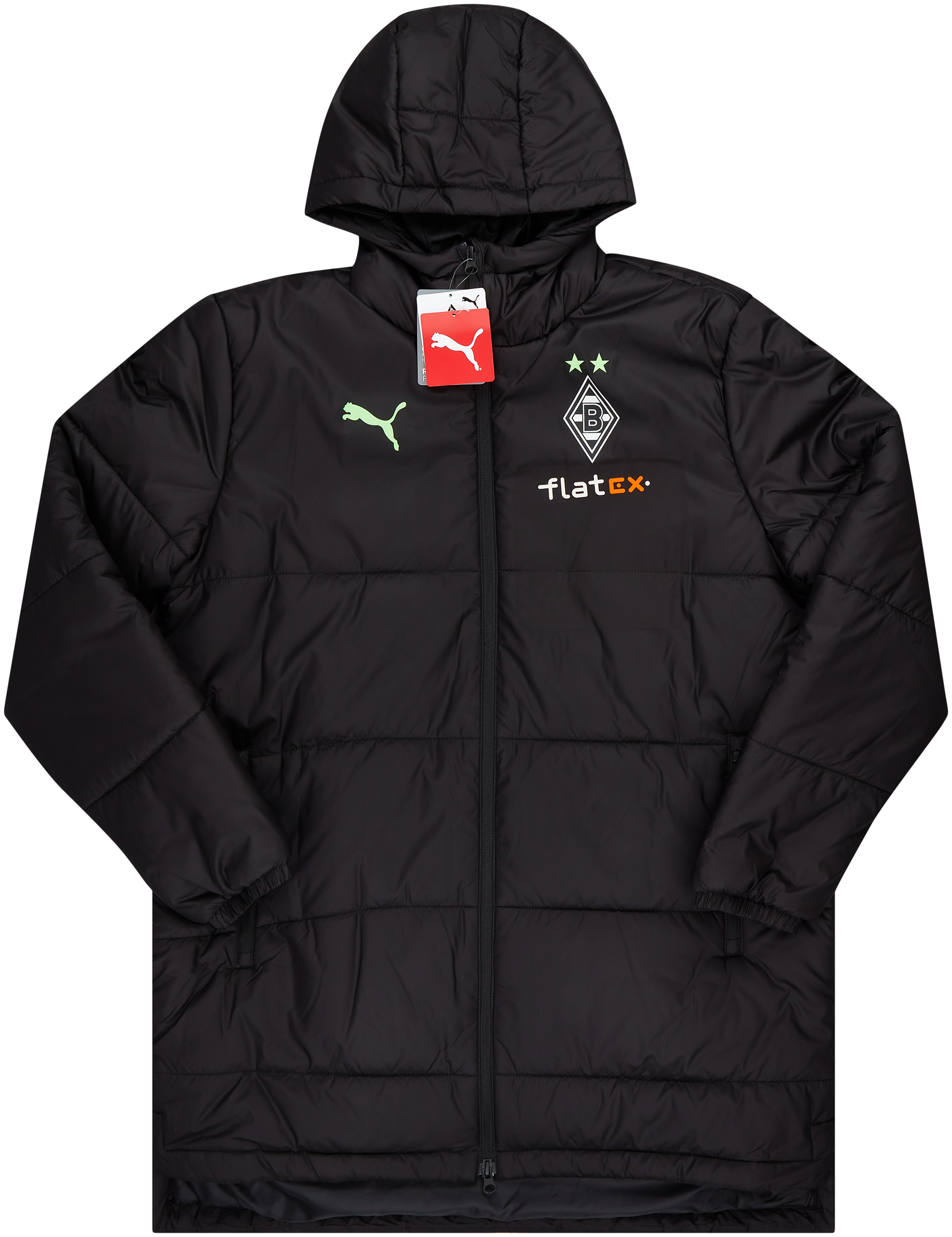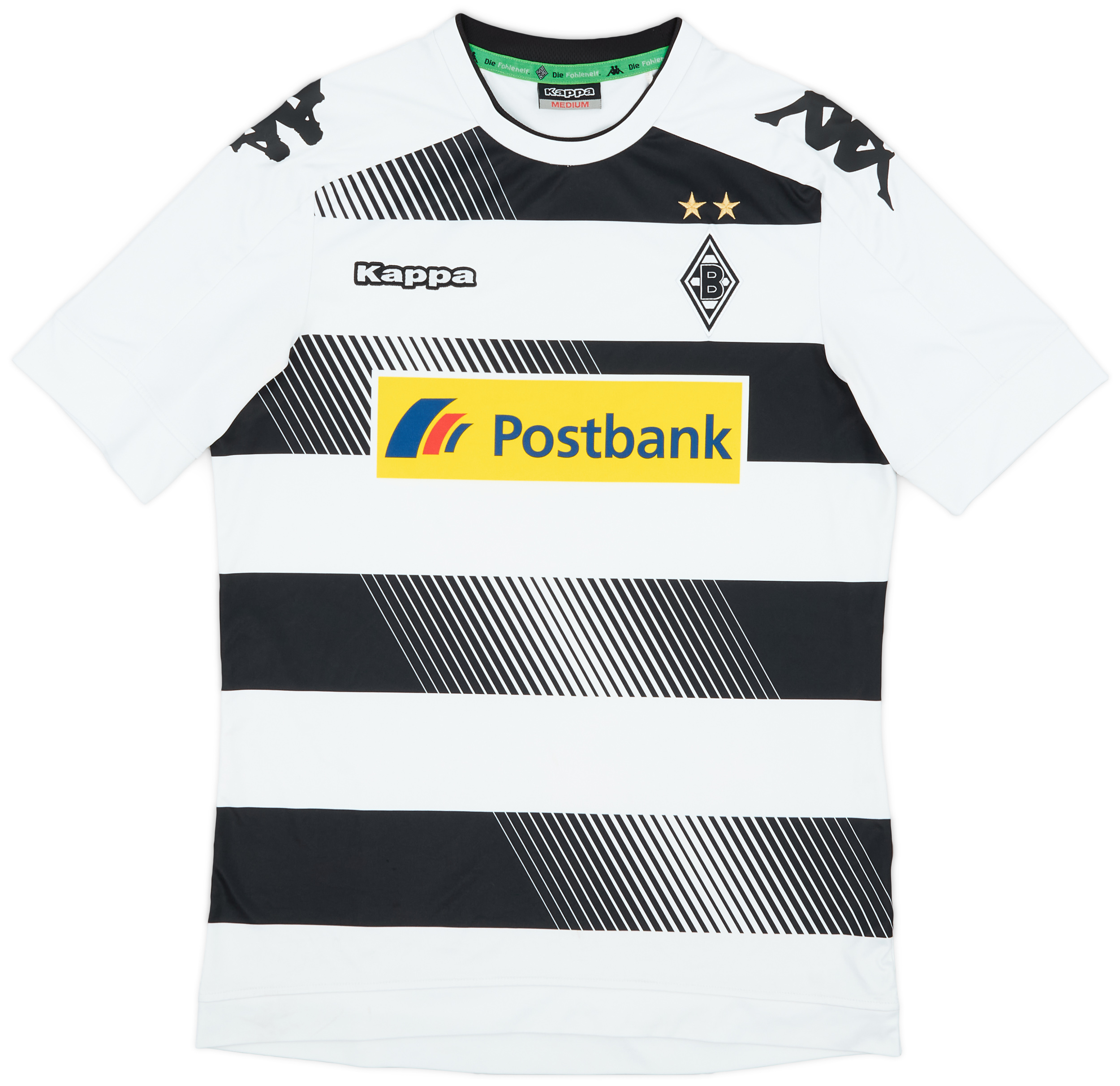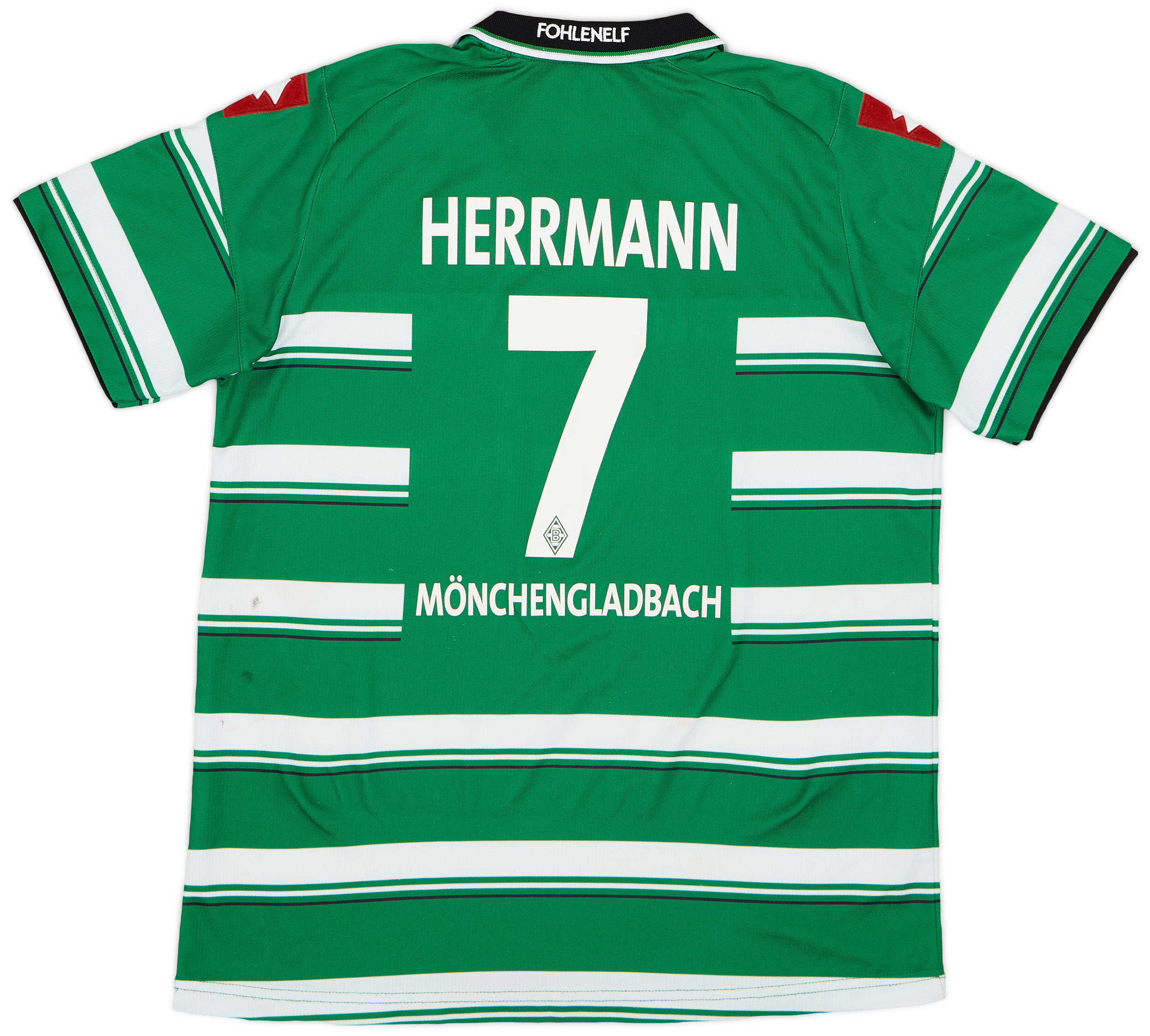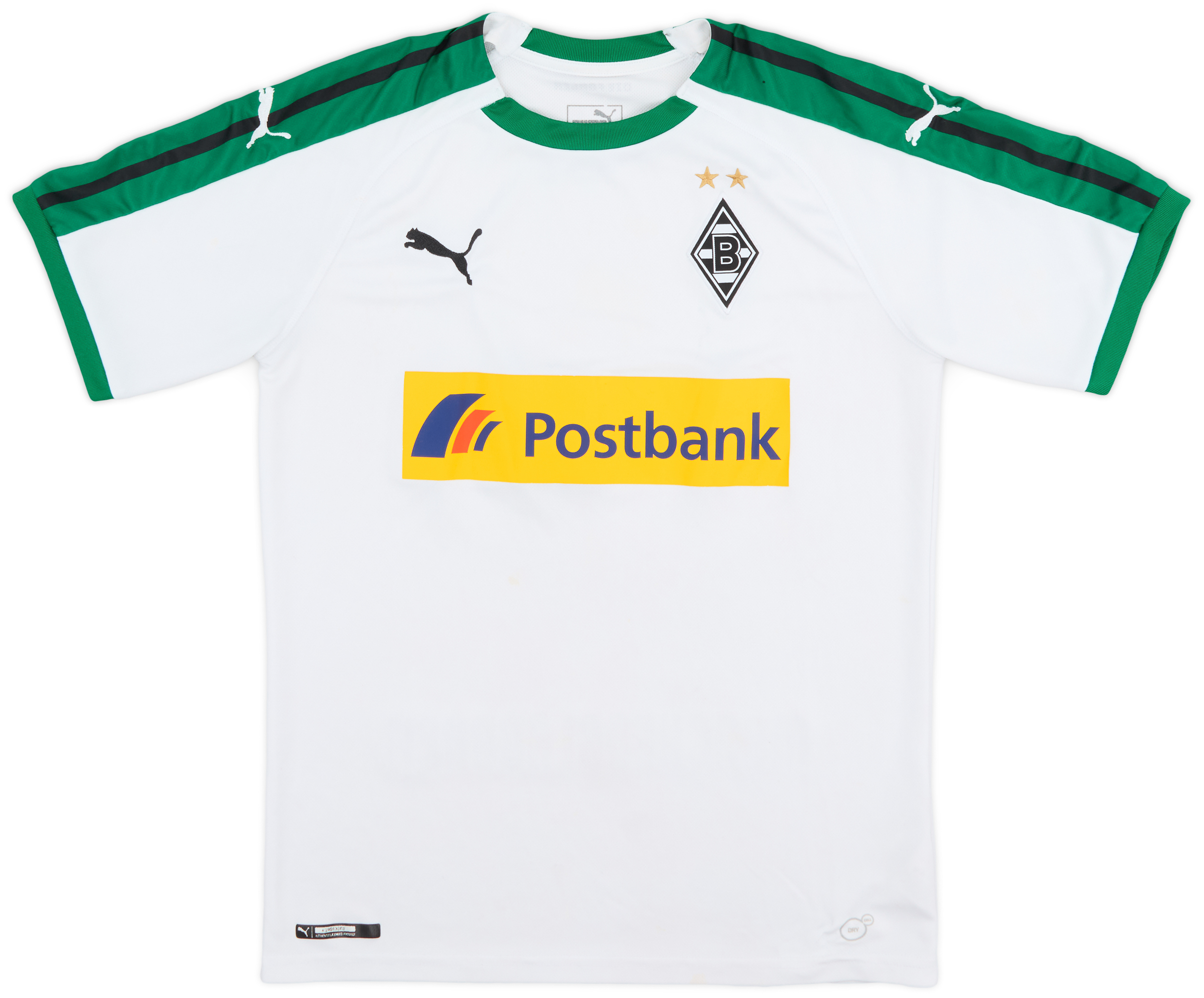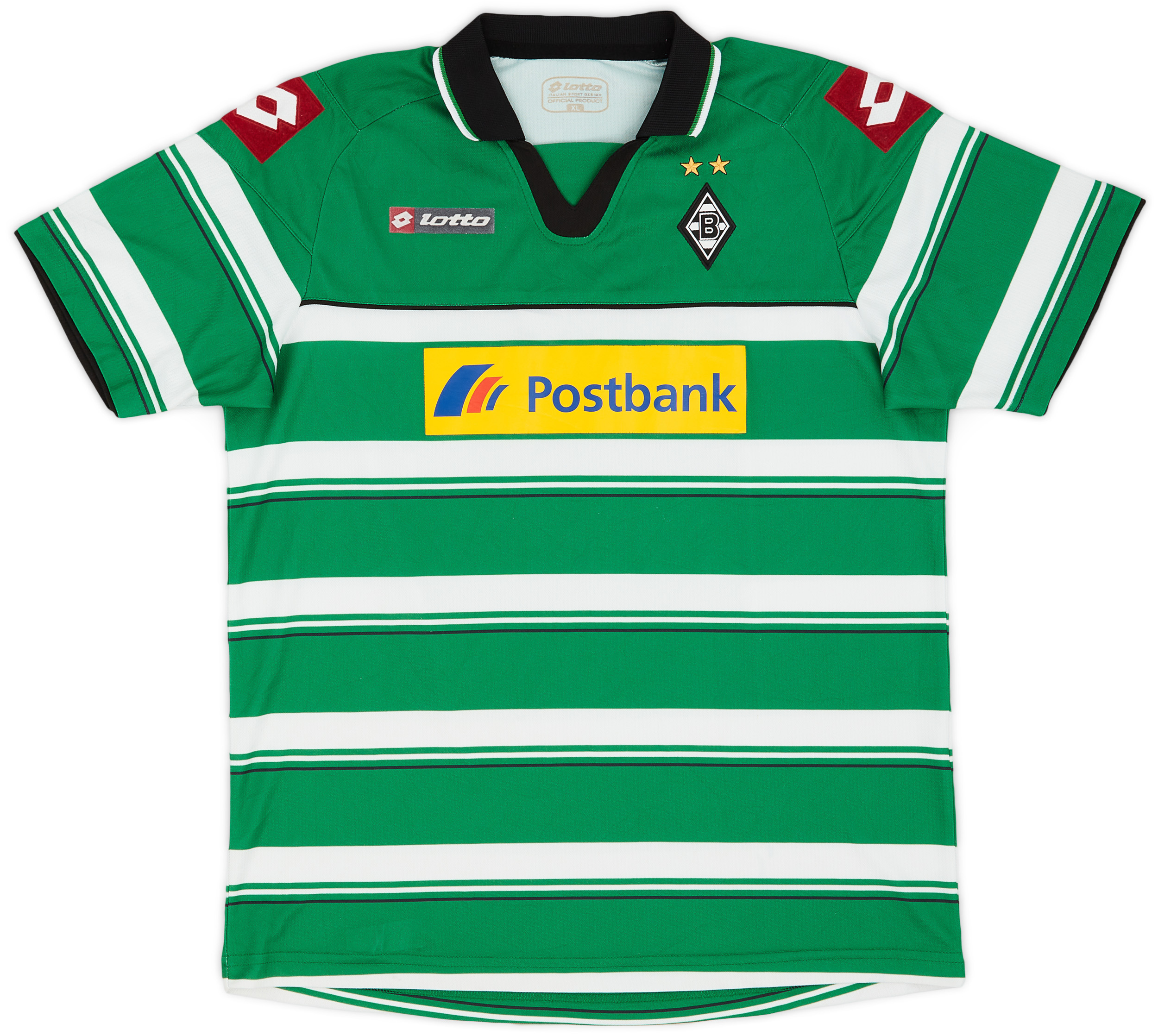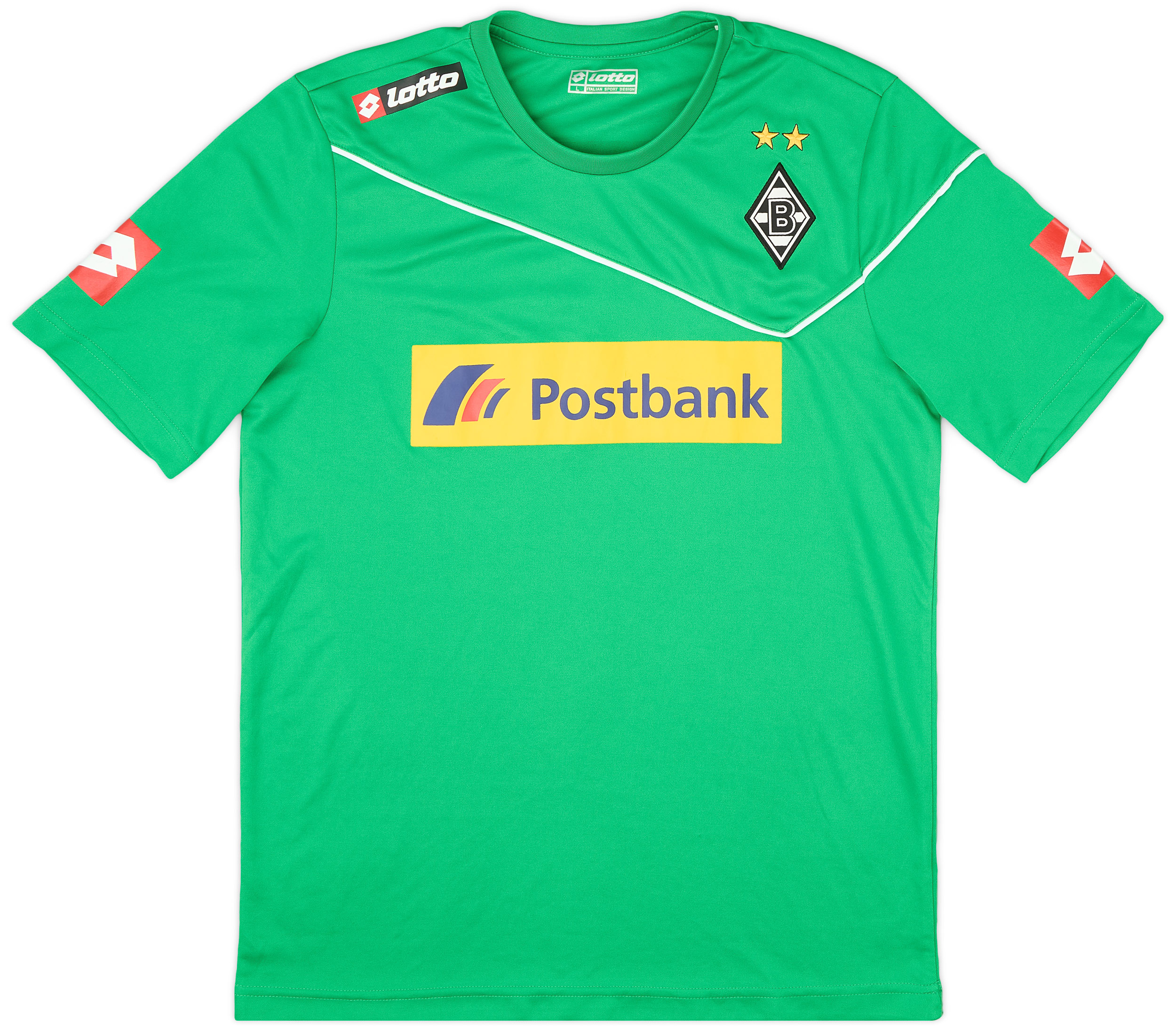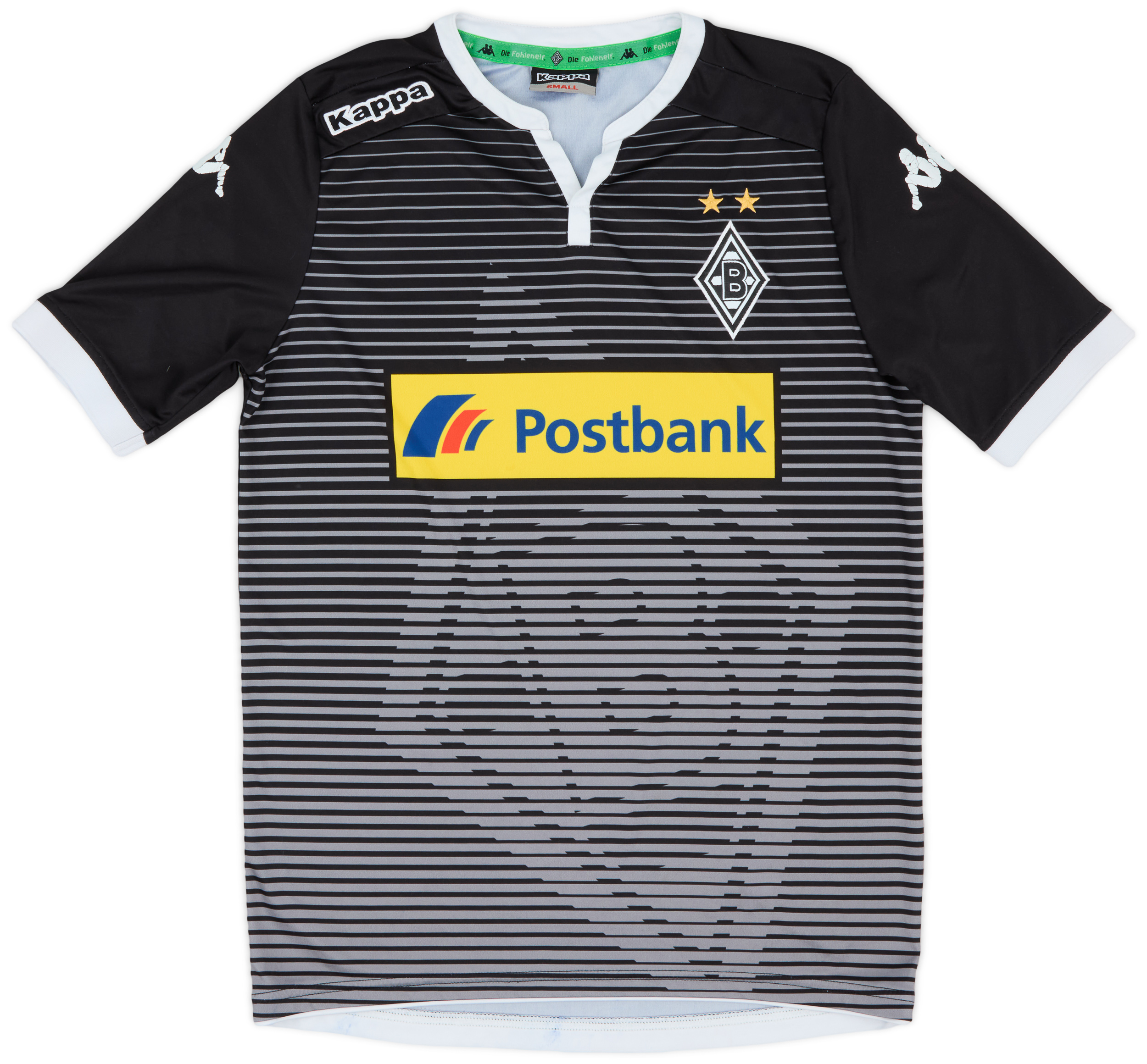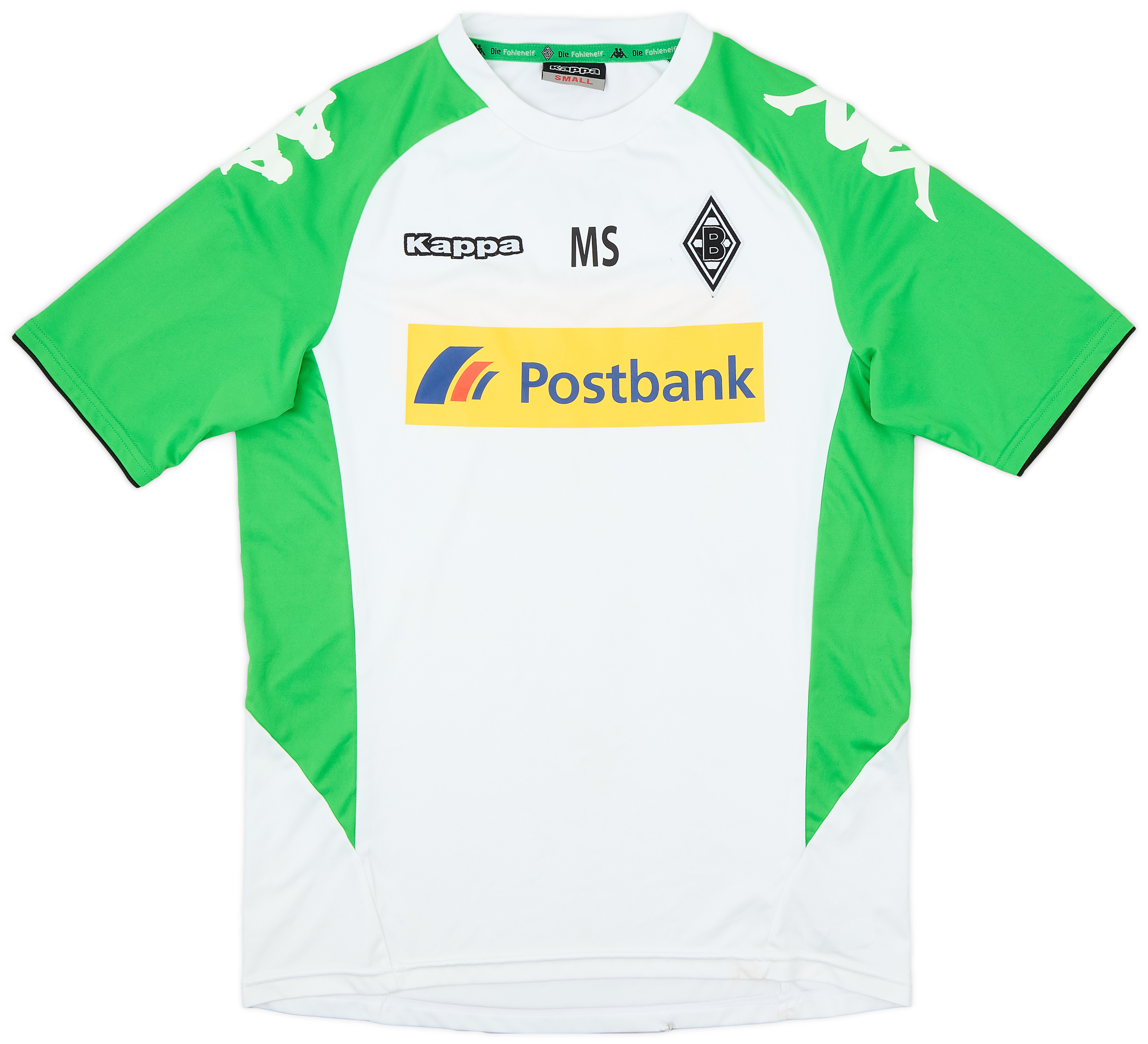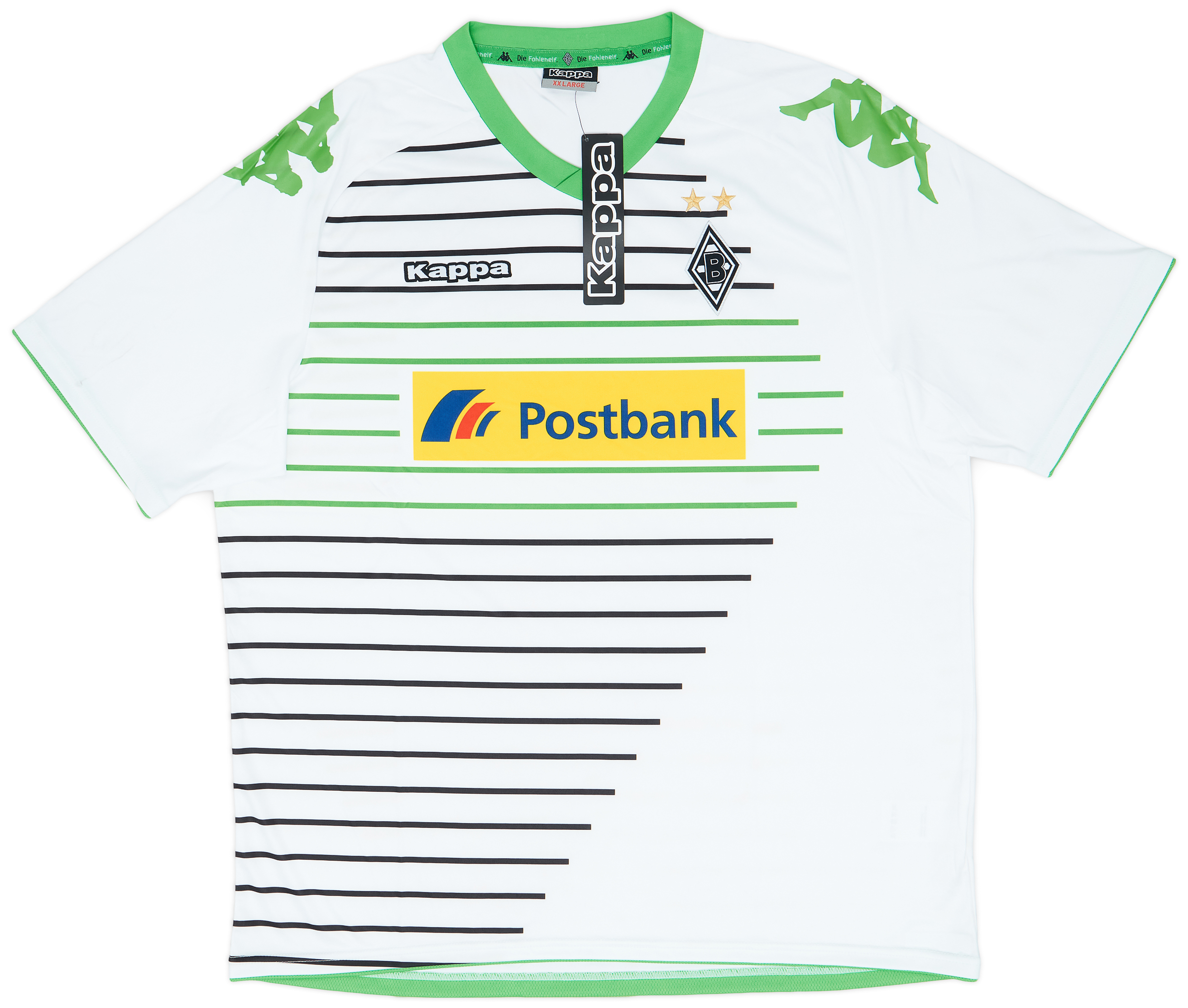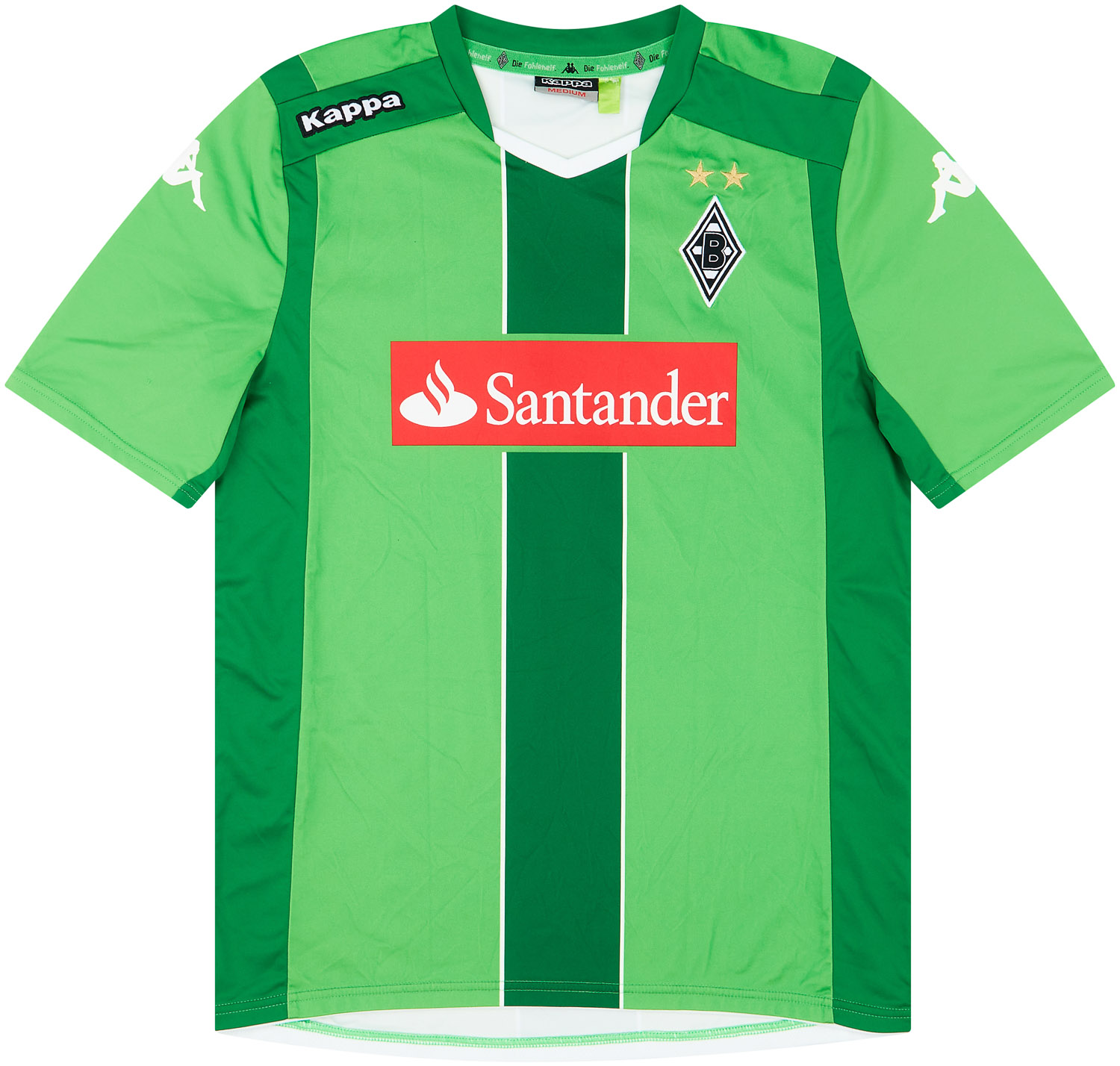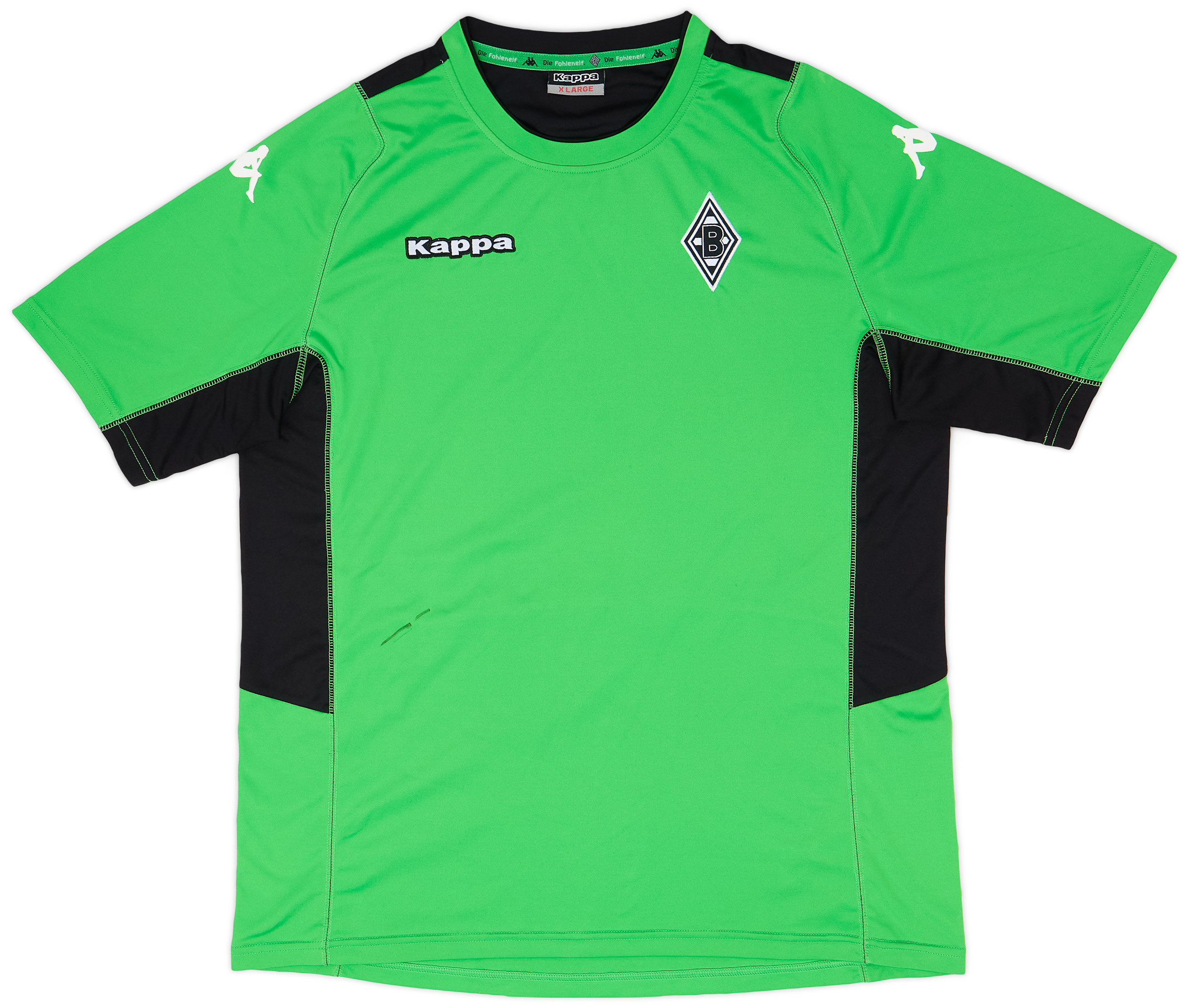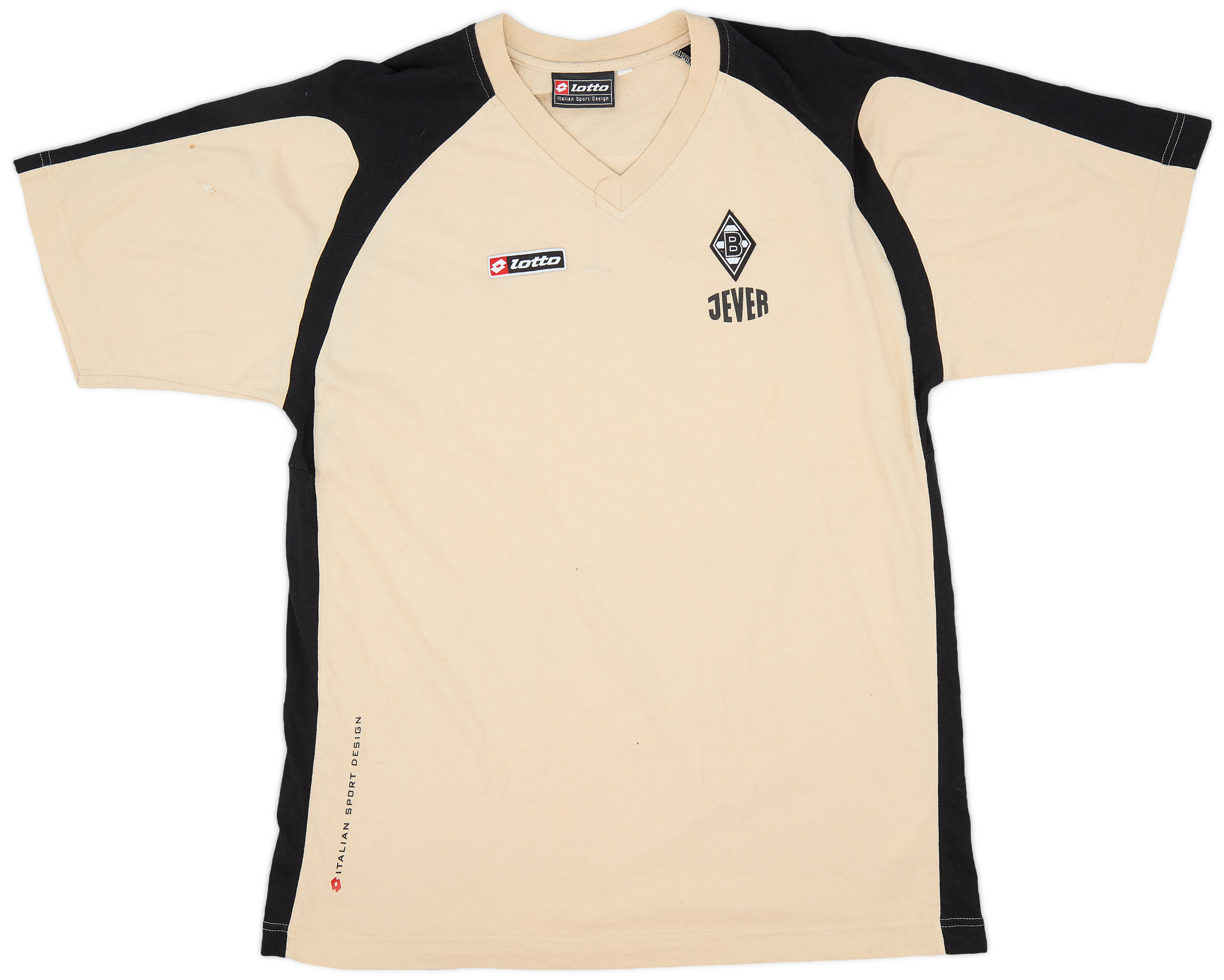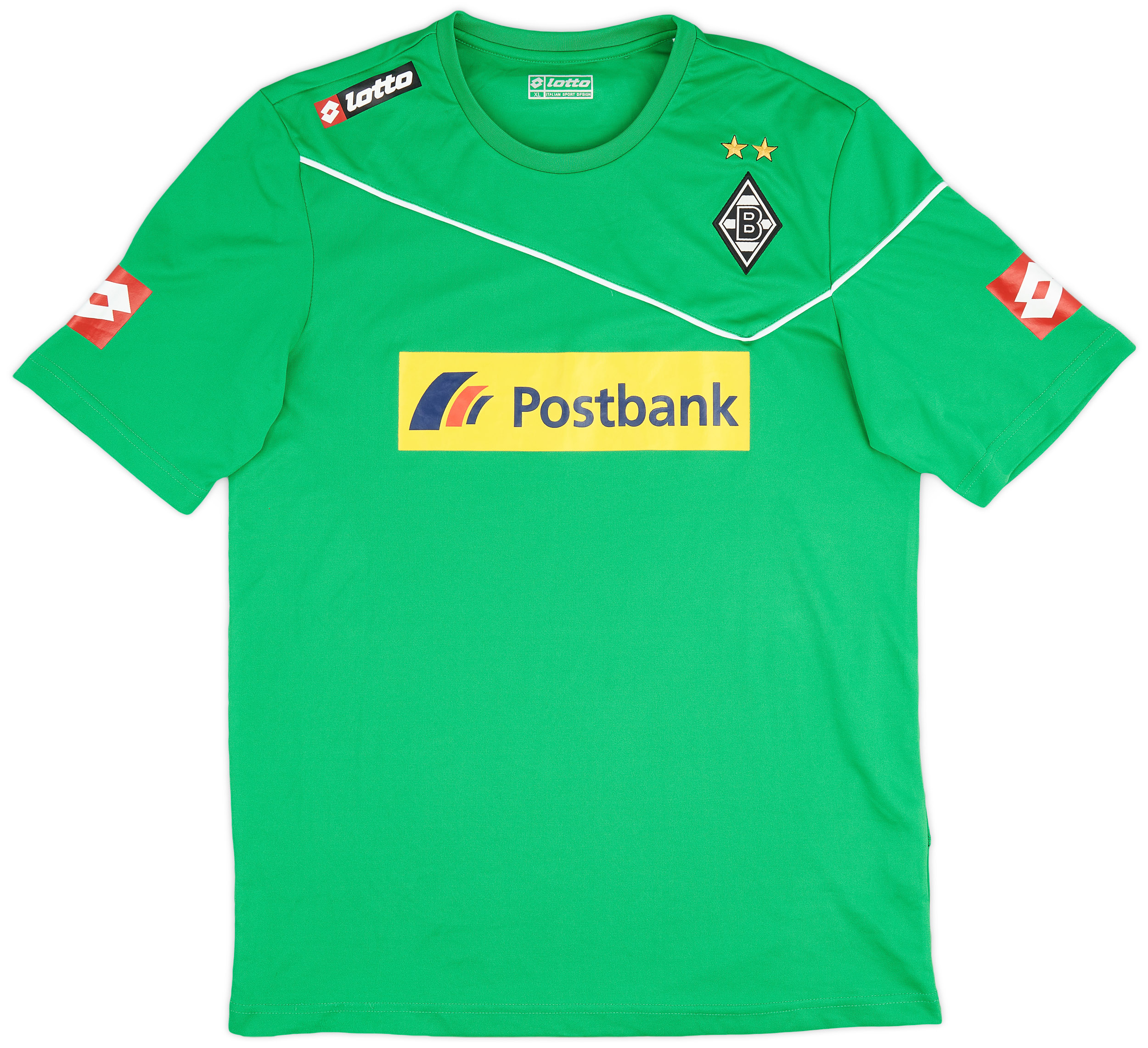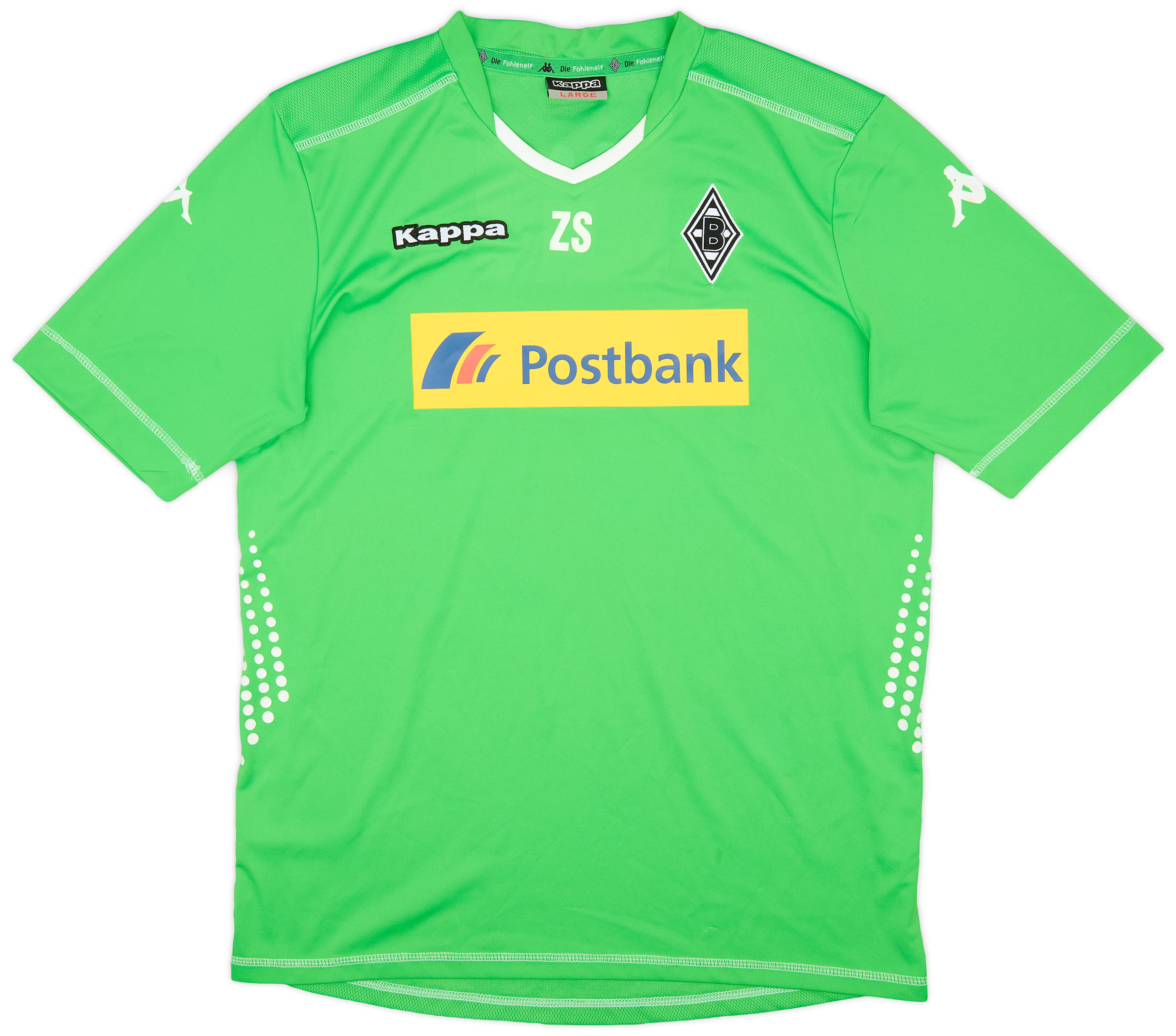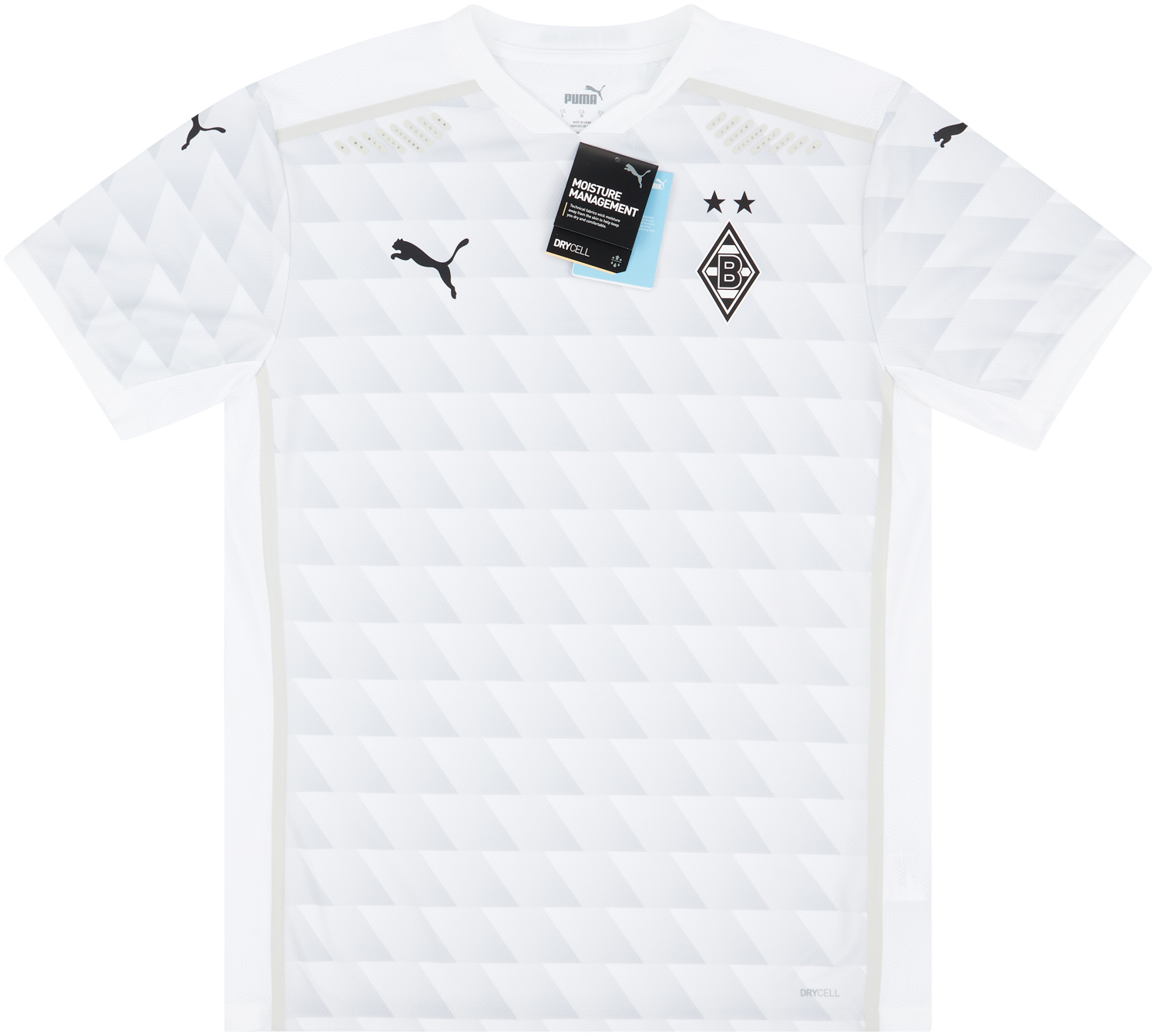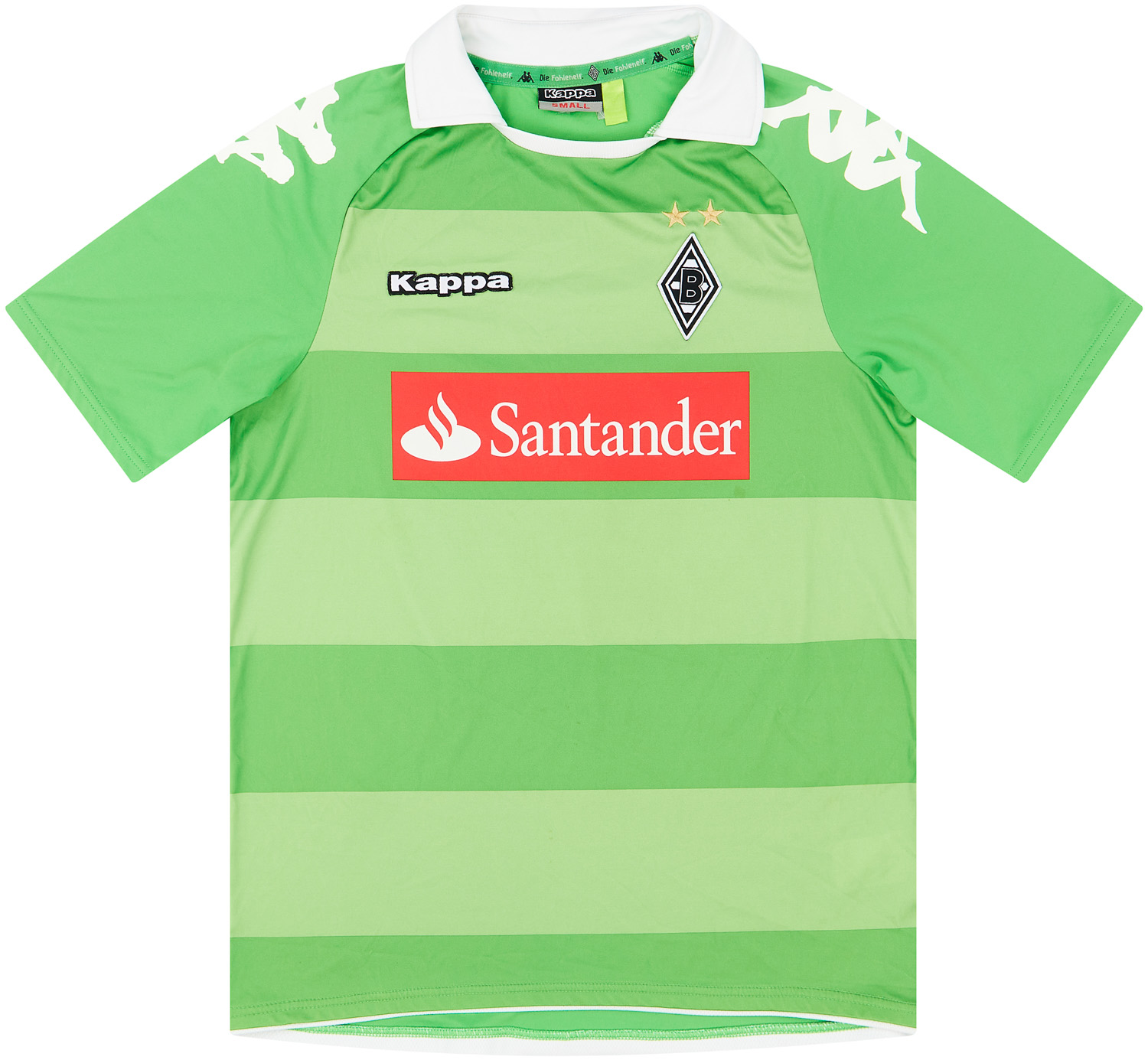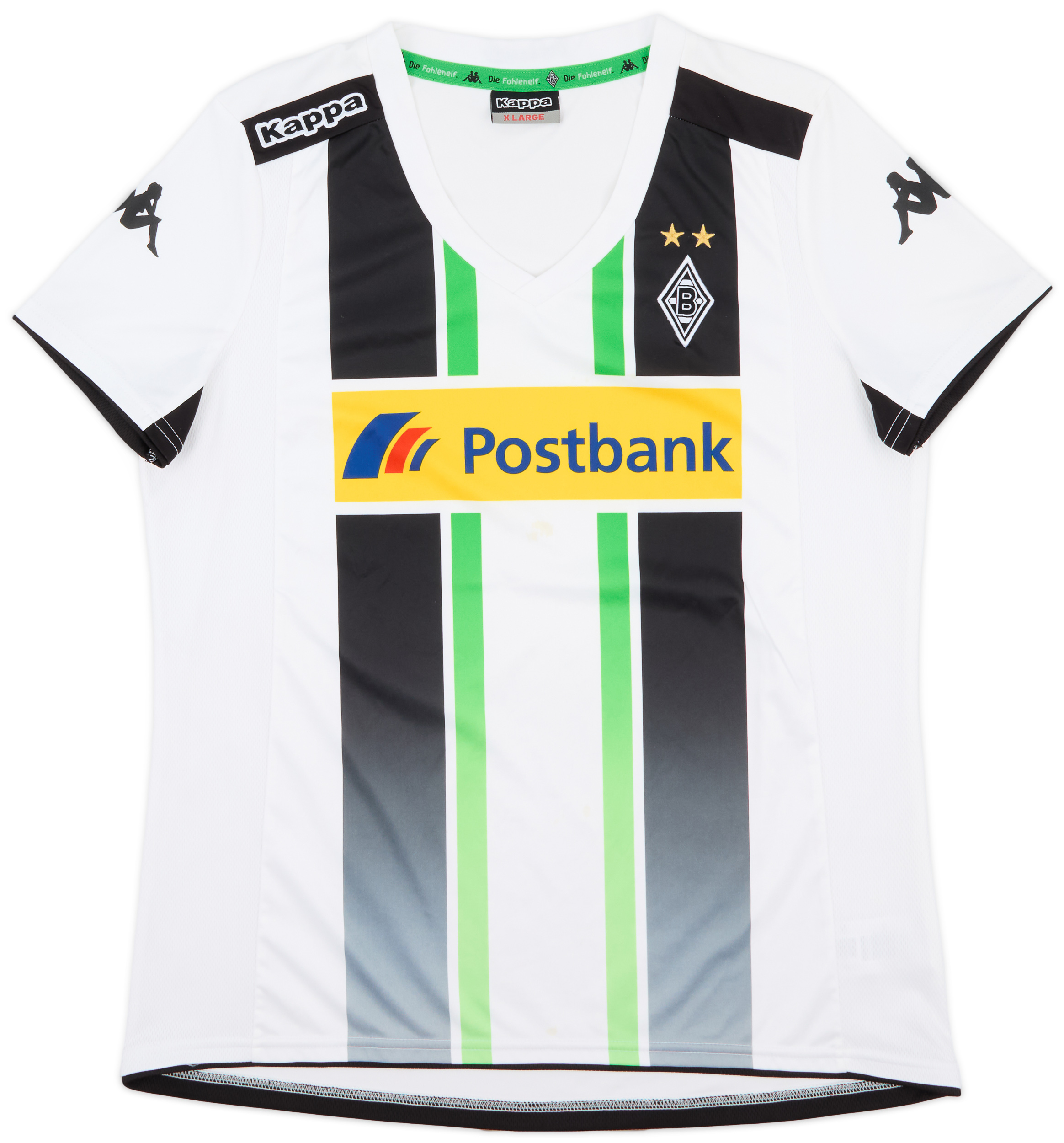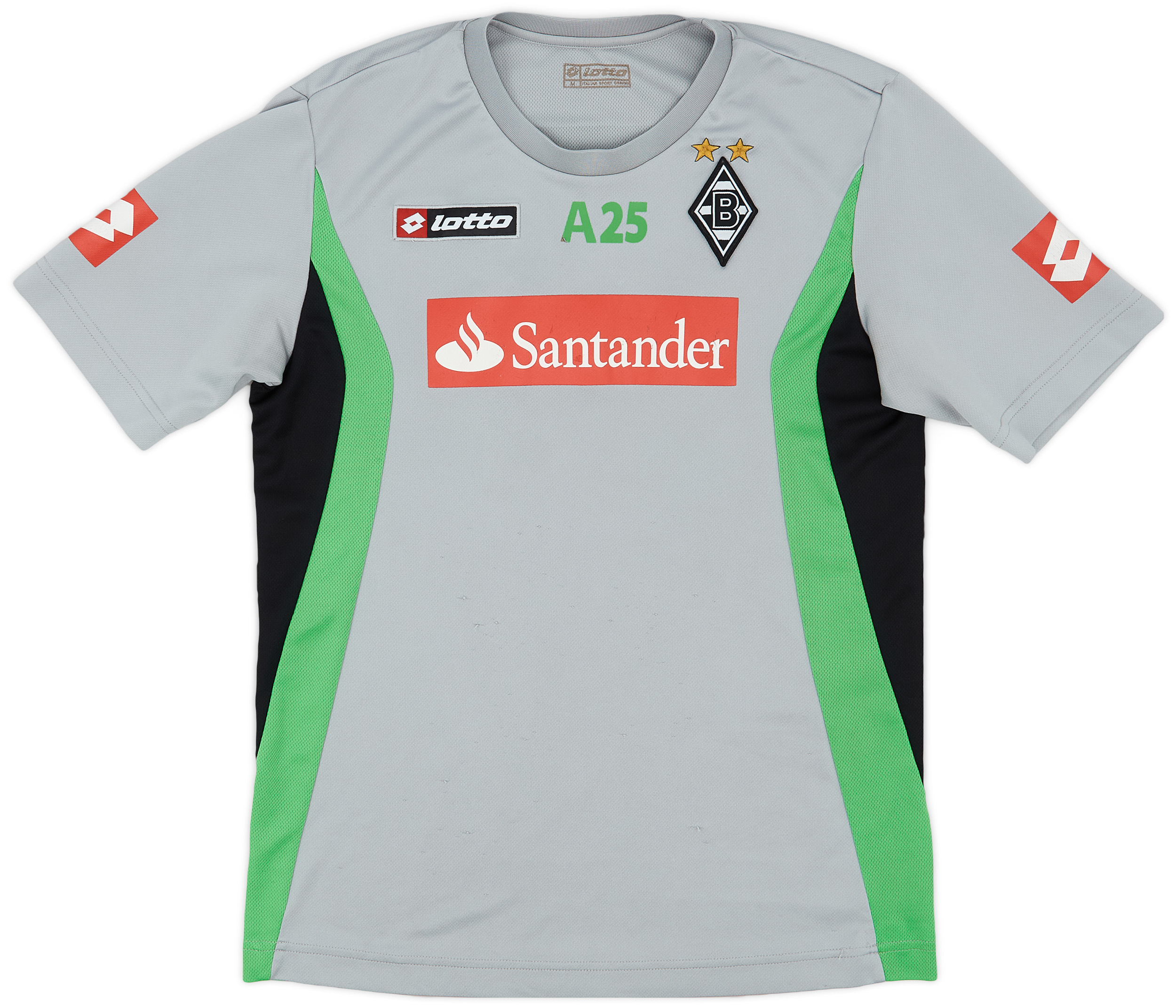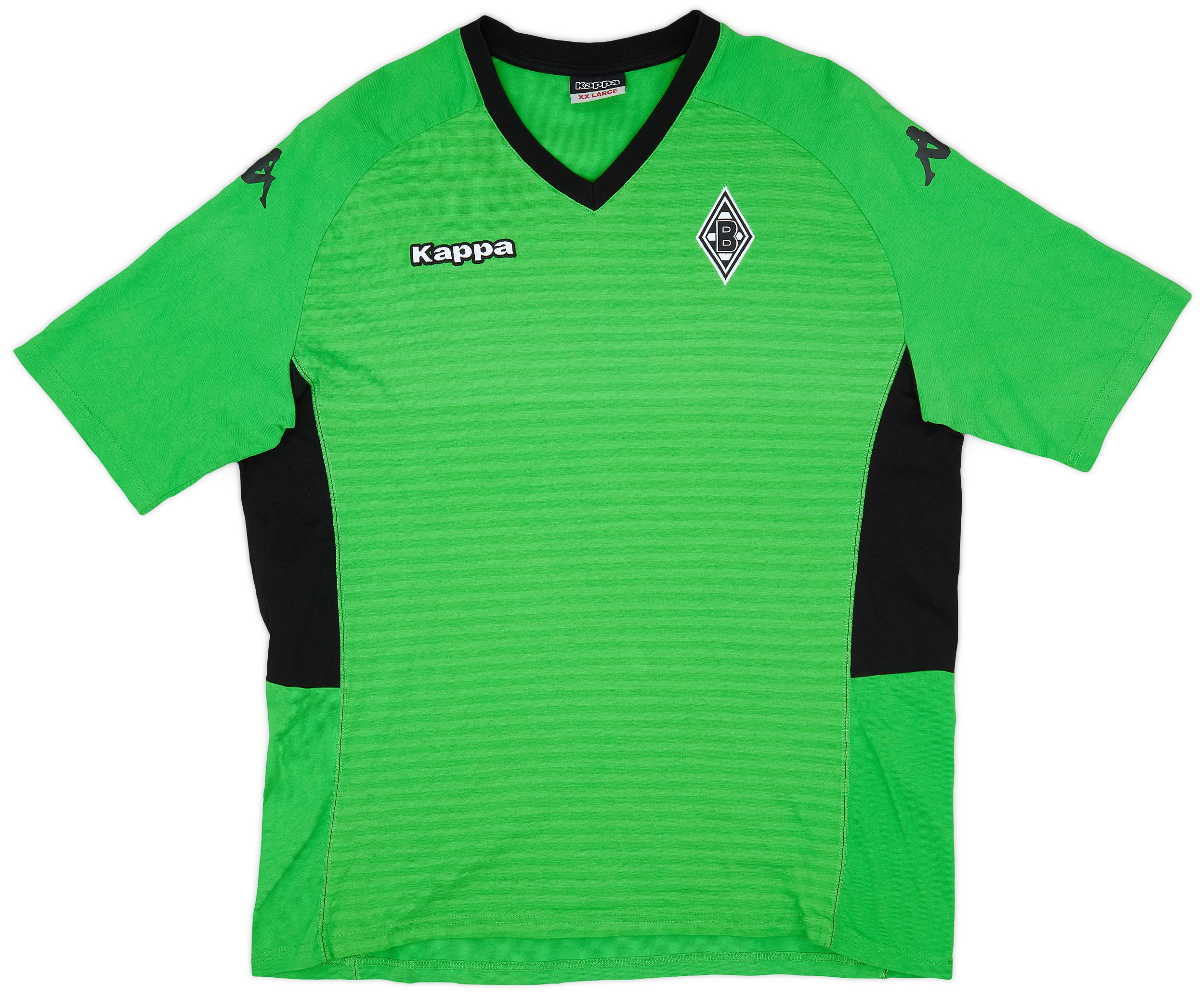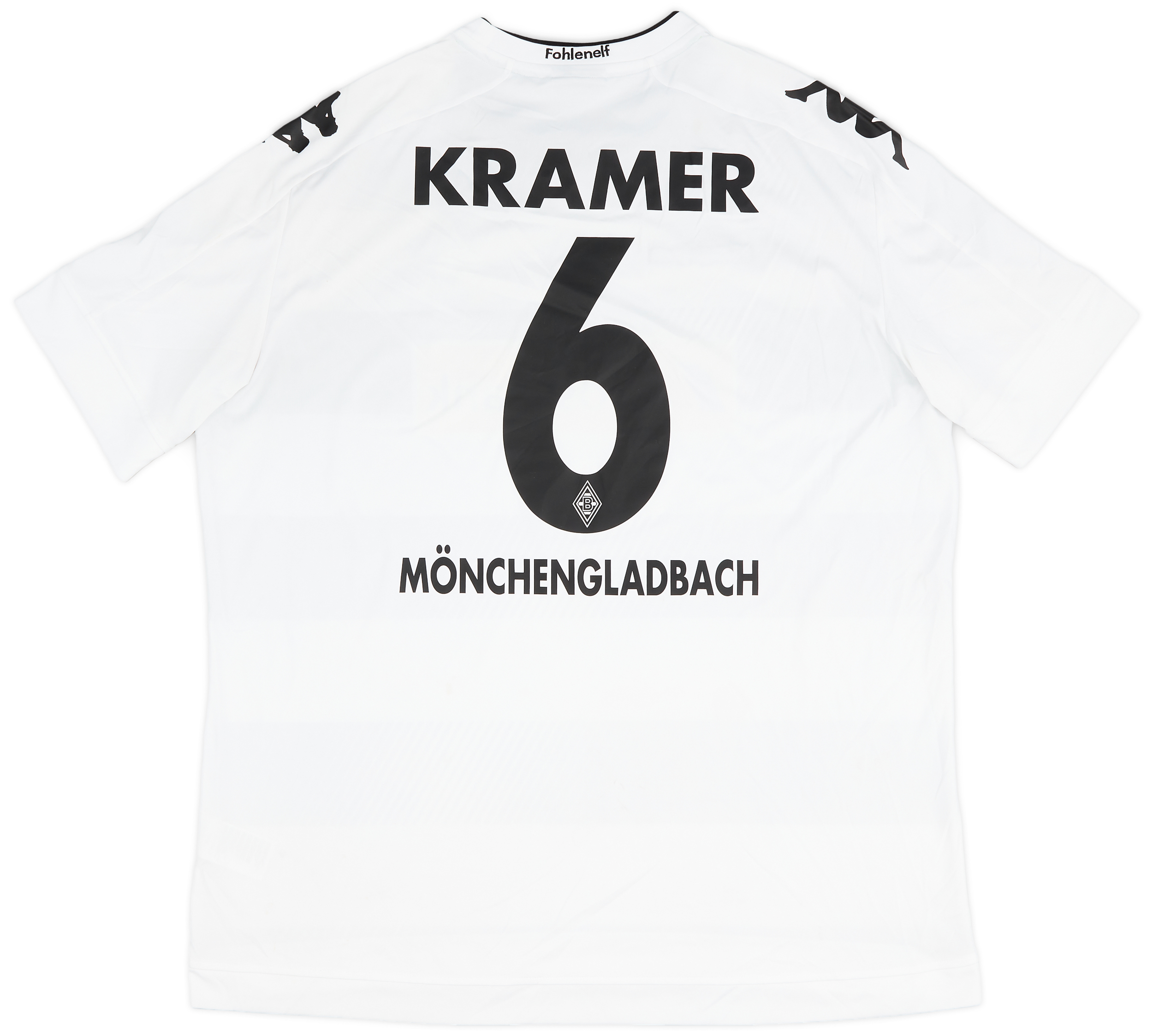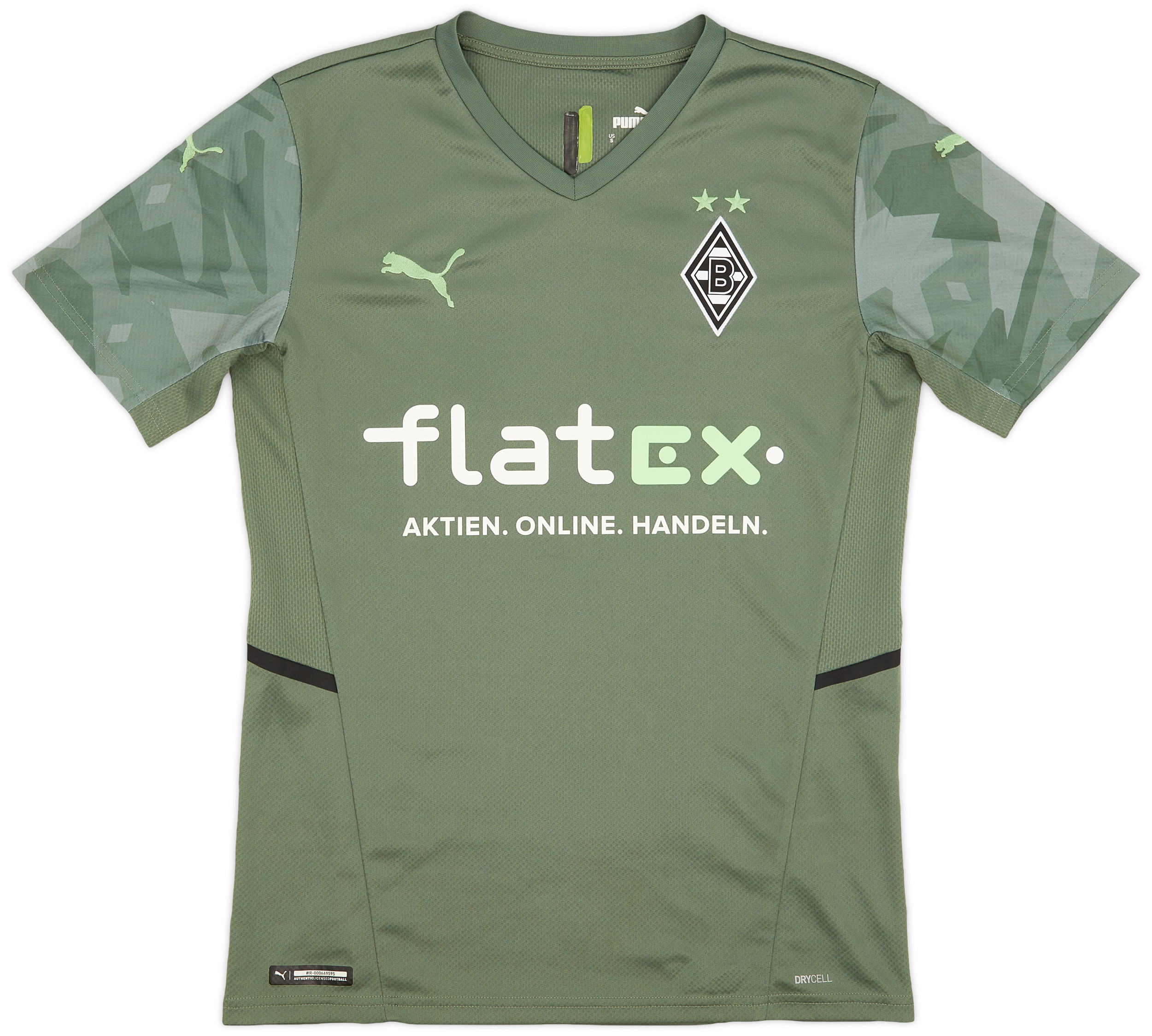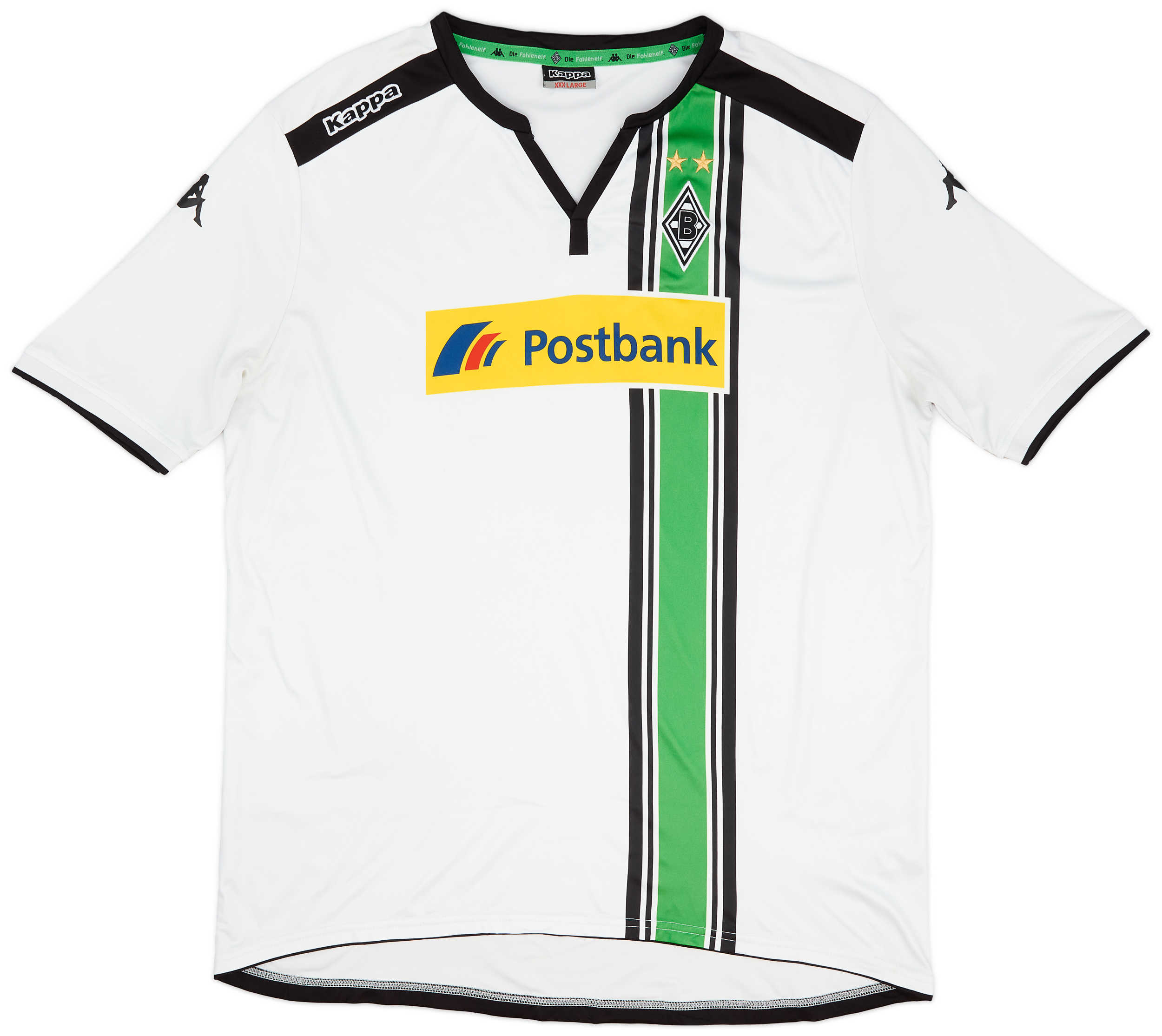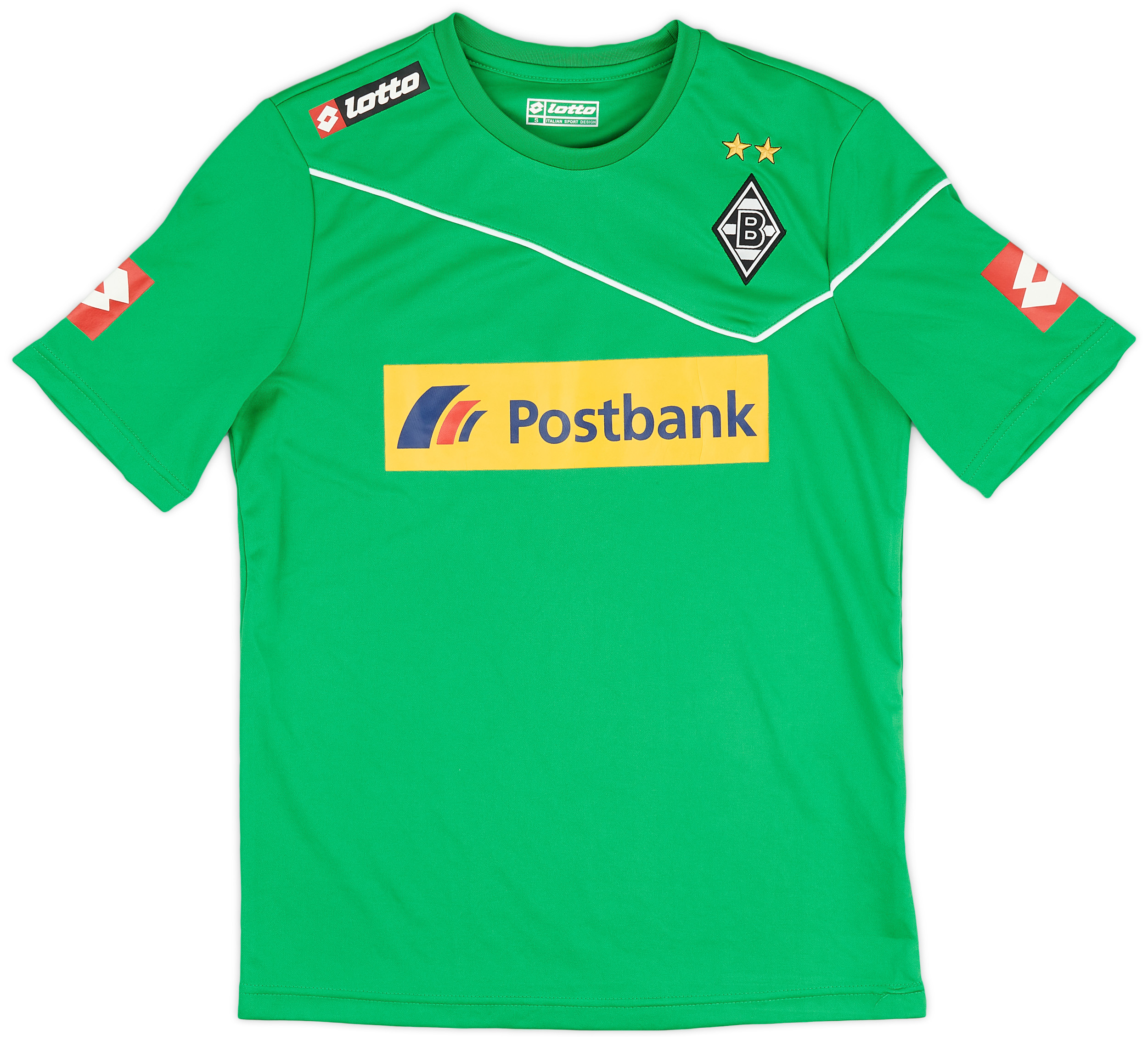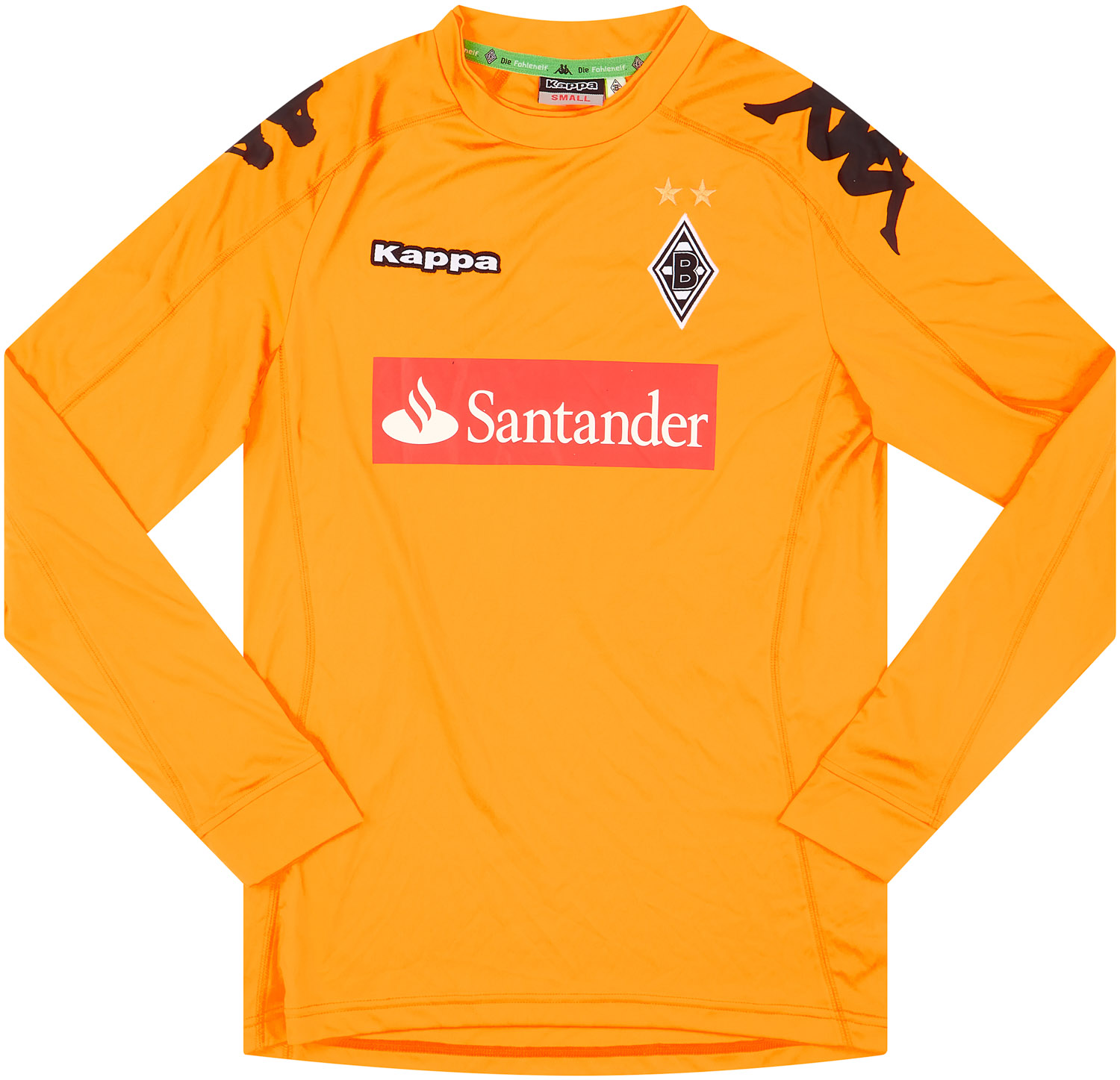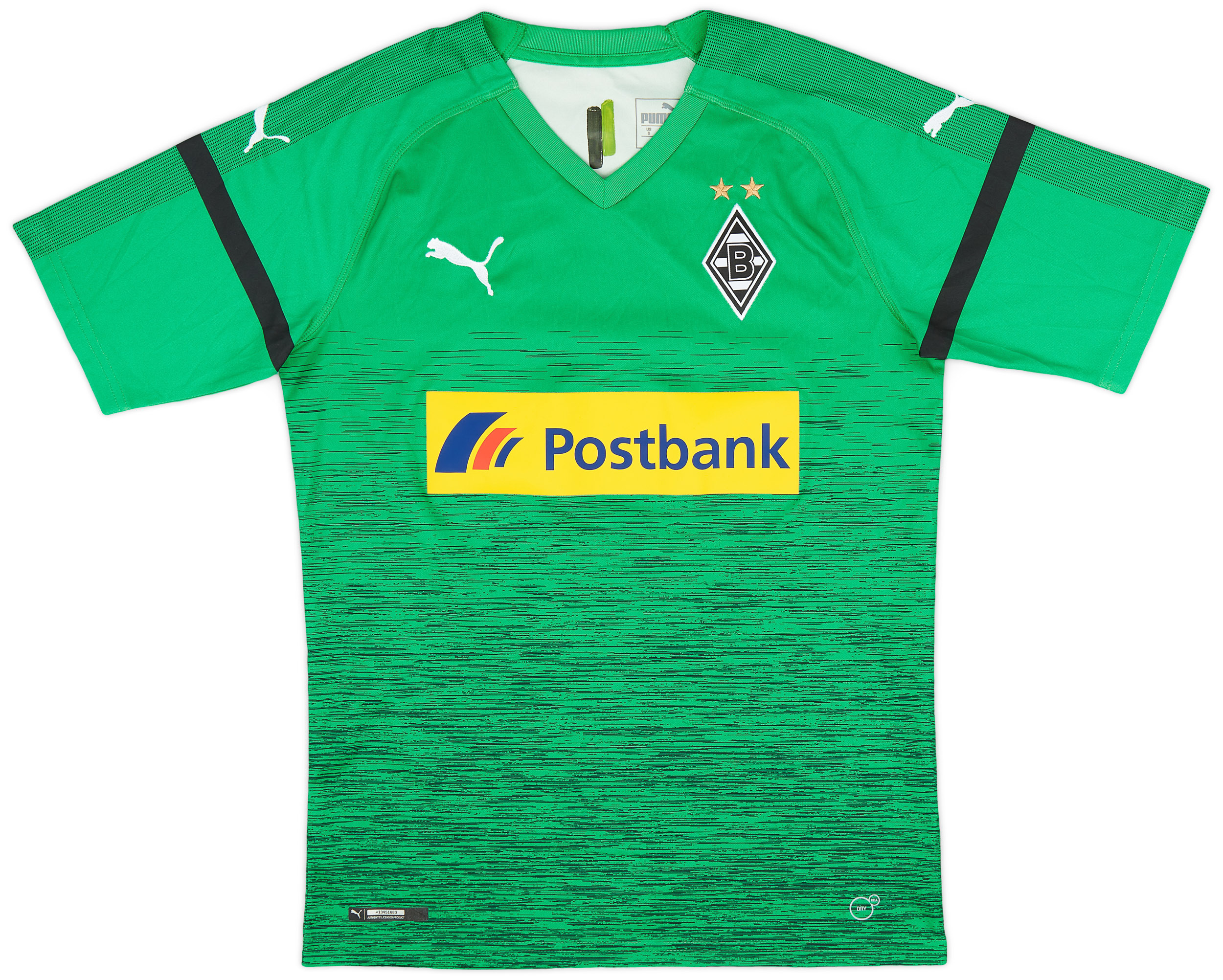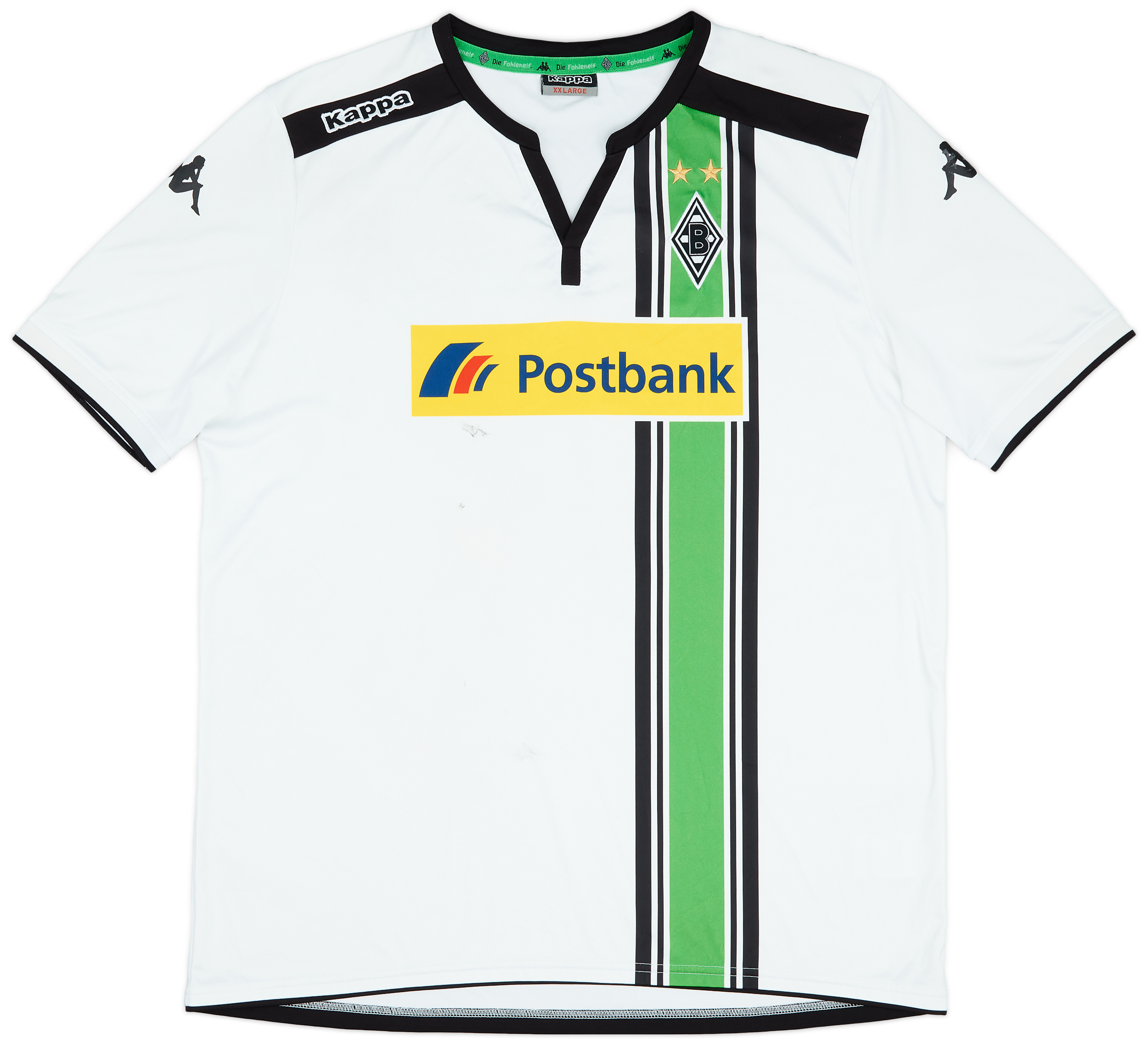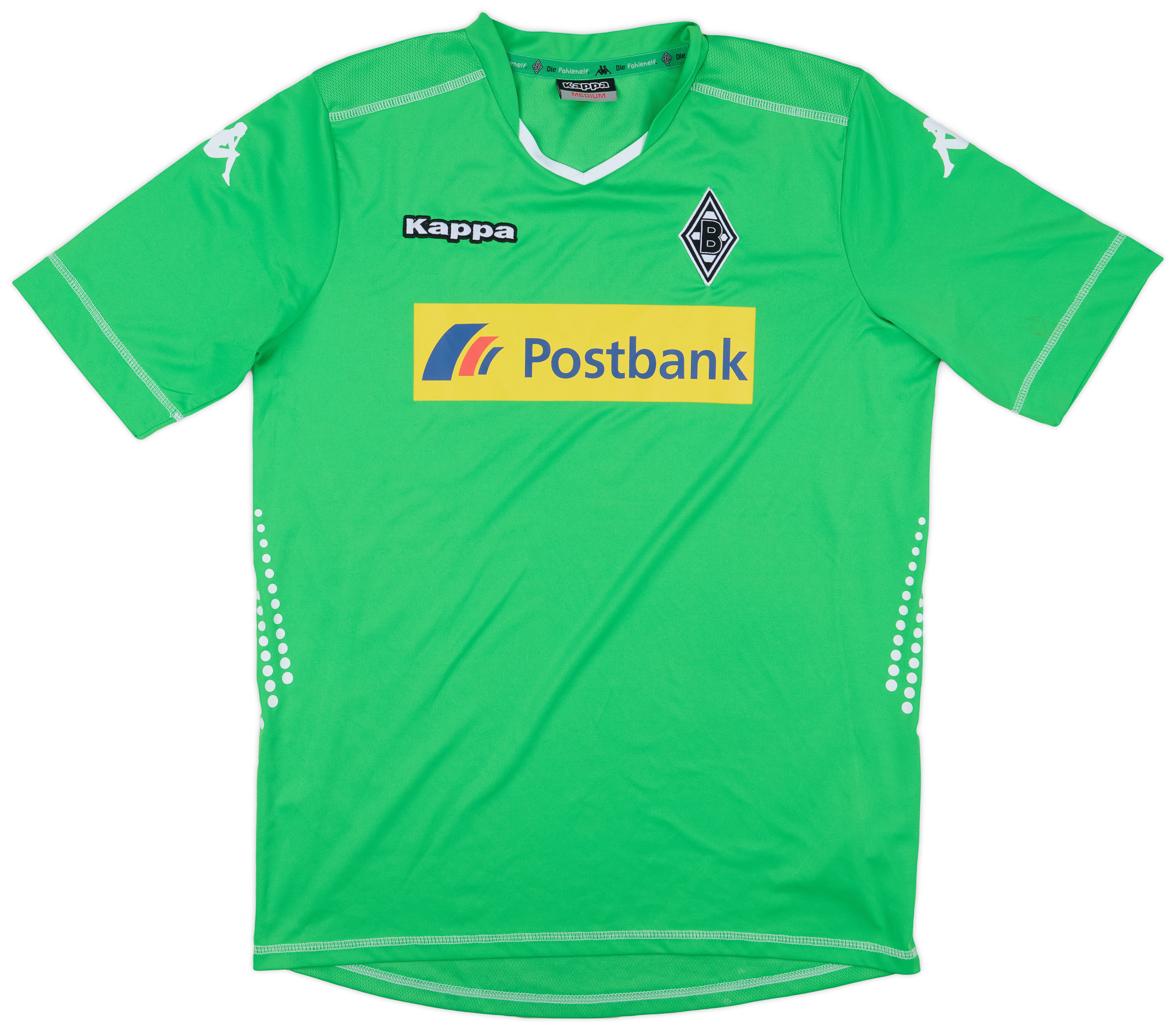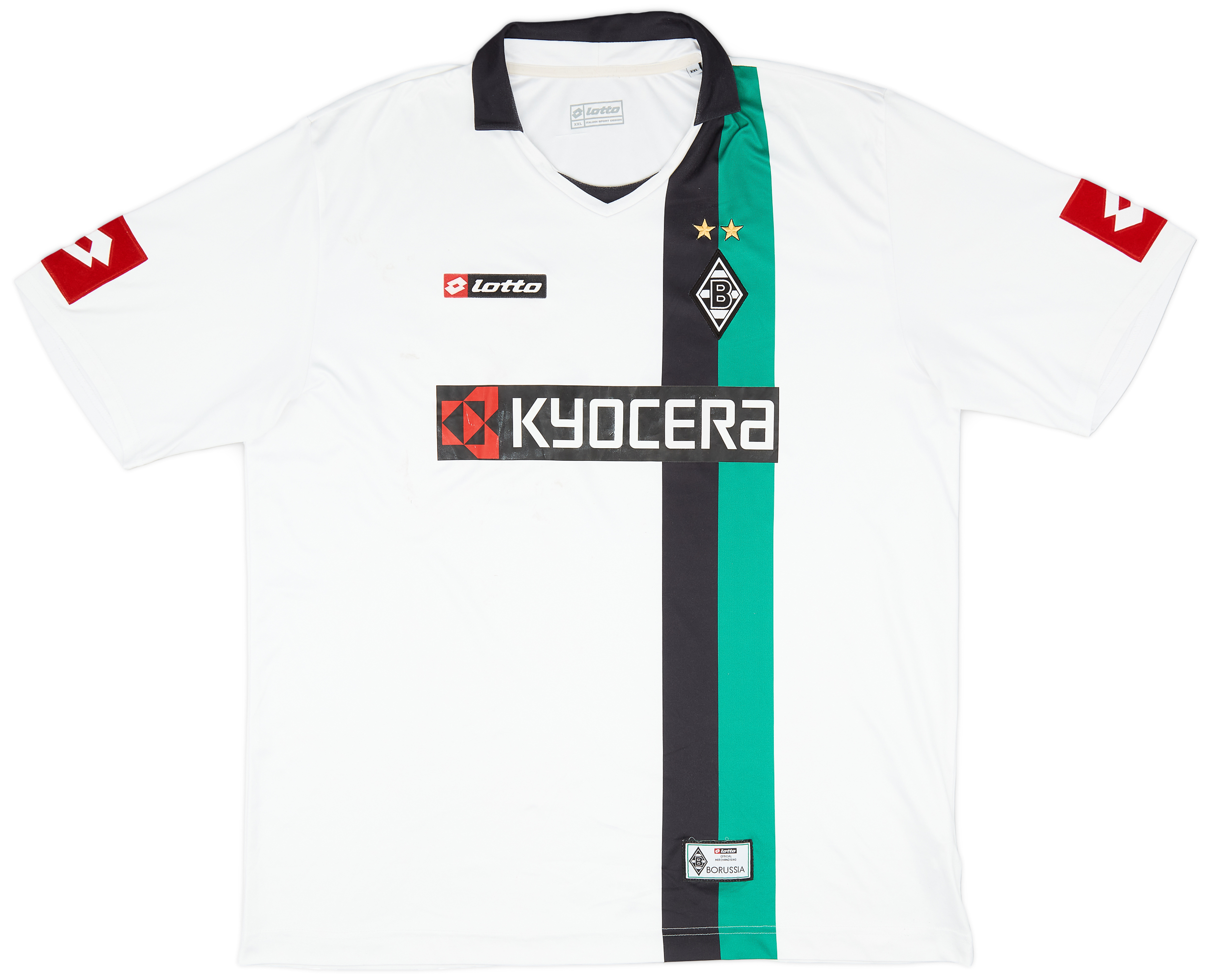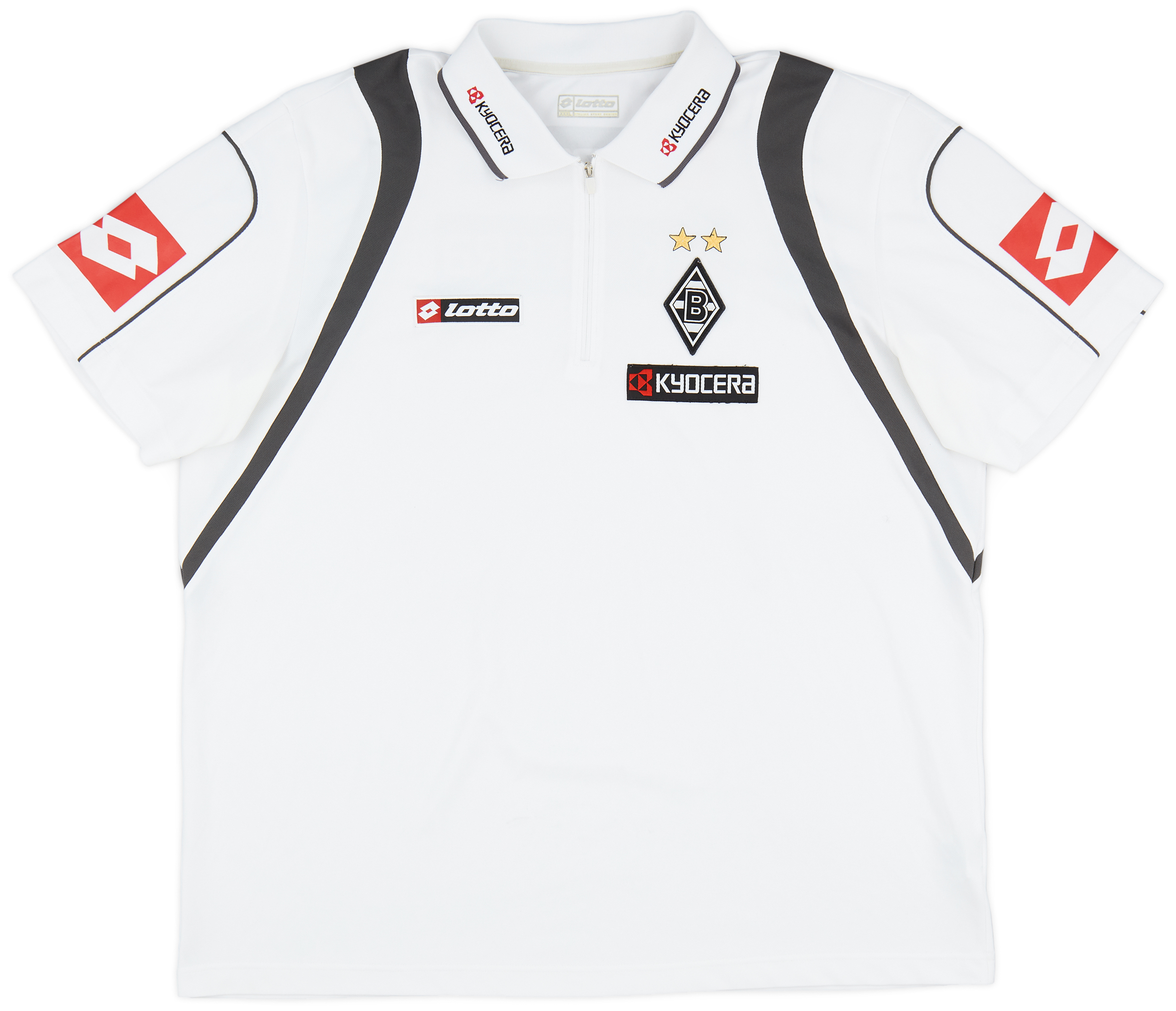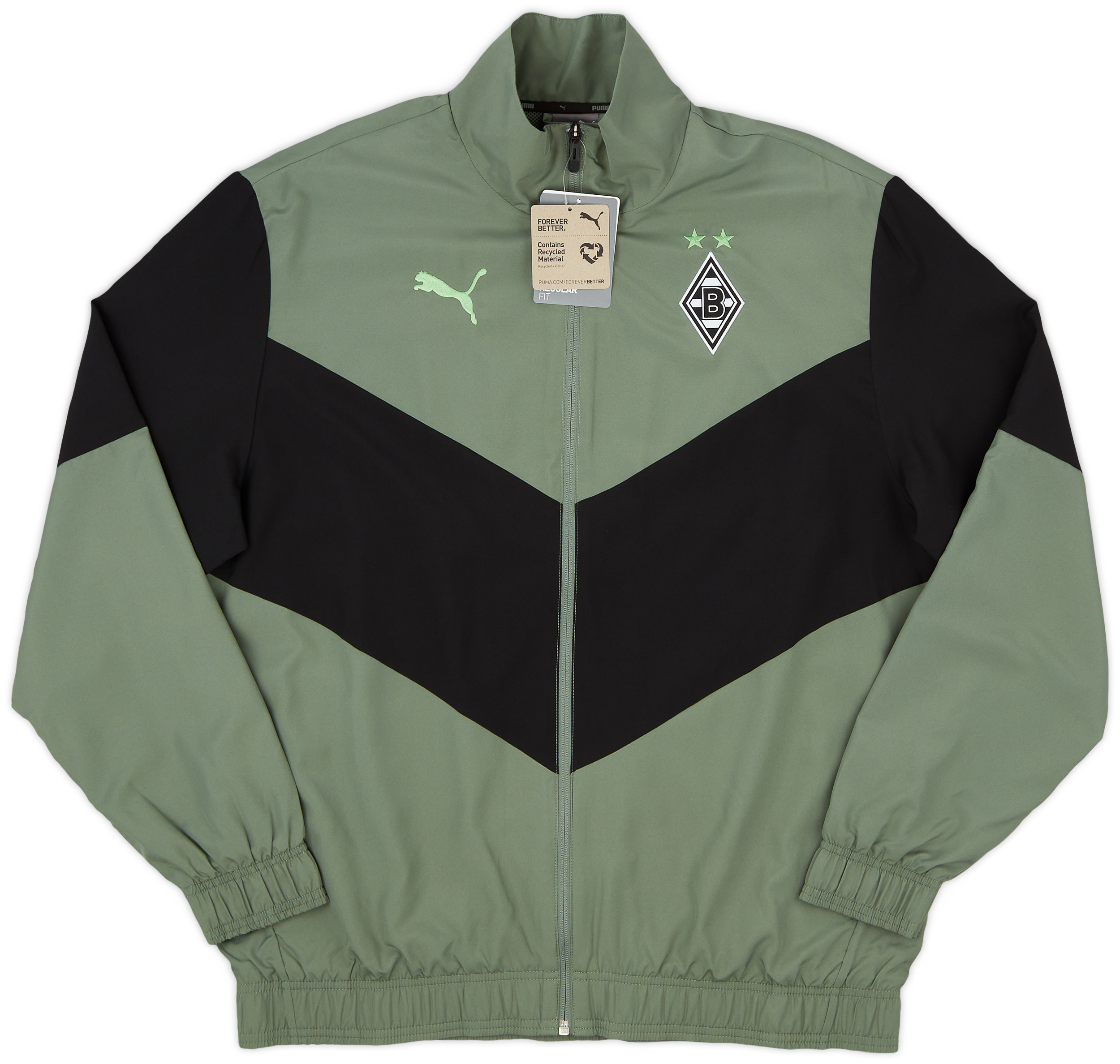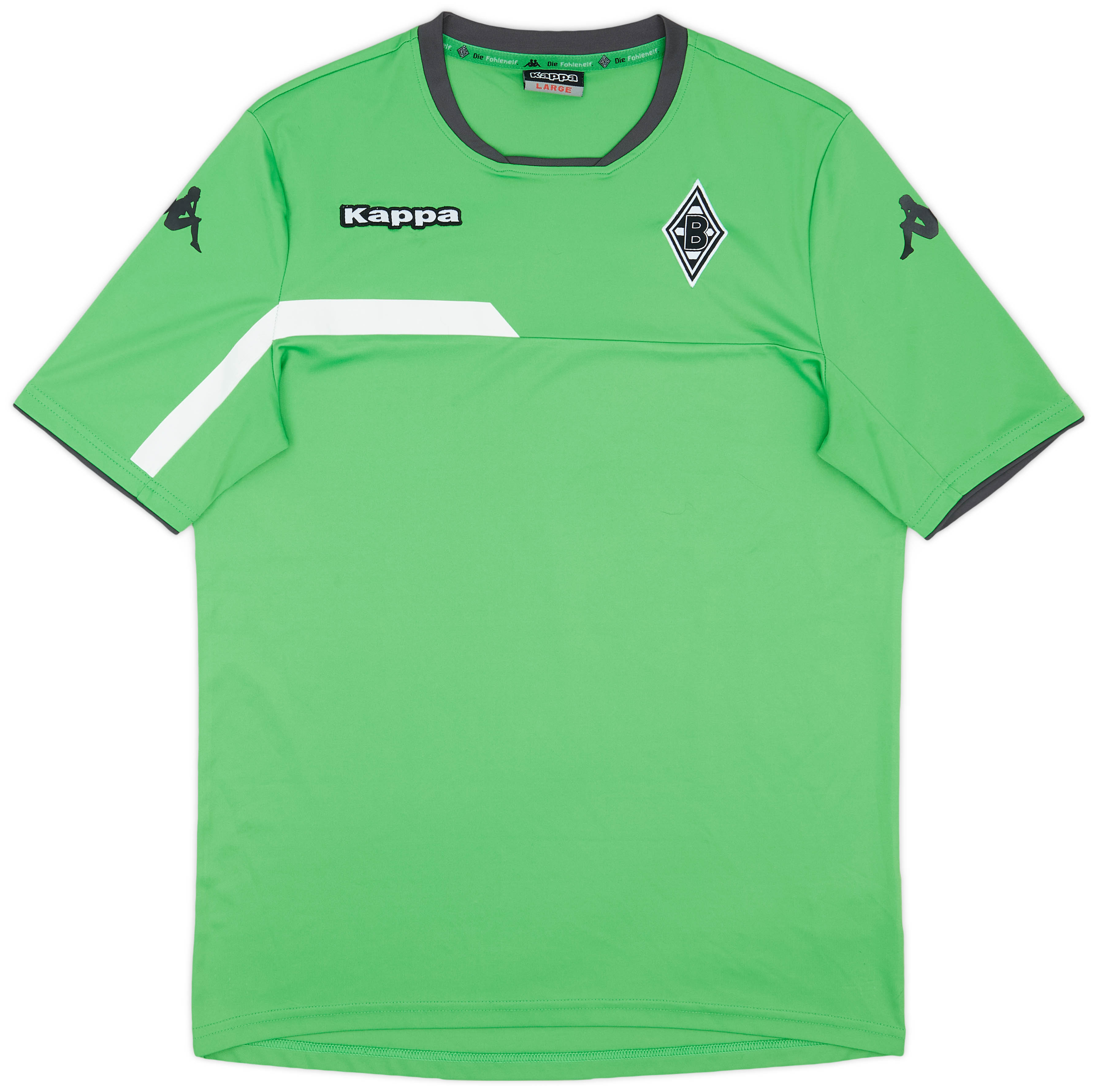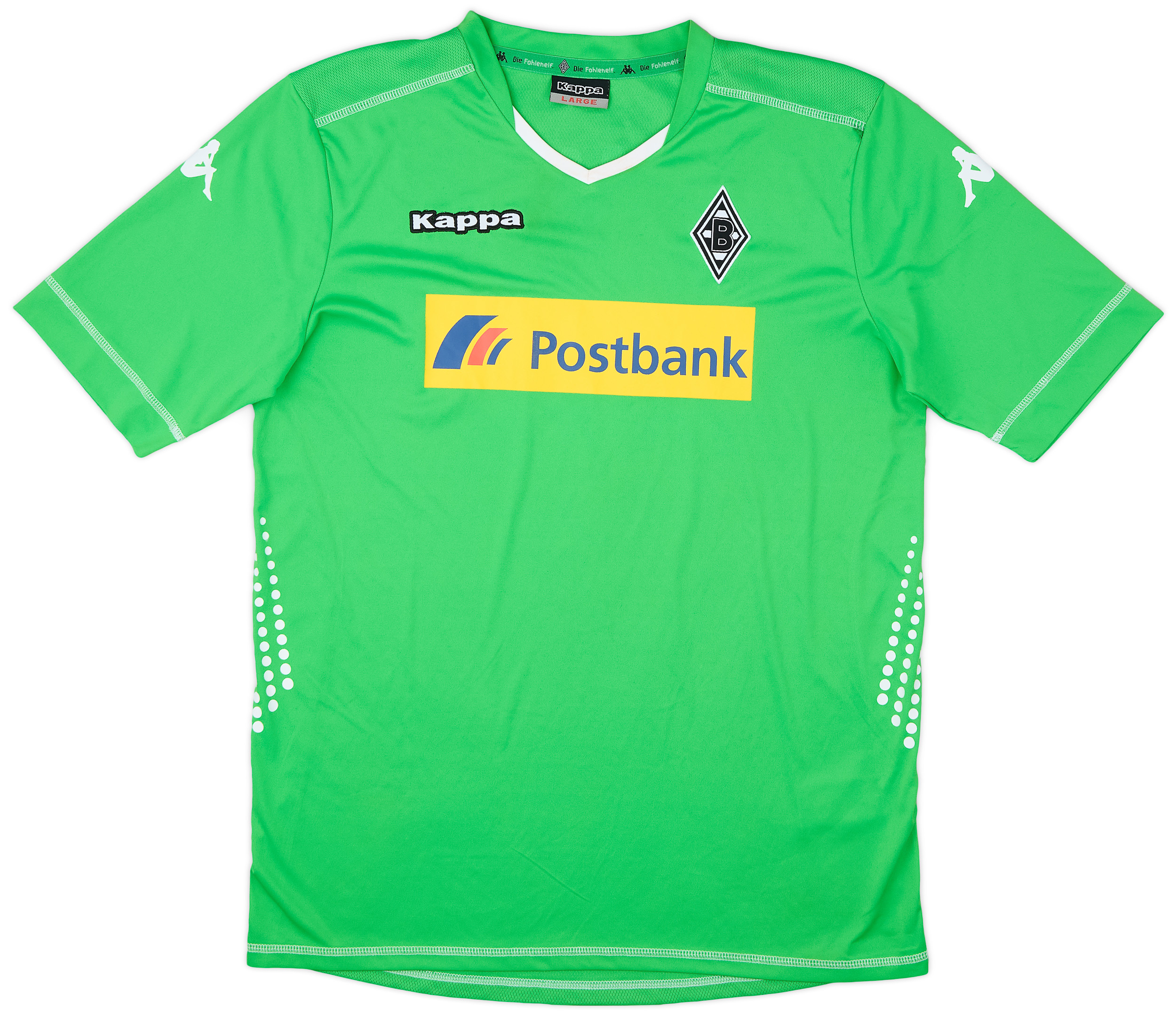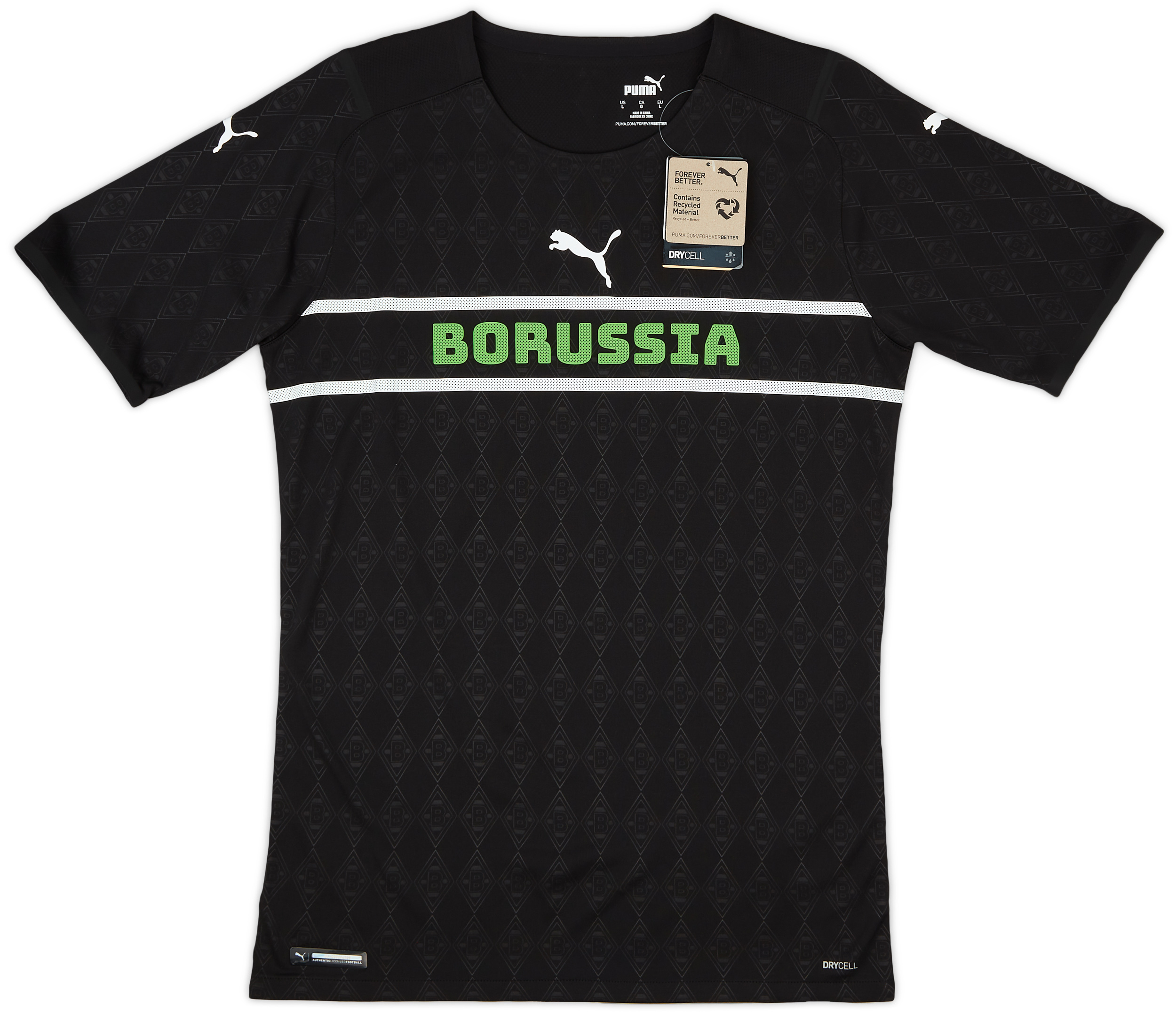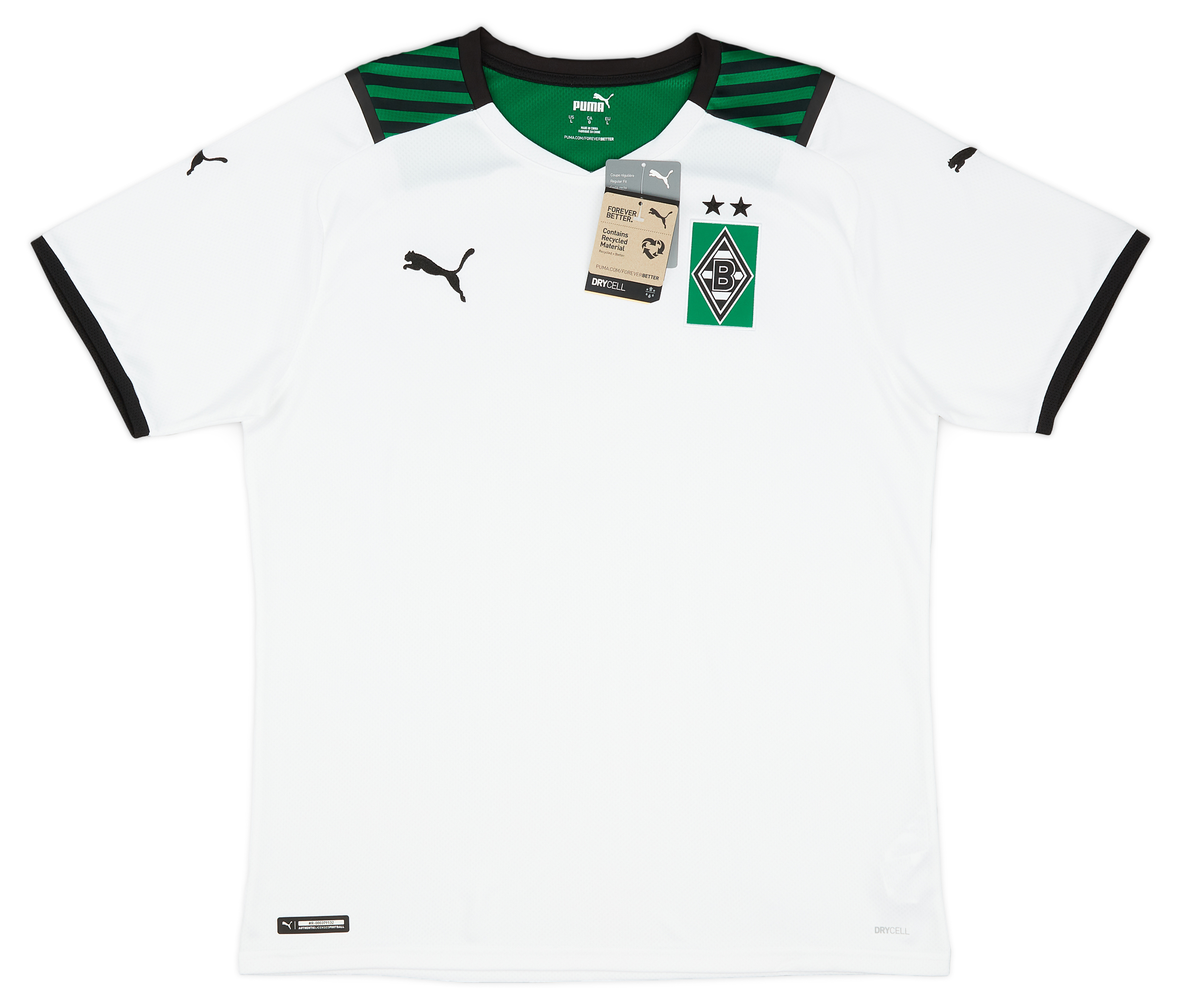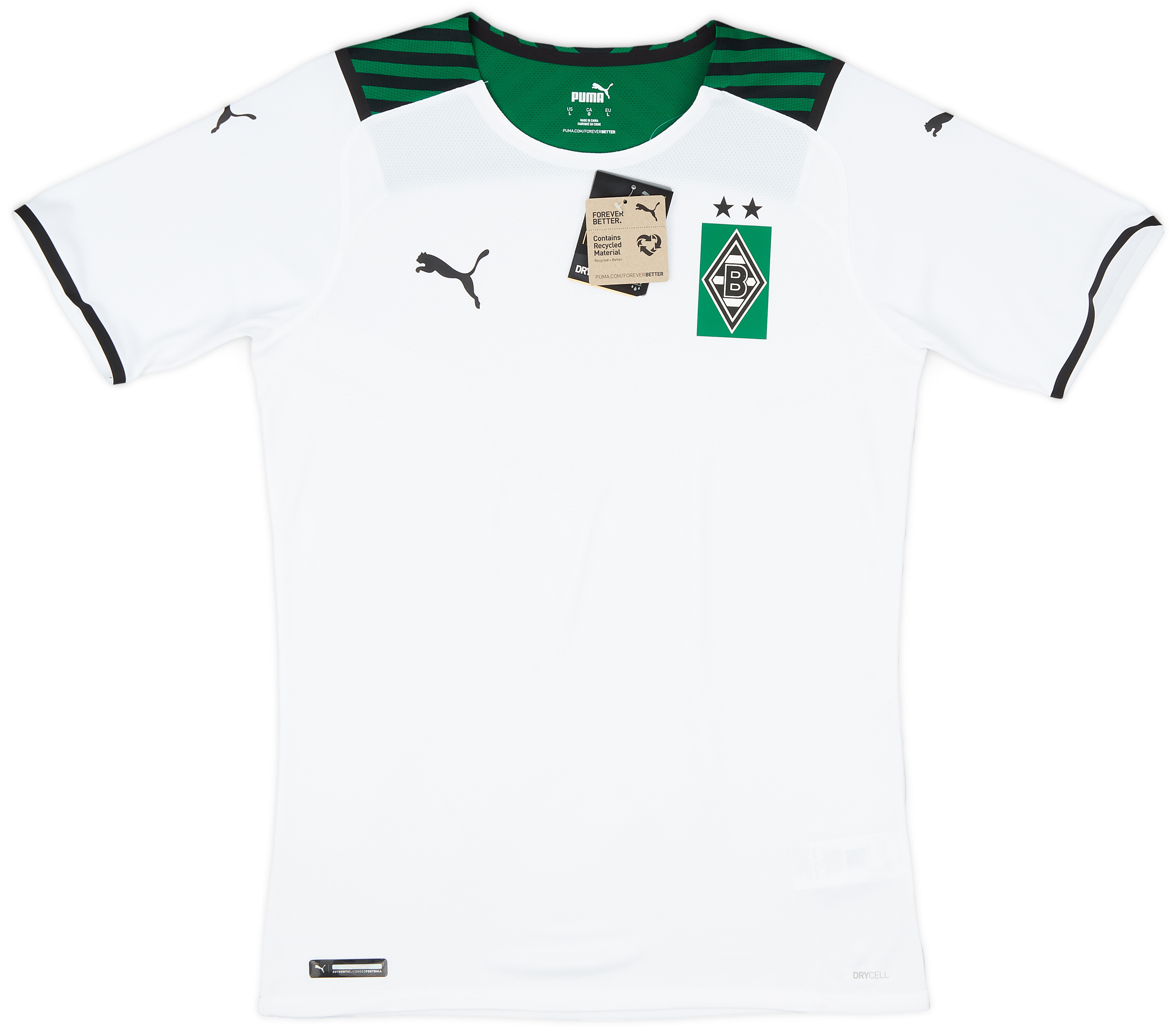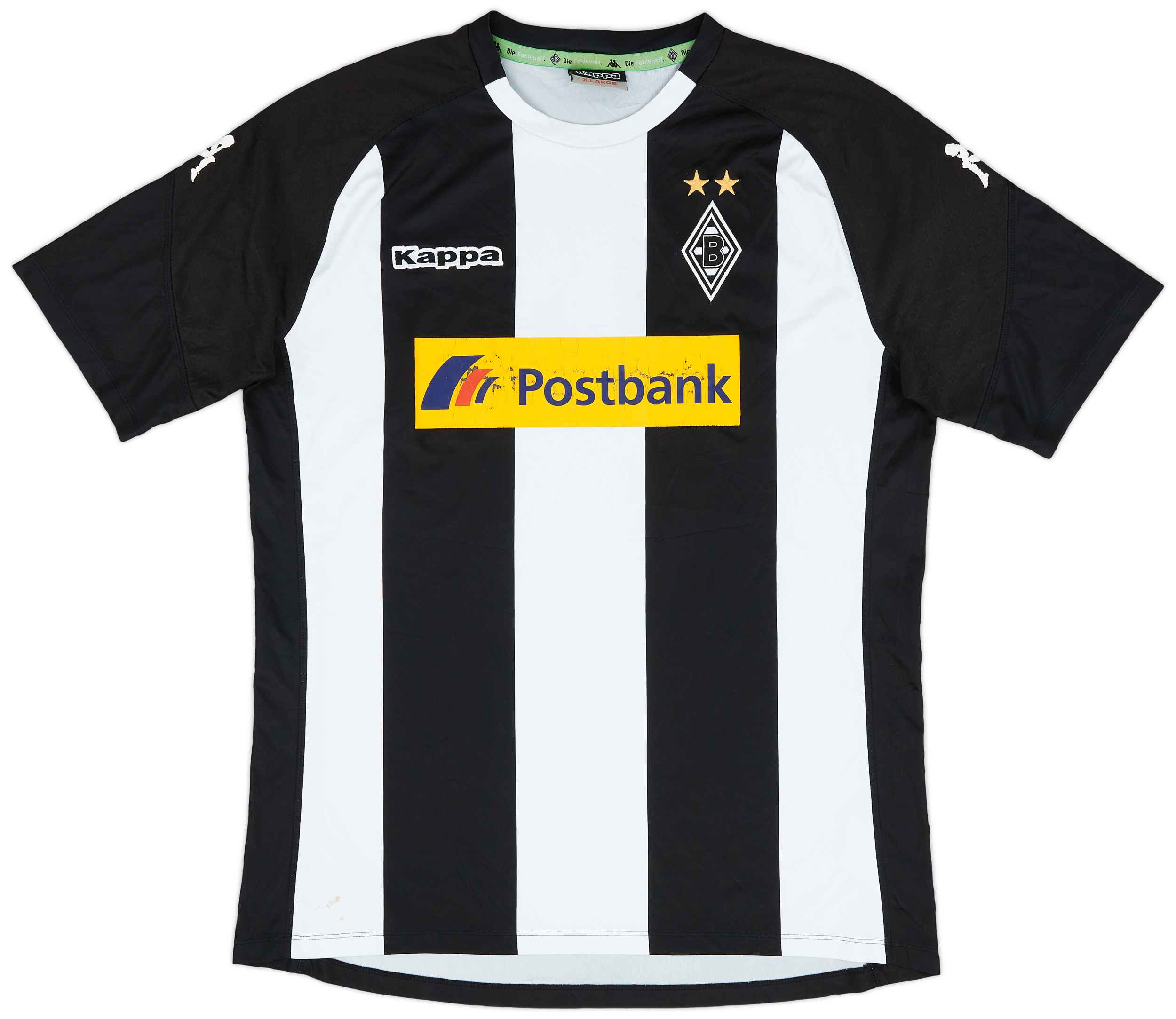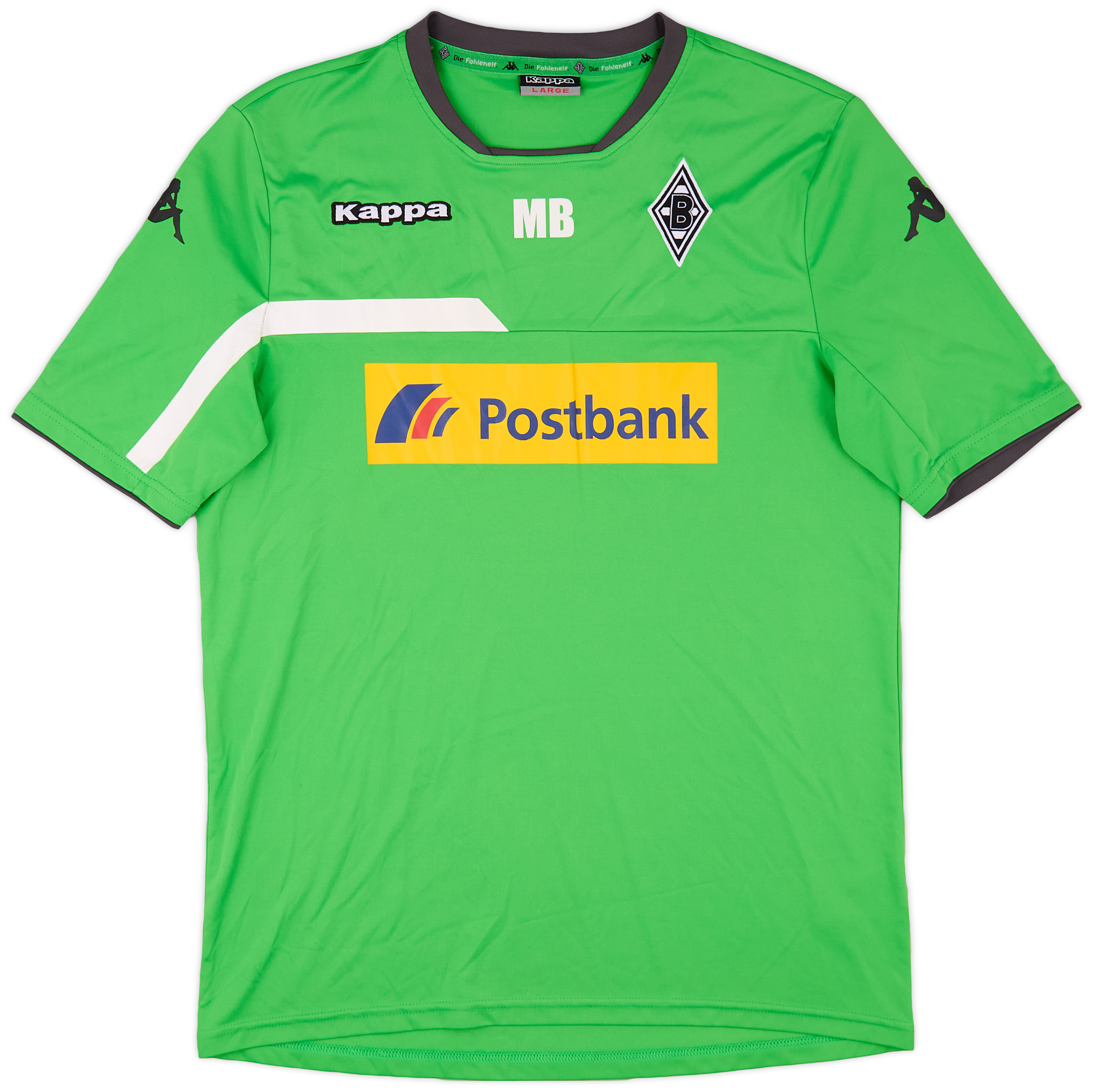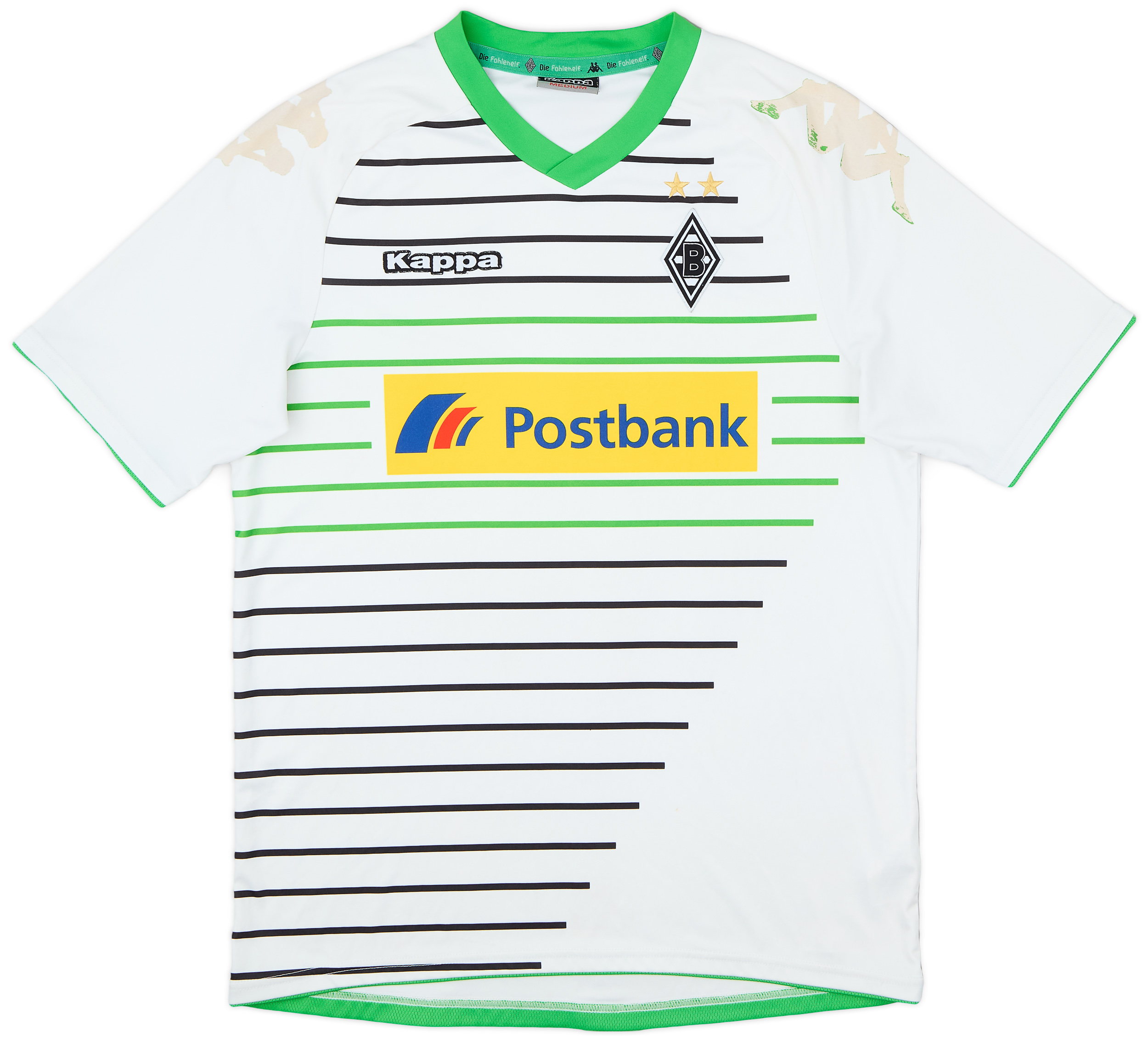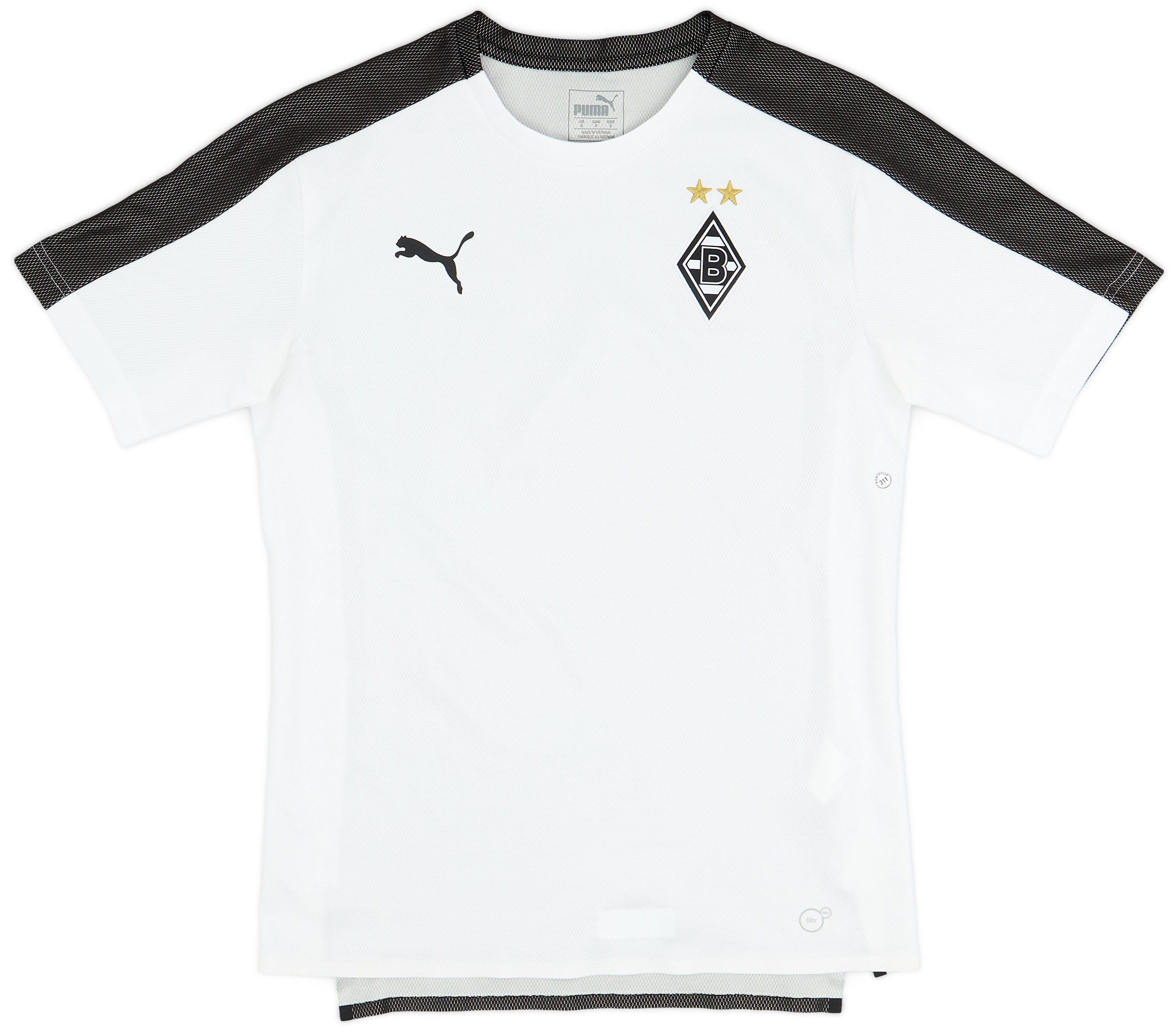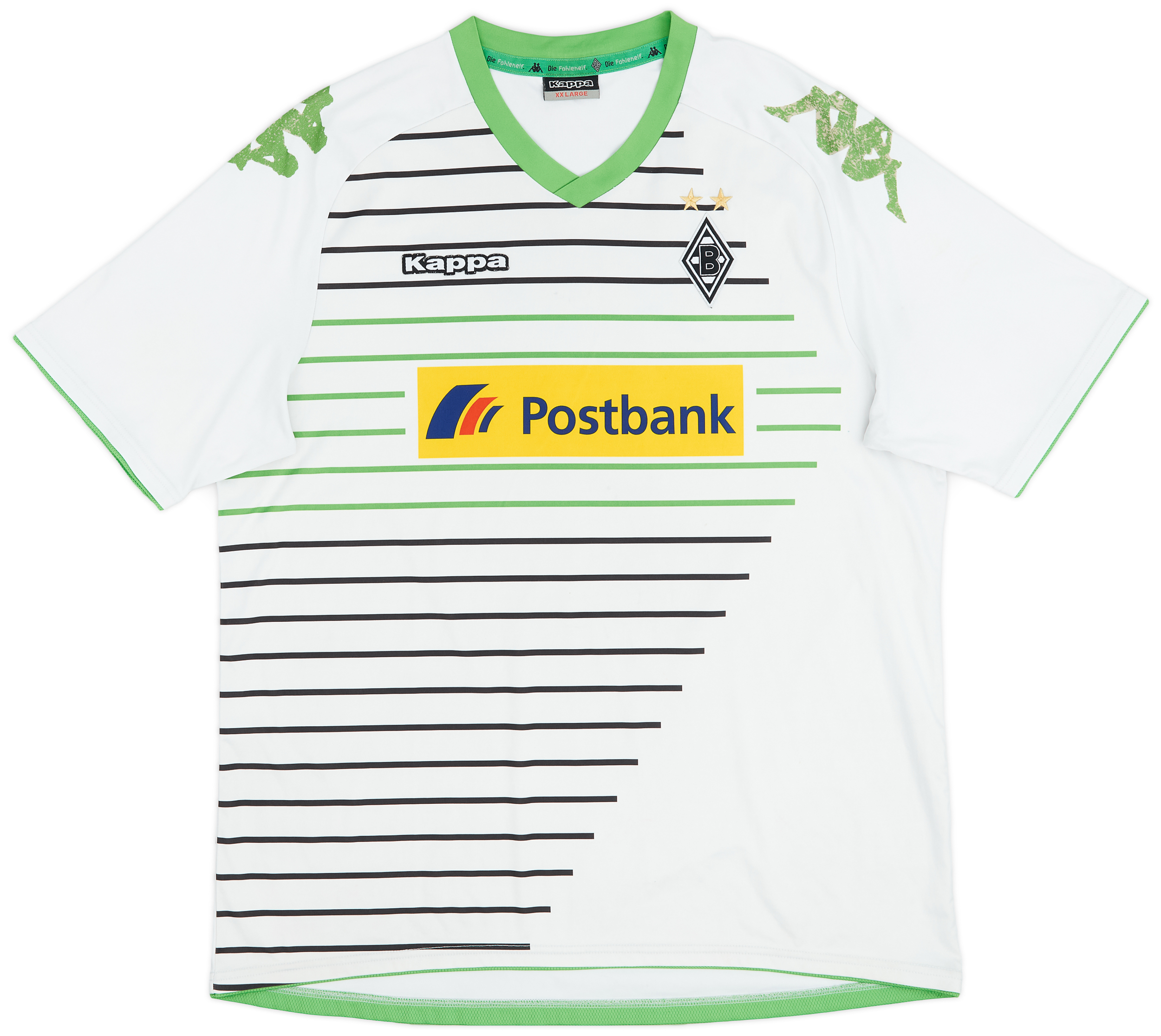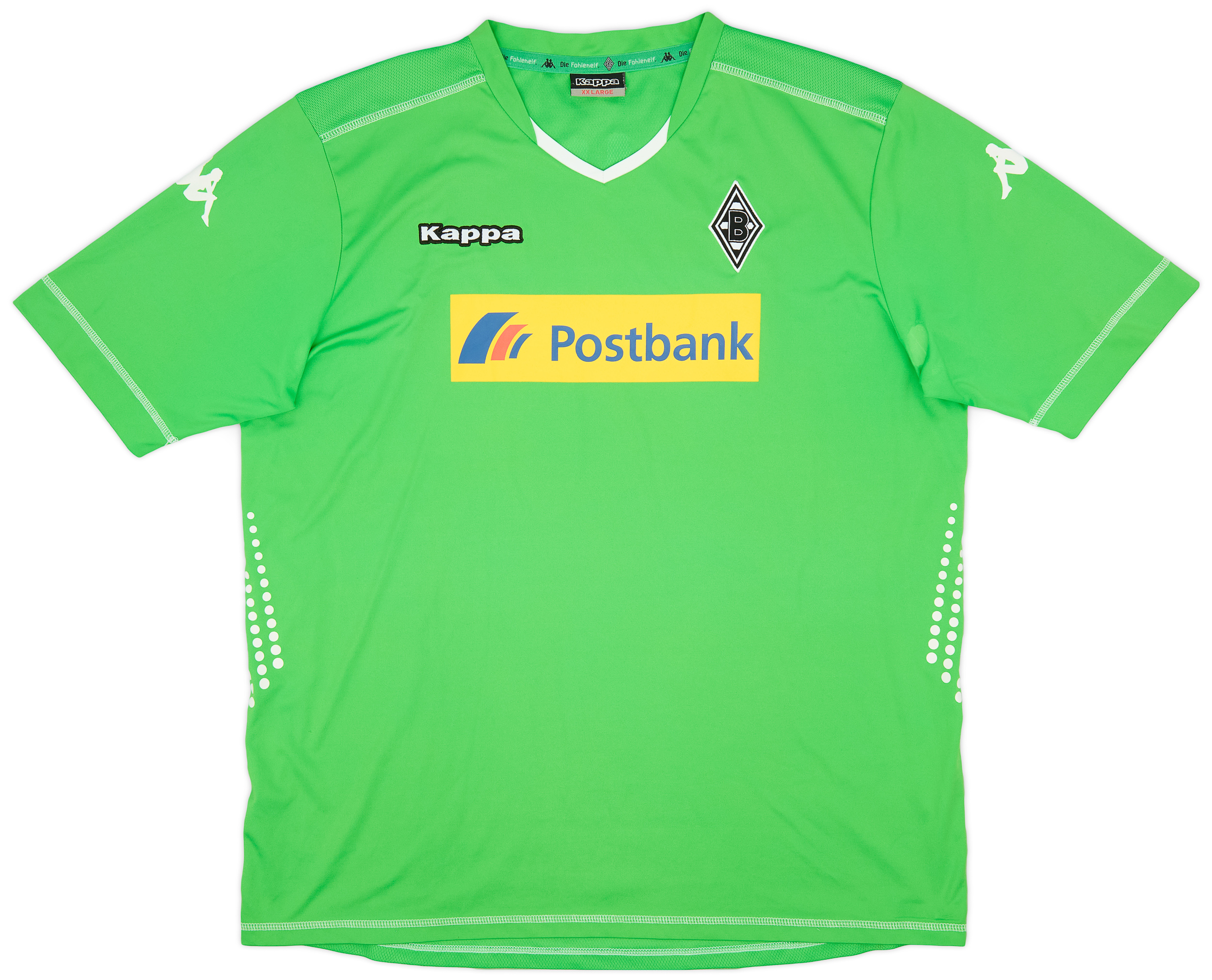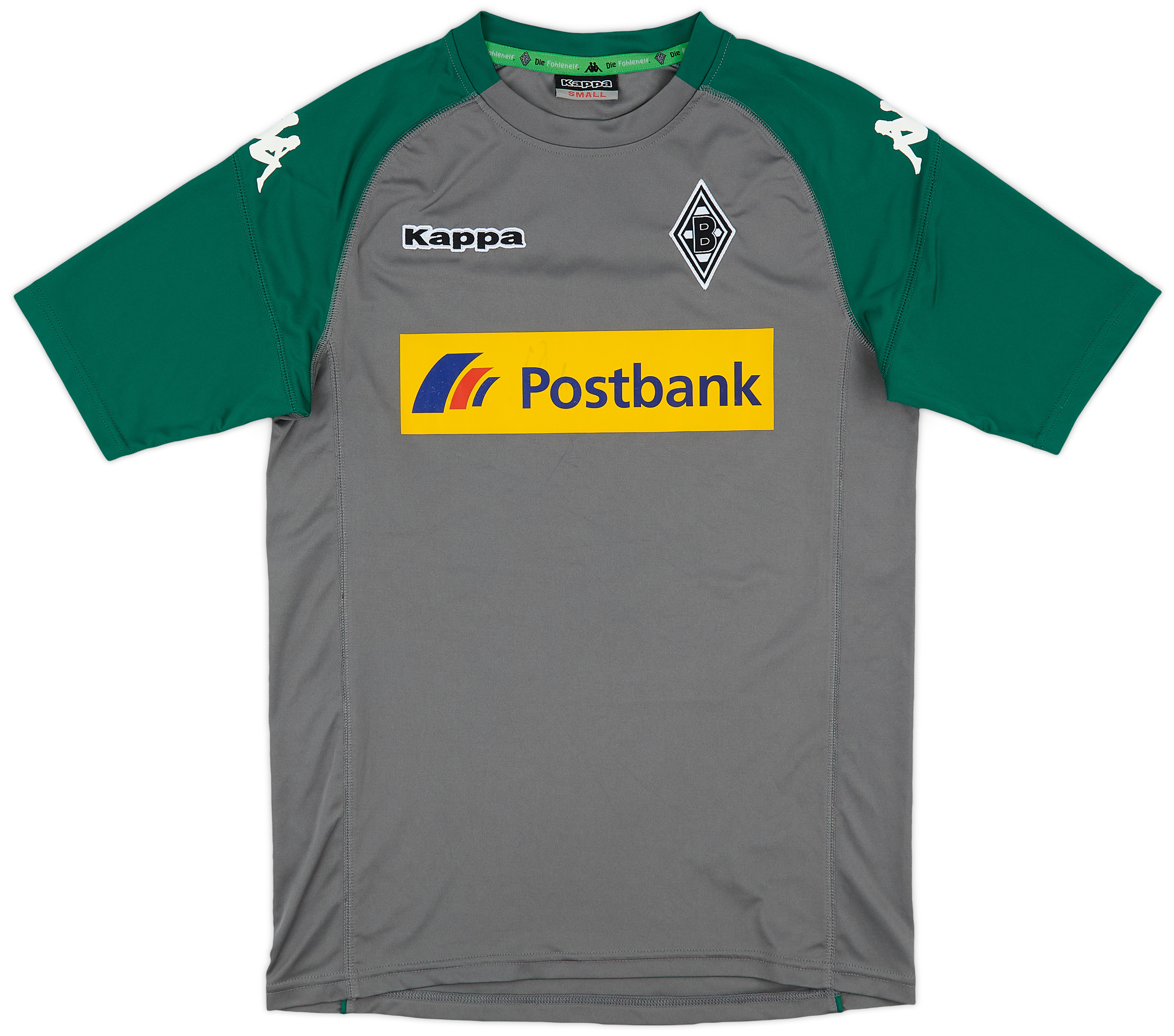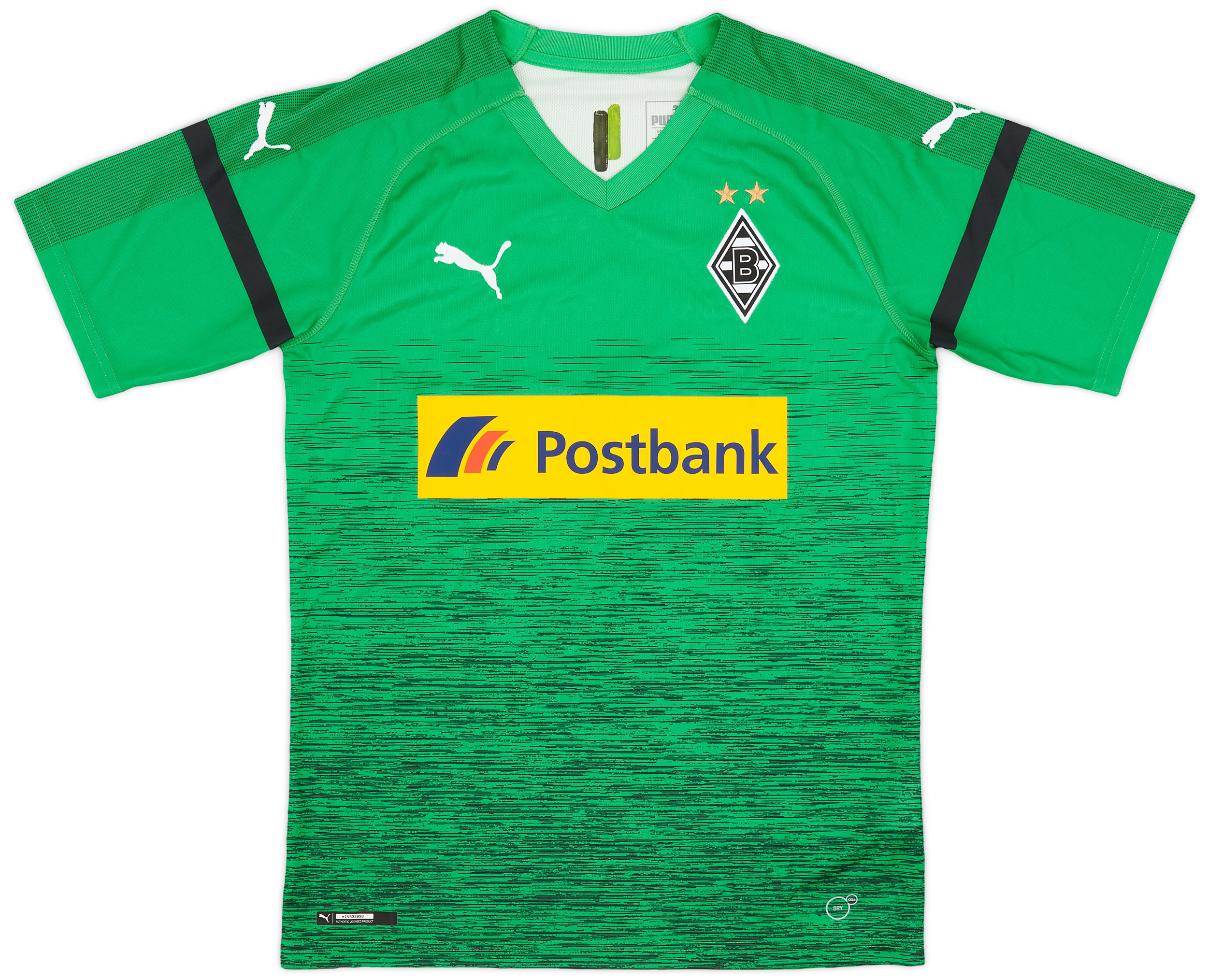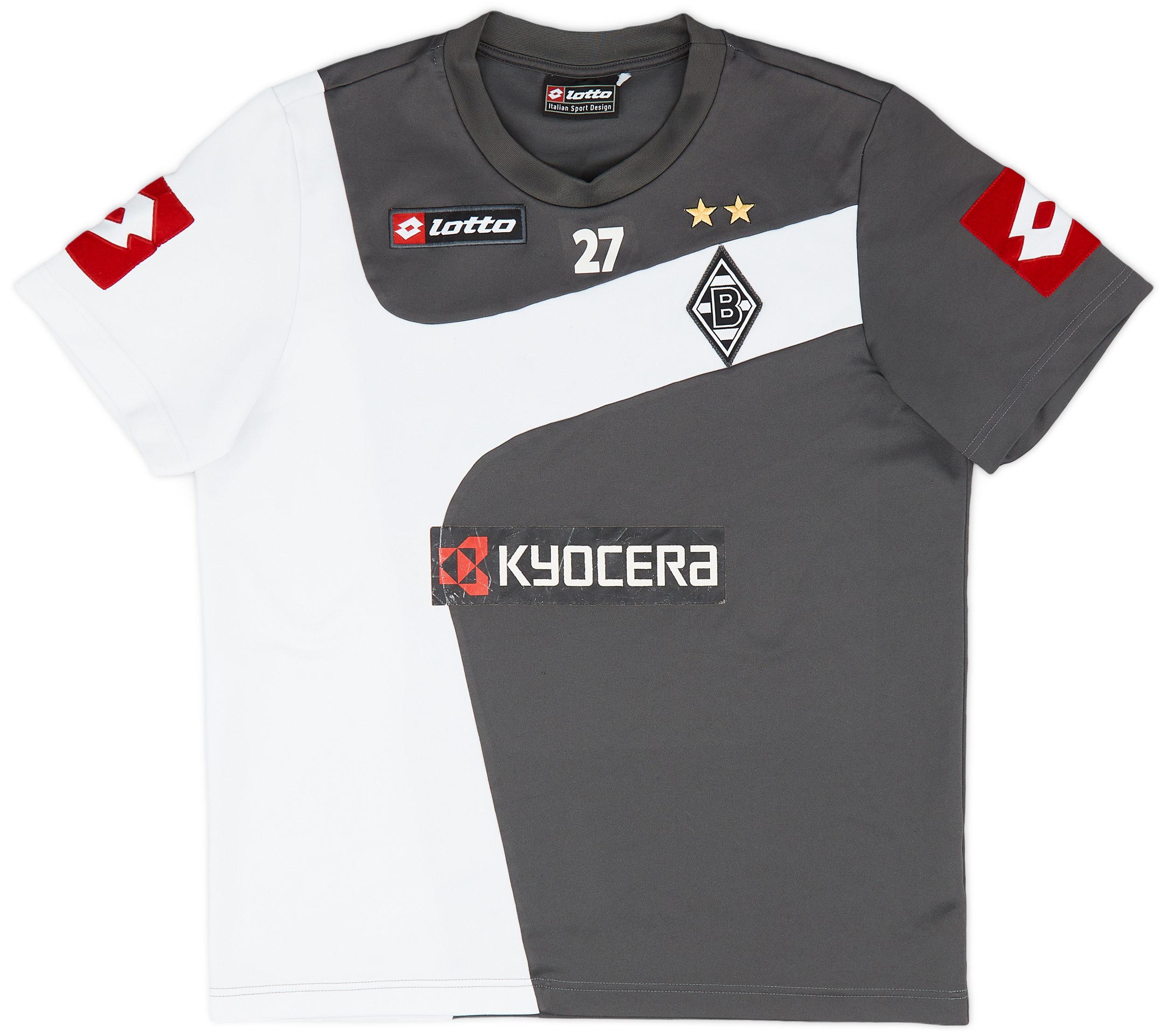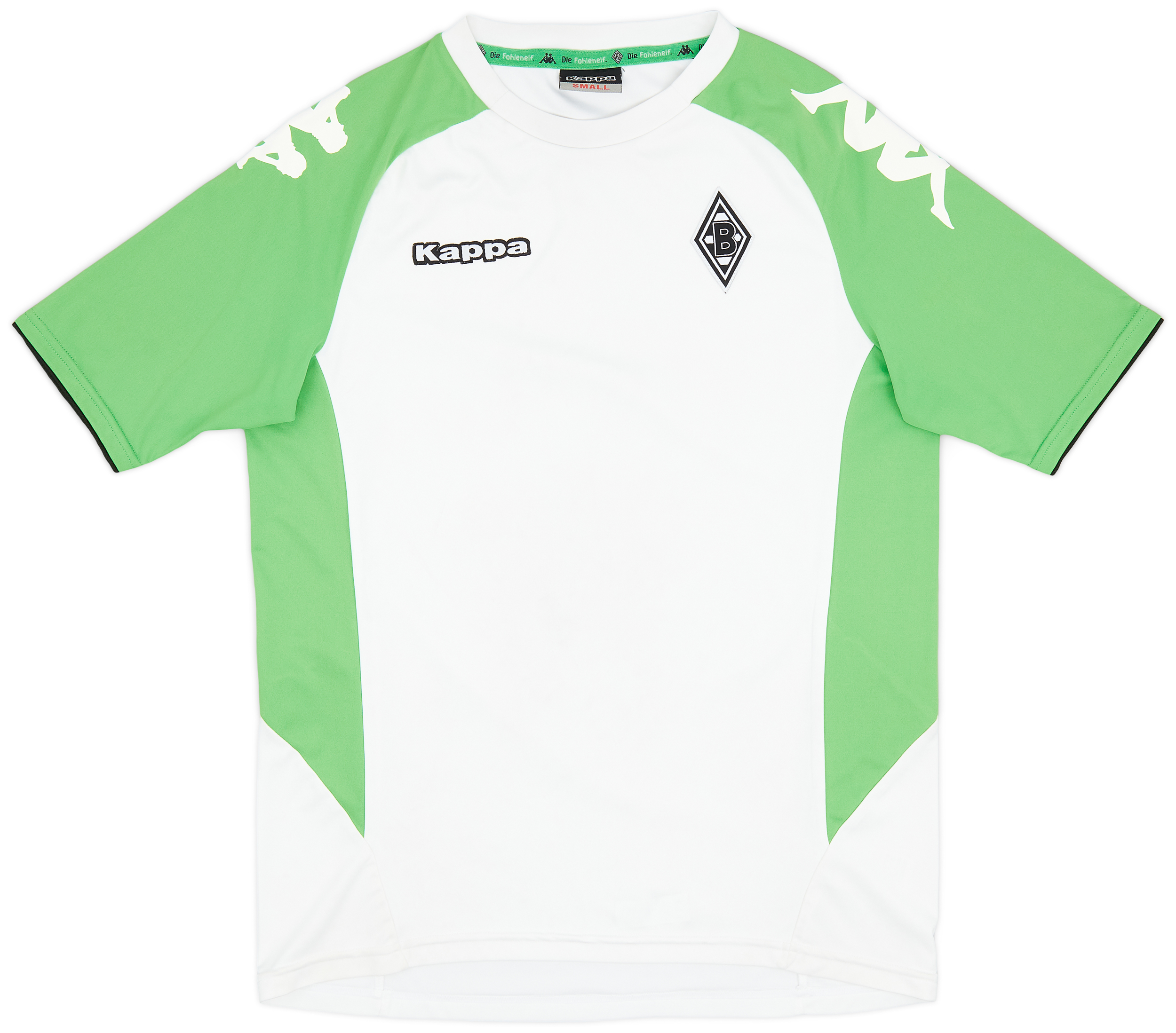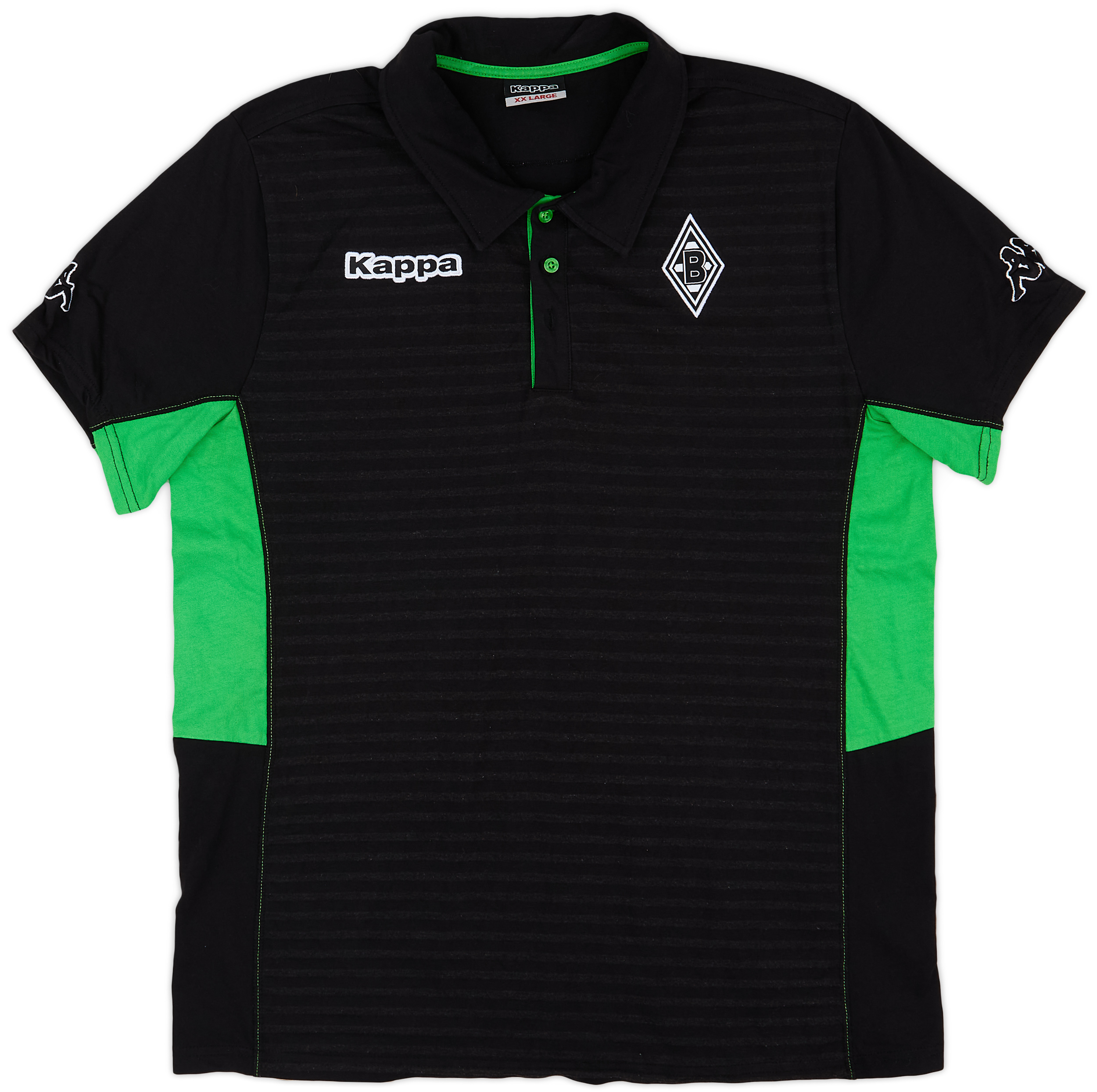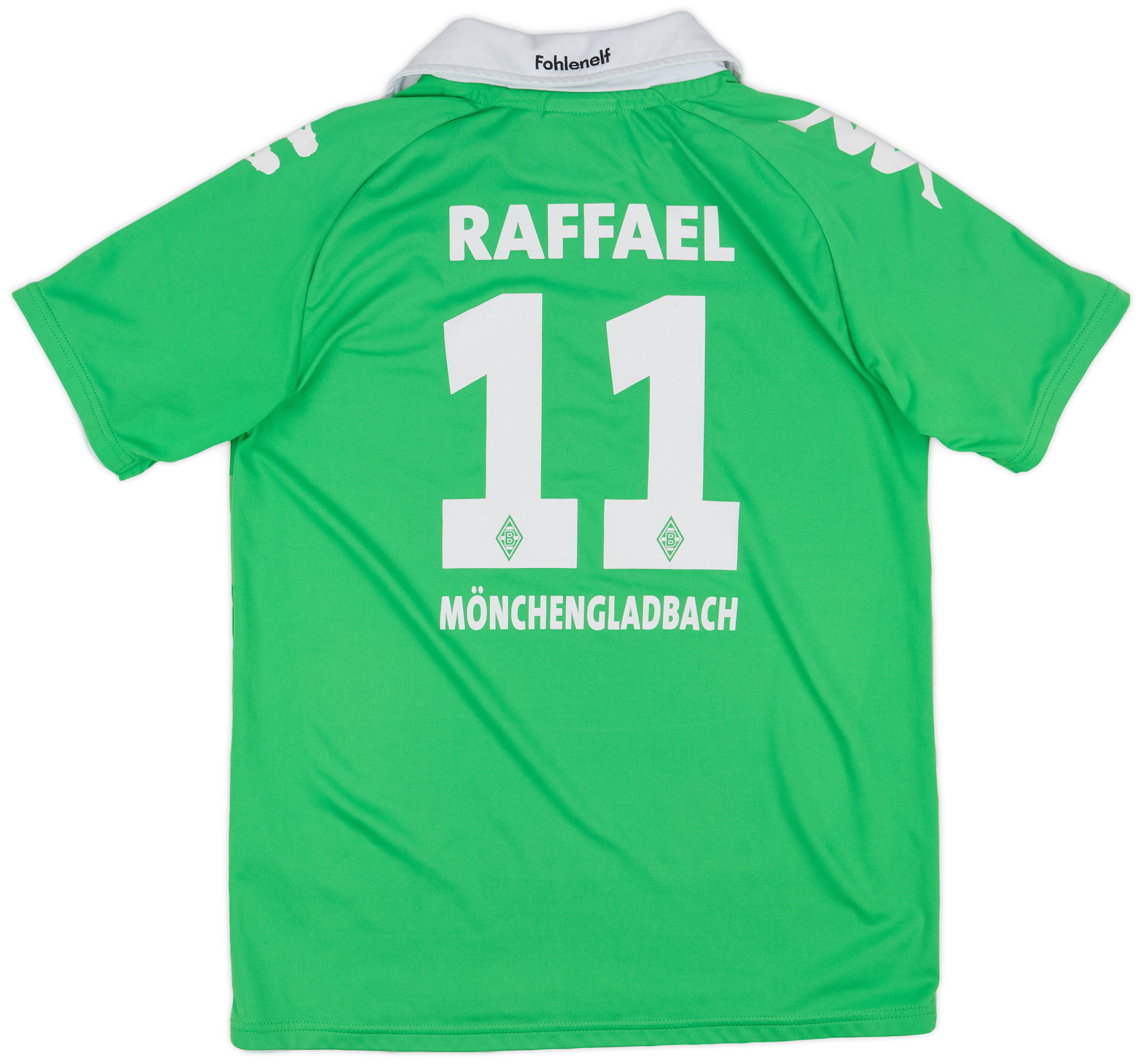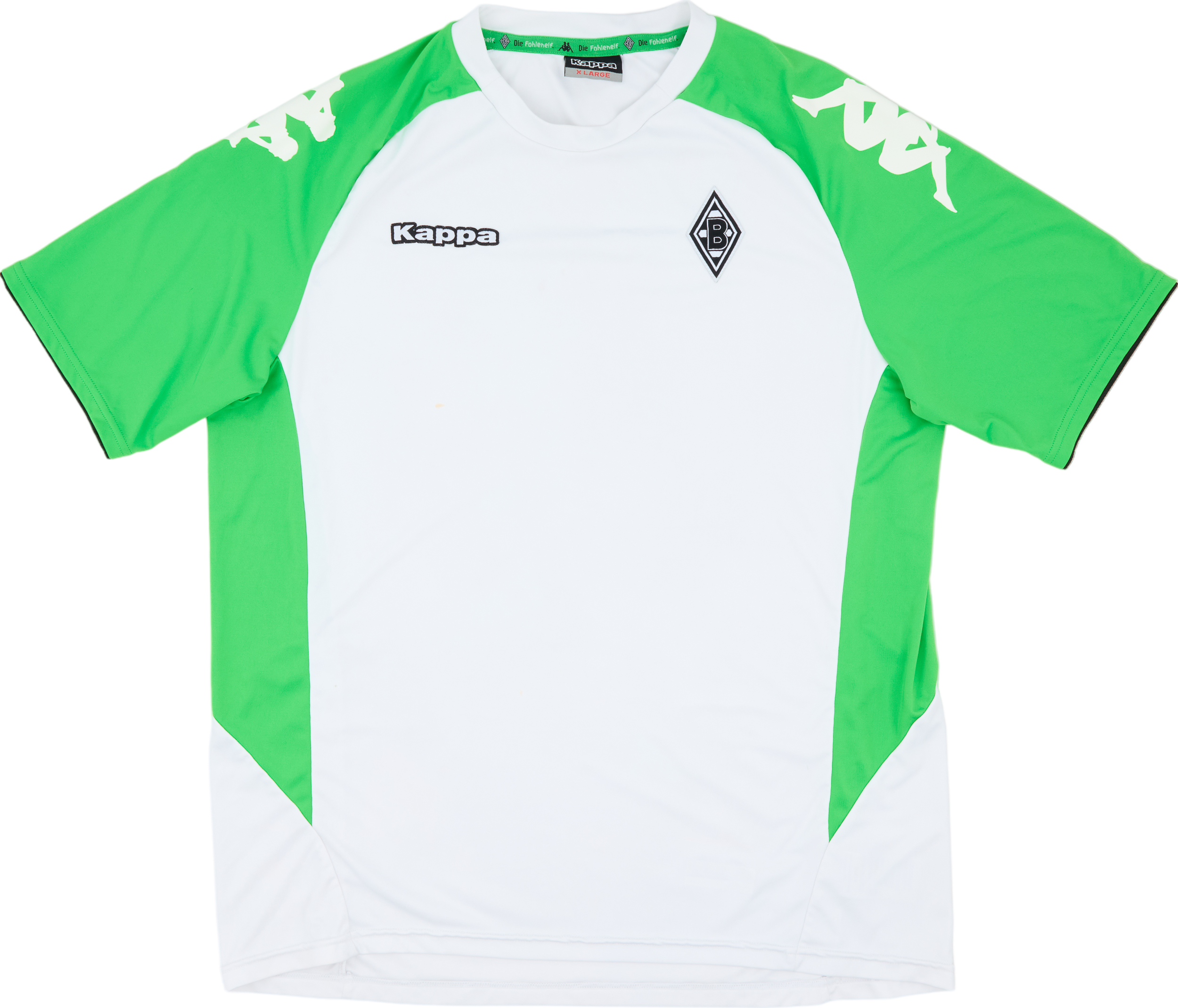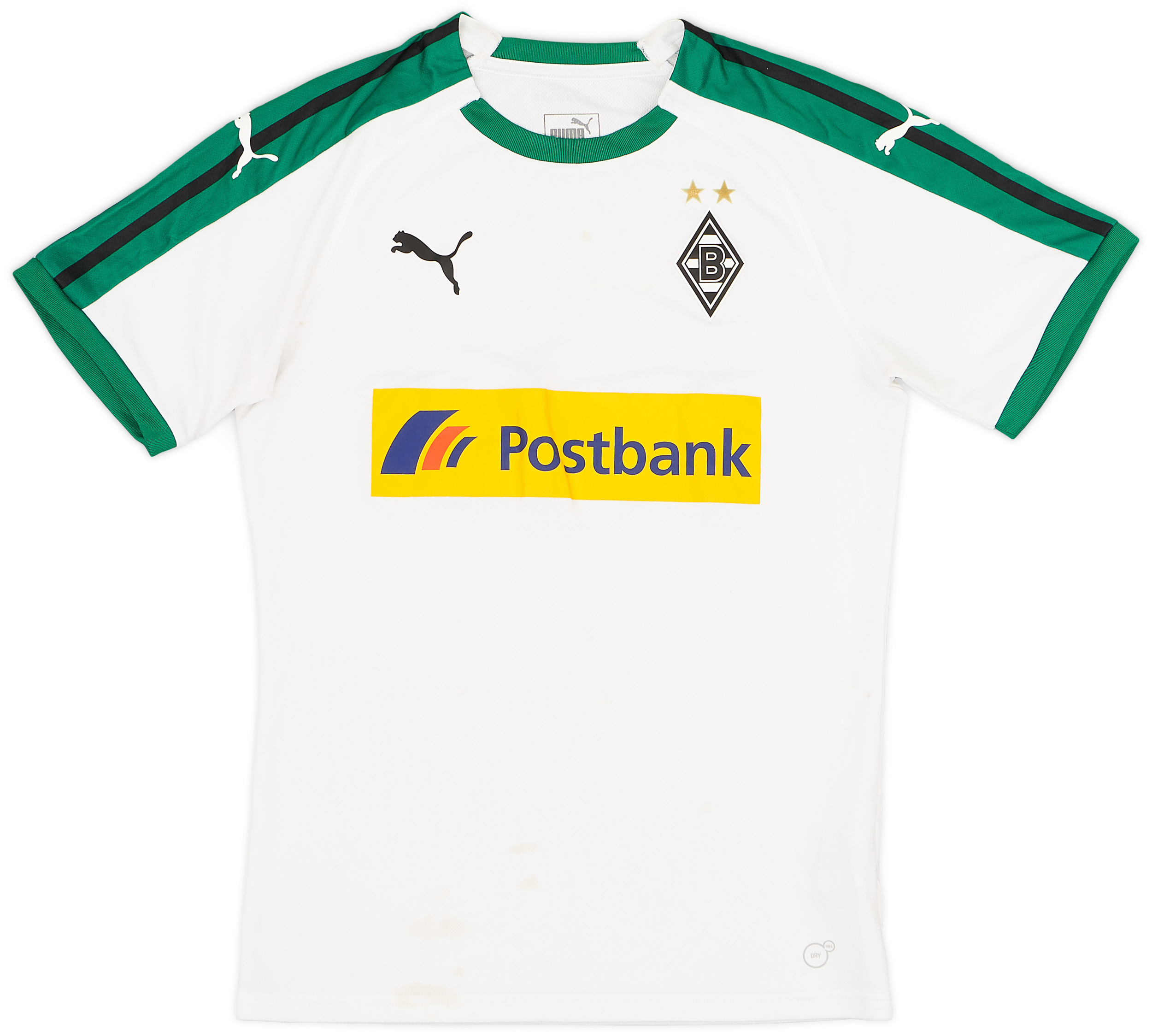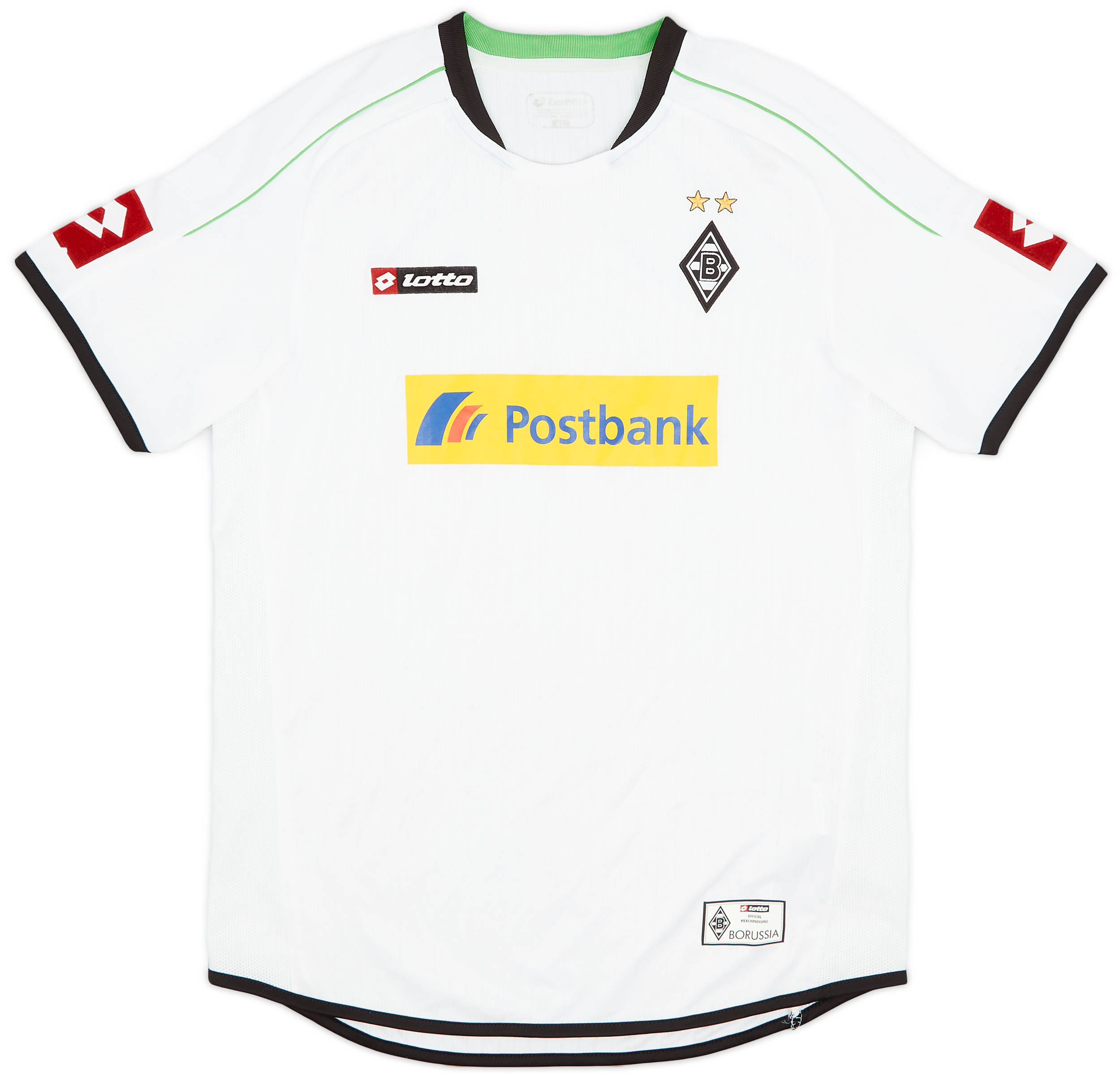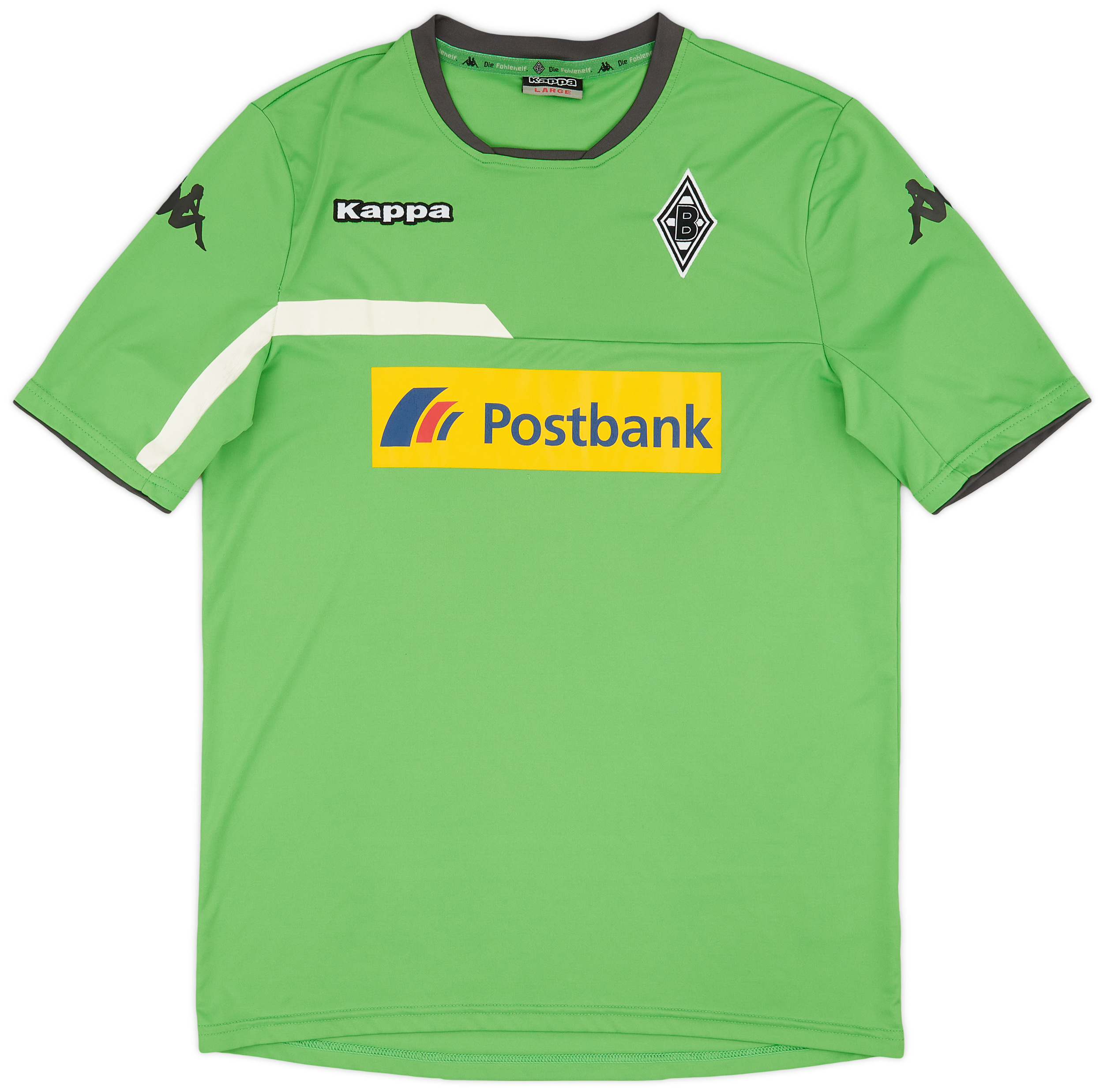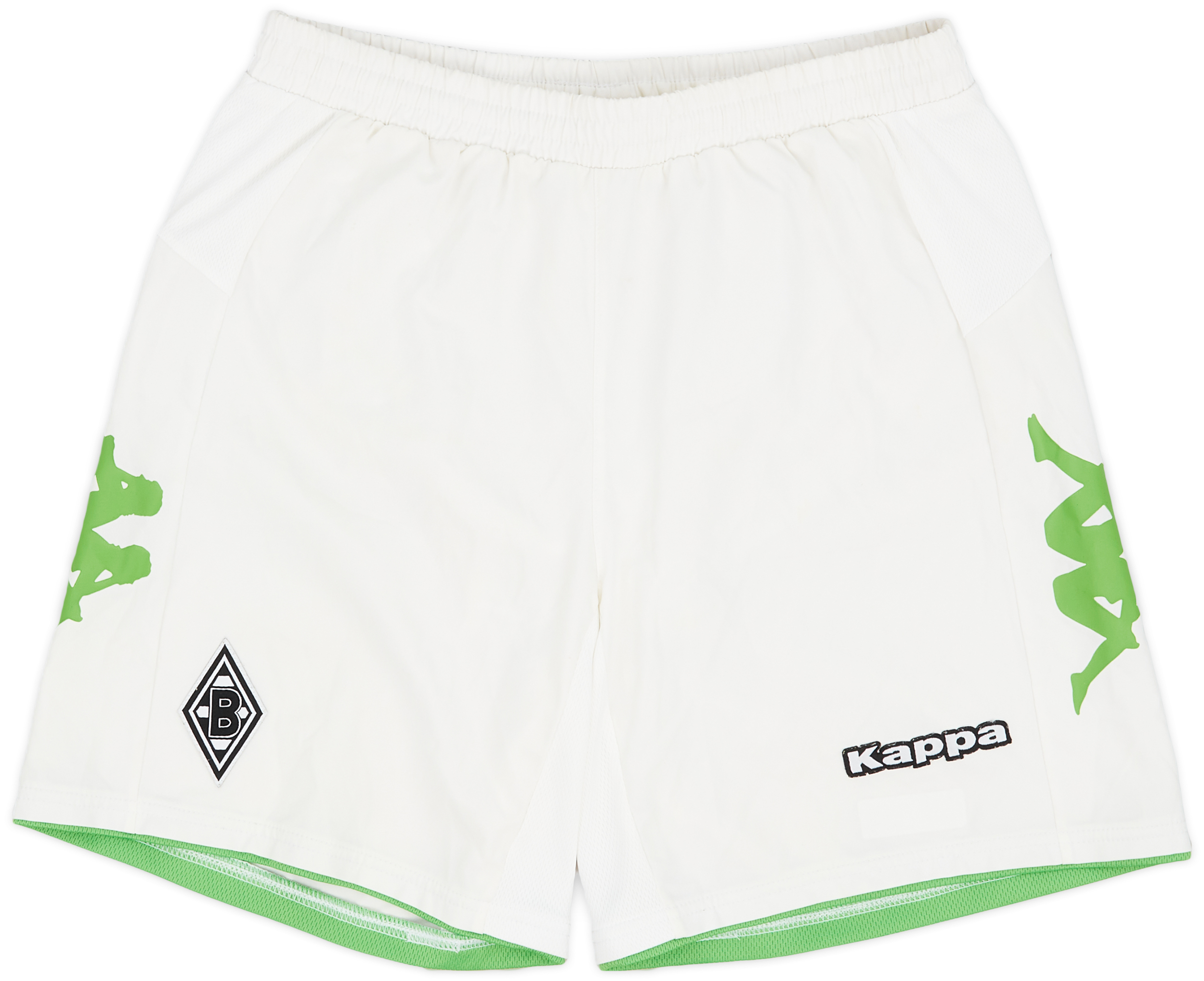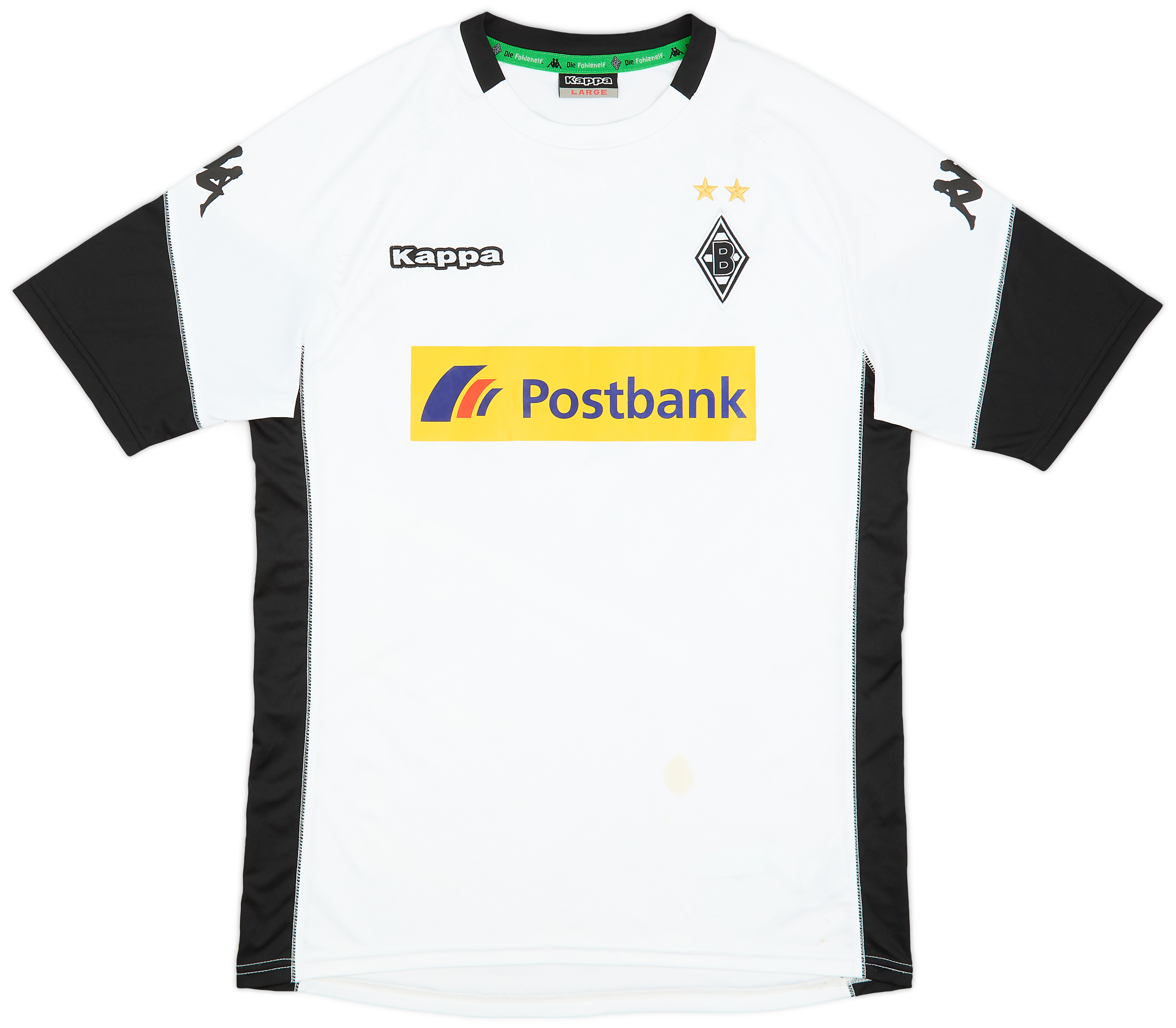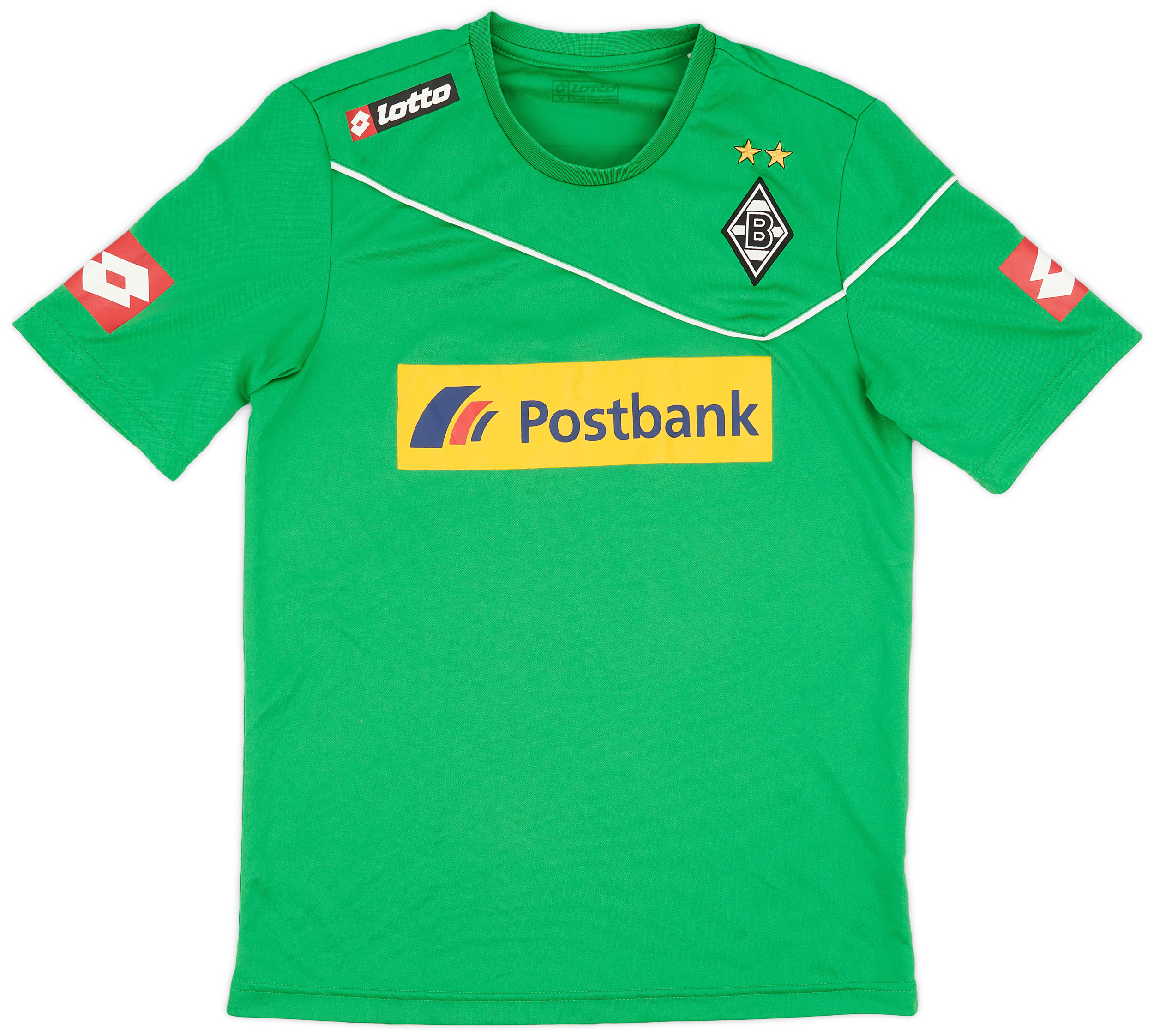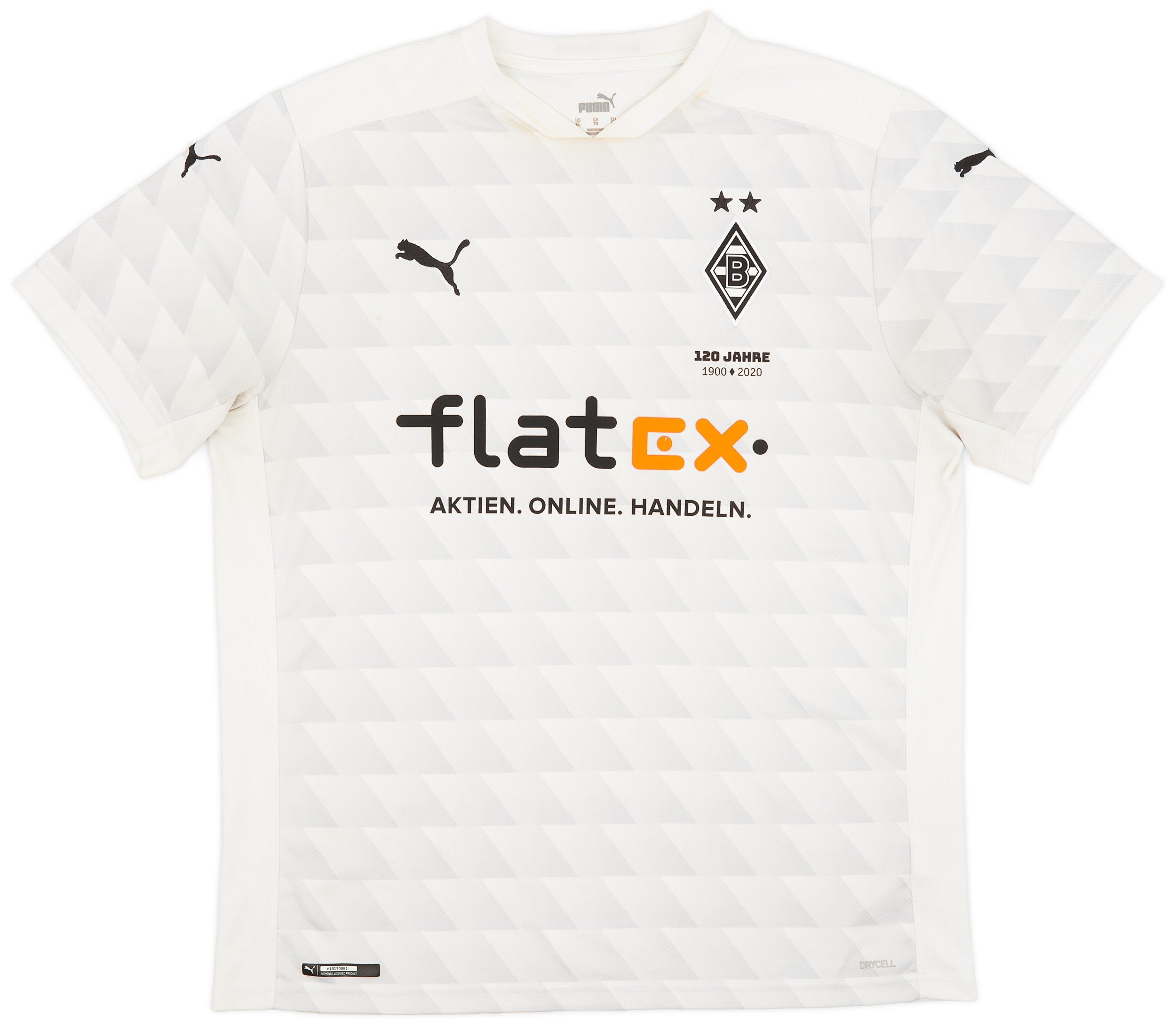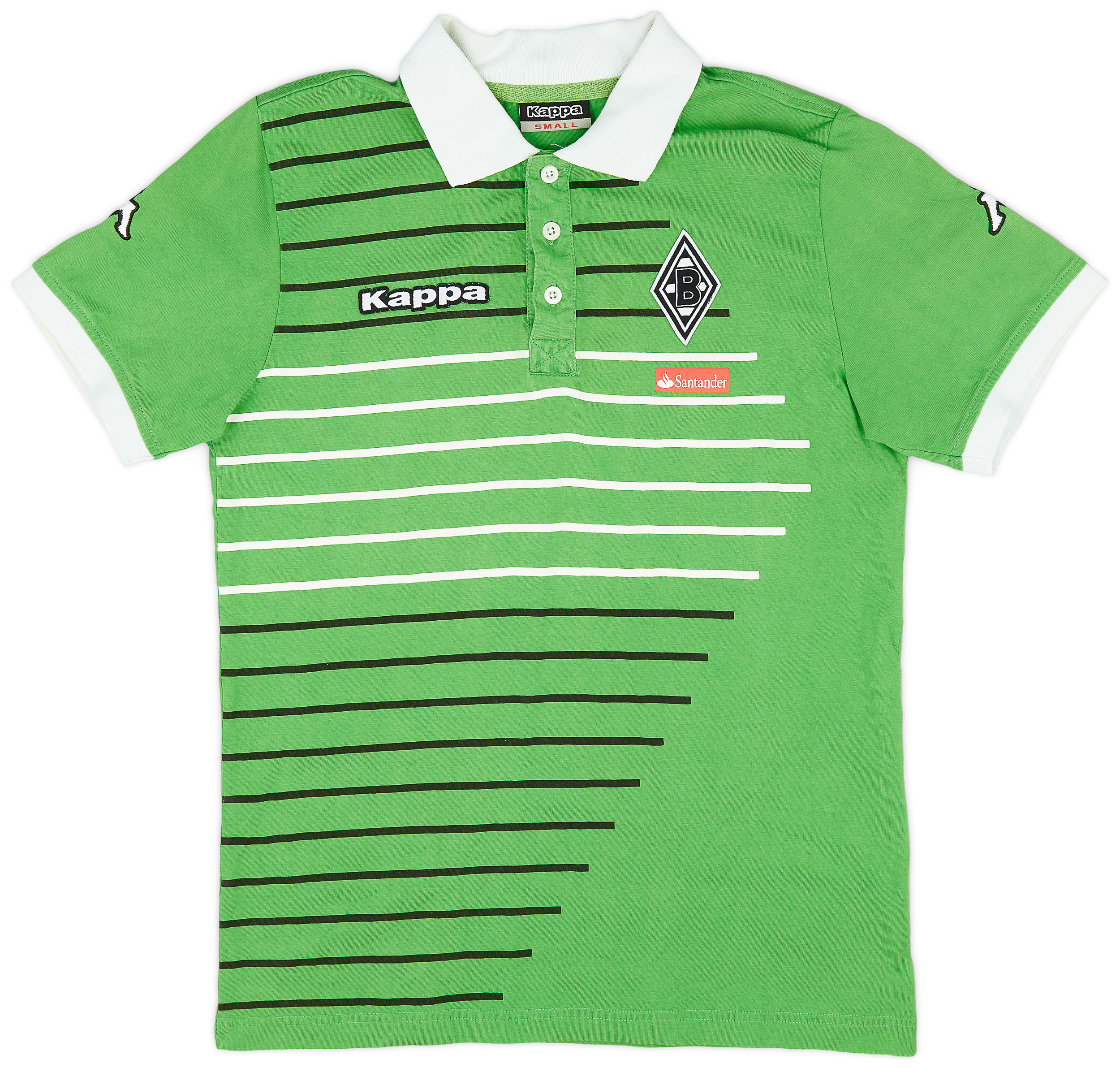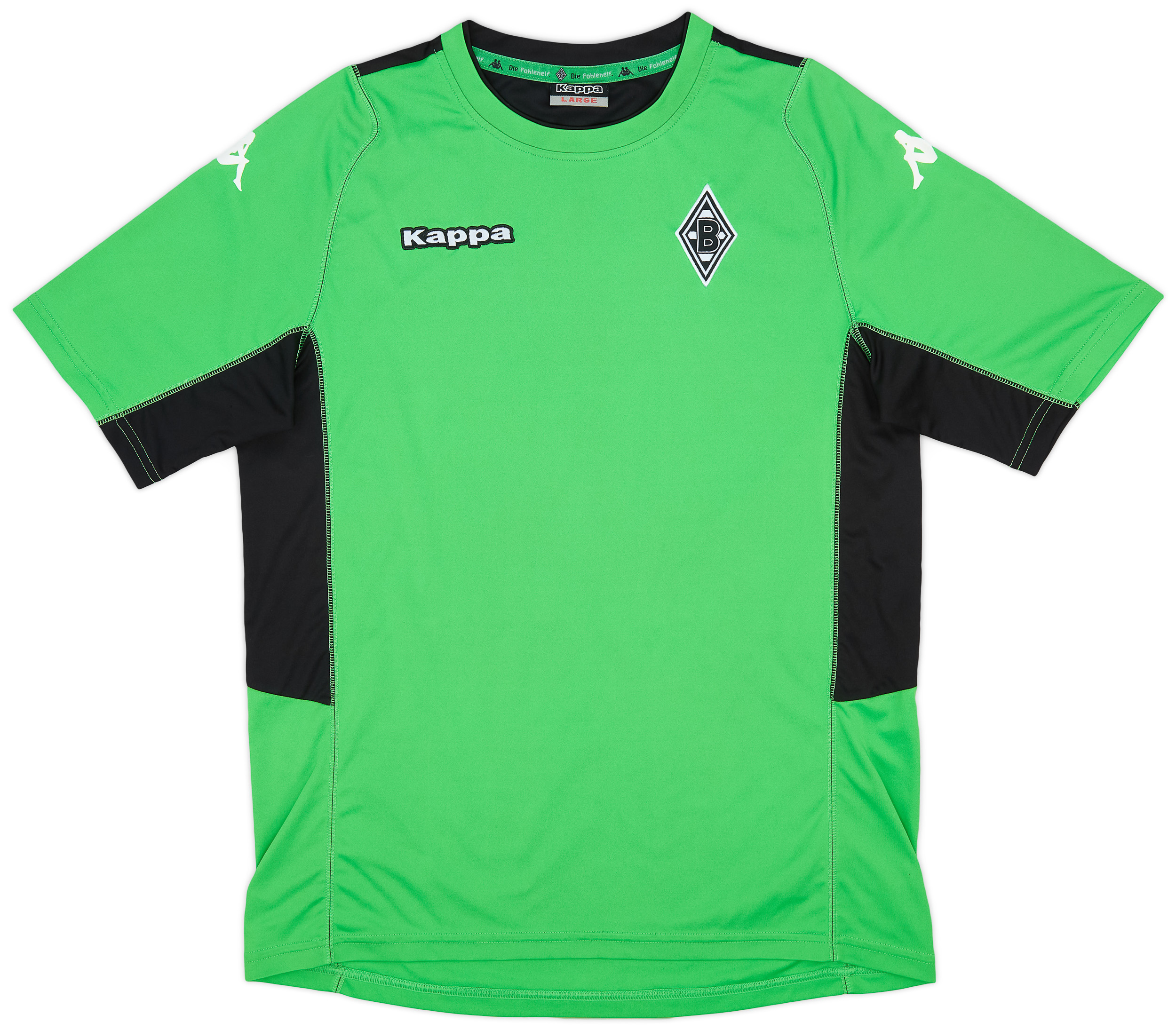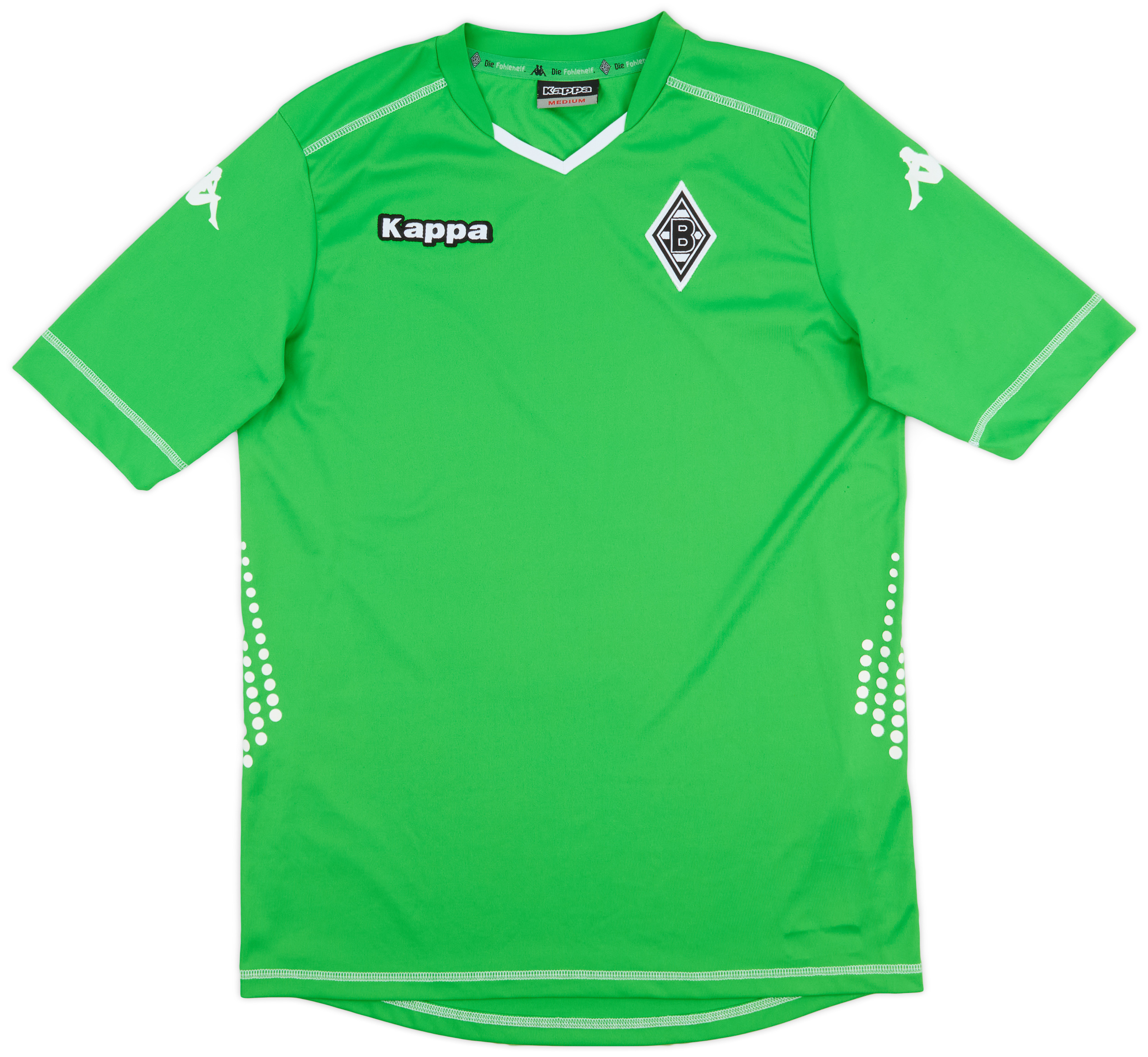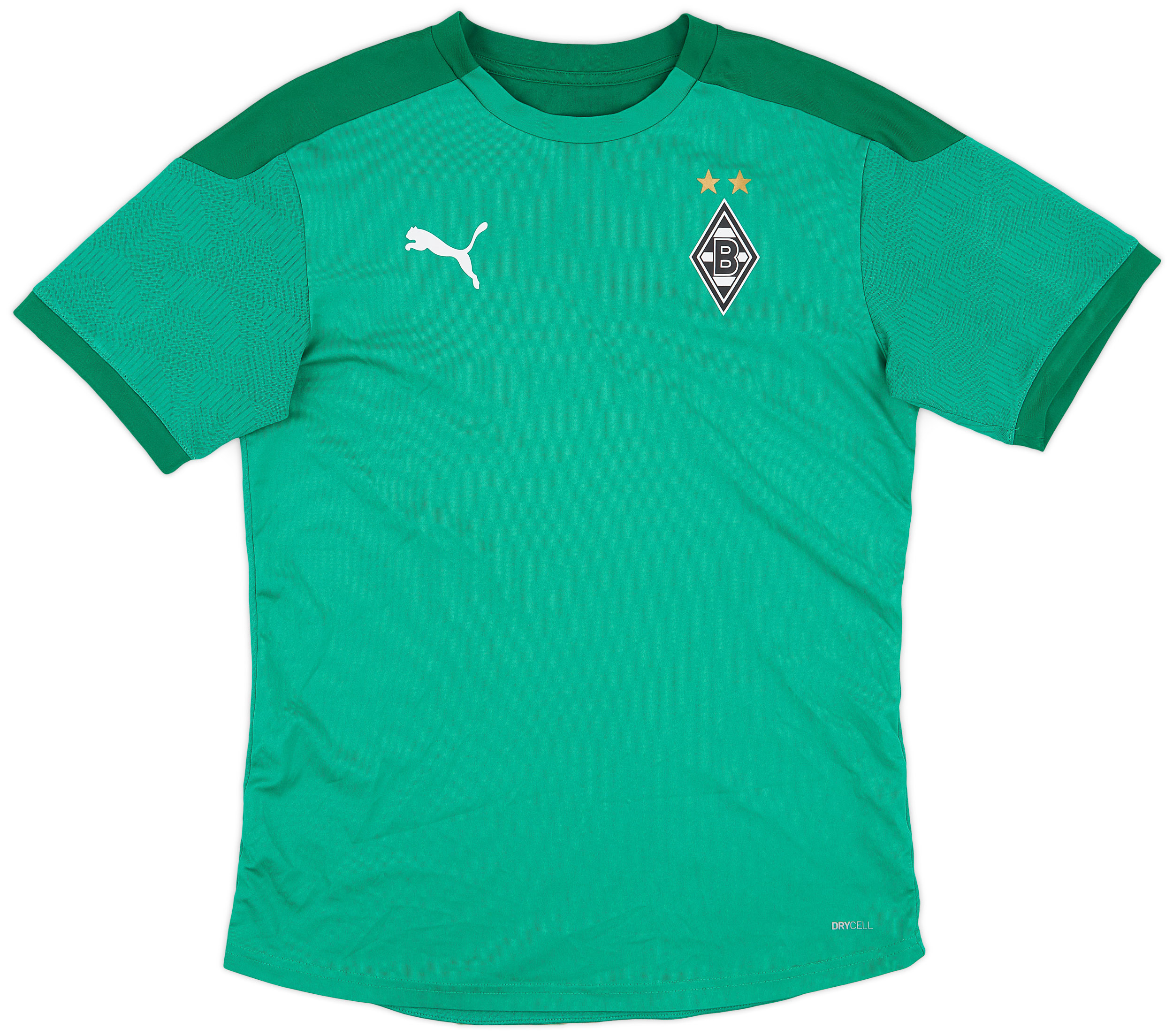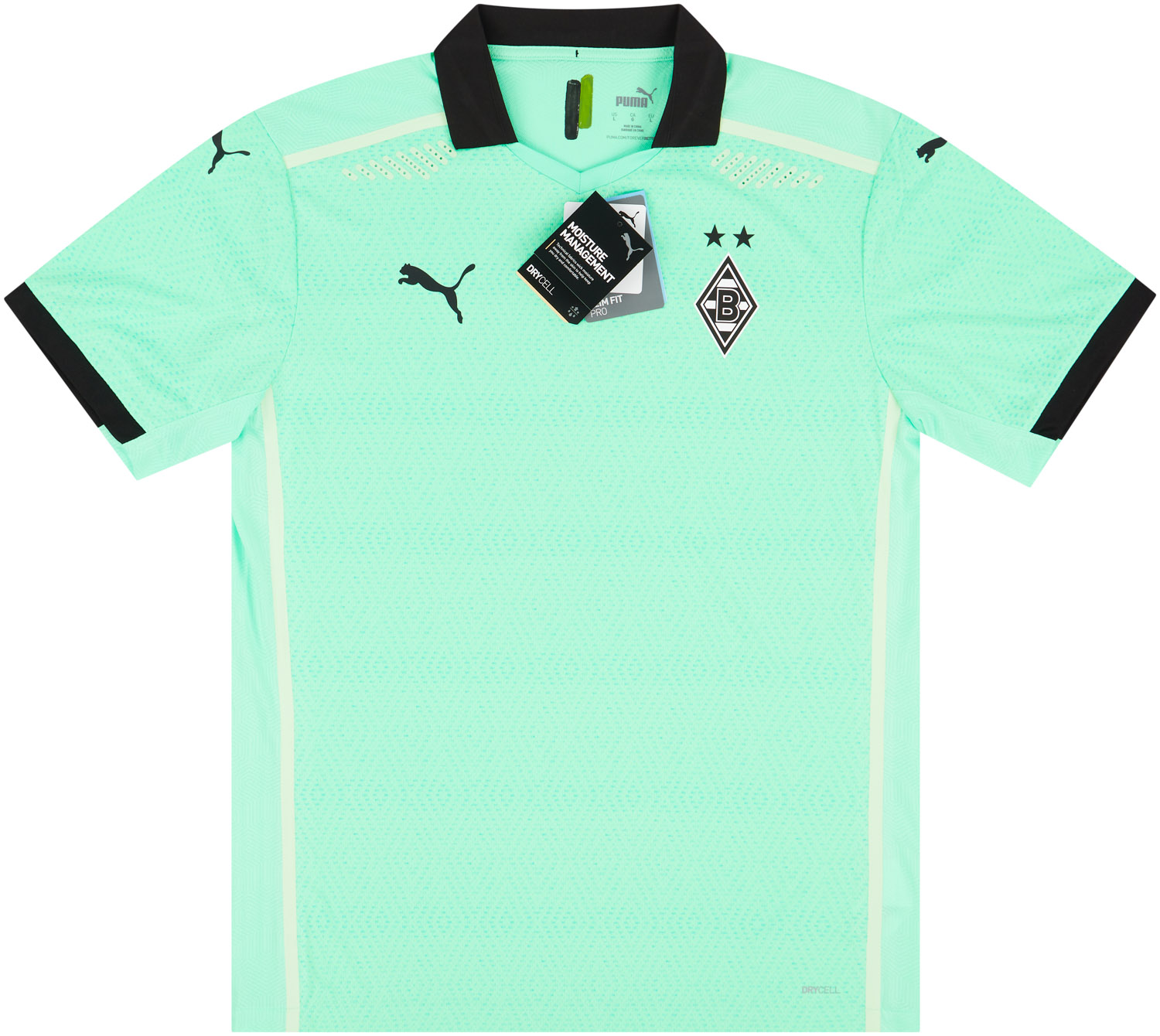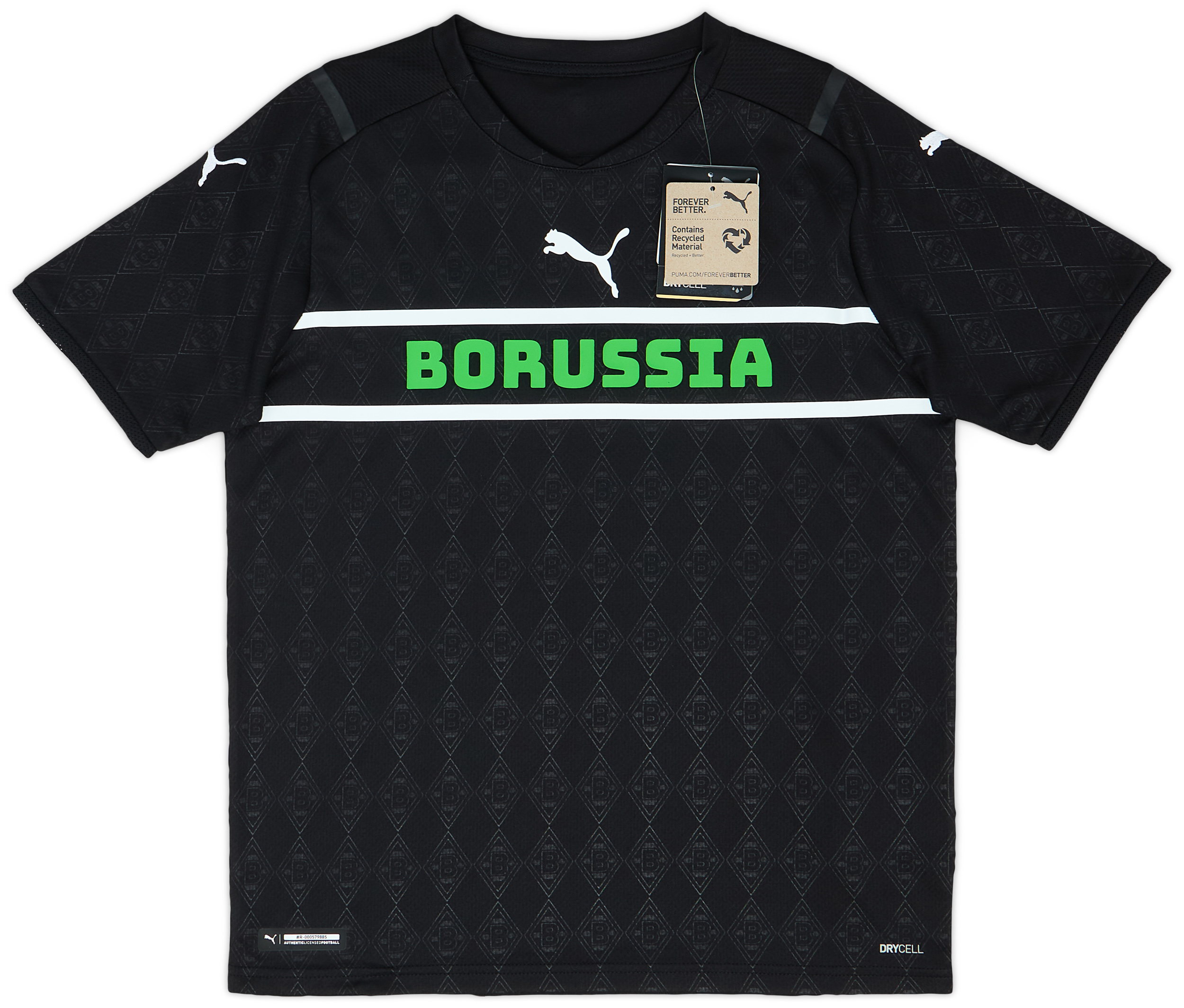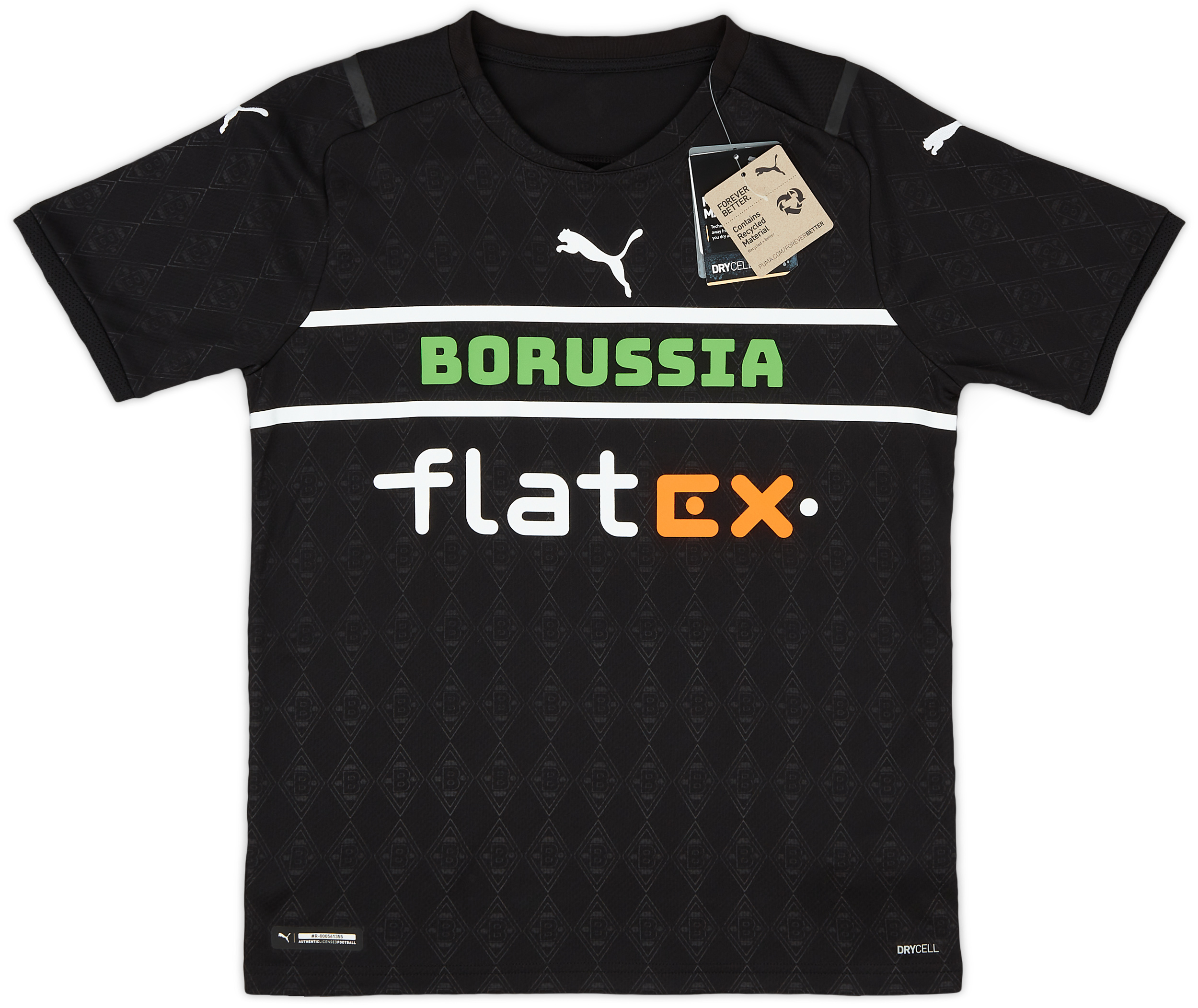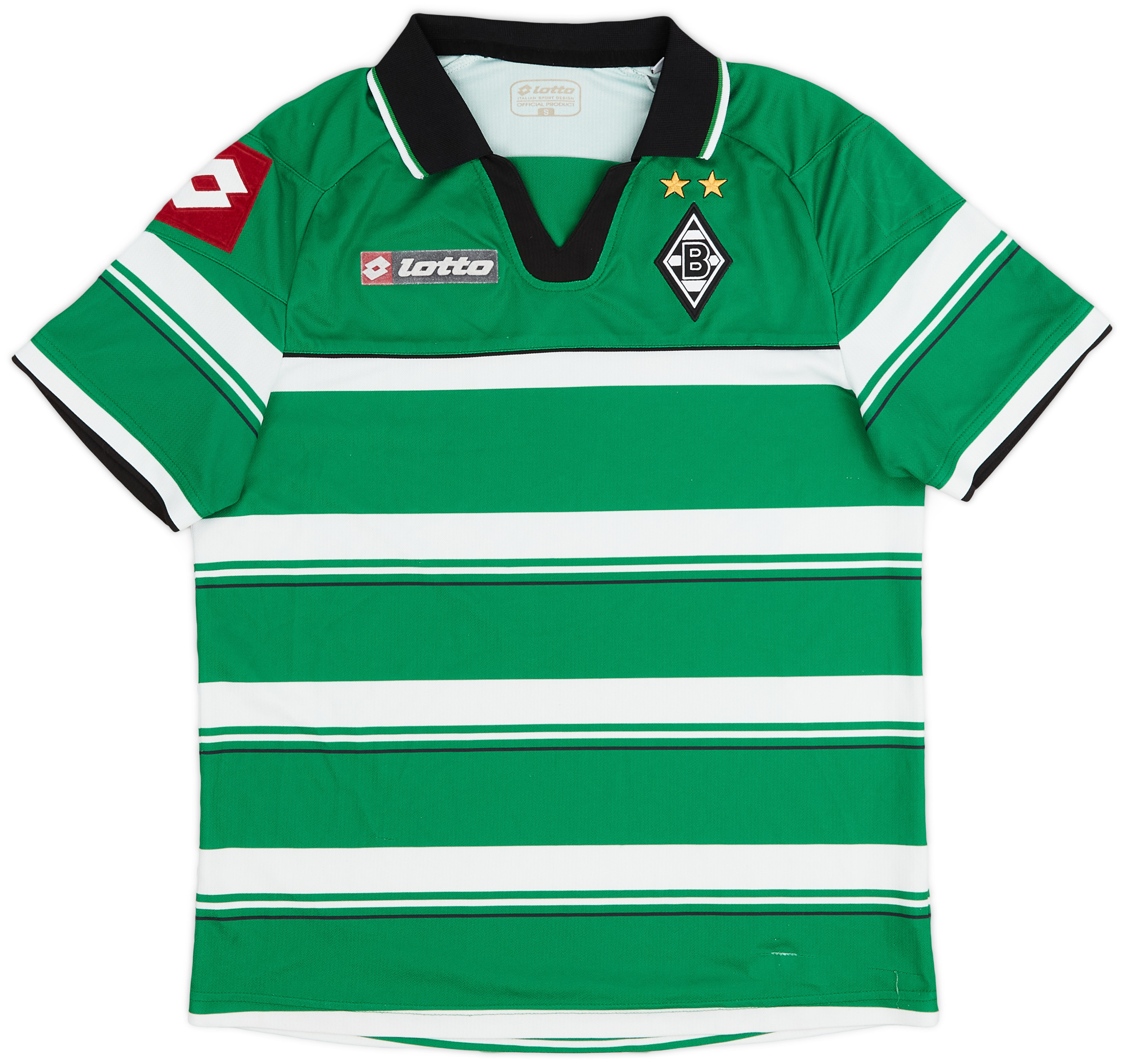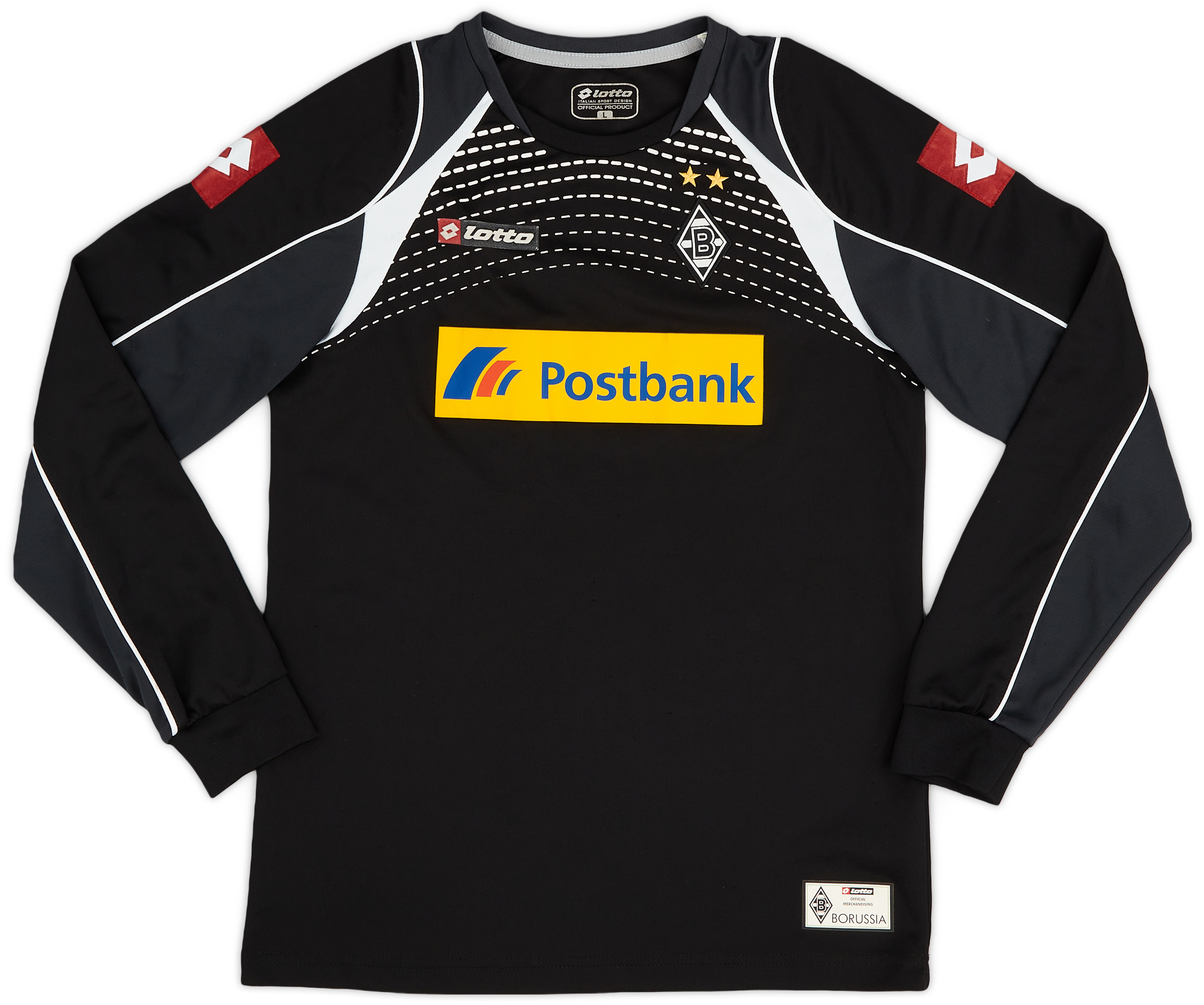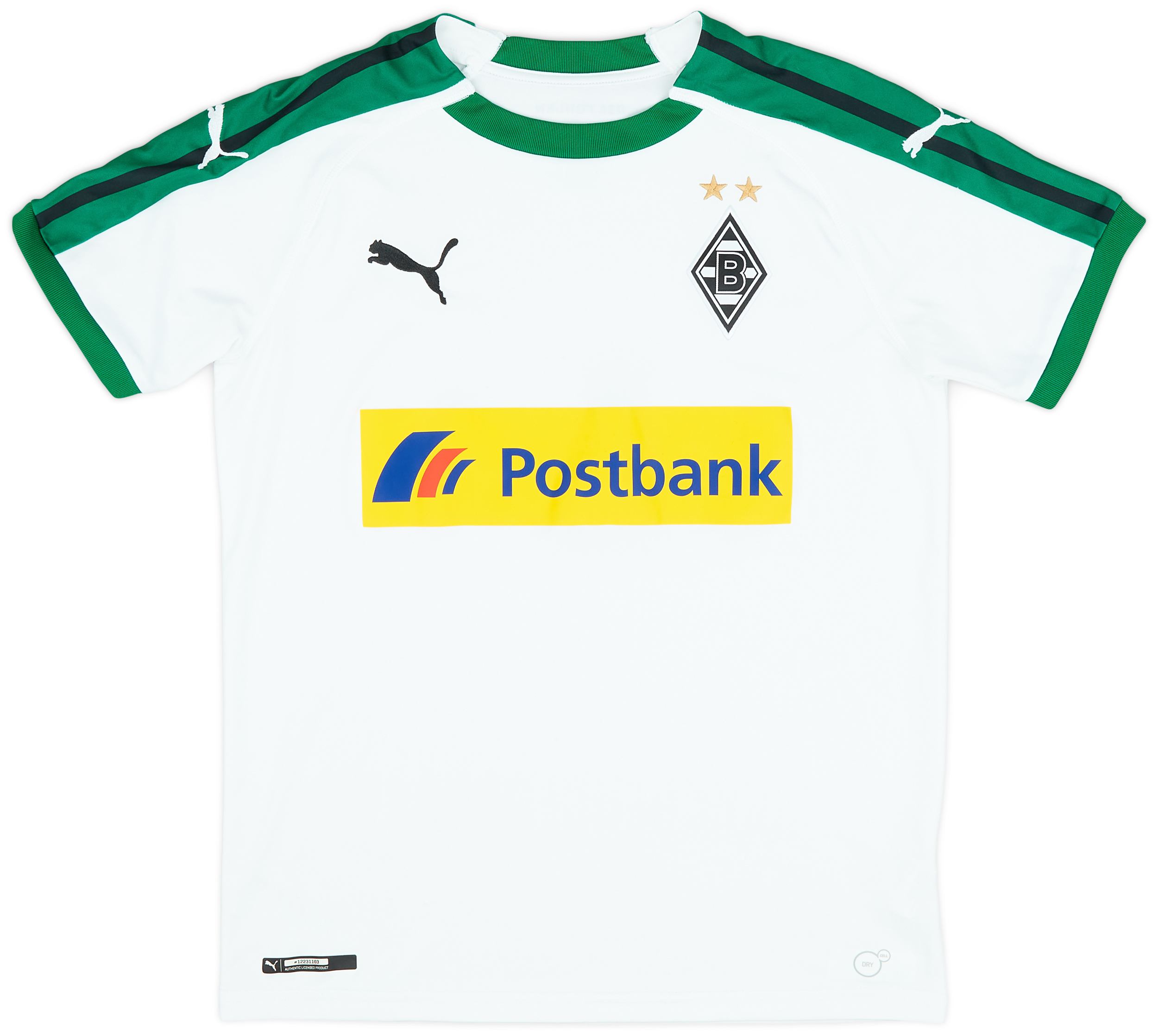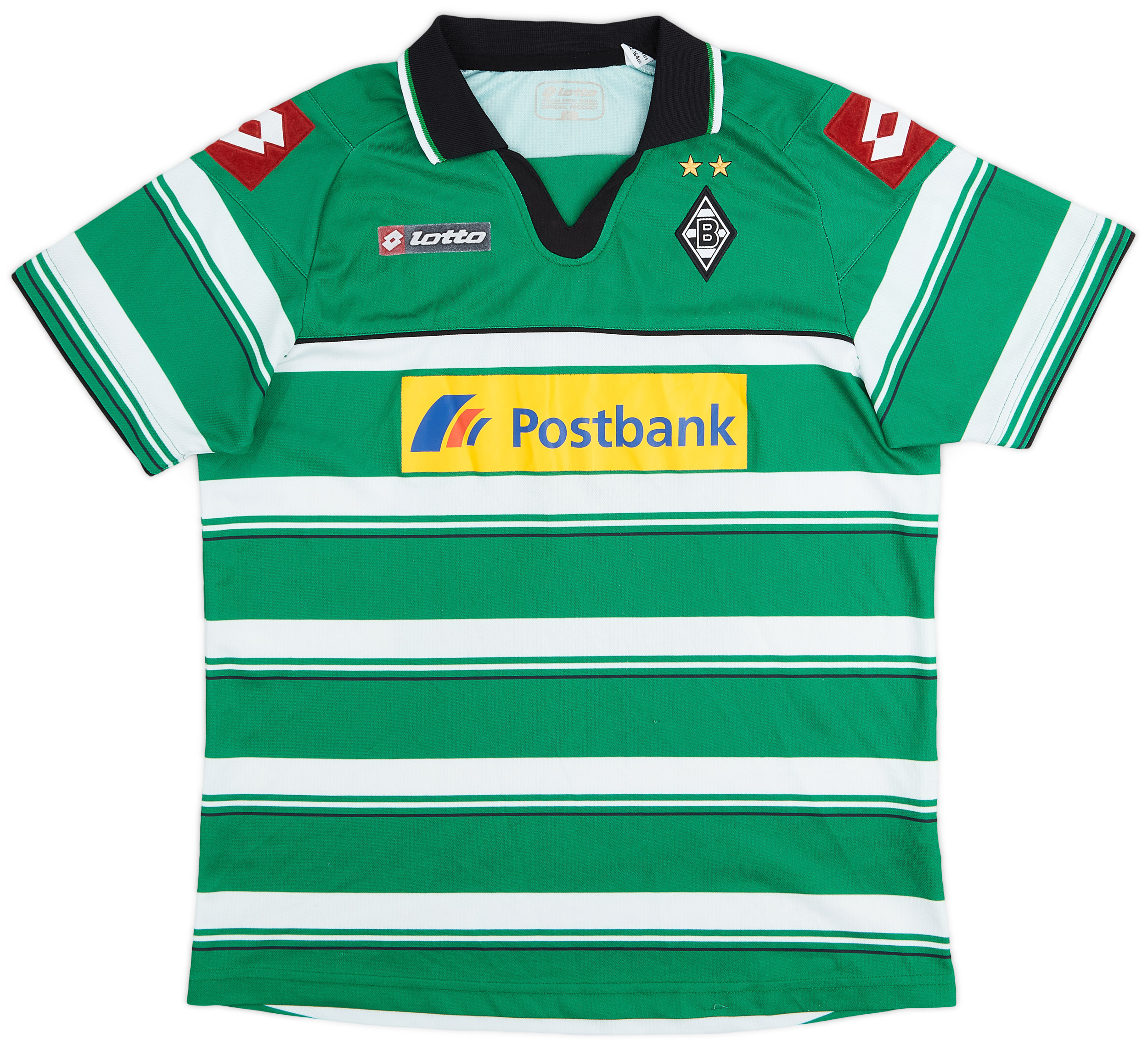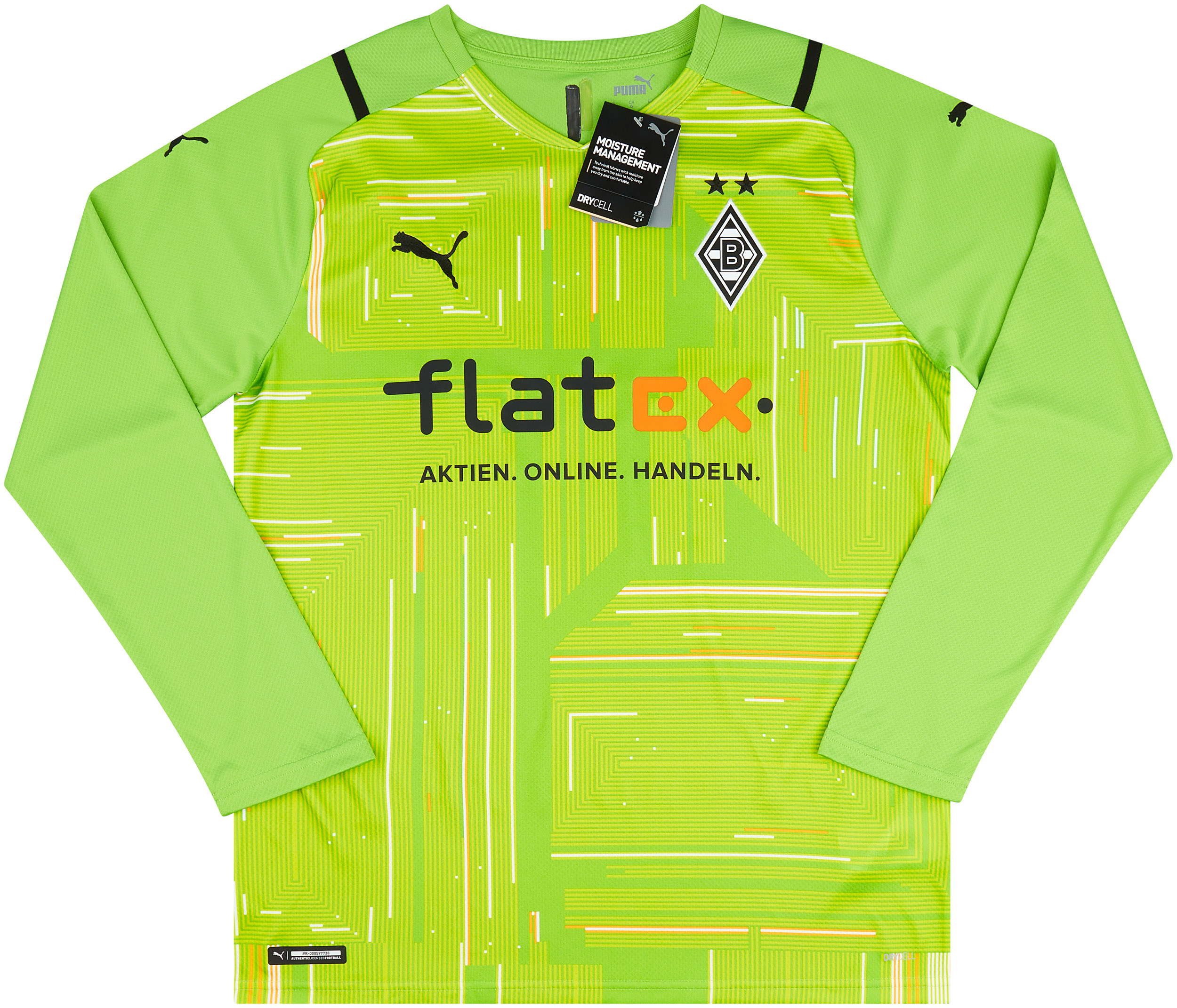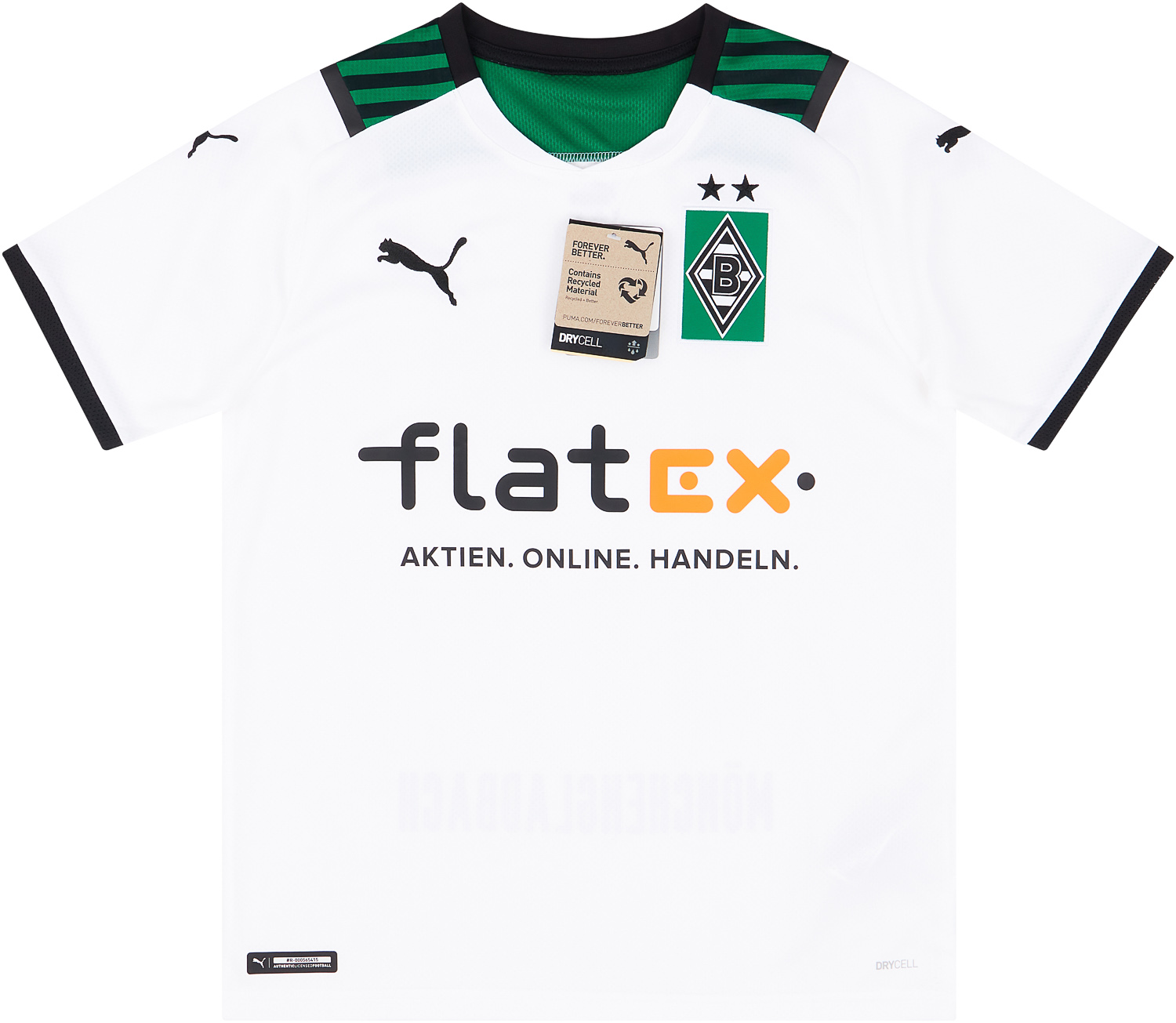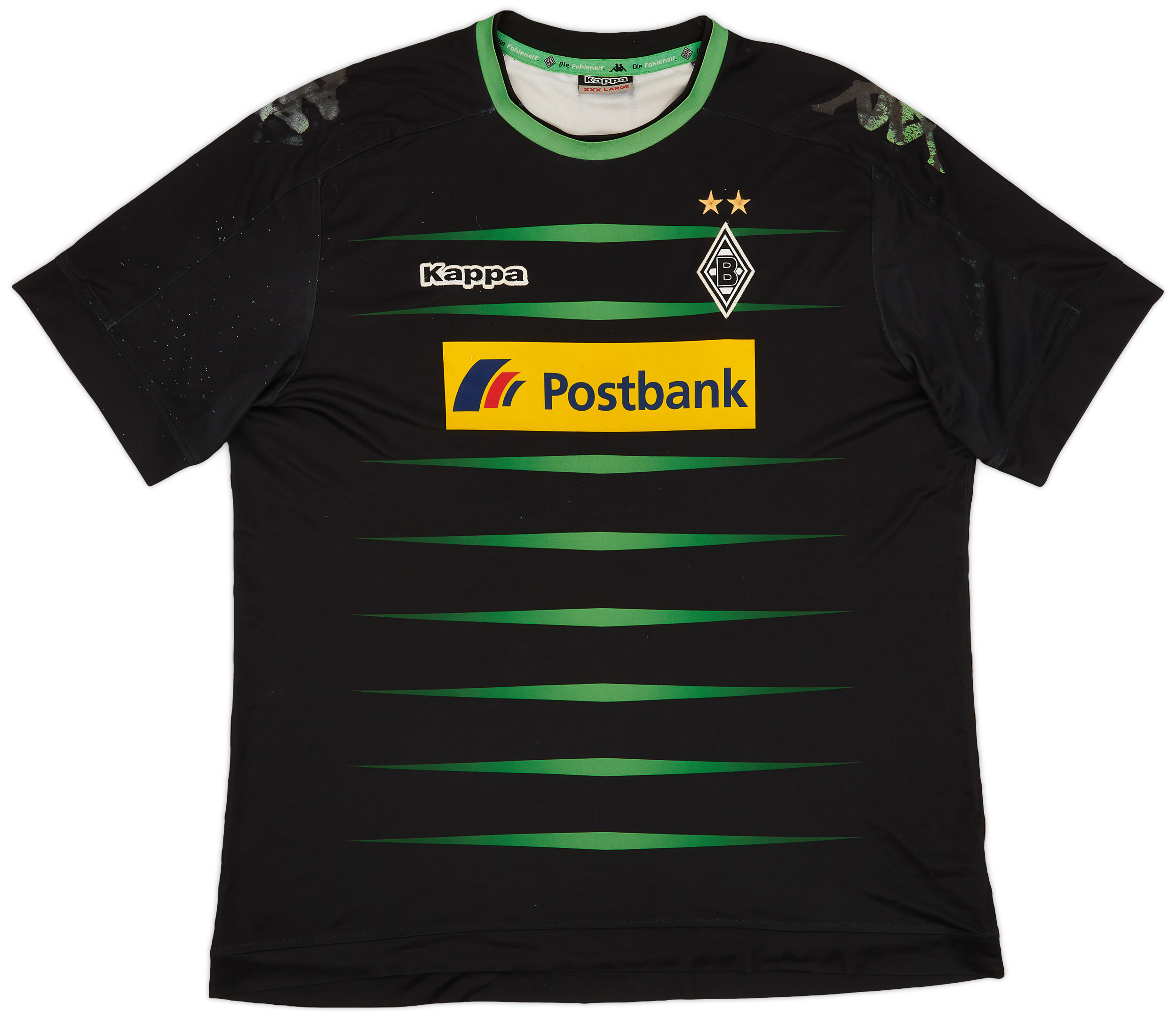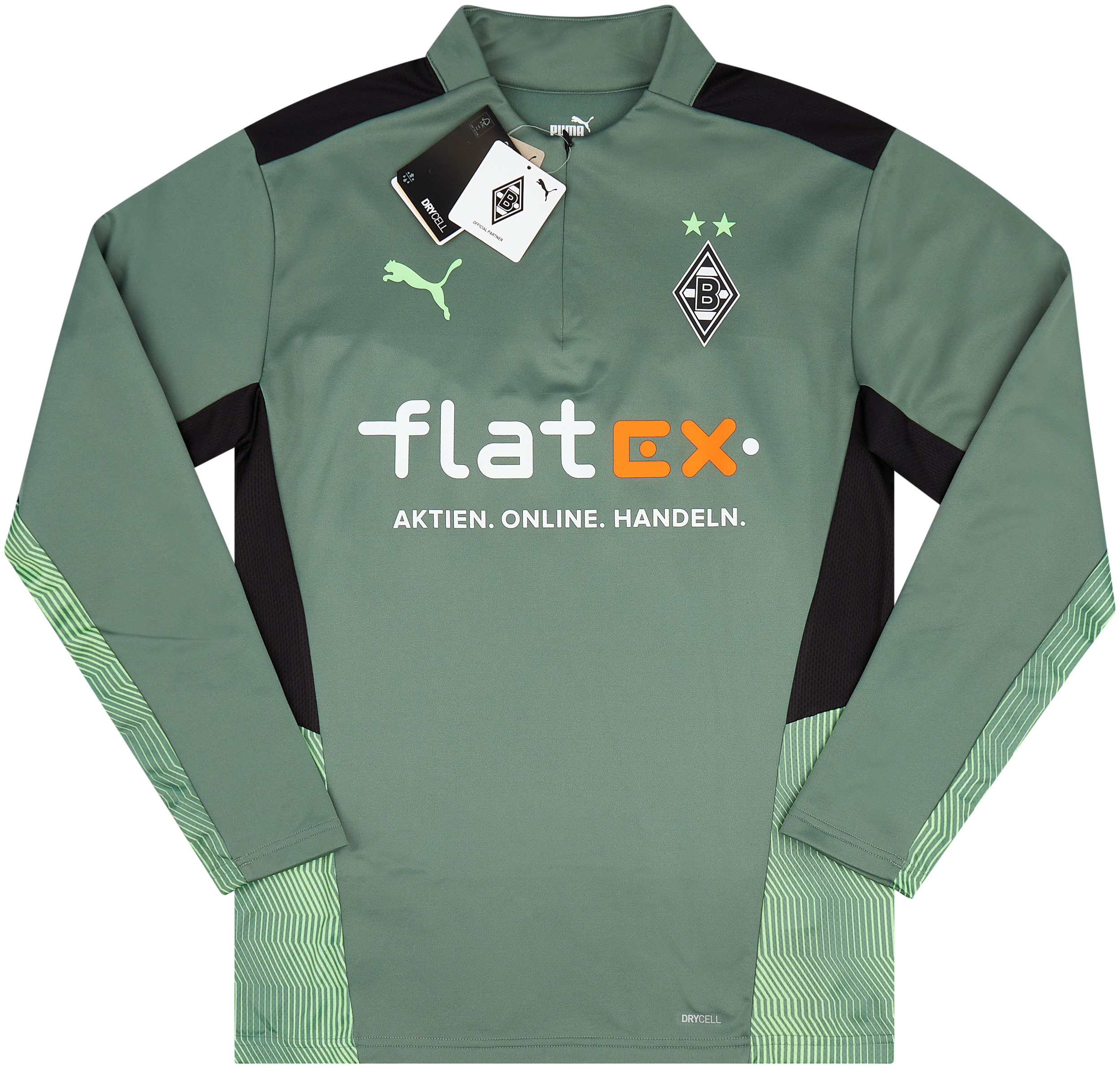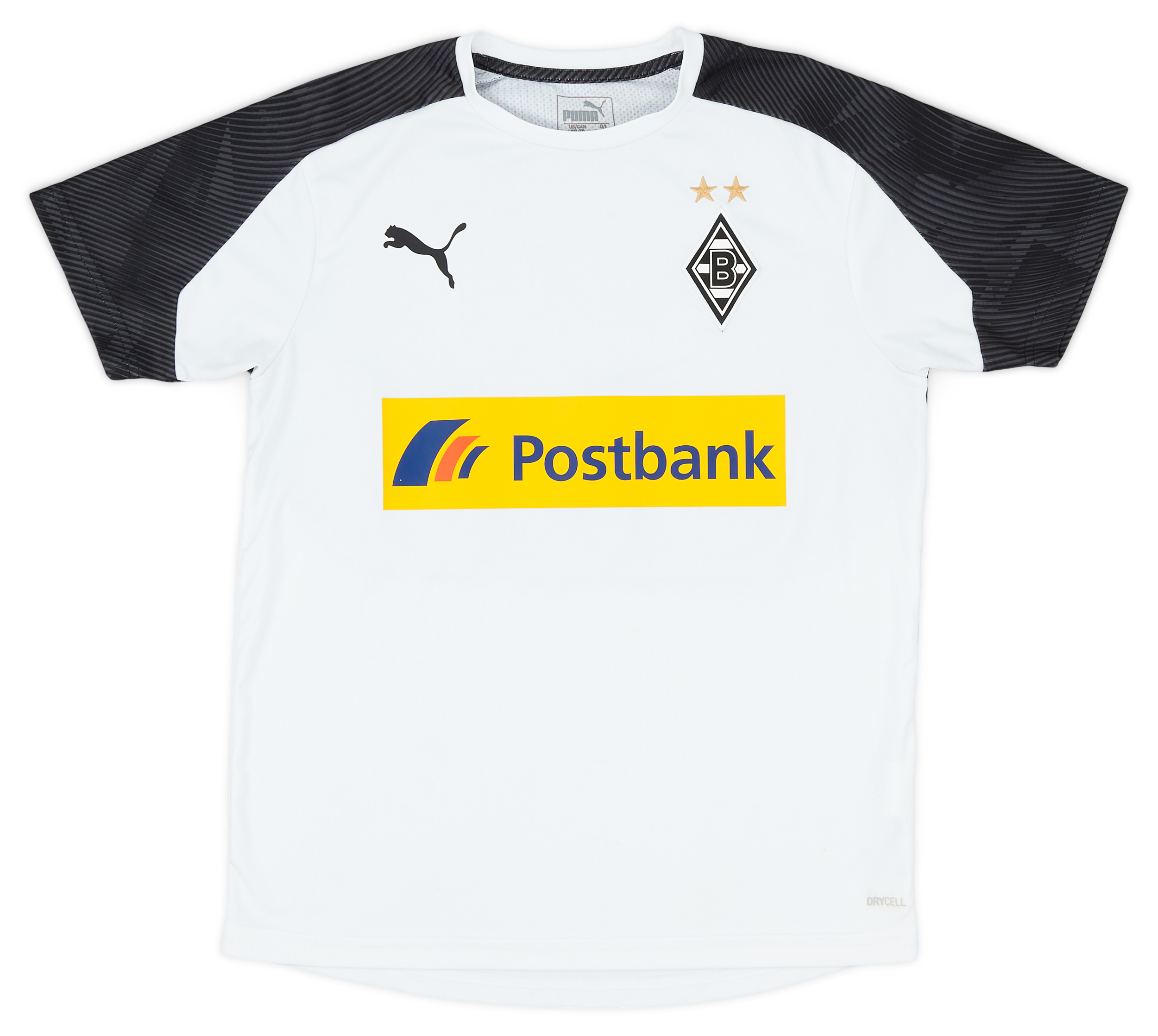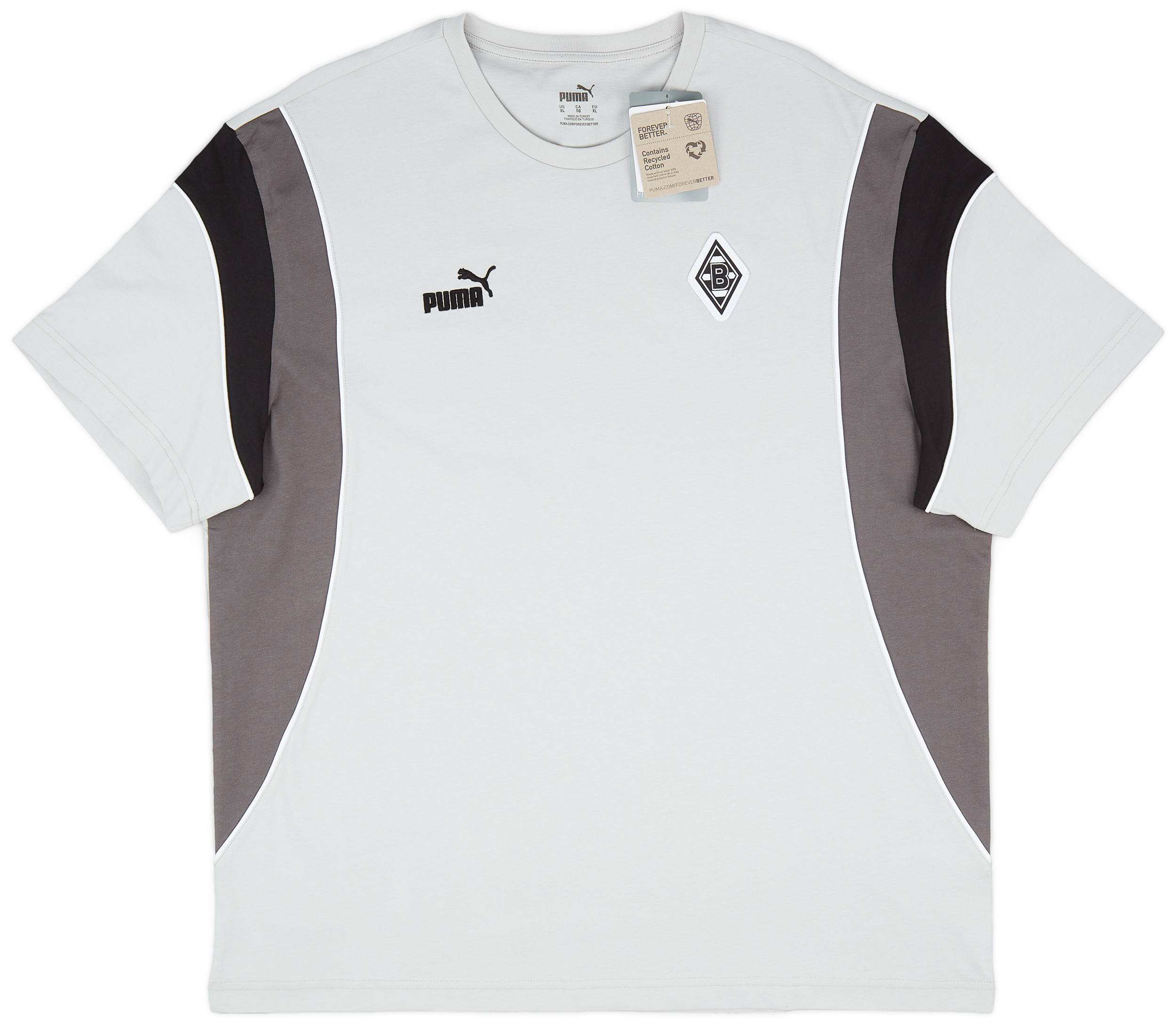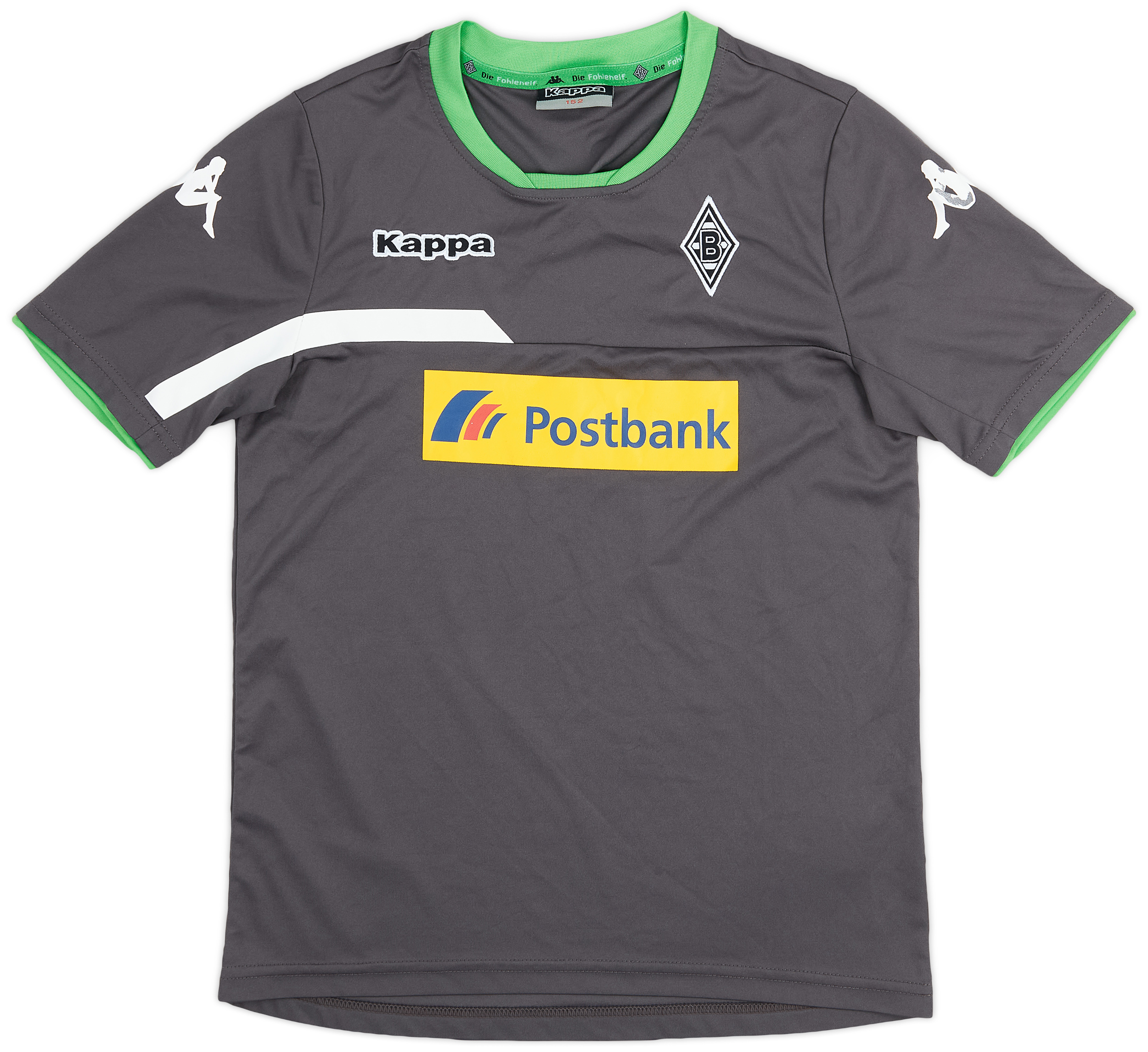Borussia Monchengladbach
Introduction When football fans think of Germany, iconic clubs like Bayern Munich and Borussia Dortmund often come to mind. However, one club that holds a rich history and an impressive legacy is Borussia Monchengladbach. Based in the city of Monchengladbach, this club has established itself as a prominent name in German football, known for its […]
1981-82 Borussia Monchengladbach Home L/S Shirt - 9/10 - (S)
356.99£ - ca: €421
1979-81 Borussia Monchengladbach Home L/S Shirt - 8/10 - (M)
356.99£ - ca: €421
1987-89 Borussia Monchengladbach Home L/S Shirt - 9/10 - (S)
296.99£ - ca: €350
1980-83 Borussia Monchengladbach Home L/S Shirt - 7/10 - (M)
296.99£ - ca: €350
1992-94 Borussia Monchengladbach Home L/S Shirt - 8/10 - (L)
296.99£ - ca: €350
1995-96 Borussia Monchengladbach Home L/S Shirt - 8/10 - (XXL)
237.99£ - ca: €281
1992-94 Borussia Monchengladbach Home L/S Shirt - 8/10 - (XL)
237.99£ - ca: €281
1981-82 Borussia Monchengladbach Home L/S Shirt - 6/10 - (XS)
237.99£ - ca: €281
1987-89 Borussia Monchengladbach Home Shirt - 8/10 - (S)
237.99£ - ca: €281
1990-92 Borussia Monchengladbach Away L/S Shirt - 8/10 - (XL)
237.99£ - ca: €281
1994-95 Borussia Monchengladbach Home L/S Shirt - 7/10 - (M)
237.99£ - ca: €281
1992-94 Borussia Monchengladbach Home L/S Shirt - 8/10 - (L)
237.99£ - ca: €281
1987-89 Borussia Monchengladbach Home L/S Shirt - 7/10 - (M)
237.99£ - ca: €281
1985-87 Borussia Monchengladbach Home Shirt - 6/10 - (M)
237.99£ - ca: €281
1990-92 Borussia Monchengladbach Away L/S Shirt - 6/10 - (L)
207.99£ - ca: €245
1987-89 Borussia Monchengladbach Home Shirt - 6/10 - (S)
207.99£ - ca: €245
1994-95 Borussia Monchengladbach Home Shirt - 8/10 - (S)
207.99£ - ca: €245
1992-94 Borussia Monchengladbach Home L/S Shirt - 7/10 - (XL)
207.99£ - ca: €245
1994-95 Borussia Monchengladbach Home Shirt - 9/10 - (XL)
207.99£ - ca: €245
1994-95 Borussia Monchengladbach L/S Home Shirt - 9/10 - (XS)
207.99£ - ca: €245
1994-95 Borussia Monchengladbach Away L/S Shirt - 8/10 - (XL)
207.99£ - ca: €245
1995-96 Borussia Monchengladbach Home L/S Shirt - 8/10 - (M)
207.99£ - ca: €245
1994-95 Borussia Monchengladbach Home Shirt - 8/10 - (S)
207.99£ - ca: €245
1995-96 Borussia Monchengladbach Home Shirt - 10/10 - (S)
207.99£ - ca: €245
1990-92 Borussia Monchengladbach Away L/S Shirt - 7/10 - (XL)
207.99£ - ca: €245
1990-92 Borussia Monchengladbach Away L/S Shirt - 8/10 - (L)
207.99£ - ca: €245
1995-96 Borussia Monchengladbach Home Shirt Effenberg #10 - 8/10 - (S)
207.99£ - ca: €245
1997-98 Borussia Monchengladbach Home Shirt - 8/10 - (S)
177.99£ - ca: €210
1995-96 Borussia Monchengladbach Away L/S Shirt - 8/10 - (S)
177.99£ - ca: €210
1992-94 Borussia Monchengladbach Away Shirt - 8/10 - (XS)
177.99£ - ca: €210
1995-96 Borussia Monchengladbach Away L/S Shirt - 8/10 - (L)
177.99£ - ca: €210
1995-96 Borussia Monchengladbach Away L/S Shirt - 9/10 - (L)
177.99£ - ca: €210
1990-92 Borussia Monchengladbach Away Shirt - 6/10 - (M)
177.99£ - ca: €210
1996-97 Borussia Monchengladbach Home Shirt Effenberg #10 - 7/10 - (L)
149.99£ - ca: €177
1996-97 Borussia Monchengladbach Home Shirt - 8/10 - (L)
149.99£ - ca: €177
1997-98 Borussia Monchengladbach Home Shirt - 7/10 - (L)
148.99£ - ca: €176
1987-89 Borussia Monchengladbach Home L/S Shirt - 8/10 - (M)
148.99£ - ca: €176
1995-96 Borussia Monchengladbach Home Shirt - 9/10 - (XXL)
148.99£ - ca: €176
1995-96 Borussia Monchengladbach Away L/S Shirt - 7/10 - (M)
148.99£ - ca: €176
1995-96 Borussia Monchengladbach Away L/S Shirt - 8/10 - (XS)
148.99£ - ca: €176
1995-96 Borussia Monchengladbach Away L/S Shirt - 8/10 - (S)
148.99£ - ca: €176
1998-99 Borussia Monchengladbach Home Shirt - 8/10 - (S)
148.99£ - ca: €176
1998-99 Borussia Monchengladbach GK Shirt - 8/10 - (XXL)
148.99£ - ca: €176
1996-97 Borussia Monchengladbach Away Shirt - 8/10 - (S)
148.99£ - ca: €176
1996-98 Borussia Monchengladbach Reebok Track Top - 8/10 - (S)
148.99£ - ca: €176
1994-95 Borussia Monchengladbach Away Shirt - 8/10 - (XS)
148.99£ - ca: €176
1996-98 Borussia Monchengladbach Reebok Padded Bench Coat - 7/10 - (M)
148.99£ - ca: €176
1999-00 Borussia Monchengladbach Away Shirt - 7/10 - (XXL)
136.99£ - ca: €162
1995-96 Borussia Monchengladbach Away Shirt - 9/10 - (L)
118.99£ - ca: €140
1995-96 Borussia Monchengladbach Squad 'Signed' Home Shirt - 8/10 - (L)
118.99£ - ca: €140
1995-96 Borussia Monchengladbach Away L/S Shirt - 9/10 - (XS)
118.99£ - ca: €140
1997-98 Borussia Monchengladbach Away Shirt #9 - 7/10 - (XL)
118.99£ - ca: €140
1997-98 Borussia Monchengladbach Away Shirt - 6/10 - (XXL)
118.99£ - ca: €140
2000-02 Borussia Monchengladbach Home Shirt Eberl #2 - 8/10 - (S)
118.99£ - ca: €140
1992-94 Borussia Monchengladbach Home L/S Shirt - 5/10 - (S)
118.99£ - ca: €140
2000-01 Borussia Monchengladbach GK Shirt - 8/10 - (XXL)
94.99£ - ca: €112
2024-25 Borussia Monchengladbach Home Shirt
94.99£ - ca: €112
1998-99 Borussia Monchengladbach Away Shirt - 5/10 - (XXL)
94.99£ - ca: €112
2024-25 Borussia Monchengladbach Third Shirt
94.99£ - ca: €112
2003-04 Borussia Monchengladbach GK Shirt Stiel #1 - 6/10 - (M)
94.99£ - ca: €112
2005-06 Borussia Monchengladbach Third L/S Shirt - 8/10 - (S)
94.99£ - ca: €112
1997-98 Borussia Monchengladbach Signed Home Shirt - 9/10 - (L)
89.99£ - ca: €106
2013-14 Borussia Monchengladbach Third Shirt - 10/10 - (L)
82.99£ - ca: €98
2003-05 Borussia Monchengladbach Home Shirt - 8/10 - (S)
82.99£ - ca: €98
2003-04 Borussia Monchengladbach Away Shirt - 8/10 - (XXL)
82.99£ - ca: €98
2017-18 Borussia Monchengladbach Home Shirt (XXL)
82.99£ - ca: €98
2013-14 Borussia Monchengladbach Third L/S Shirt - 9/10 - (L)
82.99£ - ca: €98
2018-19 Borussia Monchengladbach Evoknit Authentic Away Shirt (S)
82.99£ - ca: €98
2004-05 Borussia Monchengladbach GK S/S Shirt - 9/10 - (XL)
82.99£ - ca: €98
2004-05 Borussia Monchengladbach GK Shirt - 9/10 - (XL)
82.99£ - ca: €98
2024-25 Borussia Monchengladbach Away Shirt
79.99£ - ca: €94
2013-14 Borussia Monchengladbach Third Shirt - 9/10 - (S)
70.99£ - ca: €84
2015-16 Borussia Monchengladbach Home Shirt - 9/10 - (M)
70.99£ - ca: €84
2013-14 Borussia Monchengladbach Third Shirt - 9/10 - (L)
70.99£ - ca: €84
1997-98 Borussia Monchengladbach Home Shirt - 5/10 - (XS)
70.99£ - ca: €84
1995-96 Borussia Monchengladbach Away L/S Shirt - 4/10 - (XL)
70.99£ - ca: €84
2018-19 Borussia Monchengladbach Home Shirt (S)
70.99£ - ca: €84
2015-16 Borussia Monchengladbach Home Shirt - 9/10 - (L)
70.99£ - ca: €84
2013-14 Borussia Monchengladbach Third Shirt - 8/10 - (M)
70.99£ - ca: €84
2019-20 Borussia Monchengladbach Away Shirt Zakaria #8 - 6/10 - (L)
70.99£ - ca: €84
2003-05 Borussia Monchengladbach Home Shirt - 7/10 - (XXL)
70.99£ - ca: €84
2013-14 Borussia Monchengladbach Third Shirt - 9/10 - (XXL)
70.99£ - ca: €84
2002-03 Borussia Monchengladbach GK Shirt - 7/10 - (XXL)
70.99£ - ca: €84
2005-06 Borussia Monchengladbach Home Shirt - 8/10 - (L)
70.99£ - ca: €84
2000-02 Borussia Monchengladbach Reebok Training Shirt - 8/10 - (L)
70.99£ - ca: €84
2012-13 Borussia Monchengladbach Third Shirt - 8/10 - (S)
70.99£ - ca: €84
2007-08 Borussia Monchengladbach Third L/S Shirt - 6/10 - (S)
70.99£ - ca: €84
2013-14 Borussia Monchengladbach Third Shirt - 8/10 - (S)
70.99£ - ca: €84
2015-16 Borussia Monchengladbach Away Shirt (XXL)
70.99£ - ca: €84
2003-04 Borussia Monchengladbach Home Shirt - 6/10 - (S)
70.99£ - ca: €84
2013-14 Borussia Monchengladbach Third Shirt - 8/10 - (M)
70.99£ - ca: €84
2006-07 Borussia Monchengladbach Home Shirt Insua #10 - 9/10 - (3XL)
70.99£ - ca: €84
2005-06 Borussia Monchengladbach Home Shirt - 9/10 - (XXL)
70.99£ - ca: €84
2016-17 Borussia Monchengladbach Third Shirt Dahoud #8 - 9/10 - (S)
70.99£ - ca: €84
2024-25 Borussia Monchengladbach Puma Pre-Match Shirt
64.99£ - ca: €77
2017-18 Borussia Monchengladbach Third Shirt - 8/10 - (M)
58.99£ - ca: €70
2017-18 Borussia Monchengladbach Away Shirt - 9/10 - (L)
58.99£ - ca: €70
2015-16 Borussia Monchengladbach Home Shirt - 6/10 - (S)
58.99£ - ca: €70
2005-06 Borussia Monchengladbach Home Shirt - 7/10 - (XXL)
58.99£ - ca: €70
2014-15 Borussia Monchengladbach Home Shirt - 9/10 - (S)
58.99£ - ca: €70
2015-16 Borussia Monchengladbach European Home Shirt - 8/10 - (L)
58.99£ - ca: €70
2013-14 Borussia Monchengladbach Third Shirt - 7/10 - (XXL)
58.99£ - ca: €70
2010-11 Borussia Monchengladbach Signed Home Shirt - 8/10 - (XL)
58.99£ - ca: €70
2002-03 Borussia Monchengladbach GK Shirt - 7/10 - (XS)
58.99£ - ca: €70
2017-18 Borussia Monchengladbach Third Shirt - 8/10 - (S)
58.99£ - ca: €70
2014-15 Borussia Monchengladbach Home Shirt - 9/10 - (S)
58.99£ - ca: €70
2012-13 Borussia Monchengladbach Away Shirt - 7/10 - (XL)
58.99£ - ca: €70
2005-06 Borussia Monchengladbach Home Shirt - 6/10 - (L/XL)
58.99£ - ca: €70
1997-98 Borussia Monchengladbach Home Shirt - 4/10 - (XXL)
58.99£ - ca: €70
2013-14 Borussia Monchengladbach Home Shirt - 9/10 - (XL)
58.99£ - ca: €70
2011-12 Borussia Monchengladbach Away Shirt - 9/10 - (L)
58.99£ - ca: €70
2014-15 Borussia Monchengladbach Home Shirt - 9/10 - (M)
58.99£ - ca: €70
2009-10 Borussia Monchengladbach Home Shirt - 7/10 - (XL)
58.99£ - ca: €70
2005-06 Borussia Monchengladbach Home Shirt - 7/10 - (XXL)
58.99£ - ca: €70
2013-14 Borussia Monchengladbach Home Shirt - 9/10 - (XXL)
58.99£ - ca: €70
2010-11 Borussia Monchengladbach Home Shirt - 8/10 - (XXL)
58.99£ - ca: €70
2017-18 Borussia Monchengladbach Third Shirt - 8/10 - (M)
58.99£ - ca: €70
2005-06 Borussia Monchengladbach Home Shirt - 6/10 - (XXL)
58.99£ - ca: €70
2015-16 Borussia Monchengladbach Home Shirt - 7/10 - (M)
58.99£ - ca: €70
2013-14 Borussia Monchengladbach Home Shirt - 9/10 - (XXL)
58.99£ - ca: €70
2005-06 Borussia Monchengladbach Home Shirt - 7/10 - (XXL)
58.99£ - ca: €70
2017-18 Borussia Monchengladbach Puma Padded Coat
58.99£ - ca: €70
2014-15 Borussia Monchengladbach Home Shirt - 8/10 - (M)
58.99£ - ca: €70
2012-13 Borussia Monchengladbach Away Shirt - 6/10 - (XL)
58.99£ - ca: €70
2007-08 Borussia Monchengladbach Away Shirt - 7/10 - (XL)
58.99£ - ca: €70
2014-15 Borussia Monchengladbach Home Shirt - 9/10 - (S)
58.99£ - ca: €70
2014-15 Borussia Monchengladbach Home Shirt - 8/10 - (S)
58.99£ - ca: €70
2016-17 Borussia Monchengladbach Home Shirt - 10/10 - (XL)
58.99£ - ca: €70
2016-17 Borussia Monchengladbach Home Shirt - 10/10 - (XL)
53.99£ - ca: €64
2017-18 Borussia Monchengladbach Home Shirt - 9/10 - (M)
53.99£ - ca: €64
2015-16 Borussia Monchengladbach European Home Shirt - 8/10 - (3XL)
53.99£ - ca: €64
2013-14 Borussia Monchengladbach Home Shirt - 7/10 - (L)
53.99£ - ca: €64
2016-17 Borussia Monchengladbach Away Shirt - 9/10 - (XXL)
53.99£ - ca: €64
2016-17 Borussia Monchengladbach Third Shirt - 8/10 - (XL)
53.99£ - ca: €64
2013-14 Borussia Monchengladbach Home Shirt - 8/10 - (3XL)
53.99£ - ca: €64
2013-14 Borussia Monchengladbach Home Shirt - 7/10 - (XL)
53.99£ - ca: €64
2013-14 Borussia Monchengladbach Away Shirt - 10/10 - (XXL)
53.99£ - ca: €64
2016-17 Borussia Monchengladbach Third Shirt - 8/10 - (M)
53.99£ - ca: €64
2018-19 Borussia Monchengladbach Puma Drill Top - 9/10 - (XXL)
53.99£ - ca: €64
2013-14 Borussia Monchengladbach Home Shirt - 9/10 - (3XL)
53.99£ - ca: €64
2017-18 Borussia Monchengladbach Home Shirt - 9/10 - (XL)
53.99£ - ca: €64
2018-19 Borussia Monchengladbach Away Shirt - 9/10 - (XL)
53.99£ - ca: €64
2014-15 Borussia Monchengladbach Home Shirt - 6/10 - (S)
53.99£ - ca: €64
2011-12 Borussia Monchengladbach Away Shirt - 7/10 - (L)
53.99£ - ca: €64
2016-17 Borussia Monchengladbach Third Shirt - 8/10 - (XXL)
53.99£ - ca: €64
2006-07 Borussia Monchengladbach Home Shirt - 7/10 - (XXL)
53.99£ - ca: €64
2011-12 Borussia Monchengladbach Away Shirt - 7/10 - (M)
53.99£ - ca: €64
2014-15 Borussia Monchengladbach Home Shirt - 7/10 - (L)
53.99£ - ca: €64
2021-22 Borussia Monchengladbach Third Shirt Wolf #11 (3XL)
53.99£ - ca: €64
2016-17 Borussia Monchengladbach Third Shirt - 8/10 - (L)
53.99£ - ca: €64
2013-14 Borussia Monchengladbach Home Shirt - 7/10 - (L)
53.99£ - ca: €64
2012-13 Borussia Monchengladbach Signed Home Shirt - 9/10 - (XL)
53.99£ - ca: €64
2014-15 Borussia Monchengladbach Home Shirt - 6/10 - (XXL)
53.99£ - ca: €64
2012-13 Borussia Monchengladbach Home L/S Shirt - 7/10 - (L)
53.99£ - ca: €64
2008-09 Borussia Monchengladbach Home Shirt - 7/10 - (3XL)
53.99£ - ca: €64
2018-19 Borussia Monchengladbach Away Shirt - 8/10 - (M)
53.99£ - ca: €64
2014-15 Borussia Monchengladbach Home Shirt - 6/10 - (M)
53.99£ - ca: €64
2021-22 Borussia Monchengladbach Puma Winter Jacket (S)
53.99£ - ca: €64
2010-11 Borussia Monchengladbach Home Shirt - 6/10 - (XL)
53.99£ - ca: €64
2014-15 Borussia Monchengladbach Fourth Shirt - 9/10 - (XXL)
53.99£ - ca: €64
2016-17 Borussia Monchengladbach Third Shirt - 9/10 - (L)
53.99£ - ca: €64
2018-19 Borussia Monchengladbach Home Shirt (L)
53.99£ - ca: €64
2013-14 Borussia Monchengladbach Home Shirt - 8/10 - (3XL)
53.99£ - ca: €64
2014-15 Borussia Monchengladbach Home Shirt - 6/10 - (M)
53.99£ - ca: €64
2014-15 Borussia Monchengladbach Home Shirt - 7/10 - (L)
53.99£ - ca: €64
2017-18 Borussia Monchengladbach Third Shirt - 7/10 - (XL)
53.99£ - ca: €64
2014-15 Borussia Monchengladbach Away Shirt #16 - 8/10 - (M)
53.99£ - ca: €64
2023-24 Borussia Monchengladbach Away Shirt
53.99£ - ca: €64
2018-19 Borussia Monchengladbach Home Shirt - 9/10 - (XL)
51.99£ - ca: €61
2015-16 Borussia Monchengladbach Away Shirt - 9/10 - (S)
47.99£ - ca: €57
2023-24 Borussia Monchengladbach Home Shirt
47.99£ - ca: €57
2011-12 Borussia Monchengladbach Away Shirt - 7/10 - (S)
47.99£ - ca: €57
2018-19 Borussia Monchengladbach Home Shirt - 9/10 - (L)
47.99£ - ca: €57
2017-18 Borussia Monchengladbach Home Shirt - 9/10 - (3XL)
47.99£ - ca: €57
2009-10 Borussia Monchengladbach Home Shirt - 5/10 - (XXL)
47.99£ - ca: €57
2016-17 Borussia Monchengladbach Home Shirt - 8/10 - (XXL)
47.99£ - ca: €57
2013-14 Borussia Monchengladbach Away Shirt - Excellent 9/10 - (XL)
47.99£ - ca: €57
2002-03 Borussia Monchengladbach Home Shorts - 9/10 - (L)
47.99£ - ca: €57
2016-17 Borussia Monchengladbach Home Shirt - 9/10 - (L)
47.99£ - ca: €57
2016-17 Borussia Monchengladbach Home Shirt - 9/10 - (M)
47.99£ - ca: €57
2013-14 Borussia Monchengladbach Away Shirt - 8/10 - (L)
47.99£ - ca: €57
2020-21 Borussia Monchengladbach European Away Shirt - 7/10 - (L)
47.99£ - ca: €57
2013-14 Borussia Monchengladbach Away Shirt - 9/10 - (L)
47.99£ - ca: €57
2015-16 Borussia Monchengladbach Away Shirt - 8/10 - (L)
47.99£ - ca: €57
2016-17 Borussia Monchengladbach Away Shirt - 9/10 - (3XL)
47.99£ - ca: €57
2013-14 Borussia Monchengladbach Kappa Training Shirt (S)
47.99£ - ca: €57
2012-13 Borussia Monchengladbach Home Shirt - 7/10 - (XL)
47.99£ - ca: €57
2013-14 Borussia Monchengladbach Away Shirt - 10/10 - (3XL)
47.99£ - ca: €57
2015-16 Borussia Monchengladbach Away Shirt - 9/10 - (XXL)
47.99£ - ca: €57
2015-16 Borussia Monchengladbach Away Shirt - 8/10 - (XXL)
47.99£ - ca: €57
2015-16 Borussia Monchengladbach Away Shirt - 9/10 - (M)
47.99£ - ca: €57
2012-13 Borussia Monchengladbach Home Shirt - 6/10 - (M)
47.99£ - ca: €57
2014-15 Borussia Monchengladbach Away Shirt - 10/10 - (XXL)
47.99£ - ca: €57
2015-16 Borussia Monchengladbach Away Shirt - 9/10 - (L)
47.99£ - ca: €57
2016-17 Borussia Monchengladbach Third Shirt - 6/10 - (L)
47.99£ - ca: €57
2014-15 Borussia Monchengladbach Home Shirt - 7/10 - (XS)
47.99£ - ca: €57
2011-12 Borussia Monchengladbach Away Shirt - 6/10 - (XXL)
47.99£ - ca: €57
2002-03 Borussia Monchengladbach Reebok Polo Shirt - 9/10 - (M)
47.99£ - ca: €57
2012-13 Borussia Monchengladbach Home Shirt - 7/10 - (XL)
47.99£ - ca: €57
2014-15 Borussia Monchengladbach Away Shirt - 9/10 - (XXL)
47.99£ - ca: €57
2015-16 Borussia Monchengladbach Away Shirt - 9/10 - (S)
47.99£ - ca: €57
2018-19 Borussia Monchengladbach Home Shirt - 8/10 - (XL)
47.99£ - ca: €57
2018-19 Borussia Monchengladbach Home Shirt - 8/10 - (L)
47.99£ - ca: €57
2013-14 Borussia Monchengladbach Away Shirt - 7/10 - (M)
41.99£ - ca: €50
2012-13 Borussia Monchengladbach Home Shirt Hanke #19 - 5/10 - (L)
41.99£ - ca: €50
2005-06 Borussia Monchengladbach Lotto Training Shirt - 8/10 - (XXL)
41.99£ - ca: €50
2014-15 Borussia Monchengladbach Home Shirt Hahn #28 - 5/10 - (3XL)
41.99£ - ca: €50
2004-05 Borussia Monchengladbach Lotto Training Shirt - 9/10 - (L)
41.99£ - ca: €50
2005-06 Borussia Monchengladbach Lotto Training Shirt - 7/10 - (M)
41.99£ - ca: €50
2016-17 Borussia Monchengladbach Home Shirt - 7/10 - (XL)
41.99£ - ca: €50
2010-11 Borussia Monchengladbach Home Shirt #2 - 5/10 - (S)
41.99£ - ca: €50
2003-04 Borussia Monchengladbach Away Shirt - 9/10 - (XL.Boys)
41.99£ - ca: €50
2018-19 Borussia Monchengladbach Home Shirt - 6/10 - (L)
41.99£ - ca: €50
2018-19 Borussia Monchengladbach Home Shirt - 6/10 - (L)
41.99£ - ca: €50
2021-22 Borussia Monchengladbach Puma Padded Jacket
41.99£ - ca: €50
2016-17 Borussia Monchengladbach Home Shirt - 7/10 - (M)
41.99£ - ca: €50
2013-14 Borussia Monchengladbach Away Shirt #16 - 8/10 - (M)
41.99£ - ca: €50
2018-19 Borussia Monchengladbach Home Shirt - 5/10 - (S)
41.99£ - ca: €50
2002-03 Borussia Monchengladbach Home Shorts - 7/10 - (L)
41.99£ - ca: €50
2012-13 Borussia Monchengladbach Lotto Training Shirt - 8/10 - (L)
41.99£ - ca: €50
2016-17 Borussia Monchengladbach European Home Shirt - 6/10 - (S)
41.99£ - ca: €50
2021-22 Borussia Monchengladbach Player Issue Away Shirt
41.99£ - ca: €50
2013-14 Borussia Monchengladbach Home Shirt (XXL)
41.99£ - ca: €50
2014-15 Borussia Monchengladbach Away Shirt #7 - 8/10 - (M)
35.99£ - ca: €42
2013-14 Borussia Monchengladbach Kappa Training Shirt - 8/10 - (XL)
35.99£ - ca: €42
2021-22 Borussia Monchengladbach Puma Pre-Match Jacket
35.99£ - ca: €42
2003-04 Borussia Monchengladbach Lotto Training Shirt - 7/10 - (L)
35.99£ - ca: €42
2012-13 Borussia Monchengladbach Lotto Training Shirt - 7/10 - (XL)
35.99£ - ca: €42
2021-22 Borussia Monchengladbach Third Shirt - 8/10 - (M)
35.99£ - ca: €42
2020-21 Borussia Monchengladbach Player Issue Home Shirt
35.99£ - ca: €42
2015-16 Borussia Monchengladbach Home Shirt - 5/10 - (M)
35.99£ - ca: €42
1980s Borussia Monchengladbach Supporters L/S Shirt - 5/10 - (Y)
35.99£ - ca: €42
2013-14 Borussia Monchengladbach Away Shirt #10 - 6/10 - (S)
35.99£ - ca: €42
2014-15 Borussia Monchengladbach Home Shirt - 8/10 - (Women's XL)
35.99£ - ca: €42
2014-15 Borussia Monchengladbach Kappa Training Shirt - 9/10 - (XL)
35.99£ - ca: €42
2013-14 Borussia Monchengladbach Kappa Training Shirt - 9/10 - (XXL)
35.99£ - ca: €42
2016-17 Borussia Monchengladbach Home Shirt Kramer #6 - 5/10 - (3XL)
35.99£ - ca: €42
2021-22 Borussia Monchengladbach Away Shirt - 9/10 - (S)
35.99£ - ca: €42
2015-16 Borussia Monchengladbach Home Shirt - 7/10 - (3XL)
35.99£ - ca: €42
2011-12 Borussia Monchengladbach Lotto Training Shirt - 7/10 - (S)
35.99£ - ca: €42
2004-05 Borussia Monchengladbach Lotto Training Shirt - 7/10 - (L)
35.99£ - ca: €42
2016-17 Borussia Monchengladbach GK Shirt #30 - 8/10 - (S)
35.99£ - ca: €42
2018-19 Borussia Monchengladbach Third Shirt - 10/10 - (S)
35.99£ - ca: €42
2015-16 Borussia Monchengladbach Home Shirt - 5/10 - (XXL)
35.99£ - ca: €42
2013-14 Borussia Monchengladbach Kappa Training Shirt - 8/10 - (M)
35.99£ - ca: €42
2008-09 Borussia Monchengladbach Home Shirt - 5/10 - (XXL)
35.99£ - ca: €42
2006-07 Borussia Monchengladbach Lotto Polo Shirt - 8/10 - (3XL)
35.99£ - ca: €42
2021-22 Borussia Monchengladbach Puma Pre-Match Jacket
35.99£ - ca: €42
2013-14 Borussia Monchengladbach Kappa Training Shirt - 9/10 - (L)
35.99£ - ca: €42
2022-23 Borussia Monchengladbach Puma ftblArchive Track Jacket
35.99£ - ca: €42
2013-14 Borussia Monchengladbach Kappa Training Shirt - 9/10 - (L)
35.99£ - ca: €42
2021-22 Borussia Monchengladbach Player Issue Third Shirt
35.99£ - ca: €42
2021-22 Borussia Monchengladbach Home Shirt
32.99£ - ca: €39
2021-22 Borussia Monchengladbach Player Issue Home Shirt
32.99£ - ca: €39
2017-18 Borussia Monchengladbach Third Shirt - 5/10 - (XL)
29.99£ - ca: €35
2013-14 Borussia Monchengladbach Home Shirt - 5/10 - (M)
29.99£ - ca: €35
2020-21 Borussia Monchengladbach Puma Training Shirt - 8/10 - (S)
29.99£ - ca: €35
2013-14 Borussia Monchengladbach Home Shirt - 5/10 - (XXL)
29.99£ - ca: €35
2013-14 Borussia Monchengladbach Kappa Training Shirt - 8/10 - (XXL)
29.99£ - ca: €35
2015-16 Borussia Monchengladbach Kappa Training Shirt - 7/10 - (S)
29.99£ - ca: €35
2018-19 Borussia Monchengladbach Third Shirt - 9/10 - (S)
29.99£ - ca: €35
2015-16 Borussia Monchengladbach European Home Shirt - 5/10 - (L)
29.99£ - ca: €35
2014-15 Borussia Monchengladbach Kappa Training Shirt - 7/10 - (S)
29.99£ - ca: €35
2016-17 Borussia Monchengladbach Kappa Polo Shirt - 7/10 - (XXL)
29.99£ - ca: €35
2014-15 Borussia Monchengladbach Kappa Training Shirt - 7/10 - (XL)
29.99£ - ca: €35
2010 Borussia Monchengladbach Lotto Cotton Polo - 8/10 - (XXL)
29.99£ - ca: €35
2018-19 Borussia Monchengladbach Home Shirt - 5/10 - (S)
29.99£ - ca: €35
2012-13 Borussia Monchengladbach Home Shirt - 9/10 - (XL.Boys)
29.99£ - ca: €35
2013-14 Borussia Monchengladbach Kappa Training Shirt - 7/10 - (L)
29.99£ - ca: €35
2013-14 Borussia Monchengladbach Home Shorts - 9/10 - (S)
29.99£ - ca: €35
2017-18 Borussia Monchengladbach Home Shirt - 5/10 - (L)
29.99£ - ca: €35
2010-11 Borussia Monchengladbach Lotto Training Shirt - 9/10 - (M)
29.99£ - ca: €35
2020-21 Borussia Monchengladbach Home Shirt - 6/10 - (XL)
29.99£ - ca: €35
2013-14 Borussia Monchengladbach Kappa Polo Shirt - 9/10 - (S)
29.99£ - ca: €35
2010s Borussia Monchengladbach Kappa Training Shirt - 8/10 - (L)
29.99£ - ca: €35
2020-21 Borussia Monchengladbach Puma Training Shirt - 9/10 - (L)
29.99£ - ca: €35
2013-14 Borussia Monchengladbach Kappa Training Shirt - 7/10 - (M)
29.99£ - ca: €35
2019-20 Borussia Monchengladbach Puma Training Shirt - 9/10 - (M)
29.99£ - ca: €35
2020-21 Borussia Monchengladbach Player Issue Third Shirt
26.99£ - ca: €32
2021-22 Borussia Monchengladbach Third Shirt (KIDS)
23.99£ - ca: €28
2021-22 Borussia Monchengladbach Third Shirt KIDS
23.99£ - ca: €28
2012-13 Borussia Monchengladbach Third Shirt - 4/10 - (S)
23.99£ - ca: €28
2011-13 Borussia Monchengladbach GK Shirt - 9/10 - (L.Boys)
23.99£ - ca: €28
2015-16 Borussia Monchengladbach Puma Cotton Tee - 9/10 - (XXL)
23.99£ - ca: €28
2022-23 Borussia Monchengladbach Home Shirt - 6/10 - (S)
23.99£ - ca: €28
2018-19 Borussia Monchengladbach Home Shirt - 8/10 - (L.Boys)
23.99£ - ca: €28
2009-10 Borussia Monchengladbach Home Shirt - 5/10 - (3XL)
23.99£ - ca: €28
2022-23 Borussia Monchengladbach Puma Iconic Tee
23.99£ - ca: €28
2012-13 Borussia Monchengladbach Third Shirt - 6/10 - (L.Boys)
23.99£ - ca: €28
2021-22 Borussia Monchengladbach GK Shirt
23.99£ - ca: €28
2021-22 Borussia Monchengladbach Home Shirt (KIDS)
23.99£ - ca: €28
2017-18 Borussia Monchengladbach Kappa Training Shirt - 6/10 - (XXL)
23.99£ - ca: €28
2022-23 Borussia Monchengladbach Puma Icon Track Pants/Bottoms
23.99£ - ca: €28
2018-19 Borussia Monchengladbach Player Issue Third Shirt (S)
23.99£ - ca: €28
2013-14 Borussia Monchengladbach Third Shirt - 3/10 - (XXL)
23.99£ - ca: €28
2021-22 Borussia Monchengladbach Puma FtblCore Hooded Top
23.99£ - ca: €28
2014-15 Borussia Monchengladbach Away Shirt - 5/10 - (L)
23.99£ - ca: €28
2021-22 Borussia Monchengladbach Puma 1/4 Zip Training Top
20.99£ - ca: €25
2022-23 Borussia Monchengladbach Puma Iconic Track Jacket
20.99£ - ca: €25
2016-17 Borussia Monchengladbach Third Shirt - 8/10 - (L.Boys)
17.99£ - ca: €21
2023-24 Borussia Monchengladbach PumaFtblArchive Shirt
17.99£ - ca: €21
2002-03 Borussia Monchengladbach Reebok Training Shirt - 4/10 - (L)
17.99£ - ca: €21
2013-14 Borussia Monchengladbach Away Shirt - 9/10 - (L.Boys)
17.99£ - ca: €21
2016-17 Borussia Monchengladbach Kappa Polo Shirt - 5/10 - (L)
17.99£ - ca: €21
2021-22 Borussia Monchengladbach Puma Woven Pants/Bottoms
14.99£ - ca: €18
2011-12 Borussia Monchengladbach Away Shirt - 3/10 - (3XL)
11.99£ - ca: €14
2015-16 Borussia Monchengladbach Away Shirt - 5/10 - (S.Boys)
11.99£ - ca: €14
2021-22 Borussia Monchengladbach Home Shorts
7.99£ - ca: €9
Warning: A non-numeric value encountered in /var/www/netskribent.dk/retro-football-shirt.com/wp-content/themes/boot5/single-clubs.php on line 148
Introduction
When football fans think of Germany, iconic clubs like Bayern Munich and Borussia Dortmund often come to mind. However, one club that holds a rich history and an impressive legacy is Borussia Monchengladbach. Based in the city of Monchengladbach, this club has established itself as a prominent name in German football, known for its passionate fanbase, distinctive style of play, and remarkable achievements throughout the years.
Club History
Founded on September 1, 1900, Borussia Monchengladbach has evolved from humble beginnings to become one of the notable teams in German football history. The club was established by a group of young men from the district of Borussen, which is how it got its name. Over the decades, Monchengladbach has experienced both triumph and adversity. The club spent its early years in regional leagues, gradually progressing into higher divisions.
The turning point in the club’s history came in the mid-1960s when they began a golden era that would define their identity. Under the guidance of coach Hennes Weisweiler, Monchengladbach transformed into an attacking powerhouse, known for their free-flowing football and youthful exuberance. This period saw the club achieve remarkable success, earning the nickname “Die Fohlen” or “The Foals,” which reflects their youthful squad and fast-paced style of play.
Achievements
Borussia Monchengladbach’s trophy cabinet showcases their immense contributions to German football. The club has won the Bundesliga title five times, with victories coming in 1970, 1971, 1975, 1976, and 1977. Their success in the 1970s is particularly notable as they clinched the title three consecutive times from 1975 to 1977, a feat only matched by a few elite clubs in Germany.
In addition to domestic league success, the club has made a significant mark in European competitions. The pinnacle of their achievements came in the form of the UEFA Cup triumph in 1975 and 1979. The 1977 European Cup Final, although ending in defeat against Liverpool, is remembered as a historic match that showcased the club’s strength on an international stage.
Significant Players and Matches
Throughout its rich history, Borussia Monchengladbach has been the home of several legendary players. Notable figures include Berti Vogts, a fierce defender who played a crucial role in the team’s successes during the 1970s; Jupp Heynckes, a prolific striker who later found success as a coach; and Lothar Matthäus, a World Cup-winning midfielder who spent an influential part of his career at the club.
Some landmark matches have also solidified the club’s reputation. One such match occurred on May 28, 1977, in the UEFA Cup Final against Skonto Rīga. Monchengladbach triumphed with a 4-0 victory, securing their second UEFA Cup title and making a significant statement about their capabilities in European football. Another memorable encounter was the 1974 UEFA Cup Final, where they overcame Dinamo Kyiv, further cementing their status as a club to be reckoned with in Europe.
Cultural Impact
Beyond just footballing achievements, Borussia Monchengladbach holds a special place in the hearts of its local community. The club has fostered a vibrant fan culture, and Borussia Park, their home stadium, is known for its electric atmosphere during matchdays. The dedication of the supporters, affectionately called “Fohlen- Fans,” is unwavering, often filling the stands to create a sea of green and white, the club’s colors.
The club’s influence on local culture extends beyond the pitch. It acts as a crucial social hub and a source of pride for many in Monchengladbach and surrounding areas. Community programs, youth development initiatives, and outreach efforts further demonstrate Borussia’s commitment to fostering local talent and encouraging football participation at grassroots levels.
Conclusion
In conclusion, Borussia Monchengladbach is not just a football club; it is an integral part of German football history. With a legacy enriched by triumphs, legendary players, and a passionate fanbase, the club has established itself as a hallmark of success and style in football. As they continue to compete at the highest levels, Borussia Monchengladbach’s commitment to its heritage remains strong, promising a future filled with potential and a lasting impact on the world of football.
